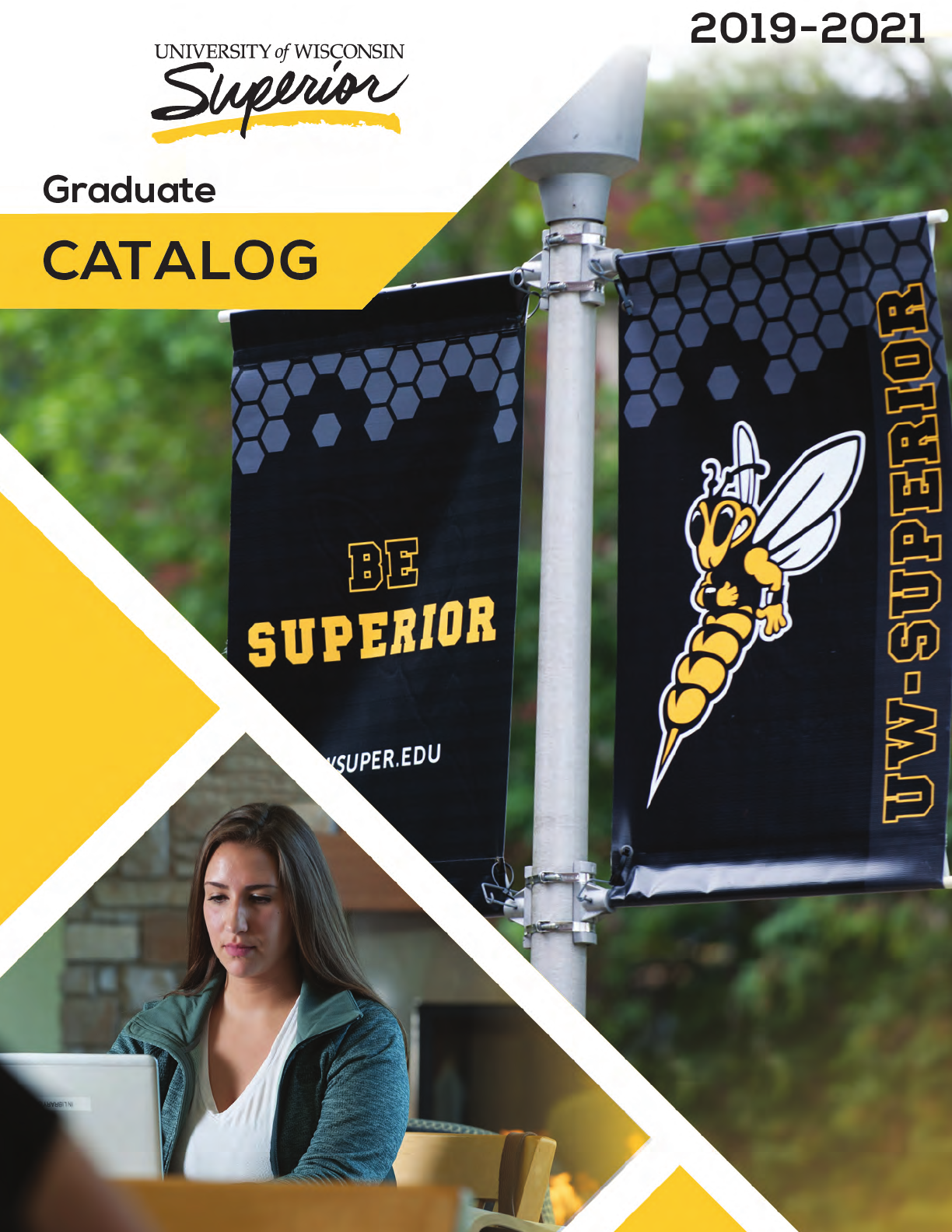
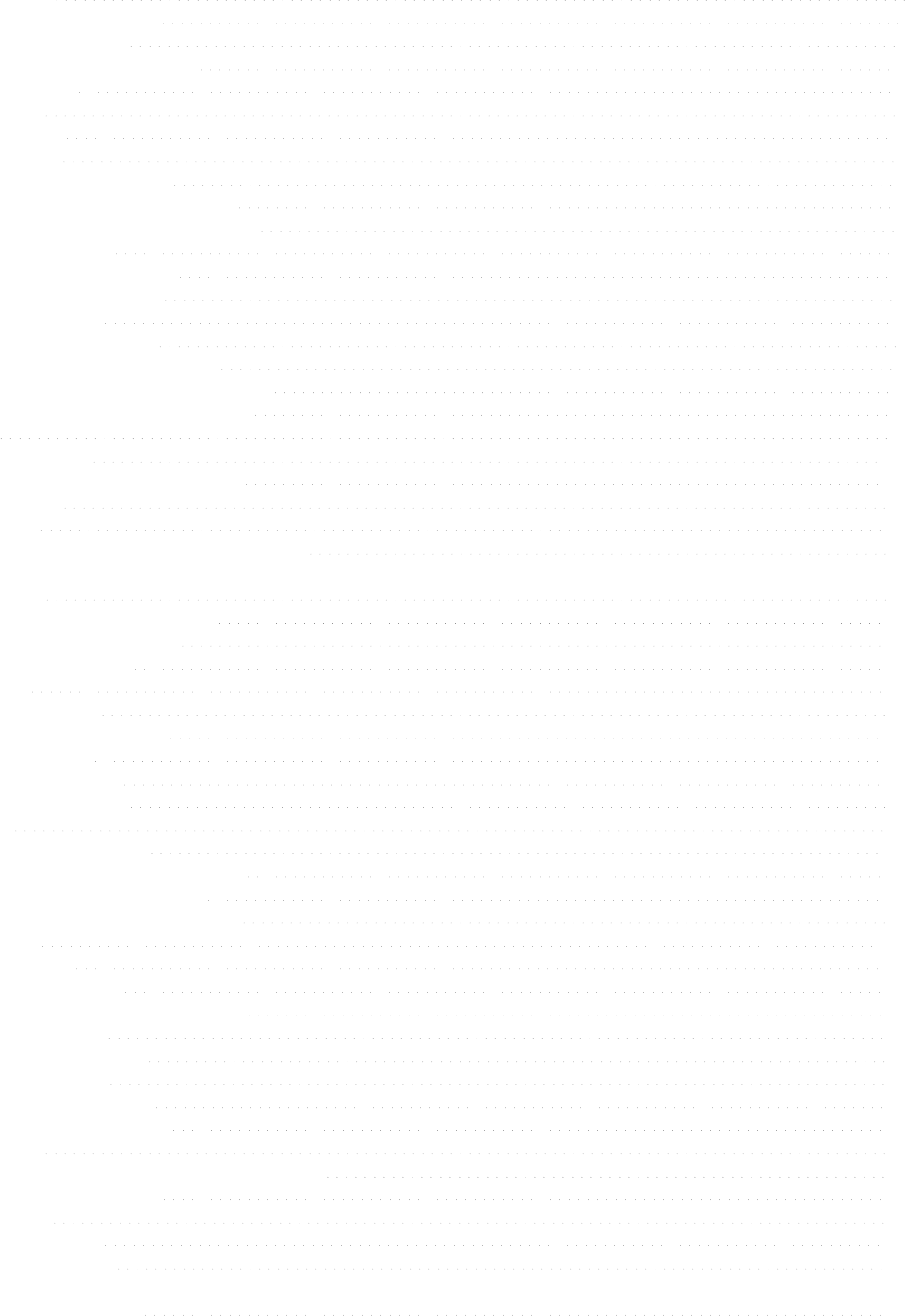
Graduate Studies 3
Graduate Course Descriptions 8
List of Graduate Programs 42
Academic Policies and Procedures 43
Academic Programs 47
. . . . Counseling 48
. . . . Cybersecurity 51
. . . . Data Science 53
. . . . Educational Administration 55
. . . . Health and Wellness Management 60
. . . . Information Technology Management 62
. . . . Instruction Program 64
. . . . Special Education Program 66
. . . . Sustainable Management 69
Academic Departments 71
. . . . Department of Education 72
. . . . Health and Human Performance 86
. . . . Human Behavior, Justice and Diversity 90
. . . . Mathematics and Computer Science 92
. . . . Music 98
. . . . Natural Sciences 100
. . . . School of Business and Economics 102
. . . . Social Inquiry 109
. . . . Visual Arts 110
. . . . World Languages, Literatures and Cultures 114
. . . . Writing and Library Science 115
Academic Areas 118
. . . . Center for Continuing Education 119
. . . . First Year Seminar Courses 122
. . . . High Impact Practices 123
. . . . Research 125
. . . . University Studies 130
Athletics, Security, Technology 134
. . . . Campus Security 135
. . . . Technology Services 136
. . . . Yellowjacket Athletics 138
Campus Life 141
. . . . Dean of Students Office 142
. . . . Department of Student Involvement 143
. . . . Equity, Diversity, and Inclusion 145
. . . . New Student and Family Programs 147
. . . . Recreation 148
. . . . Residence Life 150
. . . . Student Government 152
. . . . Well-Being, Health, and Counseling 153
. . . . Yellowjacket Union 154
Faculty, Staff, Administration 156
. . . . Alumni Association 157
. . . . Emeriti Faculty and Staff 158
. . . . Faculty and Staff Directory 160
. . . . Foundation 161
. . . . UW System and UW-Superior Administrators 162
General University Information 165
. . . . Assessment 166
. . . . Education Options 167
. . . . Force of Publication 168
. . . . Graduate Studies Disclaimer 169
. . . . History of UW-Superior 170
The Board of Regents of the University of Wisconsin System | 1 of 228

. . . . Introduction 171
Governance, Accreditation and Approved Programs, Laws 172
. . . . Accreditations 173
. . . . Laws 174
. . . . UW System 176
Student Services 177
. . . . Admissions 178
. . . . Career Services 182
. . . . Cashier (Bursar) 184
. . . . Center for Academic Advising 189
. . . . Educational Success Center 193
. . . . Financial Aid 196
. . . . Office of International Programs 199
. . . . Online Learning 201
. . . . Registrar 204
. . . . Writing Center 227
Addendum 228
The Board of Regents of the University of Wisconsin System | 2 of 228

Graduate Studies
Mission Statement
Graduate Degrees Offered
Certification in Professional Education
Faculty and Governance
Admission Requirements
Graduate Program Plan of Study
Student Responsibility
Graduation Requirements
Academic Progress
Financial Aid Opportunities
Graduate Studies Contact Information
Mission Statement
Grounded in professional excellence, University of Wisconsin-Superior Graduate Programs foster scholarly reflection and growth within a liberal arts tradition.
Graduate Degrees Offered
See Graduate Studies Degrees.
Certification in Professional Education
Individuals seeking UW-Superior approval for certification in professional education through the graduate programs must apply for admission and must also
submit a copy of their current professional educator license.
There are no conditional admissions to graduate education licensure programs.
Admission to a professional educator certification program, either as part of a degree program or separately from a degree program, may be denied or withdrawn
if there is evidence that the applicant does not meet the standards, as defined by Chapter PI 34 of the Wisconsin Administrative Code for the Department of
Public Instruction regarding conduct which may endanger the health, welfare, safety or education of any pupil.
Certification for educational licensure is subject to change based on licensing requirements of the Wisconsin Department of Public Instruction. The online
catalog maintains the most up-to-date certification requirements.
Faculty and Governance
Graduate Faculty
The Graduate Faculty is the community of scholars responsible for creating the academic climate for graduate study by teaching graduate courses, stimulating
and conducting research, and advising individual graduate students. The Graduate Faculty serves as the legislative body for the graduate programs, acting
within the limits of policies of the State of Wisconsin and the University of Wisconsin System Board of Regents. Members of the Graduate Faculty are identified
in the faculty and staff section of this catalog.
Graduate Council
The Graduate Council is a council of the UW-Superior Faculty Senate. The Graduate Council is the policy-making body for graduate studies and acts for the
Graduate Faculty in the operation of the graduate programs. The Graduate Council is responsible to the Graduate Faculty, and includes as members one
representative with full graduate faculty status from each graduate degree program, a secretary elected from and by the Graduate Faculty, and the Dean of
Graduate Studies.
Admission Requirements
Submit a completed application online. Applications may be found at www.uwsuper.edu/admissions or https://apply.wisconsin.edu.1.
Request official transcripts of all previous undergraduate and graduate work be sent to the Graduate Studies Office directly from all institutions2.
Official 2019-21 Graduate UW-Superior Catalog: Graduate Studies: Graduate Studies
The Board of Regents of the University of Wisconsin System | 3 of 228
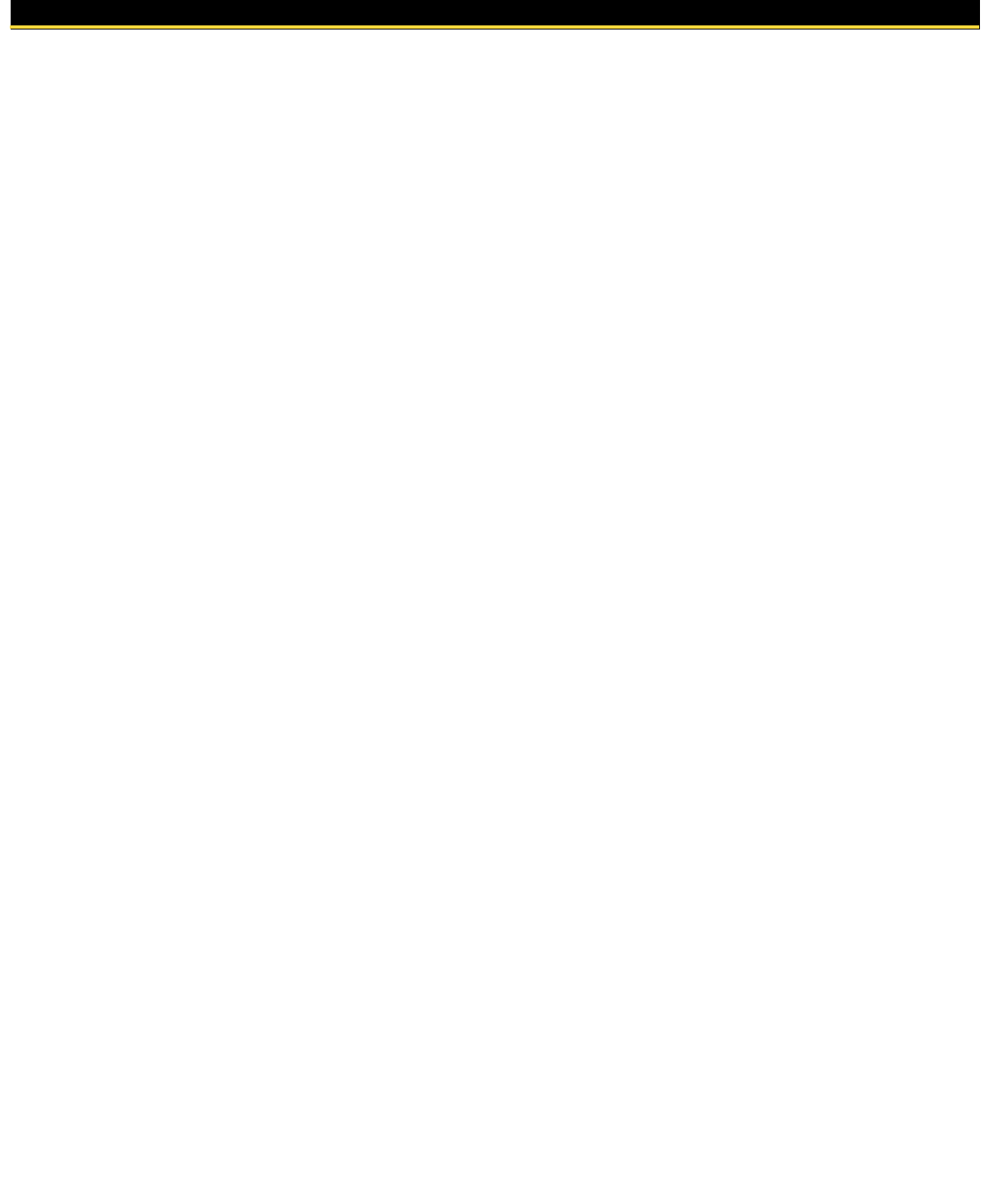
previously attended.
Remit a nonrefundable application fee to the University of Wisconsin-Superior.3.
Submit other application materials required by specific programs as identified in the following individual program descriptions.4.
All application forms and transcripts should be submitted in advance of registration to ensure time for processing. Recommended dates for submission of
application materials are April 1 for summer or fall terms and October 15 for the spring term. Students will be admitted under the policies of the current General
Catalog. Any student who applies and is admitted but does not attend the university within a one-year period must reapply for admission and must comply with
the admission requirements of the then-current university catalog.
Decisions relating to admission are governed by university policy and administered by the Dean of Graduate Studies. Admission to a specific graduate program
rests with the faculty advisors and departments.
Unconditional Admission
A student admitted unconditionally to a graduate degree program must meet both the requirements of the individual graduate program and the following
Graduate Studies requirements:
The applicant holds a baccalaureate degree from an accredited college or university.1.
An undergraduate grade point average of at least 2.75/4.00 or a 2.90/4.00 grade point average in the last half of the undergraduate program.
Undergraduate and graduate work from all colleges attended will be considered.
2.
An undergraduate major or equivalent evidence of suitable background for entering the chosen program.3.
Evidence of proficiency in written and oral English language skills.4.
Other application material required by individual programs.5.
Conditional Admission
An applicant desiring to pursue a degree but not meeting one or more of the requirements for unconditional admission may be granted conditional admission if all
of the following are met:
The applicant holds a baccalaureate degree from an accredited college or university.1.
The applicant has a grade point average greater than 2.50/4.00. Undergraduate and graduate coursework from all colleges will be considered.2.
The graduate program to which application has been made has approved the conditional admission. Additional probationary components may be
required by individual graduate programs. There are no conditional admissions to graduate education licensure programs.
3.
Conditionally admitted graduate students may be admitted unconditionally when the student, with faculty advisor approval, petitions the Graduate
Council with substantial evidence that the student has the potential for doing satisfactory graduate work. Such evidence may include:
4.
A grade point average of 3.00/4.00 or better average in the first nine semester hours of graduate work selected by the faculty advisor (work may count
toward degree).
5.
Other evidence as deemed important by the faculty advisor.6.
Any student, who has not become eligible for unconditional admission by the time nine semester hours of work have been completed, will be denied enrollment
in graduate studies.
Special Graduate Status
Students enrolling with Special Graduate Status are students who do not wish to formally pursue a degree or certification from the University of
Wisconsin-Superior. This status is reserved for people who want to enroll in graduate courses for other reasons, for example, to earn continuing education,
professional development plan (PDP) credits, etc.
A potential Special Graduate Status student may be allowed to enroll in graduate courses under this status if:
The applicant holds a baccalaureate degree from an accredited college or university as evidenced by an official transcript.1.
The applicant does not wish to pursue a degree or certification program at this university at this time.2.
Although the applicant will submit an online application (https://apply.wisconsin.edu), applicants for Special Graduate Status are not required to pay an
application fee.
3.
Students enrolled as Special Graduate Students are not eligible for financial assistance.4.
If the student with Special Graduate Status decides to pursue a degree or a certification from the UW-Superior, a maximum of nine semester credits taken as a
special student may be applied to that degree or certification program. The student will need to fulfill the admission requirements for the particular degree or
certification program, pay the application fee, and understand that all other graduate admission conditions apply.
International Student Admission
Qualified international students are welcome to enroll in graduate degree programs at UW-Superior. NOTE: International students who intend to enroll in a
UW-Superior graduate program in F-1 student status are eligible to apply for the Guidance and Counseling graduate programs only. To be admitted, the
following information must be submitted to the Graduate Studies Office:
A completed online Graduate Studies Application for Admission form, found at https://apply.wisconsin.edu.1.
A non-refundable application fee.2.
Official copies (with literal English translation) of academic credentials (grade reports, transcripts or mark sheets) from secondary school (high school)
and any postsecondary (college, university, institute) coursework.
3.
A statement or certificate indicating English language proficiency. A score of 550 (paper-based), 213 (computer-based), 79 (internet-based) on the Test
of English as a Foreign Language (TOEFL) is recommended. Specific departments may require higher scores and may also require the Test of Spoken
English (TSE). If a department has different expectations, the desired level of proficiency will be noted in the graduate program descriptions of that
department. Any deviation from these standards must be approved in advance by the appropriate program coordinator and the Dean of Graduate
Studies. Students who have not met the English proficiency requirement may apply for conditional admission.
4.
Documentation of sufficient financial support to live and study full time at UW-Superior. Financial verification is required before the university will issue
the U. S. government form, Form I-20, necessary to obtain an F-1 student visa or to transfer from another U. S. institution.
5.
International graduate students may be awarded a partial nonresident tuition waiver. Information regarding nonresident tuition waivers is available at
https://www.uwsuper.edu/admissions/cost/ntw.cfm.
Official 2019-21 Graduate UW-Superior Catalog: Graduate Studies: Graduate Studies
The Board of Regents of the University of Wisconsin System | 4 of 228
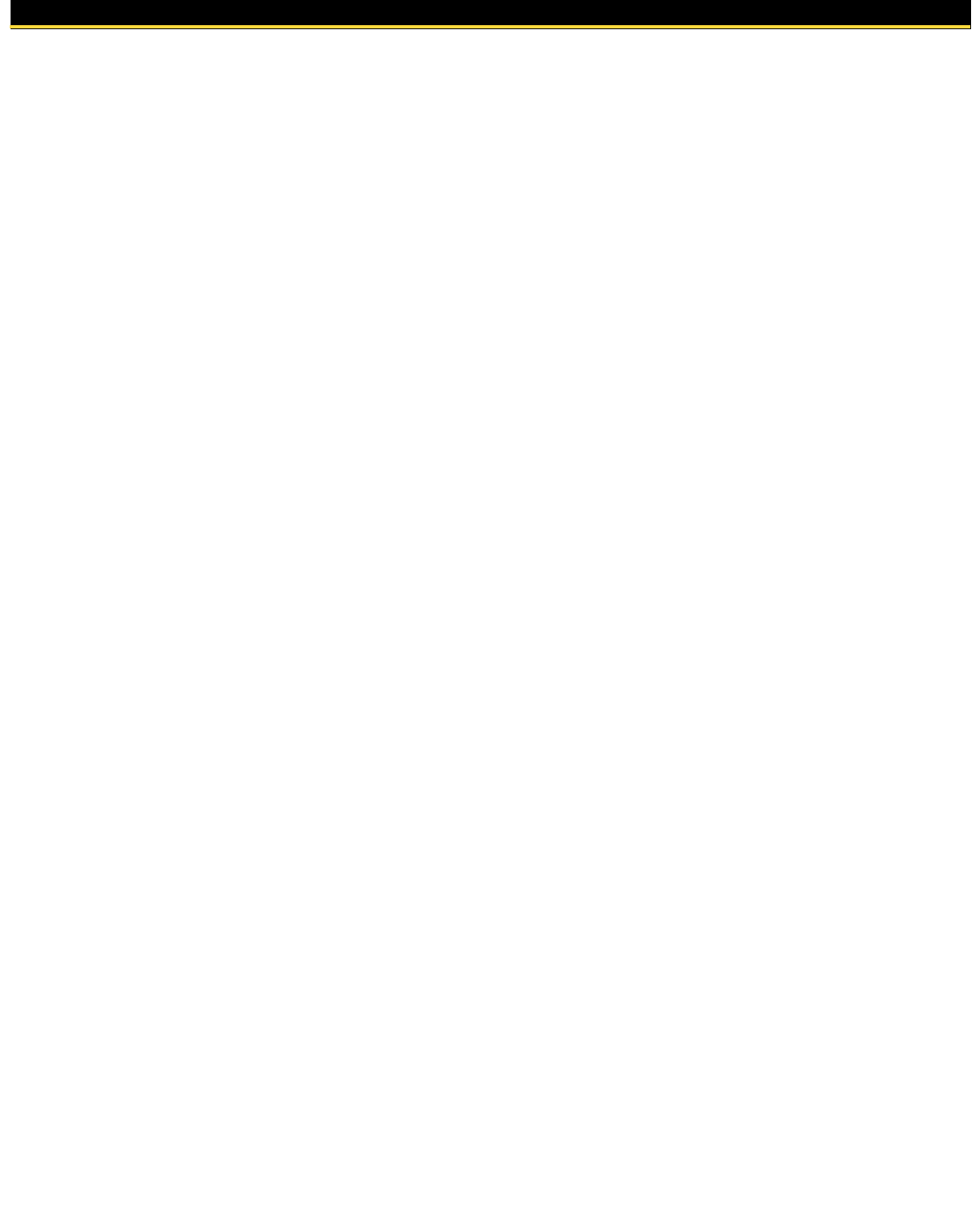
Conditional Admission of International Students
International graduate studies applicants, who satisfy all admission requirements except the English proficiency requirement, may be considered for conditional
admission. Conditionally admitted students will be eligible to enroll in a graduate program unconditionally after they have met the English proficiency requirement
for UW-Superior graduate students through achieving one of the following.
Minimum TOEFL iBT score: 791.
Minimum TOEFL PBT score: 5502.
Minimum IELTS score: 6.53.
Successful completion of the English as a Second Language International (ESLI) advanced level with a recommendation of the ESLI director.4.
Earning a score of 550 TOEFL and 3+ on the Test of Written English at the Global Language Institute (GLI).5.
Successful completion of Wisconsin English as a Second Language Institute (WESLI) 700 level, with score of 76 on the Michigan Test of English
Language Proficiency.
6.
Successful completion of Level 112 at an ELS Language Center.7.
Successful completion of the Madison English as a Second Language School (MESLS) advanced level.8.
Students may submit information from one of the language institutes noted above at the time of their admission to Graduate Studies. Students, who satisfy the
requirement at one of the language institutes indicated above, may also be required to take the UW-Superior English as a Second Language (ESL) placement
test prior to their first semester enrolled at UW-Superior and may be required to take an appropriate combination of ESL and graduate classes during their first
semester at UW-Superior. There are no conditional admissions to graduate education licensure programs.
Graduate Program Plan of Study
Assignment of a graduate advisor is made by the program coordinator of the program to which the graduate student is admitted at the time of admission. The
graduate faculty advisor will work with the student to design a Plan of Study and may supervise the thesis, project, or writing requirement. The student's Plan of
Study must be filed in the Graduate Studies by the end of the second semester of attendance. A minimum number of graduate credits is required for graduation
from a given program. Depending upon the program, this can range from 30 to 60 credits is required for the master's degree. At least half the required minimum
number of credits should be taken in courses which are open to graduate students only (numbered 700-899).
Student Responsibility
It is the responsibility of students to be informed and to follow all university and graduate policies, degree program requirements and any specific requirements
of their major program.
Academic Integrity
Graduate students are expected to maintain academic integrity in meeting the requirements for a graduate degree. Evidence of academic misconduct may result
in certain sanctions, such as failure in a course or dismissal from Graduate Studies. Chapter 14 UW-Superior Student Academic Disciplinary Procedures of the
Wisconsin Administrative Code for the University of Wisconsin System outlines the procedures for identifying academic misconduct and the appropriate
sanctions. Chapter 17 UW-Superior Student Nonacademic Disciplinary Procedures of the Wisconsin Administrative Code for the University of Wisconsin System
outlines the procedures for identifying nonacademic misconduct and the appropriate sanctions. Graduate students are expected to abide by the Code of Ethics
specific to their chosen field of study.
Student Identification
After registration and payment of fees, students should obtain a student identification card at the Yellowjacket Union. Several benefits are available to those
who hold a current ID card, including but not limited to: use of materials from and facilities of the Jim Dan Hill Library, use of networked computer labs, use of the
Marcovich Wellness Center, and discounts at many university-sponsored events.
Graduation Requirements
Completion of catalog requirements in effect upon the student's term of entry and successful completion of the student's Program Plan of Study on file in the
Graduate Studies Office define the graduation requirements for the degree sought. Application for the graduate degree must be made online at the beginning of
the final term of attendance. Payment of a graduation fee is required.
To graduate at the end of a specific term, all requirements and course work must be completed within four weeks before the final day of the student's last term
of attendance. Students who have applied previously, but do not graduate must reapply for graduation.
Academic Progress
Academic Standing for Graduate Students (AP1112 G)
Official 2019-21 Graduate UW-Superior Catalog: Graduate Studies: Graduate Studies
The Board of Regents of the University of Wisconsin System | 5 of 228
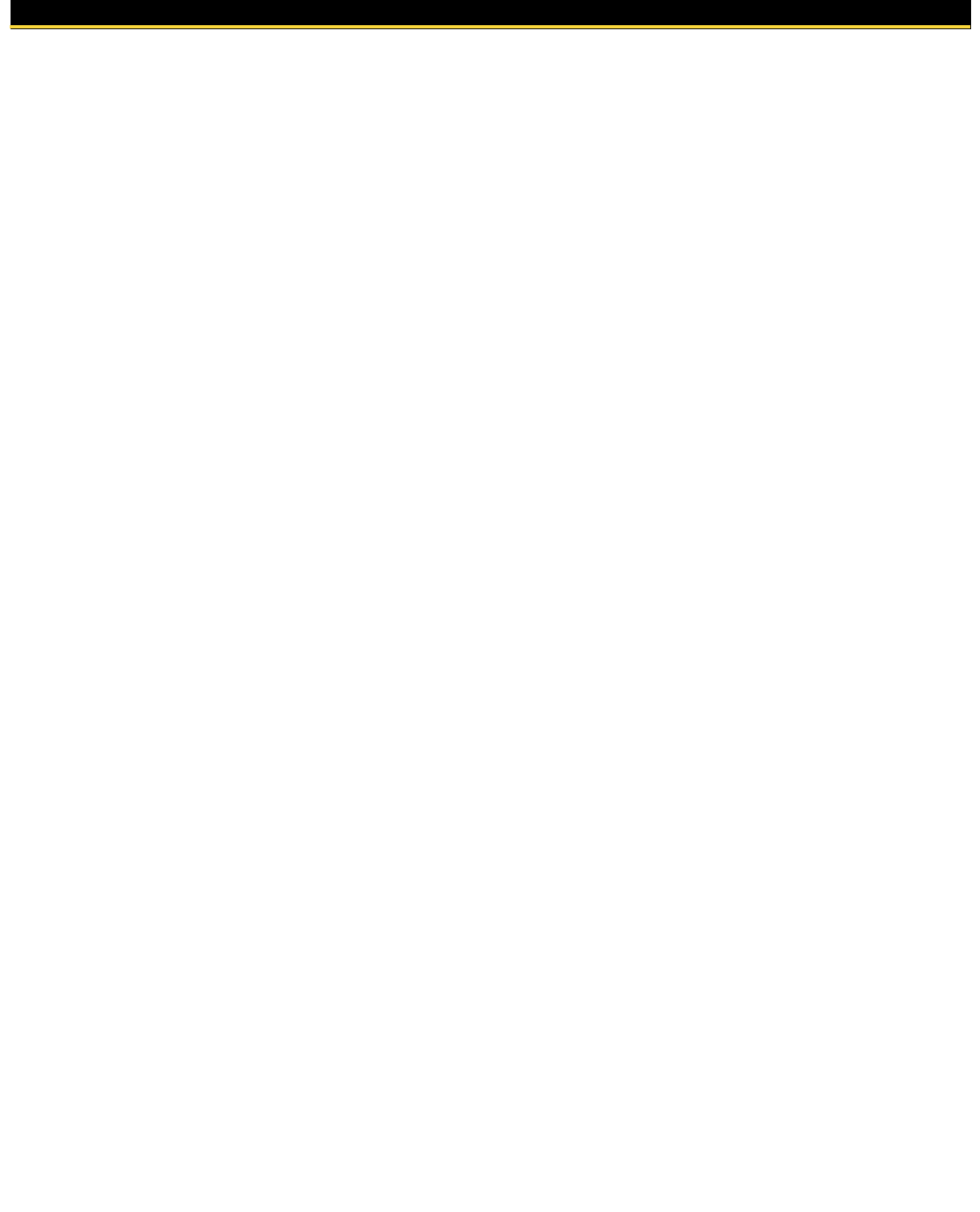
Students should choose the academic pace that best meets their personal goals; however, successful movement toward goals, combined with at least
adequate acquisition of academic competence, is a responsibility of the student. The following standards have been defined for graduate students, including
those seeking certification and graduate Special students. The policies and regulations listed below define the minimum academic standards of the University. A
separate set of standards exist for financial aid.
Good Academic Standing
The Associate Dean of Graduate Studies shall notify the faculty advisor of any student who has failed to achieve a d.00/4.00 grade point average by the time the
student has attempted 20 semester hours of graduate work.
Graduate students who receive a stipend, salary, or nonresident tuition waiver from the university, based upon their status as a graduate student, must maintain
good academic standing each term of their award or appointment. Good academic standing is defined as a minimum cumulative grade point average (GPA) of
3.0/4.0. Students whose GPA drops below 3.0 will be placed on probation and are restricted to taking 3 credits while on probation. Transfer students accepted
with less than a 3.0 cumulative GPA may be admitted on academic probation. Suspended students reinstated by the Graduate Council will be readmitted on
academic probation. Students previously on probation will be suspended if their subsequent semester GPA is less than 3.0, or their cumulative GPA is below
3.0. Suspended students are required to sit-out at least one term prior to submitting a petition for reinstatement to the Graduate Council.
Academic Probation
Graduate students are placed on academic probation whenever their cumulative GPA drops below 3.0, or their semester GPA is less than 3.0, regardless of the
cumulative GPA.
Graduate students on academic probation are restricted to a maximum of 6 credits while on probation.
Graduate students on probation must earn a 3.0 semester grade point average the following semester to continue enrollment. Graduate students remain on
probation until their cumulative GPA improves to at least 3.0.
If a graduate student's semester GPA increases to 3.0 or higher and their cumulative GPA increases to a minimum of 3.0, the graduate student will be moved to
good standing status. Once the cumulative GPA is 3.0 or above, a graduate student is no longer on probation. If a graduate student fails to earn a 3.0 semester
grade point average while on probation, the graduate student will be suspended.
At the end of each term, academic standing is reviewed. Whenever a graduate student's semester or cumulative GPA drops below 3.0, the graduate student and
his/her advisor is notified via email to the graduate student's UW-Superior email account.
Graduate transfer students accepted with less than a 3.0 cumulative GPA from all previously attended institutions may be admitted on academic probation.
Suspended students reinstated by the Graduate Council will be readmitted on academic probation.
Academic Suspension
Graduate students on probation will be suspended if their subsequent semester GPA is less than 3.0.
Suspended graduate students are required to sit-out at least one term prior to submitting a petition for reinstatement to the Graduate Council. However, if the
graduate student can provide other sufficient evidence that extenuating circumstances led to their suspension status, s/he may submit a petition for
reinstatement without having sat out a term.
Reinstatement
Graduate students suspended more than two times must sit-out at least three years before petitioning for reinstatement. Petitions for reinstatement should be
submitted to the Graduate Studies Office at least three weeks before the beginning of the term in which the graduate student wishes to re-enter. If a graduate
student's written Petition for Reinstatement is denied, the student has the right to a personal appeal with the Graduate Council. Graduate students should be
aware that a personal appeal must be supported by information and/or documentation in addition to what was provided on the original written petition.
Financial Aid Opportunities
To receive financial aid, a student must complete the Free Application for Federal Student Aid, commonly called FAFSA, at www.fafsa.ed.gov. Students
must apply each year.
To be eligible for most financial aid, students must be enrolled as a degree-seeking at least half time. Enrollment definitions for financial aid depend on
program and may be found at https://www.uwsuper.edu/finaid/policies/enrollment-status-definitions-for-financial-aid.cfm. They also must maintain satisfactory
academic progress (policy may be found at https://www.uwsuper.edu/finaid/policies/satisfactory-academic-progress.cfm) and comply with Selective Service
registration, among other requirements.
Advanced Opportunity Program
The Advanced Opportunity Program (AOP) of UW-Superior makes funds available for eligible graduate students who are disadvantaged or belong to American
ethnic minorities (limited by UW System Guidelines to Native American, African American, Hispanic/Latino, and Southeast Asian students). Applications are
available in the Financial Aid Office (www.uwsuper.edu/finaid) and the student must file a FAFSA for consideration. Funds are limited.
Minnesota-Wisconsin Reciprocity
Official 2019-21 Graduate UW-Superior Catalog: Graduate Studies: Graduate Studies
The Board of Regents of the University of Wisconsin System | 6 of 228
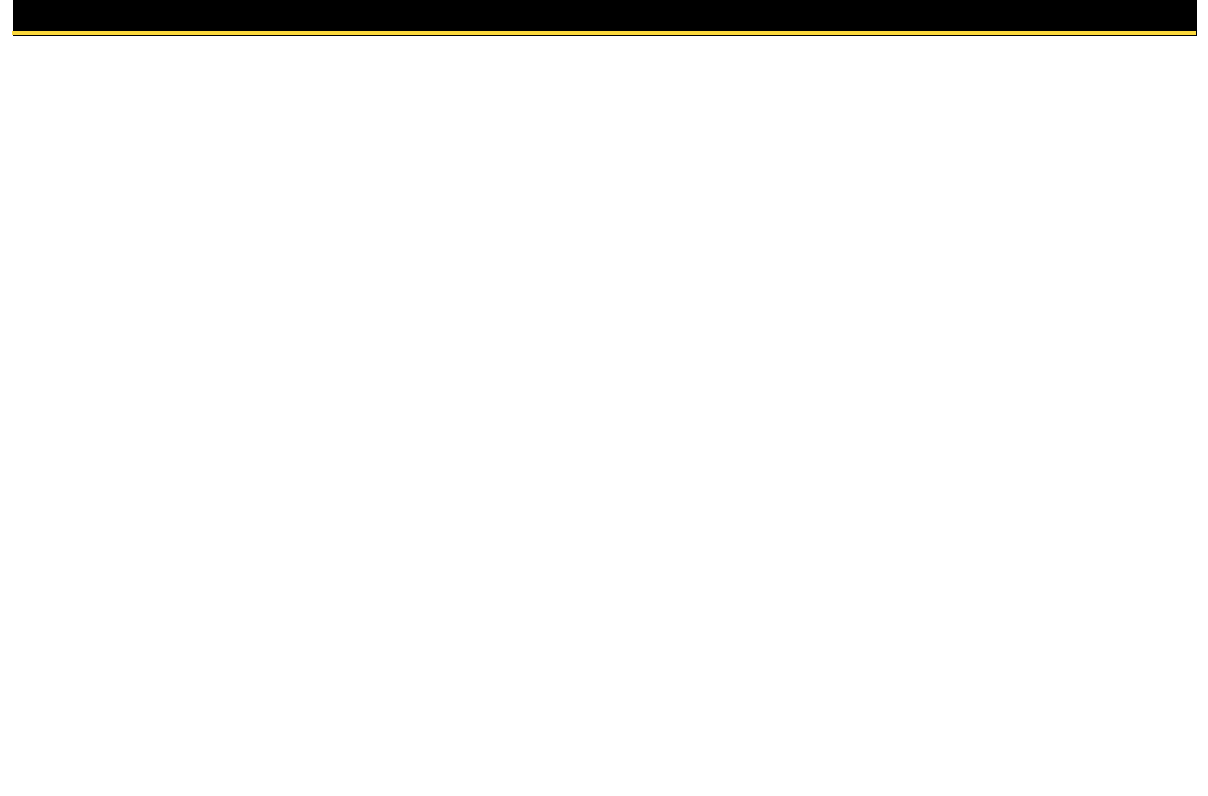
Minnesota and Wisconsin employ reciprocity for tuition purposes. Minnesota students may pay Minnesota resident fees at UW-Superior provided they are
granted Reciprocity Fee Status by the Minnesota Office of Higher Education. Apply online at http://www.ohe.state.mn.us/.
Non-Resident Tuition Waiver Program
The Non-Resident Tuition Waiver (NTW) allows UW-Superior to waive a portion of the out-of-state tuition that nonresident students are charged. Graduate
students applying for admission may also apply for a NTW award. Information is available at https://www.uwsuper.edu/admissions/cost/ntw.cfm.
Beecroft Graduate Travel Grant
The Beecroft Graduate Travel Grant provides a grant of $1,000 for travel to the New England states, the province of Quebec, or countries outside the United
States and Canada to graduate students whose graduate work would be aided or enhanced by travel. Applications are available in the Graduate Studies Office
or online at www.uwsuper.edu/graduate.
Graduate Tuition/Refund of Tuition and Fees
UW System policy specifies that graduate students who take undergraduate courses as part of their graduate program will be charged at the graduate tuition
level for all courses. Students will receive refunds for courses dropped from their schedule according to the tuition and fee refund schedule published at
www.uwsuper.edu/bursar. The day of record for the drop is the day written notification is received by the Registrar's Office.
Graduate Studies Contact Information
Graduate Studies
University of Wisconsin - Superior
Swenson Hall 3065
Belknap and Catlin Ave.
P.O. Box 2000
Superior, WI 54880
Phone: 715-394-8295
Email:
Official 2019-21 Graduate UW-Superior Catalog: Graduate Studies: Graduate Studies
The Board of Regents of the University of Wisconsin System | 7 of 228
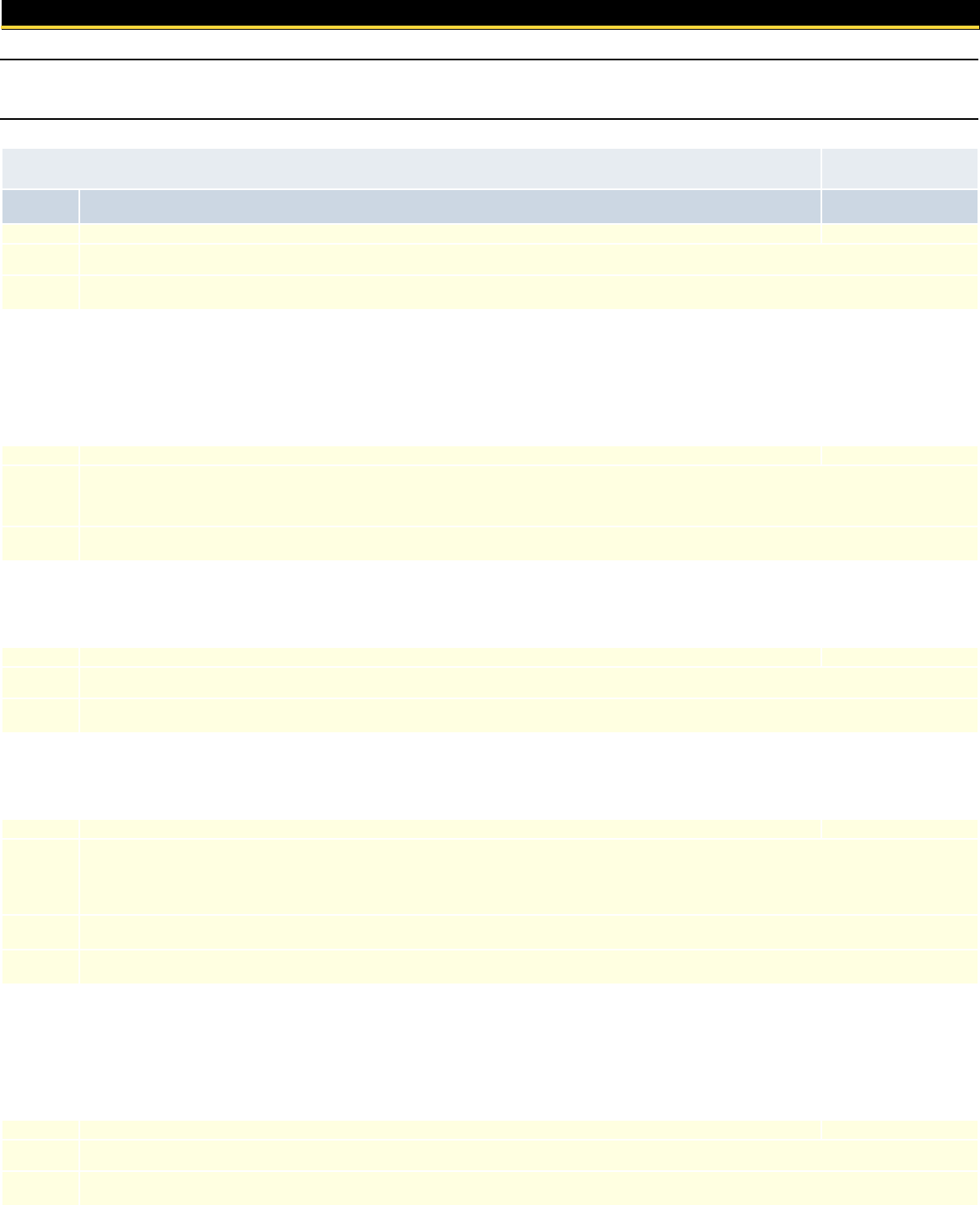
Graduate Course Descriptions
ART - Art
Catalog
Nbr.
Course Title/Course Topics Credits
ART 698 Practicum 1.00 - 7.00
Supervised experience providing practical application in specific disciplines. Integration of the competencies of the individualized focus in contract form.
Typically Offered:
Fall and Spring Terms
ART 702 Art Therapy Seminar 3.00
Investigation into topics of diagnosis and treatment in mental health. This course explores major categories of mental illness using the DSM, and the
therapeutic methods that may be used for various disorders. Current research will be discussed.
Prerequisites:
Prerequisite: Art Therapy Graduate or instructor consent.
Typically Offered:
Fall Term Every Other Year
ART 704 Issues in Visual Arts 3.00
Advanced study of theoretical frameworks, concepts, contents, and contexts of visual arts. Topic will vary from the spirituality and the sacred in art,
psychology and philosophy of art, primitivism in contemporary/modern art, cultural politics in art, feminism in art, science and technology in art, among
others.
Typically Offered:
Fall Term Only
ART 705 Graduate Drawing 3.00
Advanced studies in drawing. Individual development emphasized.
Typically Offered:
Fall and Spring Terms
ART 710 Graduate Painting 3.00
Advanced studies in painting.
Typically Offered:
Fall and Spring Terms
ART 711 Graduate Collage 3.00
Advanced studies exploring the theory and practice of mixed media approaches to drawing and painting.
Typically Offered:
Spring Term Only
ART 713 Ethical Considerations in Art Therapy 3.00
This course provides an overview to the ethics and professional values that correspond to the practice of art therapy. Practical applications pertaining to
matters of diversity, social justice and the use of technology will be addressed. This course also focuses on the awareness of one's own cultural history
and the role that background plays in personal perceptions and world views. Through readings, examination of case studies, digital media and
experiential approaches, students will gain an understanding of the legal and ethical issues involved in the practice of art therapy.
Prerequisites:
Prerequisite for taking this course is Art Therapy Graduate or consent of instructor.
Typically Offered:
Spring Term Only
ART 719 Multi-Modal Art Therapy 3.00
An exploration of Multi-Modal healing techniques and their application in Art Therapy, Drama, Music, Poetry, and Play Therapy will be studied
scholastically and experientially. Professionals in the field as well as varied techniques will be introduced.
Prerequisites:
Prerequisite: Art Therapy Graduate or instructor consent.
Typically Offered:
Spring Term Every Other Year
ART 720 Studies in American Art 3.00
American art of the Colonial, 19th or 20th Century period including sculpture, architecture and painting.
Typically Offered:
Occasional by Demand
ART 721 Mediterranean 3.00
Official 2019-21 Graduate UW-Superior Catalog: Course Descriptions: Graduate Course Descriptions
The Board of Regents of the University of Wisconsin System | 8 of 228
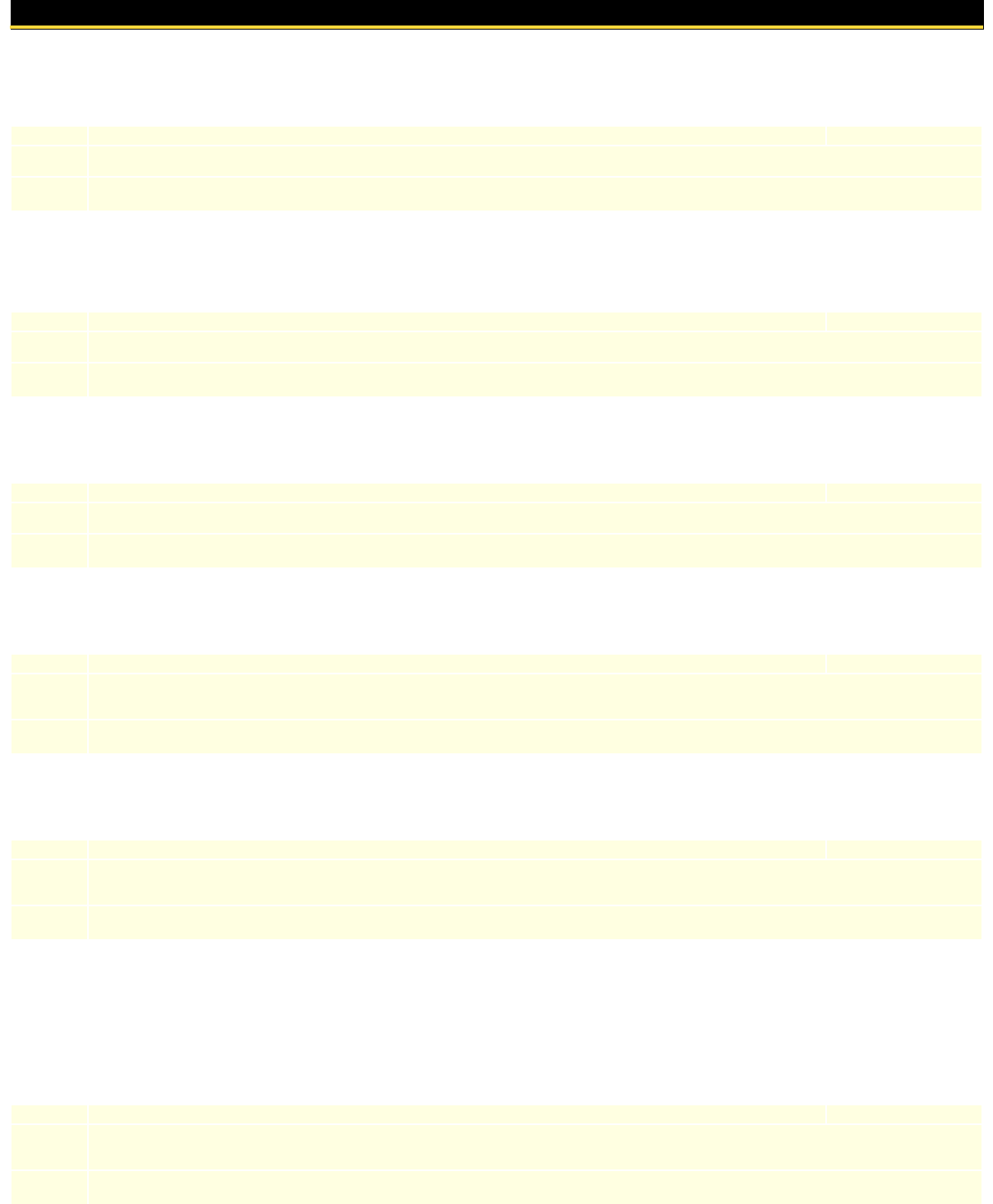
Architecture, sculpture, craft, and painting of the Mediterranean and Near East cultures to include any one or combination of Mesopotamia, Egypt,
Greece, Rome or early Christian/Byzantine.
Typically Offered:
Occasional by Demand
ART 723 Medieval Art 3.00
a) Early Christian and Byzantine; b) Medieval; c) Romanesque; d) Gothic: A detailed investigation of the art of the Middle Ages.
Typically Offered:
Occasional by Demand
ART 724 Visual Arts in Non-Western Societies 3.00
Study of visual arts in non-western societies including North American Indian/Native American; Mesoamerican; Oceania/Pacific Islands, Asian, and
African cultures.
Typically Offered:
Spring Term Only
ART 727 Modern Art 3.00
Nineteenth Century, 20th Century, Contemporary or Post-Modern Art and architecture and the forces which influenced the period. Research required.
Typically Offered:
Spring Term Only
ART 729 Women in Art 3.00
Women's expression in painting and sculpture, primarily of the 19th and 20th Centuries.
Typically Offered:
Occasional by Demand
ART 730 Readings In Art History 3.00
Guided individual research on an approved topic.
Typically Offered:
Fall and Spring Terms
ART 732 African and African Diaspora Art History 3.00
A survey of art created by people of African descent. Also discussed are some influences of Islam, Western Europe, and the Caribbean regions.
Typically Offered:
Fall Term Only
ART 735 Research In Art Therapy 3.00
An introduction to research methods used in art therapy with an emphasis on qualitative research design. Students will work on the formulation of
research questions and develop a thesis proposal.
Typically Offered:
Fall and Spring Terms
ART 740 Graduate Printmaking 3.00
Advanced studies in printmaking.
Typically Offered:
Fall and Spring Terms
ART 741 Graduate Photography 2 3.00
Advanced studies in photography. Emphasizes concept and process resolution by defining a specific direction through a cohesive body of photographs.
Students have the option of working in film or digital.
Typically Offered:
Fall and Spring Terms
ART 745 Exploring Stigma: Verbal and Visual Narratives 3.00
Social stigma exists. It may be associated with perceptions toward mental illness, socioeconomic status, race, gender identity, body image, and
HIV/AIDS. Stories help humanize issues and are invaluable as educational and awareness-raising tools. Students will examine the existence of
stereotypes, prejudice, and discrimination, and discover through art therapy-based approaches, how narratives play a role in social justice and in
eliminating stigma.
Prerequisites:
Prerequisite: Art Therapy Graduate or instructor consent.
Typically Offered:
Spring Term Only
ART 750 Psychology of Art 3.00
Art as a fundamental human activity on an individual and societal level. Studies theories of creativity and issues of cultural and social diversity as
applicable to art therapy.
Prerequisites:
Prerequisite: Art Therapy Graduate or instructor consent.
Official 2019-21 Graduate UW-Superior Catalog: Course Descriptions: Graduate Course Descriptions
The Board of Regents of the University of Wisconsin System | 9 of 228
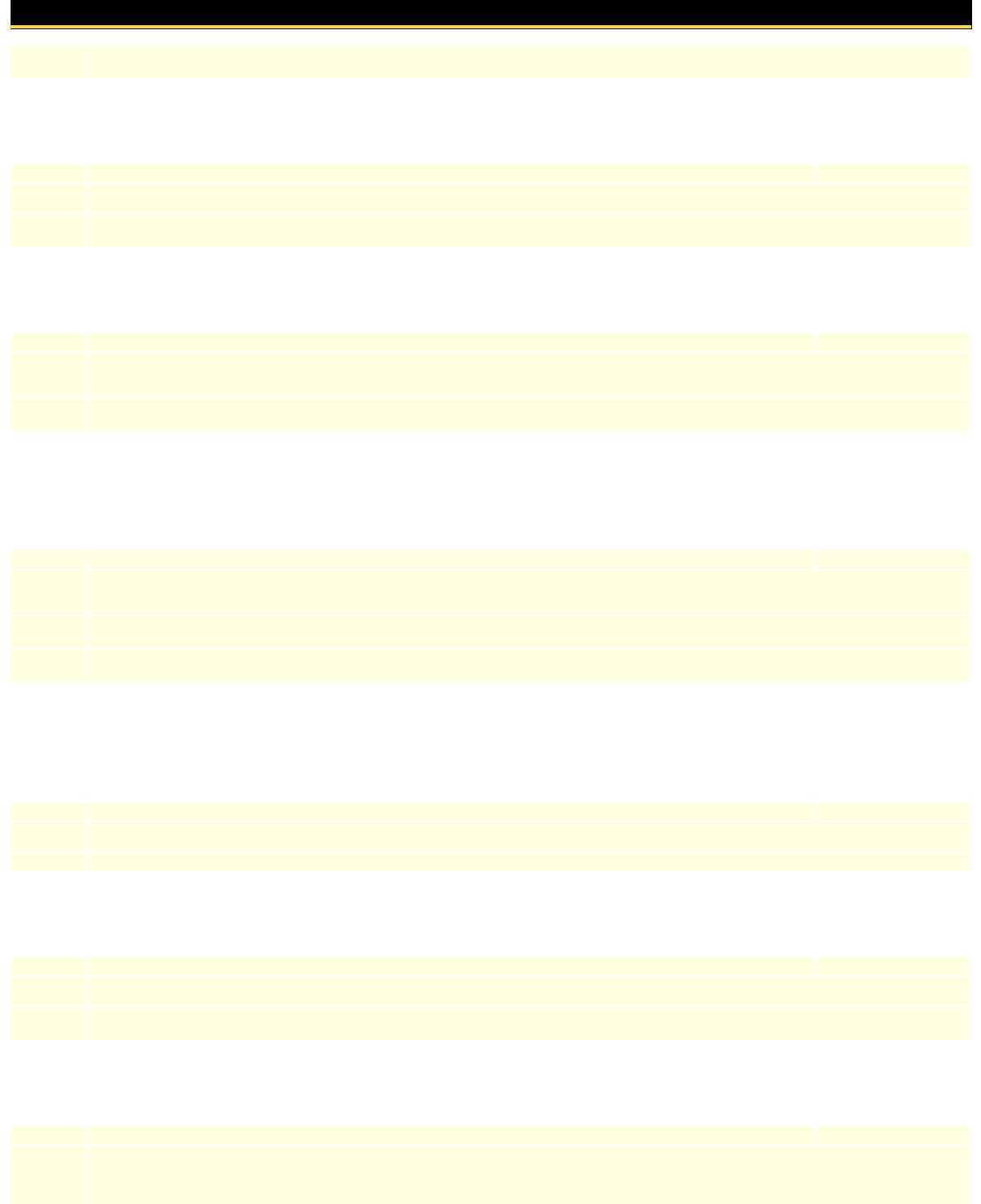
Typically Offered:
Spring Term Every Other Year
ART 760 Graduate Sculpture 3.00
Advanced studies in sculpture.
Typically Offered:
Fall Term Only
ART 770 Graduate Ceramics 3.00
Individualized studio problems in ceramics. Work at this level is expected to be specialized and without major technical problems.
Typically Offered:
Fall and Spring Terms
ART 775 Graduate Metalwork 3.00
Advanced in nonferrous metalwork.
Typically Offered:
Spring Term Only
ART 779 Graduate Fibers 3.00
Topic: Loom Weaving - Individually designed series of experiences using the loom in interlocking fibers. Problems planned in consultation with instructor.
Topic: Off-Loom Fibers - Advanced problems in primary structures should include research of primitive expression, materials and techniques.
Typically Offered:
Fall and Spring Terms
ART 783 Art Therapy Fundamentals 3.00
Survey of the origins, history, and theoretical objectives and trends in art therapy. Ethical, legal issues and standards of good practice will be covered.
Prerequisites:
Prerequisite: Art Therapy Graduate or instructor consent.
Typically Offered:
Fall Term Only
ART 784 Development of Creative Functioning 3.00
The study of the creative individual; exploration of research related to creativity; techniques for promoting creative thinking and problem-solving in
educational, clinical and business environments.
Prerequisites:
Prerequisite: Art Therapy Graduate or instructor consent.
Typically Offered:
Fall Term Only
ART 785 Art Therapy Techniques 3.00
Theoretical approaches and techniques used in art therapy will be studied. Students will also learn to develop and apply art therapy assessments.
Prerequisites:
Prerequisite: Art Therapy Graduate or instructor consent.
Typically Offered:
Fall Term Only
ART 789 ART Elective 1.00 - 99.00
Transfer credits ONLY from another accredited institution not equivalent to a UW-Superior course.
Typically Offered:
ART 795 Independent Study 1.00 - 5.00
Graduate art students work independently under guidance of an instructor. Students submit a proposal of study during the first week of the course.
Typically Offered:
Fall and Spring Terms
ART 797 Art Field Study 1.00 - 3.00
By special arrangement and permission of the department, a student may enroll for the off-campus study of a problem in art. Documentation required.
Typically Offered:
Fall and Spring Terms
ART 798 Practicum 1.00 - 7.00
Supervised experience providing practical application in specific disciplines. Integration of the competencies of the individualized focus in contract form.
Typically Offered:
Fall and Spring Terms
ART 799 Graduate Terminal Project in Art Therapy 1.00 - 3.00
Students will complete a thesis project, which integrates their acquired theoretical knowledge, clinical internship experiences and applied critical
thinking. This is a self-directed course for students who have been approved to pursue a Master’s Terminal Project. Course provides a structured format
for completion of the Master’s Project under the advisement of an instructor.
Official 2019-21 Graduate UW-Superior Catalog: Course Descriptions: Graduate Course Descriptions
The Board of Regents of the University of Wisconsin System | 10 of 228
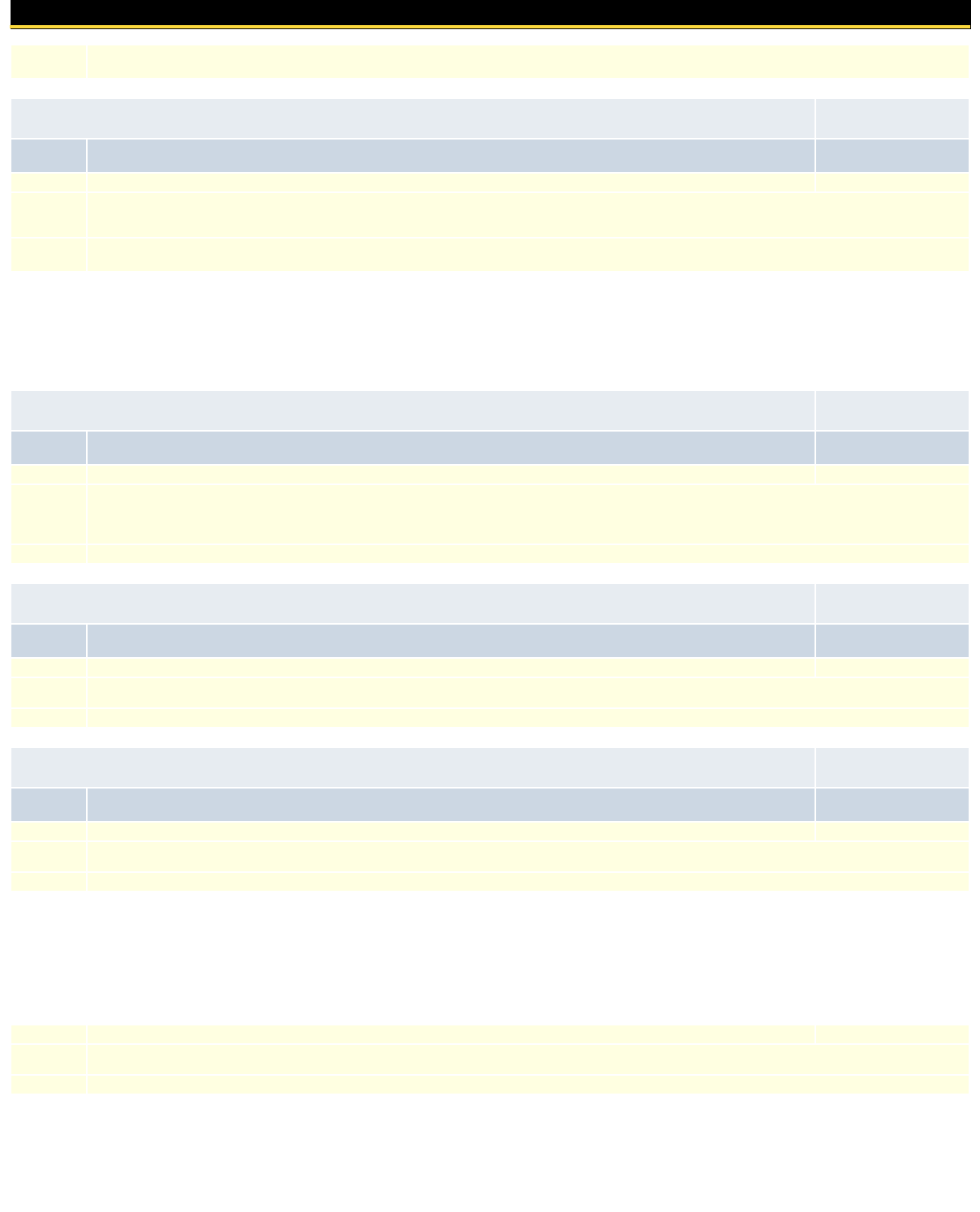
Typically Offered:
Fall and Spring Terms
ARTED - Art Education
Catalog
Nbr.
Course Title/Course Topics Credits
ARTED 781 Art for Special Education 3.00
Exploration of art concepts, media, and processes with adaptations for the mainstreamed student with special educational needs. A study of
characteristics of students with behavior and/or learning disorders, cognitive delay, physical handicap, and gifted and talented.
Typically Offered:
Spring Term Only
ARTED 782 Art Education for the Gifted and Talented 3.00
Study of current guidelines, trends, and program options that address the special educational needs of gifted and talented students. Areas of emphasis
include: student characteristics, artwork characteristics, identification procedures, and curriculum models.
Typically Offered:
Occasional by Demand
BIOL - Biology
Catalog
Nbr.
Course Title/Course Topics Credits
BIOL 681 Special Topics 1.00 - 4.00
In-depth study of specialized current topics in biology selected by the faculty on the basis of student/community interest. May include workshops,
seminars, field trips, special problems, independent study, etc. Course may be repeated when topics are different. Instructor permission to enroll in this
course.
Typically Offered:
COAC - Coaching
Catalog
Nbr.
Course Title/Course Topics Credits
COAC 689 Coach Elective 1.00 - 12.00
Transfer credits ONLY from another accredited institution not equivalent to a UW-Superior course.
Typically Offered:
COMM - Communicating Arts
Catalog
Nbr.
Course Title/Course Topics Credits
COMM 589 Comm Arts Elective 1.00 - 12.00
Transfer credits ONLY from another accredited institution not equivalent to a UW-Superior course.
Typically Offered:
COMM 780 Thesis 3.00 - 6.00
Individual thesis research in Communication, Media, or Theatre. An outline of the proposed thesis must be approved by the advisor and the
Communicating Arts Department Chair, and a contract completed before registration. Arranged.
Prerequisites:
Prerequisite for taking this course is having completed COMM 701 and COMM 702.
Typically Offered:
Fall, Spring, and Summer Terms
COMM 789 Comm Arts Elective 1.00 - 9.00
Transfer credits ONLY from another accredited institution not equivalent to a UW-Superior course.
Typically Offered:
COMM 798 Independent Study 3.00 - 6.00
Graduate-level independent investigation and/or production in Communication, Media or Theatre. Project designed in consultation with the instructor and
a contract prior to enrollment. Arranged.
Typically Offered:
Fall, Spring, and Summer Terms
Official 2019-21 Graduate UW-Superior Catalog: Course Descriptions: Graduate Course Descriptions
The Board of Regents of the University of Wisconsin System | 11 of 228
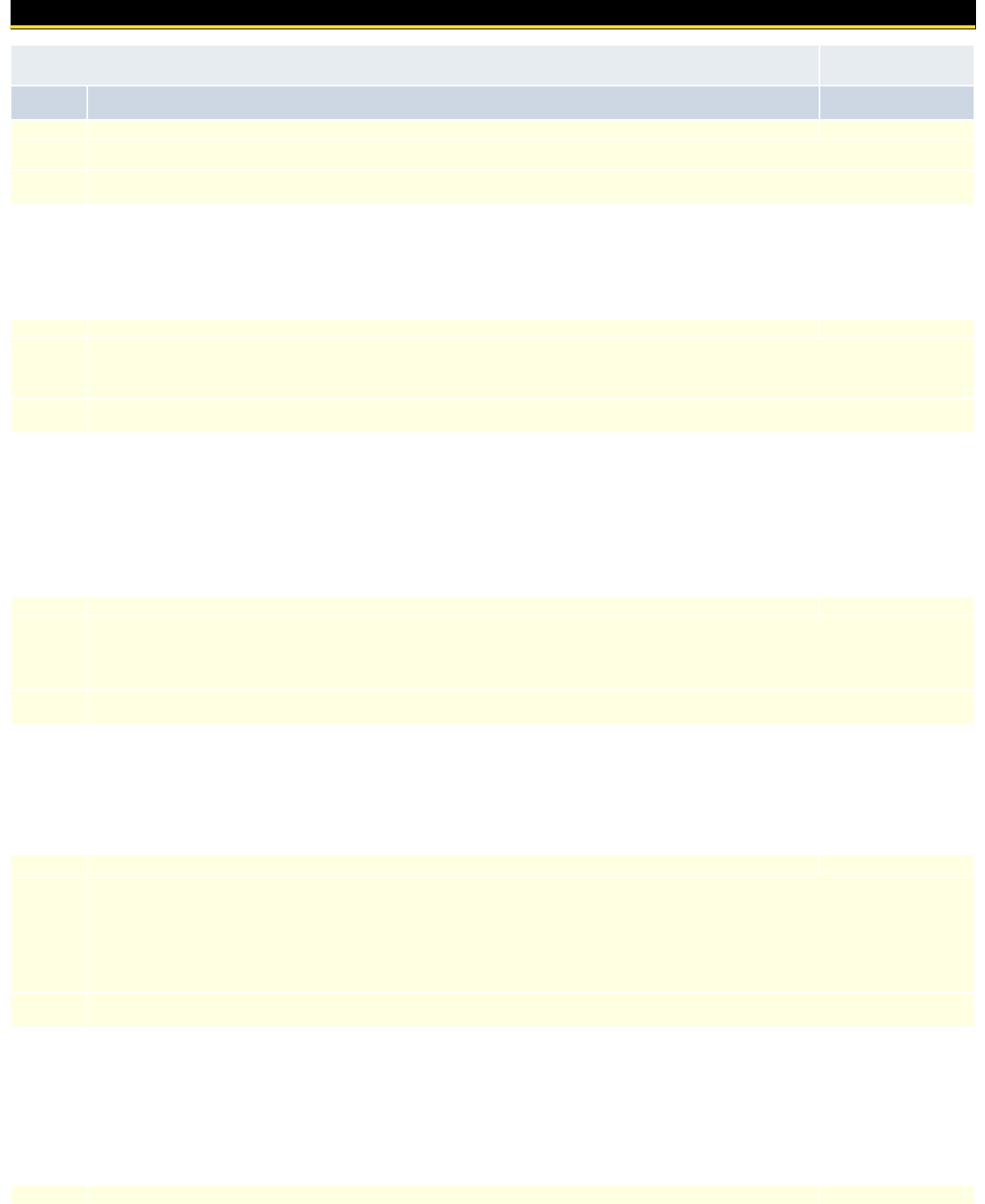
COUN - Guidance & Counselor Education
Catalog
Nbr.
Course Title/Course Topics Credits
COUN 681 Seminars in Counselor Education 0.50 - 3.00
Selected topics and problems in counselor education. May be taken in several units provided a different topic or problem is studied each time.
Typically Offered:
Occasional by Demand
COUN 702 Counseling Theories 3.00
Analysis of counseling theories and practices. Examines several of the major theories -- historic and current -- of counseling. Serves as an introduction
to the field of counseling and to illustrate the diversity of theoretical approaches which exist. Students develop a preliminary theoretical philosophy of
counseling. One of three courses -- COUN 702, 704, 706 -- that serve as a foundation to the profession and the program.
Typically Offered:
Fall Term Only
COUN 704 Introduction to Counseling 3.00
Overview of the clinical mental health counseling profession and its areas of specialization, training, and concern. It examines program development and
administration, relevant laws and applications, as well as one's professional identity as a counselor. The course covers areas such as prevention,
consultation and advocacy. It is one of three courses (COUN 702, 704, 706) that serve as a foundation to the profession and program.
Typically Offered:
Fall Term Only
COUN 706 Pre-practicum 3.00
Counseling Processes introduces counseling skill development, emphasizing the skills essential in the interview and rapport building process. Students
develop a thorough understanding of the counseling process as well as the role and function of the counselor. Students also develop self-awareness so
the counselor-client relationship is therapeutic and so the counselor sets and maintains appropriate professional boundaries. Examines ethical and legal
considerations inherent in the counseling process.
Prerequisites:
COUN 702 and 704 are prerequisites for taking this course.
Typically Offered:
Spring Term Only
COUN 708 Organization and Administration of School Counseling and Other Pupil Services 3.00
Overview of essential school counseling services and the role and function of the school counselor with emphasis on developing, and managing, and
evaluating a comprehensive counseling program within the realms of an entire school. Covers the seven pupil services content standards and additional
information pertaining to the other members of the pupil service team with whom the counselor works. Integrates special education, technology, legal
and ethical issues.
Typically Offered:
Spring Term Only
COUN 712 Family Counseling 3.00
Introduction to family systems theory and family therapy techniques. Students develop an understanding of the current epistemological base of family
system's theory, major contributors, and specifically review structural, strategic, behavioral and communications approaches to family counseling.
Students review the organization and dynamics of their own families, coming to understand how their families impact their world perceptions and
everyday behavior.
Typically Offered:
Fall Term Only
COUN 714 Family Group Systems 3.00
Integrates, at the next level of professional competence, family theory and family counseling techniques presented in preparatory courses. This course
assumes that students in attendance are seeking skill development that will assist in meeting family counselor professional certification standards,
(State and or National certifications). The course further assumes that students have explored their own family issues and will continue to do so through
this course, as the course is in part experiential. Students will closely review the isomorphic processes reflected within their own familial systems that
are reflected in their counseling approach and theory preferences. Students will assume the professional functions of a family counselor through current
literature, development of professional vita and exploration of certification. At the successful conclusion of this course, students are assumed to be
ready to provide supervised family counseling service.
Typically Offered:
Summer Only
COUN 716 Couple and Marital Counseling 3.00
While the concept of family seems to be defined and redefined through generational context the need of the individual to be “affiliated” continues to
highlight the dyadic relationships importance to the emotional and social survival of the individual. This course then, is designed to explore intimate
dyadic relationships and their importance to the concept of family, family development and society. Reviews select couple and family dynamics such as
basic assumptions of human intimacy (variations), marriage (dissolution and remarriage), mate selection, communications, human sexuality, family
crises, parenting, and aging. Through lectures, experiential exercise, reading, and class discussion family theory and technique will be instigated so as
to provide conceptualizations toward therapeutic intervention.
Typically Offered:
Fall Term Only
COUN 718 Family Crisis Intervention 3.00
Official 2019-21 Graduate UW-Superior Catalog: Course Descriptions: Graduate Course Descriptions
The Board of Regents of the University of Wisconsin System | 12 of 228
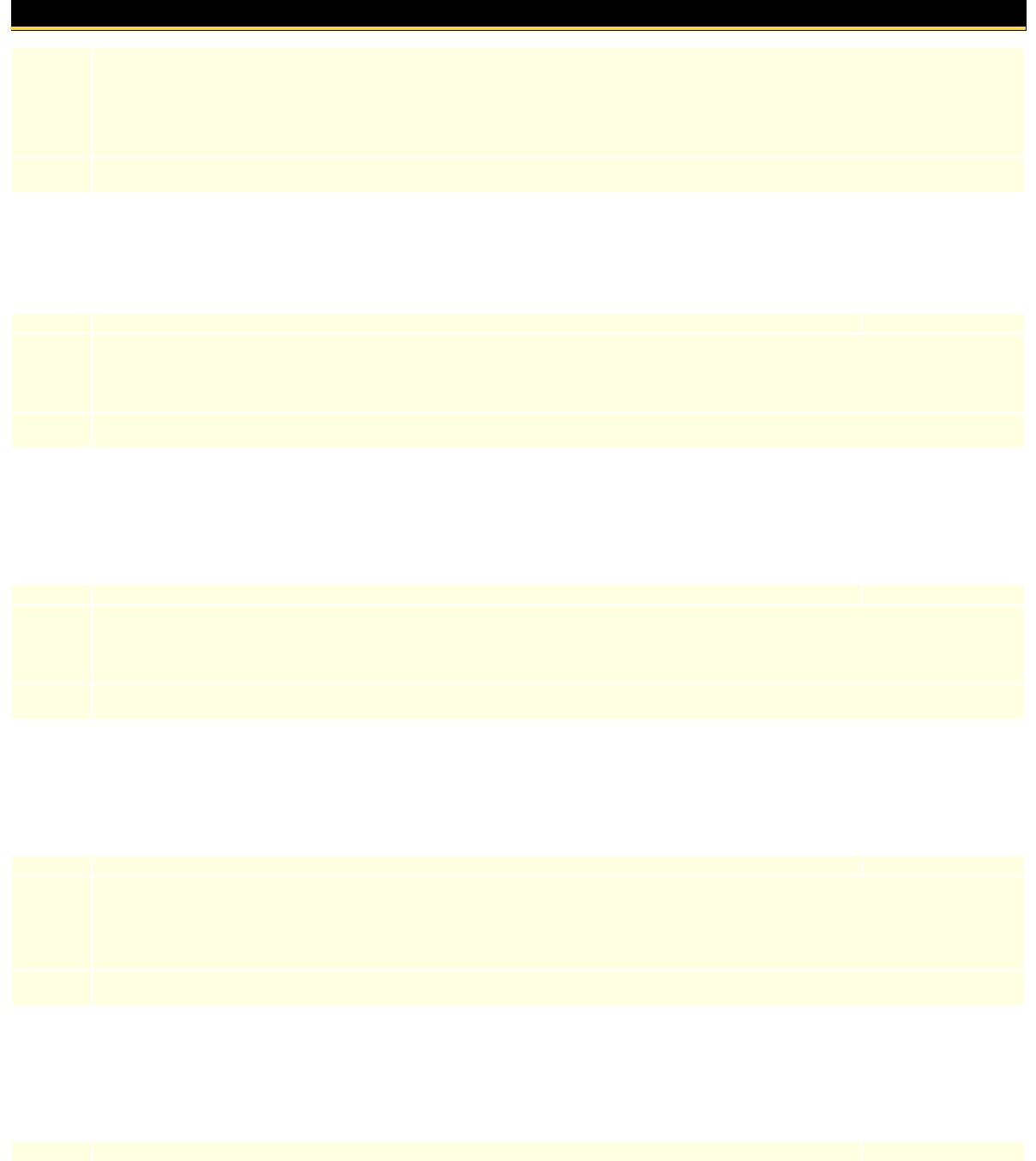
This course offers: 1) A history of the development and progression of crisis counseling as a specialization in the mental health field, 2) A survey of
current crisis counseling models and how they can be applied in a wide range of contexts, 3) Examining the foundation of components of trauma on the
stress response system and display, 4) Familiarity with suicide risk assessment, intervention and mandatory reporting, 5) An examination of the
intrapersonal and interpersonal impact crises have on people, 6) A discussion on the legal and ethical issues pertaining to crisis and disaster counseling
and, 7) An in-depth Family Systems-oriented treatment and application of these principles and standards specifically to families in crisis and how
counselors can understand and address the unique dynamics that arise when a family unit faces loss and trauma.
Typically Offered:
Spring Term Only
COUN 720 Counseling Children 3.00
Focuses on how the counselor can facilitate self-expression in the counseling context with clients, primarily children, who may have difficulty expressing
themselves verbally. Developmental theories and issues that shape children's adjustment to school and to their community form the foundations of the
course. Basic solution-oriented brief counseling and consultative techniques are integrated for work with parents and teachers.
Typically Offered:
Summer Only
COUN 722 Counseling Adolescents 3.00
Adolescents represent a clientele in transition. This course examines key aspects in their development (biological, cognitive, emotional, and social) and
their relationships in the various contexts that influence behaviors and attitudes. Common issues of adolescence as well as various interventions are
covered from a developmental context. Students learn how to facilitate client self-expression primarily through brief therapeutic techniques and how to
consult with supervising adults. While the focus is on normal development, course also touches on at-risk/problematic behavior and thoughts.
Typically Offered:
Fall Term Only
COUN 724 Behavior Modification for Abnormal Behavior 3.00
Behavior management principles applied to mental disorders and to improve learning and behavioral outcomes. Students learn how to apply these
principles and techniques to aid individuals in the change process. Students plan, implement, and evaluate a self-change project which will demonstrate
their understanding of the theory and techniques of behavioral self management. Students will conduct a functional behavior analysis to develop
interventions and/or apply a clinical treatment plan to address client psychopathology.
Typically Offered:
Summer Only
COUN 726 Developmental Guidance and Counseling 3.00
Developing the knowledge, skills, and expertise necessary to teach developmental lessons in the classroom that are appropriate to all ages. Covers
classroom management. Students, using the ASCA and Wisconsin Developmental Models, develop a set of lessons (perhaps based on monthly
themes) specific to the ages of the children they intend to counsel. Emerging problems in the schools, such as bullying, sexual harassment, and abuse
are covered. Class covers the 10 WDPI Teacher and Pupil Services Standards.
Typically Offered:
Summer Only
COUN 728 Career Counseling 3.00
Provides an understanding of theories of vocational choice and vocational development. Students learn methods of evaluating, promoting, and
enhancing, vocational development in individuals from a diversity of backgrounds. They examine ethical and legal considerations inherent in the career
counseling process. Also emphasizes student application of traditional and technology-based career assessment techniques. Students participate in
experiential activities that focus on the career development of themselves and others.
Typically Offered:
Summer Only
COUN 730 Human Growth and Development 3.00
Surveys the key physical, cognitive, and social-emotional milestones across the life-span, how these interact with an individual's adaptation ability, and
the implications for mental health professionals. Focuses on 1) the key concepts of the major theories of development; 2) examination of normal
developmental stages across the life-span and the influence of social forces differences in development based on sex/gender, age, class, race, ability,
and cultural background; psychosocial adaptation in the school/work, family, and peer systems; and implications for mental health and school
counseling professionals. Includes legal and ethical issues and strategies for interventions to enhance development.
Typically Offered:
Summer Only
COUN 734 Chemical Dependency and the Family 3.00
Assessment and intervention techniques with individuals and families in which one or more other family members is chemically dependent. Provides an
overview of the process of addiction, treatment and recovery approaches, relapse prevention, developmental issues related to addiction and treatment
and prevention planning in regard to addiction. Specific techniques to intervene with spouses of alcoholics, children of alcoholics (minor children and/or
adults) and extended family members are included. Also reviews the impact of other addictive behaviors on the family.
Typically Offered:
Spring Term Only
COUN 738 Multicultural Counseling 3.00
Official 2019-21 Graduate UW-Superior Catalog: Course Descriptions: Graduate Course Descriptions
The Board of Regents of the University of Wisconsin System | 13 of 228
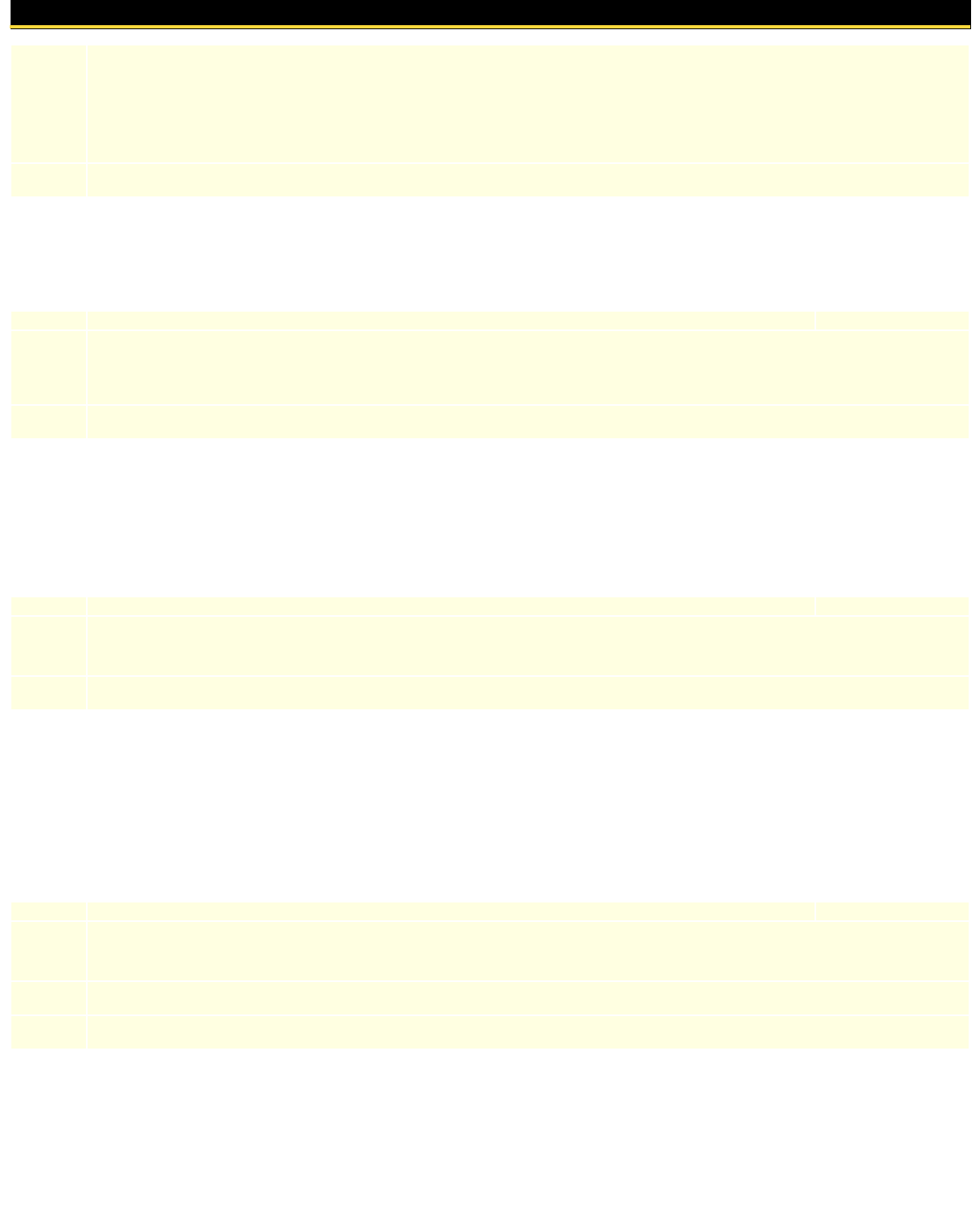
Students conduct an in-depth self-analysis regarding the manner in which counselor and client values, perceptions, attitudes, acculturative experiences,
and communication styles impact the counseling process. Students are encouraged to conduct an in-depth cultural self-analysis regarding the issues
they have inherited from their own culture as it relates to helping multicultural clients. Furthermore, students learn theories, skills, and cross-cultural
counseling strategies necessary in working with ethnically and culturally diverse clients. The cross-cultural counseling strategies include both group and
individual techniques. Students examine any ethical and legal considerations inherent in the counseling process in regards to clients from a diversity of
backgrounds. Designed for counselors already working in the field, and current graduate counseling students. Also helpful for any professional who
regularly deals with multicultural individuals.
Typically Offered:
Spring Term Only
COUN 740 Counseling and Human Sexuality 3.00
Provides counselors with a contemporary understanding of human sexuality and gender issues, myths, and problems (physical/biological, emotional,
social, cultural) for people (married and not) considering, engaging in, and/or "recovering" from sexual relationships. Includes interventions and
treatment approaches. While the course is a requirement for Marriage and the Family Therapist Licensure, it is open to all interested counseling students.
Typically Offered:
Spring Term Only
COUN 742 Psychopathology 3.00
Study of abnormal behavior, including classification of various disorders, descriptions of causal factors, methods of assessment, prevention and
treatment. Includes examining the current diagnostic system, DSM-5. Students develop an awareness of the limitations of the current diagnostic system
along with multicultural and ethical considerations. Also teaches students how to integrate results from psychological assessment into the diagnostic
process.
Typically Offered:
Fall Term Only
COUN 744 Clinical Mental Health Diagnosis and Treatment Planning 3.00
Provides students with an in-depth knowledge base of clinical mental health counseling diagnosis and treatment planning. Cover the diagnostic process,
including differential diagnosis and the use of diagnostic classification systems such as the Diagnostic and Statistical Manual of Mental Disorders-V
(DSM-5). Training on administration of intake interview, mental status evaluation, biopsychosocial history, mental health history, and psychological
assessment for treatment planning and caseload management; and techniques and interventions related to a broad range of mental health issues.
Students will develop clinical writing skill for competence with clients. Treatment planning will focus primarily on cognitive behavioral theory and applied
intervention strategies based in outcome research.
Typically Offered:
Spring Term Only
COUN 746 Ethics in Professional Counseling 3.00
Serves the needs of Counselors within the area of practice generally referred to as ethics, through the guidance of the American Counseling Association
(ACA) 2014 Code of Ethics. Assists students in exploring personal values, social expectations/sanctions and professional standards of behavior as it
relates to the mental health counseling field. Course seeks to meet the specific state licensure certification and practice needs of the student enrolled.
Typically Offered:
Spring Term Only
COUN 750 Practicum 1.50 - 3.00
Assists students in making the transition from theoretical understanding of counseling principles and processes to therapeutic process. Students
demonstrate knowledge and skills and refine their knowledge and skills in the following areas: integration of his or her theoretical approach to counseling
competence in the basic counseling skills with a focus on individual and group counseling as learned in prior coursework; the ability to identify and
assess presenting concerns of clients, diagnose problems, and develop treatment plans; and an ability to present case studies, dialogue, and consult
with other professionals regarding his or her effectiveness as a counselor. (For Graduate Education Online Class Sections it is 1.5 credits per term for a
total of 3 credits for the semester. GEO course is repeatable).
Prerequisites:
COUN 706 is prerequisite for taking this course.
Typically Offered:
Fall and Spring Terms
COUN 752 Group Practicum 3.00
Introduction to group counseling including an understanding of group processes, techniques, role of group members and leaders, ethics, and culture,
selected group phenomena, processing of group dynamics and therapeutic movement, application of theory and theoretical techniques. The student is
required to form and lead a group using a theoretical orientation, and to process the experience through tapes and class discussions.
Prerequisites:
COUN 706 is prerequisite for taking this course.
Typically Offered:
Fall and Summer Terms
COUN 756 Internship-School (preK-12) 3.00 - 6.00
Field-based course providing on-the-job practice in counseling with individuals and groups and in the classroom under the guidance of an on-site
supervisor and a university faculty supervisor. Weekly group discussions of cases and sharing of work experiences is at the heart of the campus classes.
Particular content areas that enhance professional preparation (such as legal and ethical issues, standards, technology) are covered. Students are
expected to share their counseling work weekly for supervision and peer review. Counseling Portfolios are completed and readied for submission.
Student planning to complete in one semester should sign up for 6 credits. Students planning to complete in two semester should sign up for 3 credits
each semester. Instructor consent required.
Prerequisites:
Completion of COUN 750 and COUN 752 are prerequisite for taking this course in the clinical and MFT Track but not the Human Relations Track.
Official 2019-21 Graduate UW-Superior Catalog: Course Descriptions: Graduate Course Descriptions
The Board of Regents of the University of Wisconsin System | 14 of 228
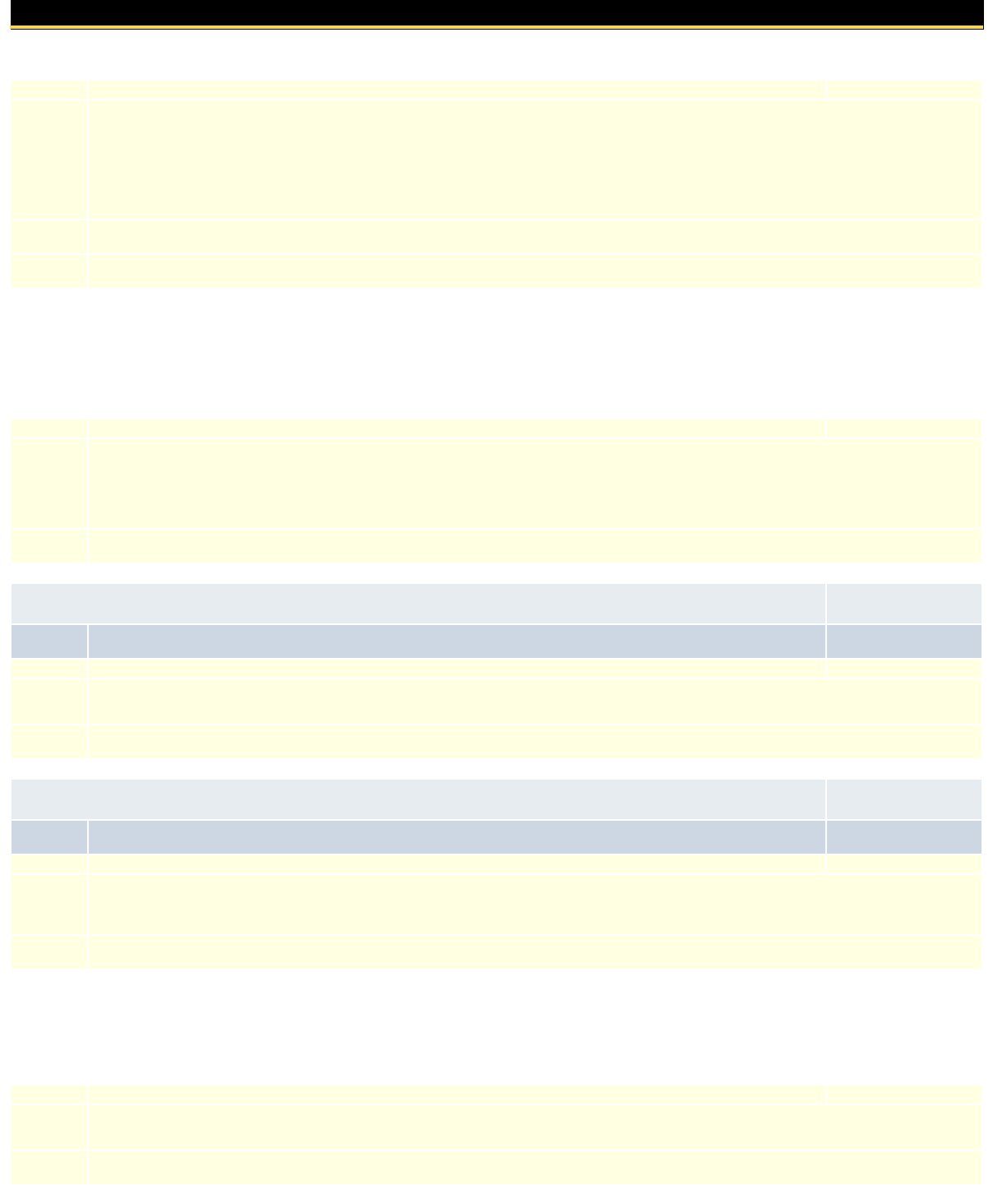
Typically Offered:
Fall and Spring Terms
COUN 758 Internship-Clinical/MFT/Human Relations 3.00 - 6.00
Experiential course that integrates counseling theory into practical application under supervision. Off-campus professional work sites provide students
practical experience while weekly class sessions provide support/supervision for work-site activities. Students' skill integration will be monitored and
modified through class discussion, written assignments, class exercises and one-to-one supervision with instructor. This advanced course seeks to
finalize professional readiness. Successful completion is dependent on the assumption of the professional functions and obligations of a human service
provider. Each internship is an individual placement that is developed related to the professional needs of the student, the needs of the internship site
and the coordination by the internship instructor. Student planning to complete in one semester should sign up for 6 credits. Students planning to
complete in two semesters should sign up for 3 credits each semester. Instructor consent required.
Prerequisites:
Completion of COUN 750 and COUN 752 are prerequisite for taking this course in the clinical and MFT Track but not the Human Relations Track.
Typically Offered:
Fall and Spring Terms
COUN 760 Introduction to Assessment 3.00
Addresses the study of measurement theory and basic statistics needed for understanding assessment. Also focuses on general test construction,
appropriate instrument selection with awareness of limitations, multicultural and ethical considerations. Instruments covered focus on psychological and
intellectual functioning and can generally be administered to clients individually or in groups. Students experience the administration, interpretation and
reporting of a select sample of assessment tools. Students will be introduced to professional report writing and consequential treatment implications.
Typically Offered:
Fall Term Only
COUN 761 Research-Based Program Evaluation 3.00
Students develop their understanding of types of program evaluation, consultation and application procedures. This includes, but is not limited to,
qualitative and quantitative research, ethical/legal consideration, parametric and nonparametric research methods, principles, practices, applications of
needs assessment. Students will consult, conduct and write a literature review, develop a method for data collection, analysis, conclusions and make
recommendations. Student research topics will be in their specific discipline; school counseling, clinical counseling, marital and family therapy or human
relations.
Typically Offered:
Spring and Summer Terms
CSCI - Computer Science
Catalog
Nbr.
Course Title/Course Topics Credits
CSCI 681 Special Topics 1.00 - 4.00
Graduate level investigation of one or more topics of current interest. Not intended for independent study projects. May be repeated, but no more than a
total of eight credits may be earned from both MATH 681 and CSCI 681.
Typically Offered:
Occasional by Demand
CYB - Cybersecurity
Catalog
Nbr.
Course Title/Course Topics Credits
CYB 700 Cybersecurity Fundamentals 3.00
ntroduces fundamental concepts and design principles in cybersecurity. Students will understand what, why, and how to protect in the cyberworld.
Topics include CIA (Confidentiality, Integrity, and Availability), threats, attacks, defense, least privilege, access control and password management,
security policies, critical controls, incident-handling and contingency planning, risk assessment and management.
Typically Offered:
Fall, Spring, and Summer Terms
CYB 703 Network Security 3.00
xamines network architectures, threats and attack surfaces exploited by these threats. Students will look at network traffic inspection, common attacks
and defensive techniques like encryption, network segmentation, firewalls, application proxies, honeypots, DMZs, monitoring networks using: intrusion
detection and intrusion prevention systems, and network access control.
Typically Offered:
Fall, Spring, and Summer Terms
CYB 705 Cybersecurity and Society 3.00
Presents the principles of applied sociology that account for the human factors in security systems. Topics include an examination of the human role in
cybersecurity, the role of security in the context of an organization, and a special focus on the development and implementation of cybersecurity policies.
Typically Offered:
Fall, Spring, and Summer Terms
CYB 707 Cybersecurity Planning 3.00
Official 2019-21 Graduate UW-Superior Catalog: Course Descriptions: Graduate Course Descriptions
The Board of Regents of the University of Wisconsin System | 15 of 228
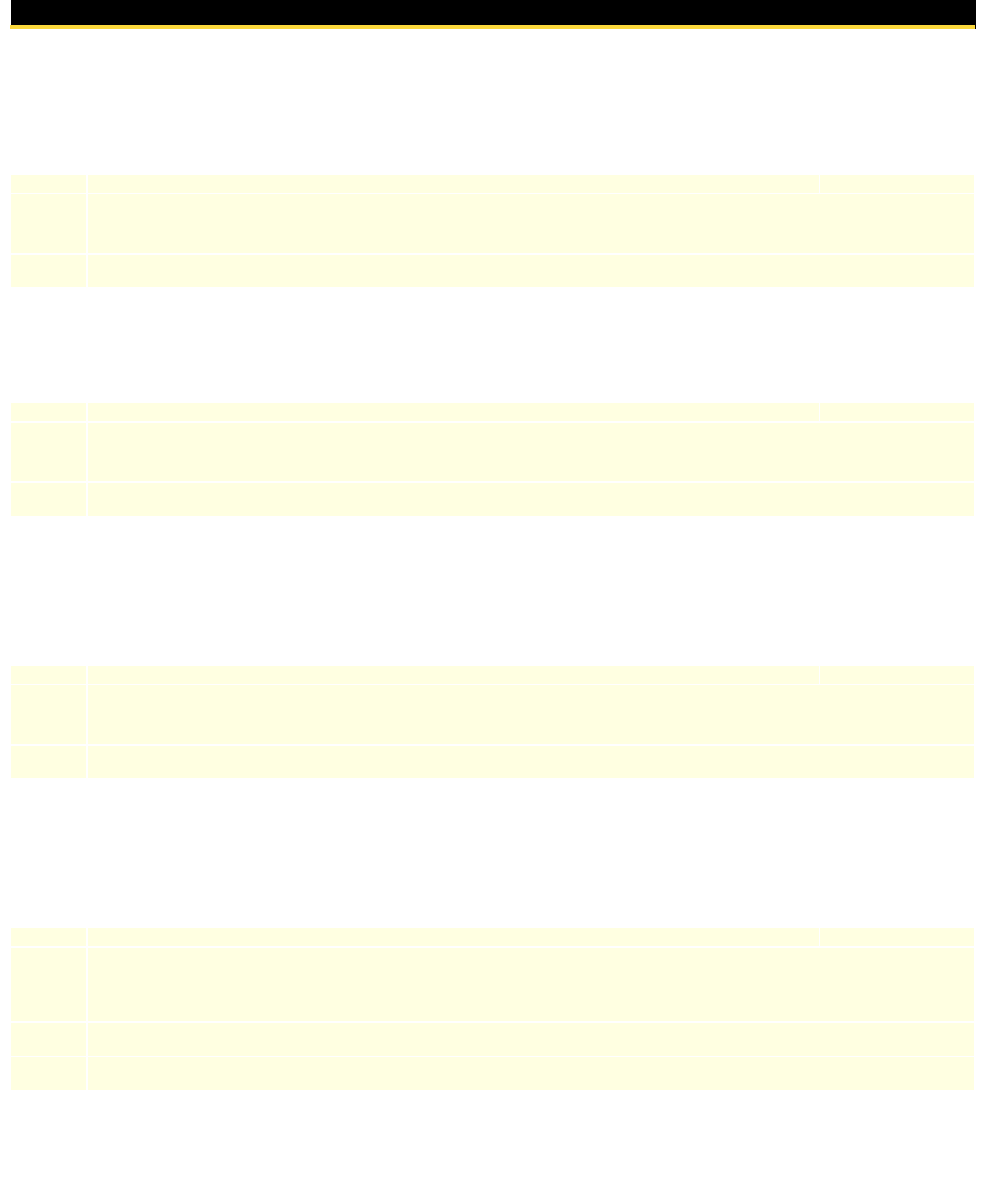
Instruction on the process used to develop and maintain appropriate security levels for an organization with a focus on implementing a comprehensive
security program, a documented set of security policies, procedures, guidelines, and standards. Topics include security planning, strategies, controls,
and metrics for measuring the effectiveness.
Prerequisites:
CYB 700 prerequisite
Typically Offered:
Fall, Spring, and Summer Terms
CYB 710 Introductory Cryptography 3.00
Fundamentals of applied cryptography, including encryption and decryption, symmetric and asymmetric systems, pseudorandom functions, block
ciphers, hash functions, common attacks, digital signatures, key exchange, message authentication and public key cryptography. Implemen-tation of
cryptographic systems in an approved programming language. Survey of relevant math-ematical concepts, including elementary number theory.
Typically Offered:
Fall, Spring, and Summer Terms
CYB 715 Managing Security Risk 3.00
Covers risk management processes and tools, risk assessment and analysis models, economic and control implications, risk measurement, and the
ethics of risk. Students will communicate the technical and management-aspects of risk, based on research of their chosen industry, related regulation,
recent industry reports, and risk implications to organizations, individuals and the nation.
Typically Offered:
Fall, Spring, and Summer Terms
CYB 720 Communication in Cybersecurity 3.00
Research, organize, and present technical information to audiences with varying goals and technical needs. Emphasis on ethics, critical thinking,
listening skills, and feedback to develop effective messages utilizing verbal and nonverbal communication strategies and visual aids. Individual and
group presentations and projects will emulate professional scenarios in cybersecurity.
Typically Offered:
Fall, Spring, and Summer Terms
CYB 725 Computer Forensics 3.00
This course provides instruction on the investigative and forensics processes of digital evidence with a focus on identifying indicators of compromise, the
use of common forensics tools, and the preservation of forensics tools. Topics include forensics iconology, and the analysis of disk, memory, chip-off,
mobile device, and OS artifacts.
Prerequisites:
Successful completion of CYB 700, 703
Typically Offered:
Fall, Spring, and Summer Terms
CYB 730 Computer Criminology 3.00
A primer on modern criminology with specific attention to the aspects of technology that facilitate criminal behaviors. Topics include computer crime
laws, criminological theories of computer crime, court room and evidentiary procedure, idiographic and nomothetic digital profiling, computer crime
victimology, habit/authorship attribution, stylometry, and case linkage analysis.
Typically Offered:
Fall, Spring, and Summer Terms
CYB 735 Network Forensics 3.00
Covers protocol analysis, identification of malicious behavior in systems, and forensic investigations through event log aggregation, correlation and
analysis. Students will analyze clips of network protocol analysis to discern methods of attacks and malicious activities. Reviews wired and wireless
protocols and cover their associated attacks, with case studies involving protocol analysis, log analysis, and other tools.
Prerequisites:
Successful completion of CYB 703
Typically Offered:
Fall, Spring, and Summer Terms
CYB 740 Incident Response and Remediation 3.00
Addresses how to set up an incident response system in an organization and the phases of an IR: Preparation, Identification, Notification, Containment,
and Eradication of the threat actors, and Recovery and Reporting to prevent future incidents. Students will learn about the use of IDS and forensics,
dealing with false alarms and the remediation process to minimize business impact, plan business continuity, and work with law enforcement, auditors,
insurance, and compliance.
Prerequisites:
Successful completion of CYB 700, 703, 705, 707, 715, 720
Typically Offered:
Fall, Spring, and Summer Terms
CYB 745 Secure Operating Systems 3.00
Covers operating systems security infrastructure. Topics include, for a given operating system (Windows/Linux), updates and patches, access controls
and account management, configuration management, hardening and securing services, and the use of scripting languages to automate security
management. Additional topics may include auditing and forensics, virtualization and cloud computing.
Typically Offered:
Fall, Spring, and Summer Terms
Official 2019-21 Graduate UW-Superior Catalog: Course Descriptions: Graduate Course Descriptions
The Board of Regents of the University of Wisconsin System | 16 of 228
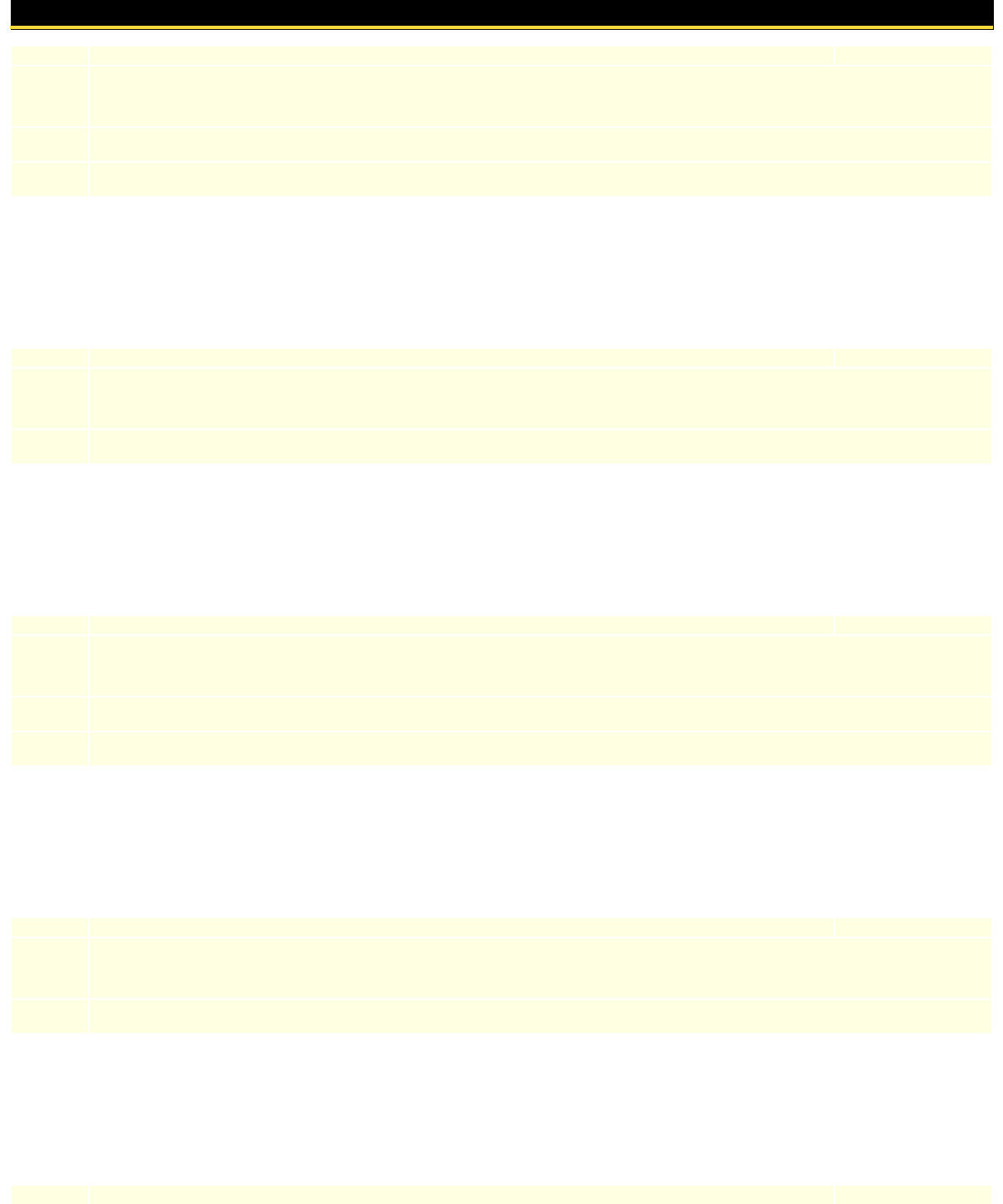
CYB 750 Offensive Security 3.00
This course includes active defenses such as penetration testing, log management, hacking, threat management and system posturing. Students
completing this course will have an understanding of, and the ability to preemptively secure computer and network resources by utilizing information
about threats, actors and attack vectors and the ethics behind using this data.
Prerequisites:
Successful completion of CYB 700, 703
Typically Offered:
Fall, Spring, and Summer Terms
CYB 755 Security Administration 3.00
Covers the policy and governance aspects of security. Topics include application of security policies, standards, procedures and guidelines to
administration of IT and communications, assessment of compliance including contractual, legal, industry standard, privacy and regulatory
requirements, and implementation of security audits and assessment of security performance and security policy efficacy.
Prerequisites:
Successful completion of CYB 700, 703, 705, 707, 715, 720
Typically Offered:
Fall, Spring, and Summer Terms
CYB 760 Leadership & Teams 3.00
Focuses on leadership best practices and the interpersonal processes and structural characteristics that influence the effectiveness of teams. Emphasis
will be placed on leadership models, principles of team building, group dynamics, problem solving, and crisis management in cybersecurity issues.
Course will include case studies of modern security incidents.
Typically Offered:
Fall, Spring, and Summer Terms
CYB 765 Cybersecurity Management 3.00
Covers management of cybersecurity policies and strategies at the organizational, national, and transnational levels. Examines the implications of key
domestic and international regulations and changes in information technology and communications on security operations. Includes development of
organizational security preparation, processes, and responses, and developing a disaster recovery program.
Prerequisites:
Successful completion of CYB 700, 703, 705, 707, 715, 720
Typically Offered:
Fall, Spring, and Summer Terms
CYB 770 Security Architecture 3.00
Focuses on security architectures for the protection of information systems and data. Students completing this course can identify potential
vulnerabilities in system architectures and design secure architectures. Topics include common enterprise and security architectures and their key
design elements, such as secure cloud computing and virtualization infrastructures.
Prerequisites:
Successful completion of CYB 703
Typically Offered:
Fall, Spring, and Summer Terms
CYB 775 Applied Cryptography 3.00
An in-depth study of modern cryptography. Topics include public key and private key cryptography, types of attacks, cryptanalysis, perfect secrecy,
hashing, digital signatures, virtual private networks, and quantum key cryptography. Topics from number theory and discrete probability necessary for
understanding current cryptosystems and their security will be covered.
Prerequisites:
Successful completion of CYB 710
Typically Offered:
Fall, Spring, and Summer Terms
CYB 780 Software Security 3.00
Covers the foundations of engineering secure applications, including techniques used to engineer secure software and assess the security of
applications. Topics include exploiting web vulnerabilities, secure development processes, implementing security features such as secure data storage
and transmission, threat modeling, security requirements, code analysis, and penetration testing.
Typically Offered:
Fall, Spring, and Summer Terms
CYB 785 Cyber-Physical Sys. Security 3.00
Covers the fundamentals and techniques to design and implement cyber-physical systems. Topics include the architecture of cyber-physical systems,
exploiting software vulnerabilities, secure coding, microservices security, cloud services security, reverse engineering, security assessment of
cyber-physical systems, and data analytics for security.
Prerequisites:
Successful completion of CYB 775
Typically Offered:
Fall, Spring, and Summer Terms
CYB 789 Cybersecurity Pre-capstone 3.00
Official 2019-21 Graduate UW-Superior Catalog: Course Descriptions: Graduate Course Descriptions
The Board of Regents of the University of Wisconsin System | 17 of 228
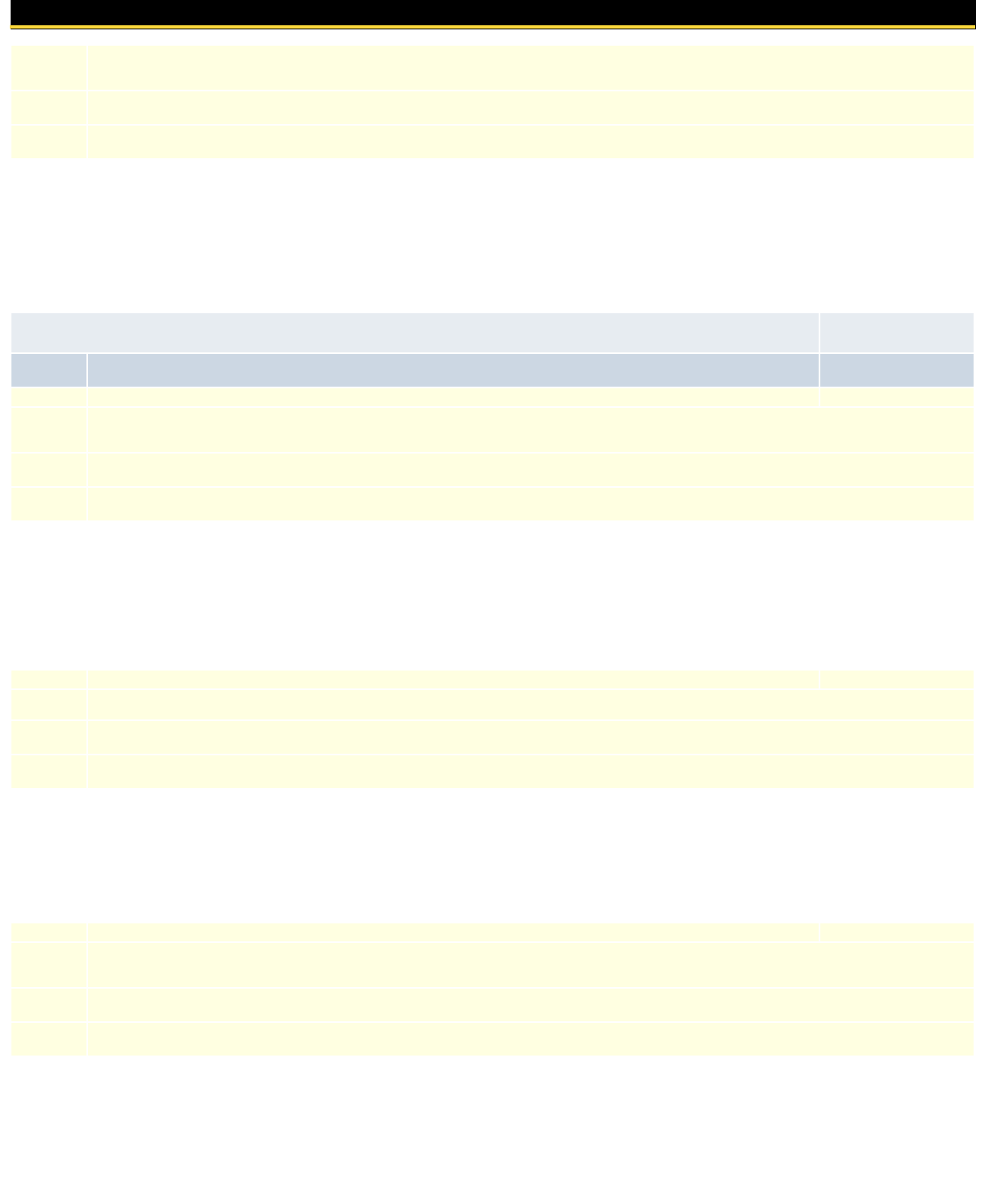
Prepares student for capstone experience. Draws on skills learned, students will submit a written project proposal - with organization, timeline, learning
objectives, and specific deliverables identified – for faculty approval. This course is a pre-requisite for the capstone course.
Prerequisites:
Completion of CORE courses CYB 700, 703, 705, 707, 710, 715, 720, 725, 730, 740, 745, 750, 755, 760, 765, 770, 775, 780, 785
Typically Offered:
Fall, Spring, and Summer Terms
CYB 790 Cybersecurity Capstone 3.00
Students present project identified in Capstone Preparation and submit a written report plus oral presentation to both faculty and host organization.
Students will be assessed on clarity and content of written report and presentation.
Prerequisites:
Successful completion of CYB 789
Typically Offered:
Fall, Spring, and Summer Terms
DS - Data Science
Catalog
Nbr.
Course Title/Course Topics Credits
DS 700 Foundations of Data Science 3.00
This course provides an introduction to data science and highlights its importance in business decision making. It provides an overview of commonly
used data science tools along with spreadsheets, databases, statistics and programming assignments to lay the foundation for data science applications.
Prerequisites:
Admission to M.S. in Data Science program
Typically Offered:
Fall and Spring Terms
DS 705 Statistical Methods 3.00
Statistical methods and inference procedures will be presented in this course with an emphasis on applications, computer implementation, and
interpretation of results. Topics include simple and multiple regression, model selection, correlation, moderation/interaction analysis, logistic regression,
chi-square test, ANOVA, Kruskal-Wallis test, MANOVA, factor analysis, and canonical correlation analysis.
Prerequisites:
Successful completion of DS 700 and Admissions to M.S. in Data Science program
Typically Offered:
Fall and Spring Terms
DS 710 Programming for Data Science 3.00
Introduction to programming languages and packages used in Data Science.
Prerequisites:
Admission to M.S. in Data Science program
Typically Offered:
Fall and Spring Terms
DS 715 Data Warehousing 3.00
Introduce the concepts and techniques to work with and reason about subject-oriented, integrated, time-variant, and nonvolatile collections of data in
support of management's decision-making process.
Prerequisites:
Admission to M.S. in Data Science program
Typically Offered:
Fall and Spring Terms
DS 730 Big Data: High Performance Computing 3.00
This course will teach students how to process large datasets efficiently. Students will be introduced to non-relational databases. Students will learn
algorithms that allow for the distributed processing of large data sets across clusters.
Prerequisites:
Successful completion of DS 710 and declared Data Science Major
Typically Offered:
Fall and Spring Terms
DS 735 Communicating about Data 3.00
This course will prepare you to master technical, informational and persuasive communication to meet organizational goals. Technical communication
topics include a study of the nature, structure and interpretation of data. Informational communication topics include data visualization and design of
data for understanding and action. Persuasive communication topics include the study of written, verbal and nonverbal approaches to influencing
decision makers.
Prerequisites:
Admission to M.S. in Data Science program
Typically Offered:
Official 2019-21 Graduate UW-Superior Catalog: Course Descriptions: Graduate Course Descriptions
The Board of Regents of the University of Wisconsin System | 18 of 228
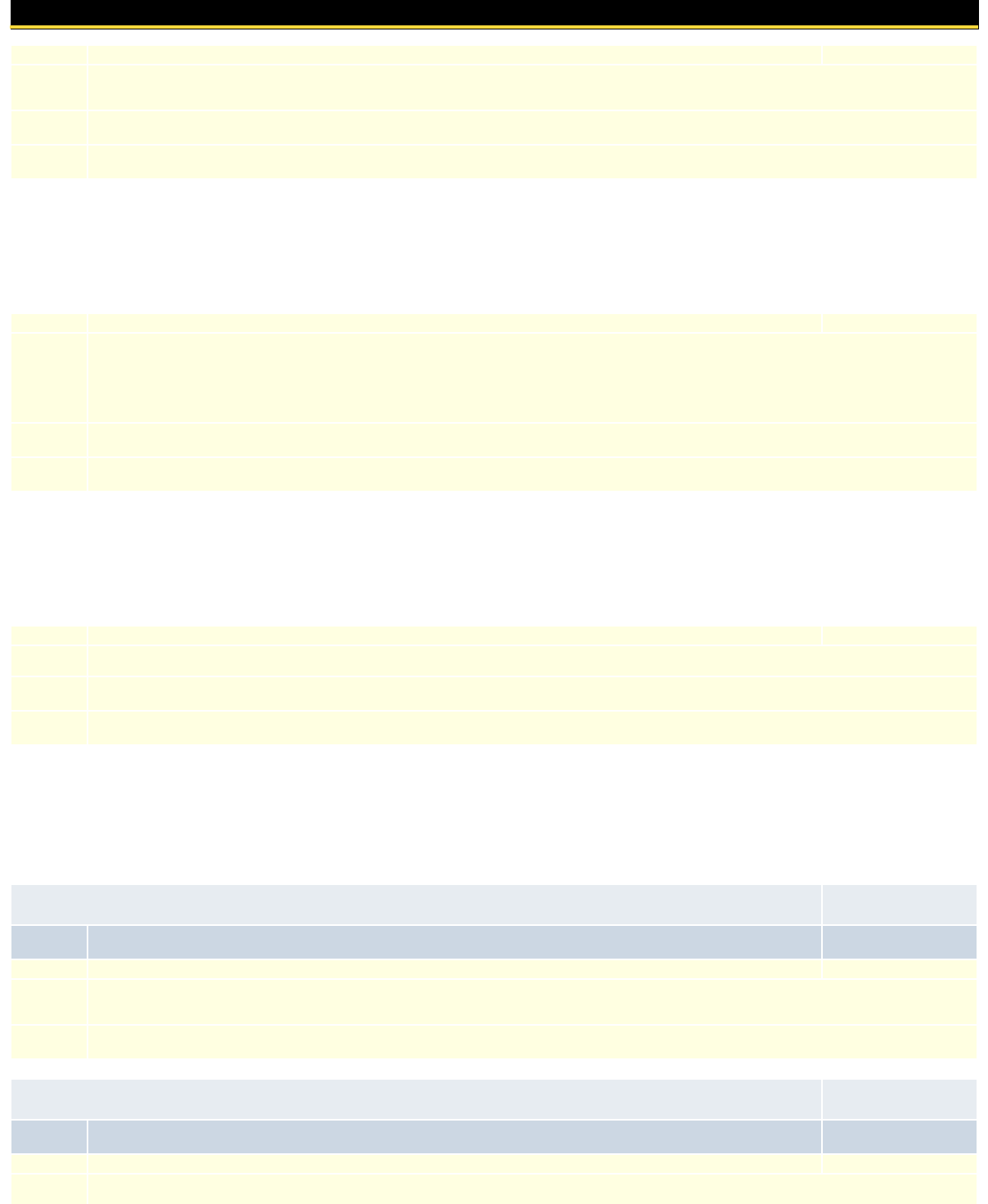
DS 740 Data Mining & Machine Learning 3.00
This course covers two aspects of data analytics. First, it teaches techniques to generate visualizations appropriate to the audience type, task, and
data. Second, it teaches methods and techniques for analyzing unstructured data - including text mining, web text mining and social network analysis.
Prerequisites:
Successful completion of DS 700 & DS 710 and Admissions to M.S. in Data Science program
Typically Offered:
Fall and Spring Terms
DS 745 Visualization and Unstructured Data Analysis 3.00
This course covers two aspects of data analytics. First, it teaches techniques to generate visualizations appropriate to the audience type, task, and
data. Second, it teaches methods and techniques for analyzing unstructured data - including text mining, web text mining and social network analysis.
Prerequisites:
Successful completion of DS 740 and Admission to the M.S. Data Science program
Typically Offered:
Fall and Spring Terms
DS 760 Ethics of Data Science 3.00
This course will focus on the investigation of ethical issues in computer science that ultimately also pertain to data science, including privacy, plagiarism,
intellectual property rights, piracy, security, confidentiality and many other issues. Our study of these issues will begin broadly, with a look at ethical
issues in computer science at large. We will then make inferences to the narrower field of data science. We will consider ethical arguments and
positions, the quality and integrity of decisions and inferences based on data and how important cases and laws have shaped the legality, if not the
morality, of data science related computing. Case studies will be used to investigate issues.
Prerequisites:
Successful completion of DS 740 and Admission to the M.S. Data Science program
Typically Offered:
Fall and Spring Terms
DS 775 Prescriptive Analytics 3.00
This course covers procedures and techniques for using data to inform the decision-making process. Topics include optimization, decision analysis,
game theory, and simulation. Case studies and applications will be emphasized.
Prerequisites:
Successful completion of DS 705 and DS 710 and Declared DS Major
Typically Offered:
Fall and Spring Terms
DS 780 Data Science and Strategic Decision Making 3.00
The interaction between data science and strategic decision making. Leveraging data resources for competitive advantage in the marketplace.
Prerequisites:
Admission to M.S. in Data Science program
Typically Offered:
Fall and Spring Terms
DS 785 Data Science Capstone 3.00
Capstone course; students will develop and execute a data science project using real-world data and communicate results to a non-technical audience.
Prerequisites:
Successful completion of Data Science 700, 705, 710, 715, 730, 735, 740, 745 & 775
Typically Offered:
Fall and Spring Terms
ECED - Early Childhood Education
Catalog
Nbr.
Course Title/Course Topics Credits
ECED 681 Seminars in Early Childhood 0.50 - 4.00
Selected topics and problems in the area of early childhood. May be taken in several units provided a different topic or problem is studied each time. A
minimum grade of C in this course is required for all education majors.
Typically Offered:
Occasional by Demand
EDAD - Educational Administration
Catalog
Nbr.
Course Title/Course Topics Credits
EDAD 689 EDAD Elective 1.00 - 3.00
Transfer credits ONLY from another accredited institution not equivalent to a UW-Superior course.
Official 2019-21 Graduate UW-Superior Catalog: Course Descriptions: Graduate Course Descriptions
The Board of Regents of the University of Wisconsin System | 19 of 228
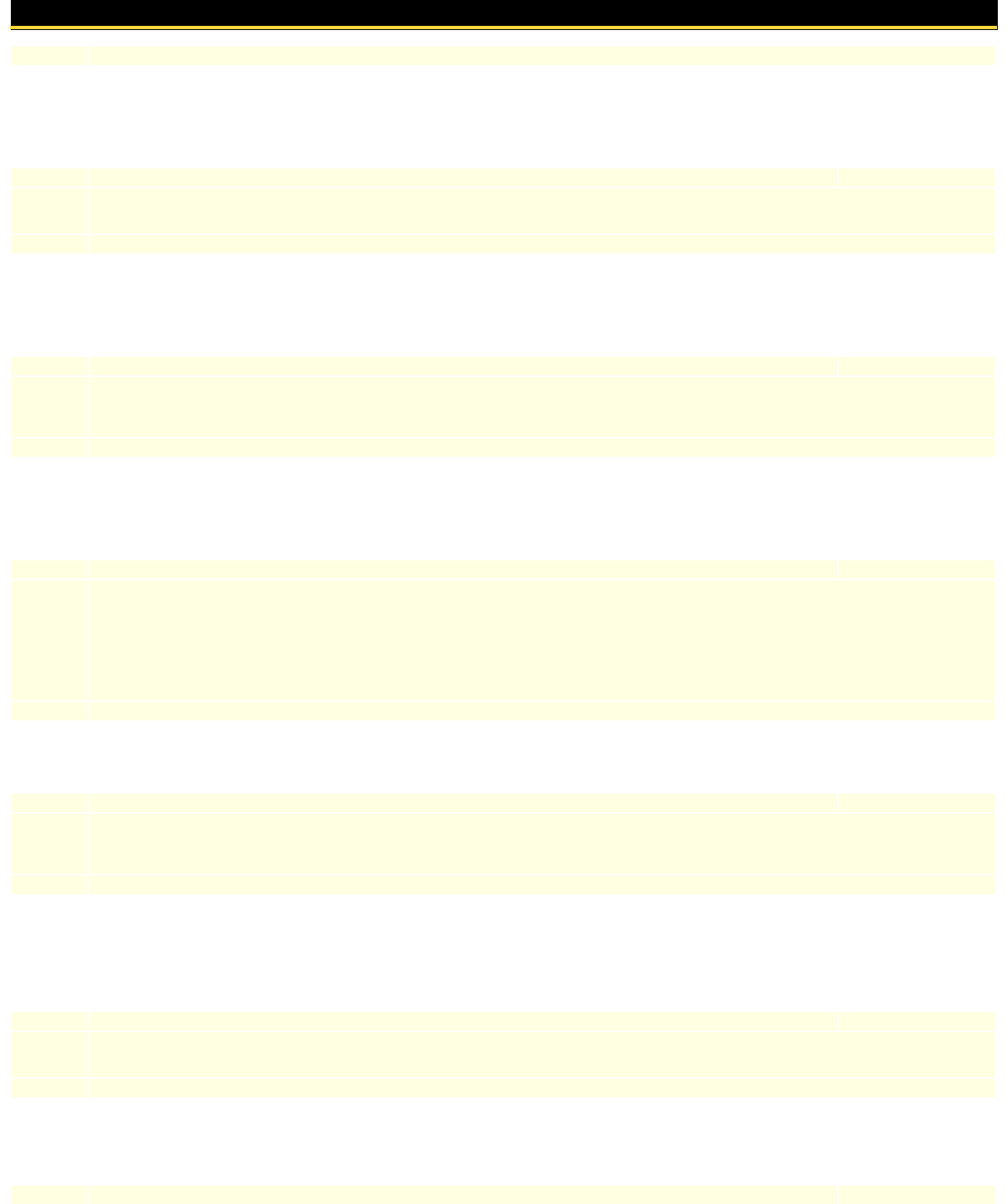
Typically Offered:
EDAD 700 Administrative Leadership 3.00
Study of selected theories and research relating to individual and group behaviors in K-12 educational organizations with emphasis on leadership
characteristics of educational administrators, including participatory management, long-range strategic planning and change-agent processes. Particular
emphasis given to human relations skills as well as oral and written communication skills needed by public school leaders.
Typically Offered:
EDAD 701 The Director of Instruction 3.00
A study of the various factors which will provide the student with foundations of research, theory, and best practices in instructional leadership and
school.
Typically Offered:
EDAD 704 Practicum - Director of Instruction 1.50
Year-long minimum 320-hour administrative field experience (i.e. 200 Special Education and 120 Pupil Services) and seminar (four 1.5 credit modules
for a total of 6 credits) in a grades PK-12 Director of Special Education and Pupil Services setting. Prerequisite: Completion of nine EDAD credits.
(Pass/Fail)
Typically Offered:
EDAD 705 Practicum - Director of Instruction 1.50
Year-long minimum 320-hour administrative field experience (i.e. 200 Special Education and 120 Pupil Services) and seminar (four 1.5 credit modules
for a total of 6 credits) in a grades PK-12 Director of Special Education and Pupil Services setting. Prerequisite: Completion of nine EDAD credits.
(Pass/Fail)
Typically Offered:
EDAD 706 Practicum - Director of Instruction 1.50
1.50Year-long minimum 320-hour administrative field experience (i.e. 200 Special Education and 120 Pupil Services) and seminar (four 1.5 credit
modules for a total of 6 credits) in a grades PK-12 Director of Special Education and Pupil Services setting. Prerequisite: Completion of nine EDAD
credits. (Pass/Fail)
Typically Offered:
EDAD 707 Practicum - Director of Instruction 1.50
Yearlong minimum 320 -hour administrative field experience and seminar (four 1.5 credit modules for a total of 6 credits) in a grades PK-12 Director of
Instruction setting. Prerequisite: Completion of nine EDAD credits-with EDAD 701-The Director of Instruction, EDAD 741-Conflict Resolution and
Mediation, and EDAD 750-School Law as nine of the nine credits. (Passing each course with a C or better). Must take EDAD 704, EDAD 705, EDAD
706 and EDAD 707 for degree and licensure requirements in order and with a passing grade for each course before enrolling into the next practicum
course. For any subsequent licensure, students are required to take EDAD 706 and EDAD 707 for licensure requirements in order and with a passing
grade for each course before enrolling into the next practicum course. These would be taken after completion of the initial licensure requirements of a
previous UW-Superior EDAD program.
Typically Offered:
EDAD 709 Directed Study-Administrative Vision of Learning 1.00 - 3.00
Directed study by the graduate faculty member to the graduate student in the Administrative Vision of Learning contexts of Educational Administration.
Typically Offered:
EDAD 710 Supervision of Instruction 3.00
Study of the function of supervision and evaluation of personnel is designed to assist in the development of programs which will be appropriate to
respective school positions and settings. Prepares any member of an organization for the instructional leadership role which requires program planning,
evaluation, human relations, and oral and written communication skills.
Typically Offered:
EDAD 711 Curriculum Management and Development K-12 3.00
Study of the theories and related practices of curriculum development and curriculum organization in American schools. Focuses on methods, materials
and strategies in the development, organization and delivery of curriculum in the American K-12 school system. Special emphasis given to development
and interpretation of philosophical statements and management. Attention given to utilization of the Wisconsin Department of Public Instruction
curriculum guides.
Typically Offered:
EDAD 719 Directed Study-Administration of Student Learning and Staff Growth 1.00 - 3.00
Directed study by the graduate faculty member to the graduate student in the Administration of Student Learning and Staff Growth contexts of
Educational Administration.
Typically Offered:
EDAD 720 School Business Administration 3.00
Study of fiscal and material resource management and budgeting of K-12 school systems, including school finance, taxation and contract law with
emphasis on the principles that should serve to guide the decision-making process.
Typically Offered:
EDAD 721 The Principalship 3.00
Official 2019-21 Graduate UW-Superior Catalog: Course Descriptions: Graduate Course Descriptions
The Board of Regents of the University of Wisconsin System | 20 of 228
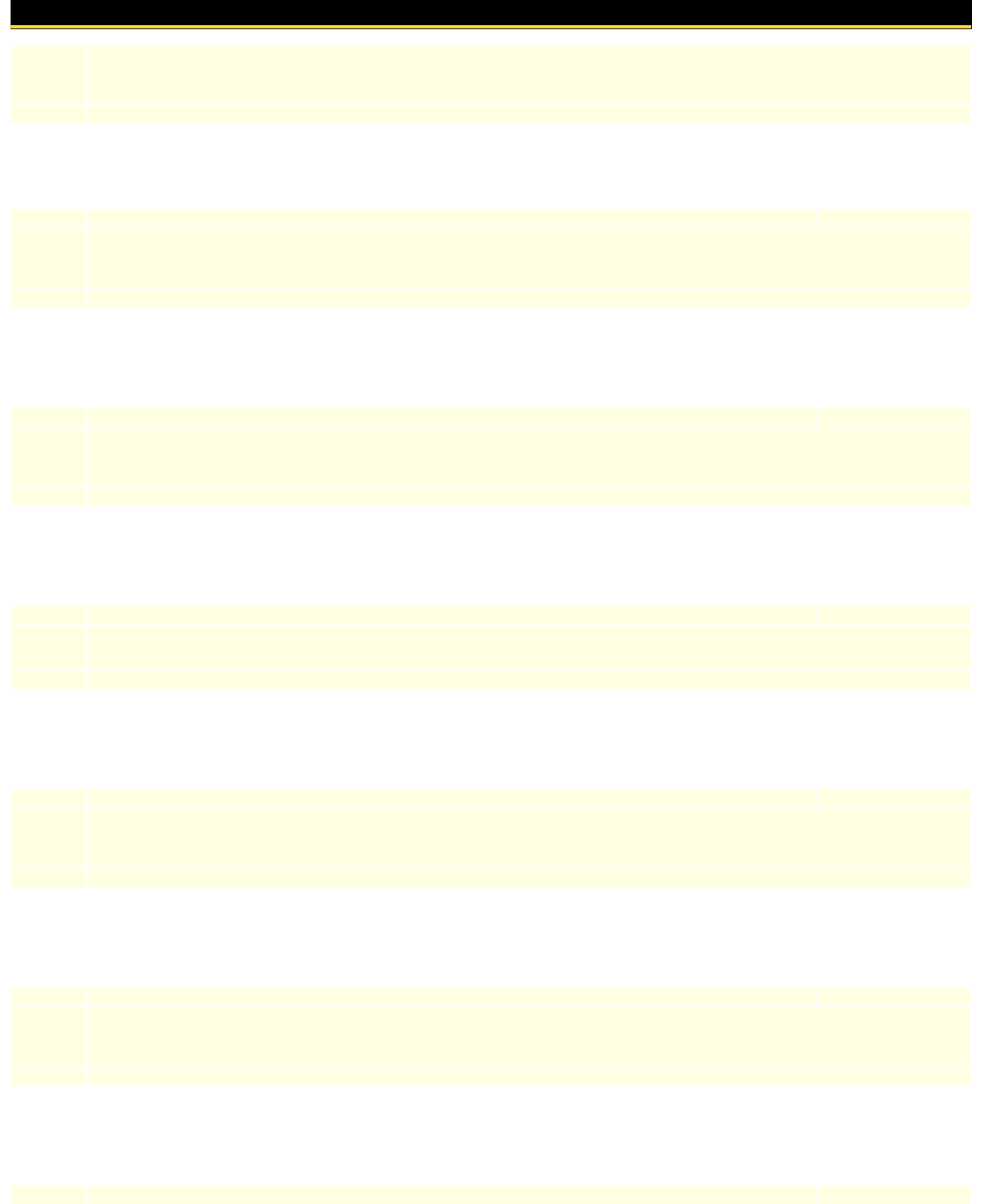
Study of the roles and responsibility of the school principal, with emphasis on development of effective instructional leadership skills for the various
levels. Deals with the operational tasks of the principalship at the elementary, middle school, and high school levels. Response to contemporary and
anticipated problems affecting the elementary and secondary schools are based on tested theory, research and applied practice.
Typically Offered:
EDAD 724 Practicum - PreK-12 Principal 1.50
Year-long minimum 320-hour administrative field experience and seminar (four 1.5 credit modules for a total of 6 credits) in a grades PK-12
Principalship setting. Prerequisite: Completion of nine EDAD credits. (Pass/Fail)
Typically Offered:
EDAD 725 Practicum - PreK-12 Principal 1.50
Year-long minimum 320-hour administrative field experience and seminar (four 1.5 credit modules for a total of 6 credits) in a grades PK-12
Principalship setting. Prerequisite: Completion of nine EDAD credits. (Pass/Fail) Must take EDAD 724, EDAD 725, EDAD 726, EDAD 727 for degree
and licensure requirements.
Typically Offered:
EDAD 726 Practicum - PreK-12 Principal 1.50
Year-long minimum 320-hour administrative field experience and seminar (four 1.5 credit modules for a total of 6 credits) in a grades PK-12
Principalship setting. Prerequisite: Completion of nine EDAD credits. (Pass/Fail). Must take EDAD 724, EDAD 725, EDAD 726, EDAD 727 for degree
and licensure requirements.
Typically Offered:
EDAD 727 Practicum - PreK-12 Principal 1.50
Year-long minimum 320-hour administrative field experience and seminar (four 1.5 credit modules for a total of 6 credits) in a grades PK-12
Principalship setting. Prerequisite: Completion of nine EDAD credits. (Pass/Fail). Must take EDAD 724, EDAD 725, EDAD 726, EDAD 727 for degree
and licensure requirements.
Typically Offered:
EDAD 728 Diversity and Social Justice in Schools 3.00
Examination of issues related to inequities and inequalities in PK-12 schools. Explores diversity in education from a historical perspective to inform
institutional practices regarding race, class, gender, sexual orientation and religion. Considers power dynamics, pedagogy, and ideologies that frame
education in a democratic society. Explores the administrator's role and best practices in facilitating equity for all students.
Typically Offered:
EDAD 729 Directed Study - Administration of Organization, Operations and Resources 1.00 - 3.00
Directed study by the graduate faculty member to the graduate student in the Administration of Organization, Operations and Resources contexts of
Educational Administration.
Typically Offered:
EDAD 730 Administration and Supervision Of Special Education and Pupil Services 3.00
Study of leadership and administrative paradigms of special education and pupil services PK-12. Emphasis on exceptional educational needs
programming knowledge base for inclusive administrative leadership. Emphasis on special needs programming knowledge base not the prominent
responsibility of regular or special education.
Typically Offered:
EDAD 734 Practicum- Director of Special Education 1.50
Year-long minimum 320-hour administrative field experience and seminar (i.e. 200 Special Education and 120 Pupil Services) and seminar (four 1.5
credit modules for a total of 6 credits) in a grades PK-12 Director of Special Education and Pupil Services setting. Prerequisite: Completion of nine
EDAD credits (Pass/Fail). Must take EDAD 734, EDAD 735, EDAD 736, EDAD 737 for degree and licensure requirements.
Typically Offered:
EDAD 735 Practicum- Director of Special Education 1.50
Year-long minimum 320-hour administrative field experience and seminar (i.e. 200 Special Education and 120 Pupil Services) and seminar (four 1.5
credit modules for a total of 6 credits) in a grades PK-12 Director of Special Education and Pupil Services setting. Prerequisite: Completion of nine
EDAD credits. (Pass/Fail). ). Must take EDAD 734, EDAD 735, EDAD 736, EDAD 737 for degree & licensure requirements.
Typically Offered:
EDAD 736 Practicum- Director of Special Education 1.50
Year-long minimum 320-hour administrative field experience and seminar (i.e. 200 Special Education and 120 Pupil Services) and seminar (four 1.5
credit modules for a total of 6 credits) in a grades PK-12 Director of Special Education and Pupil Services setting. Prerequisite: Completion of nine
EDAD credits. (Pass/Fail). ). Must take EDAD 734, EDAD 735, EDAD 736, EDAD 737 for degree & licensure requirements.
Typically Offered:
EDAD 737 Practicum- Director of Special Education 1.50
Year-long minimum 320-hour administrative field experience and seminar (i.e. 200 Special Education and 120 Pupil Services) and seminar (four 1.5
credit modules for a total of 6 credits) in a grades PK-12 Director of Special Education and Pupil Services setting. Prerequisite: Completion of nine
EDAD credits. (Pass/Fail). ). Must take EDAD 734, EDAD 735, EDAD 736, EDAD 737 for degree & licensure requirements.
Typically Offered:
EDAD 739 Directed Study - Administration of Diverse Community Interests 1.00 - 3.00
Official 2019-21 Graduate UW-Superior Catalog: Course Descriptions: Graduate Course Descriptions
The Board of Regents of the University of Wisconsin System | 21 of 228
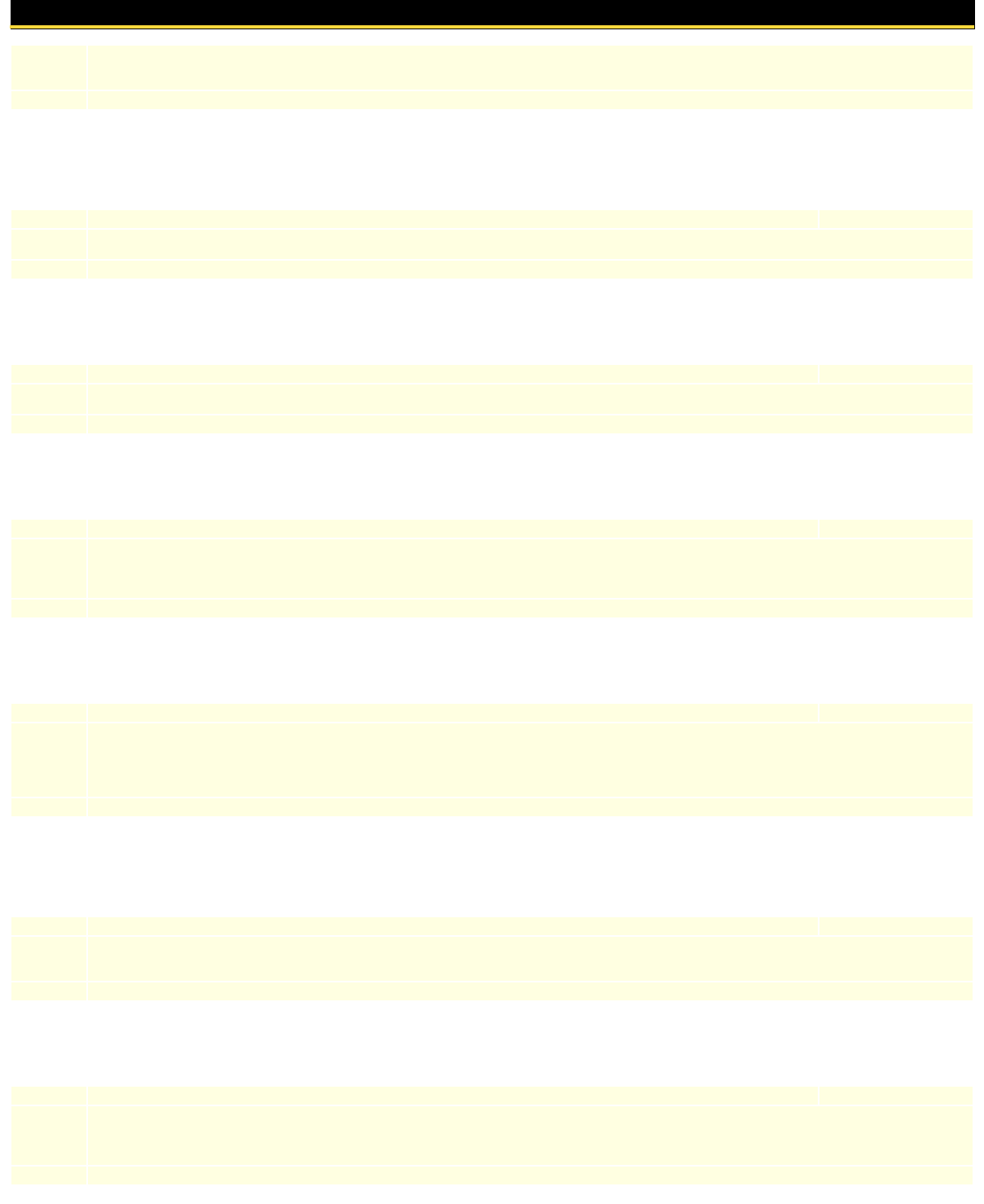
Directed study by the graduate faculty member to the graduate student in the Administration of Diverse Community Interests contexts of Educational
Administration.
Typically Offered:
EDAD 741 Conflict Resolution and Mediation in K-12 Educational Settings 3.00
Study in the understanding of conflict and handling such in the educational setting. Recognition of the role of communication to express conflict and
knowledge of resolution techniques, different approaches to negotiations and basic mediation skills for administrators in the K-12 setting. Also explores
the phenomena of school violence and means to respond.
Typically Offered:
EDAD 749 Directed Study-Ethical Manner in Educational Administration 1.00 - 3.00
Directed study by the graduate faculty member to the graduate student in the ethical manner contexts of Educational Administration.
Typically Offered:
EDAD 750 School Law 3.00
Study of the legal framework within which school district employees must operate. Emphasis on laws and sources of laws which affect students and
instruction.
Typically Offered:
EDAD 759 Directed Study-Political, Social, and Economic Contexts of Educational Administration 1.00 - 3.00
Directed study by the graduate faculty member to the graduate student in the political, social, and economic contexts of educational administration.
Typically Offered:
EDAD 761 Practicum - School Business Administration 1.50
Year-long minimum 320-hour administrative field experience and seminar (four 1.5 credit modules for a total of 6 credits) in a School Business
Administration setting. Prerequisite: Completion of nine EDAD credits.
Typically Offered:
EDAD 809 Externship-Administrative Vision of Learning 1.00 - 3.00
Professional development seminar designed for the practicing school administrator. Emphasis on synthesizing the theory, research and wisdoms of
practice of educational administration as related to challenges of practicing school administration to ISLLC Standard #1. Pass-Fail. Enrollment limited to
practicing educational administrators. Topics: Administrative Vision of Learning ISLLC #1, Wisconsin State Standard 2.
Typically Offered:
EDAD 810 School Human Resources 3.00
Comprehensive study of K-12 instructional and non-instructional personnel planning, information management, recruitment, selection, induction,
appraisal, staff development, compensation, continuity of service, collective bargaining, grievance procedures and employee contract administration.
Typically Offered:
EDAD 819 Externship-Administration of Student Learning and Staff Growth 1.00 - 3.00
Professional development seminar designed for the practicing school administrator. Emphasis on synthesizing the theory, research and wisdoms of
practice of educational administration as related to challenges of practicing school administration to ISLLC Standard #2. Pass-Fail. Enrollment limited to
emerging and practicing educational administrators. Topics: Administration of Student Learning and Staff Growth, ISLLC #2, Wisconsin State Standard
3.
Typically Offered:
EDAD 820 The Superintendency 3.00
Study of the role and responsibilities of the school superintendent with emphasis on the job competency needed for that leadership role. Topics focus on
school improvement through organizational and instructional leadership, assessment and long-range planning, political theory and skills, crisis
management, and careful allocation of district resources.
Typically Offered:
EDAD 821 Data Management 3.00
Designed for school business personnel pursuing a graduate degree in school business administration. Subject matter will include building files,
updating file content, information retrieval and analyses of data associated with school operations.
Typically Offered:
EDAD 823 Education Budget and Accounting 3.00
Designed for school business personnel pursuing a graduate degree in school business administration. Focuses on design and application of budgeting
and accounting procedures such as coding transactions, designing balance sheets, journals and ledgers using spreadsheet programs.
Typically Offered:
EDAD 824 Educational Program Planning and Evaluation 3.00
Advanced-level study of theory and research/practice in association with the organization and operation of public schools. Emphasis on self-analysis of
supervisory-administrative style as it relates to the process of supervision involved in performance tasks. Additional focus on program planning and
evaluation as related to theory and research/practice in public schools.
Typically Offered:
EDAD 825 Facilities Planning and Utilization 3.00
Official 2019-21 Graduate UW-Superior Catalog: Course Descriptions: Graduate Course Descriptions
The Board of Regents of the University of Wisconsin System | 22 of 228
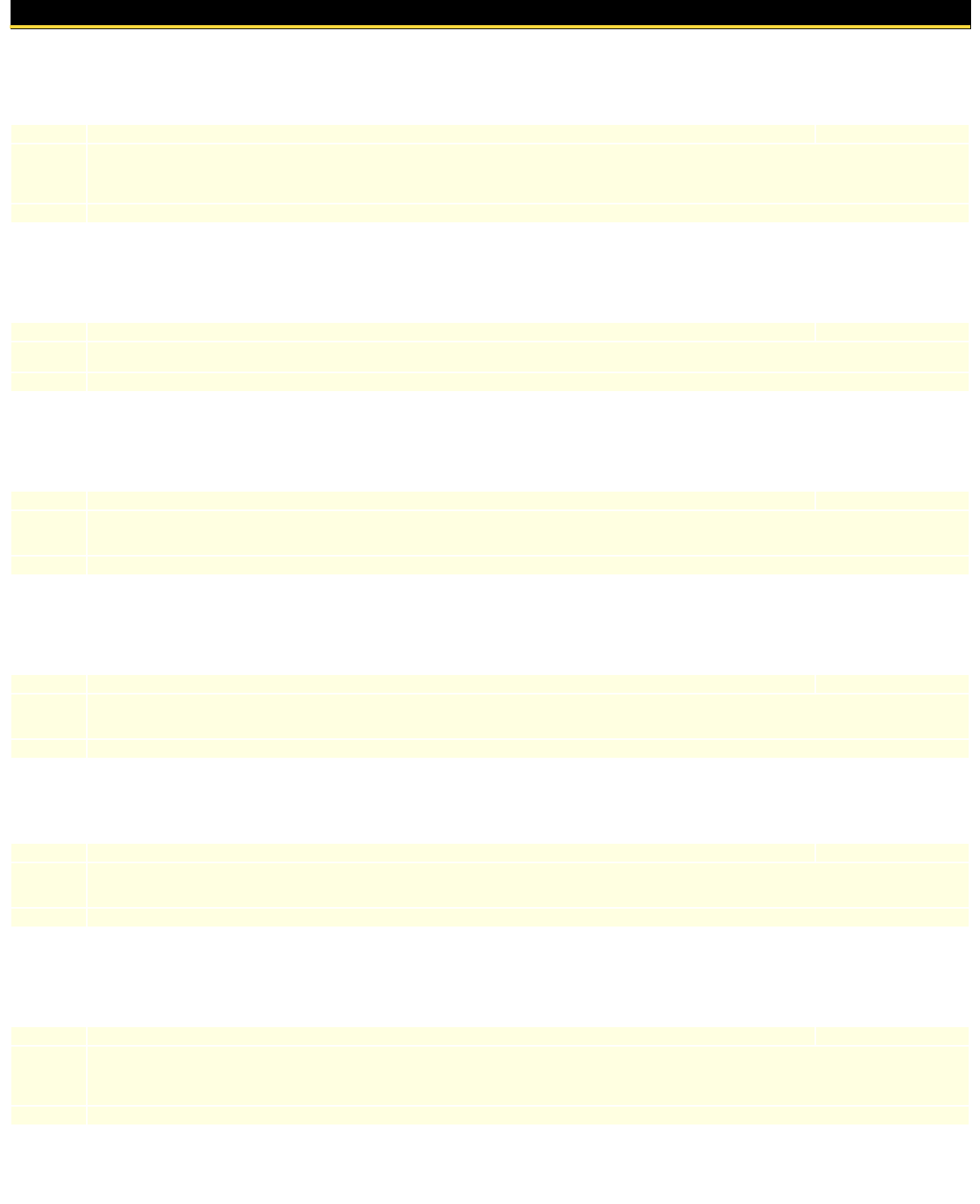
Study of the principles, techniques, and procedures used in planning of educational facilities in K-12 systems. Emphasis on the assessment of needs,
involvement in the planning process, development of educational specifications, long-range planning and financing. Risk management and insurance
issues are covered within the knowledge base.
Typically Offered:
EDAD 829 Externship-Administration of Organization, Operations and Resources 1.00 - 3.00
Professional development seminar designed for the practicing school administrator. Emphasis on synthesizing the theory, research and wisdoms of
practice of educational administration as related to challenges of practicing school administration to ISLLC Standard #3. Pass-Fail. Enrollment limited to
practicing educational administrators. Topics: ISLLC Standard #3.
Typically Offered:
EDAD 830 Diverse School Community Relations 3.00
Study of the administrative responsibility for successful diverse community relations with emphasis on the process, principles, channels, opinion
sampling and evolving concepts of communication. A program will be developed including policy, objectives, defining publics, determining media, timing
and feedback.
Typically Offered:
EDAD 832 Special Education Law 3.00
Study of the legal aspects of educating disabled learners under Section 504, the Individuals with Disabilities Education Act and No Child Left Behind.
Typically Offered:
EDAD 839 Externship-Administration of Diverse Community Interests 1.00 - 3.00
Professional development seminar designed for the practicing school administrator. Emphasis on synthesizing the theory, research and wisdoms of
practice of educational administration as related to challenges of practicing school administration to ISLLC Standard #4. Pass-Fail. Enrollment limited to
practicing educational administrators. Topics: ISLLC Standard #4.
Typically Offered:
EDAD 842 Professional Ethics for School Administrators 3.00
Selected theories and research relating to individual and group behaviors in K-12 educational organizations with emphasis on ethics in public life among
professionals, leaders and citizens. Particular emphasis given to political, cultural, business, computer and legal ethics for school leaders.
Typically Offered:
EDAD 849 Externship-Ethical Manner in Educational Administration 1.00 - 3.00
Professional development seminar designed for the practicing school administrator. Emphasis on synthesizing the theory, research and wisdoms of
practice of educational administration as related to challenges of practicing school administration to ISLLC Standard #5. Pass-Fail. Enrollment limited to
practicing educational administrators.
Typically Offered:
EDAD 850 School Finance and Resource Allocation 3.00
Study of the theory and practice of school finance at the local, state, and national levels. Emphasis on the economics of education, public finance, and
taxation.
Typically Offered:
EDAD 851 Politics Of Education 3.00
Examines the governance structure of education. Focuses on the roles of various political factors and special interest groups in the structure and the
emergence of new political roles and initiatives in educational administration.
Typically Offered:
EDAD 854 Advanced Budgeting 3.00
Theory and practice of advanced budgeting at the local school district level. Emphasis on the meritorious techniques and standards of excellence in
budget development and presentation.
Typically Offered:
EDAD 859 Externship-Political, Social and Economic Contexts of Educational Administration 1.00 - 3.00
Professional development seminar designed for the practicing school administrator. Emphasis on synthesizing the theory, research and wisdoms of
practice of educational administration as related to challenges of practicing school administration to ISLLC Standard #6. Pass-Fail. Enrollment limited to
practicing educational administrators.
Typically Offered:
EDAD 863 Internship: Superintendency 1.50
A minimum 90-hour administrative internship in a PK-12 superintendency. Prerequisite: Admission to Special Degree Program, completion of nine
semester credits in Educational Administration. This course is graded as Pass/Fail. Must take both EDAD 863 and EDAD 864 for degree and licensure
requirements.
Typically Offered:
EDAD 864 Internship: Superintendency 1.50
A minimum 90 hour administrative internship in a PK-12 superintendency. Prerequisites: Admission to Specialist Degree Program, completion of nine
semester credits in Educational Administration. This course is graded a Pass/Fail. Must take both EDAD 863 and EDAD 864 for degree and licensure
requirements.
Official 2019-21 Graduate UW-Superior Catalog: Course Descriptions: Graduate Course Descriptions
The Board of Regents of the University of Wisconsin System | 23 of 228
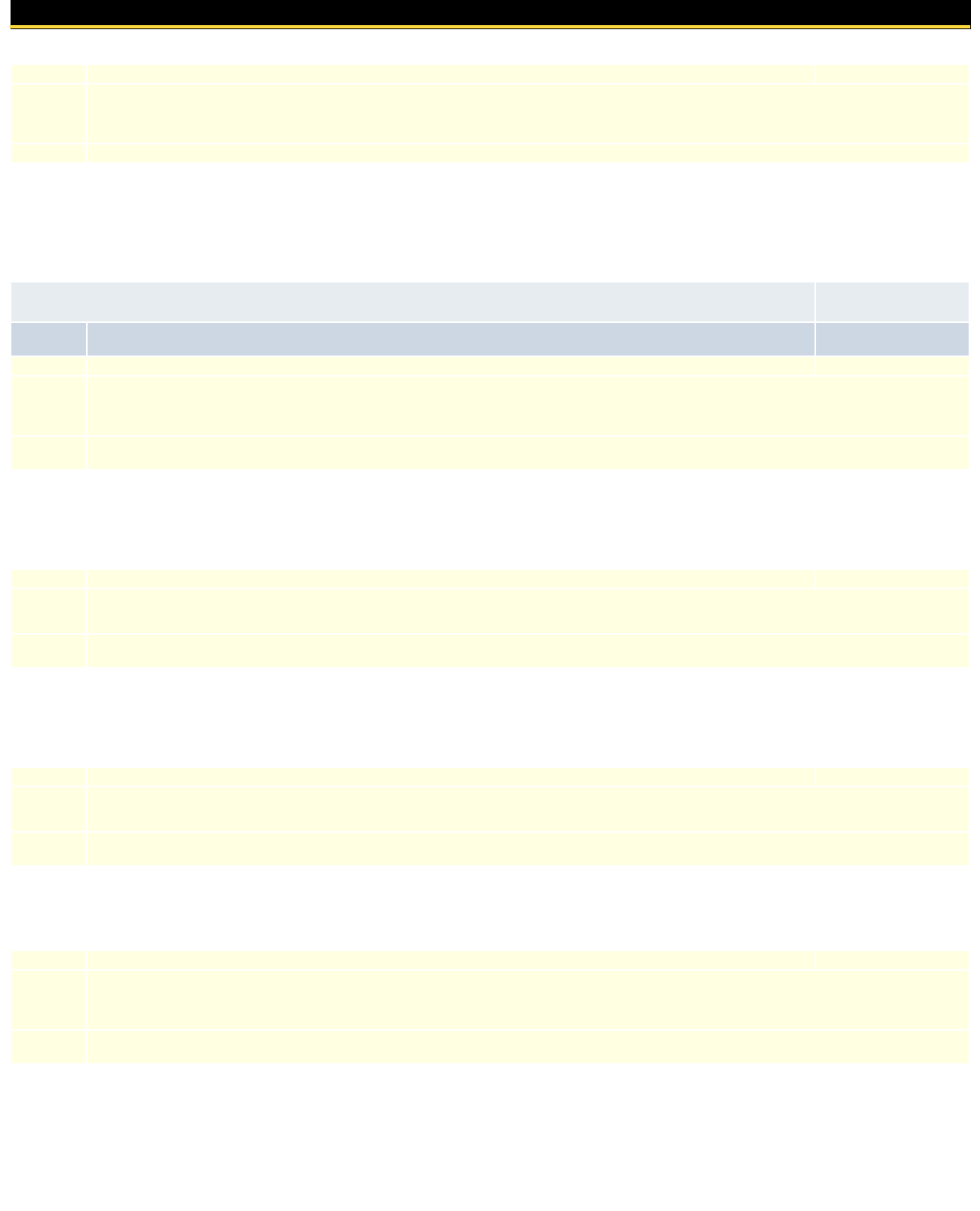
Typically Offered:
EDAD 865 Statistical Methods Research 3.00
Study of statistical design and methodology used in educational research with emphasis given to understandings of appropriate application of statistical
tests to educational data. The student studies application of skills developed in basic statistics. Emphasis on the understanding, planning, and execution
of statistical studies, descriptive and inferential in approach. Study is conducted with a computer-oriented approach.
Typically Offered:
EDAD 866 Advanced Administrative Analysis 3.00
Scholarly work requirement provides the post-graduate student an opportunity to conduct action research in an educational administration related
project. The action research and scholarly paper development is completed under the direction of the student's advisor. Guidelines for action research
and the subsequent paper are available from the advisor.
Typically Offered:
ENGED - English Education
Catalog
Nbr.
Course Title/Course Topics Credits
ENGED 606 Advanced Children's Literature 3.00
Advanced study of the various types of fiction and nonfiction literatures published for, used with, or selected by children birth to age 12. Emphasis is on
using children's literature across the content areas with best practice instruction. Includes the selection, evaluation, appreciation, and use of children's
literature and related media. Explores methods to help develop a child's interest in reading and ability to appreciate quality children's literature.
Typically Offered:
Fall and Spring Terms
ENGED 618 Middle Level Literature 3.00
Study of classic and current readings in middle level literature in conjunction with a discussion of the English language arts and literacy skills and
concepts typically addressed in grades 5-8. Engaging instructional strategies and assessment tasks will also be emphasized.
Typically Offered:
Summer Only
ENGED 663 Advanced Study of Literacy Pre K-3 3.00
Study of the design and implementation of developmentally appropriate curricula and instruction in the language arts that foster the concept of emergent
literacy. Focuses on the development of language (both oral and written) and literacy from birth through third grade.
Typically Offered:
Fall Term Only
ENGED 664 Advanced Literacy Grades 4-12 3.00
Study of the design and implementation of language arts curricula and instruction in grades 4-12. Focuses on creating strategic lifelong readers and
writers.
Typically Offered:
Spring Term Only
ENGED 665 Advanced Content Area Literacy 3.00
Study of the use of literacy processes in developing student learning in the content areas. Emphasis is on the integration of learning theory and subject
matter knowledge in planning instruction which makes profitable use of test and writing to meet curriculum goals.
Typically Offered:
Summer Only
ENGED 681 Seminars in Education 1.00 - 3.00
Selected topics and problems in the area of teacher education. May be taken in several units provided a different topic or problem is studied each time.
Typically Offered:
Fall or Spring Terms
ENGED 701 Introduction to Reading Difficulties 3.00
Investigation of various aspects of reading difficulties so that special reading teachers and classroom teachers can provide effective reading instruction
to readers of a variety of abilities. Strategies for diagnosis and remediation of reading difficulties at the elementary and secondary levels will be
considered. It is strongly recommended that students in this course enroll in ENGED 702 during the following semester.
Typically Offered:
Spring Term Only
ENGED 702 Reading Difficulties Practicum 3.00
Practicum in which theories and instructional strategies learned in ENGED 701 are put into practice as the student plans and conducts a program of
diagnosis and instruction for elementary-level and secondary-level readers of a variety of abilities. Clinical experiences are designed to develop the
student's skill as a diagnostician and teacher of readers of varying abilities.
Prerequisites:
Prerequisite for taking this course is completion of ENGED 701.
Typically Offered:
Summer Only
Official 2019-21 Graduate UW-Superior Catalog: Course Descriptions: Graduate Course Descriptions
The Board of Regents of the University of Wisconsin System | 24 of 228
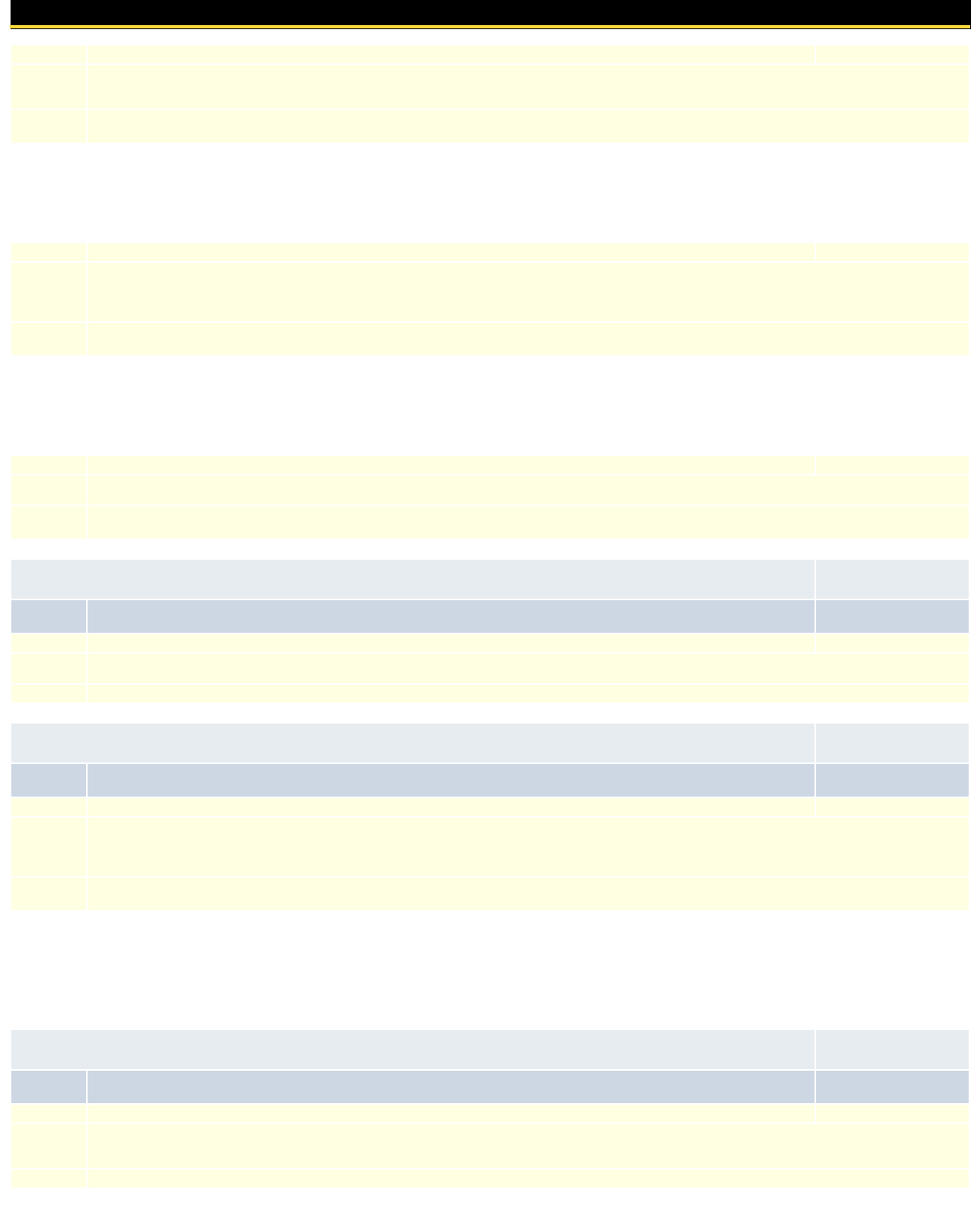
ENGED 705 The K-12 Literacy Program 3.00
In-depth study of K-12 literacy programs. Emphasis is on characteristics of effective school literacy programs and methods of planning, developing, and
evaluating effective programs.
Typically Offered:
Fall Term Every Other Year
ENGED 709 History of Reading 3.00
Exploration of philosophical orientations to literacy instruction with a study of the research base. Students will investigate the history of literacy
instruction as well as the most important research studies to affect instruction.
Typically Offered:
Occasional by Demand
ENGED 751 MSE-Reading Portfolio 0.00
Capstone experience of the student's program demonstrating professional growth through reflections on best-practice skills and knowledge gained
throughout the coursework. Satisfactory completion of the portfolio as ascertained by the student's program advisor fulfills the state of Wisconsin
portfolio requirement for licensure.
Typically Offered:
Fall and Spring Terms
ENGED 752 Educational Research Project 3.00
A literacy research project designed and carried out by a student with the advice and approval of the research advisor. Research advisor consent is
required to enroll in this course.
Typically Offered:
Fall and Spring Terms
ENGED 781 Independent Study 2.00 - 4.00
Specially designed study to allow the graduate student to pursue specific areas of need or interest. Instructor consent is required to enroll in this course.
Typically Offered:
Fall and Spring Terms
ENGL - English
Catalog
Nbr.
Course Title/Course Topics Credits
ENGL 665 Modern American Poetry 3.00
The study of major writers and poetic movements in modern American poetry.
Typically Offered:
FNS - First Nation Studies
Catalog
Nbr.
Course Title/Course Topics Credits
FNS 681 Counseling the First Nations 3.00
Explores counseling theory and application techniques from a First Nations perspective. First Nations world view and linear vs. holistic thinking are
principle topics. Group and individual counseling is addressed and practiced. Designed for people in helping professions that deal with First Nations
clients. Cross-listed as COUN 481/681.
Typically Offered:
Spring Term Every Other Year
FNS 686 Special Topics 1.00 - 4.00
In-depth study of specialized current topics in First Nations Studies selected by the instructor. May be repeated for credit when instructor and/or topics
are different. Instructor's approval required.
Typically Offered:
Fall and Spring Terms
GEOG - Geography
Catalog
Nbr.
Course Title/Course Topics Credits
GEOG 681 Special Topics 1.00 - 6.00
In-depth study of specialized topics in geography selected by the faculty on the basis of student interest/need. May include workshops, seminars, special
issues, etc. Course may be repeated when topics are different. Offered on demand.
Typically Offered:
Official 2019-21 Graduate UW-Superior Catalog: Course Descriptions: Graduate Course Descriptions
The Board of Regents of the University of Wisconsin System | 25 of 228
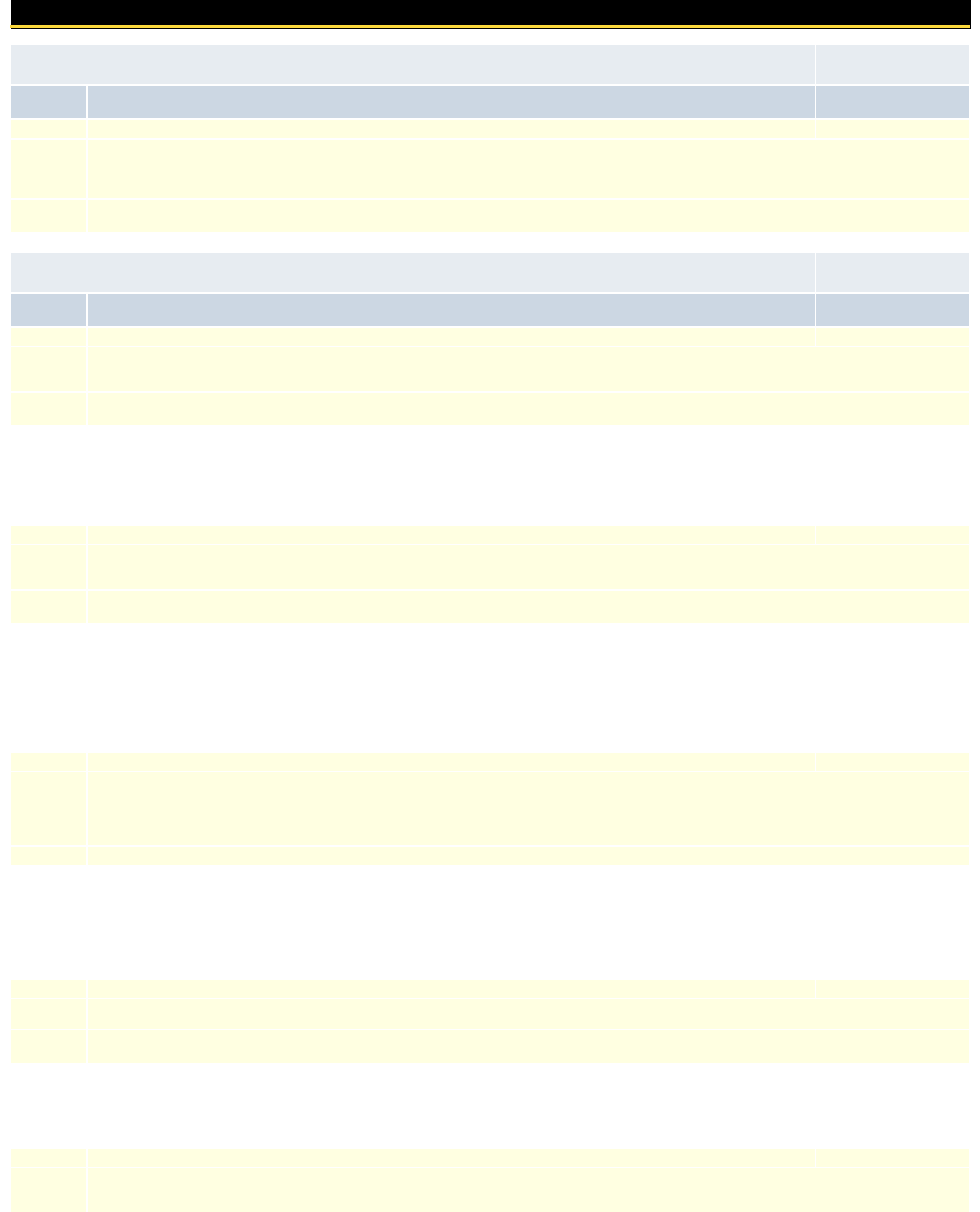
GEOL - Geology
Catalog
Nbr.
Course Title/Course Topics Credits
GEOL 681 Special Topics 1.00 - 4.00
In-depth study of specialized current topics in Geology selected by the faculty on the basis of student/community interest. May include workshops,
seminars, field trips, special problems, independent study, etc. May be repeated when topics are different. Offered on demand. Instructor consent
required.
Typically Offered:
Occasional by Demand
HHP - Health and Human Performance
Catalog
Nbr.
Course Title/Course Topics Credits
HHP 521 Adapted Human Performance (PE) 2.00
Activity selection, curricular development and program implementation in teaching exceptional/special needs students. Includes hands-on intervention
with exceptional/special needs students.
Typically Offered:
Fall Term Only
HHP 540 Organization and Administration of Human Performance, Health & Athletics 3.00
Techniques, procedures, and principles of organizing and administering human performance, allied health and athletic programs. Emphasizes
administrative structure, legal liability, and facilities management.
Typically Offered:
Fall and Spring Terms
HHP 541 Principles and Theory of Coaching 2.00
Analysis of the role of the coach, including the latest information concerning legal liability, administration/organizational responsibilities; various coaching
philosophies, diverse personalities of athletes, developing team cohesion, psychology of coaching and teaching techniques.
Typically Offered:
Spring Term Only
HHP 562 Kinesiology 3.00
Review of materials associated with basic muscle identification, origin, insertion, and muscle function. Students will learn functional concepts associated
with agonist and antagonist, the primary lever systems, how the upper and lower chains of the body assist with function from birth to the older age, and
how basic biomechanics of daily function assists with or limits everyday activities and overall health. Virtual lab style activities are used to enhance the
learning environment and link knowledge to practical application of skills.
Typically Offered:
Spring Term Only
HHP 563 Exercise Physiology 3.00
Introductory lecture and laboratory course examining the acute and chronic physiological responses to exercise. The lecture portion covers the
sub-cellular and metabolic responses to exercise, followed by the systemic responses (neuromuscular, endocrine, cardiopulmonary) as well as body
composition, environmental factors, gender, aging and training principles. The laboratory section allows students to accent the lecture portion with
hands-on laboratory experiences.
Typically Offered:
HHP 566 Principles Of Nutrition 3.00
Lecture-discussion course covering the basics of human nutrition including the macro and micro nutrients, the role of nutrition in health, weight loss and
weight gain practices, erogenic aids and supplements. Also addresses nutrition through the lifespan and global implications. Students required to
complete a comprehensive research paper.
Typically Offered:
Fall Term Only
HHP 567 Human Sexuality 3.00
Covers the biological, sociological, and psychological dimensions of human sexuality. Special emphasis on the education aspects.
Typically Offered:
Spring Term Only
HHP 622 Adaptive Human Performance (PE) Fieldwork 1.00 - 8.00
Work experience with exceptional/special needs individuals. Each credit equals approximately 36 hours of on-the-job experience outside the university.
Typically Offered:
Spring Term Only
HHP 624 Coaching Students with Special Needs 1.00 - 4.00
Theory, principles and practical application of coaching sports for exceptional/special needs students. Instructor consent is required to enroll in this
course. On demand.
Official 2019-21 Graduate UW-Superior Catalog: Course Descriptions: Graduate Course Descriptions
The Board of Regents of the University of Wisconsin System | 26 of 228
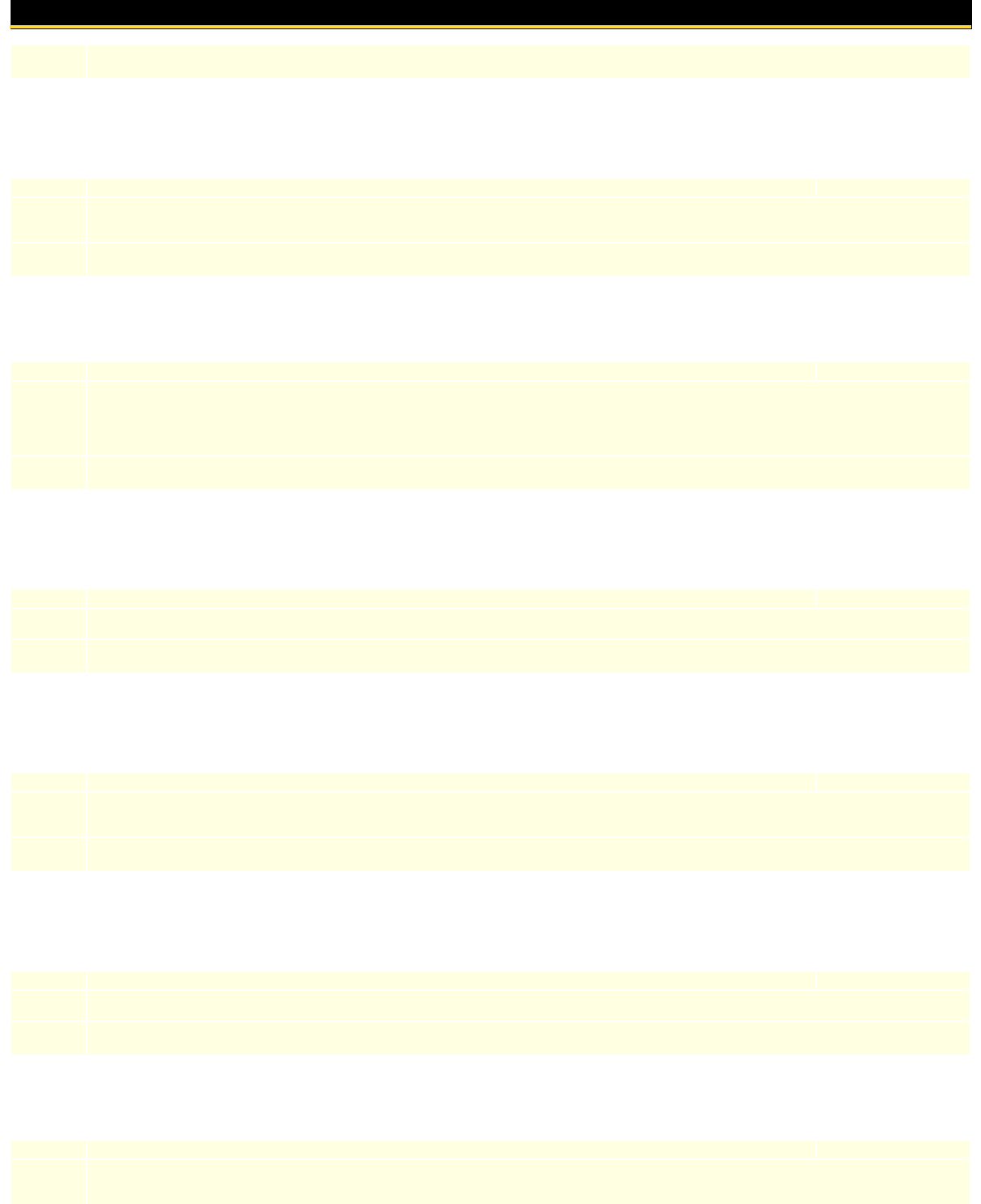
Typically Offered:
Fall Term Only
HHP 638 Measurement and Evaluation for Human Performance 2.00
Introduction to the field of measurement, evaluation and research in human performance. Students are required to complete an independent research
project related to their intended profession. Basics of a research proposal, Institutional Review Board and power point presentations are covered.
Typically Offered:
Spring Term Only
HHP 656 Foundations of Sport and Exercise Psychology 2.00
Psychological and scientific principles as they pertain to understanding participants, sport and exercise environments, group processes, and
performance, enhancing health and well-being and facilitating psychological growth and development.
Typically Offered:
Fall Term Only
HHP 660 Cardiovascular Diagnostics 3.00
Introductory survey of theoretical considerations and practical applications of electrocardiography and other cardiac interventions.
Typically Offered:
Fall Term Only
HHP 669 Pathophysiology of Disease\Prevention and Control 3.00
Introductory course of basic pathophysiology including epidemiological basics, infectious and non-infectious diseases, systemic responses, and an
in-depth study of the leading causes of death in the United States and Canada (coronary heart disease, cancer, pulmonary disease), as well as common
disorders (muscular, skeletal, neurological, gastrointestinal, urological and reproductive systems.) Students are required to complete a comprehensive
research paper.
Typically Offered:
Spring Term Only
HHP 670 Community and Environmental Health 3.00
Survey of health and environmental issues as they relate to the global community. The organizations, resources and personnel involved in promotion
and maintenance of the health of a community. Also examines health education theories as they relate to creating a professional health promotion plan.
Typically Offered:
Fall Term Only
HHP 671 Senior Seminar: Community Health Promotion 3.00
Development, implementation, and administration of community health promotion programs. Instructor consent is required.
Typically Offered:
Occasional by Demand
HHP 690 Independent Study 1.00 - 6.00
Intensive investigation of various phases, trends and/or programs in health or human performance. Each student presents a thorough paper on a
selected phase, trend or problem in human performance.
Typically Offered:
Fall and Spring Terms
HHP 691 Fieldwork 1.00 - 12.00
Varied opportunities to work in field settings. Each credit equals approximately 36 hours of on-the-job experience outside the university. Normally open to
juniors and seniors. Instructor consent is required to enroll in this course. Instructor consent is required.
Typically Offered:
Fall and Spring Terms
HHP 692 Experiential Learning 1.00 - 12.00
Credit for certain non-classroom experiences on campus. Normally open to juniors and seniors. Credit for experience is normally sought prior to its
occurrence. Instructor consent is required to enroll in this course. Instructor consent is required.
Typically Offered:
Fall and Spring Terms
HHP 694 Workshop 1.00 - 8.00
Short-term, activity/health oriented course in a specialized area. Instructor consent is required to enroll in this course. Instructor consent is required.
Typically Offered:
Fall and Spring Terms
HHP 695 Current Topics Seminar 1.00 - 12.00
Advanced seminar on major contemporary developments in the area of human performance and athletics.
Typically Offered:
Occasional by Demand
HHP 696 Internship 10.00 - 20.00
On-the-job experience with community agencies to provide students with realistic opportunities to apply their skills to practical problems. A student must
work at a site a minimum of 450 hours to receive internship credit. Field Experiences Director's consent is required to enroll in this course.
Official 2019-21 Graduate UW-Superior Catalog: Course Descriptions: Graduate Course Descriptions
The Board of Regents of the University of Wisconsin System | 27 of 228
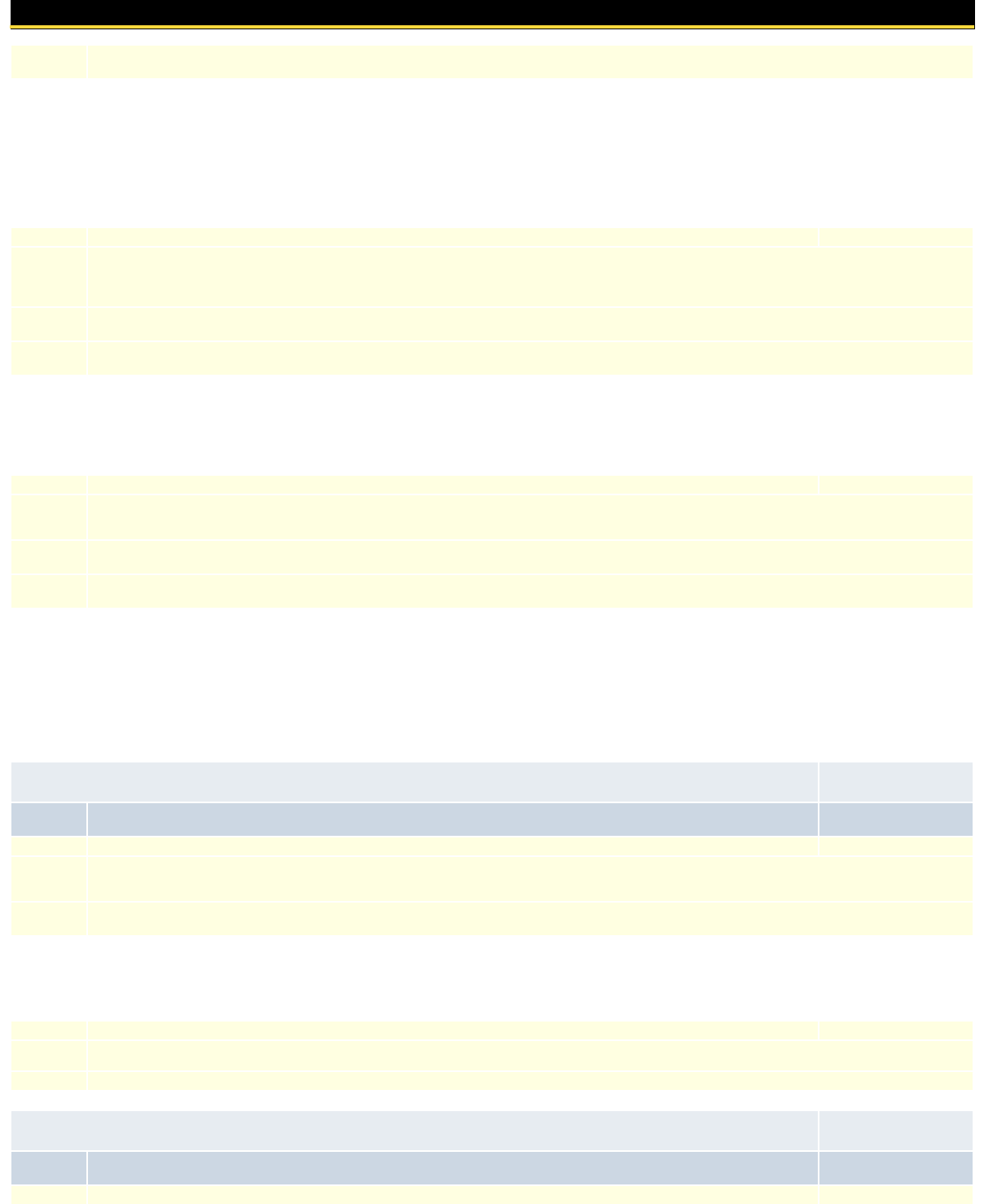
Typically Offered:
Fall and Spring Terms
HHP 700 Research Seminar 3.00
Advanced seminar to instruct students on the procedures and sources for obtaining the latest information in the field and to provide a forum for
discussion of advances in the field. Emphasis on library research, bibliographic data retrieval, writing a seminar paper, and oral presentation of the
seminar paper.
Prerequisites:
Consent of cooperating Instructor and Department Chair.
Typically Offered:
Occasional by Demand
HHP 701 Legal Liability in Human Performance and Athletics 3.00
Case study approach to liabilities that may be encountered by schools and community agencies in their human performance, athletic, intramural and
recreational programs. Interpretation of legal precedents and their implications for the organization and management of sports, including, equipment,
facilities, supervision, transportation, and handling of injuries.
Prerequisites:
Consent of cooperating Instructor and Department Chair.
Typically Offered:
Occasional by Demand
HHP 702 Administration of Athletics 3.00
Independent study of the administrative techniques, policies and procedures necessary to successfully administer athletic programs, including current
administrative problems.
Typically Offered:
Occasional by Demand
HHP 703 Supervision of Human Performance 3.00
History, philosophy, principles and techniques of supervising human performance in the elementary and secondary schools. Professional qualities and
preparation of supervisors of student teachers in human performance will also be included.
Prerequisites:
Consent of cooperating Instructor and Department Chair.
Typically Offered:
Occasional by Demand
HHP 704 Human Performance Curriculum Development 3.00
Current types of instructional programs in elementary, middle and senior high schools. Emphasizes techniques of planning functional human
performance curricula considering facilities and staff.
Prerequisites:
Consent of cooperating Instructor and Department Chair.
Typically Offered:
Occasional by Demand
HLTH - Health
Catalog
Nbr.
Course Title/Course Topics Credits
HLTH 568 Drugs, Health and Human Behavior 3.00
Current, accurate and documented information about drugs and their use and abuse. Attention will be given to understanding drug abuse, family,
prevention, intervention, treatment, and drug-specific information.
Typically Offered:
Spring Term Only
HLTH 572 Consumer Health 2.00
Principles of consumerism are discussed and analyzed with regard to health care products and interventions.
Typically Offered:
Spring Term Only
HLTH 589 Health Elective 1.00 - 9.00
Transfer credits ONLY from another accredited institution not equivalent to a UW-Superior course.
Typically Offered:
HWM - Health & Wellness Management
Catalog
Nbr.
Course Title/Course Topics Credits
HWM 700 Contemporary Health and Wellness Perspectives 3.00
Official 2019-21 Graduate UW-Superior Catalog: Course Descriptions: Graduate Course Descriptions
The Board of Regents of the University of Wisconsin System | 28 of 228
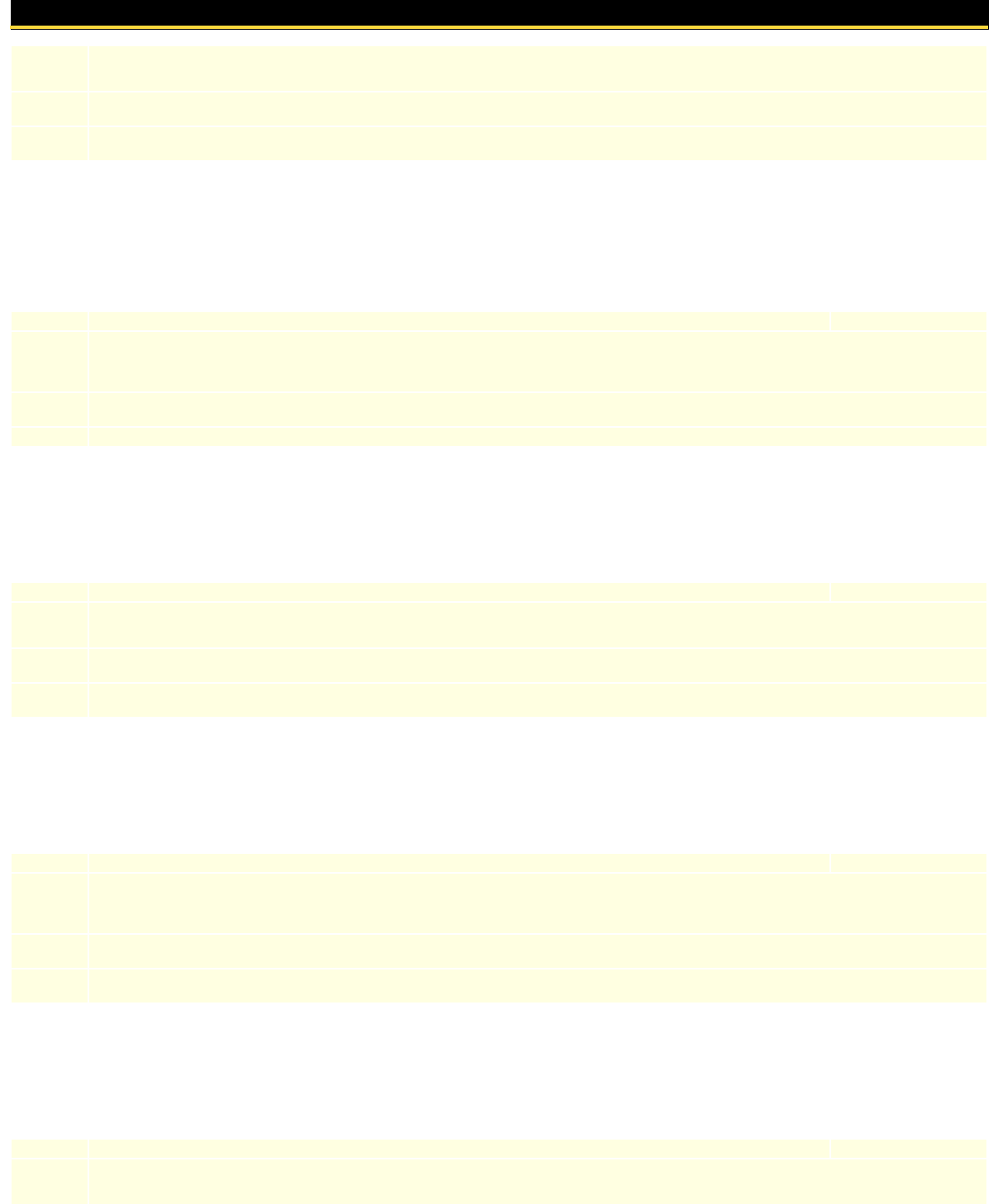
In this course, students will examine health and wellness concepts and probe foundational thinking associated with the contemporary health and
wellness field. Expectations and development of the wellness professional will be explored.
Prerequisites:
Admission to MS in Health and Wellness Program
Typically Offered:
Fall and Spring Terms
HWM 705 Strategic Management for Wellness Managers 3.00
This course introduces students to management concepts to create strategic direction and the role of leadership in setting strategy capable of meeting
competitive challenges within the wellness industry. Topics include key management theories; role of stakeholders; issue identification; program
evaluation; and business plan development.
Prerequisites:
Admission to MS in Health and Wellness Program
Typically Offered:
Fall and Spring Terms
HWM 710 Research Methods for Wellness Programs 3.00
This course covers research methods and designs relevant to wellness program managers. Students will be introduced to various research designs
including experimental and nonexperimental, as well as quantitative and qualitative research methods. The course will focus on providing a practical
understanding of several statistical tools used in wellness-related research.
Prerequisites:
Admission to MS in Health and Wellness Program
Typically Offered:
HWM 715 Persuasion Skills for Wellness Managers 3.00
In this course, students will develop communication and persuasion skills, which are essential for wellness managers. Utilizing a variety of media and
techniques, students will hone their communication skills. Students will apply key marketing concepts to mount effective marketing campaigns for their
organization.
Prerequisites:
Admission to MS in Health and Wellness Program
Typically Offered:
HWM 720 Exercise and Nutrition in Health and Disease 3.00
This course introduces students to the roles that physical activity and nutritional practices play in the prevention, management, and treatment of chronic
diseases and conditions such as obesity, cardiovascular disease, cancer, diabetes, COPD, arthritis, depression and anxiety.
Prerequisites:
Admission to MS in Health and Wellness Program
Typically Offered:
Fall and Spring Terms
HWM 730 Biopsychosocial Aspects of Health 3.00
This course is a survey of biological, psychological and social-environmental aspects of wellness. Taking an applied focus, students will learn current
theoretical and evidenced-based approaches in psychology, integrative medicine, and behavioral economics that impact wellness.
Prerequisites:
Admission to MS in Health and Wellness Program
Typically Offered:
Fall and Spring Terms
HWM 740 Health Systems and Policy for Wellness Managers 3.00
This course provides information pertaining to the US Health Care system with emphasis on health and wellness. It provides an overview of the major
public and private stakeholders including public health, insurance, and health care providers. Participants will examine how health policy impacts the
design and financing of wellness programs.
Prerequisites:
Admission to MS in Health and Wellness Program
Typically Offered:
Fall and Spring Terms
HWM 750 Planning and Evaluation for Wellness Managers 3.00
This purpose of this course is to examine planning and evaluation as inter-related, cyclical activities. Students will examine major activities and
processes involved in planning and evaluating wellness programs.
Prerequisites:
Successful completion of HWM 705 and HWM 710
Typically Offered:
Fall and Spring Terms
HWM 760 Wellness Law 3.00
This course introduces students to the legal and ethical environment of wellness management. Topics include the Affordable Care Act, Americans with
Disabilities Act and HIPAA. Students will learn effective negotiation skills that can be used when dealing with contracts and vendors.
Official 2019-21 Graduate UW-Superior Catalog: Course Descriptions: Graduate Course Descriptions
The Board of Regents of the University of Wisconsin System | 29 of 228
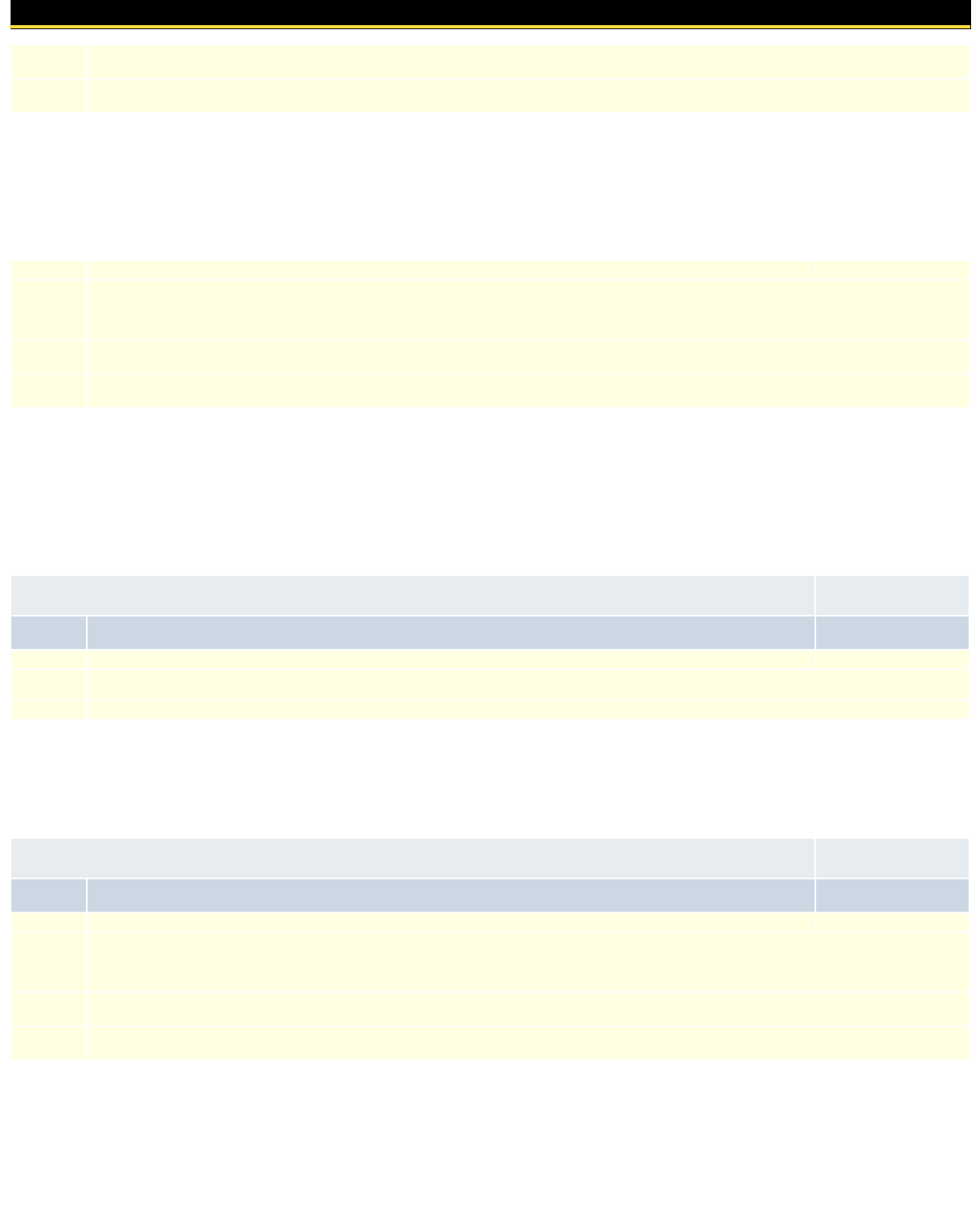
Prerequisites:
Admission to MS in Health and Wellness Program
Typically Offered:
Fall and Spring Terms
HWM 770 Behavior and Development in Organizations 3.00
In this course, students will study organizations, their members and why people and groups behave as they do. Processes and methods that improve
behavior, effectiveness, and efficiency in organizational settings will be examined. The course will also cover various methods for assessing
organizational behavior and change.
Prerequisites:
Admission to MS in Health and Wellness Program
Typically Offered:
Fall and Spring Terms
HWM 780 Best Practices and Emerging Issues in Wellness 3.00
In this course, students will study emerging trends, innovations, and best practices in the health and wellness industry with emphasis on preventative
health care. Students will investigate major health challenges, programs, and policies to determine the influence of social, economic, multicultural, and
global pressures on successful wellness practices
Prerequisites:
Successful completion of HWM 700, 705, 710, 720, and 730.
Typically Offered:
Fall and Spring Terms
HWM 790 Health and Wellness Management Capstone Course 3.00
This course provides a cohesive experience designed to synthesize and apply information from the MS HWM curricula. Students complete an individual
capstone experience that demonstrates thorough understanding of the knowledge, skills and disposition necessary to be a successful health and
wellness manager.
Prerequisites:
Successful completion of HWM 780
Typically Offered:
Fall and Spring Terms
IDS - Interdisciplinary Studies
Catalog
Nbr.
Course Title/Course Topics Credits
IDS 500 Study Abroad Placeholder Graduate 0.00
Study Abroad Placeholder Graduate
Typically Offered:
IDS 720 Emotional Intelligence in Therapeutic Settings 3.00
This course explores and develops competencies of emotional intelligence as applied within therapeutic settings. We will apply a collaborative approach
to learning through experiential learning opportunities that develop awareness and skills.
Typically Offered:
Fall Term Every Other Year
ITM - Information Technology Management
Catalog
Nbr.
Course Title/Course Topics Credits
ITM 700 Communications for IT Professionals 3.00
This course focuses on developing communication skills for IT professionals. Students will learn how to deliver effective presentations, conduct crucial
conversations with stakeholders, and develop verbal and nonverbal communication skills emphasizing cultural sensitivity, diversity, and ethics. Students
will also conduct relevant research and critically evaluate information to make informed evidence-based decisions.
Prerequisites:
Admission to MS in Information Technology Management program
Typically Offered:
Fall, Spring, and Summer Terms
ITM 705 Leading the IT Function 3.00
This course focuses on the differences between and application of management and leadership theories in an IT environment. Utilizing an array of
assessment activities, students will identify and understand one’s own personal assets and liabilities to become an effective leader and agent of change
in a complex adaptive system.
Prerequisites:
Admission to MS in Information Technology Management program
Typically Offered:
Fall, Spring, and Summer Terms
Official 2019-21 Graduate UW-Superior Catalog: Course Descriptions: Graduate Course Descriptions
The Board of Regents of the University of Wisconsin System | 30 of 228
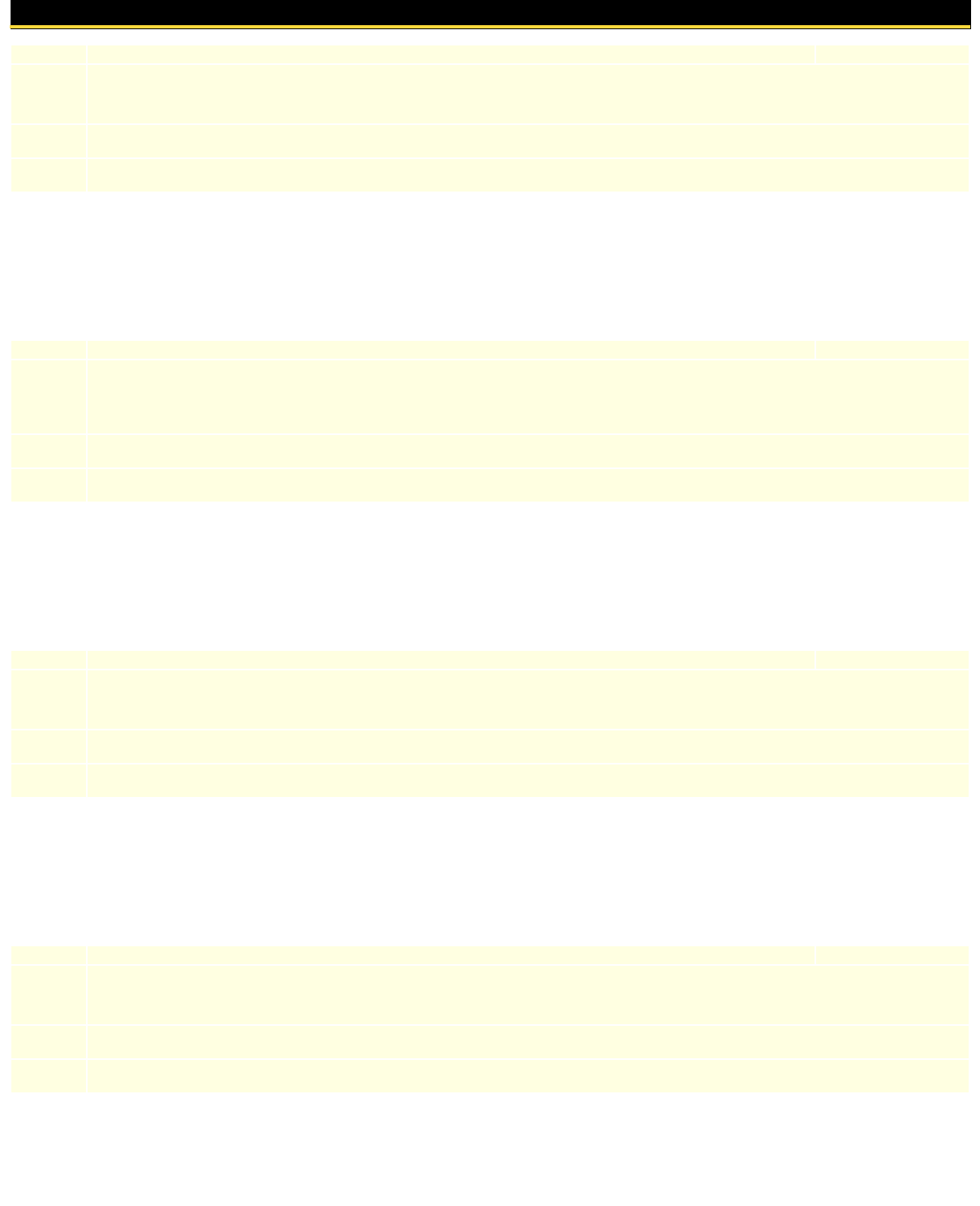
ITM 710 Finance for IT Managers 3.00
This course will frame financial decisions within general and project accounting principles. Topics include: pro forma financial statements, time value of
money, cash flows and equivalence, depreciation, net present value, rate of return, and ratio analysis. Students will prepare budgets that prioritize
projects within constraints, address uncertainty and intangibles, and integrate with project scheduling.
Prerequisites:
Admission to MS in Information Technology Management program
Typically Offered:
Fall, Spring, and Summer Terms
ITM 715 Data Science 3.00
This course examines key data science concepts, methods, and processes. It addresses issues for developing, managing and supporting data-driven
decision-making in the organization and provides knowledge and tools for incorporating data science into IT project workflows. Topics include, but are
not limited to, data analytics, data warehousing, machine learning, and artificial intelligence.
Prerequisites:
Admission to MS in Information Technology Management program
Typically Offered:
Fall, Spring, and Summer Terms
ITM 720 Cloud Computing and Enterprise Applications 3.00
Students will learn to leverage cloud services to streamline computing resources, deploy enterprise applications, improve user access and system
reliability, and utilize advanced computing capabilities. Foundation concepts include: virtualization, multi-tenant architecture, and software defined
networking. Examines the full range of services available to organizations along with deployment strategies, evaluation criteria, economic justification,
and manageability.
Prerequisites:
Admission to MS Information Technology Management Program and ITM 710.
Typically Offered:
Fall, Spring, and Summer Terms
ITM 725 Enterprise Security 3.00
Students will explore the technical, administrative, and physical aspects of IT security. They will investigate various threats within IT and fraud and apply
information classification to the design of information, network and physical security. Students will evaluate the business processes of risk, business
continuity, audit, and the risk within software development.
Prerequisites:
Admission to the MS Information Technology Management program and ITM 700
Typically Offered:
Fall, Spring, and Summer Terms
ITM 730 Agile and Traditional IT Project Management 3.00
This course examines project management concepts as applied to IT projects and covers traditional PMBOK techniques such as project identification,
selection, procurement, and cost/schedule preparation and monitoring. Students will be introduced to agile IT project management concepts including
Scrum and Extreme Programming. This course requires students to apply these concepts to group projects.
Prerequisites:
Admission to MS Information Technology Management Program and ITM 700 and 710.
Typically Offered:
Fall, Spring, and Summer Terms
ITM 735 Business Analysis and System Development 3.00
This course focuses on the importance, role, and techniques of the business analysis function in the modern IT organization. This course is organized
around the six knowledge areas and associated techniques of the Business Analysis Body of Knowledge (BABOK) specified by the International Institute
of Business Analysis.
Prerequisites:
Admission to the MS Information Technology Management program and ITM 730.
Typically Offered:
Fall, Spring, and Summer Terms
ITM 740 IT Operations 3.00
This course explores best practices and techniques for ensuring the smooth functioning of the IT infrastructure and operational environments to support
development and deployment of applications and services within the organization. Coverage includes network infrastructure; servers and devices;
computer operations; service management; facilities; help desk services, DevOps, and process automation.
Prerequisites:
Admission to the MS Information Technology Management program and ITM 735.
Typically Offered:
Fall, Spring, and Summer Terms
ITM 745 IT Governance, Ethics, and Regulatory Compliance 3.00
This course examines best practices in IT governance to achieve regulatory compliance, optimize use of available resources, ensure trustworthiness of
enterprise information, and support business strategies and objectives. Topics include: strategic alignment, IT service and control frameworks, portfolio
management, IT risk management, and ethical issues in IT governance.
Prerequisites:
Admission to the MS Information Technology Management program and ITM 735
Official 2019-21 Graduate UW-Superior Catalog: Course Descriptions: Graduate Course Descriptions
The Board of Regents of the University of Wisconsin System | 31 of 228
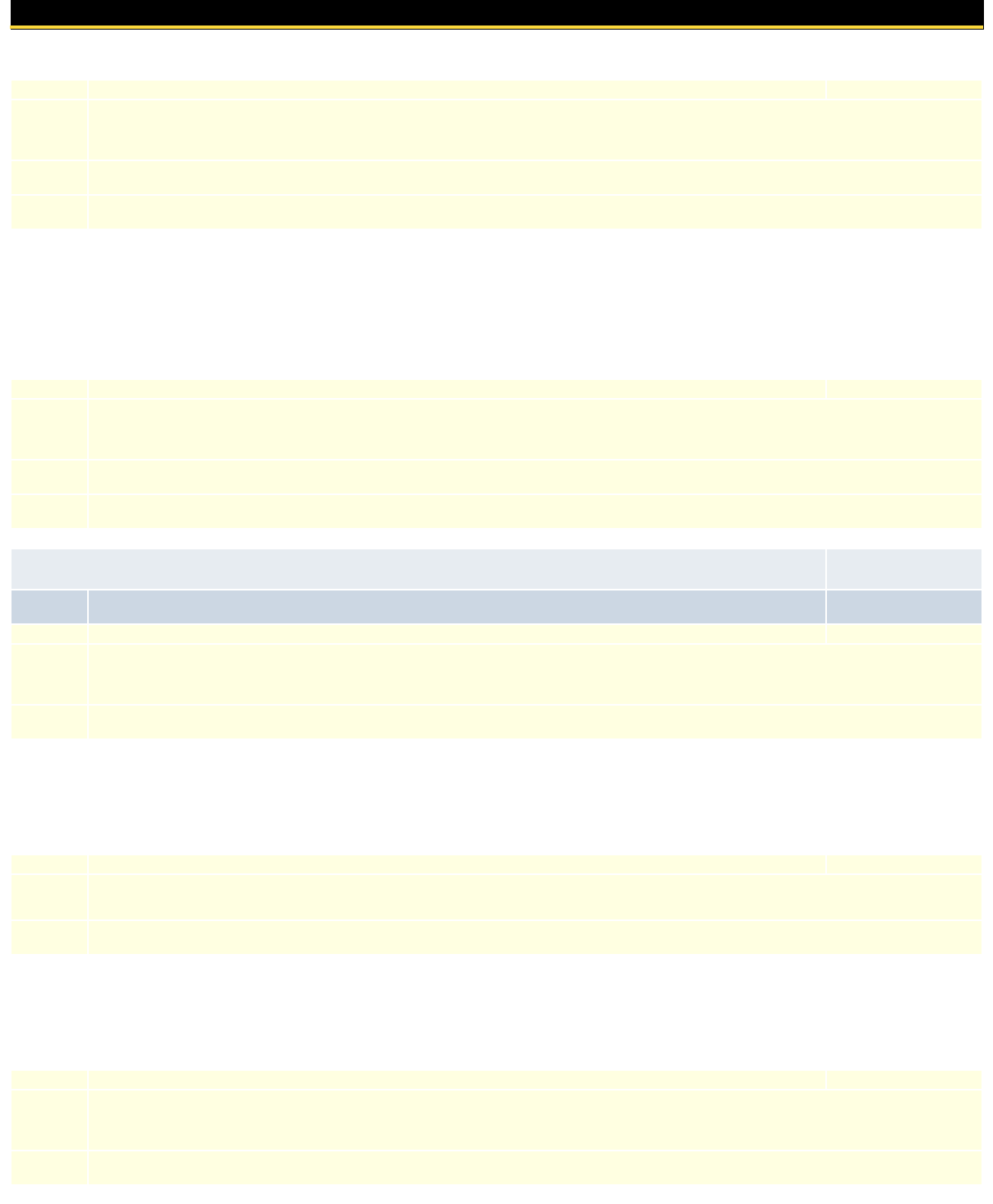
Typically Offered:
Fall, Spring, and Summer Terms
ITM 750 Evaluation of Emerging Technologies 3.00
This seminar course researches, identifies and evaluates significant new trends, technologies and events influencing the global environment of
information technology and systems. The course will evaluate future and disruptive technologies, strategies for successful implementation of innovative
technologies, critical thinking, and ethics pertaining to its use
Prerequisites:
Admission to the MS Information Technology Management program and ITM 740.
Typically Offered:
Fall, Spring, and Summer Terms
ITM 754 Capstone Preparation 1.00
Students select their capstone project, create a plan, define deliverables, secure approval and complete setup of their development environment.
Students review concepts necessary for completion of the capstone including Agile project management, systems analysis and communicating with
technical and non-technical audiences. Additional topics may be included.
Prerequisites:
Admission to MS in Information Technology Management program
Typically Offered:
Fall, Spring, and Summer Terms
ITM 755 Capstone 3.00
In this course, students complete the projects approved in the Capstone Preparation course. This course includes the management, development and
delivery of an information technology project to a client or employer, including regular communication of status to both technical and non-technical
audiences
Prerequisites:
Admission to the MS Information Technology Management program and ITM 754
Typically Offered:
Fall, Spring, and Summer Terms
LIBS - Library Science
Catalog
Nbr.
Course Title/Course Topics Credits
LIBS 503 Information Resources and Services 3.00
Principles and philosophies of library reference service, information literacy, reading, listening and viewing guidance, and information resources with
special emphasis on the Application of Wisconsin Model Academic Standards within the school library media center. Knowledge and use of major
reference resources as well as discussions of strategies for effective information services.
Typically Offered:
Fall Term Only
LIBS 507 Selecting and Organizing Library Resources 3.00
Develops the ability to build and maintain resource collections by studying the principles and practices of selection, acquisition, and evaluation for
resources to support the library's goals. Includes the study and application of standardized procedures for classifying and cataloging resources and
maintaining electronics systems of collections.
Typically Offered:
Fall Term Only
LIBS 509 Information Literacy Leadership 3.00
Introduction to information literacy program development in a range of libraries. Examines leadership roles as they relate to information literacy and the
collaborative teaching responsibility of librarians.
Typically Offered:
Spring Term Only
LIBS 510 Young Adult Literature 3.00
Examination of the range of print and mediated literature available to young adults. Criteria for evaluation, selection, and guidance in use to meet both
student and curriculum uses are discussed. An appreciation for the literature is developed through experiences in reading, viewing, and classroom
reporting.
Typically Offered:
Fall Term Only
LIBS 525 Administration of Library Media Programs 3.00
Introduction to administration of library/media programs with emphasis on leadership in the library/media program, the school, and the broader
community of the library/media program and the library/media specialist profession. Examines the state and national guidelines appropriate to library/
media programs.
Typically Offered:
Spring Term Only
LIBS 606 Children's Literature 3.00
Official 2019-21 Graduate UW-Superior Catalog: Course Descriptions: Graduate Course Descriptions
The Board of Regents of the University of Wisconsin System | 32 of 228
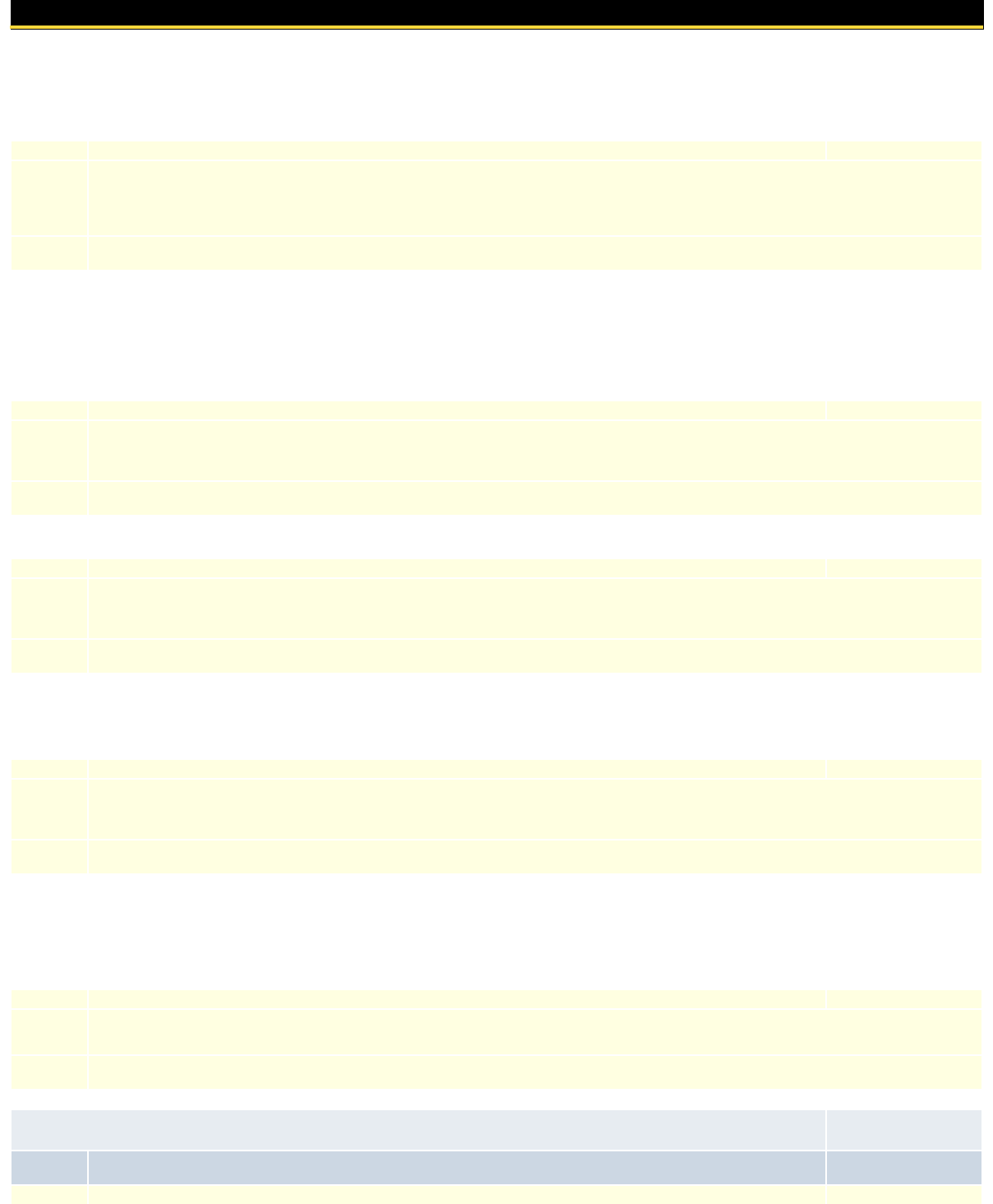
Study of the various types of fiction and nonfiction literatures published for, used with, or selected by children birth to age 12. Emphasis is on using
children's literature across the content area with best practice instruction. Includes the selection, evaluation, appreciation, and use of children's literature
and related media. Explores methods to help develop a child's interest in reading and ability to appreciate quality children's literature.
Typically Offered:
Fall and Spring Terms
LIBS 612 Trends-Issues K-12 Literature 3.00
Examination of literature for children and young adults published within the last 10 years. Includes reading and discussion of the literature and trends in
children's and young adult reading. Also includes examination of current selection aids and other resources for teachers and librarians serving children
and young adults. Topics include current thought on the digital age, internet and intellectual freedom issues, and the teaching of both children's and
young adult literature in the classroom. Summer only.
Typically Offered:
Summer Only
LIBS 616 Advanced Administration of School Library Media Programs 3.00
Focus on advanced preparation for work in the field of school library administration, including building as well as district perspective. Topics to be
included are: the school library media specialist's role in school improvement, collaboration with teachers, and the importance of networking with the
school, within the district, and in the professional field. Emphasis on "real world" issues affecting administration of school libraries, with discussion of
current trends in the field. Summer only.
Typically Offered:
Summer Only
LIBS 635 Technology for Teaching and Learning 3.00
Effective use of technology with students and faculty to facilitate teaching and learning. Educational media selection, design, production, and
instructional delivery to meet Wisconsin and Minnesota information and technology literacy standards. Management and planning concepts for
technology in schools and libraries.
Typically Offered:
Spring Term Only
LIBS 640 Information Literacy 3.00
Typically Offered:
LIBS 645 Integrating Technology in the Library Media Program 3.00
Use of educational theory to select, design, and implement advanced information and instructional technologies in the library media program.
Development of skills in planning and providing organizational professional development, and in appropriate use of intellectual property in teaching and
learning
Typically Offered:
Spring Term Only
LIBS 650 Topics in Library Science 1.00 - 3.00
Concentrated study of current special or advanced topics/issues in librarianship. Topics are selected by library faculty based upon student/library
community interest. Course may be repeated when topics are different. Summer only.
Typically Offered:
LIBS 685 Library Practice 1.00 - 3.00
Supervised practice in library situations providing opportunity for practical application of library principles. Primarily for those in non-teaching areas.
Requires consent of the instructor. (N.B. For prospective teachers the practicum in school library media centers is included in the student teacher's
professional sequence.)
Typically Offered:
Fall and Spring Terms
LIBS 690 Supervised School Library Practicum Combined 3.00
This course provides licensed teachers in the school library program with the opportunity to fully develop, practice, and reflect upon skills acquired
through coursework in a supervised field experience in an elementary and a secondary school library and work in their own schools, as appropriate.
Students create a portfolio demonstrating mastery of program competencies. Prerequisites: Graduate status, consent of instructor, completion of at
least 21 credits at UW-Superior, 3.10 GPA in library media courses taken before entering the library media practicum.
Typically Offered:
LIBS 699 Directed Studies in Librarianship 1.00 - 3.00
Individualized study of a particular area or problem in librarianship. Topic selected requires approval of the instructor within the program who will be
directing the study. May be taken in several units providing a different topic is taken each time.
Typically Offered:
Fall and Spring Terms
MATH - Mathematics
Catalog
Nbr.
Course Title/Course Topics Credits
MATH 681 Special Topics 1.00 - 4.00
Official 2019-21 Graduate UW-Superior Catalog: Course Descriptions: Graduate Course Descriptions
The Board of Regents of the University of Wisconsin System | 33 of 228
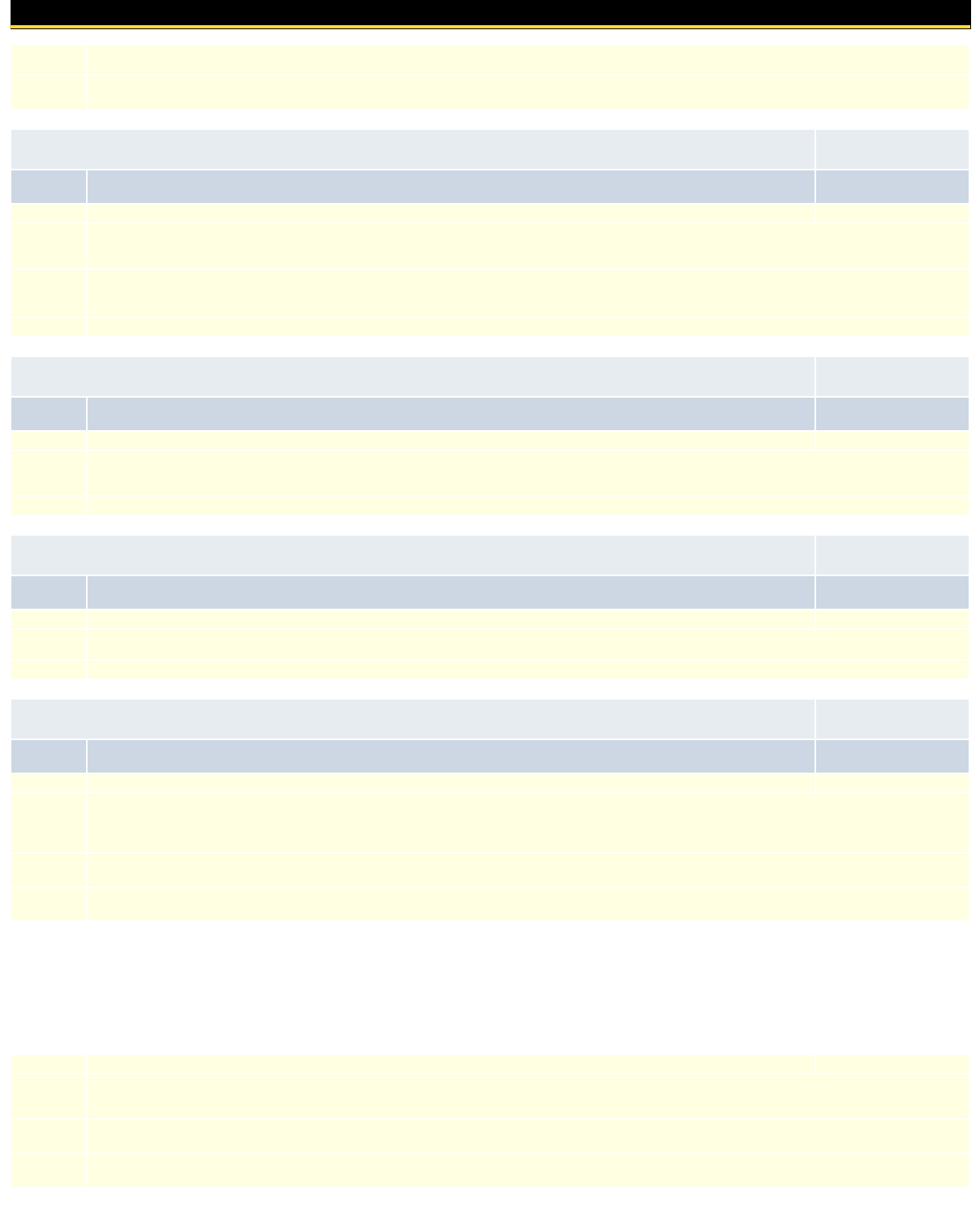
In-depth study of specialized current topics in mathematical sciences. May be repeated when topics are different.
Typically Offered:
Occasional by Demand
MUSED - Music Education
Catalog
Nbr.
Course Title/Course Topics Credits
MUSED 515 General Music (515) at the EC-A (74) 0.00 - 3.00
Licensure in General Music: Post baccalaureate program leading to licensure in General Music (515) at the EC-A (74) level in the Teaching category.
Program for music educators seeking additional licensure in music education, specifically, general music.
Prerequisites:
Must hold a BME in Choral or Instrumental Music Education. Contact the UW-S Music Education Coordinator for individually designed program plan
and approval.
Typically Offered:
PHYS - Physics
Catalog
Nbr.
Course Title/Course Topics Credits
PHYS 681 Special Topics 1.00 - 6.00
In-depth study of specialized current topics in physics selected by the faculty on the basis of community interest. May include workshops, seminars, field
trips, special problems, independent study. May be repeated when topics are different. Instructor consent required.
Typically Offered:
PSYC - Psychology
Catalog
Nbr.
Course Title/Course Topics Credits
PSYC 789 Psychology Elective 1.00 - 99.00
Transfer credits ONLY from another accredited institution not equivalent to a UW-S course.
Typically Offered:
SMGT - Sustainable Management
Catalog
Nbr.
Course Title/Course Topics Credits
SMGT 700 Cultural and Historical Foundations of Sustainability 3.00
The changing relationships of humans to the natural environment; changes in dominant scientific perspectives and the process of scientific debate. The
quest for understanding, manipulating, and dominating the natural world. Cultural and organizational structures; the role and impact of technology; the
systems approach to problem solving and its implications for the future.
Prerequisites:
Admission to M.S. in SMGT Program.
Typically Offered:
Fall and Spring Terms
SMGT 710 The Natural Environment 3.00
Natural cycles, climate, water, energy, bio-systems, eco-systems, the role of humans in the biosphere; human impacts on natural systems. Use of case
studies; some pre-reading, carbon cycle as a unifying theme. Disturbance pollution and toxicity; carrying capacity; natural capital.
Prerequisites:
Admission to M.S. in SMGT Program.
Typically Offered:
Fall and Spring Terms
SMGT 720 Applied Research and the Triple Bottom Line 3.00
Document and project internal and external costs resulting from the inseparability of the natural, social and economic environments. Assess
sustainability issues using basic modeling techniques; cause and effect, root cause analysis, regression analysis and business scenario based cases.
Prerequisites:
Admission to M.S. in SMGT Program.
Typically Offered:
Fall and Spring Terms
SMGT 730 Policy, Law and Ethics of Sustainability 3.00
Official 2019-21 Graduate UW-Superior Catalog: Course Descriptions: Graduate Course Descriptions
The Board of Regents of the University of Wisconsin System | 34 of 228
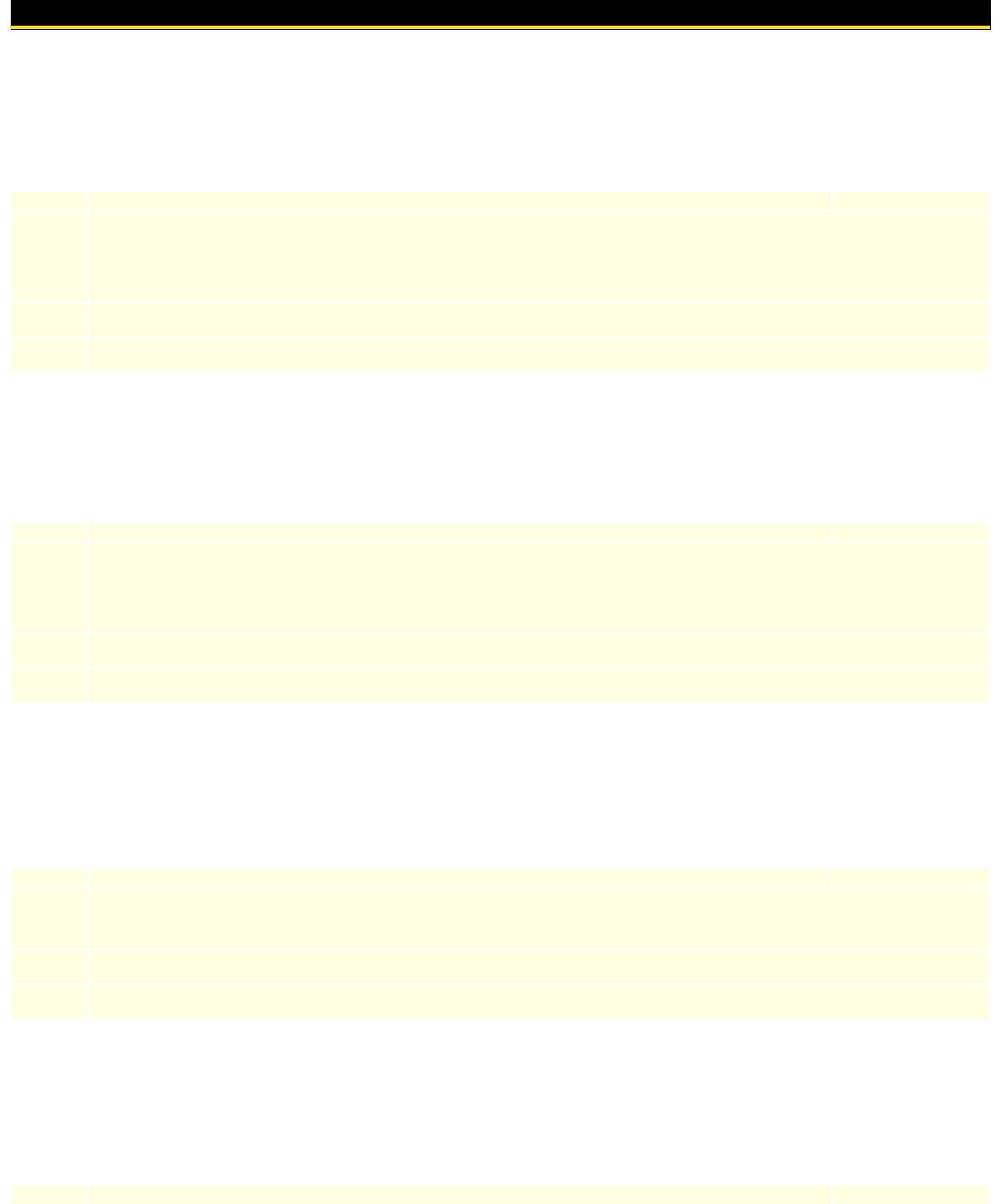
The Law and Ethics regarding sustainability of Economic development and emerging environmental challenges at national and international levels;
including National Environmental Policy Act (NEPA), Carbon Footprints, Kyoto protocol, and Brundtland Commission. The policy and role of
government and its agencies such as Army Corps of Engineers; Department of Interior, etc., in building a more just, prosperous, and secure
environmental common future.
Prerequisites:
Admission to M.S. in SMGT Program.
Typically Offered:
Fall and Spring Terms
SMGT 740 Economics of Sustainability 3.00
Understand the economy as a component of the ecosystem within which it resides, with natural capital added to the typical analysis of human, social,
built, and financial capital. Explore traditional micro, macro, and international trade theory and policy and the implications of sustainability. Topics
include: history of economic systems and thought; globalization and localization; distinguishing between growth and development; the nature and
causes of market failure; consumption, consumerism, and human well-being; emerging markets; technological change; business organization and
financial market alternatives; demographic change; and the global food economy.
Prerequisites:
Admission to M.S. in SMGT Program.
Typically Offered:
Fall and Spring Terms
SMGT 750 The Built Environment 3.00
Explore how the built environment came to be and the intersection of human needs: water, air, food, water, waste, transportation, healthcare and
education. Evaluate community design: what does a sustainable community look like? Study related technologies and evaluate alternatives, discuss
unintended consequences. Course will include case studies.
Prerequisites:
Admission to M.S. in SMGT Program.
Typically Offered:
Fall and Spring Terms
SMGT 760 Geopolitical Systems 3.00
An examination of decision making and public policy for sustainability at the national, state, and local level, with emphasis on the social, economic,
political factors affecting decisions within both the public and private sectors. Attention is given to formal American policy making processes, informal
grassroots activities and consensus building, public engagement with sustainability decisions, corporate sustainability actions and reporting, the promise
of public-private partnerships and collaborative decision making, and practical examples of how decision making fosters effective transitions to
sustainability goals at all levels.
Prerequisites:
Admission to M.S. in SMGT Program.
Typically Offered:
Fall and Spring Terms
SMGT 770 Leading Sustainable Organizations 3.00
A macro-level perspective on leading sustainable organizations. Topics addressed include: organizational change and transformation processes,
strategic and creative thinking, organizational structures and their impacts, conflict management and negotiation, stake holder management and
situational leadership styles and behaviors. Focuses on how organizational leaders develop and enable sustainable organizations, especially in times of
environmental change.
Prerequisites:
Admission to M.S. in SMGT Program.
Typically Offered:
Fall and Spring Terms
SMGT 780 Corporate Social Responsibility 3.00
Corporate social responsibility and an organization. Evaluation of risks and potential impacts in decision making recognizing the links between the
success of an organization and the well being of a community. Integrating corporate social responsibility throughout an organization, creating metrics
and communicating CSR policies internally and externally. Development of best practices in an organization pertaining to corporate social responsibility.
Prerequisites:
Admission to M.S. in SMGT Program.
Typically Offered:
Fall and Spring Terms
SMGT 782 Supply Chain Management 3.00
Planning, organizing and controlling the organization's supply chain is examined in context of the triple bottom line. Total cost analyses or product and
process life cycles are considered in the context of strategy and operations. Topics include: sourcing, operations, distribution, reverse logistics and
service supply chains. Process measurements and the impact on organizational performance in the context of footprints (e.g. carbon, water, pollution).
Discussion of existing and potential software systems.
Prerequisites:
Admission to M.S. in SMGT Program.
Typically Offered:
Fall and Spring Terms
SMGT 784 Sustainable Water Management 3.00
Official 2019-21 Graduate UW-Superior Catalog: Course Descriptions: Graduate Course Descriptions
The Board of Regents of the University of Wisconsin System | 35 of 228
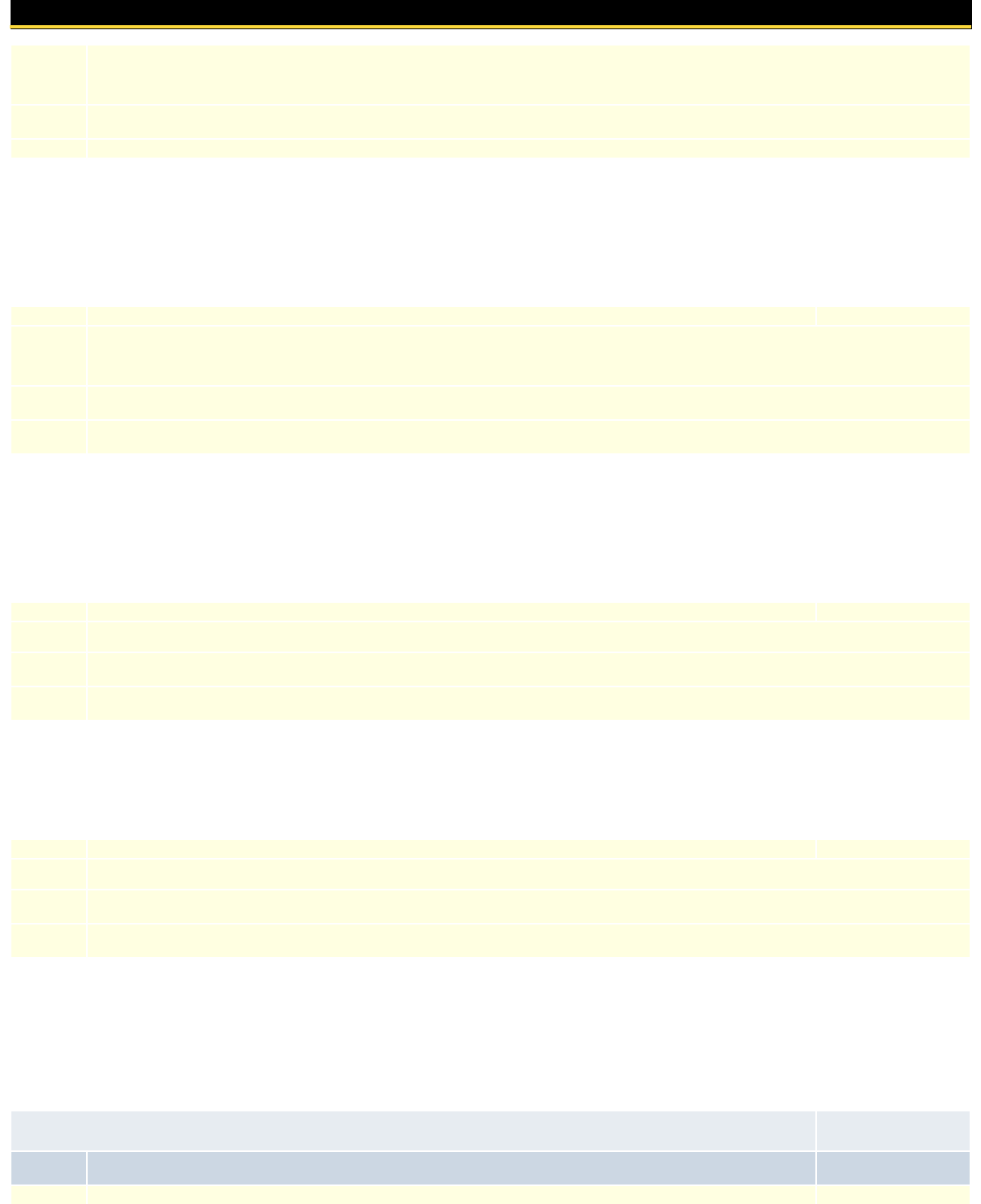
This course addresses practical applications of sustainability in aquatic environments. Topics covered include water and health, water quality and
quantity, governance, assessing the aquatic environment, water treatment technologies, environmental mitigation, and impacts of climate change.
Emphasis will be on selected areas of interest from the perspective of public health, engineering, and municipal conservation management.
Prerequisites:
Admission to M.S. in SMGT Program.
Typically Offered:
SMGT 785 Waste Management and Resource Recovery 3.00
Topics include the generation, processing, management and disposal of municipal, industrial and agricultural waste with an emphasis on the technical,
economic and environmental aspects of various recovery processes. Additional topics will include producer responsibility, design for environment and
life cycle analysis.
Prerequisites:
Admission to M.S. in SMGT Program.
Typically Offered:
Fall and Spring Terms
SMGT 786 Climate Change 3.00
In this course, you will explore climate change through scientific, humanistic, and sustainability frameworks. After building a strong foundation in the
causes, impacts, and study of climate change, you will apply this understanding to evaluate scientific communication, environmental justice and
vulnerability, and environmental policy to find solutions and strategies to address anthropogenic climate change.
Prerequisites:
Admission to M.S. in SMGT Program.
Typically Offered:
Spring Term Only
SMGT 786 Climate Change 3.00
In this course, you will explore climate change through scientific, humanistic, and sustainability frameworks. After building a strong foundation in the
causes, impacts, and study of climate change, you will apply this understanding to evaluate scientific communication, environmental justice and
vulnerability, and environmental policy to find solutions and strategies to address anthropogenic climate change.
Prerequisites:
Admission to M.S. in SMGT Program.
Typically Offered:
Spring Term Only
SMGT 790 Capstone Preparation Course 1.00
Research, data analysis, scholarly inquiry resulting in project proposal.
Prerequisites:
Admission to M.S. in SMGT Program.
Typically Offered:
Fall and Spring Terms
SMGT 792 Capstone Project 3.00
Completion of approved project utilizing concepts from coursework.
Prerequisites:
Admission to M.S. in SMGT Program.
Typically Offered:
Fall and Spring Terms
SMGT 795 Special Topics in Sustainable Management 3.00
Various specialized areas of sustainable management will be examined. This course may be repeated for credit with a different topic.
Prerequisites:
Admission to M.S. in SMGT Program.
Typically Offered:
Occasional by Demand
SMGT 799 Study Abroad 3.00
Study abroad courses are conducted in various parts of the world and are led by one or more faculty members. This course may be repeated in different
locations.
Prerequisites:
Admission to M.S. in SMGT Program.
Typically Offered:
Occasional by Demand
SPED - Special Education
Catalog
Nbr.
Course Title/Course Topics Credits
SPED 681 Seminars in Special Education 0.50 - 4.00
Official 2019-21 Graduate UW-Superior Catalog: Course Descriptions: Graduate Course Descriptions
The Board of Regents of the University of Wisconsin System | 36 of 228

Selected topics and issues in the area of special education. May be taken in several units provided a different topic or issue is studied each time.
Typically Offered:
Occasional by Demand
SPED 704 Assessment of Learners with Exceptionalities 3.00
Addresses the study of measurement theory and basic statistics needed for understanding assessment for the purposes of eligibility for services within
special education. Also focuses on general test construction, appropriate instrument selection with awareness of limitations, multicultural, and ethical
considerations. Assessment interpretation and IEP preparation is examined in depth. Students experience the administration, interpretation and
reporting of a select sample of assessment tools
Typically Offered:
SPED 710 Neurocognition 3.00
This course provides a survey of current research in cognitive neuroscience on language, memory, learning, perception and other higher cognitive
functions. Neurocognition involves learning about the anatomy and physiology of the nervous system, along with some coverage of the endocrine
system. Presentation of course material is based on typical and atypical development and functioning. Illustrative pathological development and atypical
conditions are reviewed as well, such as developmental dyslexia, autistic disorders, and attention-deficit/hyperactivity disorder.
Typically Offered:
Summer Only
SPED 750 The Exceptional Learner 3.00
Students research the various federally identified disability groupings of exceptionalities including examination of the effect of federal, state, and local
laws and policies on education for students with these exceptionalities. Historical perspectives, legislation and litigation provide background for
discussion of current models, theories and philosophies of special education today. Students complete an analysis related to current legislation,
regulations, policies and/or ethical issues surrounding educational services for students with exceptionalities. The focus of this class will be through the
legal lens focusing on current laws, policies, and practices in the field.
Typically Offered:
SPED 755 Reading-Issues & Interventions 3.00
Investigate the various aspects of reading challenges so that educators can provide effective reading instruction to readers of various abilities. Strategies
for diagnosis and remediation of reading difficulties at the elementary and secondary levels will be considered. Fieldwork with students who struggle in
reading will be required.
Typically Offered:
SPED 756 Increasing the Rigor in Reading Instruction for Diverse Learners 3.00
Deep study of the use of informational text to support reading comprehension so that educators can provide effective reading instruction to readers of
various abilities. Strategies for raising the rigor in reading and writing will be explored at the elementary and secondary level. Fieldwork with students
who struggle in reading will be required.
Typically Offered:
Occasional by Demand
SPED 758 Methods of Adaptive Instruction 3.00
Students observe, research and reflect upon methods, strategies, and materials for adapting curricula and instruction to meet the learning needs of
students with mild to severe disabilities. This course emphasizes methods to evaluate students' academic and social needs, research and design
appropriate curricula and make modifications and accommodations. Students will differentiate curriculum and instruction using high-impact teaching
strategies. Students modify an existing curricular element and implement the modification.
Typically Offered:
Fall, Spring, and Summer Terms
SPED 760 Behavior Analysis and Intervention 3.00
Students research and discuss behavioral assessment theories, strategies and programs, functional behavior, positive behavior interventions and
strategies, and behavior intervention plans. Students collect data to create and implement a behavior intervention plan. This course emphasizes the
application of theory to the academic and behavioral development of school-age children, especially those with exceptional educational needs. Students
practice communicating those applications and principles with families, teachers and other community stakeholders.
Typically Offered:
Fall, Spring, and Summer Terms
SPED 764 Mathematics Assessment and Strategies 3.00
This course assessment procedures and teaching strategies appropriate to providing instruction to students having difficulty learning mathematics. This
course has an emphasis on differentiating and adapting existing curriculum to assist all students in reaching the goals of the National Council of
Teachers of Mathematics.
Typically Offered:
Fall, Spring, and Summer Terms
SPED 769 Collaboration and Transition: From School to Community 3.00
This course promotes working with families and community agencies. Facilitating and planning meetings with families will be an emphasis as well as
establishing partnerships with community agencies that serve the needs of families with students who have disabilities. In addition, there will be
concentration on transitions skills, through each level of schooling, including to postsecondary options.
Typically Offered:
SPED 772 Collaboration and Consultation in Special Education 3.00
Official 2019-21 Graduate UW-Superior Catalog: Course Descriptions: Graduate Course Descriptions
The Board of Regents of the University of Wisconsin System | 37 of 228
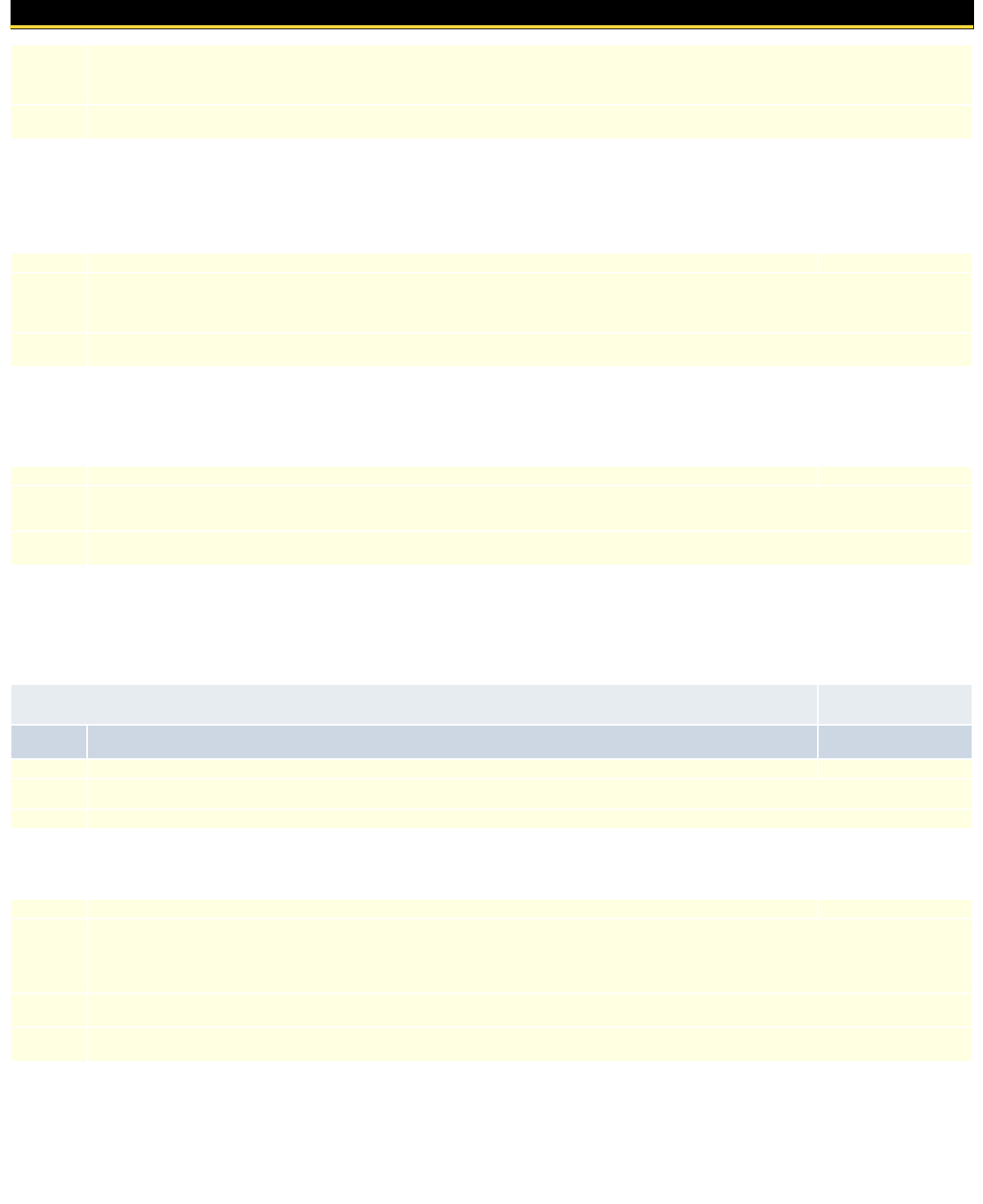
This course focuses on learning and reflecting upon the skills and dispositions necessary for managing a special education classroom and/or case load.
This course includes curriculum design and evaluation, collaboration with multiple stakeholders, time management, assistive technology and universal
design.
Typically Offered:
Fall, Spring, and Summer Terms
SPED 775 Special Education Directed Student Teaching 1.50
Students participate in field-based experience at the K-7 and 8-12 grade levels, teaching students who have severe to mild exceptional educational
needs in the areas of specific learning disabilities, intellectual disabilities and emotional behavioral disabilities. A student seminar meets online for study
and discussion. Students complete a professional Special Educator E-portfolio.
Typically Offered:
Fall and Spring Terms
SPED 776 Special Education Directed Student Teaching 1.50
Field-based experience in teaching students who have severe to mild exceptional educational needs in the areas of learning disabilities, intellectual
disabilities and emotional behavioral disabilities. Students may choose one or more concentrations from the above listed disability areas. A student
seminar meets regularly for study and discussion. Student complete and present a professional Special Educator portfolio.
Typically Offered:
Fall and Spring Terms
SPED 780 Action Research Methodology 3.00
Focus on research methodology and topics specific to the field of education. Complete an action research project surrounding an issue of interest/need
in your classroom or program through the use of a single subject design. Examine existing research and determine how it may apply to your
classroom/program.
Typically Offered:
SPED 781 Independent Study 1.00 - 4.00
This course is a uniquely designed study arranged with a particular instructor which allows the graduate student to pursue specific areas of need or
interest. Approval of the topic and plan of study is required before enrollment.
Typically Offered:
Fall, Spring, and Summer Terms
SPED 784 Action Research Project 3.00
This course includes the implementation of an action research project through data collection, data analysis, and evaluation of a plan of action. The
completed project is written and presented to constituents (staff, faculty, students and/or site). This course is cross-listed with T ED 752.
Typically Offered:
Fall and Spring Terms
T ED - Teacher Education
Catalog
Nbr.
Course Title/Course Topics Credits
T ED 581 Selected Topics and Problems in the Area of Teacher Education 0.50 - 3.00
Offered only as Continuing Education credits. May be taken in several units provided a different topic or program is studied each time as requested.
Typically Offered:
T ED 589 Teacher Education Elective 1.00 - 99.00
Teacher Education Elective
Typically Offered:
T ED 607 The Middle School and Its Students 3.00
Provides students with an understanding of the history, philosophy, organization, curriculum, teaching patterns, and particular student needs of
middle-level educational institutions. Particular emphasis placed on the planning and maintenance of a school and classroom environment suited to
middle-level students to prepare middle-level teachers with the background necessary to teach and work in middle-level schools with students aged
10-14. Field experience or Academic Service-Learning required. This course should be taken the semester prior to student teaching.
Prerequisites:
Consent of cooperating Instructor and Department Chair.
Typically Offered:
Occasional by Demand
T ED 686 Administration of Child Development Programs 3.00
Focuses on the rapidly changing field of child development programming. Emphasis on developing the business skills and knowledge that every director
must have: funding, budgeting, selecting, training and supervising staff, housing the program, purchasing the equipment, and implementing a
standards-based evaluation for the program. Specific licensing procedures, grant writing, and program accreditation are also covered in considerable
depth. Designing accessible programs for both typical and atypically developing children is emphasized. Through this course, student will shadow the
director of a daycare facility. A minimum grade of C in this course is required for all education majors.
Typically Offered:
Occasional by Demand
Official 2019-21 Graduate UW-Superior Catalog: Course Descriptions: Graduate Course Descriptions
The Board of Regents of the University of Wisconsin System | 38 of 228
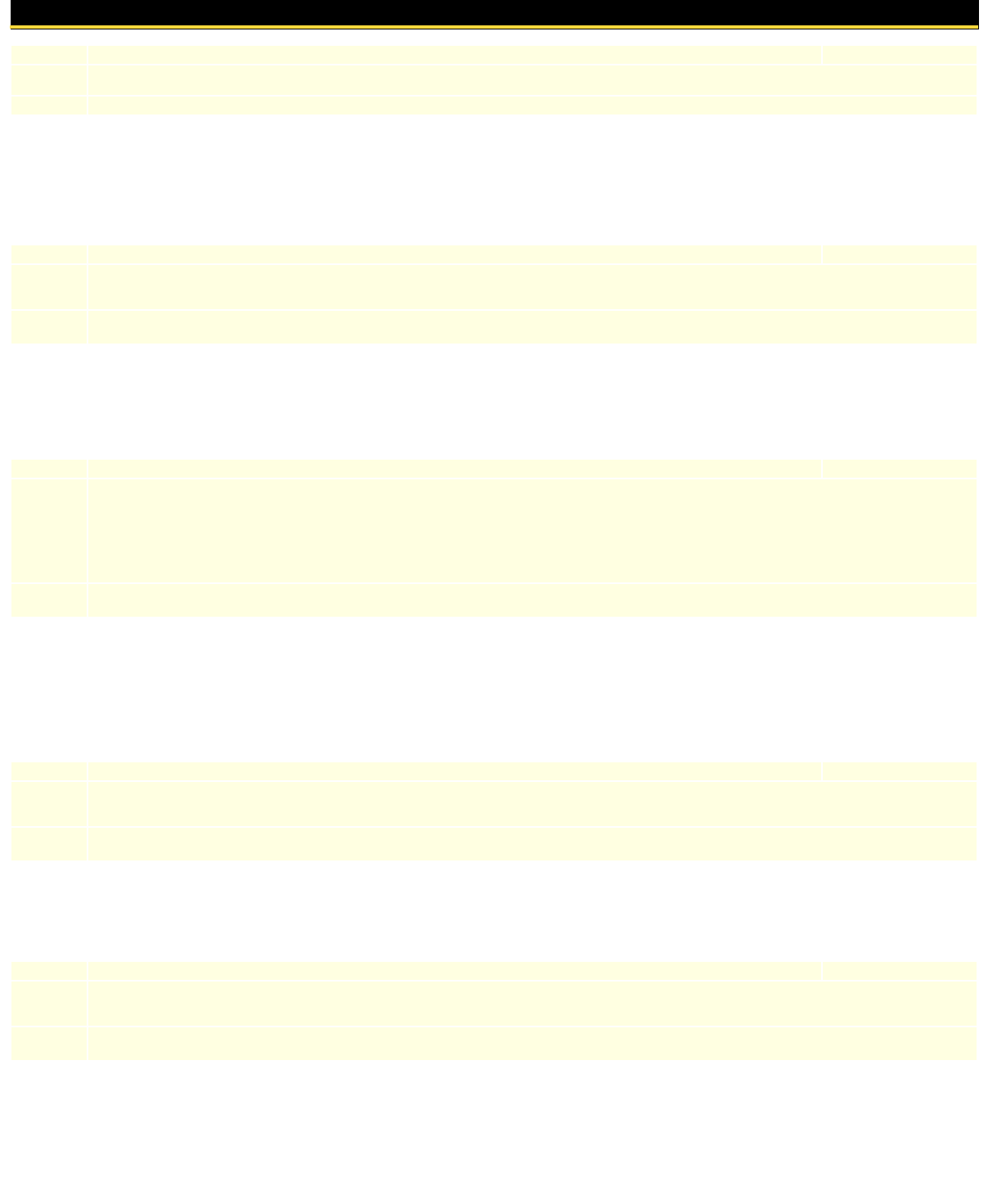
T ED 689 Teacher Education Elective 1.00 - 99.00
Teacher Education Elective
Typically Offered:
T ED 694 Principles and Practices of Inclusive Teaching 3.00
Involves the principles inherent in the educational process for integrating children with exceptional needs into the general education school environment
(K-12). Designed specifically for the study of the inclusion of students with special educational needs into the general education program and
development of teacher skills and knowledge to support this placement. Typically Offered: Fall/Spring Online-On-Campus/Hybrid; Summers online on
occasion.
Typically Offered:
Occasional by Demand
T ED 699 Directed Studies in Teacher Education 0.50 - 6.00
Allows the student with special needs and interests to pursue particular areas and problems in education. The problem and/or plan of study requires
approval of the instructor within the department who will be directing the study.
Typically Offered:
Occasional by Demand
T ED 711 Mathematics Assessment and Strategies 2.00
Examines assessment procedures and teaching strategies appropriate to providing instruction to students having difficulty learning mathematics.
Emphasis on differentiating and adapting existing curriculum to assist all students in reaching the goals of the National Council of Teachers of
Mathematics (NCTM 2000).
Typically Offered:
Occasional by Demand
T ED 712 Education for the 21st Century 3.00
Fosters the study of historical, philosophical, and social foundations underlying the development, purposes, organization, and issues of K-12 education
in the USA. Topics also include legal, ethical, political, and economic aspects, governance, roles and responsibilities of agencies and associations, and
trends. [Paper on development of content specialization as an educational area and present practices and pedagogical issues would be a course
assignment.] Basics in multicultural and non-sexist education, positive and appropriate portrayal of diversity, disabilities, and instructional strategies that
build inclusivity are covered. (15 hours of observation and or tutoring.) Course specifically supports professional development in relation to Wisconsin
teacher standards 1, 9, and 10 toward Professional Educator licenses; and INTASC and National Board Standards. (Sequence level 1)
Typically Offered:
Occasional by Demand
T ED 713 Development and Learning Theories 3.00
Examines theories of typical and atypical child and adolescent development (physical, social, emotional, cognitive, and moral). Special emphasis is
given to understanding and applications of learning theories and approaches that fit with development levels and enhance learning. Course begins to
address diverse learners, motivation, management, and climate for learning that is appropriate for developmental levels. (15 hours of observation and
or tutoring.) Course specifically supports professional development in relation to Wisconsin teacher standards 1, 2, 3 and 4 toward Professional
Educator licenses; and INTASC and National Board Standards. (Sequence level 1)
Typically Offered:
Fall and Spring Terms
T ED 716 Interactive and Accessible Learning in Alternative Delivery 3.00
Explores traits of various educational delivery models and methods for developing learner-centered curriculum which engages all learners in any mode.
Addresses instructional design models and implementation strategies in alternative delivery methods.
Typically Offered:
Spring and Summer Terms
T ED 717 School Partnerships with Families and Communities 3.00
Examines the collaborative efforts of educators to support successful family-school-community partnerships that foster development and learning for all
learners. Includes strategies and approaches to supporting the diverse cognitive social and emotional needs of learners as a collaborative effort.
Typically Offered:
Fall and Summer Terms
T ED 718 Teachers as Leaders 3.00
Examines the nature of teacher leadership and the impact on student learning within a school setting. Emphasis on the roles of teachers as agents of
positive and sustainable change.
Typically Offered:
Fall and Summer Terms
T ED 724 Teaching as Reflective Decision Making: Professional Development for 21st Century 3.00
Students clarify their professional needs and philosophies using understandings of current issues and license renewal processes, and reflective tasks
regarding their own practice. For Wisconsin teachers and other teachers building a professional development plan/portfolio, this course offers support in
identifying and reflecting on professional strengths and weaknesses in relation to standards in the field, and setting goals for professional development,
as required by license renewal under Wisconsin PI34. Course specifically supports professional development in relation to Wisconsin teacher standards
1, 9, and 10 toward both the Professional and Master Educator licenses; and INTASC and National Board Standards.
Typically Offered:
Occasional by Demand
Official 2019-21 Graduate UW-Superior Catalog: Course Descriptions: Graduate Course Descriptions
The Board of Regents of the University of Wisconsin System | 39 of 228
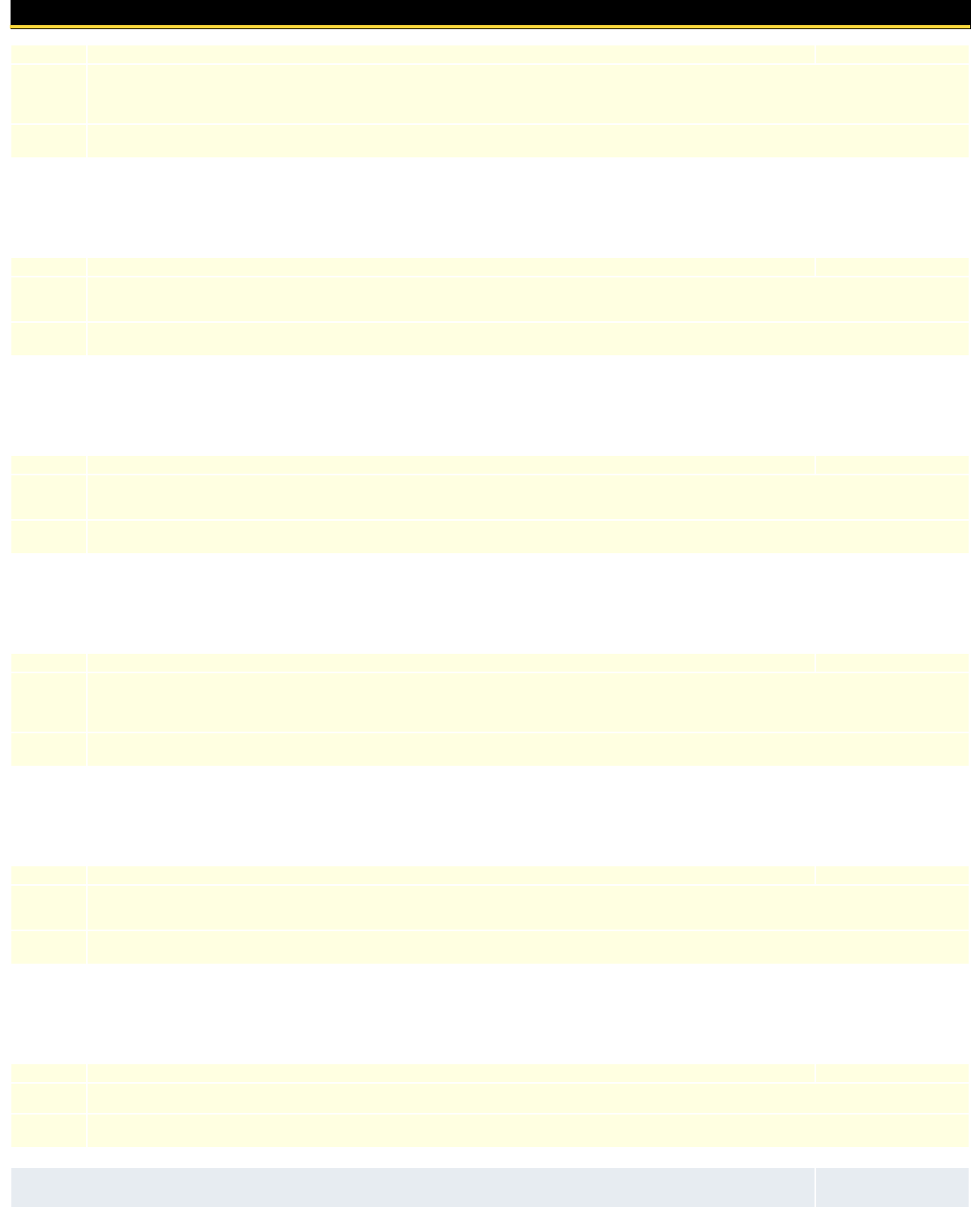
T ED 728 Diversity Exploration in a K-12 Setting 3.00
Examination of the issues related to inequities and inequalities in PK-12 classrooms. Explores diversity in education from an historical perspective to
inform teaching practices regarding race, culture, class, and gender. Considers power dynamics, pedagogy, and ideologies that frame education in our
schools.
Typically Offered:
Fall, Spring, and Summer Terms
T ED 734 Current Developments in Student Learning and Their Applications 3.00
Study of foundational and recent theories in learning, motivation, and learning environments, and their practical implementation in today's array of
classroom. Focuses on how students learn and how to impact student engagement.
Typically Offered:
Fall, Spring, and Summer Terms
T ED 739 Workshop in Supervision of Student Teachers 1.00
Participants are informed of the policies, procedures and methods used in the supervision of student teachers at UW-Superior. Aimed primarily at
teachers who teach subjects and grade levels for which there are shortages of approved cooperating teachers.
Typically Offered:
Occasional by Demand
T ED 740 Seminar in Supervision of Student Teachers/Interns 2.00
Study of policies, procedures and methods used in supervision of student teachers and interns. Open to those who are actual or potential supervisors of
student teachers and interns, and is a requirement for teachers who will serve as cooperating teachers in the student teaching and internship program.
Typically Offered:
Occasional by Demand
T ED 741 Using Educational Assessment to Inform Practice 3.00
Study of the principles followed in constructing, using and analyzing formal and informal assessment tasks, tools, standardized tests and results of
educational research in the classroom.
Typically Offered:
Fall, Spring, and Summer Terms
T ED 744 Trends in Curricular and Instructional Practices 3.00
Engages teachers in analyzing and reflecting on current developments and practices in curriculum planning and instructional strategies in k-12
classrooms.
Typically Offered:
Fall, Spring, and Summer Terms
T ED 750 Foundations of Action Research 3.00
Emphasizes research methodology and topics specific to the field of education. Students develop an action research project surrounding educational
issues in a classroom, program, or site through a single subject design (in quantitative, qualitative, or mixed methods). The focus is on creating an action
research proposal and plan that addresses existing research and current needs.
Typically Offered:
Fall and Spring Terms
T ED 752 Action Research Project 3.00
Implementation of an action research project through data collection, data analysis, and evaluation of a plan of action. The completed project is written
and presented to constituents (faculty, staff, students, and/or site). Cross listed with SPED 784
Typically Offered:
Fall and Spring Terms
T ED 754 School Law for Classroom Teachers 3.00
Study the legal framework within which all school employees must operate. Emphasis on laws and sources of laws which affect students, teachers, and
instruction.
Typically Offered:
Fall and Spring Terms
T ED 781 Independent Study 1.00 - 4.00
Specially designed studies to allow the graduate student to pursue specific areas of need or interest. Approval of the topic of study and the plan of study
by the instructor directing the study is required before enrollment.
Typically Offered:
Occasional by Demand
T ED 789 Teacher Education Elective 1.00 - 99.00
Teacher Education Elective
Typically Offered:
Occasional by Demand
WRIT - Writing
Official 2019-21 Graduate UW-Superior Catalog: Course Descriptions: Graduate Course Descriptions
The Board of Regents of the University of Wisconsin System | 40 of 228
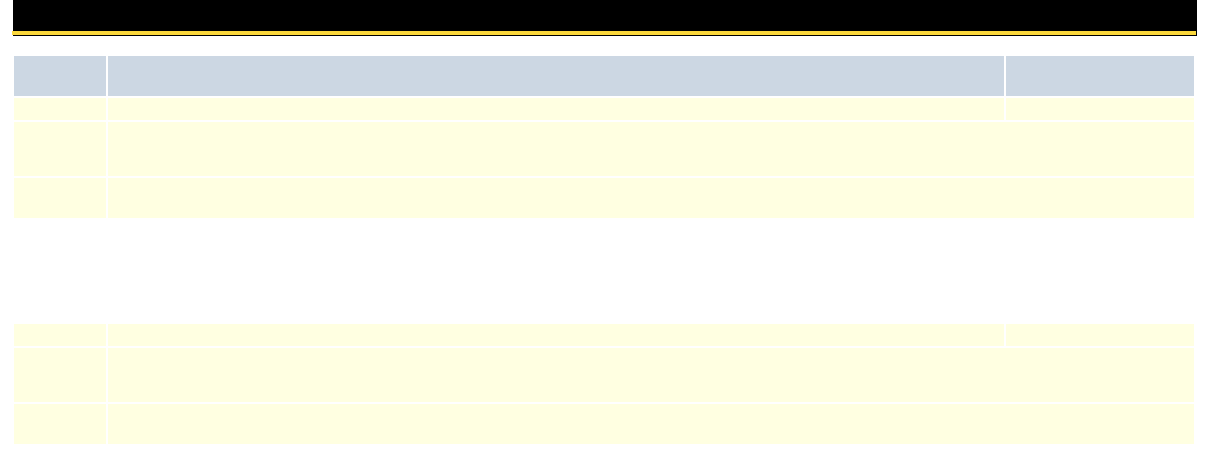
Catalog
Nbr.
Course Title/Course Topics Credits
WRIT 680 Writing and Healing 3.00
Exploration of theoretical and applied aspects of writing and healing. Forms studied and practiced may include poetry, story-telling, journaling, guided
autobiography, and/or creative nonfiction, with focus on restorative benefits of narrative and imagistic writing.
Typically Offered:
Spring Term Every Other Year
WRIT 695 Directed Studies in Writing 1.00 - 3.00
Supervised graduate study and research in Writing. Repeatable up to nine credits.
Typically Offered:
Occasional by Demand
WRIT 698 Prior Learning Portfolio 1.00
Facilitation of student's creation of a portfolio that documents prior learning. Reflection and analysis of prior learning experiences to articulate
knowledge, understanding, and skills that may meet graduate-level learning outcomes. Designed for students with significant work and life experiences.
Typically Offered:
Fall and Spring Terms
Official 2019-21 Graduate UW-Superior Catalog: Course Descriptions: Graduate Course Descriptions
The Board of Regents of the University of Wisconsin System | 41 of 228

List of Graduate Programs
Master of Science in Cybersecurity
Master of Science in Data Science
Master of Science in Education - Counseling
Master of Science in Education - Instruction
Master of Science in Education - Special Education
Master of Science in Education in Educational Administration
Master of Science in Health and Wellness Management
Master of Science in Information Technology Management
Master of Science in Sustainable Management
Post Baccalaureate Program -- Special Education Licensure Option
Specialist Degree in Education in Educational Administration
Official 2019-21 Graduate UW-Superior Catalog: Graduate Degrees: List of Graduate Programs
The Board of Regents of the University of Wisconsin System | 42 of 228

Academic Policies and Procedures
Graduate Academic Policies
Exceptions to Graduate Studies Policies
Graduate Academic Policies
Class Hour and Credit Definitions (AP1127)
A class hour is defined as 50 minutes. The following definitions refer to the number of class hours during a semester that is approximately 15 weeks long or an
equivalent amount of time for terms of longer or shorter duration.
One on-campus class credit is defined as: 1 class hour of classroom or direct faculty instruction per week and a minimum of 2 class hours of out-of-class
student work each week.
One online learning or hybrid class credit is defined as: an equivalent amount of instruction and student work leading to equivalent learning outcomes, as
required for an on-campus class as defined above.
One laboratory credit is defined as: a minimum of 2 class hours of work each week in a laboratory under the supervision of a lab supervisor/instructor and an
expectation of 1 class hour of additional out-of-class student work each week.
One studio credit hour is defined as: a minimum of 2 class hours of studio work each week under the direct supervision of an instructor and a minimum of 2
class hours of individual studio work each week.
One ensemble music credit is defined as: a minimum of 1 class hour of supervised rehearsal each week and a minimum of 2 class hours of individual student
work each week.
One internship or practicum credit is defined as: at least 45 hours of supervised work in a field placement each semester.
One individualized study credit (e.g. thesis, independent and applied music) is defined as: a minimum of 3 class hours of direct instruction and/or individual work
each week.
Course Repeat Policy (AP1114 G)
Graduate students may repeat only courses for which they earned a grade of C or lower. The grade earned in the repeated course replaces the initial grade and
is used to calculate the student's cumulative GPA. The previous grade remains on the official graduate student transcript, but does not calculate into the
graduate student's cumulative GPA. Graduate students may only repeat courses at UW-Superior.
Credit by Examination
Graduate credit will not be awarded through the mechanism of credit by examination. Any student desiring to have completed graduate coursework entered on
the official transcript shall be required to officially enroll in the course, complete all graduate course requirements and have a grade officially recorded by the
graduate faculty member of record.
Credit Load and Enrollment Status
See Status Definitions for Financial Aid and enrollment credit load purposes:
https://www.uwsuper.edu/finaid/policies/enrollment-status-definitions-for-financial-aid.cfm
The minimum full-time credit load for a graduate student is nine credits per semester. The maximum load for a graduate student is 15 credits per semester. The
maximum load includes Center for Continuing Education classes. Graduate students may enroll for a maximum of 12 credits during Summer College.
Credit for Prior Learning (AP1501G)
Graduate Credit for prior learning through portfolio assessment is an available option at the University of Wisconsin-Superior. A learning portfolio is a formal
written document that identifies the knowledge and skill acquired through non-formal learning and provides evidence to support a request for credit. Credit for
prior learning is not granted for the experience itself, but for the verifiable learning outcomes which grew out of the experience. This credit can be granted for
demonstrated learning that results from life experiences (e.g. employment, volunteer work, community service, travel, military service). The student's learning
must relate to the learning outcomes in a particular academic program at the University of Wisconsin-Superior. The learning which occurred as a result of these
experiences must be validated in accordance with this policy to ensure it is equivalent to that acquired at the graduate level in terms of quality and outcomes.
To qualify for graduate credit for prior learning:
The student must be enrolled as a graduate student in good standing at UW-Superior1.
Learning to be gained through experiences as credit for prior learning cannot be more than 7 years old2.
No more than 9 graduate credits can be awarded for prior learning3.
No more than 9 combined graduate credits of prior learning and transfer credits may be applied to a graduate degree4.
Official 2019-21 Graduate UW-Superior Catalog: Academic Policies: Academic Policies and Procedures
The Board of Regents of the University of Wisconsin System | 43 of 228
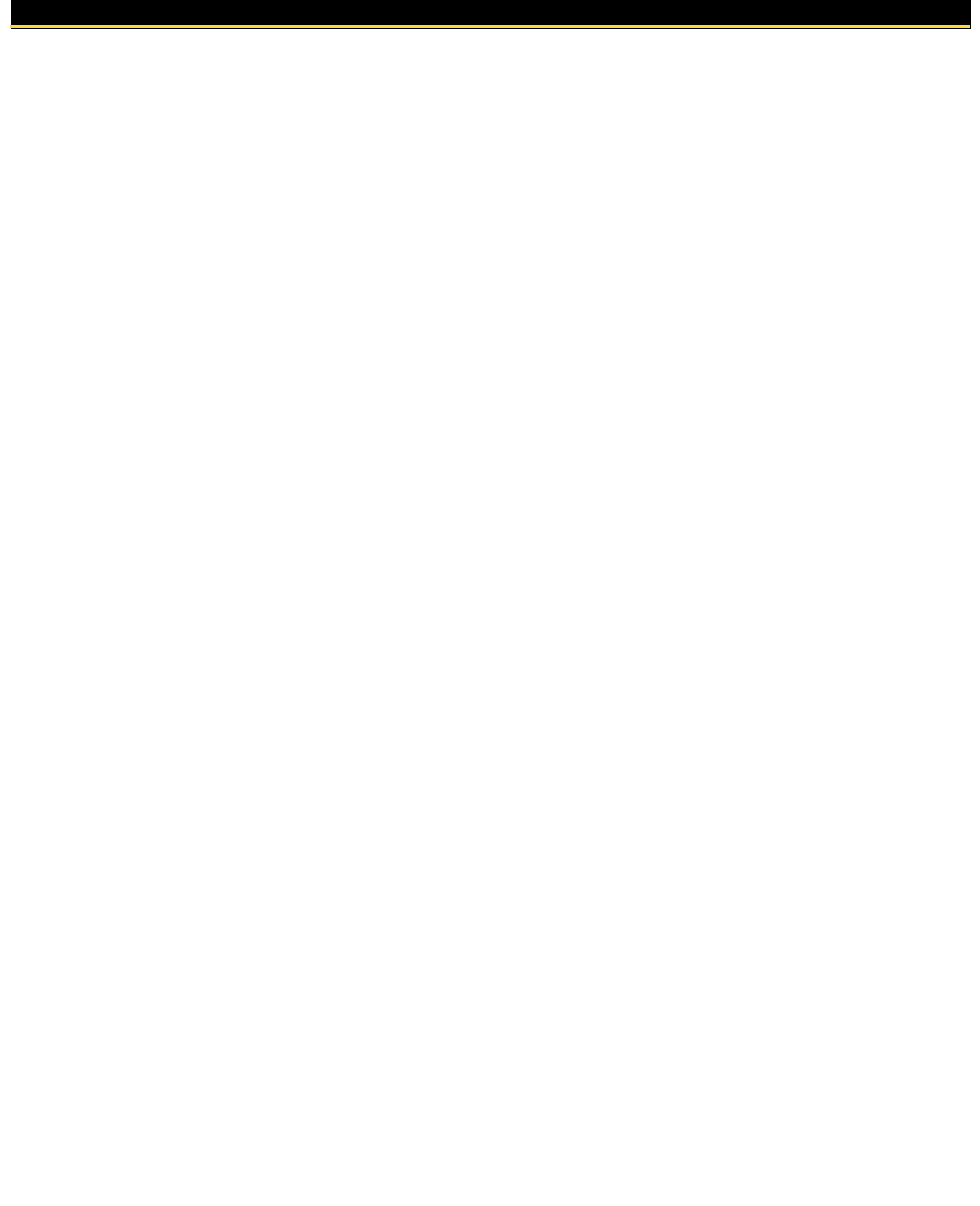
No more than 9 combined graduate credits of prior learning and transfer credits may be applied to a graduate degree4.
Credit for Prior Learning through Portfolio Assessment. UW-Superior grants credit
based on prior learning experience when these criteria are satisfied:
The portfolio process requires presentation of evidence supporting a claim that, through extensive work and life experience, the student has mastered
learning outcomes equivalent to those for a particular course.
1.
Verification and documentation of what was learned must be presented. If evidence to verify and document the learning experience is not presented
there is no basis for judgement and evaluation.
2.
What was learned must be communicated to the appropriate faculty member(s). If what was learned from the experience cannot be communicated, then
no evaluation is possible. A documented portfolio is prepared by students and evaluated by the faculty. Credit awarded through this process can be
used to fulfill graduation requirements.
3.
Portfolio credits usually do not transfer to another institution. It is at the discretion of the institution to which you are transferring as to whether or not
they accept portfolio credits.
4.
Evaluation will be on a "P" (pass) or "F" (fail) basis.5.
If you plan on seeking State licensure upon completion of your degree it is your responsibility to ensure the appropriate State licensing board will accept
credits with a Pass/Fail grade.
6.
Fees include an administrative fee plus a per credit fee for credits assessed. Assessment fees are paid upon submission of the portfolio for
assessment. The department examining the portfolio is designated those fees.
7.
The university accepts credit awarded for prior learning through porfolio assessment by other regionally accredited colleges and universities, through
the same process used to award transfer credit.
8.
For more information on assessment guidelines, assessment forms and sample portfolios, refer to www.uwsuper.edu/pla.9.
Degree Completion within a Ten-Year Limit
All credits used in meeting the requirements of a graduate degree or certification in professional education must be earned within a period of not more than 10
consecutive years, commencing with the enrollment date in courses applicable to the degree (or certification program), rather than the completion date of
applicable courses.
Degree Posting
Degree posting is the mechanism for officially adding that a given degree has been completed to the student's official transcript. Degrees will not be posted to
transcripts with Incomplete (I) or In-Progress (IP) grades listed on the transcript. Ultimately, it is the student's responsibility to ensure all I and IP grades have
been replaced with regular grades prior to applying for a degree.
Final Examination
The graduate programs may require students to complete a written and/or oral final examination.
Grading System
No grade below C earns graduate credit. A 3.00/4.00 grade point average is required for graduation.
Graduate Courses Numbers
Only courses numbered 500 and above may be accepted as graduate courses. Requirements are established by the course instructor and approved by the
Graduate Council
Incomplete Grade (AP1113 G)
A grade of Incomplete (I) may be assigned by an instructor when a student has completed at least two-thirds of the class assignments, but has been prevented
by emergency circumstances from completing the course. There should be, in the judgment of the instructor, a reasonable probability that the student can
complete the course successfully without again attending regular class sessions or needing extensive instructor supervision within one calendar year.
Instructors who assign an I grade must submit a change of grade form (requesting the I be replaced by a regular grade A-F or P) within one calendar year. If a
grade change is not submitted by the instructor who assigned the incomplete grade within one year from the term in which the I grade was assigned, the
Registrar's Office will lapse the Incomplete grade to a Failing (F) grade (per university policy).
In Progress Grade (AP1113 G)
A grade of In-Progress (IP) may be assigned by an instructor in specially designated courses where the expectation is that students cannot finish the course
within one calendar year.
There should be, in the judgment of the instructor, a reasonable probability that the student can complete the course successfully within two calendar years
following the term in which the IP was assigned without attending regular class sessions or needing extensive instructor supervision (per university policy).
Courses meeting this requirement are student teaching, internships, capstones, thesis or exit projects. ONLY specific courses on file with the Registrar's Office
can be assigned IP grades. Refer to AP1107 for list of courses.
Official 2019-21 Graduate UW-Superior Catalog: Academic Policies: Academic Policies and Procedures
The Board of Regents of the University of Wisconsin System | 44 of 228
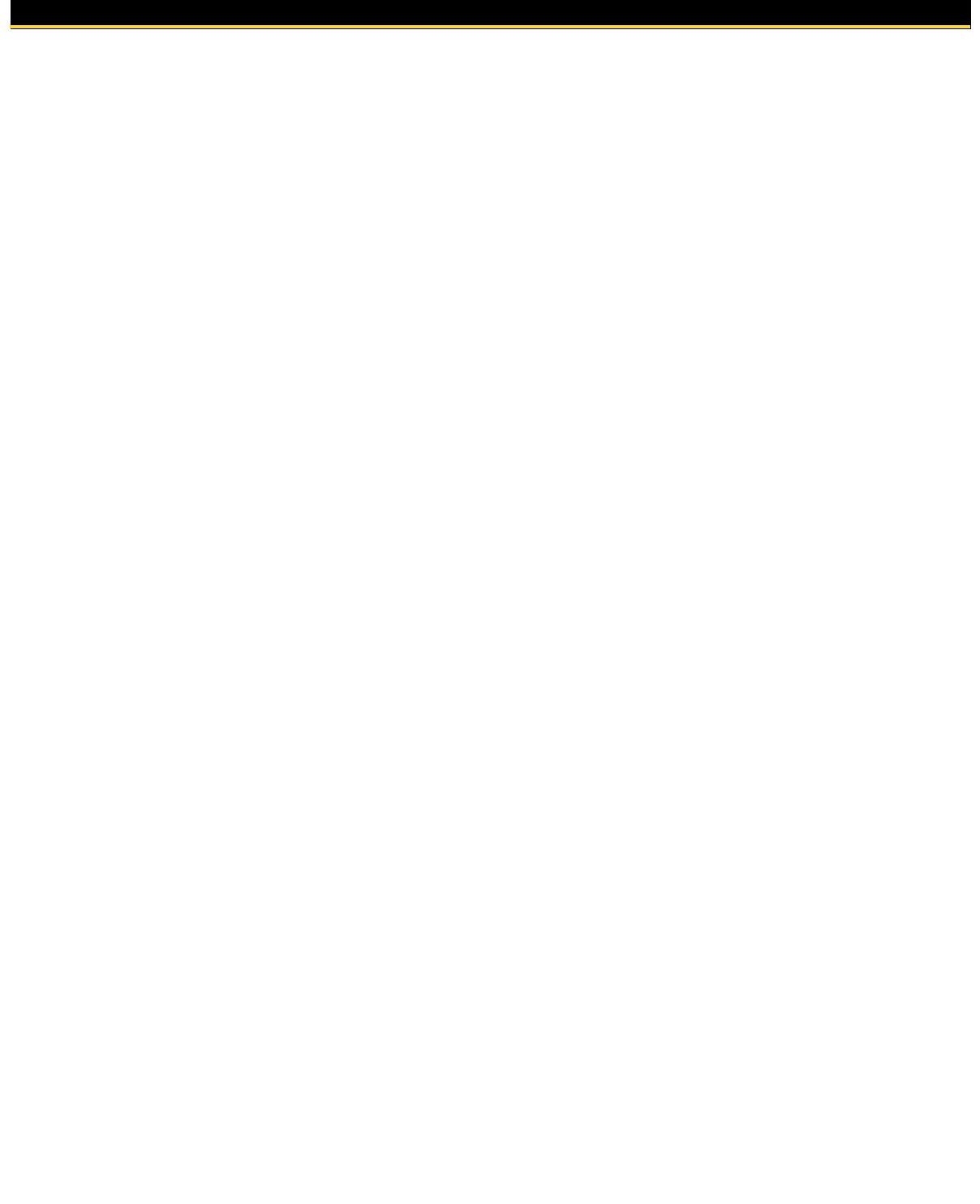
Instructors who assign an IP grade must submit a change of grade form (requesting the IP be replaced by a regular grade A-F or P) within two calendar years
of the date the IP grade was assigned. If a grade change form is not submitted by the end of two calendar years, by the instructor who assigned the IP grade
(per university policy), the Registrar's Office will lapse the IP grade to a Failing (F) grade.
Reentry of Inactive Graduate Students
Students who have not enrolled in graduate coursework within a calendar year are considered inactive. Inactive students must update and reactivate their files
by completing a Graduate Reentry form before they will be eligible to register for graduate courses. Forms are available at www.uwsuper.edu/graduate and the
Graduate Studies Office.
Registration
Dates for advanced registration are published. Students should meet with their advisor before registration.
Residency Requirement for Earning a Graduate Degree (AP1116 G)
A minimum of half or 50 percent of the required credits including the last nine (9) credits of each graduate program must be earned through UW-Superior.
Responsible Conduct of Research (AP1201)
Use of IRB to Protect Human Subjects
UW-Superior meets current federal regulations by expecting that all students and faculty doing research will receive training in responsible conduct of research
(complete policy found in AP1201, Responsible Conduct of Research).
All research dealing with human subjects must secure approval from the UW-Superior Institutional Review Board for the Protection of Human Subjects.
Second Master's Degree
Additional master's degrees are permissible but each such degree requires 30 to 60 semester credits (per the catalog requirements) beyond the credits earned
for the previous master's degree(s). Courses taken as part of a prior master's degree may not count toward the credit requirement for a subsequent master's
degree. Students who have completed a master's degree program at UW-Superior who wish to re-enter for a second master's degree may use a Re-Entry form
available as indicated above.
Senior Students Enrolling in Graduate Courses
Second-semester UW-Superior seniors, with approval of the Graduate Council, may take a maximum of six graduate semester credits in courses numbered
500-699 during their final semester, subject to certain provisions. The graduate credits must be beyond those required for the baccalaureate degree, and cannot
count toward the baccalaureate degree. Permission to enroll for the graduate credits requires approval of the Graduate Council, obtained by means of a petition
during the prior semester. Seniors seeking this privilege must meet the grade point average required for unconditional admission to Graduate Studies.
Undergraduate academic fees will be charged for these six graduate credits. After completion of an undergraduate degree, these graduate credits will be
entered on the student's graduate transcripts. The student will have to pay the differential between undergraduate and graduate fees for the process to be
completed.
Thesis, Seminar Paper or Project
All master's degree candidates are required to complete a thesis, seminar paper or culminating project as prescribed by the graduate program and approved by
the faculty advisor. Evidence of completion of this requirement must be verified by the advisor as indicated on the student's Plan of Study. The thesis, paper or
project must be submitted electronically to the student's advisor. The thesis will be submitted to the UW-Superior Library. Individual programs may require
additional copies of the final thesis, paper or project.
Transfer Credit (AP1115 G)
Admitted Graduate student may transfer up to 9 credits, appropriate for the degree/major enrolled in, from other institutions regionally accredited to offer
graduate programs.
No credit below a grade of B will transfer. No credit will be allowed for graduate work completed more than ten years before the expected degree date, or work
used to complete another degree.
Graduate students who wish to transfer credit from another accredited institution must:
Have an official transcript sent to the Graduate Studies Office.1.
Official 2019-21 Graduate UW-Superior Catalog: Academic Policies: Academic Policies and Procedures
The Board of Regents of the University of Wisconsin System | 45 of 228

Complete a Transfer Credit Request form (available in the Forms area of the Graduate Studies Office).2.
Each course transferred must have approval of the graduate student's faculty advisor and department.3.
Each course accepted as transfer will be recorded on the student's official graduate transcript by Graduate Studies.
Exceptions to Graduate Studies Policies
Exceptions to established Graduate Studies policies may be requested by submitting a petition to the Graduate Council. Petitions are student initiated and
brought forward to the Graduate Council through the student's advisor. Petition forms are available in the Forms Area of the Graduate Studies Office.
Official 2019-21 Graduate UW-Superior Catalog: Academic Policies: Academic Policies and Procedures
The Board of Regents of the University of Wisconsin System | 46 of 228
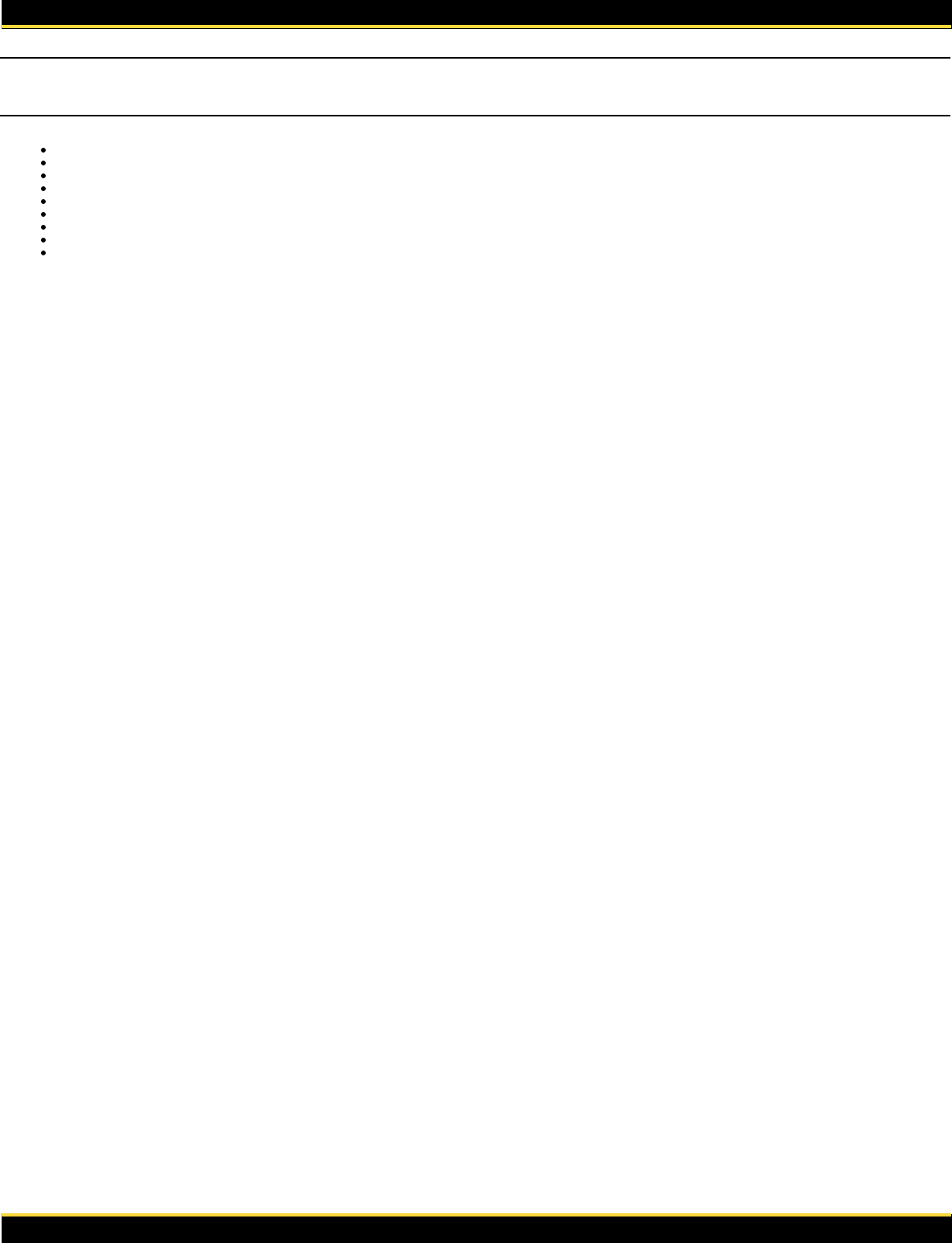
Academic Programs
Counseling
Cybersecurity
Data Science
Educational Administration
Health and Wellness Management
Information Technology Management
Instruction Program
Special Education Program
Sustainable Management
© 2023 The Board of Regents of the University of Wisconsin System | 45
Official 2019-21 Graduate UW-Superior Catalog: Academic Programs
The Board of Regents of the University of Wisconsin System | 47 of 228
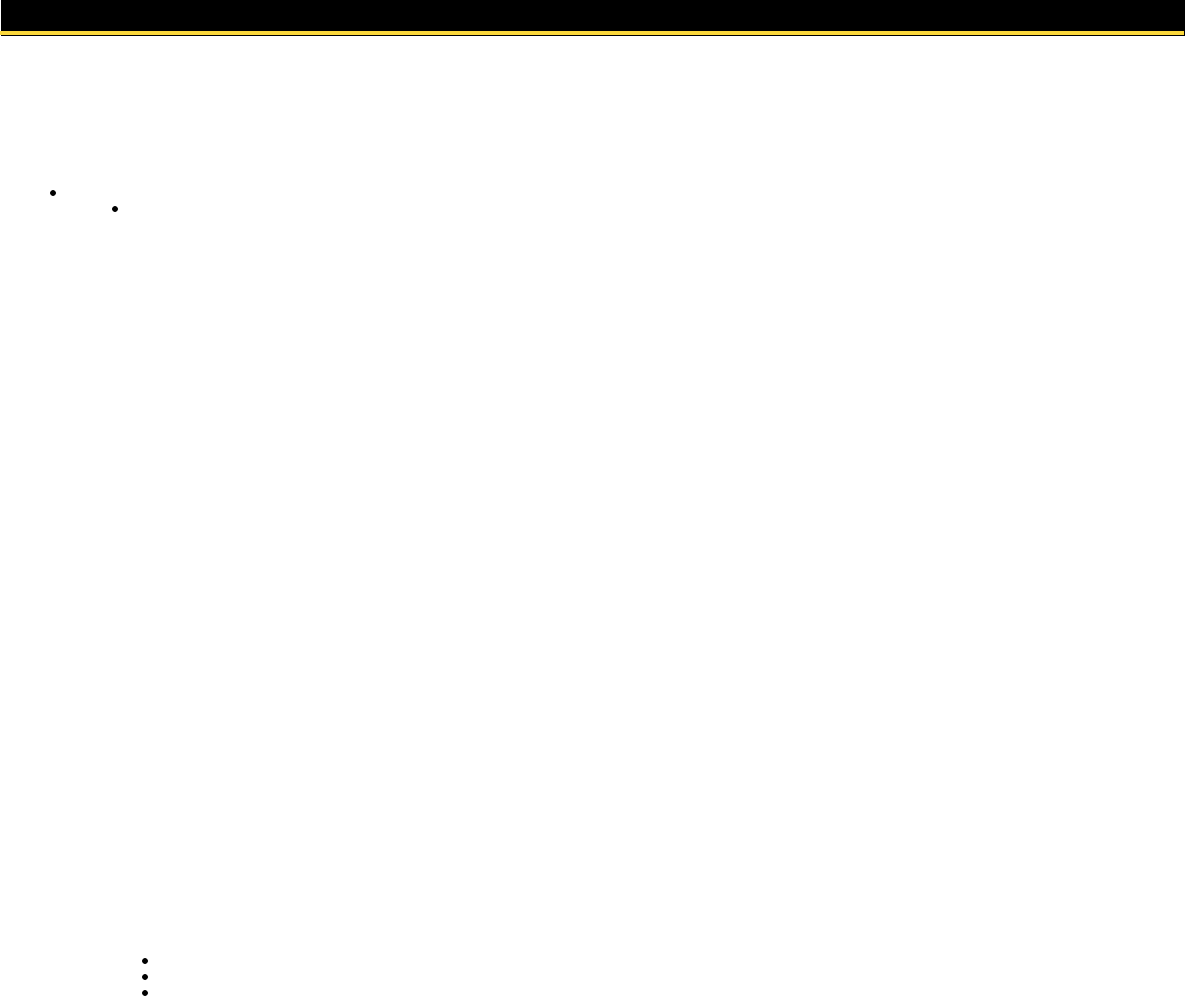
Counseling
Counseling Program
Master of Science in Education - Counseling
Counseling Program
The University of Wisconsin-Superior, through the Counseling Program of the Educational Leadership Department, offers professional training which leads to a
Master of Science in Education Degree (M.S.E.) in Counseling. The program is designed for those individuals who seek advanced professional training in
various occupations in the fields of Counseling. There are four tracks within the program, Clinical Mental Health Counseling (LPC or LPCC), School Counseling,
Marriage and Family Therapy and Human Relations. Each track is an integration of academic foundations and professional skills training and is directed at
developing a qualified and specialized professional. In order to accommodate working adults, the Counseling Program run on a semester rotation: Fall, Spring,
and Summer.
Admission Requirements
Admission to the Counseling Programs begins with application for admission to Graduate Studies online at www.uwsuper.edu/graduate. For information call
715-394-8295 . In addition to the application to the Office of Graduate Studies, the application for admission to the Counseling Program must contain:
Resume and Letter of Intent addressing:
Service to communityi.
Volunteer workii.
Commitment to othersiii.
Work and professional goalsiv.
Areas which the applicant considers to be his or her strengths or weaknesses.v.
1.
Three letters of reference (one or two academic letters from post-secondary instructors and one or two employment letters) that speak to the
candidate's ability to succeed in graduate school.
2.
Official transcripts of all undergraduate and graduate work.3.
An undergraduate degree in Psychology, Social Work, Sociology, Education, or related social science with a GPA of 2.75/4.0 or higher. Students
admitted as probationary must complete nine semester credits of introductory Counseling courses at the Graduate level with a GPA of 3.0/4.0 or higher
to gain unconditional admittance to the program. There is no conditional admission to the School of Counseling Program.
4.
Pass a Criminal Background Check.5.
The Counseling program reserves the option to conduct an interview with candidates.6.
All candidates will be evaluated throughout the program on their professional dispositions, including the counseling ethical codes and Wisconsin and
Minnesota State licensure laws, expectations and requirements.
7.
Master of Science in Education - Counseling
Counseling M.S.E. Requirements:
The M.S.E. in Counseling is designed for individuals who seek to provide direct human service in a variety of settings within a pluralistic society. Central
to the Counseling program is the preparation of professionals in three major counseling functions, which include:
Prevention of personal and interpersonal problems;
Fostering of optimal human development; and
Remediation of existing social-emotional-developmental concerns.
The Counseling degree is comprised of a minimum of 48 graduate semester credits of prescribed graduate-level courses, specific to the student's area of
specialization. Students are required to take a clinical concentration in one of the following: Clinical Mental Health Counseling (LPC or LPCC), School
Counseling, Marriage and Family Therapy, or Human Relations. Because this is a state licensure program, modifications can occur at any time to
maintain alignment with state law and accreditation standards. Up-to-date information will be provided on request. A professional portfolio is required for
graduation. The portfolio is introduced in the COUN704 Introduction to Counseling class and culminates in the COUN 756 and COUN 758 Internship
Classes. For School Counseling students passing scores on the "Praxis: Professional School Counselor 5421" are required for graduation. Academic
Service Learning and other High Impact Practices are integrated throughout the program.
The Counseling program is designed to meet State of Wisconsin Licensure requirements. Students considering work in other states are encouraged to
get the specifics of that particular state. The Counseling program is aligned with state and national accreditation standards and prepares students for
licensure eligibility. For additional information regarding the Counseling program, visit www.uwsuper.edu/graduate. Once in the program, students will
develop a program plan of study with an advisor after the first nine credits of graduate work.
Up to 63 total credits are required for this major, depending on the specific track chosen. Counseling core course requirements (42 credits
required plus one of the tracks listed below):
COUN 702: Counseling Theories -- 3.00 credits
COUN 704: Introduction to Counseling -- 3.00 credits
COUN 706: Pre-practicum -- 3.00 credits
COUN 712: Family Counseling -- 3.00 credits
COUN 724: Behavior Modification for Abnormal Behavior -- 3.00 credits
COUN 728: Career Counseling -- 3.00 credits
COUN 738: Multicultural Counseling -- 3.00 credits
Official 2019-21 Graduate UW-Superior Catalog: Academic Programs: Counseling
The Board of Regents of the University of Wisconsin System | 48 of 228
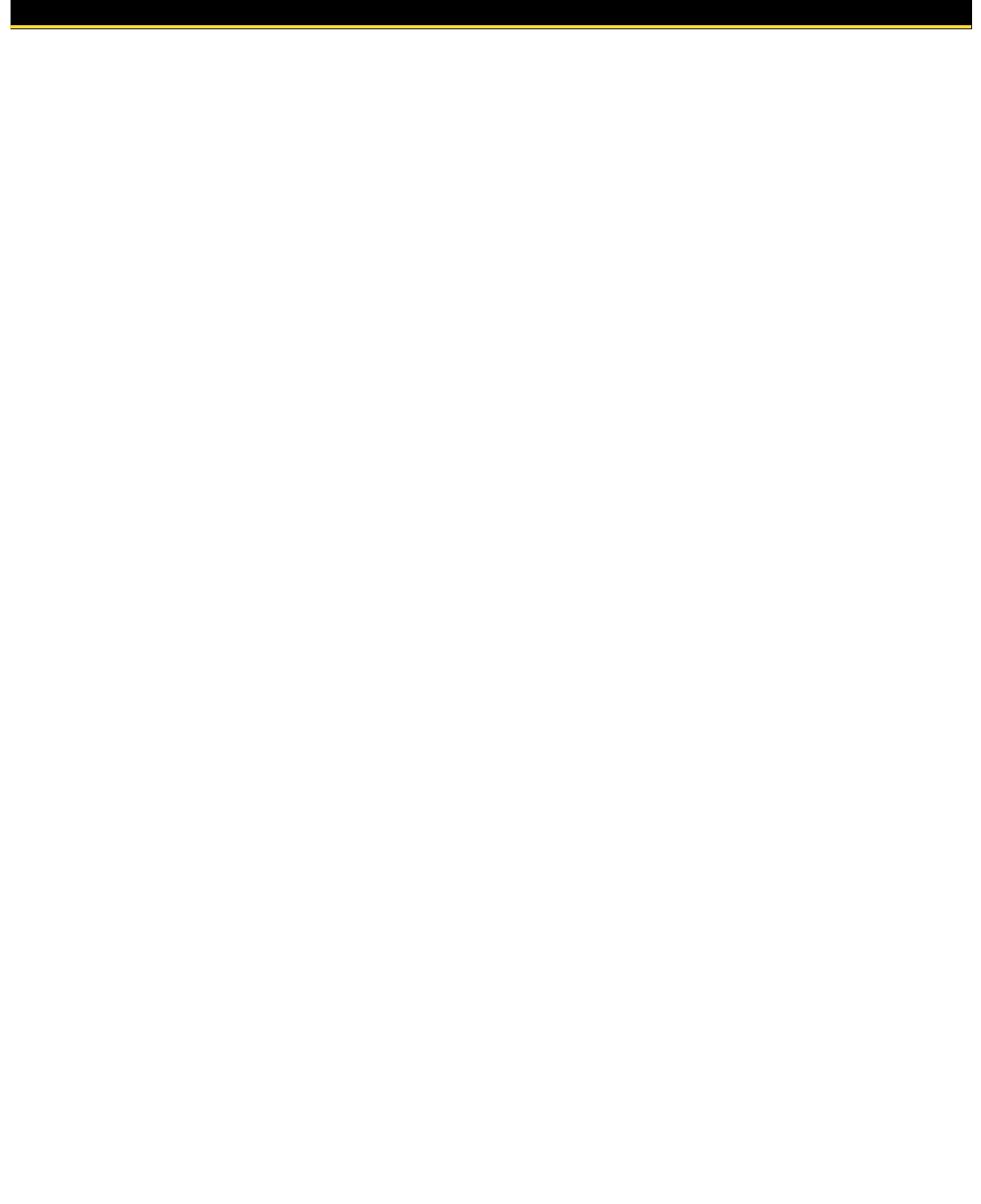
COUN 744: Clinical Mental Health Diagnosis and Treatment Planning -- 3.00 credits
COUN 746: Ethics in Professional Counseling -- 3.00 credits
COUN 750: Practicum -- 1.50 - 3.00 credits
COUN 752: Group Practicum -- 3.00 credits
COUN 756: Internship-School (preK-12) -- 3.00 - 6.00 credits
COUN 758: Internship-Clinical/MFT/Human Relations -- 3.00 - 6.00 credits
COUN 760: Introduction to Assessment -- 3.00 credits
COUN 761: Research-Based Program Evaluation -- 3.00 credits
The Internship in Counseling requires 600 hours of community- or school-based practice in skill applications within the student's chosen concentration.
240 hours of this internship are direct-service hours. A Marriage and Family Therapy is 600 hours, 300 of which are direct service hours. 150 of these
must be with couples or families. This is carried out under the supervision of a licensed site supervisor in cooperation with the university advisor. The
internship experience is supported by regular class and advisor meetings to discuss and integrate experiences. More extensive guidelines related to the
internship are available upon request.
Clinical Mental Health Track (LPC option) courses (9 credits required):
COUN 730: Human Growth and Development -- 3.00 credits
COUN 734: Chemical Dependency and the Family -- 3.00 credits
COUN 742: Psychopathology -- 3.00 credits
Clinical Mental Health Track (LPCC option) courses (21 credits required):
Required 9 credits:
COUN 730: Human Growth and Development -- 3.00 credits
COUN 734: Chemical Dependency and the Family -- 3.00 credits
COUN 742: Psychopathology -- 3.00 credits
Choose 12 additional credits below:
COUN 714: Family Group Systems -- 3.00 credits
COUN 716: Couple and Marital Counseling -- 3.00 credits
COUN 718: Family Crisis Intervention -- 3.00 credits
COUN 720: Counseling Children -- 3.00 credits
COUN 722: Counseling Adolescents -- 3.00 credits
COUN 740: Counseling and Human Sexuality -- 3.00 credits
SPED 710: Neurocognition -- 3.00 credits
Marriage and Family Therapy Track courses (21 credits required):
COUN 714: Family Group Systems -- 3.00 credits
COUN 716: Couple and Marital Counseling -- 3.00 credits
COUN 718: Family Crisis Intervention -- 3.00 credits
COUN 730: Human Growth and Development -- 3.00 credits
COUN 734: Chemical Dependency and the Family -- 3.00 credits
COUN 740: Counseling and Human Sexuality -- 3.00 credits
COUN 742: Psychopathology -- 3.00 credits
School Counseling Track courses (12 credits required):
COUN 708: Organization and Administration of School Counseling and Other Pupil Services -- 3.00 credits
COUN 720: Counseling Children -- 3.00 credits
COUN 722: Counseling Adolescents -- 3.00 credits
COUN 726: Developmental Guidance and Counseling -- 3.00 credits
There is no conditional admission to the School of Counseling Program. A cumulative GPA of 3.0 or higher on a 4.0 scale on all graduate coursework is
measured for program completion for Wisconsin licensure.
Human Relations Track
The Human Relations Track is designed for individuals who seek to work in nonclinical human service setting such as higher education, criminal justice,
business, health care, and administration. Most students in Human Relations already are engaged in careers but want to upgrade their skills, explore
other interests, or need an additional degree to reach the next level at their place of employment. Students gain an understanding of human behavior,
group process, organizational/developmental dynamics, and effective methods of communication through counseling core courses. Before the end of their
second semester, Human Relations students develop a plan of study with their advisor. The plan maps out and explains how the set of courses will
prepare the student for her or his intended professional focus. The Internship course is taken during the student's last semester of study. 30 credits are
Official 2019-21 Graduate UW-Superior Catalog: Academic Programs: Counseling
The Board of Regents of the University of Wisconsin System | 49 of 228
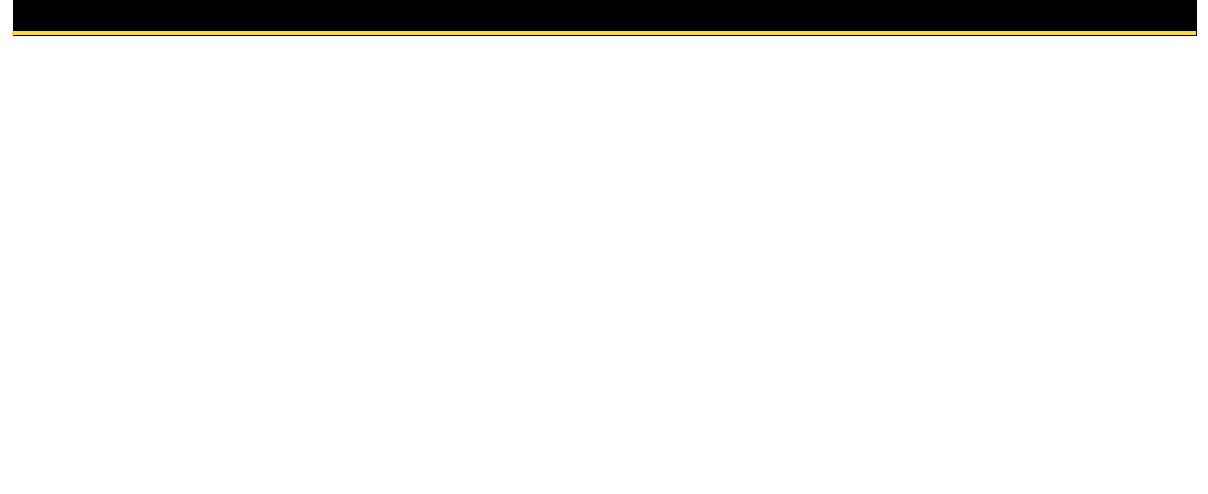
prepare the student for her or his intended professional focus. The Internship course is taken during the student's last semester of study. 30 credits are
required for the Human Relations degree. This is a non-practitioner degree; it does not prepare the student for certification, licensure, or the title of
counselor.
Prescribed courses for the Human Resources track are as follows (30 credits total):
Human Relations Track Core Courses (21 4-credits required):
COUN 702: Counseling Theories -- 3.00 credits
COUN 704: Introduction to Counseling -- 3.00 credits
COUN 706: Pre-practicum -- 3.00 credits
COUN 712: Family Counseling -- 3.00 credits
COUN 738: Multicultural Counseling -- 3.00 credits
COUN 758: Internship-Clinical/MFT/Human Relations -- 3.00 - 6.00 credits
The 600 hour internships in Human Relations are field-based, providing practice in skill applications within the students' chosen fields. They are carried
out under the supervision of a site superivsor in cooperation with the university advisor. Experiences are supported by weekly class meetings to discuss
and to integrate experiences.The remaining 9 credits can come from Counseling or other graduate-level courses. Students work with their advisor to
determine these courses
Official 2019-21 Graduate UW-Superior Catalog: Academic Programs: Counseling
The Board of Regents of the University of Wisconsin System | 50 of 228

Cybersecurity
Master of Science in Cybersecurity
Student Learning Outcomes and Program Objectives
Admission and Program Requirements
Faculty and Instructional Staff
Curriculum and Courses
Master of Science in Cybersecurity
The M.S. in Cybersecurity represents a comprehensive, multidisciplinary curriculum that prepares students to advance their careers and pursue their academic
ambitions through leadership and management positions within the cybersecurity field. The degree represents a fully online, asynchronous curriculum comprised
of 34 credits to include 7 core courses, 3 track courses, and 2 capstone courses (a one-credit capstone preparation course and a three-credit capstone course)
to satisfy degree requirements. UW-Green Bay, UW-La Crosse, UW-Oshkosh, UW-Parkside, UW-Platteville, UW-River Falls, UW-Stevens Point, and
UW-Superior will offer the program jointly. The program will equip students with the skills needed to effectively develop, implement and maintain a security
strategy within diverse organizations and industry sectors. Core courses provide students with a solid foundation in data and network security, compliance,
strategic planning, program design and management, legal and ethical issues in cybersecurity, cryptography, risk management and technical communications.
Students must complete one of four unique tracks which assist students in tailoring their coursework to meet their career goals: digital forensics, cyber
response, governance and leadership, and security architecture. The curriculum was developed in alignment with defined requirements of the Center for
National Centers of Academic Excellence in Cyber Defense (CAE-CD) and several established and recognized industry certifications.
Student Learning Outcomes and Program Objectives
Students completing the M.S. in Cybersecurity degree will gain the following core competencies:
1. Analyze and resolve security issues in networks and computer systems to secure an IT infrastructure
2. Design, develop, test, and evaluate secure software
3. Develop policies and procedures to manage enterprise security risks
4. Evaluate and communicate the human role in security systems with an emphasis on ethics, social engineering vulnerabilities, and training
5. Interpret and forensically investigate security incidents
Admission and Program Requirements
Admission to the Master of Science in Cybersecurity program requires:
Bachelor’s degree
3.0 GPA
Prerequisite coursework in:
o Introduction to Computer Science (must include significant programming content)
o Calculus or Statistics (Students will be required to satisfy all program prerequisites prior to formal admission into the program. Academic Directors are
provided the option to waive one or more prerequisites based, in part, on student background and work experience.)
Two letters of recommendation (can be professional or academic)
Resume
Up to 1,000 word statement of personal intent describing decision to pursue this degree and what you believe you will bring to the information
technology field
No required aptitude tests (GRE, GMAT, e.g.)
Provisional Admission Process
Provisional admission will be considered using the following guidelines:
2.5 and above at the discretion of the Academic Director and home campus
Below 2.5 – with Academic Director Approval – student can remediate by taking two of the following MS-C introductory courses and earning a B or
better in each course:
CYB 700: Cybersecurity Fundamentals -- 3.00 credits
CYB 703: Network Security -- 3.00 credits
CYB 705: Cybersecurity and Society -- 3.00 credits
Faculty and Instructional Staff
Official 2019-21 Graduate UW-Superior Catalog: Academic Programs: Cybersecurity
The Board of Regents of the University of Wisconsin System | 51 of 228
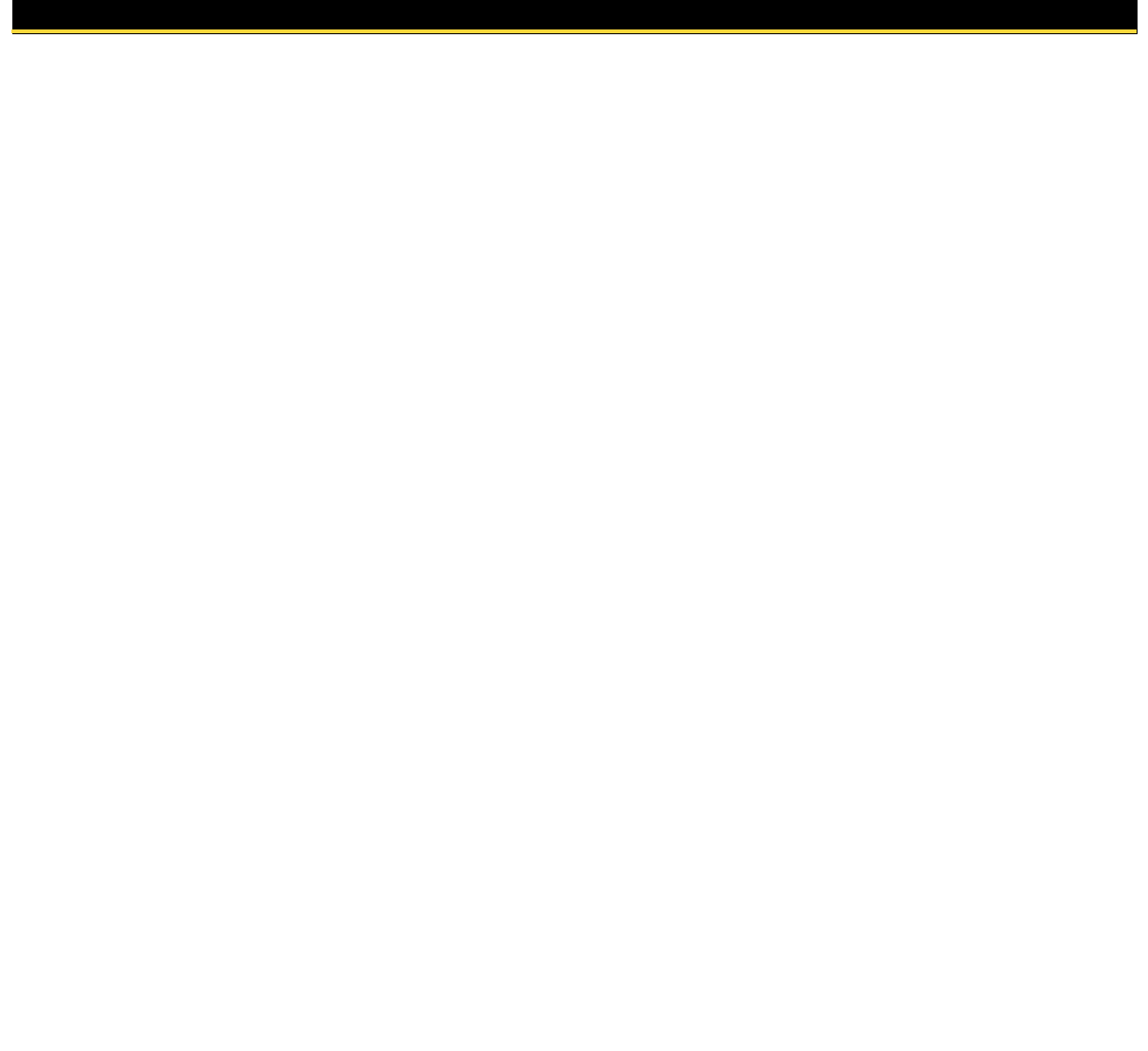
Jonathan Totushek, Assistant Professor, Academic Director
Shin-Ping Tucker, Professor
Curriculum and Courses
Core Courses
CYB 700: Cybersecurity Fundamentals -- 3.00 credits
CYB 703: Network Security -- 3.00 credits
CYB 705: Cybersecurity and Society -- 3.00 credits
CYB 707: Cybersecurity Planning -- 3.00 credits
CYB 710: Introductory Cryptography -- 3.00 credits
CYB 715: Managing Security Risk -- 3.00 credits
CYB 720: Communication in Cybersecurity -- 3.00 credits
Track 1 - Digital Forensics
CYB 725: Computer Forensics -- 3.00 credits
CYB 730: Computer Criminology -- 3.00 credits
CYB 735: Network Forensics -- 3.00 credits
Track 2 - Cyber Response (Defense, Incident & Attack Response)
CYB 740: Incident Response and Remediation -- 3.00 credits
CYB 745: Secure Operating Systems -- 3.00 credits
CYB 750: Offensive Security -- 3.00 credits
Track 3 - Governance & Leadership (Communication, Management, Policy, Compliance)
CYB 755: Security Administration -- 3.00 credits
CYB 760: Leadership & Teams -- 3.00 credits
CYB 765: Cybersecurity Management -- 3.00 credits
Track 4 - Security Architecture (Systems, Software, Data)
CYB 770: Security Architecture -- 3.00 credits
CYB 775: Applied Cryptography -- 3.00 credits
CYB 780: Software Security -- 3.00 credits
CYB 785: Cyber-Physical Sys. Security -- 3.00 credits
Capstone Courses
CYB 789: Cybersecurity Pre-capstone -- 3.00 credits
CYB 790: Cybersecurity Capstone -- 3.00 credits
Official 2019-21 Graduate UW-Superior Catalog: Academic Programs: Cybersecurity
The Board of Regents of the University of Wisconsin System | 52 of 228
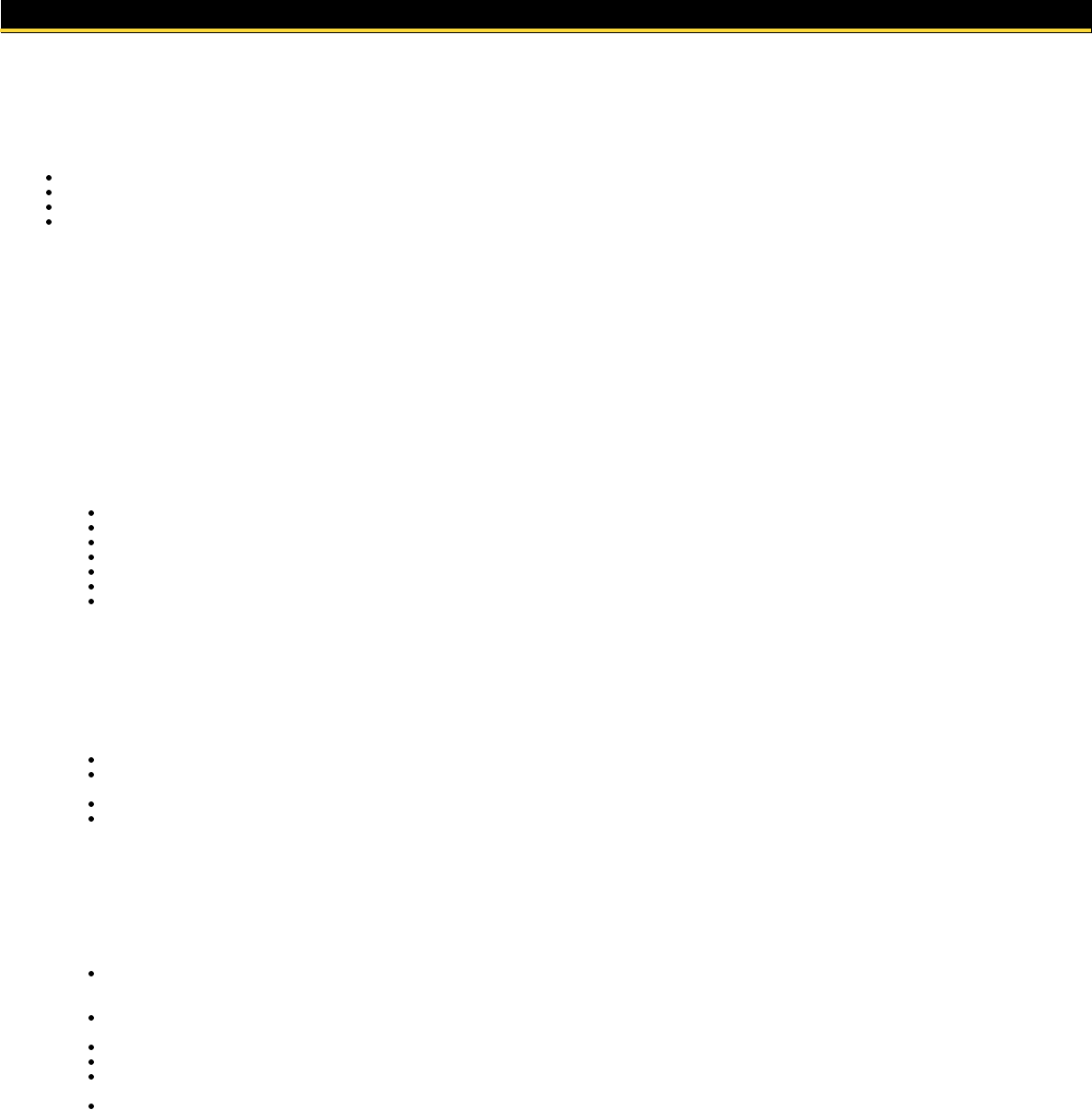
Data Science
Master of Science in Data Science
Admission Requirements
Faculty and Instructional Staff
Curriculum & Courses
Master of Science in Data Science
Organizations in nearly every industry are racing to hire qualified professionals with the skills to transform big data into big insights and better decisions. By
uncovering insights hidden within large and complex data sets, organizations in nearly every industry can solve problems and seize opportunities they never
knew existed. For example, healthcare systems can identify at-risk patients and intervene sooner. Police departments can predict crime and stop it before it
starts. Retailers can better forecast inventory to optimize supply-chain efficiency. The possibilities are endless.
The UW Master of Science in Data Science program will teach you how to clean, organize, analyze, and interpret unstructured data, deriving knowledge and
communicating your discoveries clearly to stakeholders. The 12-course, 36 credit program, is taught by expert faculty offering flexible schedules.
Admission to the program requires a bachelor's degree and a 3.0 GPA. Aptitude tests, such as the GMAT and GRE, are not required.
Grow your skills with a multidisciplinary curriculum focused on providing you with the skill set employers are searching for. In the program, you will learn how to:
Identify and assess the data science needs of any organization
Collect and manage data to devise solutions to data science challenges
Select, apply, and evaluate models used to solve data science task
Interpret data, extract meaningful information and assess finding
Effectively communicate findings in various formats for non-technical stakeholders
Interpret and apply professional code of ethics and conduct regarding data use
Transform findings from data resources into actionable business strategies that create a competitive advantage
The online Data Science master's program is a collaborative effort of University of Wisconsin - Extension, UW-Eau Claire, UW-Green Bay, UW-La Crosse,
UW-Oshkosh, and UW-Superior.
Master of Science in Data Science Program Features
Student Support: Experienced UW-Superior advisors understand your needs, provide support and connect you with resources to get ahead.
Convenience: Because all classes are fully online, you can complete the program from where you live and work, studying at the time of day that's
convenient for you.
Quality: Courses in the Online Master of Science in Data Science program are taught by the University of Wisconsin's excellent faculty.
Focus: This 12-course program keeps you on track toward completing your degree.
Admission Requirements
Admission to the UW Master of Science in Data Science requires:
A bachelor's degree and a cumulative grade point average (GPA) of 3.0. Official college transcripts are required. Students will a GPA of less than 3.0
may be considered for a provisional admission. Please contact an enrollment advisor for more information-see phone hours and contact information
below.
Prerequisite coursework in elementary statistics, introductory computer programming, and introduction to databases. Relevant work experience may
be considered in lieu of this coursework. Please contact an enrollment advisor for details.
Your resume.
Two letters of recommendation (can be professional or academic).
A personal statement of up to 1,000 works describing the reasons behind your decision to pursue this degree and what you believe you will bring to the
data science field. Space for the personal statement is included in the online application.
No aptitude tests (GMAT, GRE) are required.
Faculty and Instructional Staff
Ethan Christensen, Assistant Professor, Academic Director
Rick Moran, Assistant Professor
Mary Tripp, Adjunct Senior Lecturer
Curriculum & Courses
Official 2019-21 Graduate UW-Superior Catalog: Academic Programs: Data Science
The Board of Regents of the University of Wisconsin System | 53 of 228
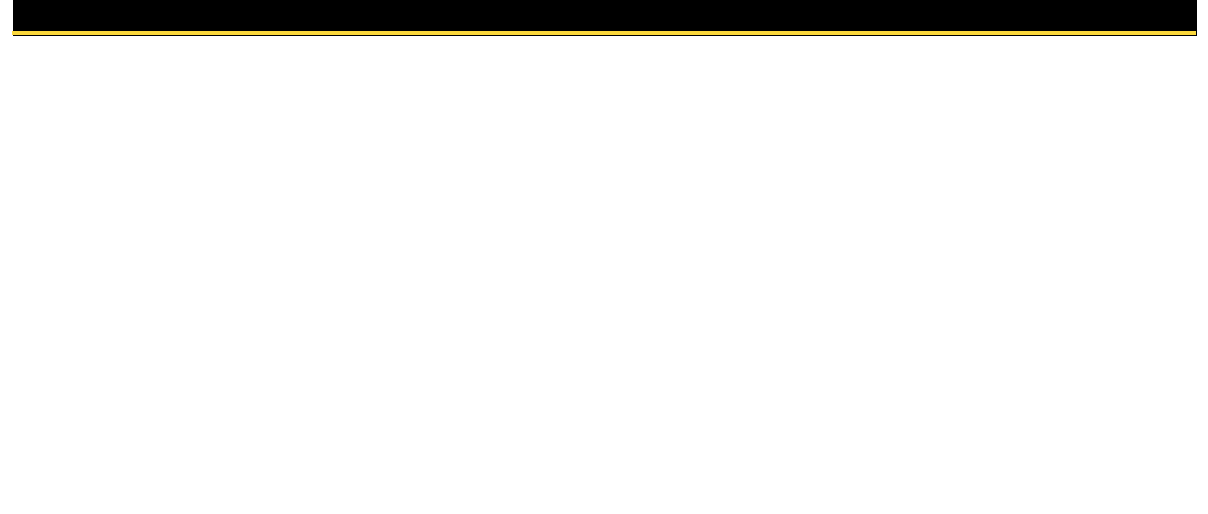
The UW Master of Science in Data Science program offers a rigorous curriculum grounded in computer science, math, management and communication. In the
program, you are required to take each of the 12 courses in the curriculum. Each course is three credits.
Program Requirements:
DS 700: Foundations of Data Science -- 3.00 credits
DS 705: Statistical Methods -- 3.00 credits
DS 710: Programming for Data Science -- 3.00 credits
DS 715: Data Warehousing -- 3.00 credits
DS 730: Big Data: High Performance Computing -- 3.00 credits
DS 735: Communicating about Data -- 3.00 credits
DS 740: Data Mining & Machine Learning -- 3.00 credits
DS 745: Visualization and Unstructured Data Analysis -- 3.00 credits
DS 760: Ethics of Data Science -- 3.00 credits
DS 775: Prescriptive Analytics -- 3.00 credits
DS 780: Data Science and Strategic Decision Making -- 3.00 credits
DS 785: Data Science Capstone -- 3.00 credits
Official 2019-21 Graduate UW-Superior Catalog: Academic Programs: Data Science
The Board of Regents of the University of Wisconsin System | 54 of 228
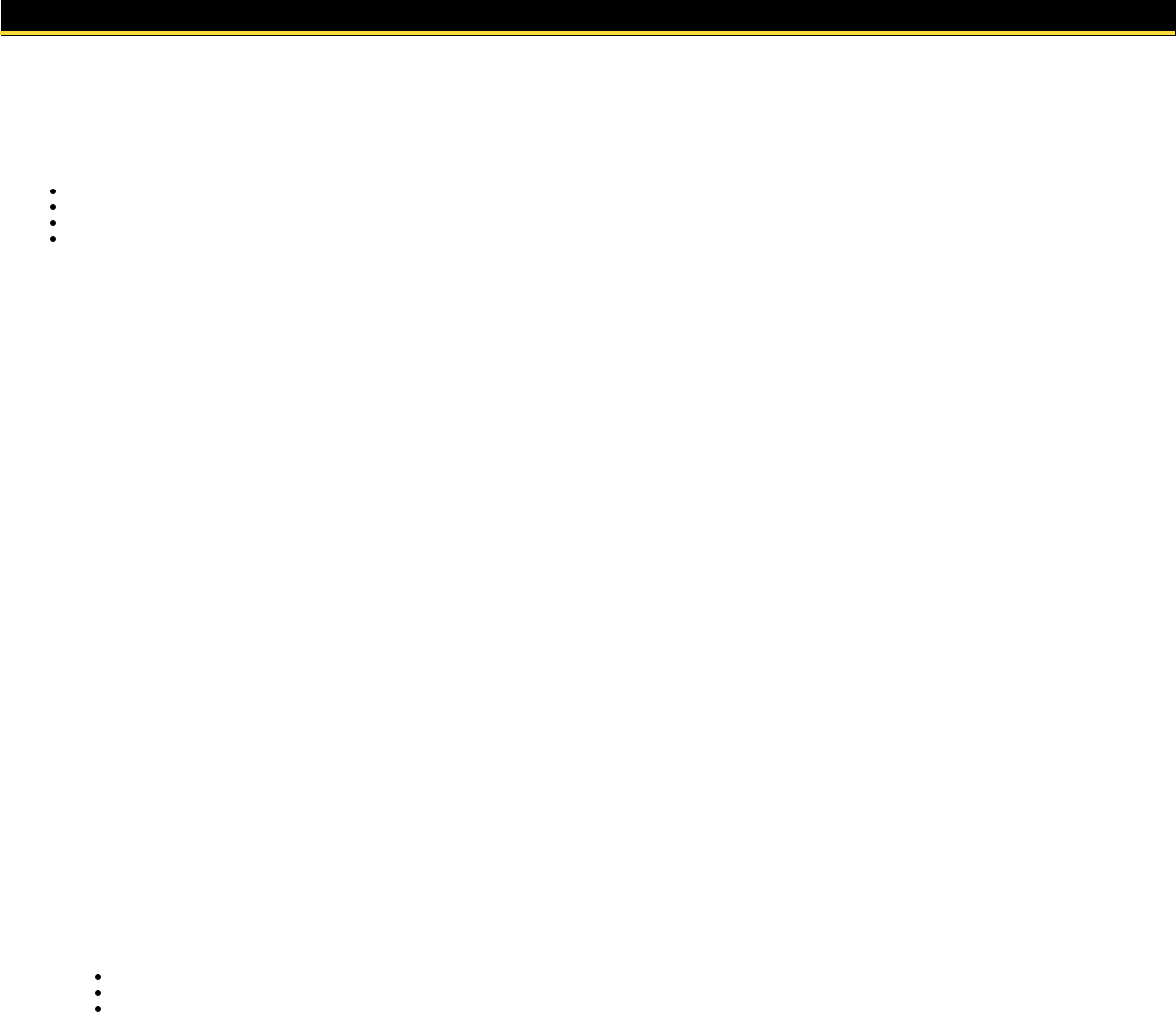
Educational Administration
Graduate Faculty
Master of Science in Education in Educational Administration
Specialist Degree in Education in Educational Administration
Admission Procedures Master's Level Program
Graduate Faculty
Tanzeem Ali, Assistant Professor
Carol Brown, Associate Professor
Steven Baule, Assistant Professor
Suzanne Griffith, Professor, Chair
Bhesh Mainali, Assistant Professor
Mary Lee Nichols, Associate Professor
John Paul, Associate Professor
Matthew Ridenour, Assistant Professor
Brian Welsh, Assistant Professor
Christy Wilkin, Assistant Professor
Amanda Zbacnik, Assistant Professor
Contributing Graduate Faculty
Randy Barker
Tamara Bergum
Amy Fullerton
Barry Kamrath
Susan Larson Kidd
Marsha Lue
Lee Oling
Tanya Skalecki
Chad Trowbridge
Larry Zeman
Master of Science in Education in Educational Administration
*Notice: Due to pending licensure program approvals by the Wisconsin Department of Public Instruction (DPI), program requirements are subject to change for
students entering Fall 2019. Students affected by any approved changes which occur in the 2019-2021 catalog will be formally notified by the UW-Superior
Educator Program.
The Master of Science in Education (M.S.E.) Degree program in Educational Administration is designed for individuals with limited administrative experience
who are seeking initial professional preparation and certification for school leadership positions in:
PK-12 Director of Instruction
PK-12 Director of Special Education and Pupil Services
PK-12 Principalship
The EDAD program knowledge base for the M.S.E. degree in Educational Administration is anchored by a theme of Reflective Scholar Constructivists who are
Community Leaders Capable of Knowledge-Based Decision-Making consistent with Wisconsin Administrative Standards and approved by the Wisconsin State
Department of Public Instruction (DPI) to provide advanced level professionals with:
Basic theory, research and wisdoms of professional practice of educational administration and educational leadership.1.
Advanced graduate coursework required to meet professional certification standards.2.
Professional preparation for entry into specialized educational administrative positions.3.
Specialist Degree in Education in Educational Administration
The Specialist Degree in Educational Administration (Ed.S.) is designed as a planned professional program for educational administrators. Administrators
seeking admission to the program may wish to increase their competencies or satisfy certification requirements for present professional positions or positions
with new and increased responsibilities. The Ed.S. degree is an action, research-based, postgraduate degree. The program graduate will possess an advanced
knowledge base that is grounded by current theory, research and wisdoms of professional practice for one's area of specialization within the program. Acquired
research and statistical methodological skills are program requirements for the awarding of this degree. The focus of the Specialist program is to provide career
educational administrators with an amalgamation of advanced theoretical concepts, specialized professional skills, and technical knowledge. The Specialist
Degree is the terminal degree at UW-Superior that requires a minimum of 30 graduate semester credits beyond the master's level.
A cumulative GPA of 3.0 or higher on a 4.0 scale on all graudate coursework is required for program completion for Wisconsin licensure.
The programs of advanced specialization for the postgraduate Specialist Degree is School District Administrator (Superintendent)
The program for the Ed.S. in Educational Administration is designed to provide career education administration professionals with:
Development of advanced specialized professional skills for present and/or anticipated future professional leadership positions.1.
Official 2019-21 Graduate UW-Superior Catalog: Academic Programs: Educational Administration
The Board of Regents of the University of Wisconsin System | 55 of 228
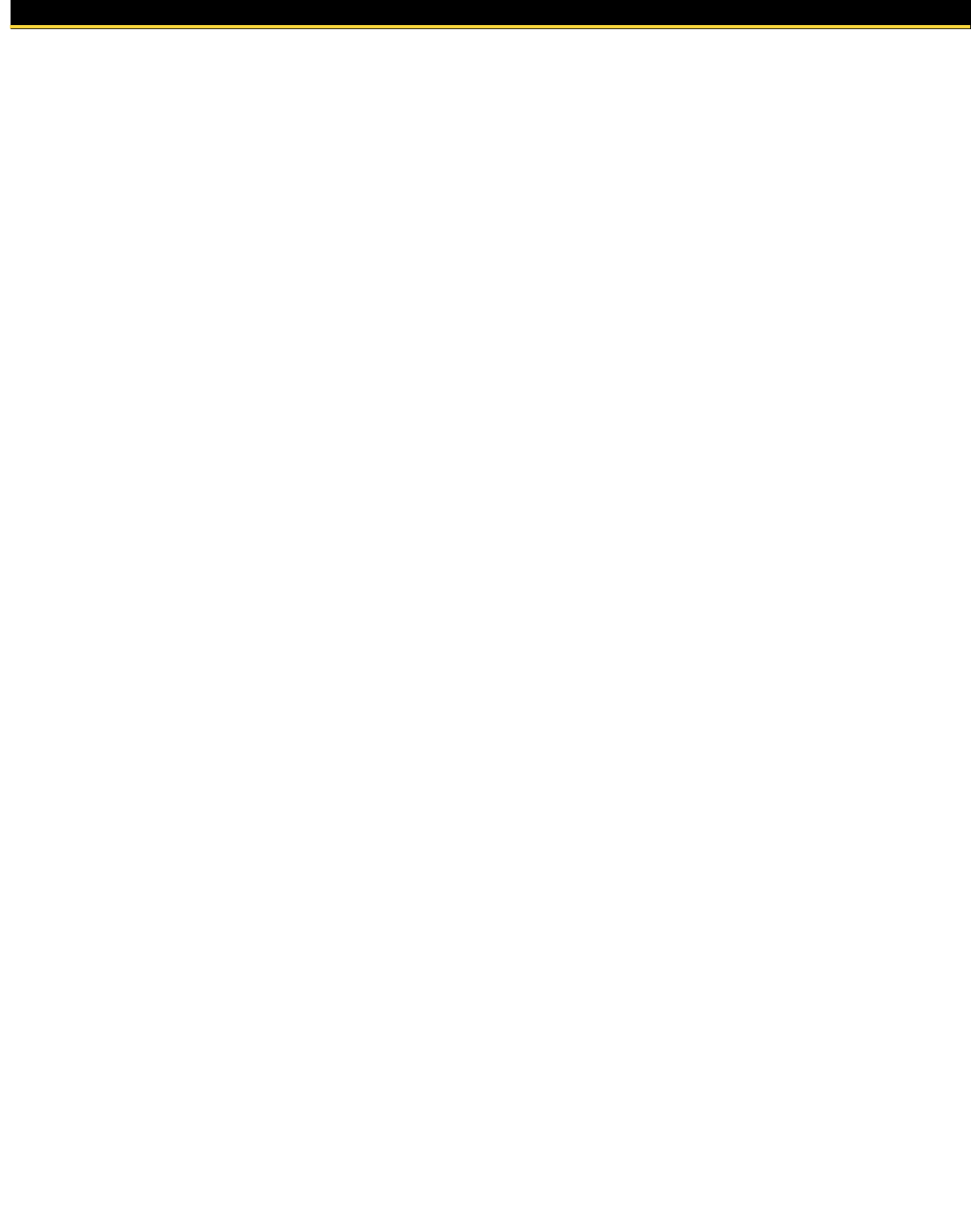
Development of advanced specialized professional skills for present and/or anticipated future professional leadership positions.1.
Knowledge to apply theoretical concepts which relate to the professional and ethical role of the practitioner.2.
Background in active research and statistical methodology to provide a utilitarian understanding of applied research for informed decision making.3.
Specialist Degree Admission Procedure
Admission to the Specialist Degree program will be processed only after all required information and application materials are on file. Students will be admitted
under the policies of the UW-Superior Graduate Catalog current as of date of admission to the Ed.S. program. Any student who applies and is admitted to the
Ed.S. degree program but fails to attend the university within one calendar year shall have to reapply for admission.
Application for Admission to Graduate Studies
Application for admission to post-graduate study must be initiated by contacting the UW-Superior Office of Graduate Studies.
Additional Admission Requirements:
Current professional résumé or vita.1.
Written evidence of three years of teaching experience or equivalent. Three years of successful teaching experience is required prior to administrative
endorsement by the UW-Superior Institutional Certification Office. Admission to the educational specialist program requires a candidate hold a principal
certificate.
2.
Hold a masters' degree from an accredited college or university.3.
On the basis of a 4.00 cumulative grade point average (GPA) evaluation scale: Minimum undergraduate cumulative GPA of 2.75 and minimum
graduate cumulative GPA of 3.00.
4.
Maintain minimum cumulative 3.00 GPA for all educational administration graduate coursework.5.
All necessary papers and information filed with the Graduate Studies Office.6.
There is no condiitonal admission to the Specialist Degree in Education in Educational Administration.
Advisement and Graduate Faculty Committee
Following initial admission to the Ed.S. program, the Department of Education shall assign the Ed.S. student an advisor.
Ed.S. Internship Requirement
All Ed.S. students must complete a semester long internship for a total of 160 hours in the superintendency. Students must make written application to and
obtain approval from the Educational Administration Director of Field experience. Additionally, students must have written pre-approval from a practicing
educational administrator with a District Administrator license who will serve in an on-site supervisory capacity with mentoring responsibility.
The internship is scheduled for an academic school semester. Enrolled students are also expected to attend an internship seminar during the academic year
held online.
Ed.S. in Educational Administration Program Standards
Each postgraduate student shall complete three degree program requirements for the Ed.S. degree in Educational Administration:
Educational Administration program's required coursework.1.
A 3 credit internship in a superintendency2.
Comprehensive examination in the superintendency.3.
An e-portfolio as required by PI 34. The portfolio is designed to reflect and integrate and demonstrate performance of the eleven Wisconsin
Administrative Standards.
4.
An Administrative Analysis based on statistical methods and active research.5.
Educational Administration Ed.S. Program Coursework
EDAD 810: School Human Resources -- 3.00 credits
EDAD 820: The Superintendency -- 3.00 credits
EDAD 825: Facilities Planning and Utilization -- 3.00 credits
EDAD 830: Diverse School Community Relations -- 3.00 credits
EDAD 850: School Finance and Resource Allocation -- 3.00 credits
EDAD 842: Professional Ethics for School Administrators -- 3.00 credits
EDAD 851: Politics Of Education -- 3.00 credits
EDAD 864: Internship: Superintendency -- 1.50 credits
(two modules are required for 3 credits)
Official 2019-21 Graduate UW-Superior Catalog: Academic Programs: Educational Administration
The Board of Regents of the University of Wisconsin System | 56 of 228
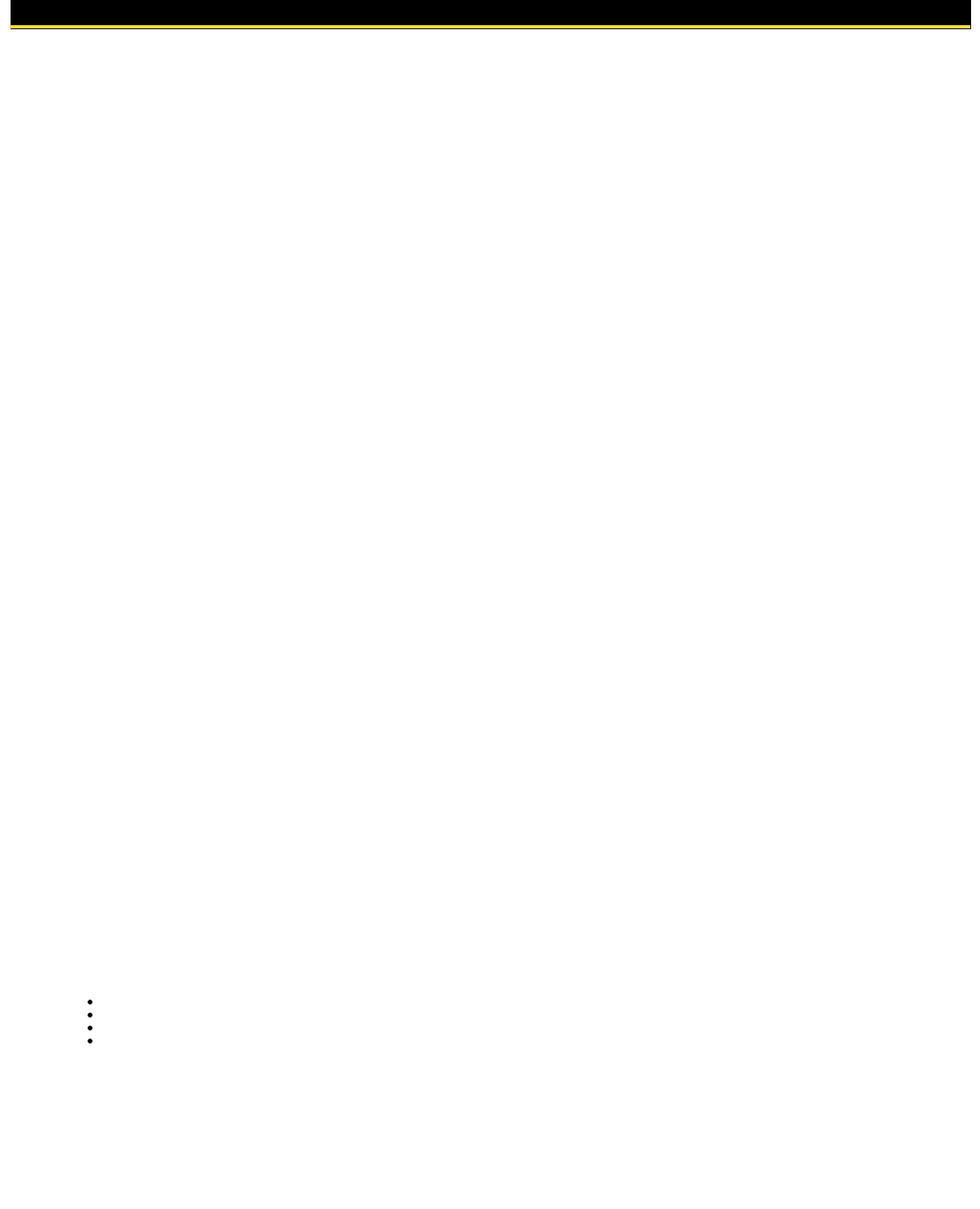
EDAD 865: Statistical Methods Research -- 3.00 credits
EDAD 866: Advanced Administrative Analysis -- 3.00 credits
To be certified as a superintendent in Wisconsin a candidate should hold or be eligible to hold a principal license.
Wisconsin Administrative Standards required courses:
Postgraduate students are required to meet all seven Wisconsin Administrative Standards. Each EDAD course is designed around one primary Wisconsin
Administrative Standard. Students may take 700-level or 800-level coursework to fulfill a standard. Additionally, at the student's advisor's best professional
judgment, a student may be required to complete a specific course to fulfill a standard.
Ed.S. candidates are required to complete a minimum of 30 semester credits beyond the master's degree.
A cumulative GPA of 3.0 or higher on a 4.0 scale on all graduate coursework is required for program completion for Wisconsin licensure.
Admission Procedures Master's Level Program
Application for admission to graduate study in Educational Administration must be initiated by contacting the UW-Superior Office of Graduate Studies.
Note: Failure or delays in meeting these requirements are often the reason for delays in admission to Graduate Studies. Admission will not be granted until all
requirements are achieved.
Admission Requirements
A professional resume or vitae providing documentation of three years of teaching experience or equivalent. The three years of successful teaching
experience is required prior to administrative endorsement by the UW-Superior Institutional Certification Office.
1.
A cumulative 2.75 GPA on a 4.0 scale.2.
Undergraduate degree transcript3.
There is no conditional admission to the MSE-Educational Administration Program (Principal, Director of Instruction, Director of Special Education).
Licensure Requirements
In addition to completing requisite coursework, the following requirements must also be met:
Hold a masters' degree (or concurrently completing part of the certificate program).1.
Completion of an approved program leading to licensure, holding or being eligible to hold any license to teach or work as a school counselor, a school
psychologist, or a school social worker at the early childhood through adolescence level, and
2.
Evidence of three years of successful full-time classroom teaching at any of the grades at the early childhood through adolescence level or work as a
school counselor, a school psychologist, or a school social worker, which includes evidence of at least 540 hours of successful teaching experience.
3.
A cumulative GPA of 3.0 or higher on a 4.0 scale is required on all graduate coursework for program completion for Wisconsin licensure.4.
Admission Categories
Educational administration admission requirements may exceed those required of other graduate programs of the UW-Superior. A potential graduate student
may take a maximum of nine credits in the EDAD program as a Special Student before unconditional admission.
Note: No student shall be awarded a graduate degree in Educational Administration until the student has achieved unconditional admission status, and
completed application for a graduate degree.
A cumulative GPA of 3.0 or higher on a 4.0 scale is required on all graduate coursework for program completion for Wisconsin licensure.
Degree Requirements
30 total graduate credits with a cumulative GPA of 3.00 or greater
M.S.E. Program Components
Each student shall complete five degree program requirements for the M.S.E. degree in Educational Administration which include:
Educational Administration program course requirements
Four (1.5 credit) practicums for a total of six credits and 320 hours in one's area of specialization.
Comprehensive examination in one's area of specialization.
An e-portfolio as required by PI 34. The portfolio is designed to reflect, integrate and demonstrate-performance of the eleven Wisconsin Administrative
Standards.
Educational Administration M.S.E. Program Coursework
PK-12 Principalship required courses (30 credits required)
EDAD 700: Administrative Leadership -- 3.00 credits
EDAD 710: Supervision of Instruction -- 3.00 credits
EDAD 711: Curriculum Management and Development K-12 -- 3.00 credits
EDAD 720: School Business Administration -- 3.00 credits
1.
Official 2019-21 Graduate UW-Superior Catalog: Academic Programs: Educational Administration
The Board of Regents of the University of Wisconsin System | 57 of 228
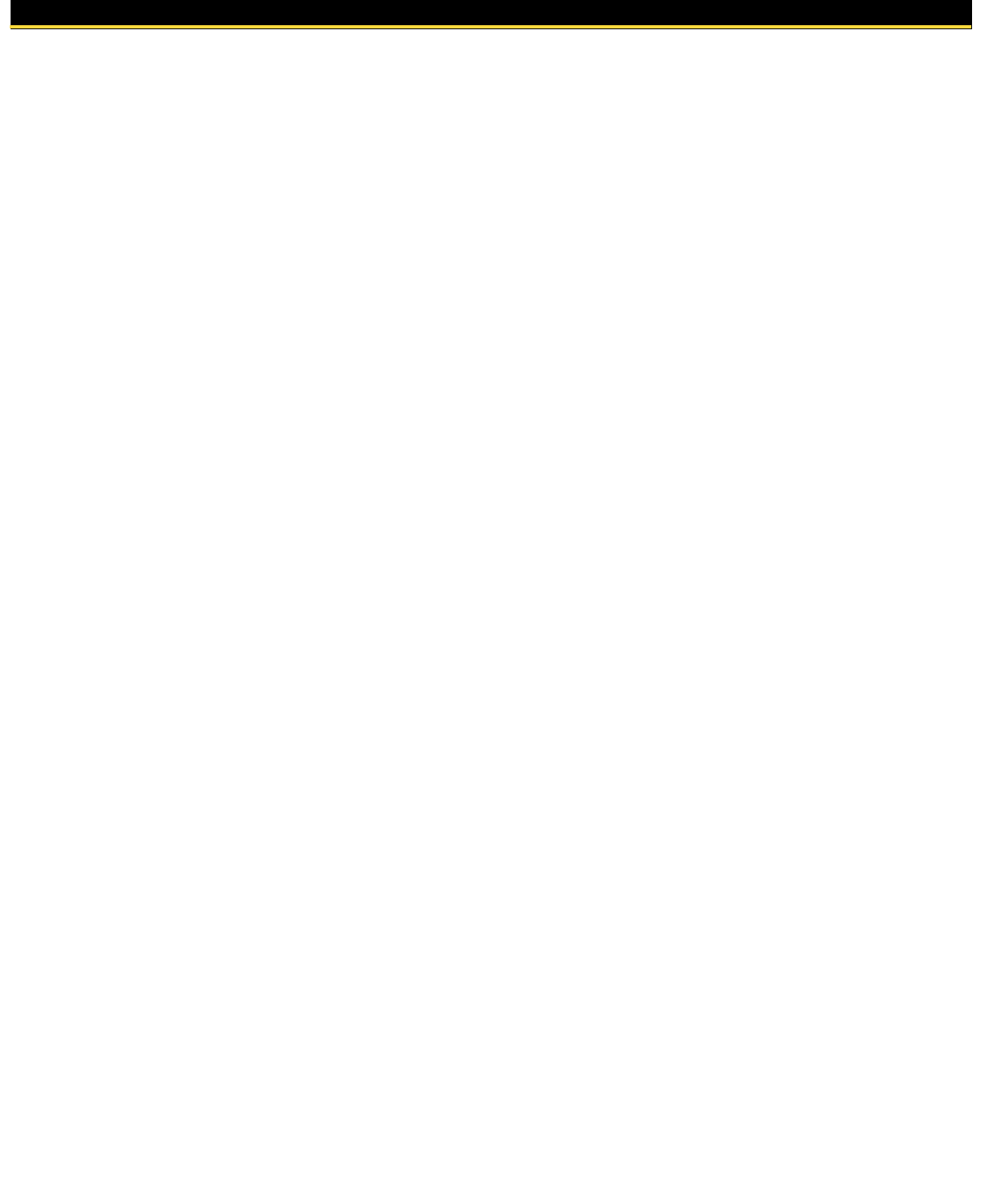
EDAD 721: The Principalship -- 3.00 credits
EDAD 728: Diversity and Social Justice in Schools -- 3.00 credits
EDAD 741: Conflict Resolution and Mediation in K-12 Educational Settings -- 3.00 credits
EDAD 750: School Law -- 3.00 credits
EDAD 724: Practicum - PreK-12 Principal -- 1.50 credits
EDAD 725: Practicum - PreK-12 Principal -- 1.50 credits
EDAD 726: Practicum - PreK-12 Principal -- 1.50 credits
EDAD 727: Practicum - PreK-12 Principal -- 1.50 credits
Director of Special Education and Pupil Services required courses (30 credits required)
EDAD 700: Administrative Leadership -- 3.00 credits
EDAD 710: Supervision of Instruction -- 3.00 credits
EDAD 711: Curriculum Management and Development K-12 -- 3.00 credits
EDAD 720: School Business Administration -- 3.00 credits
EDAD 728: Diversity and Social Justice in Schools -- 3.00 credits
EDAD 730: Administration and Supervision Of Special Education and Pupil Services -- 3.00 credits
EDAD 741: Conflict Resolution and Mediation in K-12 Educational Settings -- 3.00 credits
EDAD 832: Special Education Law -- 3.00 credits
EDAD 734: Practicum- Director of Special Education -- 1.50 credits
EDAD 735: Practicum- Director of Special Education -- 1.50 credits
EDAD 736: Practicum- Director of Special Education -- 1.50 credits
EDAD 737: Practicum- Director of Special Education -- 1.50 credits
PK-12 Director of Instruction required courses (30 credits required
EDAD 701: The Director of Instruction -- 3.00 credits
EDAD 700: Administrative Leadership -- 3.00 credits
EDAD 710: Supervision of Instruction -- 3.00 credits
EDAD 711: Curriculum Management and Development K-12 -- 3.00 credits
EDAD 720: School Business Administration -- 3.00 credits
EDAD 728: Diversity and Social Justice in Schools -- 3.00 credits
EDAD 741: Conflict Resolution and Mediation in K-12 Educational Settings -- 3.00 credits
EDAD 750: School Law -- 3.00 credits
EDAD 704: Practicum - Director of Instruction -- 1.50 credits
EDAD 705: Practicum - Director of Instruction -- 1.50 credits
EDAD 706: Practicum - Director of Instruction -- 1.50 credits
EDAD 707: Practicum - Director of Instruction -- 1.50 credits
Practicum Requirement
All M.S.E. students must complete a year-long, (four 1.5 credit) practicums for a minimum of 320 hours in their area of specialization. Students must
make written application to and obtain prior approval from the Director of Field Experiences. Additionally, students must have written pre-approval from
a licensed school administrator (i.e. within the area of licensure) who will serve in an on-site supervisory capacity with mentoring responsibility.
Students must have completed or be concurrently enrolled in a minimum of nine semester credits in Educational Administration graduate coursework.
The practicum is scheduled for one entire academic year. Enrolled students are expected to attend two practicum seminars (fall and spring) held
online. The first field experience will be for a total of six credits and any future field experience for an add-on administrative certification will be for three
credits.
2.
Standards-Based Professional Development for School Leaders Knowledges -- Performances
Wisconsin Administrative Standards Coursework
The student is required to meet all seven Wisconsin Administrative standards; however, one or more of the above prescribed course requirements may be
substituted by the student's advisor if the substitution meets the standard. Each EDAD course is designed to meet one Wisconsin Administrative standard.
Courses are numerically assigned to comply with a standard and are listed below by standard. Additionally, at the student's advisor's best professional
judgment, a graduate student may be required to complete a specific course to fulfill a standard.
The administrator standards for administrator development and licensure are:
The administrator has an understanding of and demonstrates competence in the eleven teaching standards. Aligns with administrative standards.1.
The administrator leads by facilitating the development, articulation, implementation, and stewardship of a vision of learning that is shared by the
school community.
2.
The administrator manages by advocating, nurturing and sustaining a school culture and instructional program conducive to pupil learning and staff3.
Official 2019-21 Graduate UW-Superior Catalog: Academic Programs: Educational Administration
The Board of Regents of the University of Wisconsin System | 58 of 228
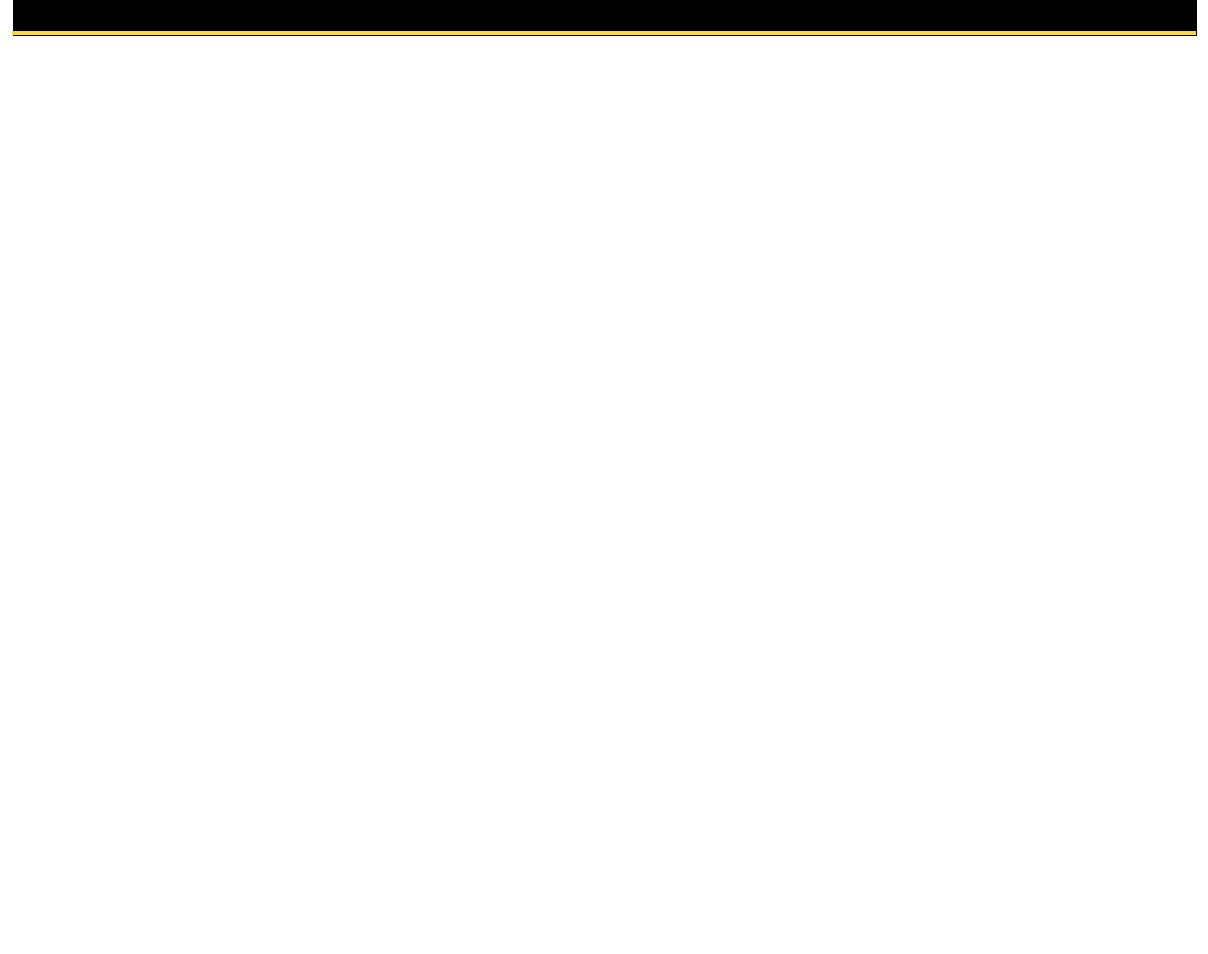
The administrator manages by advocating, nurturing and sustaining a school culture and instructional program conducive to pupil learning and staff
professional growth.
3.
The administrator ensures management of the organization, operations, finances, and resources for a safe, efficient and effective learning environment.4.
The administrator models collaborating with families and community members, responding to diverse community interests and needs, and mobilizing
community resources.
5.
The administrator acts with integrity, fairness, and in an ethical manner.6.
The administrator understands, responds to, and interacts with the larger political, social, economic, legal, and cultural context that affects schooling.7.
The new Wisconsin Administrative Standards
The eleven administrator standards for administrator development and licensure are:
Effective educational leaders develop, advocate, and enact a shared mission, vision, and core values of high-quality education, academic success, and
well-being of each pupil.
1.
Effective educational leaders act ethically and according to the professional norms to promote each pupil's academic success and well-being.2.
Effective educational leaders strive for equity of educational opportunity and culturally responsive practices to promote each pupil's academic success
and well-being.
3.
Effective educational leaders develop and support intellectually rigorous and coherent systems of curriculum, instructions, and assessment to promte
each pupil's academic success and well-being.
4.
Effective educational leaders cultvate an inclusive, caring, and supportive school community to promote each pupil's academic success and well-being.5.
Effective educational leaders develop the professional capacity and practice of school personnel to promote each pupil's academic success and
well-being.
6.
Effective educational leaders foster a professional community of teachers and other professional staff to promote each pupil's academic success and
well-being.
7.
Effective educational leaders engage families and the community in meaningful, reciprocal, and mutually beneficial ways to promote each pupil's
academic success and well-being.
8.
Effective educational leaders effectively manage school operations and resources to promote each pupil's academic success and well-being.9.
Effective educational leaders act as agents of continuous school improvement to promote each pupil's academic success and well-being.10.
Effective educational leaders understand and demonstrate competence in the teacher standards under s. PI 34.002.11.
Plans of Study
Students must consult with their graduate advisor to obtain an approved Plan of Study.
Certification-Only Graduate Students
Persons possessing a master's degree in an area other than educational administration may be recommended for certification by completion of the approved
program at UW-Superior. Graduate coursework from the student's earned master's degree may be applied -- where appropriate -- to satisfy certification
requirements of the approved program. Coursework, however, must clearly parallel those approved program requirements to substitute for such.
A cumulative GPA of 3.0 or higher on a 4.0 scale is required on all graduate coursework for program completion for Wisconsin licensure.
Note: Certification-only graduate students are required to file an admission to EDAD certification form with the Graduate Studies Office. This is a parallel
requirement to degree-seeking candidates, who must file an application with the Graduate Studies Office. Upon completing the certification-only requirements, it
is the responsibility of the graduate student to obtain written verification of such from the advisor and submit such to the Certification Office with appropriate
license application materials.
Graduate coursework earned at an accredited institution of higher education other than UW-Superior pertinent to the intended certification shall not be
transferred into the student's UW-Superior official academic record.
Although prior master's degree graduate coursework may satisfy certain specific approved program requirements, prior master's degree earned graduate
coursework shall not be used to meet the minimum required graduate credits for a M.S.E. in Educational Administration.
Students seeking educational administration certification in this manner shall complete all requirements of the approved program including:
Admission to the Educational Administration program. There is no conditional admission to this program.1.
Certification coursework plan filed with advisor.2.
Submission of advisor-verified certification-only plan with certification application materials.3.
Official 2019-21 Graduate UW-Superior Catalog: Academic Programs: Educational Administration
The Board of Regents of the University of Wisconsin System | 59 of 228
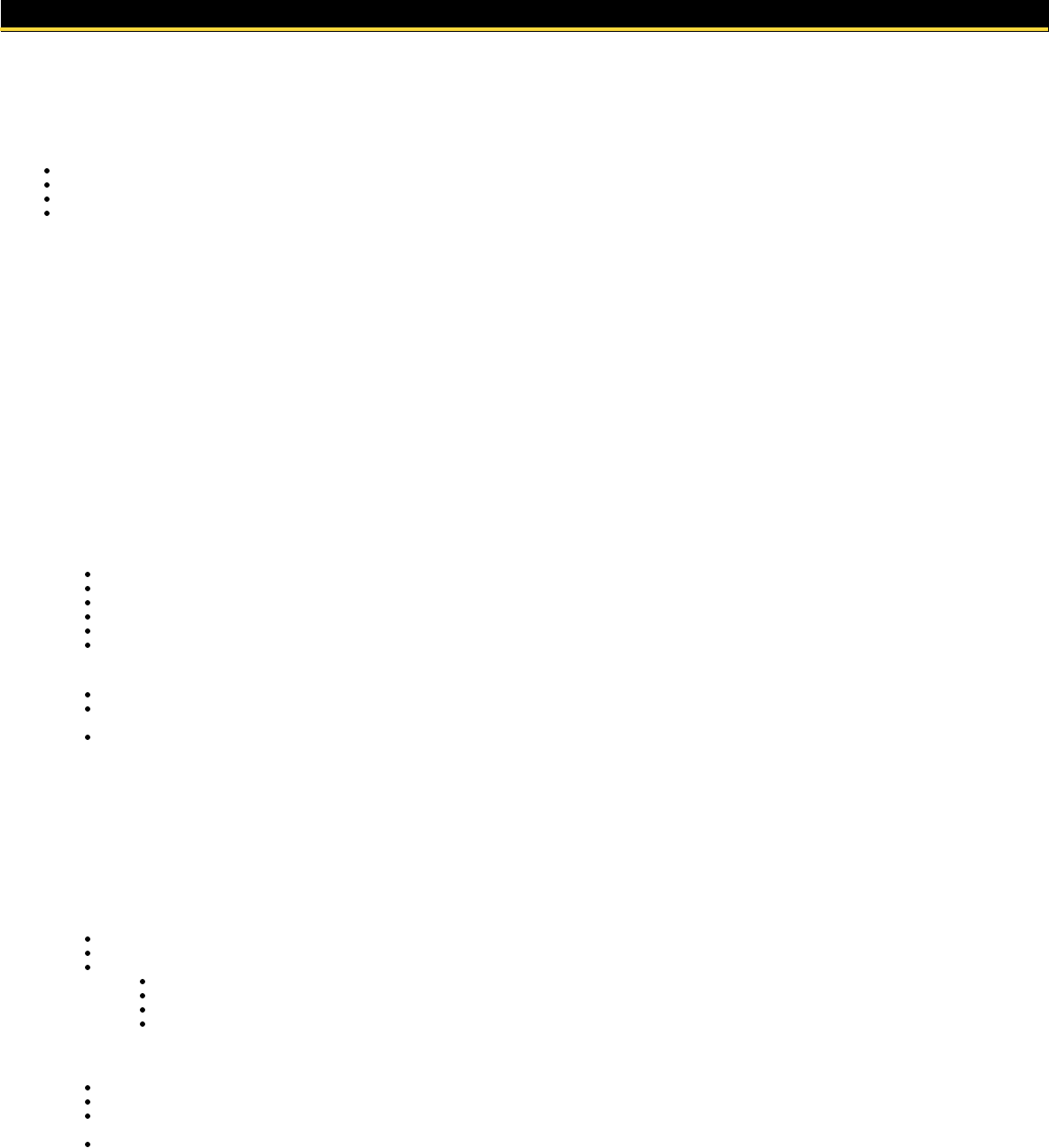
Health and Wellness Management
Master of Science in Health and Wellness Management
Admission Requirements:
Faculty and Instructional Staff
Curriculum and Courses:
Master of Science in Health and Wellness Management
The program, designed with input from industry leaders, offers a comprehensive and integrative curriculum with a strong focus on strategic planning, program
budgeting, change management, and systems thinking—next-level skills that will put graduates in high demand in the health and wellness management market.
This professional degree program is offered entirely online.
Health and wellness management is an increasingly competitive field—as wellness programs become a normal function within the corporate environment,
professionals in the field must now perform a growing number of tasks that previously fell under the rubric of C-level executives. In the pursuit of these
high-visibility roles, a master’s degree offers notable value.
The Master of Science in Health and Wellness Management program is intended for students with a bachelor’s degree in areas including (but not limited to)
community health, health education, kinesiology, exercise science, nutrition, health promotion, recreation management, human resources, or social work; and
who have limited education and training in the management field.
Students in the program will enjoy affordable tuition that compares favorably to competing graduate programs from other institutions. Like other collaborative
online University of Wisconsin programs, students will pay the same tuition whether they live in Wisconsin or out of state.
Grow your skills with a multidisciplinary curriculum focused on providing you with the skill set employers are searching for. In the program, you will learn how to:
Demonstrate effective communication skills for diverse audiences
Demonstrate effective organizational development
Utilize population health tools for wellness management
Apply appropriate management practices for organizational wellness
Effectively navigate the legal and ethical environment of wellness management
Demonstrate knowledge in the scientific foundations of wellness
Master of Science in Health & Wellness Program Features:
Student Support: Experienced UW-Superior advisors understand your needs, provide support and connect you with resources to get ahead.
Convenience: Because all classes are fully online, you can complete the program from where you live and work, studying at the time of day that's
convenient for you.
Quality: Courses in the Online Master of Science in Health & Wellness program are taught by the University of Wisconsin's excellent faculty.
Admission Requirements:
Admission to the program requires a bachelor's degree and a 3.0 GPA. Aptitude tests, such as the GMAT and GRE, are not required. Full admission
requirements include:
Students will be required to satisfy all program prerequisites prior to formal admission into the program. Academic Directors are provided the option to waive one
or more prerequisites based, in part, on student background and work experience.
Bachelor’s degree from an accredited institution
3.0 GPA
Prerequisite coursework in:
Personal Health or equivalent
Anatomy and Physiology or Human Biology or equivalent
Intro to Psychology or equivalent
Elementary Statistics or equivalent
Students will be required to satisfy all program prerequisites prior to formal admission into the program. Academic Directors are provided the option to waive one
or more prerequisites based, in part, on student background and work experience.
Two (2) letters of recommendation (can be professional or academic)
Resume
Up to 1,000 word statement of personal intent describing decision to pursue this degree and what you believe you will bring to the health and wellness
management field.
No required aptitude tests (GRE, GMAT, e.g.)
Faculty and Instructional Staff
Mei Cao, Professor, Academic Director
Ephraim Nikoi, Associate Professor
Roger Pao, Adjunct Senior Lecturer
Peter J. Stark, Adjunct Senior Lecturer
Official 2019-21 Graduate UW-Superior Catalog: Academic Programs: Health and Wellness Management
The Board of Regents of the University of Wisconsin System | 60 of 228
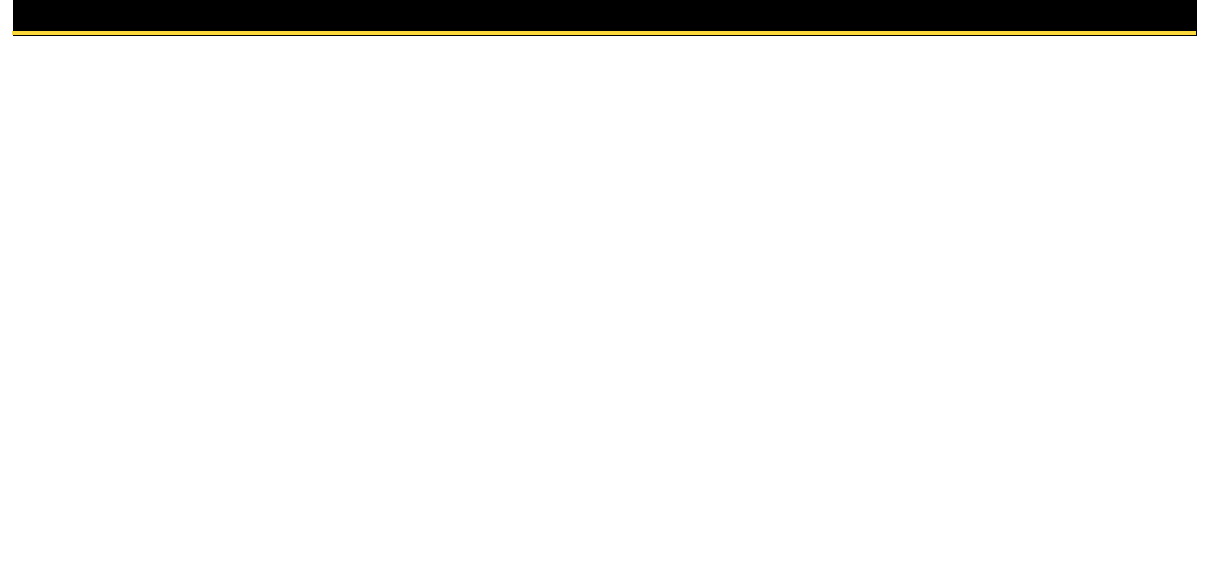
Curriculum and Courses:
The UW Master of Science in Health & Wellness program offers a rigorous curriculum grounded in both wellness and management. In the program, you are
required to take each of the 12 courses in the curriculum. Each course is three credits.
HWM 700: Contemporary Health and Wellness Perspectives -- 3.00 credits
HWM 705: Strategic Management for Wellness Managers -- 3.00 credits
HWM 710: Research Methods for Wellness Programs -- 3.00 credits
HWM 715: Persuasion Skills for Wellness Managers -- 3.00 credits
HWM 720: Exercise and Nutrition in Health and Disease -- 3.00 credits
HWM 730: Biopsychosocial Aspects of Health -- 3.00 credits
HWM 740: Health Systems and Policy for Wellness Managers -- 3.00 credits
HWM 750: Planning and Evaluation for Wellness Managers -- 3.00 credits
HWM 760: Wellness Law -- 3.00 credits
HWM 770: Behavior and Development in Organizations -- 3.00 credits
HWM 780: Best Practices and Emerging Issues in Wellness -- 3.00 credits
HWM 790: Health and Wellness Management Capstone Course -- 3.00 credits
Official 2019-21 Graduate UW-Superior Catalog: Academic Programs: Health and Wellness Management
The Board of Regents of the University of Wisconsin System | 61 of 228
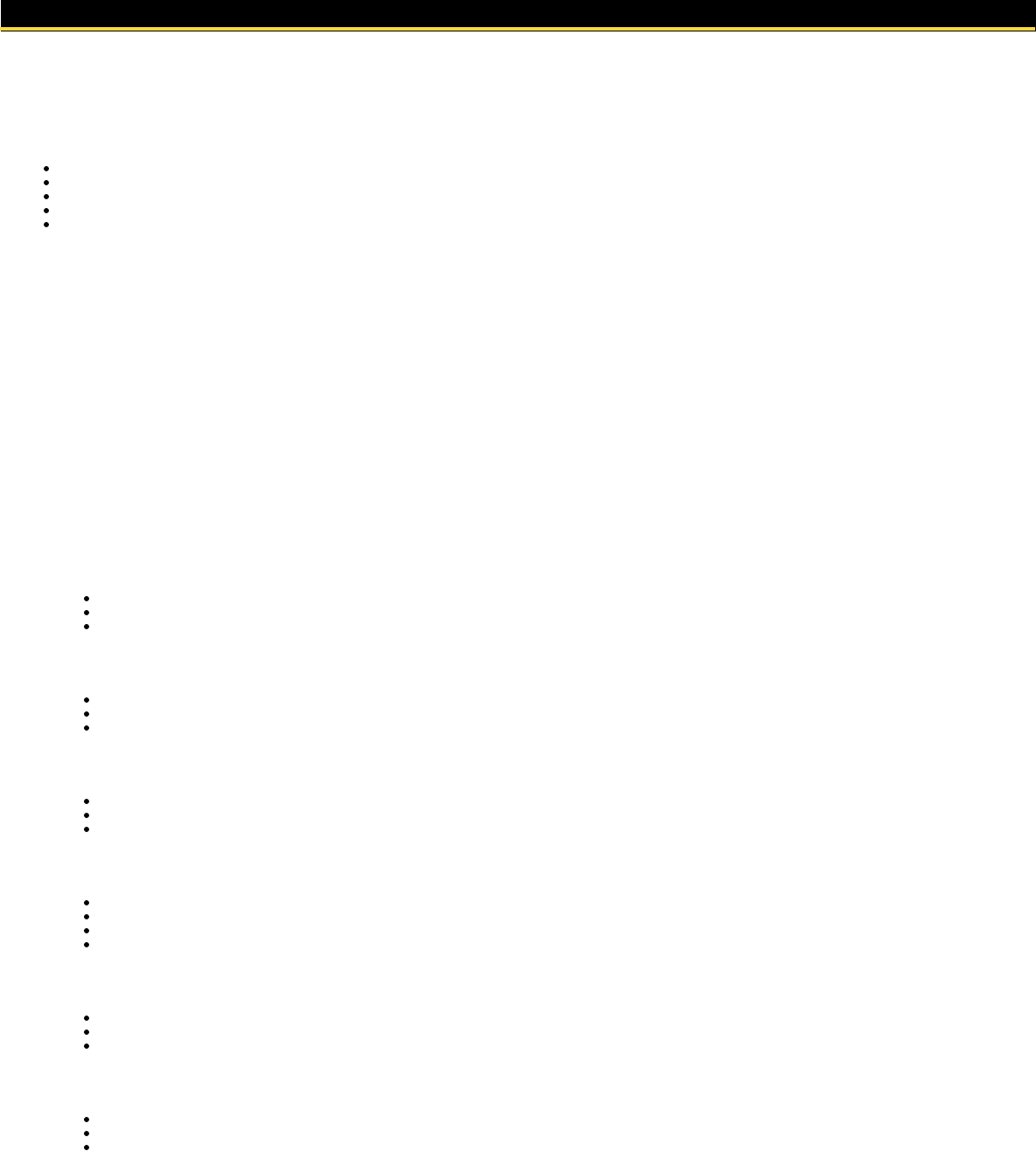
Information Technology Management
Master of Science in Information Technology Management
Student Learning Outcomes and Program Objectives
Admission and Program Requirements
Faculty and Instructional Staff
Curriculum and Courses
Master of Science in Information Technology Management
The online M.S. in Information Technology Management program represents a fully online fixed curriculum consisting of 37 credits – 12 three-credit courses
and a one-credit capstone preparation course. The required capstone course, which represents the culminating experience in the program, will provide students
with the opportunity to apply skills acquired from coursework through a project-based experience that addresses a problem, need, or concern in an IT setting.
Utilizing project management and leadership tools obtained through coursework and by working directly with IT leaders in the field, the students’ hands-on
project may result in an action plan or product suitable for implementation by the host organization.
Student Learning Outcomes and Program Objectives
Students completing the M.S. in IT Management degree will gain the following core competencies and learning outcomes:
Competency A: Conduct financial analysis and develop and manage technology budgets
Upon completion of the program, students will be able to:
Interpret and create pro forma financial statements
Perform financial analysis for IT strategic planning purposes including portfolio management
Develop and manage technology budgets
Competency B: Lead and manage technology functions, projects and personnel
Upon completion of the program, students will be able to:
Plan and manage technology projects
Develop organizational leadership skills relevant for IT management
Lead IT personnel to meet organizational needs
Competency C: Demonstrate effective professional collaboration and soft skills appropriate for technology settings
Upon completion of the program, students will be able to:
Demonstrate ability to effectively conduct crucial conversations
Demonstrate ability to effectively communicate with stakeholders across the organization
Demonstrate professional behavioral skills accounting for ethics, diversity and cultural sensitivity
Competency D: Manage security and compliance, accounting for governance and ethical implications
Upon completion of the program, students will be able to:
Apply ethical frameworks to analyze problems and evaluate alternative solutions
Create and manage technology policies and procedures for an organization with an understanding of the regulatory environment
Interpret and manage IT governance policies
Design appropriate security architecture with an understanding of the technology
Competency E: Investigate and plan innovative solutions for business challenges
Upon completion of the program, students will be able to:
Evaluate the impact of emerging technologies
Analyze data to address organizational challenges and create competitive advantages
Analyze requirements and propose technical solutions
Competency F: Engineer, develop and deploy strategies for enterprise systems
Upon completion of the program, students will be able to:
Develop appropriate data management technologies
Create and deploy enterprise solutions in support of organizational goals
Plan and implement projects related to infrastructure, security, software development or data analysis
Admission and Program Requirements
Admission requirements for the MS in IT Management Program include a Bachelor’s degree and a 3.0 undergraduate GPA. Program prerequisites will include
Programming 1, Database 1, and Data Communications/Network. Students will be required to satisfy all program prerequisites prior to formal admission into the
program. There are no required aptitude tests for admission in the program (e.g. GRE, GMAT, other).
Official 2019-21 Graduate UW-Superior Catalog: Academic Programs: Information Technology Management
The Board of Regents of the University of Wisconsin System | 62 of 228
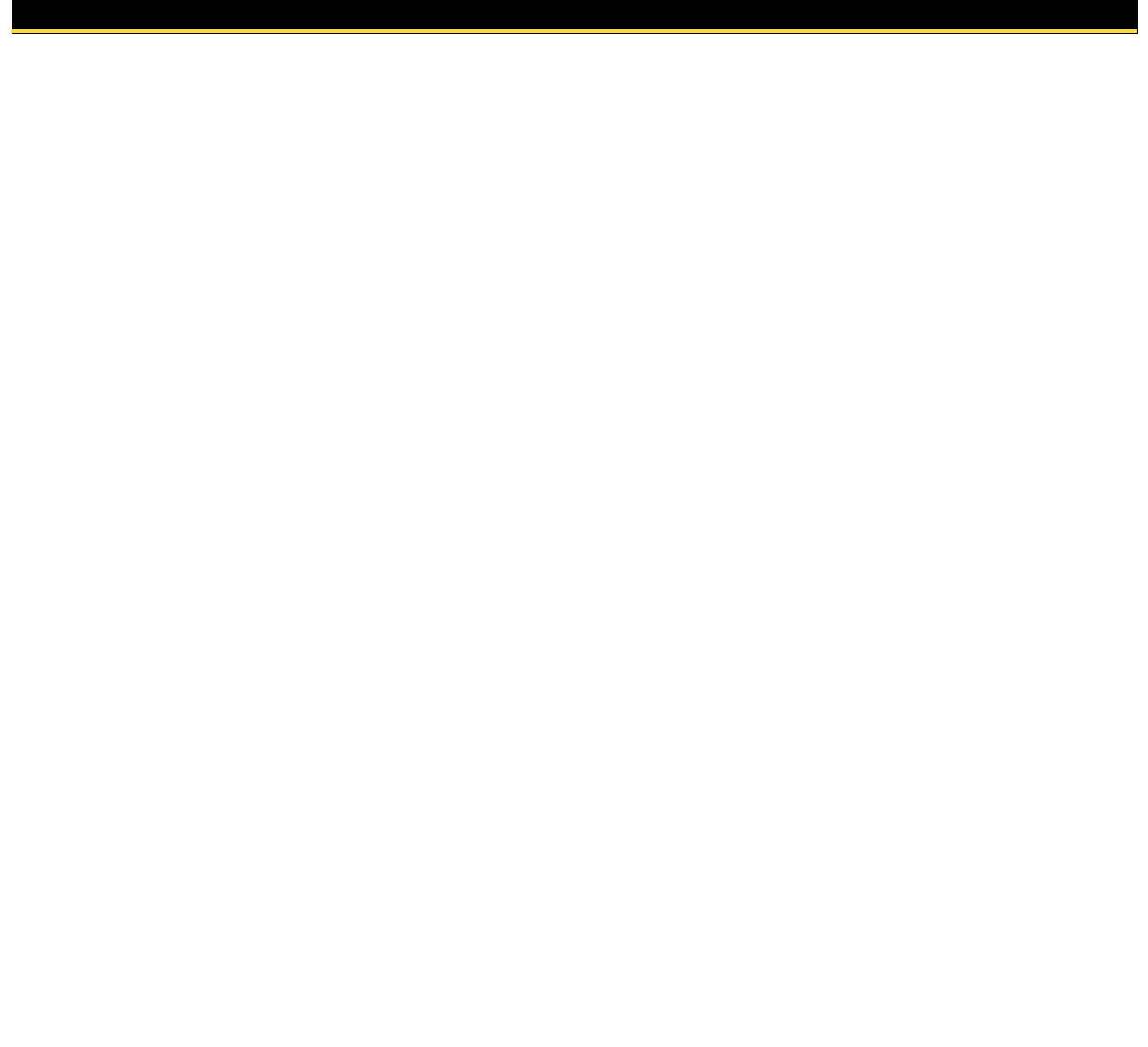
Faculty and Instructional Staff
Shaun Lynch, Professor, Academic Director
Shin-Ping Tucker, Professor
Curriculum and Courses
The MS in IT Management Program requires 37 credits which includes 12 three-credit courses and a one-credit capstone preparation course. Students must
maintain an overall cumulative GPA of 3.0 or better to graduate.
ITM 700: Communications for IT Professionals -- 3.00 credits
ITM 705: Leading the IT Function -- 3.00 credits
ITM 710: Finance for IT Managers -- 3.00 credits
ITM 715: Data Science -- 3.00 credits
ITM 720: Cloud Computing and Enterprise Applications -- 3.00 credits
ITM 725: Enterprise Security -- 3.00 credits
ITM 730: Agile and Traditional IT Project Management -- 3.00 credits
ITM 735: Business Analysis and System Development -- 3.00 credits
ITM 740: IT Operations -- 3.00 credits
ITM 745: IT Governance, Ethics, and Regulatory Compliance -- 3.00 credits
ITM 750: Evaluation of Emerging Technologies -- 3.00 credits
ITM 754: Capstone Preparation -- 1.00 credits
ITM 755: Capstone -- 3.00 credits
Official 2019-21 Graduate UW-Superior Catalog: Academic Programs: Information Technology Management
The Board of Regents of the University of Wisconsin System | 63 of 228

Instruction Program
Master of Science - Instruction -- Goals, Admission & Degree Requirements
Master of Science in Education - Instruction
Master of Science - Instruction -- Goals, Admission & Degree
Requirements
The M.S.E.-Instruction provides interested students a pathway to completion of a MSE. The route is a traditional focus that deepens the K-12 teacher's
understanding of the teaching-learning dynamic and curricular planning. This degree does not lead to licensure as a teacher, but is for those either holding a
teacher certification or wanting to provide 'education' in alternative settings, or to advance in their present field with the assistance of a MSE. The
MSE-Instruction is offered only online in seven-week-long intensive courses.
Master's in Science Education - Instruction:
The M.S.E.-Instruction is based on the needs of the professional classroom teacher. The first of these needs deals with the nature of the profession. This area
includes an in-depth understanding of the theoretical bases of education and the research that supports these theoretical bases. A second major area
contributes to a thorough understanding of the processes and practices of learning and assessment of learning. Since there are no major fields of study that
remain static, a third major component consists of strengthening and updating individual pedagogical and content areas. Even the best-prepared baccalaureate
degree-holders soon find their knowledge and understanding in need of renewal. This degree program does not lead to any type of teacher licensure.
Goals:
To provide teachers holding baccalaureate degrees and a variety of certifications, the opportunity:
To strengthen their knowledge in the area of contemporary instructional practice.1.
To strengthen competencies in their individual fields.2.
To develop instructional and curriculum development leadership abilities in their school systems.3.
To develop a substantial knowledge of contemporary research methodologies on effective practices and apply that research in appropriate ways.4.
Admissions Requirement
Admission to the M.S.E.-Instruction degree program will be limited to people who hold a baccalaureate degree. Applicants must meet requirements for
admission to Graduate Studies: A baccalaureate degree from an accredited institution, transcripts indicating a GPA of 2.75 or better, and a professional resume.
A student may not apply more than 9 semester hours of graduate work taken prior to admission to the M.S.E.-Instruction toward the completion of this degree.
Upon admission to the M.S.E.-Instruction Program the student will be assigned a program advisor in the MSE-I Program. Together you will develop a plan of
study for the completion of the degree.
Degree Requirements
The M.S.E.-Instruction program is designed to emphasize professional development within the pedagogical aspects of teaching, balanced by individualized
electives to emphasize greater competence in a particular area, whether in the classroom or the community. In addition, it addresses the application of the
elements of instruction, the use of technology and materials, an understanding of the development of curriculum and assessment, and purposeful research
within the classroom context.
Course Offerings
Consult the Course Descriptions section of this catalog.
Master of Science in Education - Instruction
30 total credits
Required coursework (15 credits required):
T ED 734: Current Developments in Student Learning and Their Applications -- 3.00 credits
T ED 741: Using Educational Assessment to Inform Practice -- 3.00 credits
T ED 744: Trends in Curricular and Instructional Practices -- 3.00 credits
Official 2019-21 Graduate UW-Superior Catalog: Academic Programs: Instruction Program
The Board of Regents of the University of Wisconsin System | 64 of 228
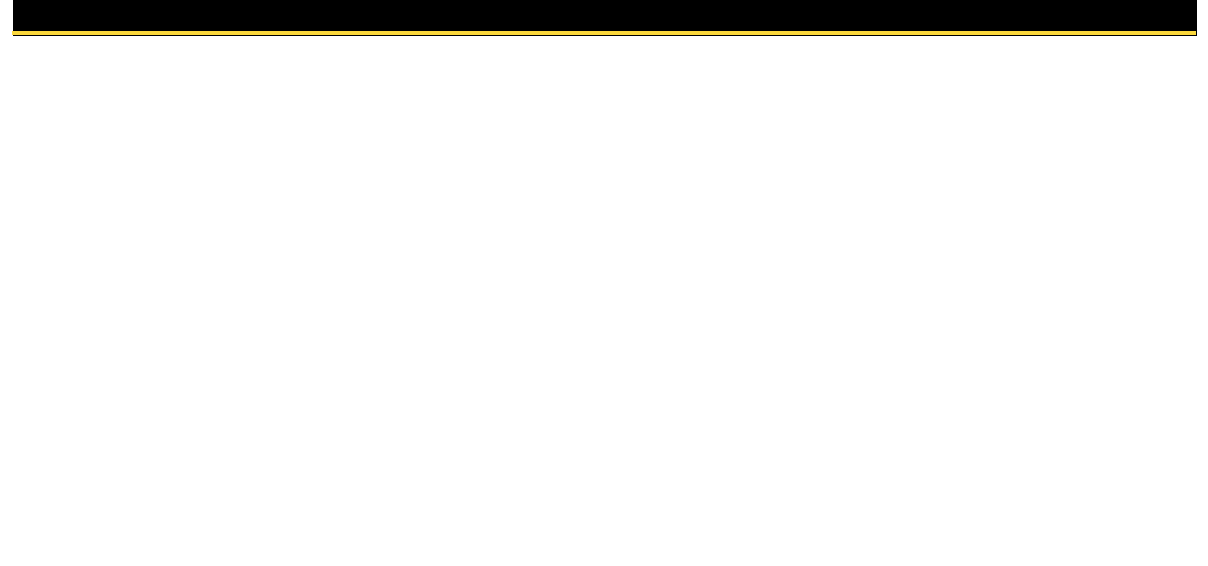
T ED 744: Trends in Curricular and Instructional Practices -- 3.00 credits
T ED 750: Foundations of Action Research -- 3.00 credits
T ED 752: Action Research Project -- 3.00 credits
Elective required courses:
Electives could reflect the student's teaching field or be within an area of instruction and/or learning that will enhance the student's teaching. The specific plan
will be developed with the advice and approval of the student's program advisor or a faculty consultant from the selected field. It is advisable for students to enter
the research course (TED 750) with an idea about an issue they wish to pursue; TED 734 and TED 744 can help generate research foci. In TED 750 the student
researches and describes in detail the independent project to be pursued during enrollment in TED 752 with a selected research advisor. Alternatively the MSE-I
student can opt to take the SPED 780 Action Research course and also complete and write up the research as a thesis in TED 752. Students are encouraged to
pick the other 15 credits from graduate online courses in the elective courses or courses in the Special Education Program.
Elective Courses Designed with Teachers in Mind Include:
T ED 716: Interactive and Accessible Learning in Alternative Delivery -- 3.00 credits
T ED 717: School Partnerships with Families and Communities -- 3.00 credits
T ED 718: Teachers as Leaders -- 3.00 credits
T ED 728: Diversity Exploration in a K-12 Setting -- 3.00 credits
T ED 754: School Law for Classroom Teachers -- 3.00 credits
Official 2019-21 Graduate UW-Superior Catalog: Academic Programs: Instruction Program
The Board of Regents of the University of Wisconsin System | 65 of 228

Special Education Program
Graduate Faculty
Special Education Program Description
Admission Requirements & Removal from Program
Master of Science in Education - Special Education
Certification Program for Special Education Licensure
Testing Requirements for Special Education Licensure
Post Baccalaureate Program -- Special Education Licensure Option
Graduate Faculty
Jessica Cook, Assistant Professor
Special Education Program Description
The M.S.E.-Special Education degree program is designed for licensed teachers and other professionals who wish to pursue graduate work in the field of
special education. The program is appropriate for professionals working with people with disabilities, as well as elementary, secondary, or K-12 teachers. For
licensed teachers, the program can lead to special education certification for licensure.
An action research project must be completed prior to being granted the M.S.E.-Special Education degree if they are already licensed.
The M.S.E. Special Education degree is designed for practicing teachers and other professionals who want to increase their knowledge about and improve
their skills for working with students who have special needs. The degree without certification for licensure is specifically designed for regular education
teachers who have students with special needs included in their classrooms and wish to gain new knowledge and skills for working with these students. An
action research project must be completed prior to being granted the M.S.E.-Special Education degree if already licensed or not seeking licensure as a regular
educator.
The M.S.E. Special Education degree with Certification for Licensure is designed for practicing teachers who want to work directly with children who have
special needs. Preparation is included for working in both resource rooms and collaboratively with regular education teachers.
*Notice: Due to pending licensure program approvals by the Wisconsin Department of Public Instruction (DPI), program requirements are subject to change for
students entering Fall 2019. Students affected by any approved changes which occur in the 2019-2021 catalog will be formally notified by the UW-Superior
Educator Program.
Admission Requirements & Removal from Program
Admission Requirements:
In addition to the requirements for entry to UW-Superior Graduate Studies, applicants for admission to the MSE Special Education degree program must submit:
a transcript indicating a bachelor's or master's degree from an accredited institution;1.
a resume with teaching experience and license listed; and2.
attesting to no criminal record3.
There is no conditional admission to the graduate Special Education Program.
Removal From M.S.E. Special Education Program
Students can be removed from the MSE Special Education Degree Programs. Any violation occurring that is outlined in the University of Wisconsin System
Code Chapters 14 and 17 respectively are grounds for disciplinary action up to and including expulsion. In addition, students can be removed or expelled from
the program based on grades and violations of the code of ethics for Special Education. No grade lower than a C+ counts toward degree completion. Also,
students must be aware of and responsive to life circumstances beyond academic preparation that would exclude them from licensure/certification (e.g., legal
history, and/or past professional disbarment).
Accumulated GPA of 3.0 or higher on a 4.0 scale on all graduate coursework is required for program completion for Wisconsin licensure.
Master of Science in Education - Special Education
30 credits required
Core Component courses (9 credits required):
Official 2019-21 Graduate UW-Superior Catalog: Academic Programs: Special Education Program
The Board of Regents of the University of Wisconsin System | 66 of 228
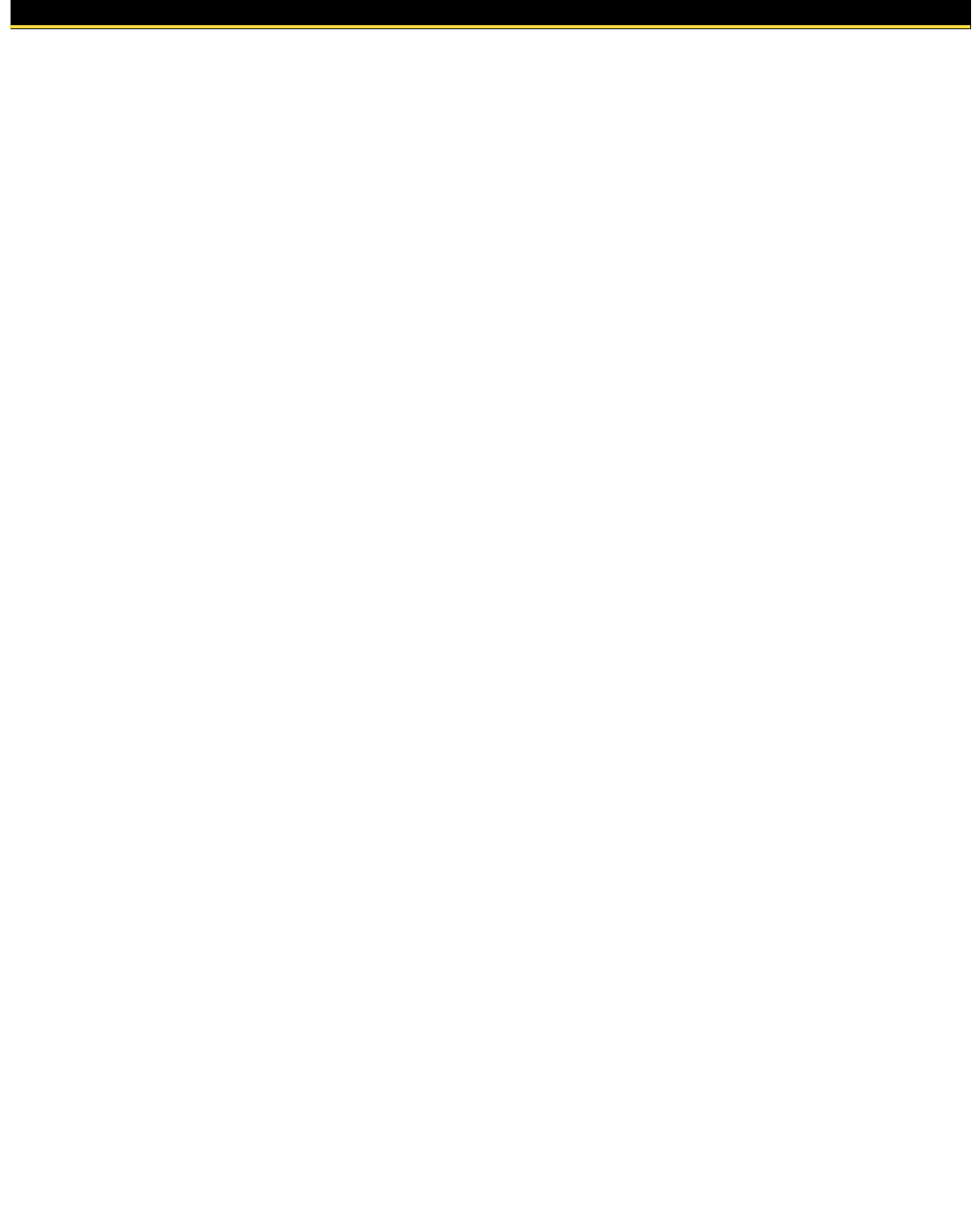
SPED 750: The Exceptional Learner -- 3.00 credits
SPED 760: Behavior Analysis and Intervention -- 3.00 credits
SPED 769: Collaboration and Transition: From School to Community -- 3.00 credits
Methods Component courses (12 credits required):
SPED 755: Reading-Issues & Interventions -- 3.00 credits
SPED 758: Methods of Adaptive Instruction -- 3.00 credits
SPED 764: Mathematics Assessment and Strategies -- 3.00 credits
SPED 772: Collaboration and Consultation in Special Education -- 3.00 credits
Elective Courses (3 credits available to be substituted but not required):
SPED 681: Seminars in Special Education -- 0.50 - 4.00 credits
Research Component courses (3 credits required):
SPED 780: Action Research Methodology -- 3.00 credits
Certification Component courses (6 credits required):
SPED 704: Assessment of Learners with Exceptionalities -- 3.00 credits
SPED 775: Special Education Directed Student Teaching -- 1.50 credits
Students seeking only the M.S.E. Special Education degree must complete a minimum of 27 credits from courses in the Core, Elective, and Methods
components, and 3 credits from the research component.
Students seeking the M.S.E. Special Education degree with Certification for Licensure must complete a minimum of 21 credits in the Core and Methods
components, 3 credits in the research component, and a minimum of 6 credits in the Certification Component.
A cumulative GPA of 3.0 or higher on a 4.0 scale on all graduate coursework is required for program completion for Wisconsin licensure.
Certification Program for Special Education Licensure
The Special Education program offers courses approved by the Wisconsin Department of Public Instruction (DPI) for certification for licensure as a cross
categorical special education teacher MC-EA or EA-A (K-12).
Testing Requirements for Special Education Licensure
During the course of completing licensure requirements for a special education teaching license, the teaching candidate will need to successfully complete
the following Wisconsin required tests for licensure:
PRAXIS II - Middle School Content (Calculator Allowed). For more information: https://www.ets.org/praxis/wi/requirements. Minimum score
allowed on PRAXIS II -- 146
1.
Foundations of Reading Test. For more information: http://www.wi.nesinc.com/Home.aspx. Minimum score allowed on the Foundations of
Reading Test -- 240
2.
You are responsible for scheduling your testing for these areas and providing the information to the Educational Leadership Department when you reach
a successful level of scoring for these exams. Past students recommend that you schedule the PRAXIS II test after you complete some of your methods
classes, especially in the area of math, and that you not schedule it towards the end of your programming. The Foundations of Reading Test is
recommended to be completed while you are enrolled in or just completed the required reading course.
A cumulative GPA of 3.0 or higher on a 4.0 scale on all graduate coursework is required for program completion for Wisconsin licensure.
Post Baccalaureate Program -- Special Education Licensure Option
For those students completing the Special Education Minor at UW-Superior or its equivalent, a Post Baccalaureate Program is available that can end in
cross-categorical licensure. This certification for licensure program is accessed through the same application process as outlined above for MSE
candidates. Candidates have the ability to seek licensure in Cross-categorical Special Education MC-EA and EA-A, in order to serve grades 1-12. All
courses are at the graduate level.
Courses required for Licensure:
*Credits from the Special Education Minor at the undergraduate level or the equivalent
SPED 704: Assessment of Learners with Exceptionalities -- 3.00 credits
SPED 760: Behavior Analysis and Intervention -- 3.00 credits
SPED 769: Collaboration and Transition: From School to Community -- 3.00 credits
SPED 772: Collaboration and Consultation in Special Education -- 3.00 credits
SPED 775: Special Education Directed Student Teaching -- 1.50 credits
Official 2019-21 Graduate UW-Superior Catalog: Academic Programs: Special Education Program
The Board of Regents of the University of Wisconsin System | 67 of 228

Depending on the background of the student and the previous educator preparation program, additional courses may be required. An individual plan of
study will be designed after a comprehensive transcript review is completed.
Testing Requirements include: PRAXIS II and Foundations of Reading Test as noted above.
Students who complete this process may choose to continue, when in good standing, and complete the MSE requirements.
A cumulative GPA of 3.0 or higher on a 4.0 scale on all graduate coursework is required for program completion for Wisconsin licensure.
Official 2019-21 Graduate UW-Superior Catalog: Academic Programs: Special Education Program
The Board of Regents of the University of Wisconsin System | 68 of 228
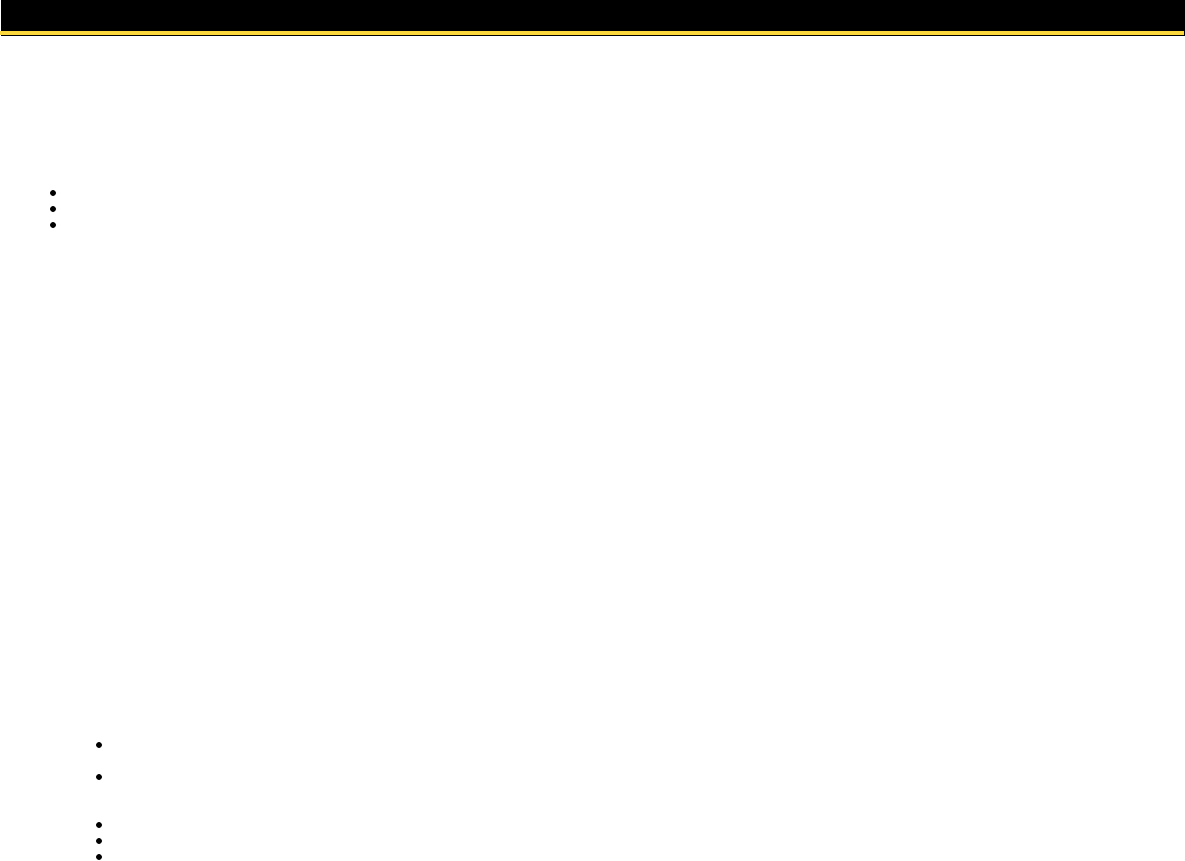
Sustainable Management
Master of Science in Sustainable Management
Admission Requirements
Curriculum & Courses
Master of Science in Sustainable Management
In today's world, understanding how to balance natural, social, and financial systems has become increasingly important for helping you to reach your career
goals and become an effective leader in public, business/industry, and nonprofit organizations. The interdisciplinary nature of this degree encourages students
to examine sustainability from different perspectives and the curriculum ensures that students gain a comprehensive understanding of the ways in which
changing human activities affect the natural, social and economic environments.
Students who graduate with a Master of Science in Sustainable Management can expect to have a strong foundation for leading change in their current
organizations or building new careers that require systems thinking skills.
The online Sustainable Management master's program is offered by UW-Green Bay, UW-Oshkosh, UW-Parkside, UW-Stout, and UW-Superior in collaboration
with UW-Extension. Current, cutting edge curriculum has been developed by faculty from these five campuses with input from private, public, and nonprofit
organizations to make sure the learning objectives are current and valuable to future employers.
Designed for working adults with real-world experience, this online master's degree program offers flexibility to help students balance family, job, and other
commitments.
If you have a bachelor's degree from a regionally or nationally accredited university and a cumulative grade point average (GPA) of 3.0 or above, you may apply
directly to the program. Students with a GPA of less than 3.0 may be considered for provisional admission but should contact the program's Academic Director.
Admission Requirements
A bachelor's degree from a regionally or nationally accredited university (in any discipline) and a cumulative grade point average (GPA) of 3.0. Students
with a GPA of less than 3.0 may be considered for conditional admission but should contact the program's Academic Director.
A personal statement of not more than 1,000 words describing your reasons for pursuing a Master of Science in Sustainable Management, your short-
and long-term career goals, and the value you would add to the learning experience of your fellow students. Space for the personal statement is
included in the online application.
A resume
Two letters of recommendation
The resume and letters of recommendation should be sent directly to the Graduate Studies office.
Apply for admission using the University of Wisconsin System Online Admission Application.
The Master of Science in Sustainable Management program gives you the most up-to-date curriculum with diverse faculty from the five participating campuses.
It brings instructors with degrees and experience in these fields: Accounting, Botany, Business, Chemistry, Computer Engineering, Economics, Environmental
Dynamics, Environmental Studies, Geography, Law, Logistics, Psychology, Range Science, Resource Management, Sociology, and Urban Planning.
Sustainable Management program faculty members are uniquely qualified to help you get the knowledge and training to succeed.
UW-Superior Faculty and Staff include:
Sakib Mahmud, Associate Professor
Mark McCoon, Associate Professor, Academic Director
Rubana Mahjabeen, Assistant Professor
Praopan Pratoomchate, Assistant Professor
Melissa Griswold, Associate Professor
Curriculum & Courses
Sustainable Management
The 34-credit master's program consists of a core curriculum, specialty tracks, and a Capstone experience (typically taken during the final semester).
Core Curriculum (24 credits, all eight courses required):
SMGT 700: Cultural and Historical Foundations of Sustainability -- 3.00 credits
SMGT 710: The Natural Environment -- 3.00 credits
SMGT 720: Applied Research and the Triple Bottom Line -- 3.00 credits
Official 2019-21 Graduate UW-Superior Catalog: Academic Programs: Sustainable Management
The Board of Regents of the University of Wisconsin System | 69 of 228
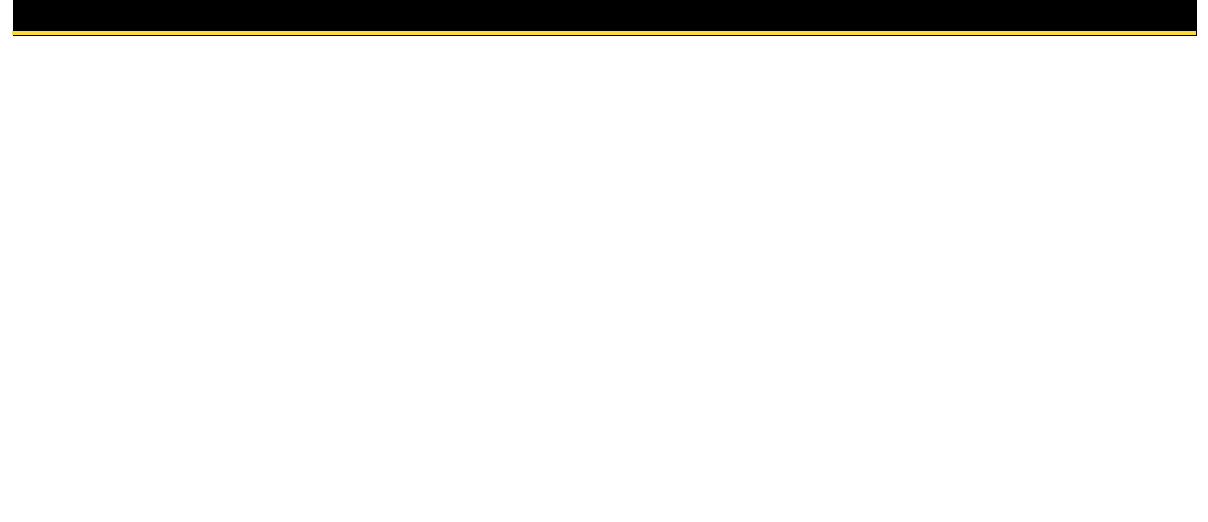
SMGT 730: Policy, Law and Ethics of Sustainability -- 3.00 credits
SMGT 740: Economics of Sustainability -- 3.00 credits
SMGT 750: The Built Environment -- 3.00 credits
SMGT 760: Geopolitical Systems -- 3.00 credits
SMGT 770: Leading Sustainable Organizations -- 3.00 credits
Specialty Track (6 credits, choose two):
SMGT 780: Corporate Social Responsibility -- 3.00 credits
SMGT 782: Supply Chain Management -- 3.00 credits
SMGT 784: Sustainable Water Management -- 3.00 credits
SMGT 785: Waste Management and Resource Recovery -- 3.00 credits
SMGT 795: Special Topics in Sustainable Management -- 3.00 credits
SMGT 799: Study Abroad -- 3.00 credits
Capstone (4 credits total, both required):
SMGT 790: Capstone Preparation Course -- 1.00 credits
SMGT 792: Capstone Project -- 3.00 credits
Official 2019-21 Graduate UW-Superior Catalog: Academic Programs: Sustainable Management
The Board of Regents of the University of Wisconsin System | 70 of 228
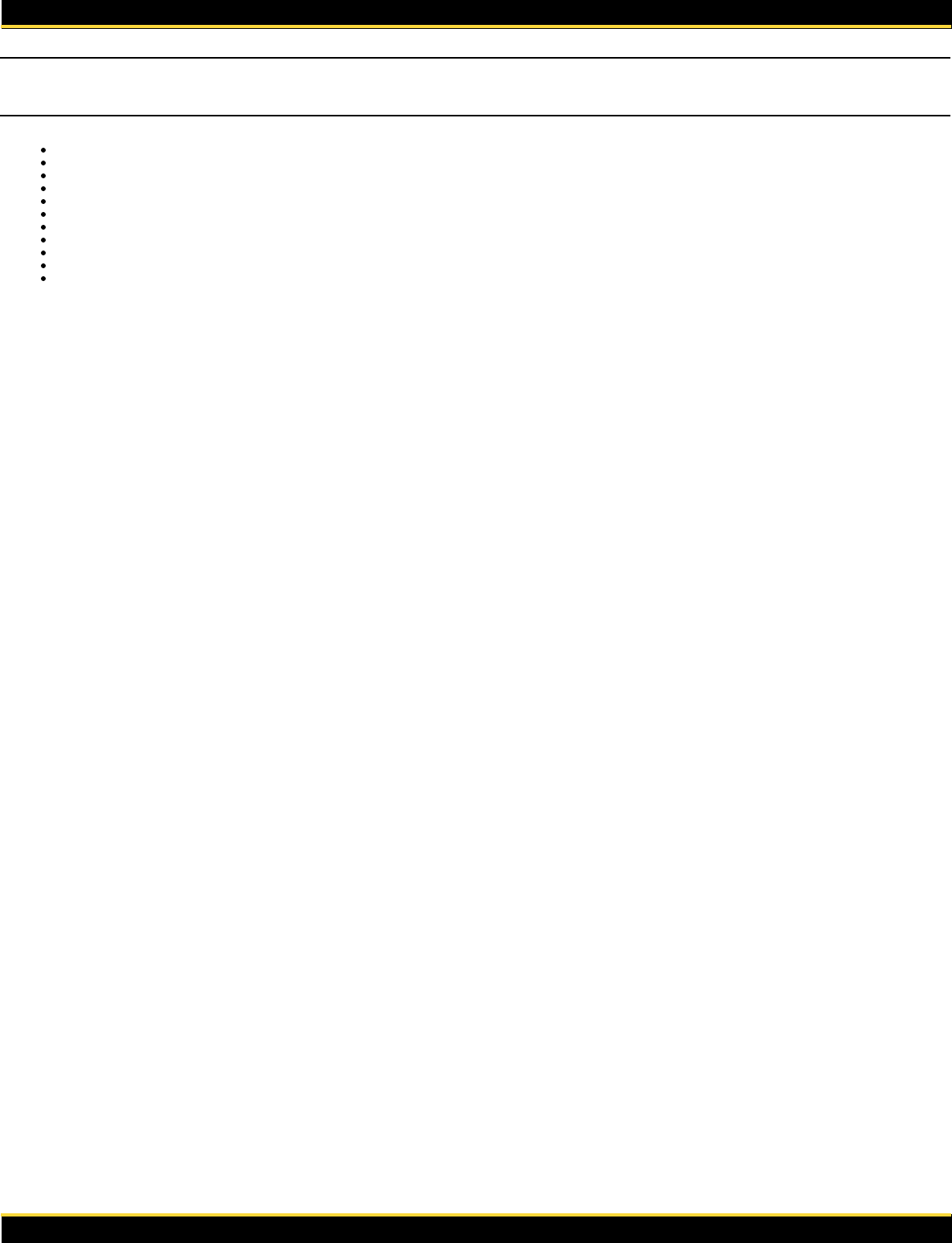
Academic Departments
Department of Education
Health and Human Performance
Human Behavior, Justice and Diversity
Mathematics and Computer Science
Music
Natural Sciences
School of Business and Economics
Social Inquiry
Visual Arts
World Languages, Literatures and Cultures
Writing and Library Science
© 2023 The Board of Regents of the University of Wisconsin System | 69
Official 2019-21 Graduate UW-Superior Catalog: Academic Departments
The Board of Regents of the University of Wisconsin System | 71 of 228
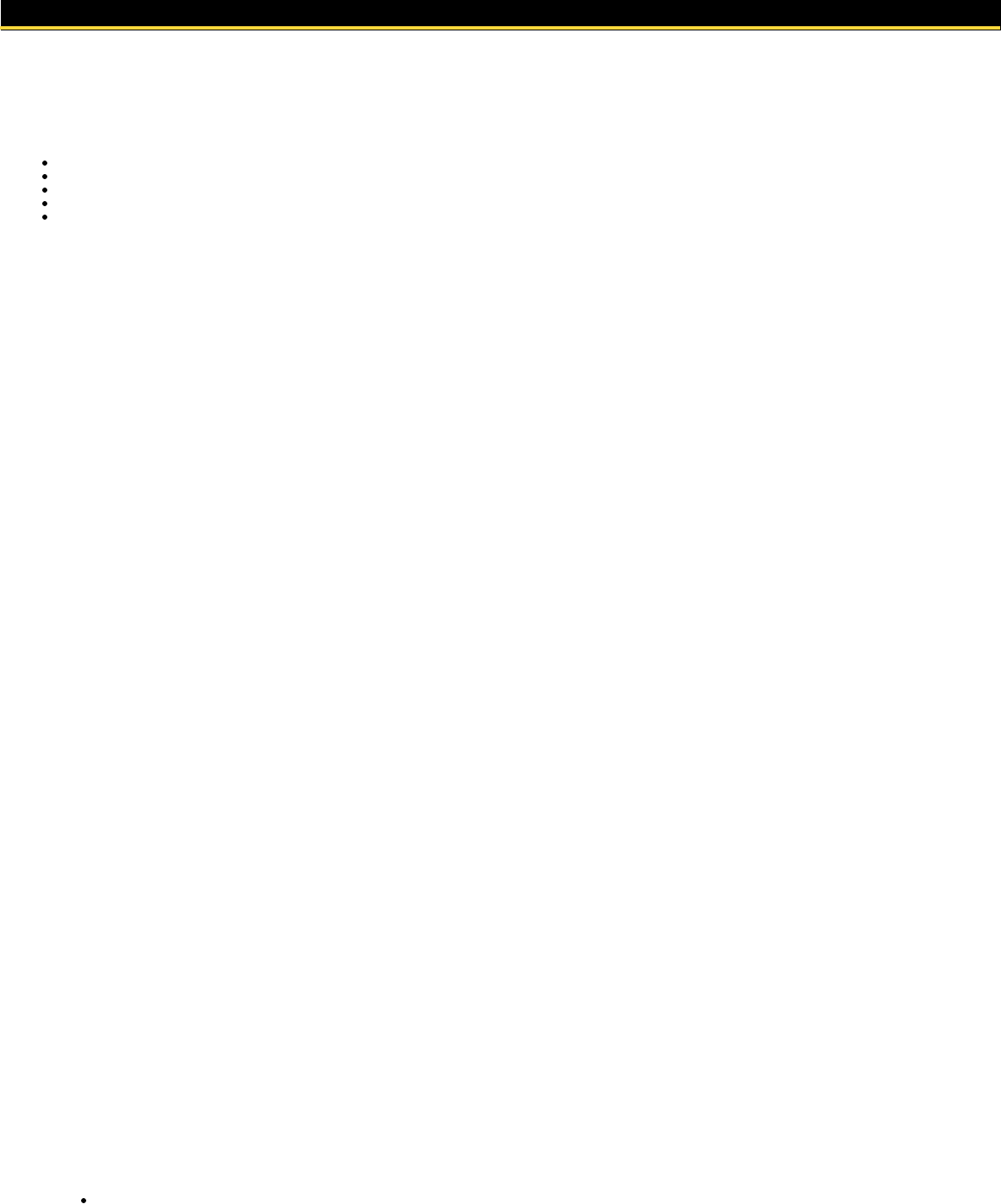
Department of Education
Mission Statement
Faculty and Staff
Degrees
Course Descriptions
Contact Information
Mission Statement
The Department of Education focuses on programs and coursework common to all professionals working in K-12 education. This focus includes administrative,
counseling services, and teaching personnel. Coursework focuses on knowledge, skills and dispositions required across all subject areas and all ages.
Faculty and Staff
Ali, Tanzeem, Assistant Professor, Science Education
Brown, Carol - Associate Professor, Counseling
Buncher, Michael - Academic Advisor and Reporting Officer
Burdge, Maryjane - Assistant Professor, Special Education
Carpenter, Amy - Senior Lecturer, Reading and Literacy
Churchill, Mary - Associate Professor, Teacher Education and EPP Coordinator
Flaig, Amy - Academic Advisor, Field Experience and edTPA Coordinator
Graves, Peter - Senior Lecturer, Math Education
Henson, Katherine - Lecturer, Reading and Literacy
Hunt, Quintin - Assistant Professor, Counseling
Kronzer, Terri - Professor, Educational Administration
Lee-Nichols, Mary - Associate Professor, Teacher Education
Mainali, Bhesh - Assistant Professor, Math Education
Paul, John - Associate Professor, Counseling
Rady, Tammy - Academic Dept Associate
Ridenour, Matthew - Assistant Professor, Social Studies Education
Schuelke, Nicholle - Assistant Professor, Teacher Education
Walkky, Taylor - Academic Advisor and Recruiter
Zbacnik, Amanda - Assistant Professor, Teacher Education
Adjust Instructors *=Grad **=both UG and GR
Amys, Anthony - Lecturer, Teacher Education
Bergum, Tamara - Senior Lecturer, Counseling *
Bonneville, Maryann - Senior Lecturer, Counseling *
Cook, Jessica - Senior Lecturer, Special Education **
Ells, Jennifer - Lecturer, Early Childhood
Fullerton, Amy - Senior Lecturer, Counseling *
Gamache, Rebecca - Lecturer, Early Childhood
Gilpin, Staci - Senior Lecturer, Special Education *
Graves, Peter - Senior Lecturer, Teacher Education
Henson, Katherine - Lecturer, Reading and Literacy
Hinders, Kathy - Senior Lecturer, Special Education *
Kamrath, Barry - Senior Lecturer, Educational Administration *
Larson, Jon - Senior Lecturer
Larson Kidd, Susan - Senior Lecturer, Special Education **
Murley, Steve - Senior Lecturer, Educational Administration *
Oling, Lee - Senior Lecturer, Counseling *
Pernu, Sally - Senior Lecturer, Teacher Education **
Renwick, Matthew - Senior Lecturer, Educational Administration
Riggle, Andy - Senior Lecturer, Instruction
Riesgraf, Kristin - Lecturer, Math Education
Rochon, Lynn - Lecturer, Teacher Education
Rogers, Sonja - Senior Lecturer, Teacher Education **
Trowbridge, Chad - Senior Lecturer, Educational Adminstration *
Zeman, Lawrence - Senior Lecturer, Educational Adminstration *
Zimmer, Amy - Lecturer, Teacher Education
Degrees
Master of Science in Education - Counseling
Official 2019-21 Graduate UW-Superior Catalog: Academic Departments: Department of Education
The Board of Regents of the University of Wisconsin System | 72 of 228
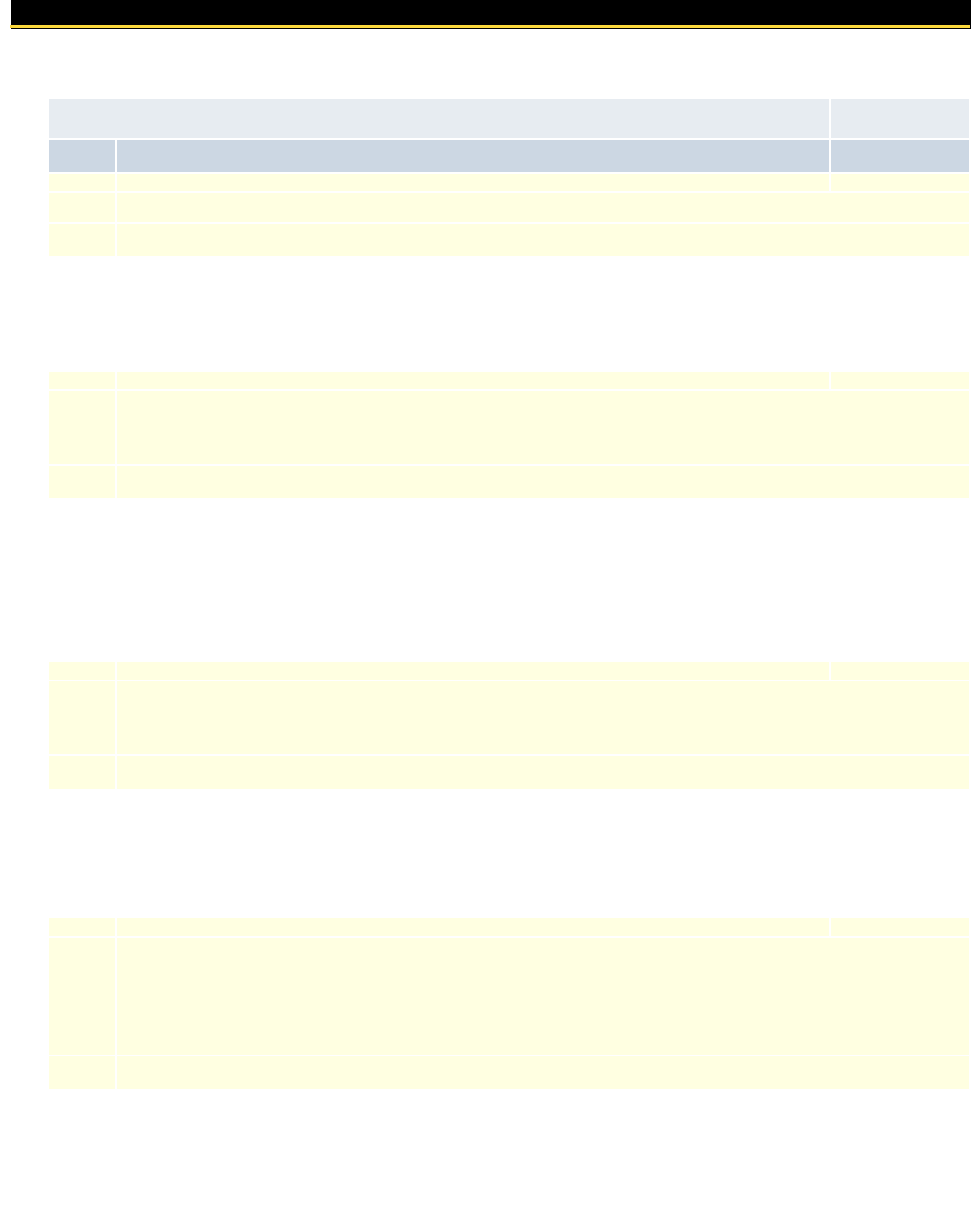
Course Descriptions
COUN - Guidance & Counselor Education
Catalog
Nbr.
Course Title/Course Topics Credits
COUN 681 Seminars in Counselor Education 0.50 - 3.00
Selected topics and problems in counselor education. May be taken in several units provided a different topic or problem is studied each time.
Typically Offered:
Occasional by Demand
COUN 702 Counseling Theories 3.00
Analysis of counseling theories and practices. Examines several of the major theories -- historic and current -- of counseling. Serves as an
introduction to the field of counseling and to illustrate the diversity of theoretical approaches which exist. Students develop a preliminary theoretical
philosophy of counseling. One of three courses -- COUN 702, 704, 706 -- that serve as a foundation to the profession and the program.
Typically Offered:
Fall Term Only
COUN 704 Introduction to Counseling 3.00
Overview of the clinical mental health counseling profession and its areas of specialization, training, and concern. It examines program
development and administration, relevant laws and applications, as well as one's professional identity as a counselor. The course covers areas
such as prevention, consultation and advocacy. It is one of three courses (COUN 702, 704, 706) that serve as a foundation to the profession and
program.
Typically Offered:
Fall Term Only
COUN 706 Pre-practicum 3.00
Counseling Processes introduces counseling skill development, emphasizing the skills essential in the interview and rapport building process.
Students develop a thorough understanding of the counseling process as well as the role and function of the counselor. Students also develop
self-awareness so the counselor-client relationship is therapeutic and so the counselor sets and maintains appropriate professional boundaries.
Examines ethical and legal considerations inherent in the counseling process.
Prerequisites:
COUN 702 and 704 are prerequisites for taking this course.
Typically Offered:
Spring Term Only
COUN 708 Organization and Administration of School Counseling and Other Pupil Services 3.00
Overview of essential school counseling services and the role and function of the school counselor with emphasis on developing, and managing,
and evaluating a comprehensive counseling program within the realms of an entire school. Covers the seven pupil services content standards and
additional information pertaining to the other members of the pupil service team with whom the counselor works. Integrates special education,
technology, legal and ethical issues.
Typically Offered:
Spring Term Only
COUN 712 Family Counseling 3.00
Introduction to family systems theory and family therapy techniques. Students develop an understanding of the current epistemological base of
family system's theory, major contributors, and specifically review structural, strategic, behavioral and communications approaches to family
counseling. Students review the organization and dynamics of their own families, coming to understand how their families impact their world
perceptions and everyday behavior.
Typically Offered:
Fall Term Only
COUN 714 Family Group Systems 3.00
Integrates, at the next level of professional competence, family theory and family counseling techniques presented in preparatory courses. This
course assumes that students in attendance are seeking skill development that will assist in meeting family counselor professional certification
standards, (State and or National certifications). The course further assumes that students have explored their own family issues and will continue
to do so through this course, as the course is in part experiential. Students will closely review the isomorphic processes reflected within their own
familial systems that are reflected in their counseling approach and theory preferences. Students will assume the professional functions of a family
counselor through current literature, development of professional vita and exploration of certification. At the successful conclusion of this course,
students are assumed to be ready to provide supervised family counseling service.
Typically Offered:
Summer Only
COUN 716 Couple and Marital Counseling 3.00
While the concept of family seems to be defined and redefined through generational context the need of the individual to be “affiliated” continues to
highlight the dyadic relationships importance to the emotional and social survival of the individual. This course then, is designed to explore intimate
dyadic relationships and their importance to the concept of family, family development and society. Reviews select couple and family dynamics
such as basic assumptions of human intimacy (variations), marriage (dissolution and remarriage), mate selection, communications, human
sexuality, family crises, parenting, and aging. Through lectures, experiential exercise, reading, and class discussion family theory and technique will
be instigated so as to provide conceptualizations toward therapeutic intervention.
Official 2019-21 Graduate UW-Superior Catalog: Academic Departments: Department of Education
The Board of Regents of the University of Wisconsin System | 73 of 228
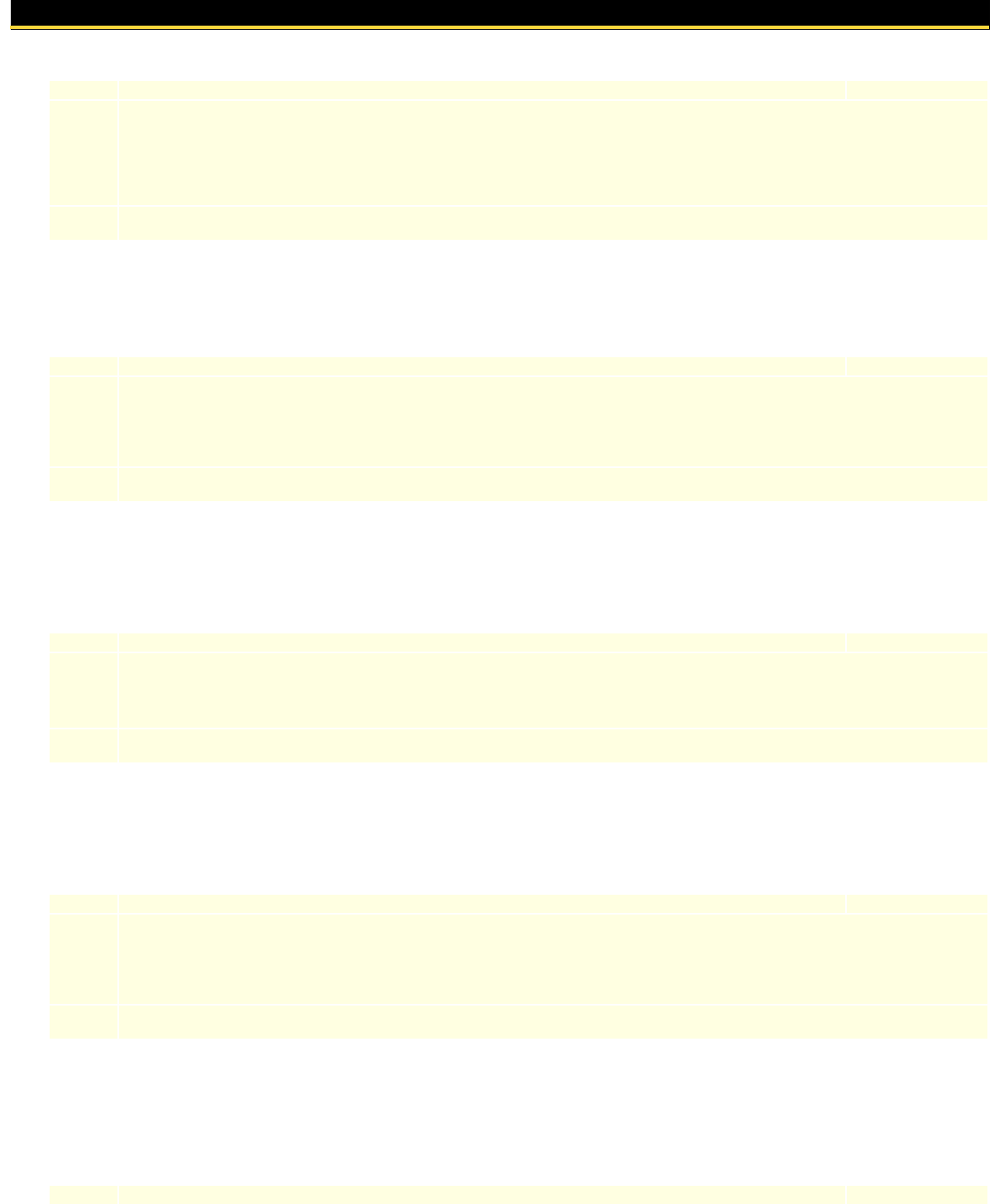
Typically Offered:
Fall Term Only
COUN 718 Family Crisis Intervention 3.00
This course offers: 1) A history of the development and progression of crisis counseling as a specialization in the mental health field, 2) A survey of
current crisis counseling models and how they can be applied in a wide range of contexts, 3) Examining the foundation of components of trauma on
the stress response system and display, 4) Familiarity with suicide risk assessment, intervention and mandatory reporting, 5) An examination of the
intrapersonal and interpersonal impact crises have on people, 6) A discussion on the legal and ethical issues pertaining to crisis and disaster
counseling and, 7) An in-depth Family Systems-oriented treatment and application of these principles and standards specifically to families in crisis
and how counselors can understand and address the unique dynamics that arise when a family unit faces loss and trauma.
Typically Offered:
Spring Term Only
COUN 720 Counseling Children 3.00
Focuses on how the counselor can facilitate self-expression in the counseling context with clients, primarily children, who may have difficulty
expressing themselves verbally. Developmental theories and issues that shape children's adjustment to school and to their community form the
foundations of the course. Basic solution-oriented brief counseling and consultative techniques are integrated for work with parents and teachers.
Typically Offered:
Summer Only
COUN 722 Counseling Adolescents 3.00
Adolescents represent a clientele in transition. This course examines key aspects in their development (biological, cognitive, emotional, and social)
and their relationships in the various contexts that influence behaviors and attitudes. Common issues of adolescence as well as various
interventions are covered from a developmental context. Students learn how to facilitate client self-expression primarily through brief therapeutic
techniques and how to consult with supervising adults. While the focus is on normal development, course also touches on at-risk/problematic
behavior and thoughts.
Typically Offered:
Fall Term Only
COUN 724 Behavior Modification for Abnormal Behavior 3.00
Behavior management principles applied to mental disorders and to improve learning and behavioral outcomes. Students learn how to apply these
principles and techniques to aid individuals in the change process. Students plan, implement, and evaluate a self-change project which will
demonstrate their understanding of the theory and techniques of behavioral self management. Students will conduct a functional behavior analysis
to develop interventions and/or apply a clinical treatment plan to address client psychopathology.
Typically Offered:
Summer Only
COUN 726 Developmental Guidance and Counseling 3.00
Developing the knowledge, skills, and expertise necessary to teach developmental lessons in the classroom that are appropriate to all ages.
Covers classroom management. Students, using the ASCA and Wisconsin Developmental Models, develop a set of lessons (perhaps based on
monthly themes) specific to the ages of the children they intend to counsel. Emerging problems in the schools, such as bullying, sexual harassment,
and abuse are covered. Class covers the 10 WDPI Teacher and Pupil Services Standards.
Typically Offered:
Summer Only
COUN 728 Career Counseling 3.00
Provides an understanding of theories of vocational choice and vocational development. Students learn methods of evaluating, promoting, and
enhancing, vocational development in individuals from a diversity of backgrounds. They examine ethical and legal considerations inherent in the
career counseling process. Also emphasizes student application of traditional and technology-based career assessment techniques. Students
participate in experiential activities that focus on the career development of themselves and others.
Typically Offered:
Summer Only
COUN 730 Human Growth and Development 3.00
Surveys the key physical, cognitive, and social-emotional milestones across the life-span, how these interact with an individual's adaptation ability,
and the implications for mental health professionals. Focuses on 1) the key concepts of the major theories of development; 2) examination of
normal developmental stages across the life-span and the influence of social forces differences in development based on sex/gender, age, class,
race, ability, and cultural background; psychosocial adaptation in the school/work, family, and peer systems; and implications for mental health and
school counseling professionals. Includes legal and ethical issues and strategies for interventions to enhance development.
Typically Offered:
Summer Only
COUN 734 Chemical Dependency and the Family 3.00
Assessment and intervention techniques with individuals and families in which one or more other family members is chemically dependent.
Provides an overview of the process of addiction, treatment and recovery approaches, relapse prevention, developmental issues related to
addiction and treatment and prevention planning in regard to addiction. Specific techniques to intervene with spouses of alcoholics, children of
alcoholics (minor children and/or adults) and extended family members are included. Also reviews the impact of other addictive behaviors on the
family.
Typically Offered:
Spring Term Only
COUN 738 Multicultural Counseling 3.00
Official 2019-21 Graduate UW-Superior Catalog: Academic Departments: Department of Education
The Board of Regents of the University of Wisconsin System | 74 of 228
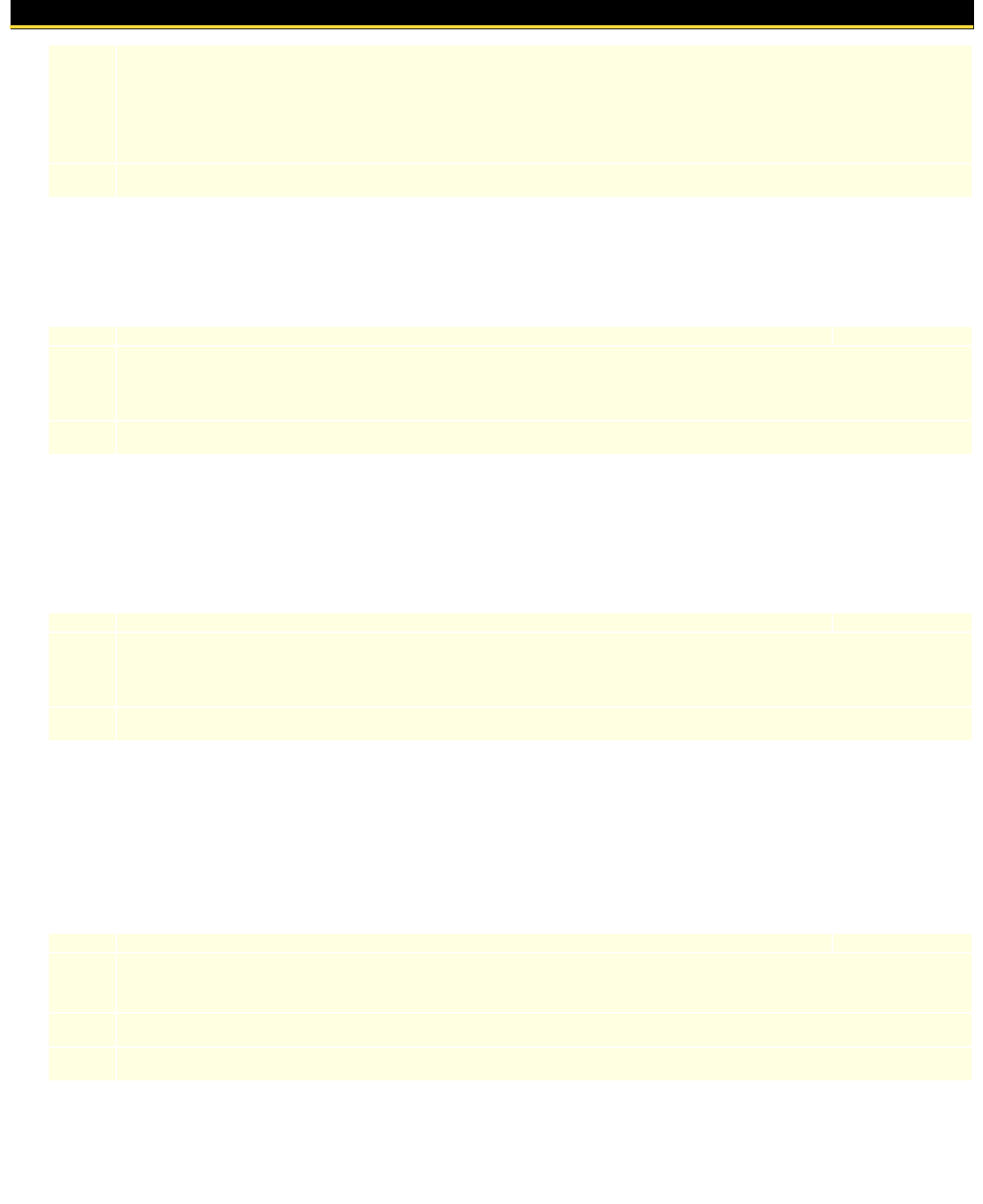
Students conduct an in-depth self-analysis regarding the manner in which counselor and client values, perceptions, attitudes, acculturative
experiences, and communication styles impact the counseling process. Students are encouraged to conduct an in-depth cultural self-analysis
regarding the issues they have inherited from their own culture as it relates to helping multicultural clients. Furthermore, students learn theories,
skills, and cross-cultural counseling strategies necessary in working with ethnically and culturally diverse clients. The cross-cultural counseling
strategies include both group and individual techniques. Students examine any ethical and legal considerations inherent in the counseling process
in regards to clients from a diversity of backgrounds. Designed for counselors already working in the field, and current graduate counseling
students. Also helpful for any professional who regularly deals with multicultural individuals.
Typically Offered:
Spring Term Only
COUN 740 Counseling and Human Sexuality 3.00
Provides counselors with a contemporary understanding of human sexuality and gender issues, myths, and problems (physical/biological,
emotional, social, cultural) for people (married and not) considering, engaging in, and/or "recovering" from sexual relationships. Includes
interventions and treatment approaches. While the course is a requirement for Marriage and the Family Therapist Licensure, it is open to all
interested counseling students.
Typically Offered:
Spring Term Only
COUN 742 Psychopathology 3.00
Study of abnormal behavior, including classification of various disorders, descriptions of causal factors, methods of assessment, prevention and
treatment. Includes examining the current diagnostic system, DSM-5. Students develop an awareness of the limitations of the current diagnostic
system along with multicultural and ethical considerations. Also teaches students how to integrate results from psychological assessment into the
diagnostic process.
Typically Offered:
Fall Term Only
COUN 744 Clinical Mental Health Diagnosis and Treatment Planning 3.00
Provides students with an in-depth knowledge base of clinical mental health counseling diagnosis and treatment planning. Cover the diagnostic
process, including differential diagnosis and the use of diagnostic classification systems such as the Diagnostic and Statistical Manual of Mental
Disorders-V (DSM-5). Training on administration of intake interview, mental status evaluation, biopsychosocial history, mental health history, and
psychological assessment for treatment planning and caseload management; and techniques and interventions related to a broad range of mental
health issues. Students will develop clinical writing skill for competence with clients. Treatment planning will focus primarily on cognitive behavioral
theory and applied intervention strategies based in outcome research.
Typically Offered:
Spring Term Only
COUN 746 Ethics in Professional Counseling 3.00
Serves the needs of Counselors within the area of practice generally referred to as ethics, through the guidance of the American Counseling
Association (ACA) 2014 Code of Ethics. Assists students in exploring personal values, social expectations/sanctions and professional standards of
behavior as it relates to the mental health counseling field. Course seeks to meet the specific state licensure certification and practice needs of the
student enrolled.
Typically Offered:
Spring Term Only
COUN 750 Practicum 1.50 - 3.00
Assists students in making the transition from theoretical understanding of counseling principles and processes to therapeutic process. Students
demonstrate knowledge and skills and refine their knowledge and skills in the following areas: integration of his or her theoretical approach to
counseling competence in the basic counseling skills with a focus on individual and group counseling as learned in prior coursework; the ability to
identify and assess presenting concerns of clients, diagnose problems, and develop treatment plans; and an ability to present case studies,
dialogue, and consult with other professionals regarding his or her effectiveness as a counselor. (For Graduate Education Online Class Sections it
is 1.5 credits per term for a total of 3 credits for the semester. GEO course is repeatable).
Prerequisites:
COUN 706 is prerequisite for taking this course.
Typically Offered:
Fall and Spring Terms
COUN 752 Group Practicum 3.00
Introduction to group counseling including an understanding of group processes, techniques, role of group members and leaders, ethics, and
culture, selected group phenomena, processing of group dynamics and therapeutic movement, application of theory and theoretical techniques.
The student is required to form and lead a group using a theoretical orientation, and to process the experience through tapes and class discussions.
Prerequisites:
COUN 706 is prerequisite for taking this course.
Typically Offered:
Fall and Summer Terms
COUN 756 Internship-School (preK-12) 3.00 - 6.00
Field-based course providing on-the-job practice in counseling with individuals and groups and in the classroom under the guidance of an on-site
supervisor and a university faculty supervisor. Weekly group discussions of cases and sharing of work experiences is at the heart of the campus
classes. Particular content areas that enhance professional preparation (such as legal and ethical issues, standards, technology) are covered.
Students are expected to share their counseling work weekly for supervision and peer review. Counseling Portfolios are completed and readied for
submission. Student planning to complete in one semester should sign up for 6 credits. Students planning to complete in two semester should sign
up for 3 credits each semester. Instructor consent required.
Official 2019-21 Graduate UW-Superior Catalog: Academic Departments: Department of Education
The Board of Regents of the University of Wisconsin System | 75 of 228
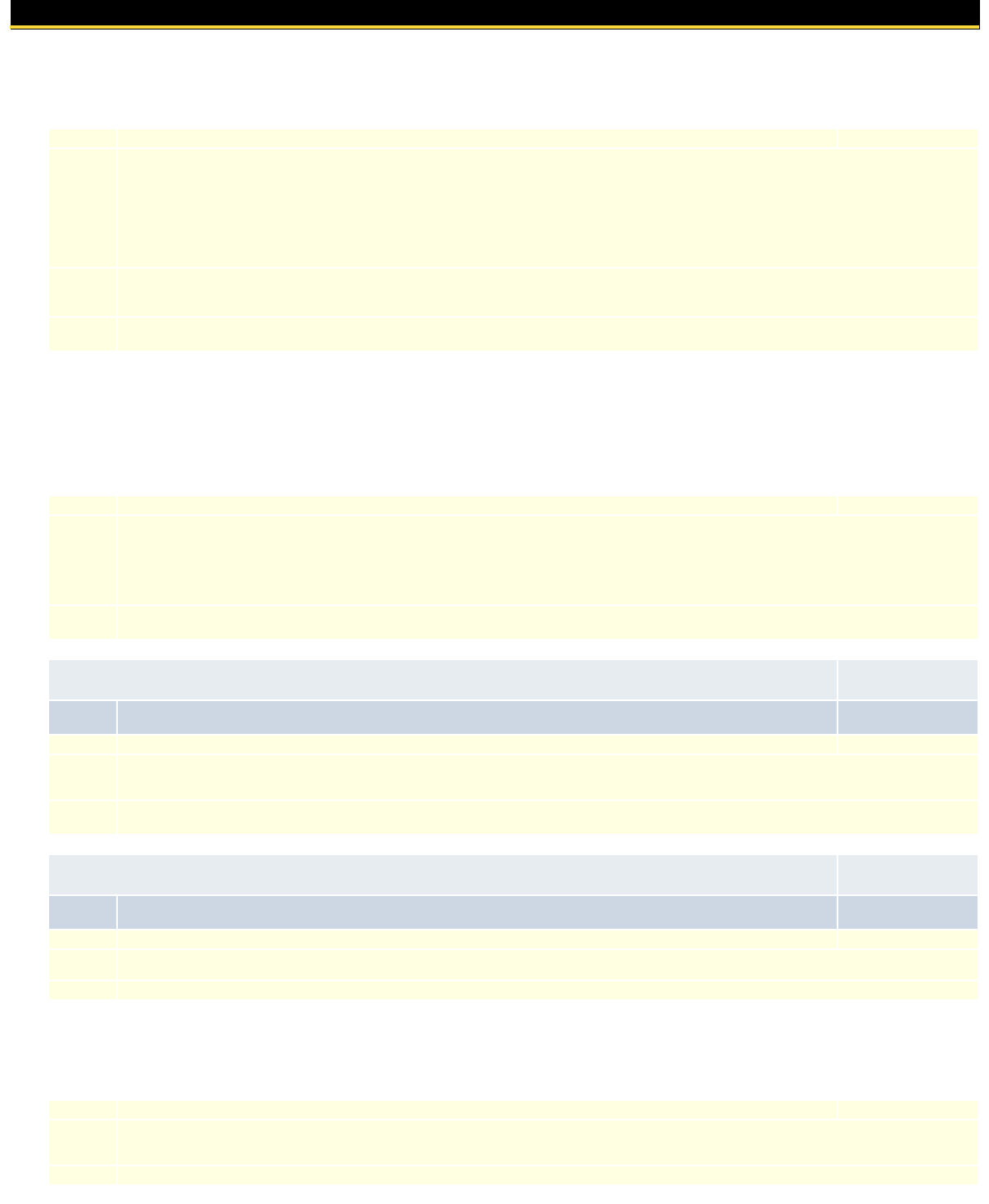
Prerequisites:
Completion of COUN 750 and COUN 752 are prerequisite for taking this course in the clinical and MFT Track but not the Human Relations
Track.
Typically Offered:
Fall and Spring Terms
COUN 758 Internship-Clinical/MFT/Human Relations 3.00 - 6.00
Experiential course that integrates counseling theory into practical application under supervision. Off-campus professional work sites provide
students practical experience while weekly class sessions provide support/supervision for work-site activities. Students' skill integration will be
monitored and modified through class discussion, written assignments, class exercises and one-to-one supervision with instructor. This advanced
course seeks to finalize professional readiness. Successful completion is dependent on the assumption of the professional functions and obligations
of a human service provider. Each internship is an individual placement that is developed related to the professional needs of the student, the
needs of the internship site and the coordination by the internship instructor. Student planning to complete in one semester should sign up for 6
credits. Students planning to complete in two semesters should sign up for 3 credits each semester. Instructor consent required.
Prerequisites:
Completion of COUN 750 and COUN 752 are prerequisite for taking this course in the clinical and MFT Track but not the Human Relations
Track.
Typically Offered:
Fall and Spring Terms
COUN 760 Introduction to Assessment 3.00
Addresses the study of measurement theory and basic statistics needed for understanding assessment. Also focuses on general test construction,
appropriate instrument selection with awareness of limitations, multicultural and ethical considerations. Instruments covered focus on psychological
and intellectual functioning and can generally be administered to clients individually or in groups. Students experience the administration,
interpretation and reporting of a select sample of assessment tools. Students will be introduced to professional report writing and consequential
treatment implications.
Typically Offered:
Fall Term Only
COUN 761 Research-Based Program Evaluation 3.00
Students develop their understanding of types of program evaluation, consultation and application procedures. This includes, but is not limited to,
qualitative and quantitative research, ethical/legal consideration, parametric and nonparametric research methods, principles, practices,
applications of needs assessment. Students will consult, conduct and write a literature review, develop a method for data collection, analysis,
conclusions and make recommendations. Student research topics will be in their specific discipline; school counseling, clinical counseling, marital
and family therapy or human relations.
Typically Offered:
Spring and Summer Terms
ECED - Early Childhood Education
Catalog
Nbr.
Course Title/Course Topics Credits
ECED 681 Seminars in Early Childhood 0.50 - 4.00
Selected topics and problems in the area of early childhood. May be taken in several units provided a different topic or problem is studied each
time. A minimum grade of C in this course is required for all education majors.
Typically Offered:
Occasional by Demand
EDAD - Educational Administration
Catalog
Nbr.
Course Title/Course Topics Credits
EDAD 689 EDAD Elective 1.00 - 3.00
Transfer credits ONLY from another accredited institution not equivalent to a UW-Superior course.
Typically Offered:
EDAD 700 Administrative Leadership 3.00
Study of selected theories and research relating to individual and group behaviors in K-12 educational organizations with emphasis on leadership
characteristics of educational administrators, including participatory management, long-range strategic planning and change-agent processes.
Particular emphasis given to human relations skills as well as oral and written communication skills needed by public school leaders.
Typically Offered:
EDAD 701 The Director of Instruction 3.00
A study of the various factors which will provide the student with foundations of research, theory, and best practices in instructional leadership and
school.
Typically Offered:
EDAD 704 Practicum - Director of Instruction 1.50
Official 2019-21 Graduate UW-Superior Catalog: Academic Departments: Department of Education
The Board of Regents of the University of Wisconsin System | 76 of 228
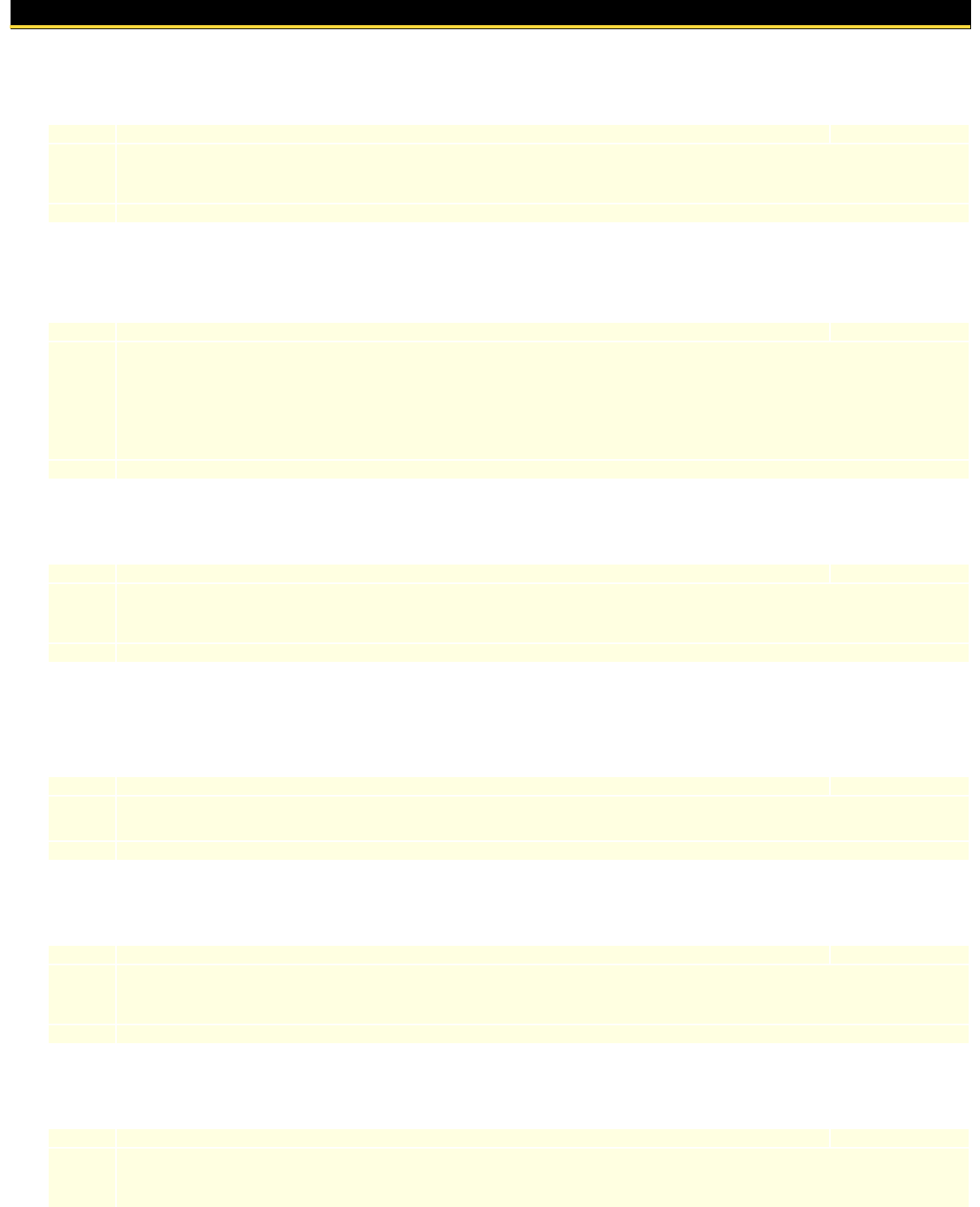
Year-long minimum 320-hour administrative field experience (i.e. 200 Special Education and 120 Pupil Services) and seminar (four 1.5 credit
modules for a total of 6 credits) in a grades PK-12 Director of Special Education and Pupil Services setting. Prerequisite: Completion of nine EDAD
credits. (Pass/Fail)
Typically Offered:
EDAD 705 Practicum - Director of Instruction 1.50
Year-long minimum 320-hour administrative field experience (i.e. 200 Special Education and 120 Pupil Services) and seminar (four 1.5 credit
modules for a total of 6 credits) in a grades PK-12 Director of Special Education and Pupil Services setting. Prerequisite: Completion of nine EDAD
credits. (Pass/Fail)
Typically Offered:
EDAD 706 Practicum - Director of Instruction 1.50
1.50Year-long minimum 320-hour administrative field experience (i.e. 200 Special Education and 120 Pupil Services) and seminar (four 1.5 credit
modules for a total of 6 credits) in a grades PK-12 Director of Special Education and Pupil Services setting. Prerequisite: Completion of nine EDAD
credits. (Pass/Fail)
Typically Offered:
EDAD 707 Practicum - Director of Instruction 1.50
Yearlong minimum 320 -hour administrative field experience and seminar (four 1.5 credit modules for a total of 6 credits) in a grades PK-12
Director of Instruction setting. Prerequisite: Completion of nine EDAD credits-with EDAD 701-The Director of Instruction, EDAD 741-Conflict
Resolution and Mediation, and EDAD 750-School Law as nine of the nine credits. (Passing each course with a C or better). Must take EDAD 704,
EDAD 705, EDAD 706 and EDAD 707 for degree and licensure requirements in order and with a passing grade for each course before enrolling
into the next practicum course. For any subsequent licensure, students are required to take EDAD 706 and EDAD 707 for licensure requirements in
order and with a passing grade for each course before enrolling into the next practicum course. These would be taken after completion of the initial
licensure requirements of a previous UW-Superior EDAD program.
Typically Offered:
EDAD 709 Directed Study-Administrative Vision of Learning 1.00 - 3.00
Directed study by the graduate faculty member to the graduate student in the Administrative Vision of Learning contexts of Educational
Administration.
Typically Offered:
EDAD 710 Supervision of Instruction 3.00
Study of the function of supervision and evaluation of personnel is designed to assist in the development of programs which will be appropriate to
respective school positions and settings. Prepares any member of an organization for the instructional leadership role which requires program
planning, evaluation, human relations, and oral and written communication skills.
Typically Offered:
EDAD 711 Curriculum Management and Development K-12 3.00
Study of the theories and related practices of curriculum development and curriculum organization in American schools. Focuses on methods,
materials and strategies in the development, organization and delivery of curriculum in the American K-12 school system. Special emphasis given
to development and interpretation of philosophical statements and management. Attention given to utilization of the Wisconsin Department of
Public Instruction curriculum guides.
Typically Offered:
EDAD 719 Directed Study-Administration of Student Learning and Staff Growth 1.00 - 3.00
Directed study by the graduate faculty member to the graduate student in the Administration of Student Learning and Staff Growth contexts of
Educational Administration.
Typically Offered:
EDAD 720 School Business Administration 3.00
Study of fiscal and material resource management and budgeting of K-12 school systems, including school finance, taxation and contract law with
emphasis on the principles that should serve to guide the decision-making process.
Typically Offered:
EDAD 721 The Principalship 3.00
Study of the roles and responsibility of the school principal, with emphasis on development of effective instructional leadership skills for the various
levels. Deals with the operational tasks of the principalship at the elementary, middle school, and high school levels. Response to contemporary
and anticipated problems affecting the elementary and secondary schools are based on tested theory, research and applied practice.
Typically Offered:
EDAD 724 Practicum - PreK-12 Principal 1.50
Year-long minimum 320-hour administrative field experience and seminar (four 1.5 credit modules for a total of 6 credits) in a grades PK-12
Principalship setting. Prerequisite: Completion of nine EDAD credits. (Pass/Fail)
Typically Offered:
EDAD 725 Practicum - PreK-12 Principal 1.50
Year-long minimum 320-hour administrative field experience and seminar (four 1.5 credit modules for a total of 6 credits) in a grades PK-12
Principalship setting. Prerequisite: Completion of nine EDAD credits. (Pass/Fail) Must take EDAD 724, EDAD 725, EDAD 726, EDAD 727 for
degree and licensure requirements.
Official 2019-21 Graduate UW-Superior Catalog: Academic Departments: Department of Education
The Board of Regents of the University of Wisconsin System | 77 of 228
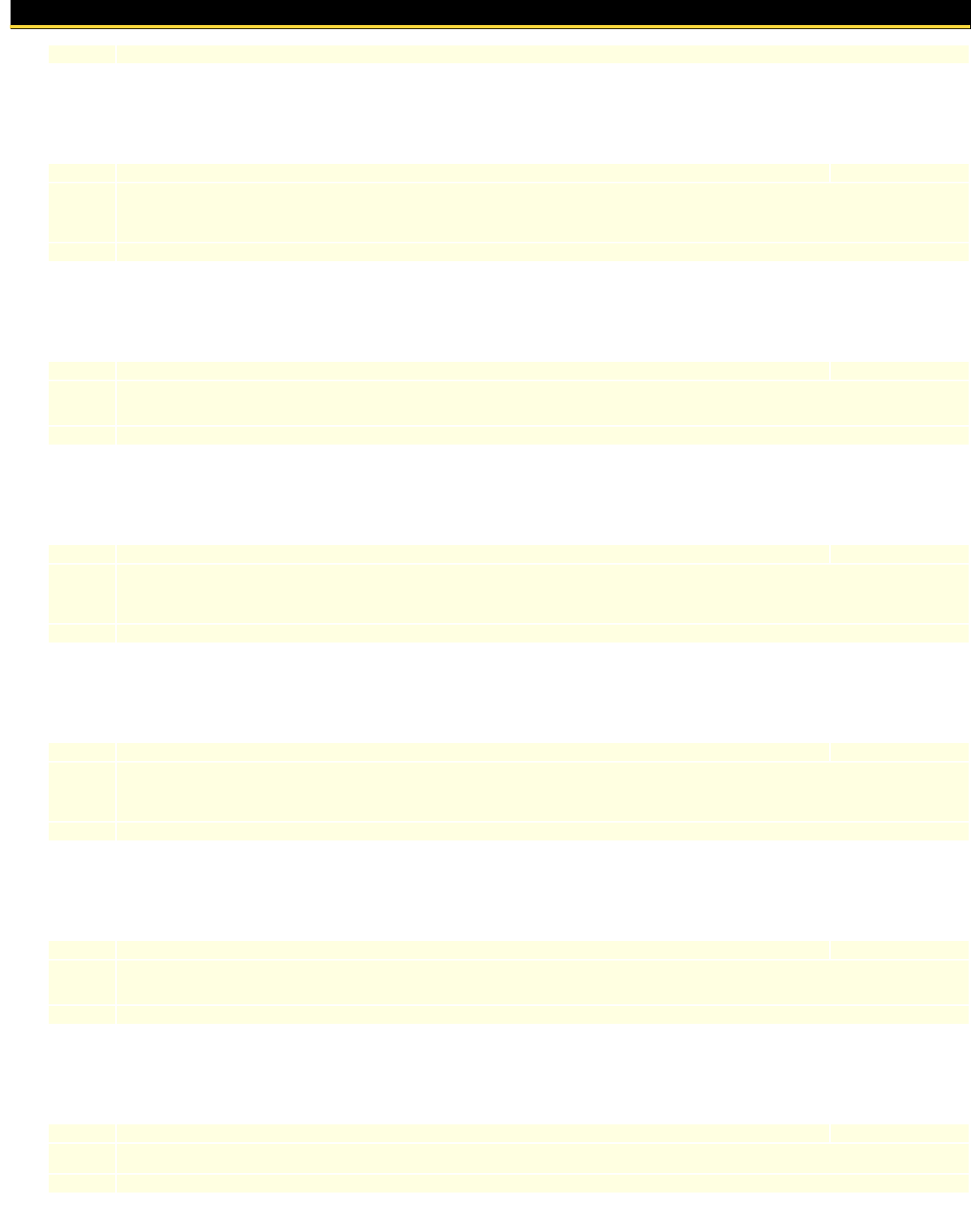
Typically Offered:
EDAD 726 Practicum - PreK-12 Principal 1.50
Year-long minimum 320-hour administrative field experience and seminar (four 1.5 credit modules for a total of 6 credits) in a grades PK-12
Principalship setting. Prerequisite: Completion of nine EDAD credits. (Pass/Fail). Must take EDAD 724, EDAD 725, EDAD 726, EDAD 727 for
degree and licensure requirements.
Typically Offered:
EDAD 727 Practicum - PreK-12 Principal 1.50
Year-long minimum 320-hour administrative field experience and seminar (four 1.5 credit modules for a total of 6 credits) in a grades PK-12
Principalship setting. Prerequisite: Completion of nine EDAD credits. (Pass/Fail). Must take EDAD 724, EDAD 725, EDAD 726, EDAD 727 for
degree and licensure requirements.
Typically Offered:
EDAD 728 Diversity and Social Justice in Schools 3.00
Examination of issues related to inequities and inequalities in PK-12 schools. Explores diversity in education from a historical perspective to inform
institutional practices regarding race, class, gender, sexual orientation and religion. Considers power dynamics, pedagogy, and ideologies that
frame education in a democratic society. Explores the administrator's role and best practices in facilitating equity for all students.
Typically Offered:
EDAD 729 Directed Study - Administration of Organization, Operations and Resources 1.00 - 3.00
Directed study by the graduate faculty member to the graduate student in the Administration of Organization, Operations and Resources contexts of
Educational Administration.
Typically Offered:
EDAD 730 Administration and Supervision Of Special Education and Pupil Services 3.00
Study of leadership and administrative paradigms of special education and pupil services PK-12. Emphasis on exceptional educational needs
programming knowledge base for inclusive administrative leadership. Emphasis on special needs programming knowledge base not the prominent
responsibility of regular or special education.
Typically Offered:
EDAD 734 Practicum- Director of Special Education 1.50
Year-long minimum 320-hour administrative field experience and seminar (i.e. 200 Special Education and 120 Pupil Services) and seminar (four
1.5 credit modules for a total of 6 credits) in a grades PK-12 Director of Special Education and Pupil Services setting. Prerequisite: Completion of
nine EDAD credits (Pass/Fail). Must take EDAD 734, EDAD 735, EDAD 736, EDAD 737 for degree and licensure requirements.
Typically Offered:
EDAD 735 Practicum- Director of Special Education 1.50
Year-long minimum 320-hour administrative field experience and seminar (i.e. 200 Special Education and 120 Pupil Services) and seminar (four
1.5 credit modules for a total of 6 credits) in a grades PK-12 Director of Special Education and Pupil Services setting. Prerequisite: Completion of
nine EDAD credits. (Pass/Fail). ). Must take EDAD 734, EDAD 735, EDAD 736, EDAD 737 for degree & licensure requirements.
Typically Offered:
EDAD 736 Practicum- Director of Special Education 1.50
Year-long minimum 320-hour administrative field experience and seminar (i.e. 200 Special Education and 120 Pupil Services) and seminar (four
1.5 credit modules for a total of 6 credits) in a grades PK-12 Director of Special Education and Pupil Services setting. Prerequisite: Completion of
nine EDAD credits. (Pass/Fail). ). Must take EDAD 734, EDAD 735, EDAD 736, EDAD 737 for degree & licensure requirements.
Typically Offered:
EDAD 737 Practicum- Director of Special Education 1.50
Year-long minimum 320-hour administrative field experience and seminar (i.e. 200 Special Education and 120 Pupil Services) and seminar (four
1.5 credit modules for a total of 6 credits) in a grades PK-12 Director of Special Education and Pupil Services setting. Prerequisite: Completion of
nine EDAD credits. (Pass/Fail). ). Must take EDAD 734, EDAD 735, EDAD 736, EDAD 737 for degree & licensure requirements.
Typically Offered:
EDAD 739 Directed Study - Administration of Diverse Community Interests 1.00 - 3.00
Directed study by the graduate faculty member to the graduate student in the Administration of Diverse Community Interests contexts of
Educational Administration.
Typically Offered:
EDAD 741 Conflict Resolution and Mediation in K-12 Educational Settings 3.00
Study in the understanding of conflict and handling such in the educational setting. Recognition of the role of communication to express conflict and
knowledge of resolution techniques, different approaches to negotiations and basic mediation skills for administrators in the K-12 setting. Also
explores the phenomena of school violence and means to respond.
Typically Offered:
EDAD 749 Directed Study-Ethical Manner in Educational Administration 1.00 - 3.00
Directed study by the graduate faculty member to the graduate student in the ethical manner contexts of Educational Administration.
Typically Offered:
EDAD 750 School Law 3.00
Official 2019-21 Graduate UW-Superior Catalog: Academic Departments: Department of Education
The Board of Regents of the University of Wisconsin System | 78 of 228
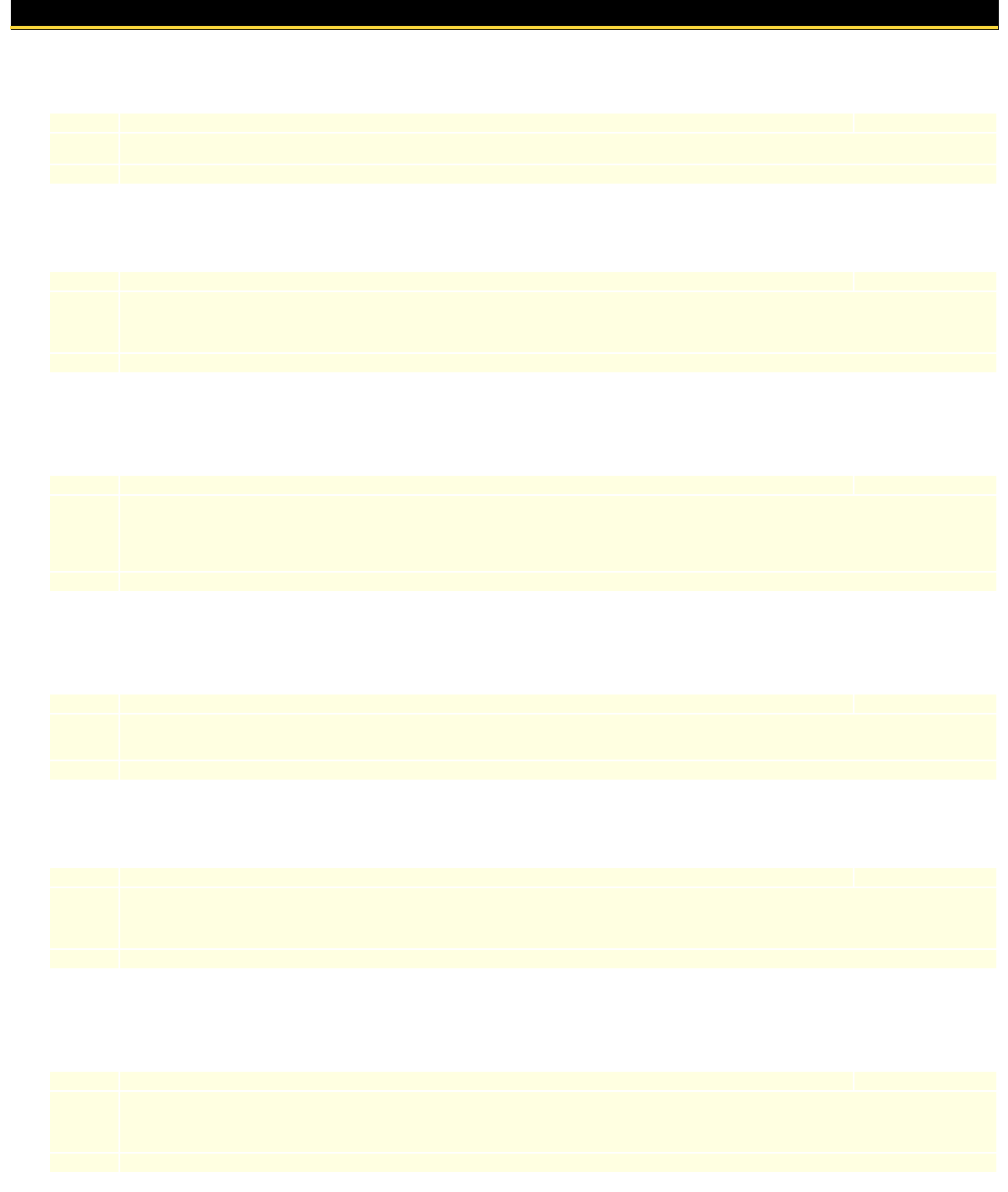
Study of the legal framework within which school district employees must operate. Emphasis on laws and sources of laws which affect students
and instruction.
Typically Offered:
EDAD 759 Directed Study-Political, Social, and Economic Contexts of Educational Administration 1.00 - 3.00
Directed study by the graduate faculty member to the graduate student in the political, social, and economic contexts of educational administration.
Typically Offered:
EDAD 761 Practicum - School Business Administration 1.50
Year-long minimum 320-hour administrative field experience and seminar (four 1.5 credit modules for a total of 6 credits) in a School Business
Administration setting. Prerequisite: Completion of nine EDAD credits.
Typically Offered:
EDAD 809 Externship-Administrative Vision of Learning 1.00 - 3.00
Professional development seminar designed for the practicing school administrator. Emphasis on synthesizing the theory, research and wisdoms of
practice of educational administration as related to challenges of practicing school administration to ISLLC Standard #1. Pass-Fail. Enrollment
limited to practicing educational administrators. Topics: Administrative Vision of Learning ISLLC #1, Wisconsin State Standard 2.
Typically Offered:
EDAD 810 School Human Resources 3.00
Comprehensive study of K-12 instructional and non-instructional personnel planning, information management, recruitment, selection, induction,
appraisal, staff development, compensation, continuity of service, collective bargaining, grievance procedures and employee contract
administration.
Typically Offered:
EDAD 819 Externship-Administration of Student Learning and Staff Growth 1.00 - 3.00
Professional development seminar designed for the practicing school administrator. Emphasis on synthesizing the theory, research and wisdoms of
practice of educational administration as related to challenges of practicing school administration to ISLLC Standard #2. Pass-Fail. Enrollment
limited to emerging and practicing educational administrators. Topics: Administration of Student Learning and Staff Growth, ISLLC #2, Wisconsin
State Standard 3.
Typically Offered:
EDAD 820 The Superintendency 3.00
Study of the role and responsibilities of the school superintendent with emphasis on the job competency needed for that leadership role. Topics
focus on school improvement through organizational and instructional leadership, assessment and long-range planning, political theory and skills,
crisis management, and careful allocation of district resources.
Typically Offered:
EDAD 821 Data Management 3.00
Designed for school business personnel pursuing a graduate degree in school business administration. Subject matter will include building files,
updating file content, information retrieval and analyses of data associated with school operations.
Typically Offered:
EDAD 823 Education Budget and Accounting 3.00
Designed for school business personnel pursuing a graduate degree in school business administration. Focuses on design and application of
budgeting and accounting procedures such as coding transactions, designing balance sheets, journals and ledgers using spreadsheet programs.
Typically Offered:
EDAD 824 Educational Program Planning and Evaluation 3.00
Advanced-level study of theory and research/practice in association with the organization and operation of public schools. Emphasis on
self-analysis of supervisory-administrative style as it relates to the process of supervision involved in performance tasks. Additional focus on
program planning and evaluation as related to theory and research/practice in public schools.
Typically Offered:
EDAD 825 Facilities Planning and Utilization 3.00
Study of the principles, techniques, and procedures used in planning of educational facilities in K-12 systems. Emphasis on the assessment of
needs, involvement in the planning process, development of educational specifications, long-range planning and financing. Risk management and
insurance issues are covered within the knowledge base.
Typically Offered:
EDAD 829 Externship-Administration of Organization, Operations and Resources 1.00 - 3.00
Professional development seminar designed for the practicing school administrator. Emphasis on synthesizing the theory, research and wisdoms of
practice of educational administration as related to challenges of practicing school administration to ISLLC Standard #3. Pass-Fail. Enrollment
limited to practicing educational administrators. Topics: ISLLC Standard #3.
Typically Offered:
EDAD 830 Diverse School Community Relations 3.00
Official 2019-21 Graduate UW-Superior Catalog: Academic Departments: Department of Education
The Board of Regents of the University of Wisconsin System | 79 of 228
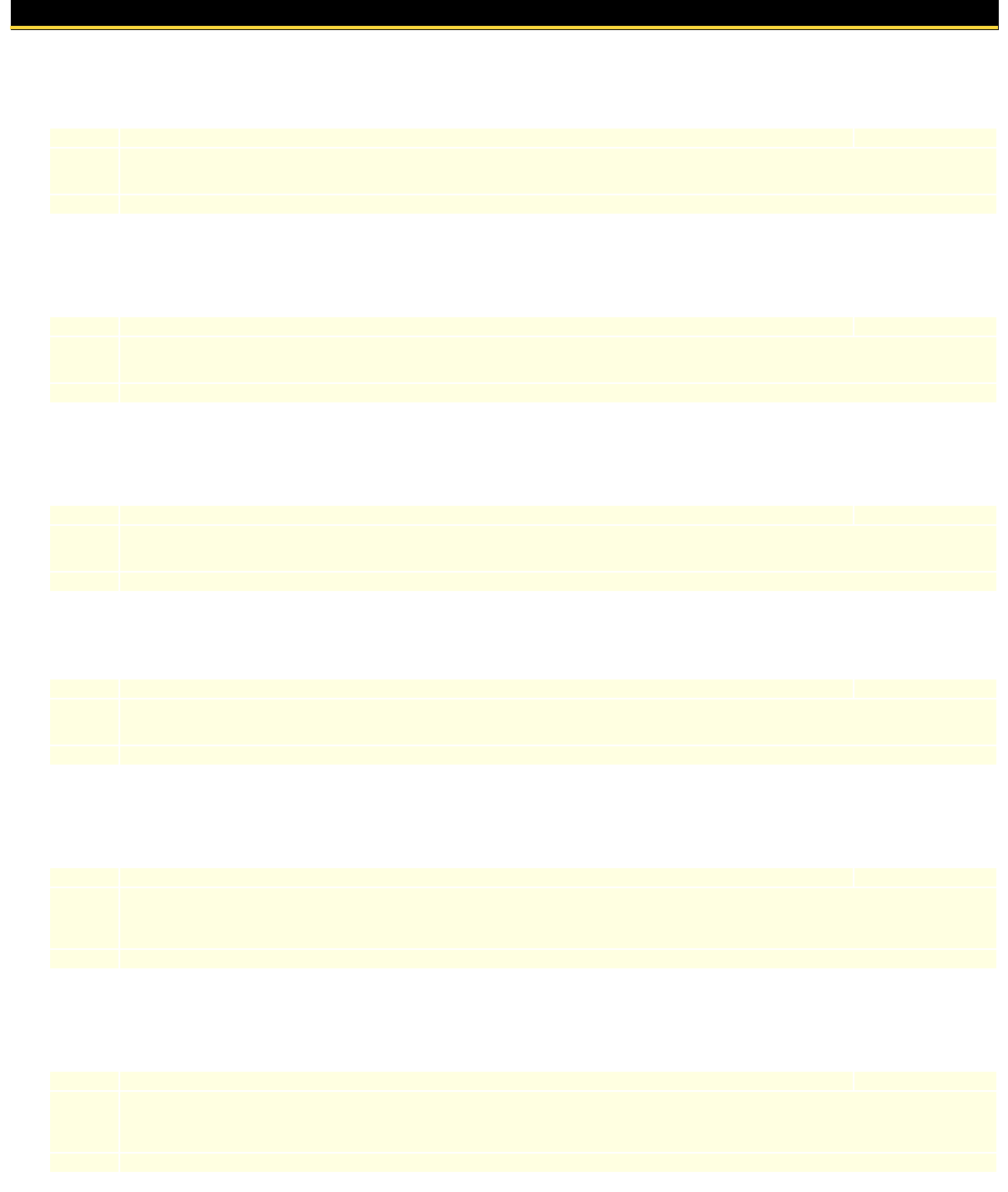
Study of the administrative responsibility for successful diverse community relations with emphasis on the process, principles, channels, opinion
sampling and evolving concepts of communication. A program will be developed including policy, objectives, defining publics, determining media,
timing and feedback.
Typically Offered:
EDAD 832 Special Education Law 3.00
Study of the legal aspects of educating disabled learners under Section 504, the Individuals with Disabilities Education Act and No Child Left
Behind.
Typically Offered:
EDAD 839 Externship-Administration of Diverse Community Interests 1.00 - 3.00
Professional development seminar designed for the practicing school administrator. Emphasis on synthesizing the theory, research and wisdoms of
practice of educational administration as related to challenges of practicing school administration to ISLLC Standard #4. Pass-Fail. Enrollment
limited to practicing educational administrators. Topics: ISLLC Standard #4.
Typically Offered:
EDAD 842 Professional Ethics for School Administrators 3.00
Selected theories and research relating to individual and group behaviors in K-12 educational organizations with emphasis on ethics in public life
among professionals, leaders and citizens. Particular emphasis given to political, cultural, business, computer and legal ethics for school leaders.
Typically Offered:
EDAD 849 Externship-Ethical Manner in Educational Administration 1.00 - 3.00
Professional development seminar designed for the practicing school administrator. Emphasis on synthesizing the theory, research and wisdoms of
practice of educational administration as related to challenges of practicing school administration to ISLLC Standard #5. Pass-Fail. Enrollment
limited to practicing educational administrators.
Typically Offered:
EDAD 850 School Finance and Resource Allocation 3.00
Study of the theory and practice of school finance at the local, state, and national levels. Emphasis on the economics of education, public finance,
and taxation.
Typically Offered:
EDAD 851 Politics Of Education 3.00
Examines the governance structure of education. Focuses on the roles of various political factors and special interest groups in the structure and
the emergence of new political roles and initiatives in educational administration.
Typically Offered:
EDAD 854 Advanced Budgeting 3.00
Theory and practice of advanced budgeting at the local school district level. Emphasis on the meritorious techniques and standards of excellence in
budget development and presentation.
Typically Offered:
EDAD 859 Externship-Political, Social and Economic Contexts of Educational Administration 1.00 - 3.00
Professional development seminar designed for the practicing school administrator. Emphasis on synthesizing the theory, research and wisdoms of
practice of educational administration as related to challenges of practicing school administration to ISLLC Standard #6. Pass-Fail. Enrollment
limited to practicing educational administrators.
Typically Offered:
EDAD 863 Internship: Superintendency 1.50
A minimum 90-hour administrative internship in a PK-12 superintendency. Prerequisite: Admission to Special Degree Program, completion of nine
semester credits in Educational Administration. This course is graded as Pass/Fail. Must take both EDAD 863 and EDAD 864 for degree and
licensure requirements.
Typically Offered:
EDAD 864 Internship: Superintendency 1.50
A minimum 90 hour administrative internship in a PK-12 superintendency. Prerequisites: Admission to Specialist Degree Program, completion of
nine semester credits in Educational Administration. This course is graded a Pass/Fail. Must take both EDAD 863 and EDAD 864 for degree and
licensure requirements.
Typically Offered:
EDAD 865 Statistical Methods Research 3.00
Study of statistical design and methodology used in educational research with emphasis given to understandings of appropriate application of
statistical tests to educational data. The student studies application of skills developed in basic statistics. Emphasis on the understanding, planning,
and execution of statistical studies, descriptive and inferential in approach. Study is conducted with a computer-oriented approach.
Typically Offered:
EDAD 866 Advanced Administrative Analysis 3.00
Official 2019-21 Graduate UW-Superior Catalog: Academic Departments: Department of Education
The Board of Regents of the University of Wisconsin System | 80 of 228
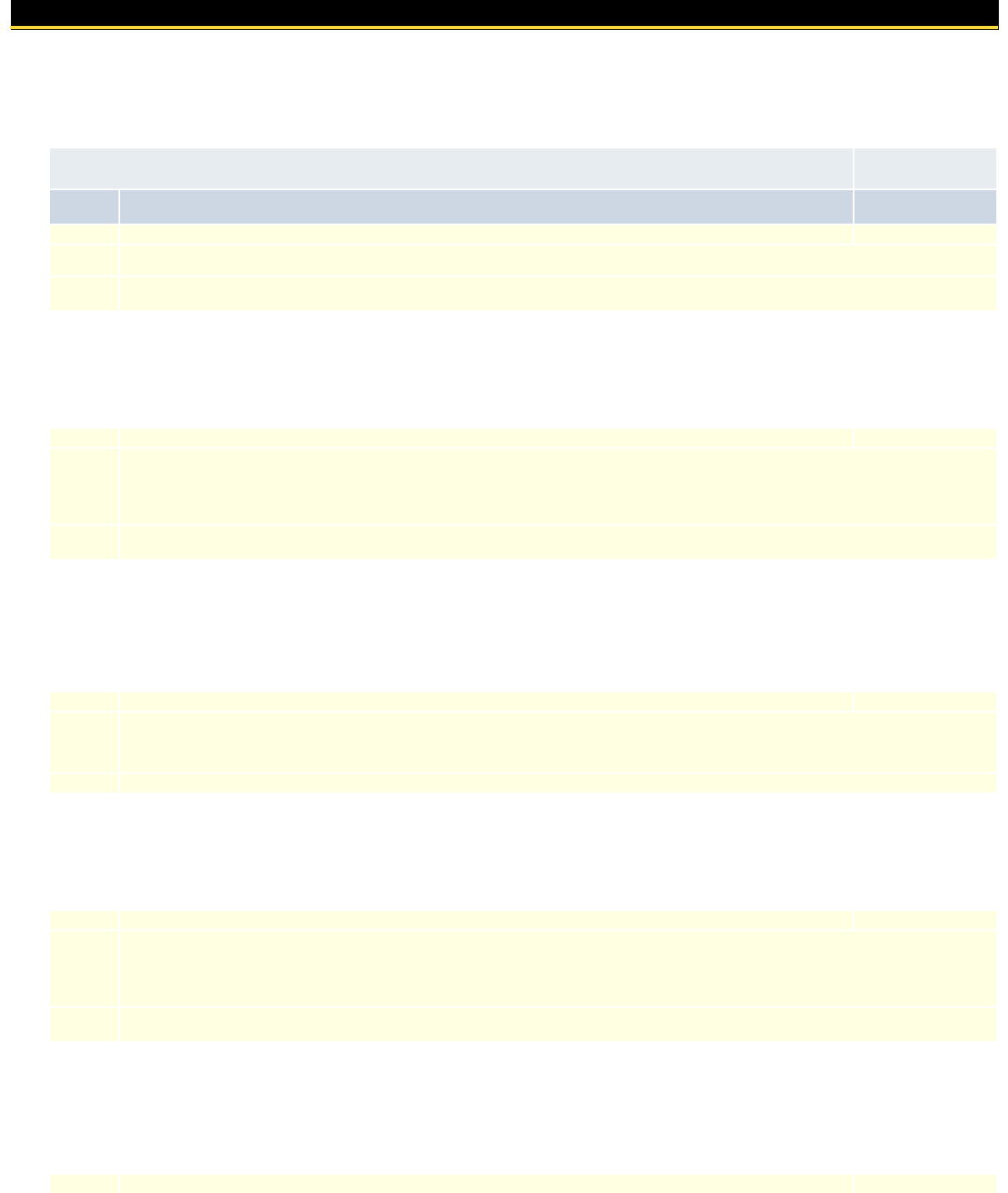
Scholarly work requirement provides the post-graduate student an opportunity to conduct action research in an educational administration related
project. The action research and scholarly paper development is completed under the direction of the student's advisor. Guidelines for action
research and the subsequent paper are available from the advisor.
Typically Offered:
SPED - Special Education
Catalog
Nbr.
Course Title/Course Topics Credits
SPED 681 Seminars in Special Education 0.50 - 4.00
Selected topics and issues in the area of special education. May be taken in several units provided a different topic or issue is studied each time.
Typically Offered:
Occasional by Demand
SPED 704 Assessment of Learners with Exceptionalities 3.00
Addresses the study of measurement theory and basic statistics needed for understanding assessment for the purposes of eligibility for services
within special education. Also focuses on general test construction, appropriate instrument selection with awareness of limitations, multicultural,
and ethical considerations. Assessment interpretation and IEP preparation is examined in depth. Students experience the administration,
interpretation and reporting of a select sample of assessment tools
Typically Offered:
SPED 710 Neurocognition 3.00
This course provides a survey of current research in cognitive neuroscience on language, memory, learning, perception and other higher cognitive
functions. Neurocognition involves learning about the anatomy and physiology of the nervous system, along with some coverage of the endocrine
system. Presentation of course material is based on typical and atypical development and functioning. Illustrative pathological development and
atypical conditions are reviewed as well, such as developmental dyslexia, autistic disorders, and attention-deficit/hyperactivity disorder.
Typically Offered:
Summer Only
SPED 750 The Exceptional Learner 3.00
Students research the various federally identified disability groupings of exceptionalities including examination of the effect of federal, state, and
local laws and policies on education for students with these exceptionalities. Historical perspectives, legislation and litigation provide background
for discussion of current models, theories and philosophies of special education today. Students complete an analysis related to current legislation,
regulations, policies and/or ethical issues surrounding educational services for students with exceptionalities. The focus of this class will be through
the legal lens focusing on current laws, policies, and practices in the field.
Typically Offered:
SPED 755 Reading-Issues & Interventions 3.00
Investigate the various aspects of reading challenges so that educators can provide effective reading instruction to readers of various abilities.
Strategies for diagnosis and remediation of reading difficulties at the elementary and secondary levels will be considered. Fieldwork with students
who struggle in reading will be required.
Typically Offered:
SPED 756 Increasing the Rigor in Reading Instruction for Diverse Learners 3.00
Deep study of the use of informational text to support reading comprehension so that educators can provide effective reading instruction to readers
of various abilities. Strategies for raising the rigor in reading and writing will be explored at the elementary and secondary level. Fieldwork with
students who struggle in reading will be required.
Typically Offered:
Occasional by Demand
SPED 758 Methods of Adaptive Instruction 3.00
Students observe, research and reflect upon methods, strategies, and materials for adapting curricula and instruction to meet the learning needs of
students with mild to severe disabilities. This course emphasizes methods to evaluate students' academic and social needs, research and design
appropriate curricula and make modifications and accommodations. Students will differentiate curriculum and instruction using high-impact
teaching strategies. Students modify an existing curricular element and implement the modification.
Typically Offered:
Fall, Spring, and Summer Terms
SPED 760 Behavior Analysis and Intervention 3.00
Students research and discuss behavioral assessment theories, strategies and programs, functional behavior, positive behavior interventions and
strategies, and behavior intervention plans. Students collect data to create and implement a behavior intervention plan. This course emphasizes
the application of theory to the academic and behavioral development of school-age children, especially those with exceptional educational needs.
Students practice communicating those applications and principles with families, teachers and other community stakeholders.
Typically Offered:
Fall, Spring, and Summer Terms
SPED 764 Mathematics Assessment and Strategies 3.00
Official 2019-21 Graduate UW-Superior Catalog: Academic Departments: Department of Education
The Board of Regents of the University of Wisconsin System | 81 of 228
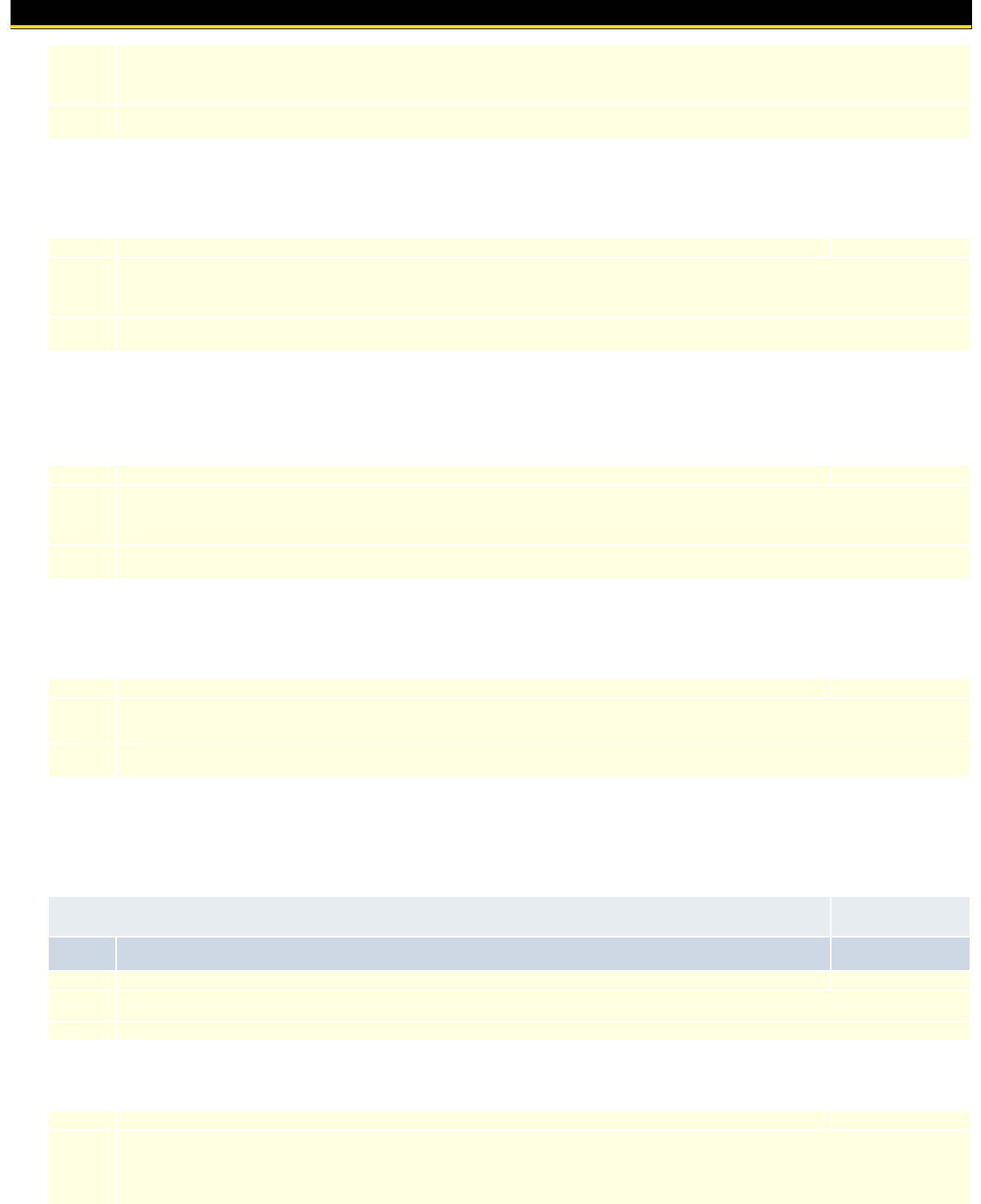
This course assessment procedures and teaching strategies appropriate to providing instruction to students having difficulty learning mathematics.
This course has an emphasis on differentiating and adapting existing curriculum to assist all students in reaching the goals of the National Council
of Teachers of Mathematics.
Typically Offered:
Fall, Spring, and Summer Terms
SPED 769 Collaboration and Transition: From School to Community 3.00
This course promotes working with families and community agencies. Facilitating and planning meetings with families will be an emphasis as well
as establishing partnerships with community agencies that serve the needs of families with students who have disabilities. In addition, there will be
concentration on transitions skills, through each level of schooling, including to postsecondary options.
Typically Offered:
SPED 772 Collaboration and Consultation in Special Education 3.00
This course focuses on learning and reflecting upon the skills and dispositions necessary for managing a special education classroom and/or case
load. This course includes curriculum design and evaluation, collaboration with multiple stakeholders, time management, assistive technology and
universal design.
Typically Offered:
Fall, Spring, and Summer Terms
SPED 775 Special Education Directed Student Teaching 1.50
Students participate in field-based experience at the K-7 and 8-12 grade levels, teaching students who have severe to mild exceptional educational
needs in the areas of specific learning disabilities, intellectual disabilities and emotional behavioral disabilities. A student seminar meets online for
study and discussion. Students complete a professional Special Educator E-portfolio.
Typically Offered:
Fall and Spring Terms
SPED 776 Special Education Directed Student Teaching 1.50
Field-based experience in teaching students who have severe to mild exceptional educational needs in the areas of learning disabilities, intellectual
disabilities and emotional behavioral disabilities. Students may choose one or more concentrations from the above listed disability areas. A student
seminar meets regularly for study and discussion. Student complete and present a professional Special Educator portfolio.
Typically Offered:
Fall and Spring Terms
SPED 780 Action Research Methodology 3.00
Focus on research methodology and topics specific to the field of education. Complete an action research project surrounding an issue of
interest/need in your classroom or program through the use of a single subject design. Examine existing research and determine how it may apply
to your classroom/program.
Typically Offered:
SPED 781 Independent Study 1.00 - 4.00
This course is a uniquely designed study arranged with a particular instructor which allows the graduate student to pursue specific areas of need or
interest. Approval of the topic and plan of study is required before enrollment.
Typically Offered:
Fall, Spring, and Summer Terms
SPED 784 Action Research Project 3.00
This course includes the implementation of an action research project through data collection, data analysis, and evaluation of a plan of action. The
completed project is written and presented to constituents (staff, faculty, students and/or site). This course is cross-listed with T ED 752.
Typically Offered:
Fall and Spring Terms
T ED - Teacher Education
Catalog
Nbr.
Course Title/Course Topics Credits
T ED 581 Selected Topics and Problems in the Area of Teacher Education 0.50 - 3.00
Offered only as Continuing Education credits. May be taken in several units provided a different topic or program is studied each time as requested.
Typically Offered:
T ED 589 Teacher Education Elective 1.00 - 99.00
Teacher Education Elective
Typically Offered:
T ED 607 The Middle School and Its Students 3.00
Provides students with an understanding of the history, philosophy, organization, curriculum, teaching patterns, and particular student needs of
middle-level educational institutions. Particular emphasis placed on the planning and maintenance of a school and classroom environment suited to
middle-level students to prepare middle-level teachers with the background necessary to teach and work in middle-level schools with students aged
10-14. Field experience or Academic Service-Learning required. This course should be taken the semester prior to student teaching.
Official 2019-21 Graduate UW-Superior Catalog: Academic Departments: Department of Education
The Board of Regents of the University of Wisconsin System | 82 of 228
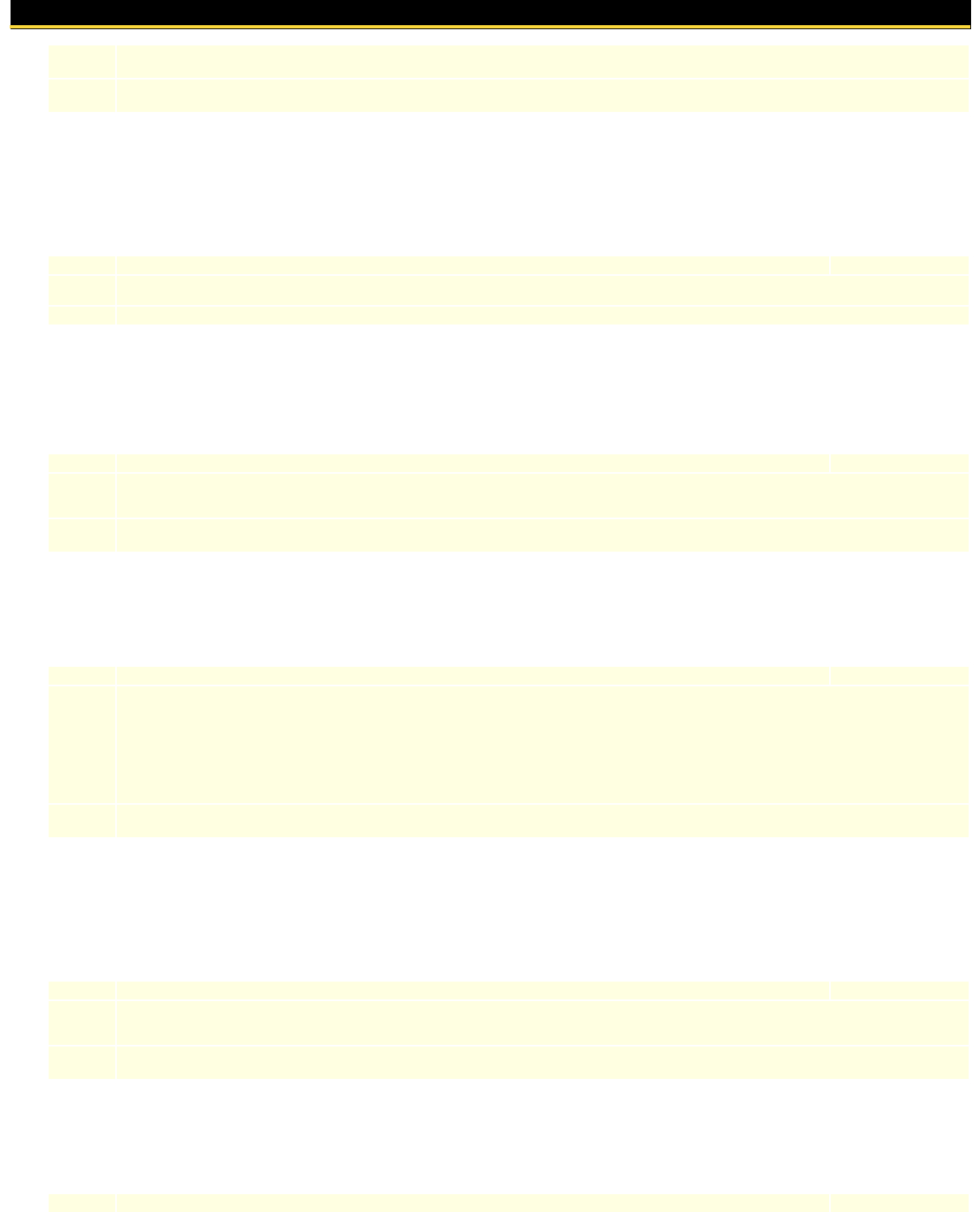
Prerequisites:
Consent of cooperating Instructor and Department Chair.
Typically Offered:
Occasional by Demand
T ED 686 Administration of Child Development Programs 3.00
Focuses on the rapidly changing field of child development programming. Emphasis on developing the business skills and knowledge that every
director must have: funding, budgeting, selecting, training and supervising staff, housing the program, purchasing the equipment, and
implementing a standards-based evaluation for the program. Specific licensing procedures, grant writing, and program accreditation are also
covered in considerable depth. Designing accessible programs for both typical and atypically developing children is emphasized. Through this
course, student will shadow the director of a daycare facility. A minimum grade of C in this course is required for all education majors.
Typically Offered:
Occasional by Demand
T ED 689 Teacher Education Elective 1.00 - 99.00
Teacher Education Elective
Typically Offered:
T ED 694 Principles and Practices of Inclusive Teaching 3.00
Involves the principles inherent in the educational process for integrating children with exceptional needs into the general education school
environment (K-12). Designed specifically for the study of the inclusion of students with special educational needs into the general education
program and development of teacher skills and knowledge to support this placement. Typically Offered: Fall/Spring Online-On-Campus/Hybrid;
Summers online on occasion.
Typically Offered:
Occasional by Demand
T ED 699 Directed Studies in Teacher Education 0.50 - 6.00
Allows the student with special needs and interests to pursue particular areas and problems in education. The problem and/or plan of study requires
approval of the instructor within the department who will be directing the study.
Typically Offered:
Occasional by Demand
T ED 711 Mathematics Assessment and Strategies 2.00
Examines assessment procedures and teaching strategies appropriate to providing instruction to students having difficulty learning mathematics.
Emphasis on differentiating and adapting existing curriculum to assist all students in reaching the goals of the National Council of Teachers of
Mathematics (NCTM 2000).
Typically Offered:
Occasional by Demand
T ED 712 Education for the 21st Century 3.00
Fosters the study of historical, philosophical, and social foundations underlying the development, purposes, organization, and issues of K-12
education in the USA. Topics also include legal, ethical, political, and economic aspects, governance, roles and responsibilities of agencies and
associations, and trends. [Paper on development of content specialization as an educational area and present practices and pedagogical issues
would be a course assignment.] Basics in multicultural and non-sexist education, positive and appropriate portrayal of diversity, disabilities, and
instructional strategies that build inclusivity are covered. (15 hours of observation and or tutoring.) Course specifically supports professional
development in relation to Wisconsin teacher standards 1, 9, and 10 toward Professional Educator licenses; and INTASC and National Board
Standards. (Sequence level 1)
Typically Offered:
Occasional by Demand
T ED 713 Development and Learning Theories 3.00
Examines theories of typical and atypical child and adolescent development (physical, social, emotional, cognitive, and moral). Special emphasis is
given to understanding and applications of learning theories and approaches that fit with development levels and enhance learning. Course begins
to address diverse learners, motivation, management, and climate for learning that is appropriate for developmental levels. (15 hours of
observation and or tutoring.) Course specifically supports professional development in relation to Wisconsin teacher standards 1, 2, 3 and 4 toward
Professional Educator licenses; and INTASC and National Board Standards. (Sequence level 1)
Typically Offered:
Fall and Spring Terms
T ED 716 Interactive and Accessible Learning in Alternative Delivery 3.00
Explores traits of various educational delivery models and methods for developing learner-centered curriculum which engages all learners in any
mode. Addresses instructional design models and implementation strategies in alternative delivery methods.
Typically Offered:
Spring and Summer Terms
T ED 717 School Partnerships with Families and Communities 3.00
Examines the collaborative efforts of educators to support successful family-school-community partnerships that foster development and learning
for all learners. Includes strategies and approaches to supporting the diverse cognitive social and emotional needs of learners as a collaborative
effort.
Typically Offered:
Fall and Summer Terms
T ED 718 Teachers as Leaders 3.00
Official 2019-21 Graduate UW-Superior Catalog: Academic Departments: Department of Education
The Board of Regents of the University of Wisconsin System | 83 of 228
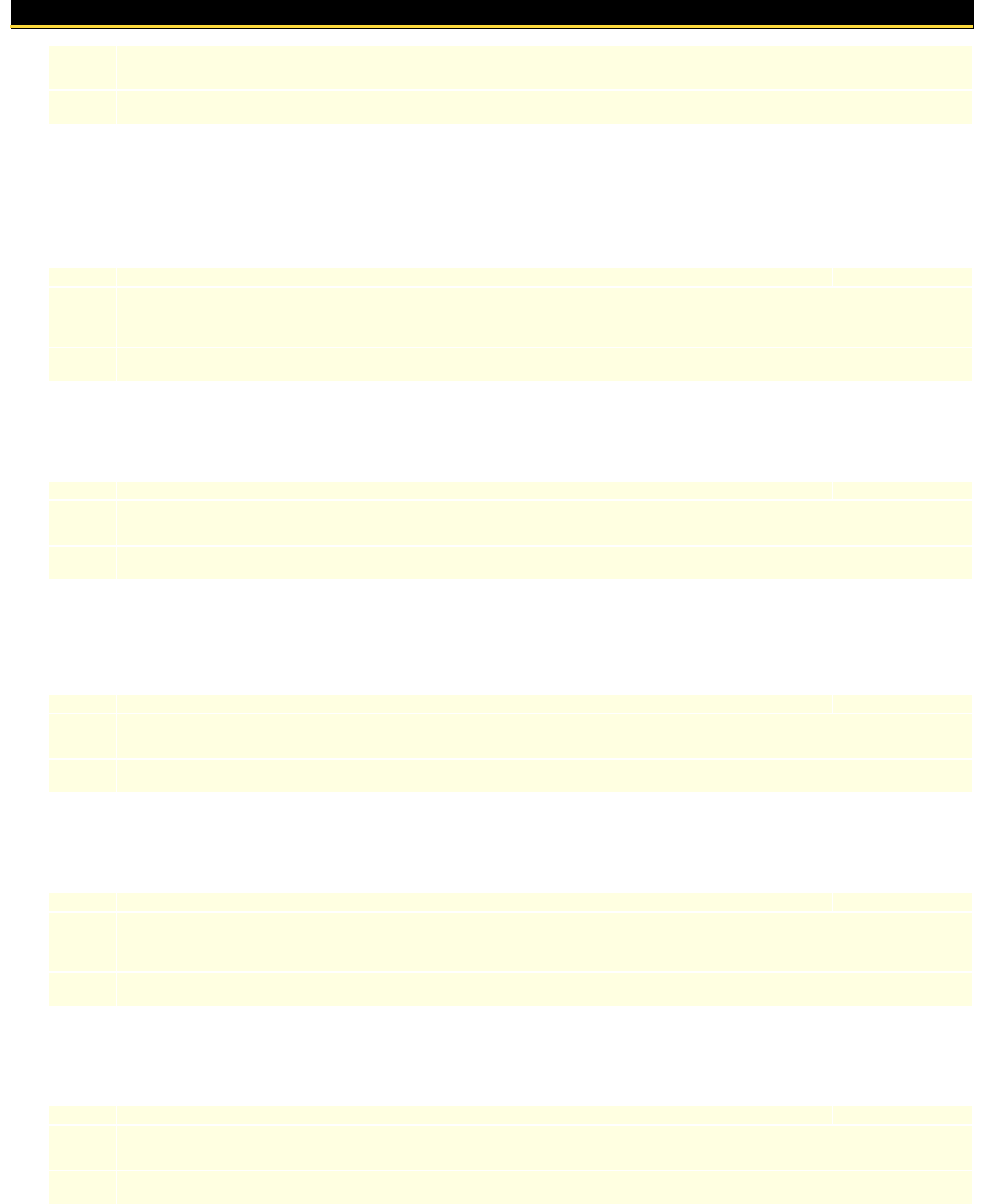
Examines the nature of teacher leadership and the impact on student learning within a school setting. Emphasis on the roles of teachers as agents
of positive and sustainable change.
Typically Offered:
Fall and Summer Terms
T ED 724 Teaching as Reflective Decision Making: Professional Development for 21st Century 3.00
Students clarify their professional needs and philosophies using understandings of current issues and license renewal processes, and reflective
tasks regarding their own practice. For Wisconsin teachers and other teachers building a professional development plan/portfolio, this course offers
support in identifying and reflecting on professional strengths and weaknesses in relation to standards in the field, and setting goals for professional
development, as required by license renewal under Wisconsin PI34. Course specifically supports professional development in relation to Wisconsin
teacher standards 1, 9, and 10 toward both the Professional and Master Educator licenses; and INTASC and National Board Standards.
Typically Offered:
Occasional by Demand
T ED 728 Diversity Exploration in a K-12 Setting 3.00
Examination of the issues related to inequities and inequalities in PK-12 classrooms. Explores diversity in education from an historical perspective
to inform teaching practices regarding race, culture, class, and gender. Considers power dynamics, pedagogy, and ideologies that frame education
in our schools.
Typically Offered:
Fall, Spring, and Summer Terms
T ED 734 Current Developments in Student Learning and Their Applications 3.00
Study of foundational and recent theories in learning, motivation, and learning environments, and their practical implementation in today's array of
classroom. Focuses on how students learn and how to impact student engagement.
Typically Offered:
Fall, Spring, and Summer Terms
T ED 739 Workshop in Supervision of Student Teachers 1.00
Participants are informed of the policies, procedures and methods used in the supervision of student teachers at UW-Superior. Aimed primarily at
teachers who teach subjects and grade levels for which there are shortages of approved cooperating teachers.
Typically Offered:
Occasional by Demand
T ED 740 Seminar in Supervision of Student Teachers/Interns 2.00
Study of policies, procedures and methods used in supervision of student teachers and interns. Open to those who are actual or potential
supervisors of student teachers and interns, and is a requirement for teachers who will serve as cooperating teachers in the student teaching and
internship program.
Typically Offered:
Occasional by Demand
T ED 741 Using Educational Assessment to Inform Practice 3.00
Study of the principles followed in constructing, using and analyzing formal and informal assessment tasks, tools, standardized tests and results of
educational research in the classroom.
Typically Offered:
Fall, Spring, and Summer Terms
T ED 744 Trends in Curricular and Instructional Practices 3.00
Engages teachers in analyzing and reflecting on current developments and practices in curriculum planning and instructional strategies in k-12
classrooms.
Typically Offered:
Fall, Spring, and Summer Terms
T ED 750 Foundations of Action Research 3.00
Emphasizes research methodology and topics specific to the field of education. Students develop an action research project surrounding
educational issues in a classroom, program, or site through a single subject design (in quantitative, qualitative, or mixed methods). The focus is on
creating an action research proposal and plan that addresses existing research and current needs.
Typically Offered:
Fall and Spring Terms
T ED 752 Action Research Project 3.00
Implementation of an action research project through data collection, data analysis, and evaluation of a plan of action. The completed project is
written and presented to constituents (faculty, staff, students, and/or site). Cross listed with SPED 784
Typically Offered:
Fall and Spring Terms
T ED 754 School Law for Classroom Teachers 3.00
Study the legal framework within which all school employees must operate. Emphasis on laws and sources of laws which affect students, teachers,
and instruction.
Typically Offered:
Fall and Spring Terms
Official 2019-21 Graduate UW-Superior Catalog: Academic Departments: Department of Education
The Board of Regents of the University of Wisconsin System | 84 of 228
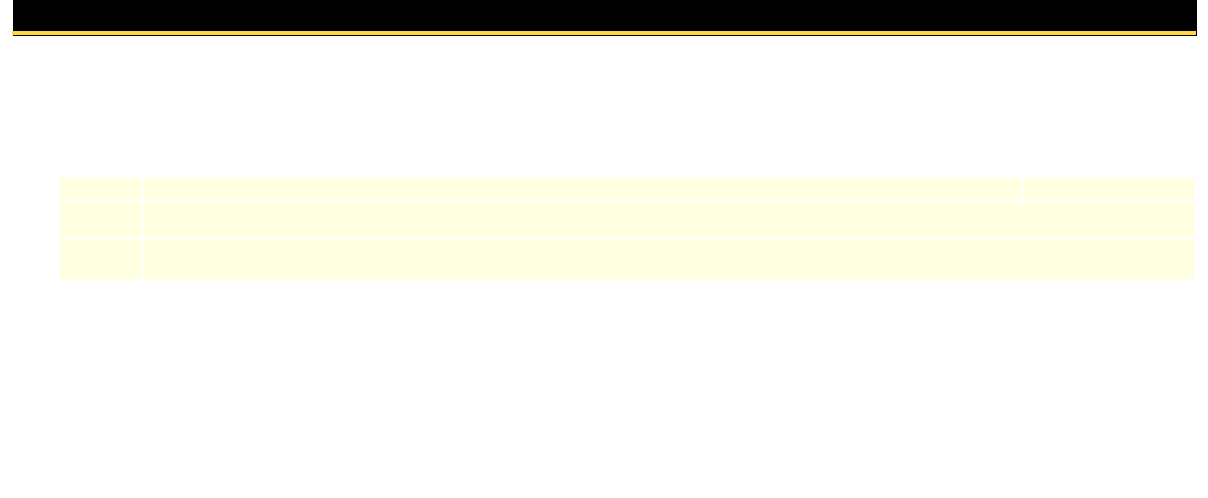
T ED 781 Independent Study 1.00 - 4.00
Specially designed studies to allow the graduate student to pursue specific areas of need or interest. Approval of the topic of study and the plan of
study by the instructor directing the study is required before enrollment.
Typically Offered:
Occasional by Demand
T ED 789 Teacher Education Elective 1.00 - 99.00
Teacher Education Elective
Typically Offered:
Occasional by Demand
Contact Information
University of Wisconsin - Superior
Belknap and Catlin Ave.
P.O. Box 2000
Superior, WI 54880
Official 2019-21 Graduate UW-Superior Catalog: Academic Departments: Department of Education
The Board of Regents of the University of Wisconsin System | 85 of 228
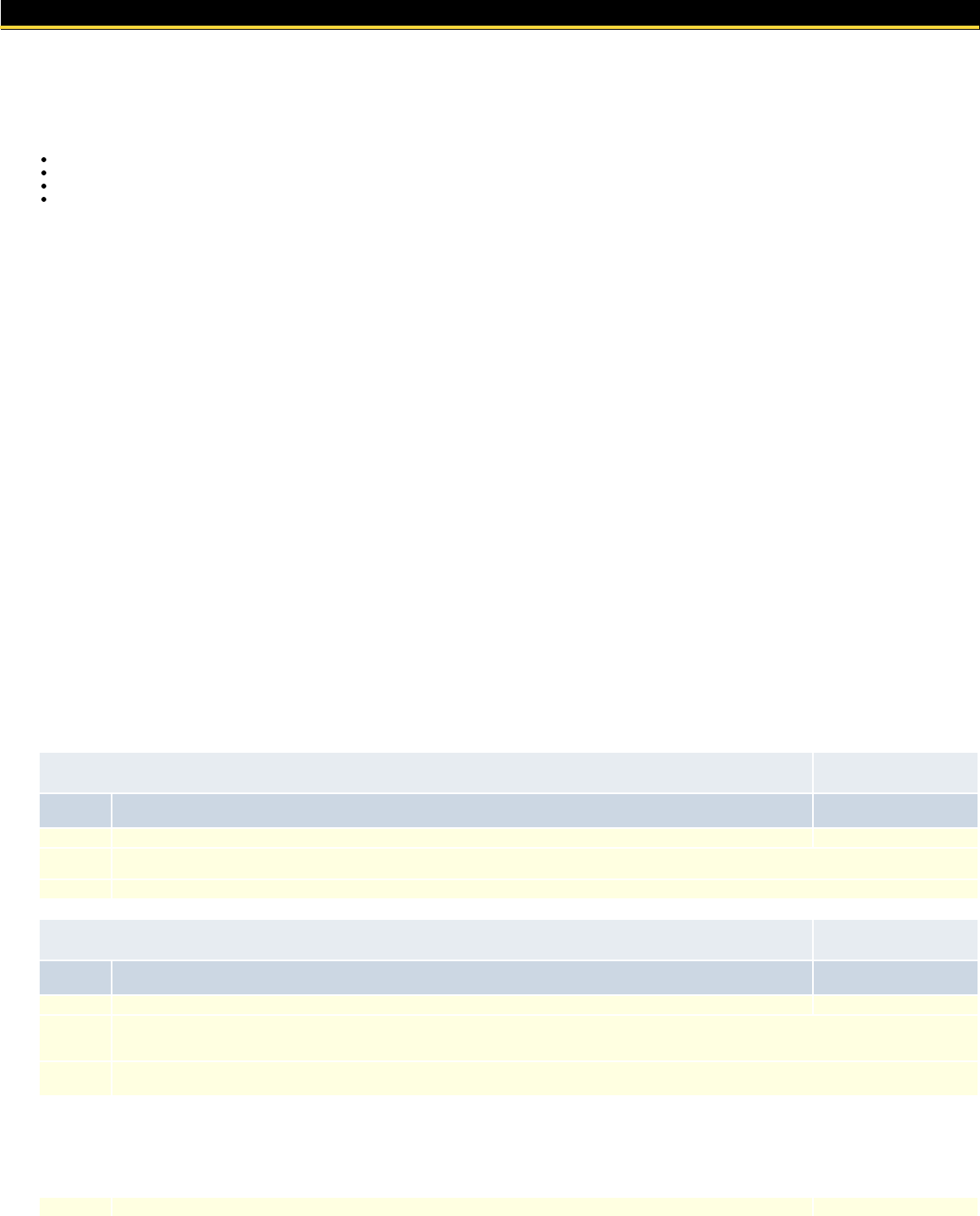
Health and Human Performance
Mission Statement
Faculty and Staff
Course Descriptions
Health and Human Performance Department Contact Information
Mission Statement
The mission of the Health and Human Performance Department is to provide students with a knowledge base, creating a positive attitude and lifelong skills in
the seven dimensions of wellness: physical, intellectual, emotional, spiritual, career, social and environmental (i.e. personal health) as part of the liberal arts
educational foundation. Programs in the Health and Human Performance Department seek to serve all students in a caring educational environment toward
liberal arts studies in physical education and health and/or pre-professional studies as physical education, health, early childhood, and special education
teachers or non-teaching allied health professionals.
Faculty and Staff
Bell, Christopher - Lecturer
Carlson, Glenn - Asst Professor
Engstrom, Jeffrey - Associate Professor
Geidner, James - Assoc Prof, Early Childhood
Johnson, Jay - Associate Professor
Kroll, David - Assistant Professor
Lebard-Rankila, Kim - Sr Lecturer
Lisdahl, Robin - Academic Dept. Assoc.
Mulhern, Donald - Lecturer
Otterson, David - Lecturer
Reinertsen, Raymond - Senior Lecturer
Simpson, William - Associate Professor
Weets, Darci - Lecturer
Course Descriptions
COAC - Coaching
Catalog
Nbr.
Course Title/Course Topics Credits
COAC 689 Coach Elective 1.00 - 12.00
Transfer credits ONLY from another accredited institution not equivalent to a UW-Superior course.
Typically Offered:
HHP - Health and Human Performance
Catalog
Nbr.
Course Title/Course Topics Credits
HHP 521 Adapted Human Performance (PE) 2.00
Activity selection, curricular development and program implementation in teaching exceptional/special needs students. Includes hands-on
intervention with exceptional/special needs students.
Typically Offered:
Fall Term Only
HHP 540 Organization and Administration of Human Performance, Health & Athletics 3.00
Techniques, procedures, and principles of organizing and administering human performance, allied health and athletic programs. Emphasizes
administrative structure, legal liability, and facilities management.
Typically Offered:
Fall and Spring Terms
HHP 541 Principles and Theory of Coaching 2.00
Official 2019-21 Graduate UW-Superior Catalog: Academic Departments: Health and Human Performance
The Board of Regents of the University of Wisconsin System | 86 of 228
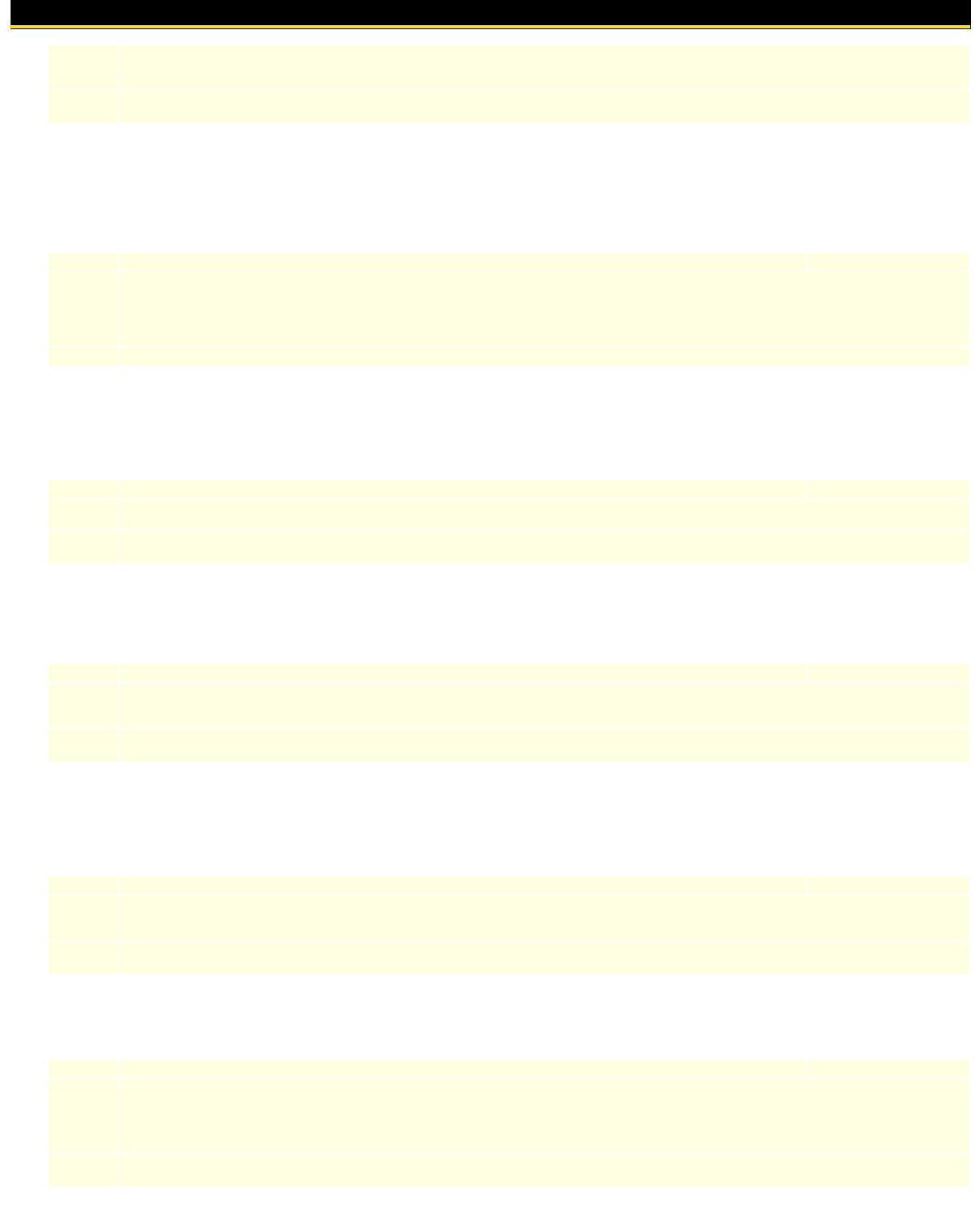
Analysis of the role of the coach, including the latest information concerning legal liability, administration/organizational responsibilities; various
coaching philosophies, diverse personalities of athletes, developing team cohesion, psychology of coaching and teaching techniques.
Typically Offered:
Spring Term Only
HHP 562 Kinesiology 3.00
Review of materials associated with basic muscle identification, origin, insertion, and muscle function. Students will learn functional concepts
associated with agonist and antagonist, the primary lever systems, how the upper and lower chains of the body assist with function from birth to the
older age, and how basic biomechanics of daily function assists with or limits everyday activities and overall health. Virtual lab style activities are
used to enhance the learning environment and link knowledge to practical application of skills.
Typically Offered:
Spring Term Only
HHP 563 Exercise Physiology 3.00
Introductory lecture and laboratory course examining the acute and chronic physiological responses to exercise. The lecture portion covers the
sub-cellular and metabolic responses to exercise, followed by the systemic responses (neuromuscular, endocrine, cardiopulmonary) as well as
body composition, environmental factors, gender, aging and training principles. The laboratory section allows students to accent the lecture portion
with hands-on laboratory experiences.
Typically Offered:
HHP 566 Principles Of Nutrition 3.00
Lecture-discussion course covering the basics of human nutrition including the macro and micro nutrients, the role of nutrition in health, weight loss
and weight gain practices, erogenic aids and supplements. Also addresses nutrition through the lifespan and global implications. Students
required to complete a comprehensive research paper.
Typically Offered:
Fall Term Only
HHP 567 Human Sexuality 3.00
Covers the biological, sociological, and psychological dimensions of human sexuality. Special emphasis on the education aspects.
Typically Offered:
Spring Term Only
HHP 622 Adaptive Human Performance (PE) Fieldwork 1.00 - 8.00
Work experience with exceptional/special needs individuals. Each credit equals approximately 36 hours of on-the-job experience outside the
university.
Typically Offered:
Spring Term Only
HHP 624 Coaching Students with Special Needs 1.00 - 4.00
Theory, principles and practical application of coaching sports for exceptional/special needs students. Instructor consent is required to enroll in this
course. On demand.
Typically Offered:
Fall Term Only
HHP 638 Measurement and Evaluation for Human Performance 2.00
Introduction to the field of measurement, evaluation and research in human performance. Students are required to complete an independent
research project related to their intended profession. Basics of a research proposal, Institutional Review Board and power point presentations are
covered.
Typically Offered:
Spring Term Only
HHP 656 Foundations of Sport and Exercise Psychology 2.00
Psychological and scientific principles as they pertain to understanding participants, sport and exercise environments, group processes, and
performance, enhancing health and well-being and facilitating psychological growth and development.
Typically Offered:
Fall Term Only
HHP 660 Cardiovascular Diagnostics 3.00
Introductory survey of theoretical considerations and practical applications of electrocardiography and other cardiac interventions.
Typically Offered:
Fall Term Only
HHP 669 Pathophysiology of Disease\Prevention and Control 3.00
Introductory course of basic pathophysiology including epidemiological basics, infectious and non-infectious diseases, systemic responses, and an
in-depth study of the leading causes of death in the United States and Canada (coronary heart disease, cancer, pulmonary disease), as well as
common disorders (muscular, skeletal, neurological, gastrointestinal, urological and reproductive systems.) Students are required to complete a
comprehensive research paper.
Typically Offered:
Spring Term Only
HHP 670 Community and Environmental Health 3.00
Official 2019-21 Graduate UW-Superior Catalog: Academic Departments: Health and Human Performance
The Board of Regents of the University of Wisconsin System | 87 of 228
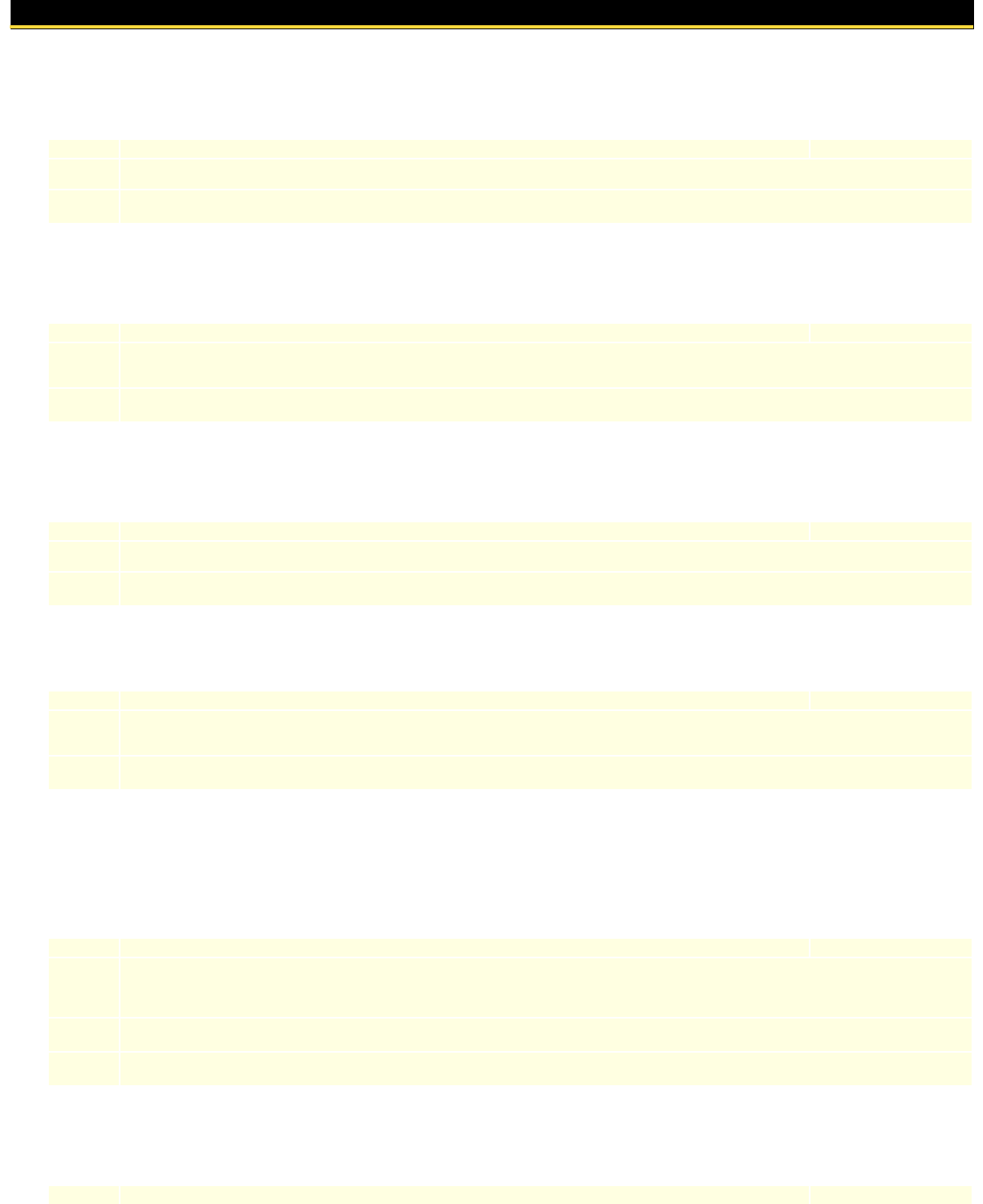
Survey of health and environmental issues as they relate to the global community. The organizations, resources and personnel involved in
promotion and maintenance of the health of a community. Also examines health education theories as they relate to creating a professional health
promotion plan.
Typically Offered:
Fall Term Only
HHP 671 Senior Seminar: Community Health Promotion 3.00
Development, implementation, and administration of community health promotion programs. Instructor consent is required.
Typically Offered:
Occasional by Demand
HHP 690 Independent Study 1.00 - 6.00
Intensive investigation of various phases, trends and/or programs in health or human performance. Each student presents a thorough paper on a
selected phase, trend or problem in human performance.
Typically Offered:
Fall and Spring Terms
HHP 691 Fieldwork 1.00 - 12.00
Varied opportunities to work in field settings. Each credit equals approximately 36 hours of on-the-job experience outside the university. Normally
open to juniors and seniors. Instructor consent is required to enroll in this course. Instructor consent is required.
Typically Offered:
Fall and Spring Terms
HHP 692 Experiential Learning 1.00 - 12.00
Credit for certain non-classroom experiences on campus. Normally open to juniors and seniors. Credit for experience is normally sought prior to its
occurrence. Instructor consent is required to enroll in this course. Instructor consent is required.
Typically Offered:
Fall and Spring Terms
HHP 694 Workshop 1.00 - 8.00
Short-term, activity/health oriented course in a specialized area. Instructor consent is required to enroll in this course. Instructor consent is required.
Typically Offered:
Fall and Spring Terms
HHP 695 Current Topics Seminar 1.00 - 12.00
Advanced seminar on major contemporary developments in the area of human performance and athletics.
Typically Offered:
Occasional by Demand
HHP 696 Internship 10.00 - 20.00
On-the-job experience with community agencies to provide students with realistic opportunities to apply their skills to practical problems. A student
must work at a site a minimum of 450 hours to receive internship credit. Field Experiences Director's consent is required to enroll in this course.
Typically Offered:
Fall and Spring Terms
HHP 700 Research Seminar 3.00
Advanced seminar to instruct students on the procedures and sources for obtaining the latest information in the field and to provide a forum for
discussion of advances in the field. Emphasis on library research, bibliographic data retrieval, writing a seminar paper, and oral presentation of the
seminar paper.
Prerequisites:
Consent of cooperating Instructor and Department Chair.
Typically Offered:
Occasional by Demand
HHP 701 Legal Liability in Human Performance and Athletics 3.00
Case study approach to liabilities that may be encountered by schools and community agencies in their human performance, athletic, intramural
and recreational programs. Interpretation of legal precedents and their implications for the organization and management of sports, including,
equipment, facilities, supervision, transportation, and handling of injuries.
Prerequisites:
Consent of cooperating Instructor and Department Chair.
Typically Offered:
Occasional by Demand
HHP 702 Administration of Athletics 3.00
Independent study of the administrative techniques, policies and procedures necessary to successfully administer athletic programs, including
current administrative problems.
Typically Offered:
Occasional by Demand
HHP 703 Supervision of Human Performance 3.00
Official 2019-21 Graduate UW-Superior Catalog: Academic Departments: Health and Human Performance
The Board of Regents of the University of Wisconsin System | 88 of 228
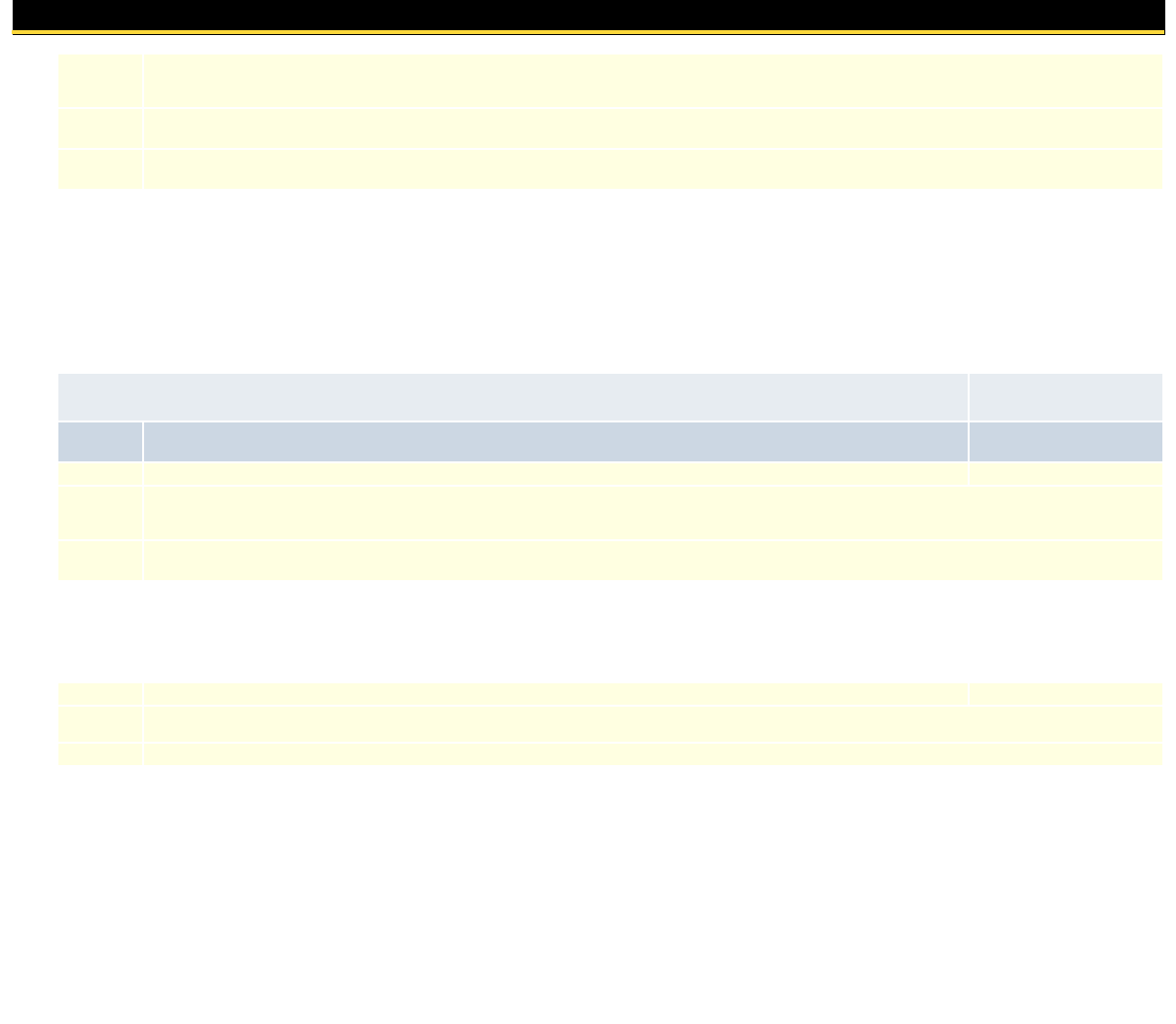
History, philosophy, principles and techniques of supervising human performance in the elementary and secondary schools. Professional qualities
and preparation of supervisors of student teachers in human performance will also be included.
Prerequisites:
Consent of cooperating Instructor and Department Chair.
Typically Offered:
Occasional by Demand
HHP 704 Human Performance Curriculum Development 3.00
Current types of instructional programs in elementary, middle and senior high schools. Emphasizes techniques of planning functional human
performance curricula considering facilities and staff.
Prerequisites:
Consent of cooperating Instructor and Department Chair.
Typically Offered:
Occasional by Demand
HLTH - Health
Catalog
Nbr.
Course Title/Course Topics Credits
HLTH 568 Drugs, Health and Human Behavior 3.00
Current, accurate and documented information about drugs and their use and abuse. Attention will be given to understanding drug abuse, family,
prevention, intervention, treatment, and drug-specific information.
Typically Offered:
Spring Term Only
HLTH 572 Consumer Health 2.00
Principles of consumerism are discussed and analyzed with regard to health care products and interventions.
Typically Offered:
Spring Term Only
HLTH 589 Health Elective 1.00 - 9.00
Transfer credits ONLY from another accredited institution not equivalent to a UW-Superior course.
Typically Offered:
Health and Human Performance Department Contact Information
Health and Human Performance Department
University of Wisconsin - Superior
Marcovich Wellness Center 1402
Belknap and Catlin Ave.
P.O. Box 2000
Superior, WI 54880
Phone: 715-395-4673
Email:
Official 2019-21 Graduate UW-Superior Catalog: Academic Departments: Health and Human Performance
The Board of Regents of the University of Wisconsin System | 89 of 228
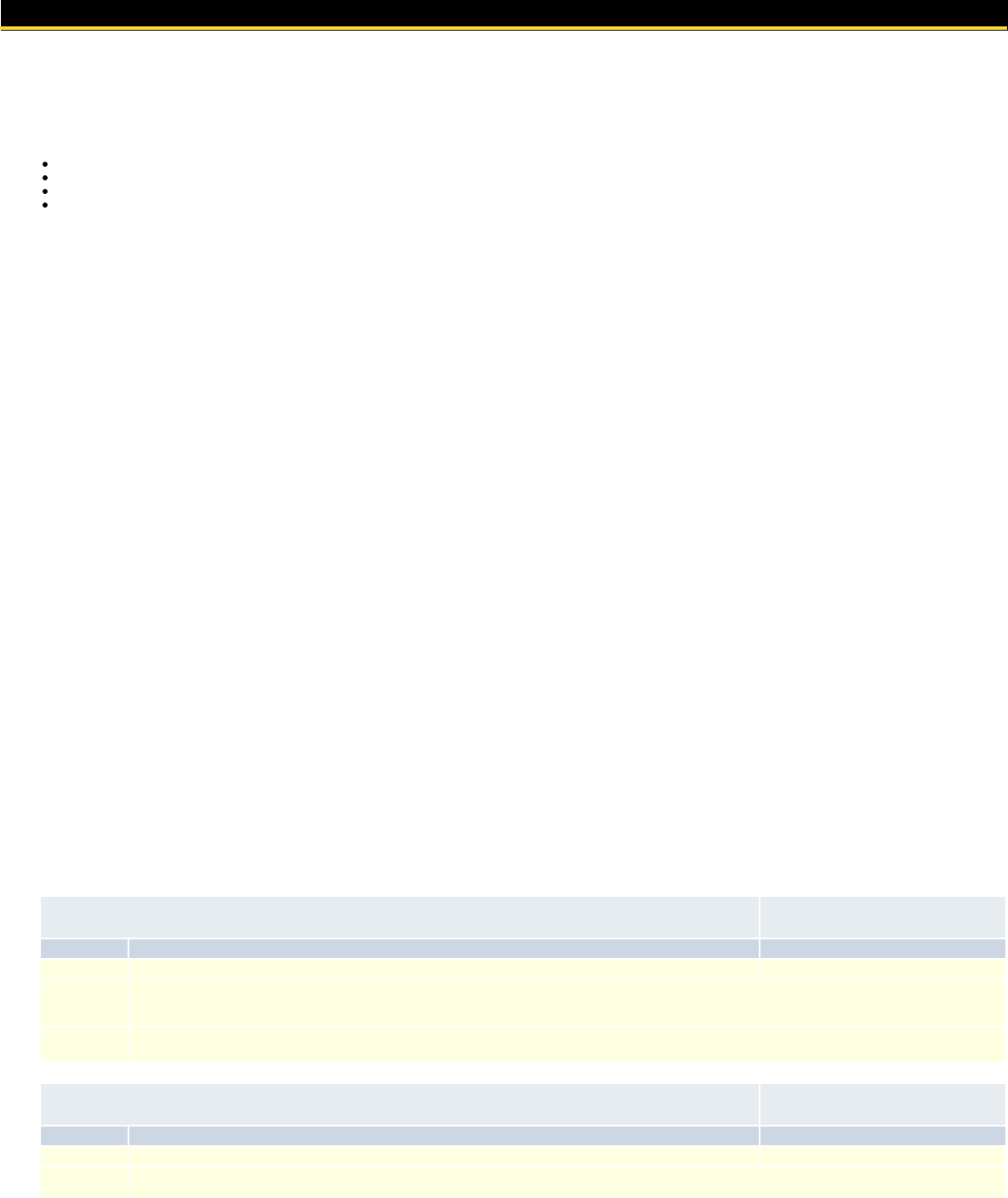
Human Behavior, Justice and Diversity
Mission Statement
Faculty and Staff
Course Descriptions
Human Behavior, Justice and Diversity Department Contact Information
Mission Statement
Human Behavior, Justice and Diversity Department is a multi-disciplinary department housing Social Work, Psychology, Legal Studies and First Nations Studies.
Faculty and Staff
Beal, Alvin - Asst Prof, 1st Nation Studies
Blue, Elizabeth - Prof, Social Work
Bolton Holz, Kenna - Asst Professor, Psychology
Cuzzo, Maria - Professor, PhD, JD, Mediator
Fena, Andrew - Senior Lecturer
Geary, Erin - Senior Lecturer
Goerdt, Lynn - Asst Professor, Social Work
Heehn, Ashley - Lecturer
Johnson, Gary - Asst Professor, First Nation
Johnson, Margaret - Univ Svcs Assoc 2, HBJD
Jones, Daniel - Sr Lecturer, First Nation
Keveles, Gary - Professor, Crim Jus (Legal St)
Larson, Emily - Senior Lecturer
Lewandowski, Diane - University Svcs Program Assoc
Munger, Mark - Sr Lecturer, Legal Studies
O'Connor, Christopher - Asst Professor, Crim Justice
Peterson, Dawn - Senior Lecturer
Pinnow, Eleni - Asst Prof, Psychology
Rappley-Larson, Maureen - Assistant Professor, HBJD
Roth Day, Monica - Assoc Prof, Social Work
Schmalzried Schmidt, RaLynn - Asst. Professor (Psychology)
Skwira-Brown, Kevin - Senior Lecturer, Social Work
Stocker, Shevaun - Assoc Professor, Psychology
Weber, Carolyn - Sr Lecturer, Social Work
Woerle, Sandra - Sr Lecturer, Legal Studies
Wright, George - Professor, Political Science
Course Descriptions
FNS - First Nation Studies
Catalog Nbr. Course Title/Course Topics Credits
FNS 686 Special Topics 1.00 - 4.00
In-depth study of specialized current topics in First Nations Studies selected by the instructor. May be repeated for credit when instructor and/or
topics are different. Instructor's approval required.
Typically Offered:
Fall and Spring Terms
PSYC - Psychology
Catalog Nbr. Course Title/Course Topics Credits
PSYC 789 Psychology Elective 1.00 - 99.00
Transfer credits ONLY from another accredited institution not equivalent to a UW-S course.
Official 2019-21 Graduate UW-Superior Catalog: Academic Departments: Human Behavior, Justice and Diversity
The Board of Regents of the University of Wisconsin System | 90 of 228

Typically Offered:
Human Behavior, Justice and Diversity Department Contact Information
Human Behavior, Justice and Diversity Department
University of Wisconsin - Superior
Swenson Hall 3113
Belknap and Catlin Ave.
P.O. Box 2000
Superior, WI 54880
Phone: 715-394-8158
Email:
Official 2019-21 Graduate UW-Superior Catalog: Academic Departments: Human Behavior, Justice and Diversity
The Board of Regents of the University of Wisconsin System | 91 of 228
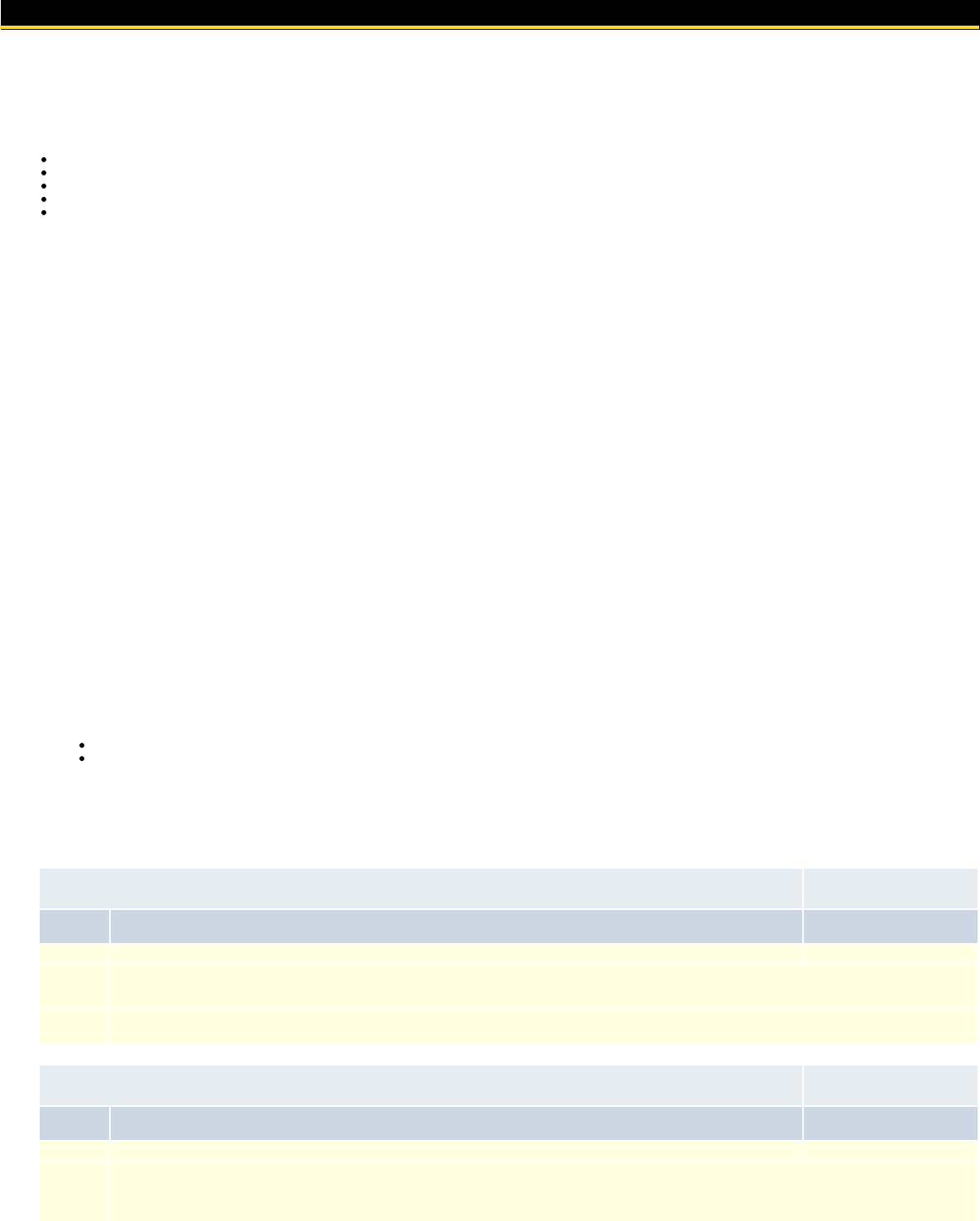
Mathematics and Computer Science
Mission Statement
Faculty and Staff
Degrees
Course Descriptions
Mathematics and Computer Science Department Contact Information
Mission Statement
UW-Superior's Mathematics and Computer Science Department provides majors and minors in Computer Science, Mathematics, and Mathematics Education.
The programs provide a core of fundamental courses along with an array of electives that enable students to pursue special interests. Using this versatile, highly
regarded program, students can choose a major, minor, certification or associates degree that prepares them for a career or graduate study in Computer
Science, Mathematics, Information Technology and Systems, Engineering or Mathematics Education.
Faculty and Staff
Bezroukov, Serguei - Professor
Glesener, Kristopher - Senior Lecturer
Gu, Xiaofeng - Assistant Professor
Kahler, Heather - Senior Lecturer
Khoroosi, Hossain - Sr Lecturer, Mathematics
Leck, Uwe - Associate Professor
Lynch, Shaun - Professor, Info Technology
Lynch, Patser - Academic Department Associate
Rosenberg, Steven - Associate Professor
Scott, Chad - Professor and Department Chair
Toscano, Marilyn - Senior Lecturer
Tucker, Shin-Ping - Associate Professor
Degrees
Master of Science in Cybersecurity
Master of Science in Information Technology Management
Course Descriptions
CSCI - Computer Science
Catalog
Nbr.
Course Title/Course Topics Credits
CSCI 681 Special Topics 1.00 - 4.00
Graduate level investigation of one or more topics of current interest. Not intended for independent study projects. May be repeated, but no more
than a total of eight credits may be earned from both MATH 681 and CSCI 681.
Typically Offered:
Occasional by Demand
CYB - Cybersecurity
Catalog
Nbr.
Course Title/Course Topics Credits
CYB 700 Cybersecurity Fundamentals 3.00
ntroduces fundamental concepts and design principles in cybersecurity. Students will understand what, why, and how to protect in the cyberworld.
Topics include CIA (Confidentiality, Integrity, and Availability), threats, attacks, defense, least privilege, access control and password management,
security policies, critical controls, incident-handling and contingency planning, risk assessment and management.
Official 2019-21 Graduate UW-Superior Catalog: Academic Departments: Mathematics and Computer Science
The Board of Regents of the University of Wisconsin System | 92 of 228
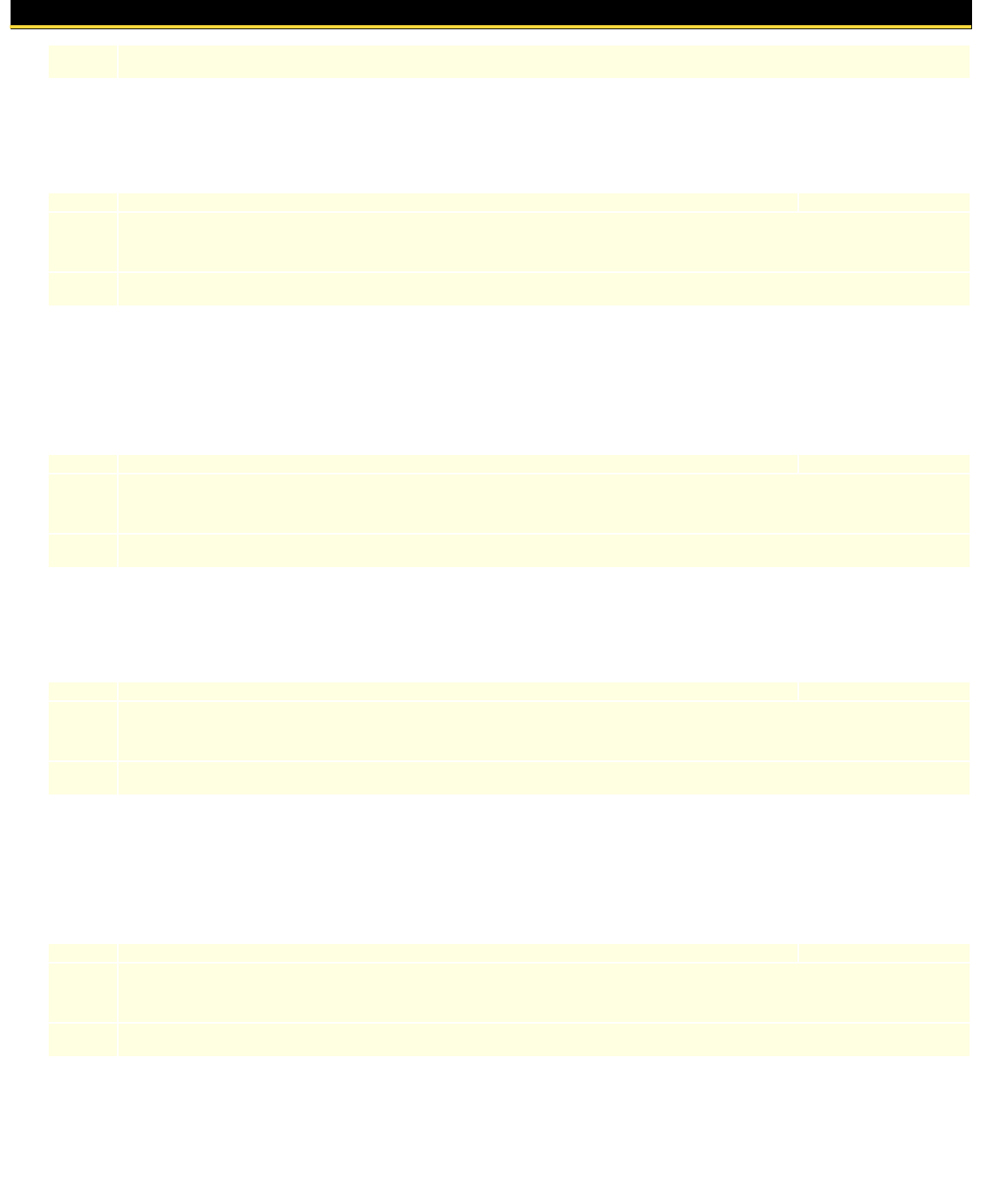
Typically Offered:
Fall, Spring, and Summer Terms
CYB 703 Network Security 3.00
xamines network architectures, threats and attack surfaces exploited by these threats. Students will look at network traffic inspection, common
attacks and defensive techniques like encryption, network segmentation, firewalls, application proxies, honeypots, DMZs, monitoring networks
using: intrusion detection and intrusion prevention systems, and network access control.
Typically Offered:
Fall, Spring, and Summer Terms
CYB 705 Cybersecurity and Society 3.00
Presents the principles of applied sociology that account for the human factors in security systems. Topics include an examination of the human
role in cybersecurity, the role of security in the context of an organization, and a special focus on the development and implementation of
cybersecurity policies.
Typically Offered:
Fall, Spring, and Summer Terms
CYB 707 Cybersecurity Planning 3.00
Instruction on the process used to develop and maintain appropriate security levels for an organization with a focus on implementing a
comprehensive security program, a documented set of security policies, procedures, guidelines, and standards. Topics include security planning,
strategies, controls, and metrics for measuring the effectiveness.
Prerequisites:
CYB 700 prerequisite
Typically Offered:
Fall, Spring, and Summer Terms
CYB 710 Introductory Cryptography 3.00
Fundamentals of applied cryptography, including encryption and decryption, symmetric and asymmetric systems, pseudorandom functions, block
ciphers, hash functions, common attacks, digital signatures, key exchange, message authentication and public key cryptography. Implemen-tation
of cryptographic systems in an approved programming language. Survey of relevant math-ematical concepts, including elementary number theory.
Typically Offered:
Fall, Spring, and Summer Terms
CYB 715 Managing Security Risk 3.00
Covers risk management processes and tools, risk assessment and analysis models, economic and control implications, risk measurement, and
the ethics of risk. Students will communicate the technical and management-aspects of risk, based on research of their chosen industry, related
regulation, recent industry reports, and risk implications to organizations, individuals and the nation.
Typically Offered:
Fall, Spring, and Summer Terms
CYB 720 Communication in Cybersecurity 3.00
Research, organize, and present technical information to audiences with varying goals and technical needs. Emphasis on ethics, critical thinking,
listening skills, and feedback to develop effective messages utilizing verbal and nonverbal communication strategies and visual aids. Individual
and group presentations and projects will emulate professional scenarios in cybersecurity.
Typically Offered:
Fall, Spring, and Summer Terms
CYB 725 Computer Forensics 3.00
This course provides instruction on the investigative and forensics processes of digital evidence with a focus on identifying indicators of
compromise, the use of common forensics tools, and the preservation of forensics tools. Topics include forensics iconology, and the analysis of
disk, memory, chip-off, mobile device, and OS artifacts.
Prerequisites:
Successful completion of CYB 700, 703
Typically Offered:
Fall, Spring, and Summer Terms
CYB 730 Computer Criminology 3.00
A primer on modern criminology with specific attention to the aspects of technology that facilitate criminal behaviors. Topics include computer
crime laws, criminological theories of computer crime, court room and evidentiary procedure, idiographic and nomothetic digital profiling, computer
crime victimology, habit/authorship attribution, stylometry, and case linkage analysis.
Typically Offered:
Fall, Spring, and Summer Terms
CYB 735 Network Forensics 3.00
Covers protocol analysis, identification of malicious behavior in systems, and forensic investigations through event log aggregation, correlation
and analysis. Students will analyze clips of network protocol analysis to discern methods of attacks and malicious activities. Reviews wired and
wireless protocols and cover their associated attacks, with case studies involving protocol analysis, log analysis, and other tools.
Prerequisites:
Successful completion of CYB 703
Typically Offered:
Fall, Spring, and Summer Terms
Official 2019-21 Graduate UW-Superior Catalog: Academic Departments: Mathematics and Computer Science
The Board of Regents of the University of Wisconsin System | 93 of 228
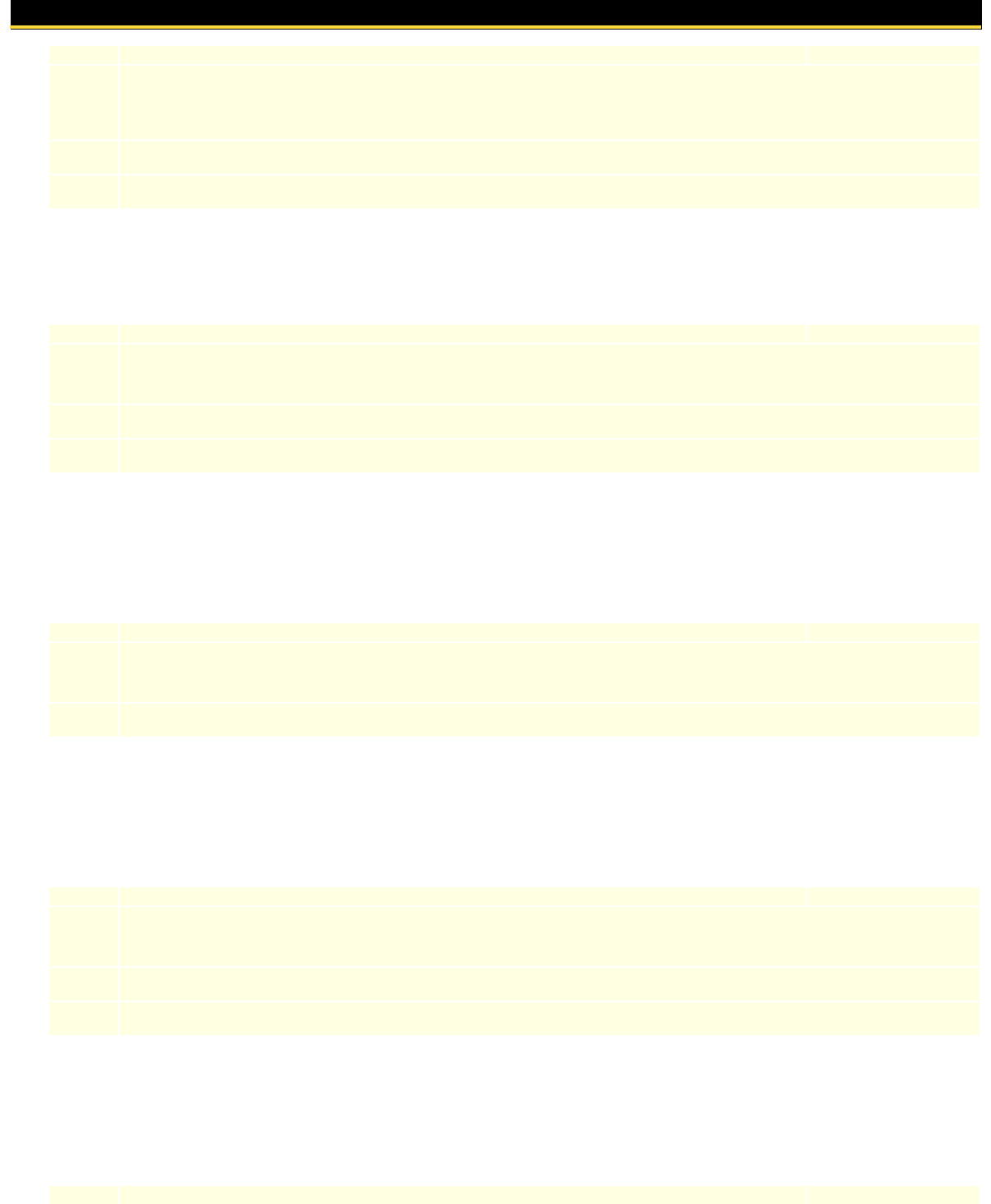
CYB 740 Incident Response and Remediation 3.00
Addresses how to set up an incident response system in an organization and the phases of an IR: Preparation, Identification, Notification,
Containment, and Eradication of the threat actors, and Recovery and Reporting to prevent future incidents. Students will learn about the use of
IDS and forensics, dealing with false alarms and the remediation process to minimize business impact, plan business continuity, and work with law
enforcement, auditors, insurance, and compliance.
Prerequisites:
Successful completion of CYB 700, 703, 705, 707, 715, 720
Typically Offered:
Fall, Spring, and Summer Terms
CYB 745 Secure Operating Systems 3.00
Covers operating systems security infrastructure. Topics include, for a given operating system (Windows/Linux), updates and patches, access
controls and account management, configuration management, hardening and securing services, and the use of scripting languages to automate
security management. Additional topics may include auditing and forensics, virtualization and cloud computing.
Typically Offered:
Fall, Spring, and Summer Terms
CYB 750 Offensive Security 3.00
This course includes active defenses such as penetration testing, log management, hacking, threat management and system posturing. Students
completing this course will have an understanding of, and the ability to preemptively secure computer and network resources by utilizing
information about threats, actors and attack vectors and the ethics behind using this data.
Prerequisites:
Successful completion of CYB 700, 703
Typically Offered:
Fall, Spring, and Summer Terms
CYB 755 Security Administration 3.00
Covers the policy and governance aspects of security. Topics include application of security policies, standards, procedures and guidelines to
administration of IT and communications, assessment of compliance including contractual, legal, industry standard, privacy and regulatory
requirements, and implementation of security audits and assessment of security performance and security policy efficacy.
Prerequisites:
Successful completion of CYB 700, 703, 705, 707, 715, 720
Typically Offered:
Fall, Spring, and Summer Terms
CYB 760 Leadership & Teams 3.00
Focuses on leadership best practices and the interpersonal processes and structural characteristics that influence the effectiveness of teams.
Emphasis will be placed on leadership models, principles of team building, group dynamics, problem solving, and crisis management in
cybersecurity issues. Course will include case studies of modern security incidents.
Typically Offered:
Fall, Spring, and Summer Terms
CYB 765 Cybersecurity Management 3.00
Covers management of cybersecurity policies and strategies at the organizational, national, and transnational levels. Examines the implications of
key domestic and international regulations and changes in information technology and communications on security operations. Includes
development of organizational security preparation, processes, and responses, and developing a disaster recovery program.
Prerequisites:
Successful completion of CYB 700, 703, 705, 707, 715, 720
Typically Offered:
Fall, Spring, and Summer Terms
CYB 770 Security Architecture 3.00
Focuses on security architectures for the protection of information systems and data. Students completing this course can identify potential
vulnerabilities in system architectures and design secure architectures. Topics include common enterprise and security architectures and their key
design elements, such as secure cloud computing and virtualization infrastructures.
Prerequisites:
Successful completion of CYB 703
Typically Offered:
Fall, Spring, and Summer Terms
CYB 775 Applied Cryptography 3.00
An in-depth study of modern cryptography. Topics include public key and private key cryptography, types of attacks, cryptanalysis, perfect
secrecy, hashing, digital signatures, virtual private networks, and quantum key cryptography. Topics from number theory and discrete probability
necessary for understanding current cryptosystems and their security will be covered.
Prerequisites:
Successful completion of CYB 710
Typically Offered:
Fall, Spring, and Summer Terms
CYB 780 Software Security 3.00
Official 2019-21 Graduate UW-Superior Catalog: Academic Departments: Mathematics and Computer Science
The Board of Regents of the University of Wisconsin System | 94 of 228
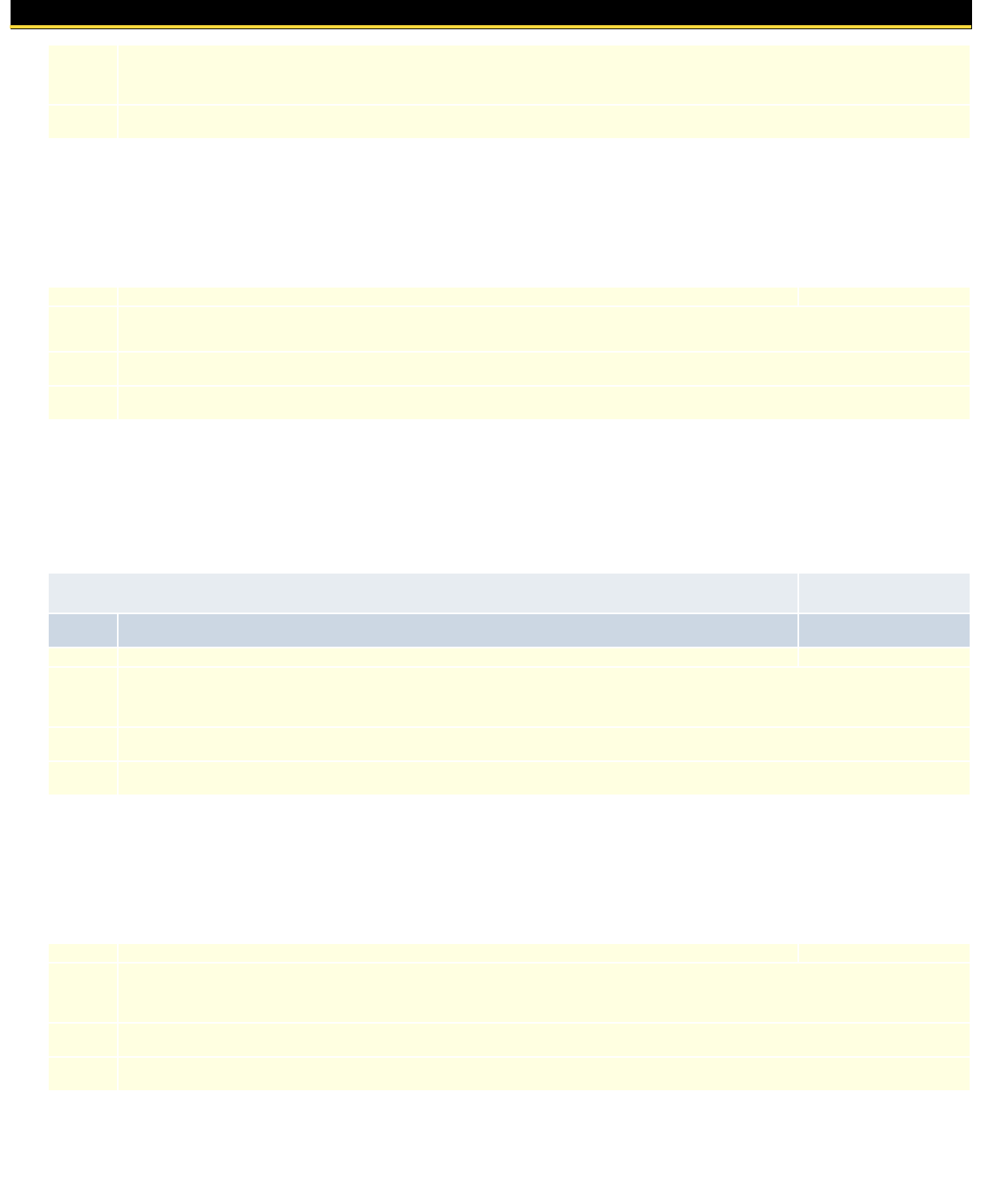
Covers the foundations of engineering secure applications, including techniques used to engineer secure software and assess the security of
applications. Topics include exploiting web vulnerabilities, secure development processes, implementing security features such as secure data
storage and transmission, threat modeling, security requirements, code analysis, and penetration testing.
Typically Offered:
Fall, Spring, and Summer Terms
CYB 785 Cyber-Physical Sys. Security 3.00
Covers the fundamentals and techniques to design and implement cyber-physical systems. Topics include the architecture of cyber-physical
systems, exploiting software vulnerabilities, secure coding, microservices security, cloud services security, reverse engineering, security
assessment of cyber-physical systems, and data analytics for security.
Prerequisites:
Successful completion of CYB 775
Typically Offered:
Fall, Spring, and Summer Terms
CYB 789 Cybersecurity Pre-capstone 3.00
Prepares student for capstone experience. Draws on skills learned, students will submit a written project proposal - with organization, timeline,
learning objectives, and specific deliverables identified – for faculty approval. This course is a pre-requisite for the capstone course.
Prerequisites:
Completion of CORE courses CYB 700, 703, 705, 707, 710, 715, 720, 725, 730, 740, 745, 750, 755, 760, 765, 770, 775, 780, 785
Typically Offered:
Fall, Spring, and Summer Terms
CYB 790 Cybersecurity Capstone 3.00
Students present project identified in Capstone Preparation and submit a written report plus oral presentation to both faculty and host organization.
Students will be assessed on clarity and content of written report and presentation.
Prerequisites:
Successful completion of CYB 789
Typically Offered:
Fall, Spring, and Summer Terms
ITM - Information Technology Management
Catalog
Nbr.
Course Title/Course Topics Credits
ITM 700 Communications for IT Professionals 3.00
This course focuses on developing communication skills for IT professionals. Students will learn how to deliver effective presentations, conduct
crucial conversations with stakeholders, and develop verbal and nonverbal communication skills emphasizing cultural sensitivity, diversity, and
ethics. Students will also conduct relevant research and critically evaluate information to make informed evidence-based decisions.
Prerequisites:
Admission to MS in Information Technology Management program
Typically Offered:
Fall, Spring, and Summer Terms
ITM 705 Leading the IT Function 3.00
This course focuses on the differences between and application of management and leadership theories in an IT environment. Utilizing an array of
assessment activities, students will identify and understand one’s own personal assets and liabilities to become an effective leader and agent of
change in a complex adaptive system.
Prerequisites:
Admission to MS in Information Technology Management program
Typically Offered:
Fall, Spring, and Summer Terms
ITM 710 Finance for IT Managers 3.00
This course will frame financial decisions within general and project accounting principles. Topics include: pro forma financial statements, time
value of money, cash flows and equivalence, depreciation, net present value, rate of return, and ratio analysis. Students will prepare budgets that
prioritize projects within constraints, address uncertainty and intangibles, and integrate with project scheduling.
Prerequisites:
Admission to MS in Information Technology Management program
Typically Offered:
Fall, Spring, and Summer Terms
ITM 715 Data Science 3.00
This course examines key data science concepts, methods, and processes. It addresses issues for developing, managing and supporting
data-driven decision-making in the organization and provides knowledge and tools for incorporating data science into IT project workflows. Topics
include, but are not limited to, data analytics, data warehousing, machine learning, and artificial intelligence.
Prerequisites:
Admission to MS in Information Technology Management program
Official 2019-21 Graduate UW-Superior Catalog: Academic Departments: Mathematics and Computer Science
The Board of Regents of the University of Wisconsin System | 95 of 228
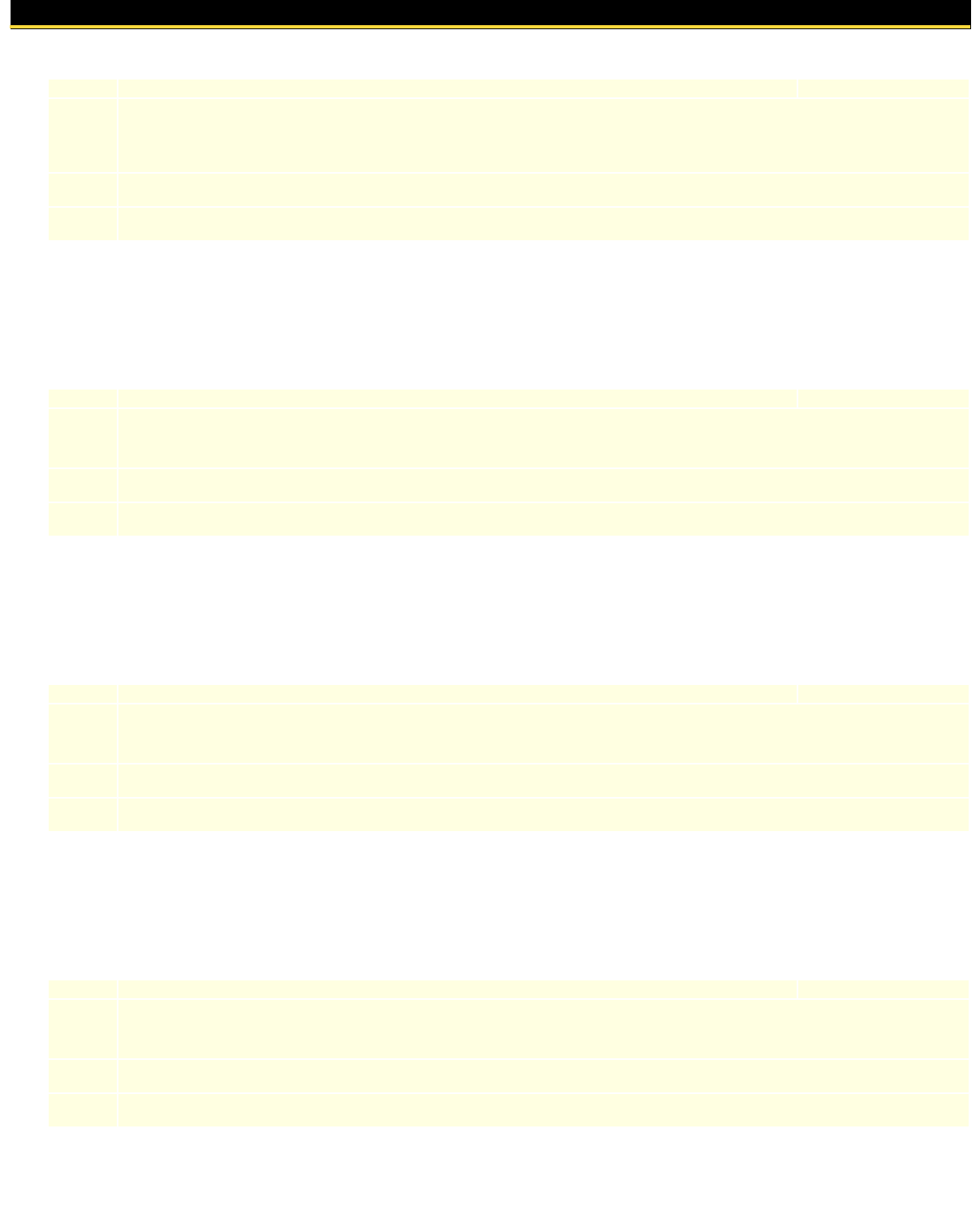
Typically Offered:
Fall, Spring, and Summer Terms
ITM 720 Cloud Computing and Enterprise Applications 3.00
Students will learn to leverage cloud services to streamline computing resources, deploy enterprise applications, improve user access and system
reliability, and utilize advanced computing capabilities. Foundation concepts include: virtualization, multi-tenant architecture, and software defined
networking. Examines the full range of services available to organizations along with deployment strategies, evaluation criteria, economic
justification, and manageability.
Prerequisites:
Admission to MS Information Technology Management Program and ITM 710.
Typically Offered:
Fall, Spring, and Summer Terms
ITM 725 Enterprise Security 3.00
Students will explore the technical, administrative, and physical aspects of IT security. They will investigate various threats within IT and fraud and
apply information classification to the design of information, network and physical security. Students will evaluate the business processes of risk,
business continuity, audit, and the risk within software development.
Prerequisites:
Admission to the MS Information Technology Management program and ITM 700
Typically Offered:
Fall, Spring, and Summer Terms
ITM 730 Agile and Traditional IT Project Management 3.00
This course examines project management concepts as applied to IT projects and covers traditional PMBOK techniques such as project
identification, selection, procurement, and cost/schedule preparation and monitoring. Students will be introduced to agile IT project management
concepts including Scrum and Extreme Programming. This course requires students to apply these concepts to group projects.
Prerequisites:
Admission to MS Information Technology Management Program and ITM 700 and 710.
Typically Offered:
Fall, Spring, and Summer Terms
ITM 735 Business Analysis and System Development 3.00
This course focuses on the importance, role, and techniques of the business analysis function in the modern IT organization. This course is
organized around the six knowledge areas and associated techniques of the Business Analysis Body of Knowledge (BABOK) specified by the
International Institute of Business Analysis.
Prerequisites:
Admission to the MS Information Technology Management program and ITM 730.
Typically Offered:
Fall, Spring, and Summer Terms
ITM 740 IT Operations 3.00
This course explores best practices and techniques for ensuring the smooth functioning of the IT infrastructure and operational environments to
support development and deployment of applications and services within the organization. Coverage includes network infrastructure; servers and
devices; computer operations; service management; facilities; help desk services, DevOps, and process automation.
Prerequisites:
Admission to the MS Information Technology Management program and ITM 735.
Typically Offered:
Fall, Spring, and Summer Terms
ITM 745 IT Governance, Ethics, and Regulatory Compliance 3.00
This course examines best practices in IT governance to achieve regulatory compliance, optimize use of available resources, ensure
trustworthiness of enterprise information, and support business strategies and objectives. Topics include: strategic alignment, IT service and
control frameworks, portfolio management, IT risk management, and ethical issues in IT governance.
Prerequisites:
Admission to the MS Information Technology Management program and ITM 735
Typically Offered:
Fall, Spring, and Summer Terms
ITM 750 Evaluation of Emerging Technologies 3.00
This seminar course researches, identifies and evaluates significant new trends, technologies and events influencing the global environment of
information technology and systems. The course will evaluate future and disruptive technologies, strategies for successful implementation of
innovative technologies, critical thinking, and ethics pertaining to its use
Prerequisites:
Admission to the MS Information Technology Management program and ITM 740.
Typically Offered:
Fall, Spring, and Summer Terms
ITM 754 Capstone Preparation 1.00
Students select their capstone project, create a plan, define deliverables, secure approval and complete setup of their development environment.
Students review concepts necessary for completion of the capstone including Agile project management, systems analysis and communicating
with technical and non-technical audiences. Additional topics may be included.
Official 2019-21 Graduate UW-Superior Catalog: Academic Departments: Mathematics and Computer Science
The Board of Regents of the University of Wisconsin System | 96 of 228
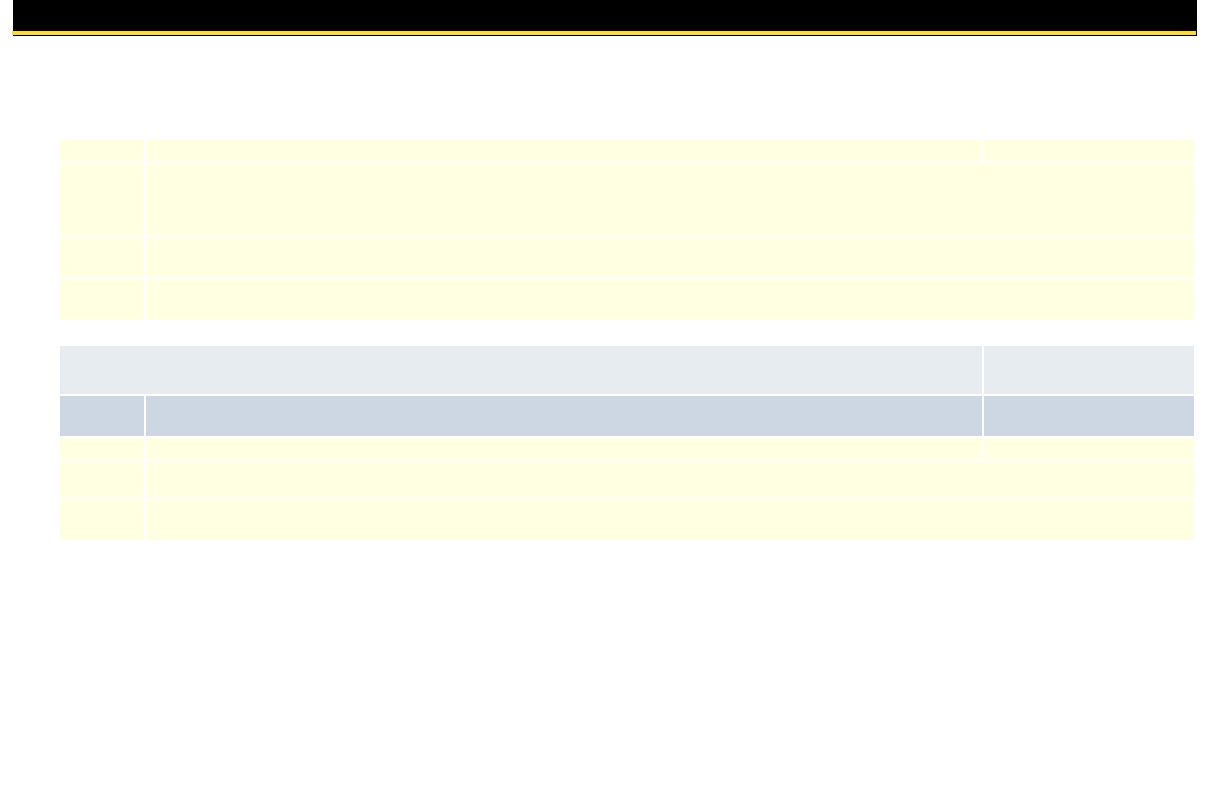
Prerequisites:
Admission to MS in Information Technology Management program
Typically Offered:
Fall, Spring, and Summer Terms
ITM 755 Capstone 3.00
In this course, students complete the projects approved in the Capstone Preparation course. This course includes the management, development
and delivery of an information technology project to a client or employer, including regular communication of status to both technical and
non-technical audiences
Prerequisites:
Admission to the MS Information Technology Management program and ITM 754
Typically Offered:
Fall, Spring, and Summer Terms
MATH - Mathematics
Catalog
Nbr.
Course Title/Course Topics Credits
MATH 681 Special Topics 1.00 - 4.00
In-depth study of specialized current topics in mathematical sciences. May be repeated when topics are different.
Typically Offered:
Occasional by Demand
Mathematics and Computer Science Department Contact Information
Mathematics and Computer Science Department
University of Wisconsin - Superior
Swenson Hall 3030
Belknap and Catlin Ave.
P.O. Box 2000
Superior, WI 54880
Phone: 715-394-8028
Email:
Official 2019-21 Graduate UW-Superior Catalog: Academic Departments: Mathematics and Computer Science
The Board of Regents of the University of Wisconsin System | 97 of 228
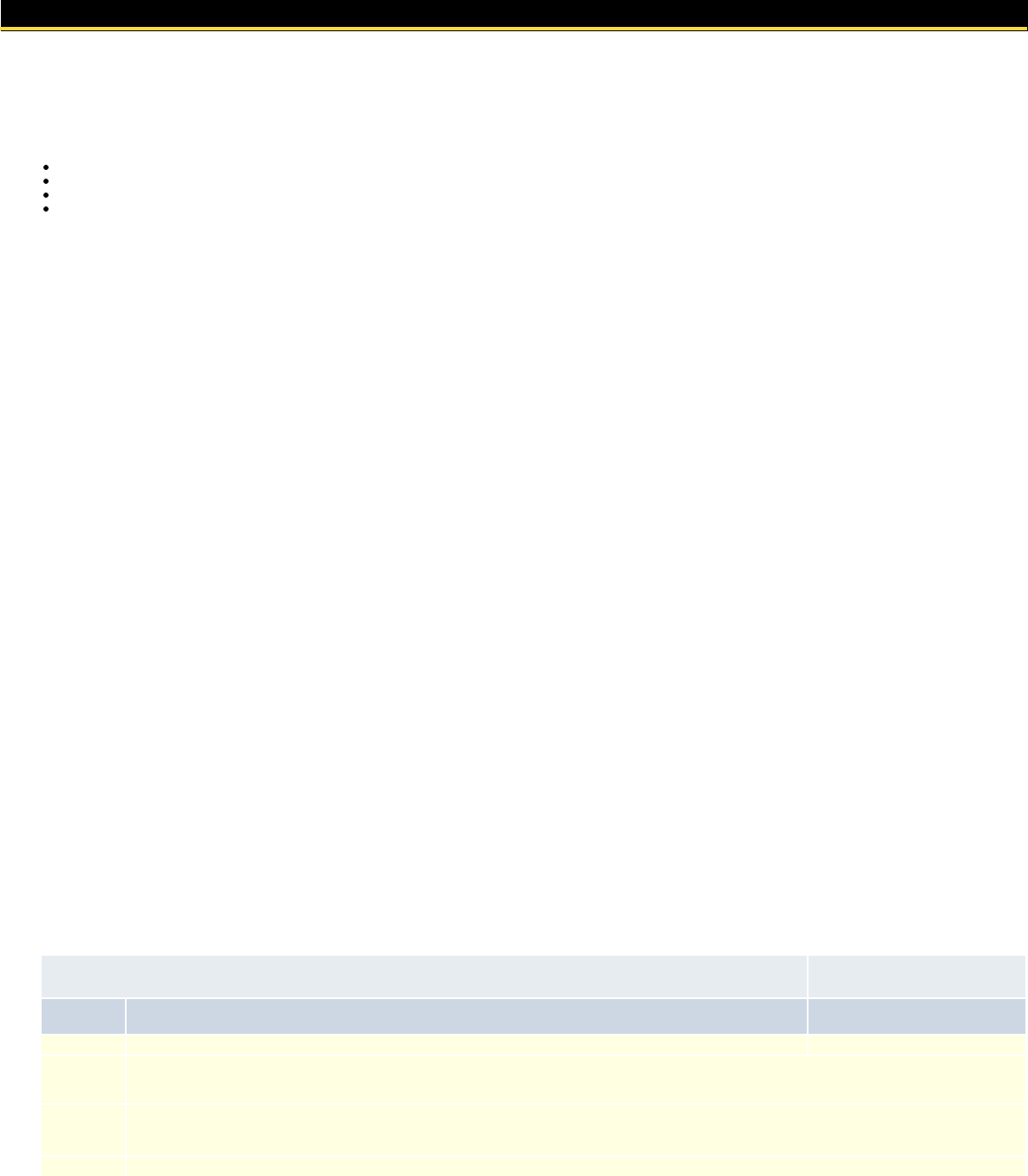
Music
Mission Statement
Faculty and Staff
Course Descriptions
Music Department Contact Information
Mission Statement
Accredited by the National Association of Schools of Music, the UW-Superior Music Department has a long-standing reputation for training excellent musicians.
This enables our graduates to gain admission to leading graduate schools and to hold positions as performers, teachers and professors throughout the United
States and abroad.
Faculty and Staff
Aldridge, Erin - Associate Professor
Berryhill, Dennis - Lecturer
Bombardier, Bradley - Senior Lecturer
Bustos, Nixon - Applied Music Critic
Bustos, Pamela - Assoc Professor/Dir of Bands
Deterling, Ian - Clerical Helper-LTE
Gibbens, Tracey - Sr Lecturer, App Music Critic
Gilbert, E Beth - Professor, Piano
Guderian, Lois - Asst Prof, Music Educ Coor
Hoeschen, Kevin - Senior Lecturer, Viola
Jones, Brett - Assoc Professor, Percussion
Kaiser, Tyler - Lecturer/Guitar/Composition
Lawrence, Sarah - Senior Lecturer, Music
Luzaich, Dana - Academic Dept Associate
Madison, Vicki - Associate Professor, Voice
Madison, Jeffrey - Lecturer
Moore, Gregory - Professor, Jazz Program
Olson, Matthew - Senior Lecturer, Music
Rausch, Deborah - Senior Lecturer, Applied Music
Roytz, Christina - Senior Lecturer
Salemink, Earl - Applied Music Lecturer
Sandor, Alexander - Senior Lecturer
Sever, Melanie - Lecturer
Stevlingson, Norma - Professor
VanBrunt, Laurie - Applied Music Critic
Wheeler, Matthew - Accompanist
Zimmerman, Larry - Senior Lecturer
Course Descriptions
MUSED - Music Education
Catalog
Nbr.
Course Title/Course Topics Credits
MUSED 515 General Music (515) at the EC-A (74) 0.00 - 3.00
Licensure in General Music: Post baccalaureate program leading to licensure in General Music (515) at the EC-A (74) level in the Teaching
category. Program for music educators seeking additional licensure in music education, specifically, general music.
Prerequisites:
Must hold a BME in Choral or Instrumental Music Education. Contact the UW-S Music Education Coordinator for individually designed
program plan and approval.
Typically Offered:
Music Department Contact Information
Music Department
Official 2019-21 Graduate UW-Superior Catalog: Academic Departments: Music
The Board of Regents of the University of Wisconsin System | 98 of 228
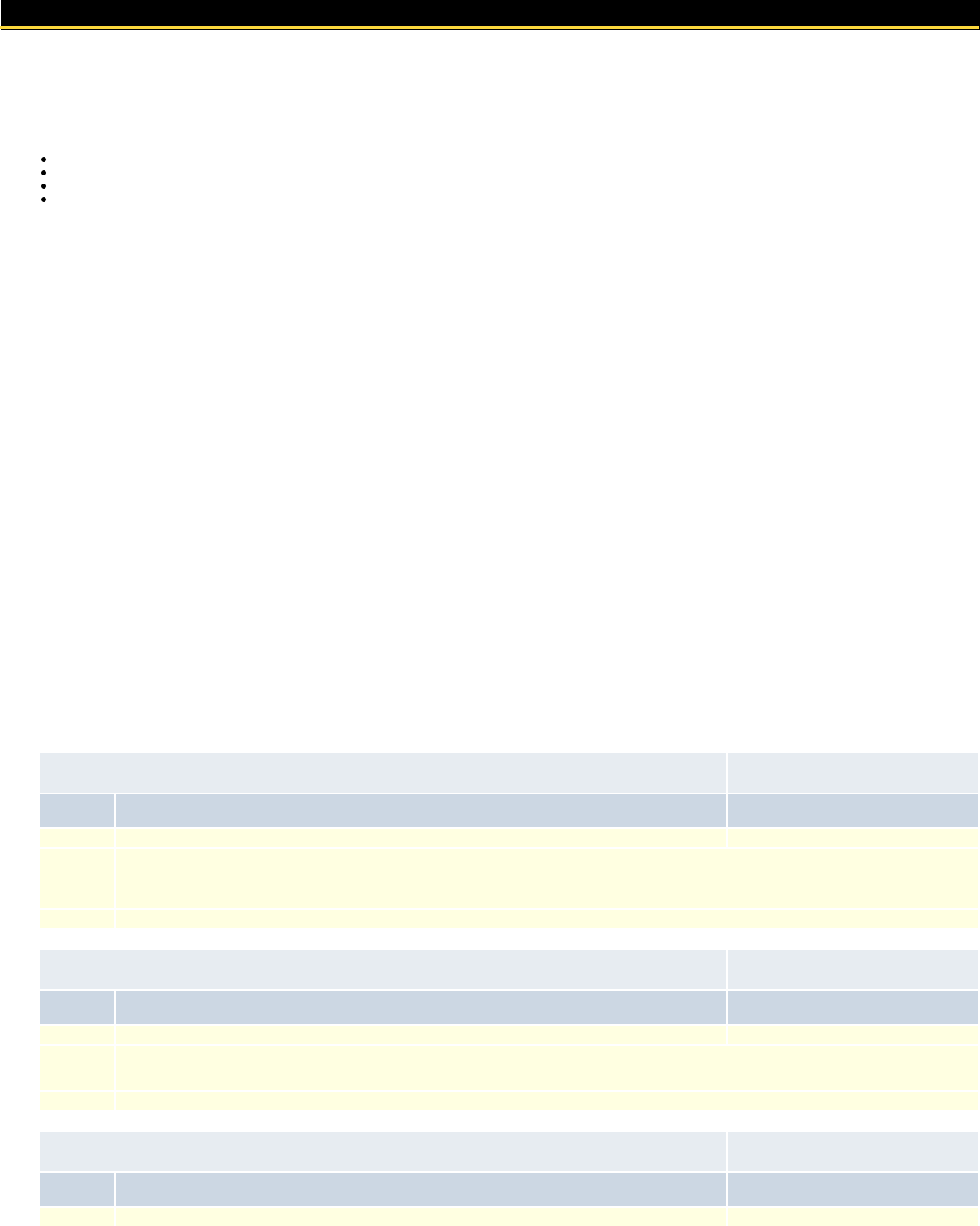
Natural Sciences
Mission Statement
Faculty and Staff
Course Descriptions
Natural Sciences Department Contact Information
Mission Statement
Welcome to the Natural Sciences Department! We are a multidisciplinary group with programs in Biology, Chemistry, Physics, Geology and Geography. Our
curriculum focuses on using scientific inquiry as a way of knowing and applying scientific knowledge to societal issues of local, regional, and global importance.
Faculty and Staff
Arnhold Davies, Michelle - Asst Professor, Physiology
Bajjali, William - Professor
Balcer, Mary - Professor, Aquatic Ecology
Breckenridge, Andrew - Associate Professor
Burkett, Edward - Professor, Biology
Cook, Peter - Assistant Professor, Physics
Danz, Nicholas - Assoc Professor, Plant Science
Gabrys-Alexson, Randy - Professor, Geography
Lane, James - Professor, Chemistry
Nelsen, Melissa - Associate Professor, Chemistry
Riker-Coleman, Kristin - Asst Professor, Geology
Rios Mendoza, Lorena - Assistant Professor, Chemistry
Schmude, Kurt - Associate Professor
Schuldt, Jeffrey - Professor, Biology
Teneyck, Matthew - Senior Lecturer
Waxman, Michael - Professor, Chemistry
Course Descriptions
BIOL - Biology
Catalog
Nbr.
Course Title/Course Topics Credits
BIOL 681 Special Topics 1.00 - 4.00
In-depth study of specialized current topics in biology selected by the faculty on the basis of student/community interest. May include workshops,
seminars, field trips, special problems, independent study, etc. Course may be repeated when topics are different. Instructor permission to enroll
in this course.
Typically Offered:
GEOG - Geography
Catalog
Nbr.
Course Title/Course Topics Credits
GEOG 681 Special Topics 1.00 - 6.00
In-depth study of specialized topics in geography selected by the faculty on the basis of student interest/need. May include workshops, seminars,
special issues, etc. Course may be repeated when topics are different. Offered on demand.
Typically Offered:
GEOL - Geology
Catalog
Nbr.
Course Title/Course Topics Credits
GEOL 681 Special Topics 1.00 - 4.00
Official 2019-21 Graduate UW-Superior Catalog: Academic Departments: Natural Sciences
The Board of Regents of the University of Wisconsin System | 100 of 228
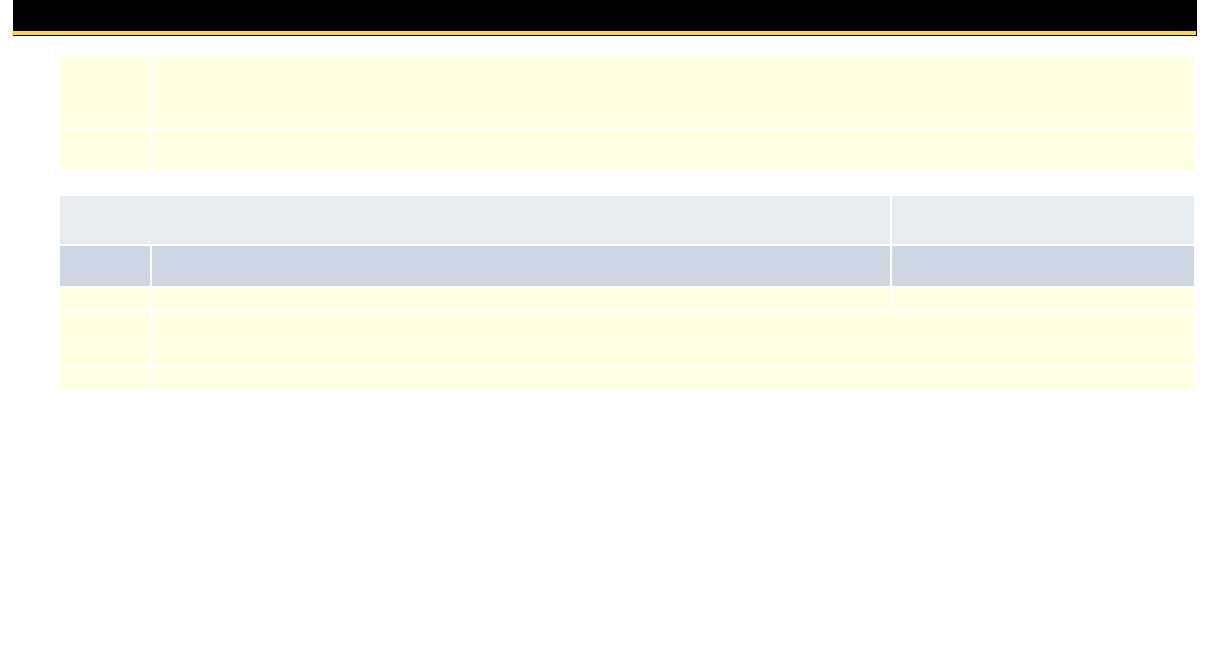
In-depth study of specialized current topics in Geology selected by the faculty on the basis of student/community interest. May include workshops,
seminars, field trips, special problems, independent study, etc. May be repeated when topics are different. Offered on demand. Instructor consent
required.
Typically Offered:
Occasional by Demand
PHYS - Physics
Catalog
Nbr.
Course Title/Course Topics Credits
PHYS 681 Special Topics 1.00 - 6.00
In-depth study of specialized current topics in physics selected by the faculty on the basis of community interest. May include workshops,
seminars, field trips, special problems, independent study. May be repeated when topics are different. Instructor consent required.
Typically Offered:
Natural Sciences Department Contact Information
Natural Sciences Department
University of Wisconsin - Superior
Barstow Hall 202
Belknap and Catlin Ave.
P.O. Box 2000
Superior, WI 54880
Phone: 715-394-8322
Email:
Official 2019-21 Graduate UW-Superior Catalog: Academic Departments: Natural Sciences
The Board of Regents of the University of Wisconsin System | 101 of 228
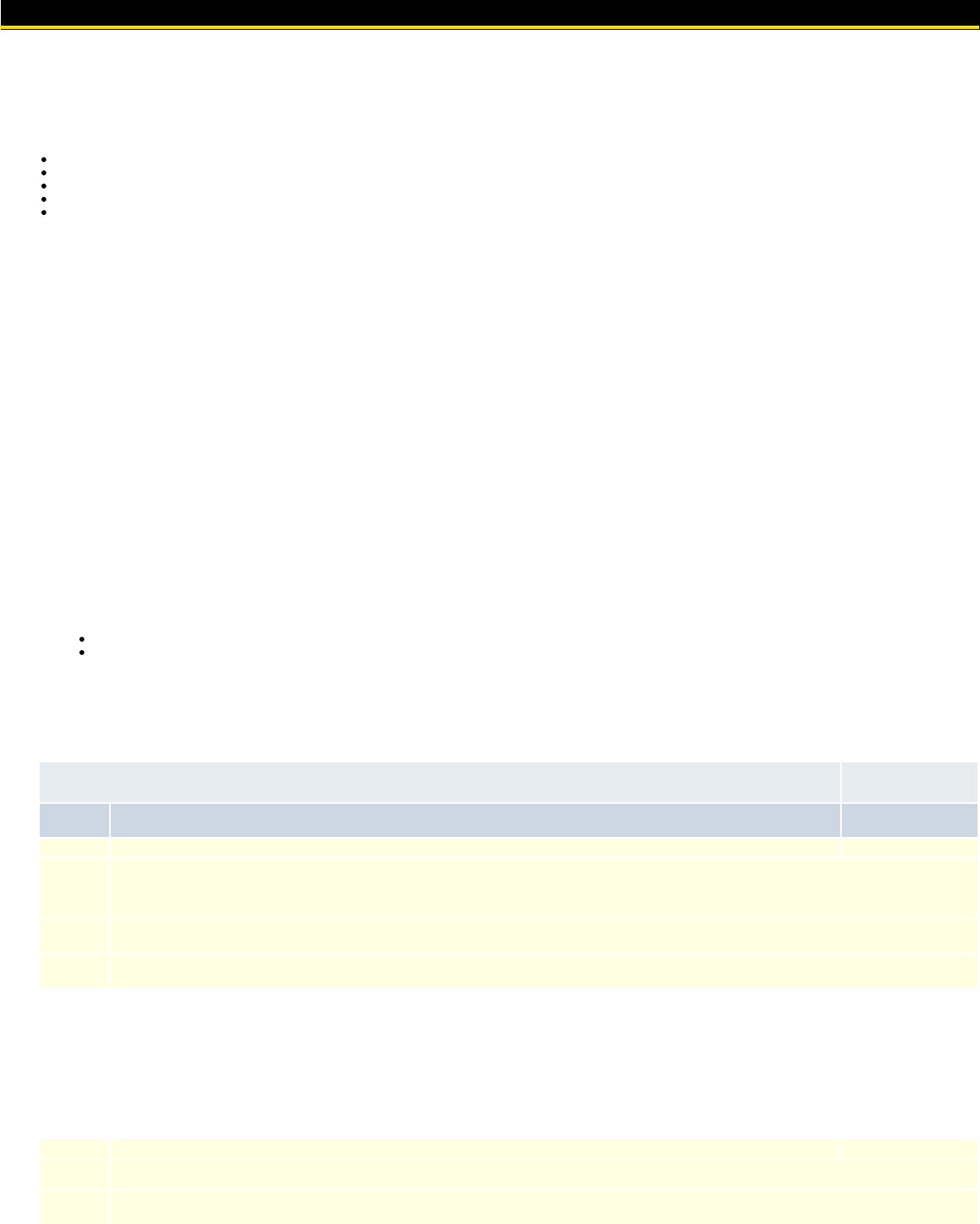
School of Business and Economics
Mission Statement
Faculty and Staff
Degrees
Course Descriptions
School of Business and Economics Contact Information
Mission Statement
The School of Business and Economics works toward developing effective decision-makers and leaders in both the private and public sectors through a strong
practical business education as well as a comprehensive liberal arts education. Academic programs instill excellence, build confidence, and develop strong
leadership skills that graduates can use throughout their careers.
Faculty and Staff
Christensen, Ethan - Assistant Professor
Hembd, Jerry - Professor
Mahjabeen, Rubana - Assistant Professor
Opall, Brent - Adjunct Professor
Simkins, Zamira - Associate Professor
Degrees
Master of Science in Data Science
Master of Science in Sustainable Management
Course Descriptions
DS - Data Science
Catalog
Nbr.
Course Title/Course Topics Credits
DS 700 Foundations of Data Science 3.00
This course provides an introduction to data science and highlights its importance in business decision making. It provides an overview of
commonly used data science tools along with spreadsheets, databases, statistics and programming assignments to lay the foundation for data
science applications.
Prerequisites:
Admission to M.S. in Data Science program
Typically Offered:
Fall and Spring Terms
DS 705 Statistical Methods 3.00
Statistical methods and inference procedures will be presented in this course with an emphasis on applications, computer implementation, and
interpretation of results. Topics include simple and multiple regression, model selection, correlation, moderation/interaction analysis, logistic
regression, chi-square test, ANOVA, Kruskal-Wallis test, MANOVA, factor analysis, and canonical correlation analysis.
Prerequisites:
Successful completion of DS 700 and Admissions to M.S. in Data Science program
Typically Offered:
Fall and Spring Terms
DS 710 Programming for Data Science 3.00
Introduction to programming languages and packages used in Data Science.
Prerequisites:
Admission to M.S. in Data Science program
Official 2019-21 Graduate UW-Superior Catalog: Academic Departments: School of Business and Economics
The Board of Regents of the University of Wisconsin System | 102 of 228
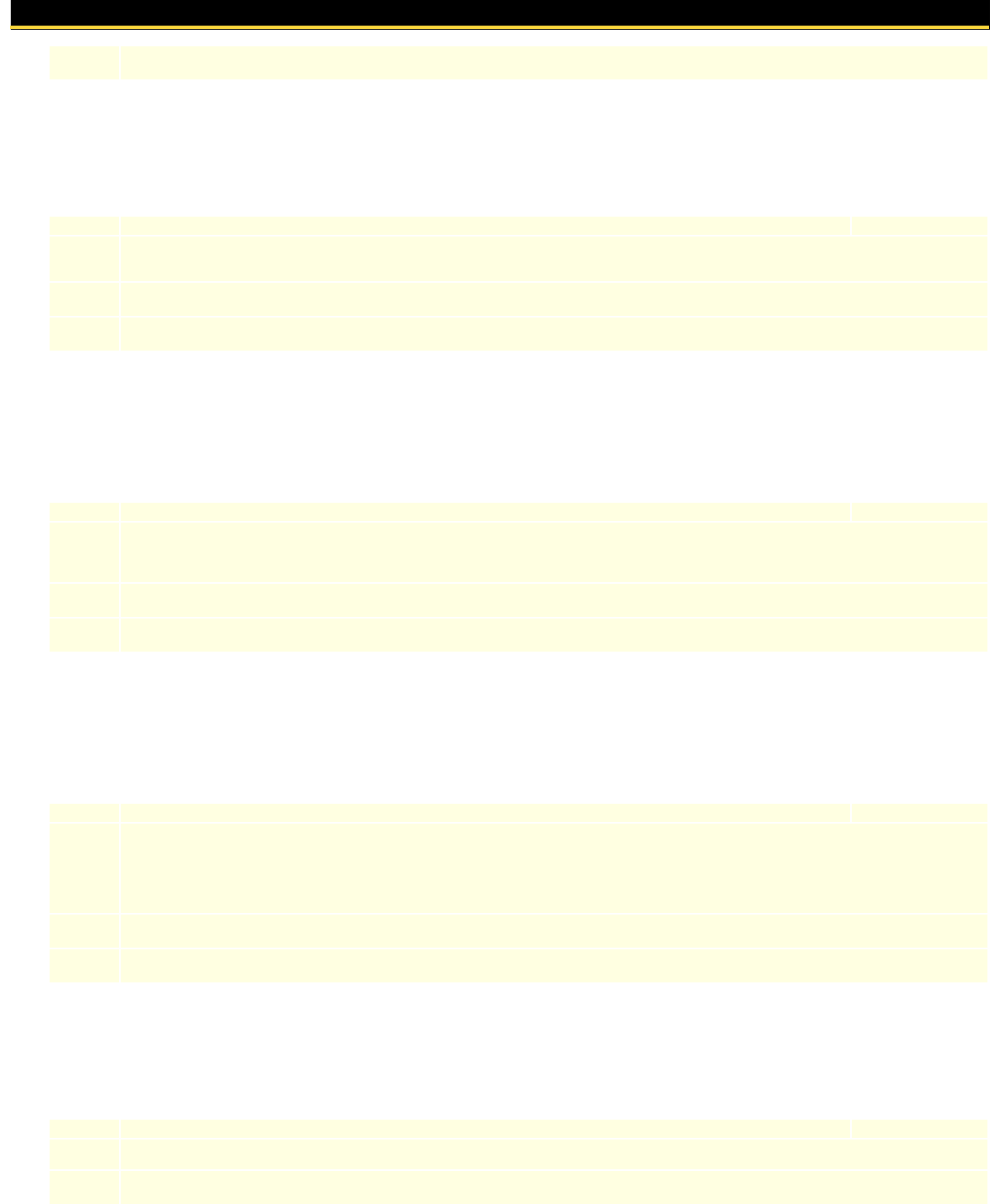
Typically Offered:
Fall and Spring Terms
DS 715 Data Warehousing 3.00
Introduce the concepts and techniques to work with and reason about subject-oriented, integrated, time-variant, and nonvolatile collections of data
in support of management's decision-making process.
Prerequisites:
Admission to M.S. in Data Science program
Typically Offered:
Fall and Spring Terms
DS 730 Big Data: High Performance Computing 3.00
This course will teach students how to process large datasets efficiently. Students will be introduced to non-relational databases. Students will learn
algorithms that allow for the distributed processing of large data sets across clusters.
Prerequisites:
Successful completion of DS 710 and declared Data Science Major
Typically Offered:
Fall and Spring Terms
DS 735 Communicating about Data 3.00
This course will prepare you to master technical, informational and persuasive communication to meet organizational goals. Technical
communication topics include a study of the nature, structure and interpretation of data. Informational communication topics include data
visualization and design of data for understanding and action. Persuasive communication topics include the study of written, verbal and nonverbal
approaches to influencing decision makers.
Prerequisites:
Admission to M.S. in Data Science program
Typically Offered:
DS 740 Data Mining & Machine Learning 3.00
This course covers two aspects of data analytics. First, it teaches techniques to generate visualizations appropriate to the audience type, task, and
data. Second, it teaches methods and techniques for analyzing unstructured data - including text mining, web text mining and social network
analysis.
Prerequisites:
Successful completion of DS 700 & DS 710 and Admissions to M.S. in Data Science program
Typically Offered:
Fall and Spring Terms
DS 745 Visualization and Unstructured Data Analysis 3.00
This course covers two aspects of data analytics. First, it teaches techniques to generate visualizations appropriate to the audience type, task, and
data. Second, it teaches methods and techniques for analyzing unstructured data - including text mining, web text mining and social network
analysis.
Prerequisites:
Successful completion of DS 740 and Admission to the M.S. Data Science program
Typically Offered:
Fall and Spring Terms
DS 760 Ethics of Data Science 3.00
This course will focus on the investigation of ethical issues in computer science that ultimately also pertain to data science, including privacy,
plagiarism, intellectual property rights, piracy, security, confidentiality and many other issues. Our study of these issues will begin broadly, with a
look at ethical issues in computer science at large. We will then make inferences to the narrower field of data science. We will consider ethical
arguments and positions, the quality and integrity of decisions and inferences based on data and how important cases and laws have shaped the
legality, if not the morality, of data science related computing. Case studies will be used to investigate issues.
Prerequisites:
Successful completion of DS 740 and Admission to the M.S. Data Science program
Typically Offered:
Fall and Spring Terms
DS 775 Prescriptive Analytics 3.00
This course covers procedures and techniques for using data to inform the decision-making process. Topics include optimization, decision
analysis, game theory, and simulation. Case studies and applications will be emphasized.
Prerequisites:
Successful completion of DS 705 and DS 710 and Declared DS Major
Typically Offered:
Fall and Spring Terms
DS 780 Data Science and Strategic Decision Making 3.00
The interaction between data science and strategic decision making. Leveraging data resources for competitive advantage in the marketplace.
Prerequisites:
Admission to M.S. in Data Science program
Official 2019-21 Graduate UW-Superior Catalog: Academic Departments: School of Business and Economics
The Board of Regents of the University of Wisconsin System | 103 of 228
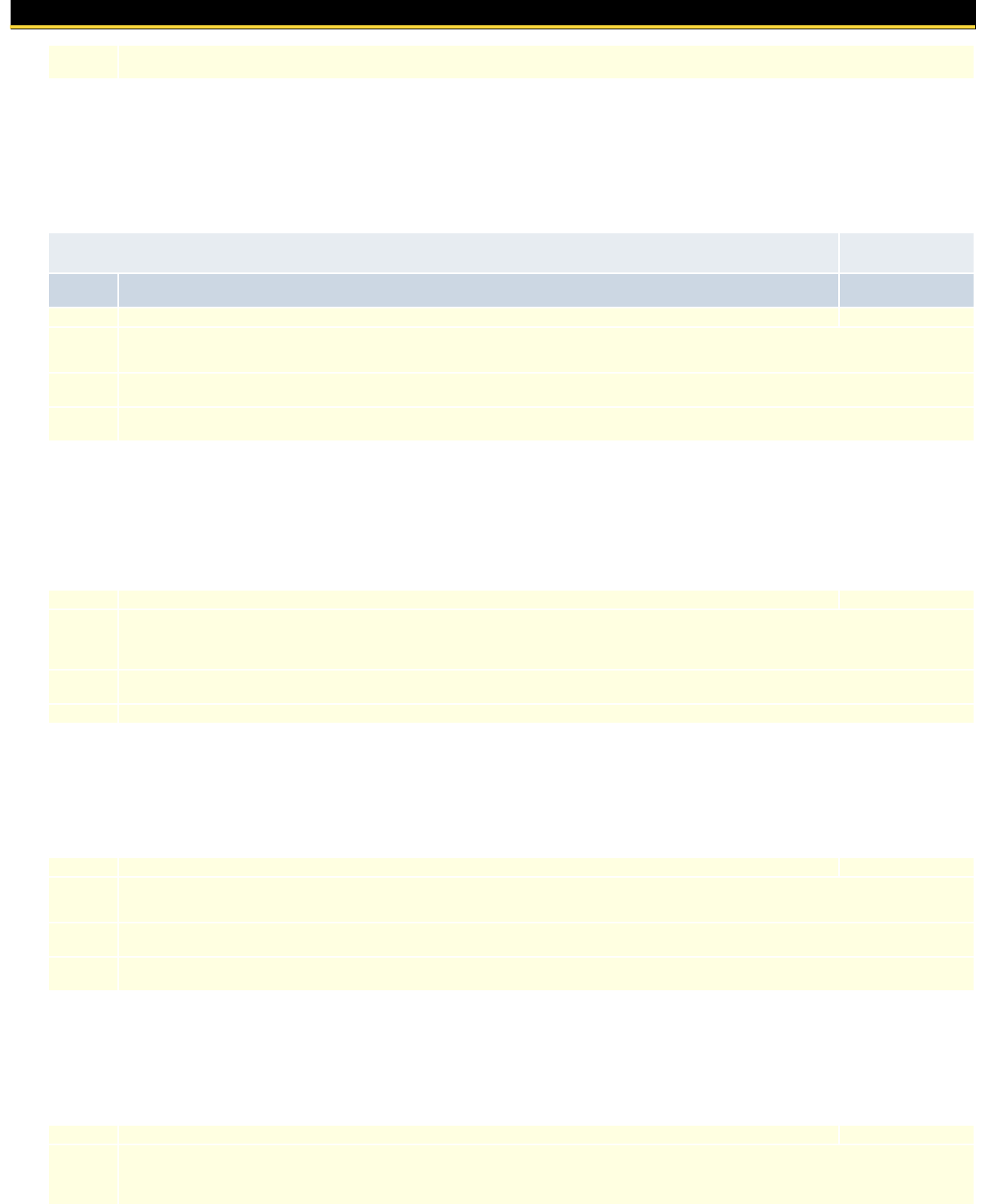
Typically Offered:
Fall and Spring Terms
DS 785 Data Science Capstone 3.00
Capstone course; students will develop and execute a data science project using real-world data and communicate results to a non-technical
audience.
Prerequisites:
Successful completion of Data Science 700, 705, 710, 715, 730, 735, 740, 745 & 775
Typically Offered:
Fall and Spring Terms
HWM - Health & Wellness Management
Catalog
Nbr.
Course Title/Course Topics Credits
HWM 700 Contemporary Health and Wellness Perspectives 3.00
In this course, students will examine health and wellness concepts and probe foundational thinking associated with the contemporary health and
wellness field. Expectations and development of the wellness professional will be explored.
Prerequisites:
Admission to MS in Health and Wellness Program
Typically Offered:
Fall and Spring Terms
HWM 705 Strategic Management for Wellness Managers 3.00
This course introduces students to management concepts to create strategic direction and the role of leadership in setting strategy capable of
meeting competitive challenges within the wellness industry. Topics include key management theories; role of stakeholders; issue identification;
program evaluation; and business plan development.
Prerequisites:
Admission to MS in Health and Wellness Program
Typically Offered:
Fall and Spring Terms
HWM 710 Research Methods for Wellness Programs 3.00
This course covers research methods and designs relevant to wellness program managers. Students will be introduced to various research
designs including experimental and nonexperimental, as well as quantitative and qualitative research methods. The course will focus on providing
a practical understanding of several statistical tools used in wellness-related research.
Prerequisites:
Admission to MS in Health and Wellness Program
Typically Offered:
HWM 715 Persuasion Skills for Wellness Managers 3.00
In this course, students will develop communication and persuasion skills, which are essential for wellness managers. Utilizing a variety of media
and techniques, students will hone their communication skills. Students will apply key marketing concepts to mount effective marketing campaigns
for their organization.
Prerequisites:
Admission to MS in Health and Wellness Program
Typically Offered:
HWM 720 Exercise and Nutrition in Health and Disease 3.00
This course introduces students to the roles that physical activity and nutritional practices play in the prevention, management, and treatment of
chronic diseases and conditions such as obesity, cardiovascular disease, cancer, diabetes, COPD, arthritis, depression and anxiety.
Prerequisites:
Admission to MS in Health and Wellness Program
Typically Offered:
Fall and Spring Terms
HWM 730 Biopsychosocial Aspects of Health 3.00
This course is a survey of biological, psychological and social-environmental aspects of wellness. Taking an applied focus, students will learn
current theoretical and evidenced-based approaches in psychology, integrative medicine, and behavioral economics that impact wellness.
Prerequisites:
Admission to MS in Health and Wellness Program
Typically Offered:
Fall and Spring Terms
HWM 740 Health Systems and Policy for Wellness Managers 3.00
This course provides information pertaining to the US Health Care system with emphasis on health and wellness. It provides an overview of the
major public and private stakeholders including public health, insurance, and health care providers. Participants will examine how health policy
impacts the design and financing of wellness programs.
Official 2019-21 Graduate UW-Superior Catalog: Academic Departments: School of Business and Economics
The Board of Regents of the University of Wisconsin System | 104 of 228
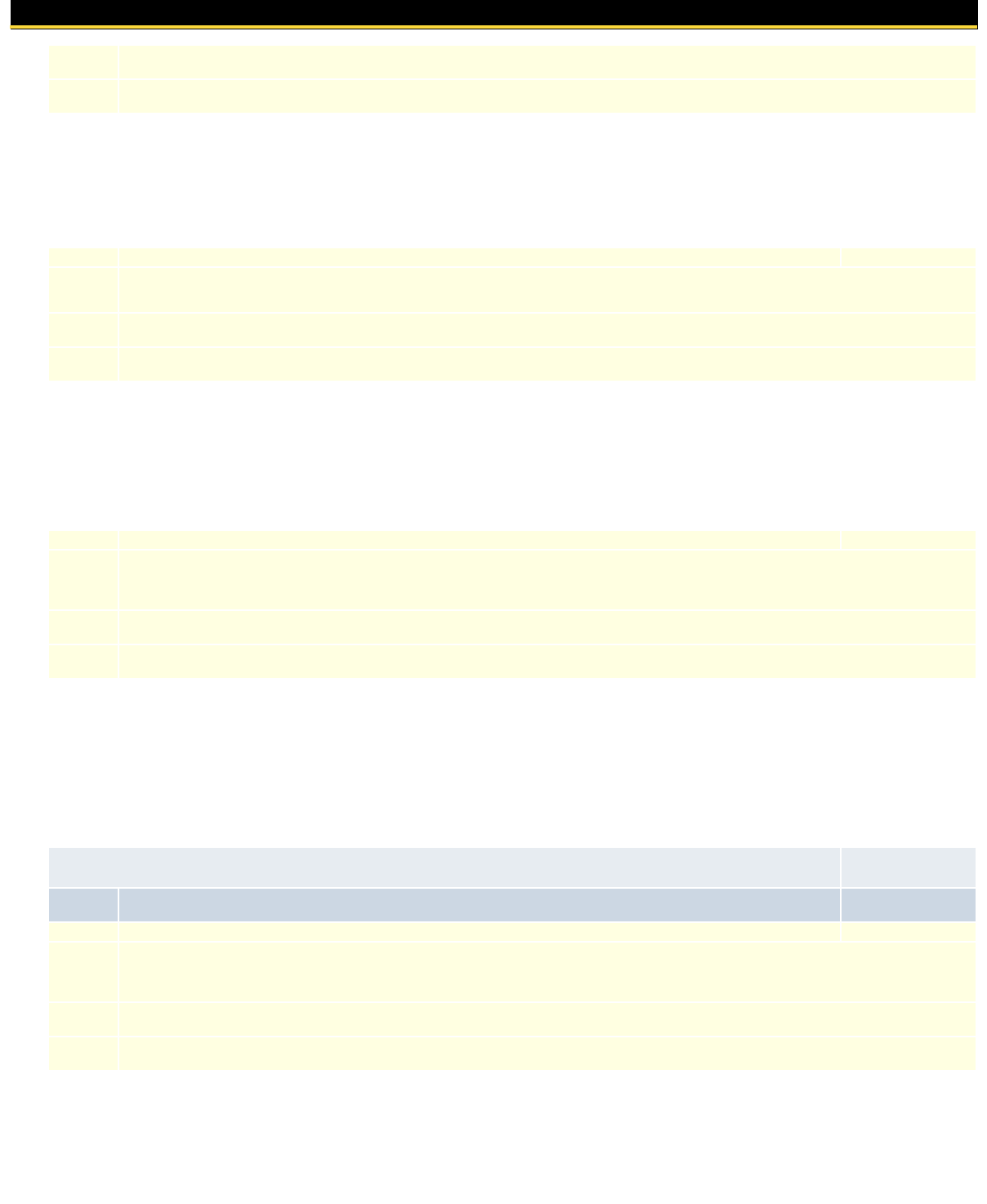
Prerequisites:
Admission to MS in Health and Wellness Program
Typically Offered:
Fall and Spring Terms
HWM 750 Planning and Evaluation for Wellness Managers 3.00
This purpose of this course is to examine planning and evaluation as inter-related, cyclical activities. Students will examine major activities and
processes involved in planning and evaluating wellness programs.
Prerequisites:
Successful completion of HWM 705 and HWM 710
Typically Offered:
Fall and Spring Terms
HWM 760 Wellness Law 3.00
This course introduces students to the legal and ethical environment of wellness management. Topics include the Affordable Care Act, Americans
with Disabilities Act and HIPAA. Students will learn effective negotiation skills that can be used when dealing with contracts and vendors.
Prerequisites:
Admission to MS in Health and Wellness Program
Typically Offered:
Fall and Spring Terms
HWM 770 Behavior and Development in Organizations 3.00
In this course, students will study organizations, their members and why people and groups behave as they do. Processes and methods that
improve behavior, effectiveness, and efficiency in organizational settings will be examined. The course will also cover various methods for
assessing organizational behavior and change.
Prerequisites:
Admission to MS in Health and Wellness Program
Typically Offered:
Fall and Spring Terms
HWM 780 Best Practices and Emerging Issues in Wellness 3.00
In this course, students will study emerging trends, innovations, and best practices in the health and wellness industry with emphasis on
preventative health care. Students will investigate major health challenges, programs, and policies to determine the influence of social, economic,
multicultural, and global pressures on successful wellness practices
Prerequisites:
Successful completion of HWM 700, 705, 710, 720, and 730.
Typically Offered:
Fall and Spring Terms
HWM 790 Health and Wellness Management Capstone Course 3.00
This course provides a cohesive experience designed to synthesize and apply information from the MS HWM curricula. Students complete an
individual capstone experience that demonstrates thorough understanding of the knowledge, skills and disposition necessary to be a successful
health and wellness manager.
Prerequisites:
Successful completion of HWM 780
Typically Offered:
Fall and Spring Terms
SMGT - Sustainable Management
Catalog
Nbr.
Course Title/Course Topics Credits
SMGT 700 Cultural and Historical Foundations of Sustainability 3.00
The changing relationships of humans to the natural environment; changes in dominant scientific perspectives and the process of scientific debate.
The quest for understanding, manipulating, and dominating the natural world. Cultural and organizational structures; the role and impact of
technology; the systems approach to problem solving and its implications for the future.
Prerequisites:
Admission to M.S. in SMGT Program.
Typically Offered:
Fall and Spring Terms
SMGT 710 The Natural Environment 3.00
Natural cycles, climate, water, energy, bio-systems, eco-systems, the role of humans in the biosphere; human impacts on natural systems. Use of
case studies; some pre-reading, carbon cycle as a unifying theme. Disturbance pollution and toxicity; carrying capacity; natural capital.
Prerequisites:
Admission to M.S. in SMGT Program.
Typically Offered:
Fall and Spring Terms
Official 2019-21 Graduate UW-Superior Catalog: Academic Departments: School of Business and Economics
The Board of Regents of the University of Wisconsin System | 105 of 228
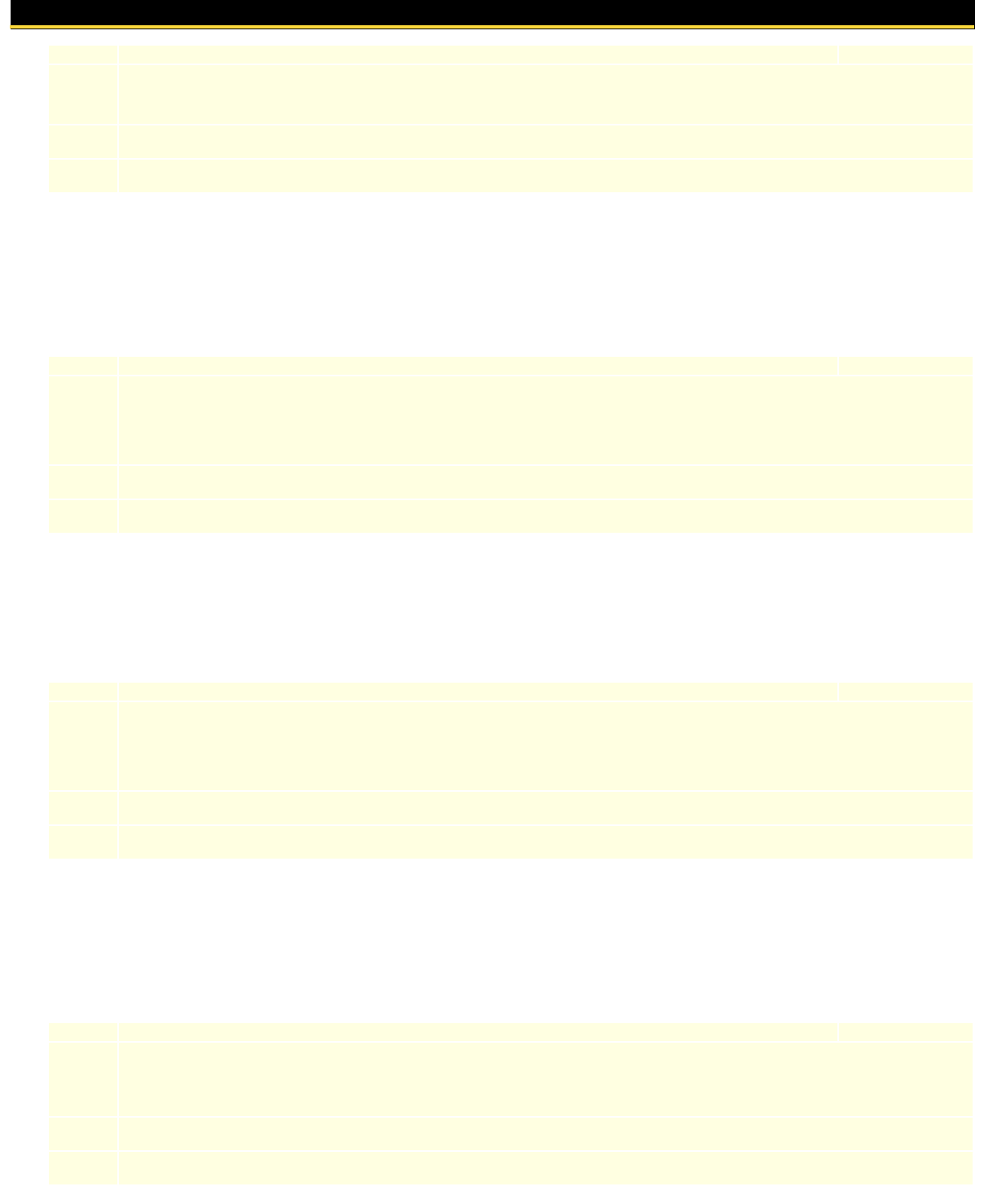
SMGT 720 Applied Research and the Triple Bottom Line 3.00
Document and project internal and external costs resulting from the inseparability of the natural, social and economic environments. Assess
sustainability issues using basic modeling techniques; cause and effect, root cause analysis, regression analysis and business scenario based
cases.
Prerequisites:
Admission to M.S. in SMGT Program.
Typically Offered:
Fall and Spring Terms
SMGT 730 Policy, Law and Ethics of Sustainability 3.00
The Law and Ethics regarding sustainability of Economic development and emerging environmental challenges at national and international levels;
including National Environmental Policy Act (NEPA), Carbon Footprints, Kyoto protocol, and Brundtland Commission. The policy and role of
government and its agencies such as Army Corps of Engineers; Department of Interior, etc., in building a more just, prosperous, and secure
environmental common future.
Prerequisites:
Admission to M.S. in SMGT Program.
Typically Offered:
Fall and Spring Terms
SMGT 740 Economics of Sustainability 3.00
Understand the economy as a component of the ecosystem within which it resides, with natural capital added to the typical analysis of human,
social, built, and financial capital. Explore traditional micro, macro, and international trade theory and policy and the implications of sustainability.
Topics include: history of economic systems and thought; globalization and localization; distinguishing between growth and development; the
nature and causes of market failure; consumption, consumerism, and human well-being; emerging markets; technological change; business
organization and financial market alternatives; demographic change; and the global food economy.
Prerequisites:
Admission to M.S. in SMGT Program.
Typically Offered:
Fall and Spring Terms
SMGT 750 The Built Environment 3.00
Explore how the built environment came to be and the intersection of human needs: water, air, food, water, waste, transportation, healthcare and
education. Evaluate community design: what does a sustainable community look like? Study related technologies and evaluate alternatives,
discuss unintended consequences. Course will include case studies.
Prerequisites:
Admission to M.S. in SMGT Program.
Typically Offered:
Fall and Spring Terms
SMGT 760 Geopolitical Systems 3.00
An examination of decision making and public policy for sustainability at the national, state, and local level, with emphasis on the social, economic,
political factors affecting decisions within both the public and private sectors. Attention is given to formal American policy making processes,
informal grassroots activities and consensus building, public engagement with sustainability decisions, corporate sustainability actions and
reporting, the promise of public-private partnerships and collaborative decision making, and practical examples of how decision making fosters
effective transitions to sustainability goals at all levels.
Prerequisites:
Admission to M.S. in SMGT Program.
Typically Offered:
Fall and Spring Terms
SMGT 770 Leading Sustainable Organizations 3.00
A macro-level perspective on leading sustainable organizations. Topics addressed include: organizational change and transformation processes,
strategic and creative thinking, organizational structures and their impacts, conflict management and negotiation, stake holder management and
situational leadership styles and behaviors. Focuses on how organizational leaders develop and enable sustainable organizations, especially in
times of environmental change.
Prerequisites:
Admission to M.S. in SMGT Program.
Typically Offered:
Fall and Spring Terms
SMGT 780 Corporate Social Responsibility 3.00
Corporate social responsibility and an organization. Evaluation of risks and potential impacts in decision making recognizing the links between the
success of an organization and the well being of a community. Integrating corporate social responsibility throughout an organization, creating
metrics and communicating CSR policies internally and externally. Development of best practices in an organization pertaining to corporate social
responsibility.
Prerequisites:
Admission to M.S. in SMGT Program.
Typically Offered:
Fall and Spring Terms
SMGT 782 Supply Chain Management 3.00
Official 2019-21 Graduate UW-Superior Catalog: Academic Departments: School of Business and Economics
The Board of Regents of the University of Wisconsin System | 106 of 228
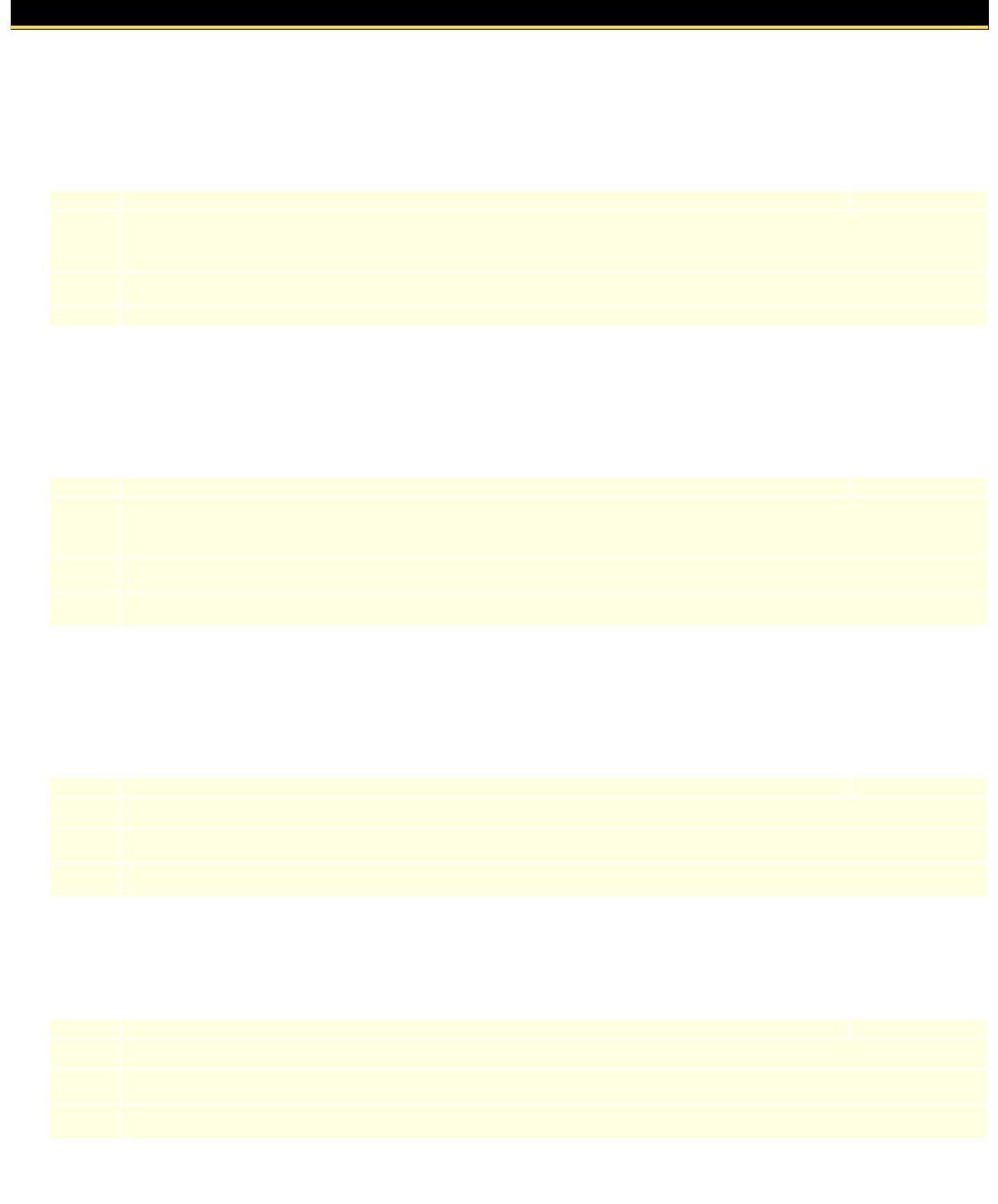
Planning, organizing and controlling the organization's supply chain is examined in context of the triple bottom line. Total cost analyses or product
and process life cycles are considered in the context of strategy and operations. Topics include: sourcing, operations, distribution, reverse logistics
and service supply chains. Process measurements and the impact on organizational performance in the context of footprints (e.g. carbon, water,
pollution). Discussion of existing and potential software systems.
Prerequisites:
Admission to M.S. in SMGT Program.
Typically Offered:
Fall and Spring Terms
SMGT 784 Sustainable Water Management 3.00
This course addresses practical applications of sustainability in aquatic environments. Topics covered include water and health, water quality and
quantity, governance, assessing the aquatic environment, water treatment technologies, environmental mitigation, and impacts of climate change.
Emphasis will be on selected areas of interest from the perspective of public health, engineering, and municipal conservation management.
Prerequisites:
Admission to M.S. in SMGT Program.
Typically Offered:
SMGT 785 Waste Management and Resource Recovery 3.00
Topics include the generation, processing, management and disposal of municipal, industrial and agricultural waste with an emphasis on the
technical, economic and environmental aspects of various recovery processes. Additional topics will include producer responsibility, design for
environment and life cycle analysis.
Prerequisites:
Admission to M.S. in SMGT Program.
Typically Offered:
Fall and Spring Terms
SMGT 786 Climate Change 3.00
In this course, you will explore climate change through scientific, humanistic, and sustainability frameworks. After building a strong foundation in the
causes, impacts, and study of climate change, you will apply this understanding to evaluate scientific communication, environmental justice and
vulnerability, and environmental policy to find solutions and strategies to address anthropogenic climate change.
Prerequisites:
Admission to M.S. in SMGT Program.
Typically Offered:
Spring Term Only
SMGT 786 Climate Change 3.00
In this course, you will explore climate change through scientific, humanistic, and sustainability frameworks. After building a strong foundation in the
causes, impacts, and study of climate change, you will apply this understanding to evaluate scientific communication, environmental justice and
vulnerability, and environmental policy to find solutions and strategies to address anthropogenic climate change.
Prerequisites:
Admission to M.S. in SMGT Program.
Typically Offered:
Spring Term Only
SMGT 790 Capstone Preparation Course 1.00
Research, data analysis, scholarly inquiry resulting in project proposal.
Prerequisites:
Admission to M.S. in SMGT Program.
Typically Offered:
Fall and Spring Terms
SMGT 792 Capstone Project 3.00
Completion of approved project utilizing concepts from coursework.
Prerequisites:
Admission to M.S. in SMGT Program.
Typically Offered:
Fall and Spring Terms
SMGT 795 Special Topics in Sustainable Management 3.00
Various specialized areas of sustainable management will be examined. This course may be repeated for credit with a different topic.
Prerequisites:
Admission to M.S. in SMGT Program.
Typically Offered:
Occasional by Demand
SMGT 799 Study Abroad 3.00
Study abroad courses are conducted in various parts of the world and are led by one or more faculty members. This course may be repeated in
different locations.
Official 2019-21 Graduate UW-Superior Catalog: Academic Departments: School of Business and Economics
The Board of Regents of the University of Wisconsin System | 107 of 228
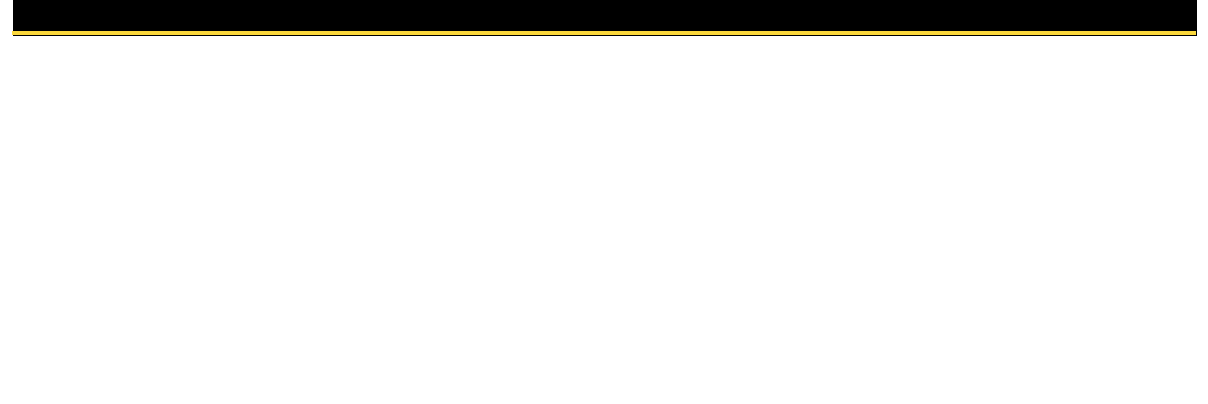
Prerequisites:
Admission to M.S. in SMGT Program.
Typically Offered:
Occasional by Demand
School of Business and Economics Contact Information
School of Business and Economics
University of Wisconsin - Superior
Erlanson Hall 301
Belknap and Catlin Ave.
P.O. Box 2000
Superior, WI 54880
Phone: 715-394-8206
Email:
Official 2019-21 Graduate UW-Superior Catalog: Academic Departments: School of Business and Economics
The Board of Regents of the University of Wisconsin System | 108 of 228

Social Inquiry
Mission Statement
Faculty and Staff
Course Descriptions
Social Inquiry Department Contact Information
Mission Statement
The Social Inquiry Department fosters intellectual growth and career preparation within a liberal arts tradition that emphasizes individual attention and
embodies respect for diverse cultures and multiple voices. Through its contribution to the University's general education program and its major and minor
curricula, the department helps students to become life-long learners who seek understanding as a valuable end in its own right. In particular, the department
encourages students to apply reflective and systematic thought to the social world using the methodological tools of the social sciences and humanities. Our
goal is to produce graduates who approach their lives, both as professionals and as responsible members of local and global communities, with reason and
creativity. The Department offers majors and minors in Sociology, Political Science, History and BroadField Social Studies, along with minors in Anthropology,
Global Studies, Philosophy and Gender Studies.
Faculty and Staff
Adams, Sarah LaChance - Asst. Professor of Philosophy
Augsburger, Deborah - Asst Prof, Anthropology
Bahm, Karl - Professor, History
Christian, Cindy - Sr Lecturer, Political Science
Dalpiaz, Brenda - Academic Dept Associate
Dokhanchi, Khalil (Haji) - Professor, Political Science
Edwards, Eric - Asst Professor, Sociology
Evans, Brianna - Senior Lecturer - SI
Gan, Cheong Soon - Assistant Professor
Gilbert, Greg - Senior Lecturer - SI
Johnson, Marshall - Professor, Sociology
Leopold, Theresa - Senior Lecturer, Sociology
Mansbach, Daniela - Assistant Professor, Poli Sci
Mulholland, Susan - Sr Lecturer, Anthropology
Prescott, Jill - Lecturer, Social Studies
Riker-Coleman, Erik - Senior Lectures
Shonk Jr, Kenneth - Asst Professor, Social Studies
Sipress, Joel - Professor, History
Smith, Robert - Senior Lecturer
Starratt, Priscilla - Professor, History
Trine, Mari - Senior Lecturer
Von Hagel, Alisa - Asst. Professor
Course Descriptions
No courses found.
Please revise your search and try again.
Social Inquiry Department Contact Information
Social Inquiry Department
University of Wisconsin - Superior
Swenson Hall 3061
Belknap and Catlin Ave.
P.O. Box 2000
Superior, WI 54880
Phone: 715-394-8487
Email:
Official 2019-21 Graduate UW-Superior Catalog: Academic Departments: Social Inquiry
The Board of Regents of the University of Wisconsin System | 109 of 228
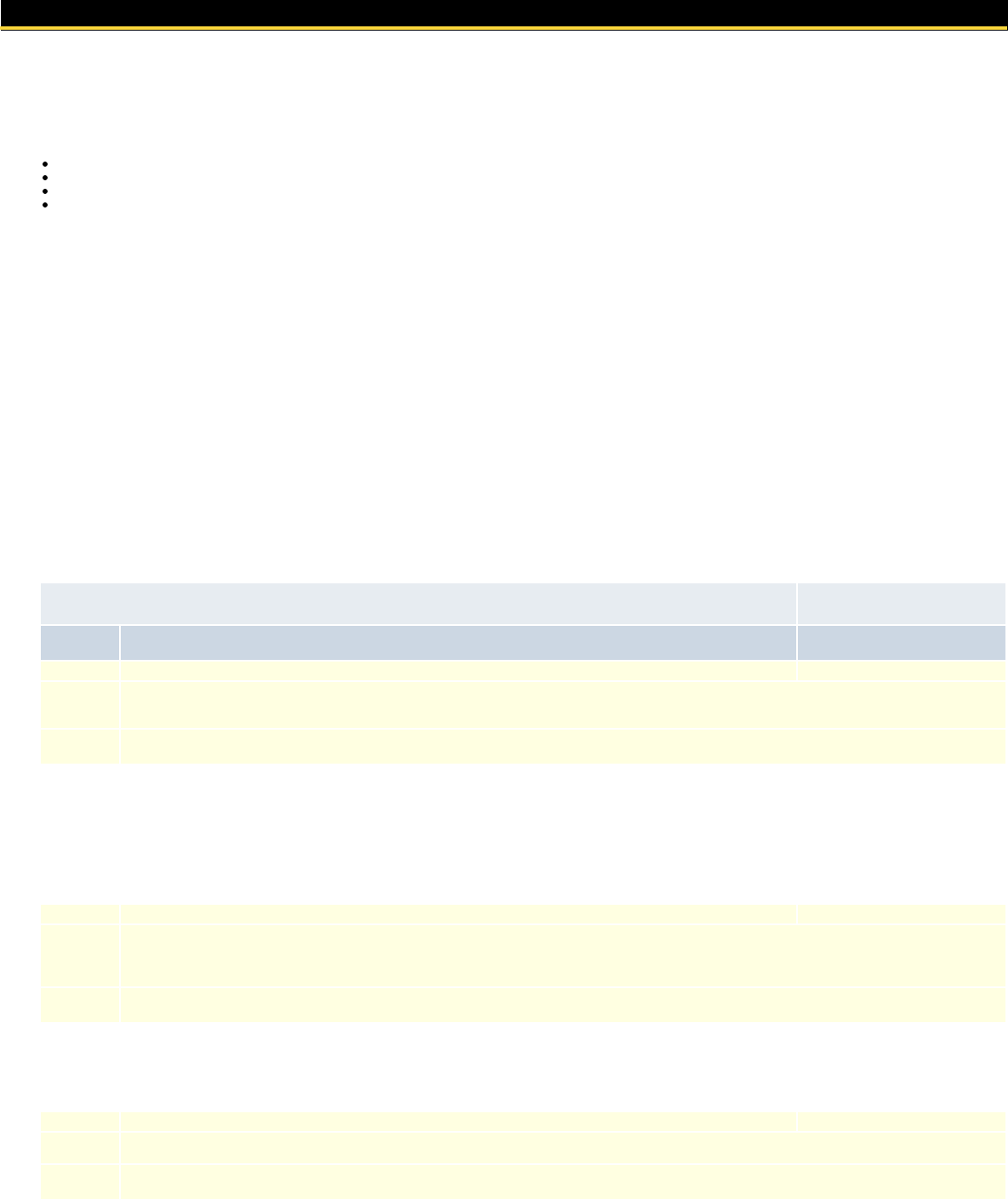
Visual Arts
Mission Statement
Faculty and Staff
Course Descriptions
Visual Arts Department Contact Information
Mission Statement
The Visual Arts Department at the University of Wisconsin-Superior prepares students to be innovative, reflective, articulate and ethical professionals. Students
develop technical and relational competence, informed aesthetic discernment, and a contextual understanding of contemporary practices with a commitment to
diversity.
Faculty and Staff
For the current faculty and staff listing, please visit the Department website.
Course Descriptions
ART - Art
Catalog
Nbr.
Course Title/Course Topics Credits
ART 698 Practicum 1.00 - 7.00
Supervised experience providing practical application in specific disciplines. Integration of the competencies of the individualized focus in contract
form.
Typically Offered:
Fall and Spring Terms
ART 702 Art Therapy Seminar 3.00
Investigation into topics of diagnosis and treatment in mental health. This course explores major categories of mental illness using the DSM, and
the therapeutic methods that may be used for various disorders. Current research will be discussed.
Prerequisites:
Prerequisite: Art Therapy Graduate or instructor consent.
Typically Offered:
Fall Term Every Other Year
ART 704 Issues in Visual Arts 3.00
Advanced study of theoretical frameworks, concepts, contents, and contexts of visual arts. Topic will vary from the spirituality and the sacred in
art, psychology and philosophy of art, primitivism in contemporary/modern art, cultural politics in art, feminism in art, science and technology in art,
among others.
Typically Offered:
Fall Term Only
ART 705 Graduate Drawing 3.00
Advanced studies in drawing. Individual development emphasized.
Typically Offered:
Fall and Spring Terms
ART 710 Graduate Painting 3.00
Advanced studies in painting.
Typically Offered:
Fall and Spring Terms
ART 711 Graduate Collage 3.00
Advanced studies exploring the theory and practice of mixed media approaches to drawing and painting.
Official 2019-21 Graduate UW-Superior Catalog: Academic Departments: Visual Arts
The Board of Regents of the University of Wisconsin System | 110 of 228
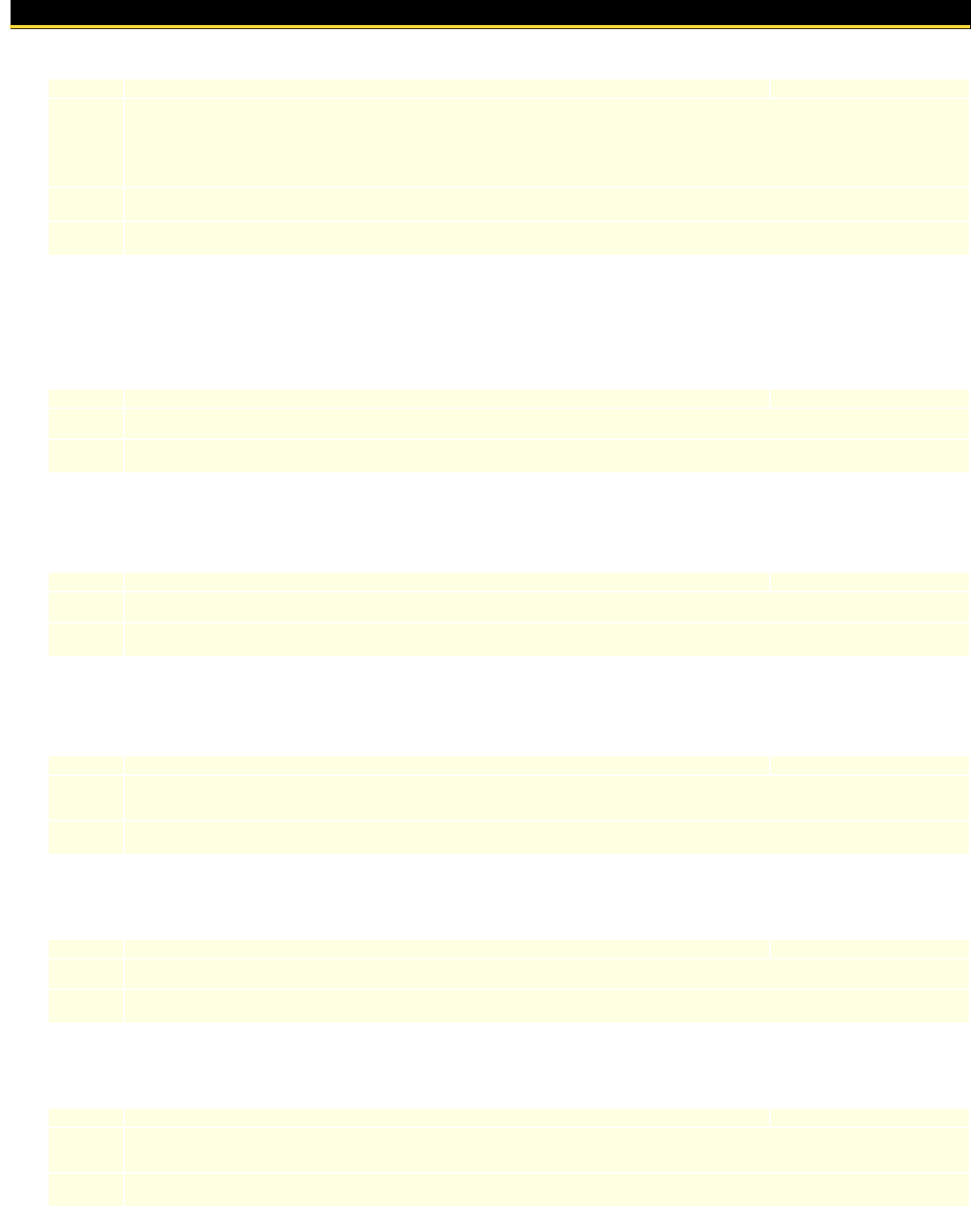
Typically Offered:
Spring Term Only
ART 713 Ethical Considerations in Art Therapy 3.00
This course provides an overview to the ethics and professional values that correspond to the practice of art therapy. Practical applications
pertaining to matters of diversity, social justice and the use of technology will be addressed. This course also focuses on the awareness of one's
own cultural history and the role that background plays in personal perceptions and world views. Through readings, examination of case studies,
digital media and experiential approaches, students will gain an understanding of the legal and ethical issues involved in the practice of art
therapy.
Prerequisites:
Prerequisite for taking this course is Art Therapy Graduate or consent of instructor.
Typically Offered:
Spring Term Only
ART 719 Multi-Modal Art Therapy 3.00
An exploration of Multi-Modal healing techniques and their application in Art Therapy, Drama, Music, Poetry, and Play Therapy will be studied
scholastically and experientially. Professionals in the field as well as varied techniques will be introduced.
Prerequisites:
Prerequisite: Art Therapy Graduate or instructor consent.
Typically Offered:
Spring Term Every Other Year
ART 720 Studies in American Art 3.00
American art of the Colonial, 19th or 20th Century period including sculpture, architecture and painting.
Typically Offered:
Occasional by Demand
ART 721 Mediterranean 3.00
Architecture, sculpture, craft, and painting of the Mediterranean and Near East cultures to include any one or combination of Mesopotamia, Egypt,
Greece, Rome or early Christian/Byzantine.
Typically Offered:
Occasional by Demand
ART 723 Medieval Art 3.00
a) Early Christian and Byzantine; b) Medieval; c) Romanesque; d) Gothic: A detailed investigation of the art of the Middle Ages.
Typically Offered:
Occasional by Demand
ART 724 Visual Arts in Non-Western Societies 3.00
Study of visual arts in non-western societies including North American Indian/Native American; Mesoamerican; Oceania/Pacific Islands, Asian,
and African cultures.
Typically Offered:
Spring Term Only
ART 727 Modern Art 3.00
Nineteenth Century, 20th Century, Contemporary or Post-Modern Art and architecture and the forces which influenced the period. Research
required.
Typically Offered:
Spring Term Only
ART 729 Women in Art 3.00
Women's expression in painting and sculpture, primarily of the 19th and 20th Centuries.
Typically Offered:
Occasional by Demand
ART 730 Readings In Art History 3.00
Guided individual research on an approved topic.
Typically Offered:
Fall and Spring Terms
ART 732 African and African Diaspora Art History 3.00
A survey of art created by people of African descent. Also discussed are some influences of Islam, Western Europe, and the Caribbean regions.
Typically Offered:
Fall Term Only
ART 735 Research In Art Therapy 3.00
An introduction to research methods used in art therapy with an emphasis on qualitative research design. Students will work on the formulation of
research questions and develop a thesis proposal.
Typically Offered:
Fall and Spring Terms
Official 2019-21 Graduate UW-Superior Catalog: Academic Departments: Visual Arts
The Board of Regents of the University of Wisconsin System | 111 of 228
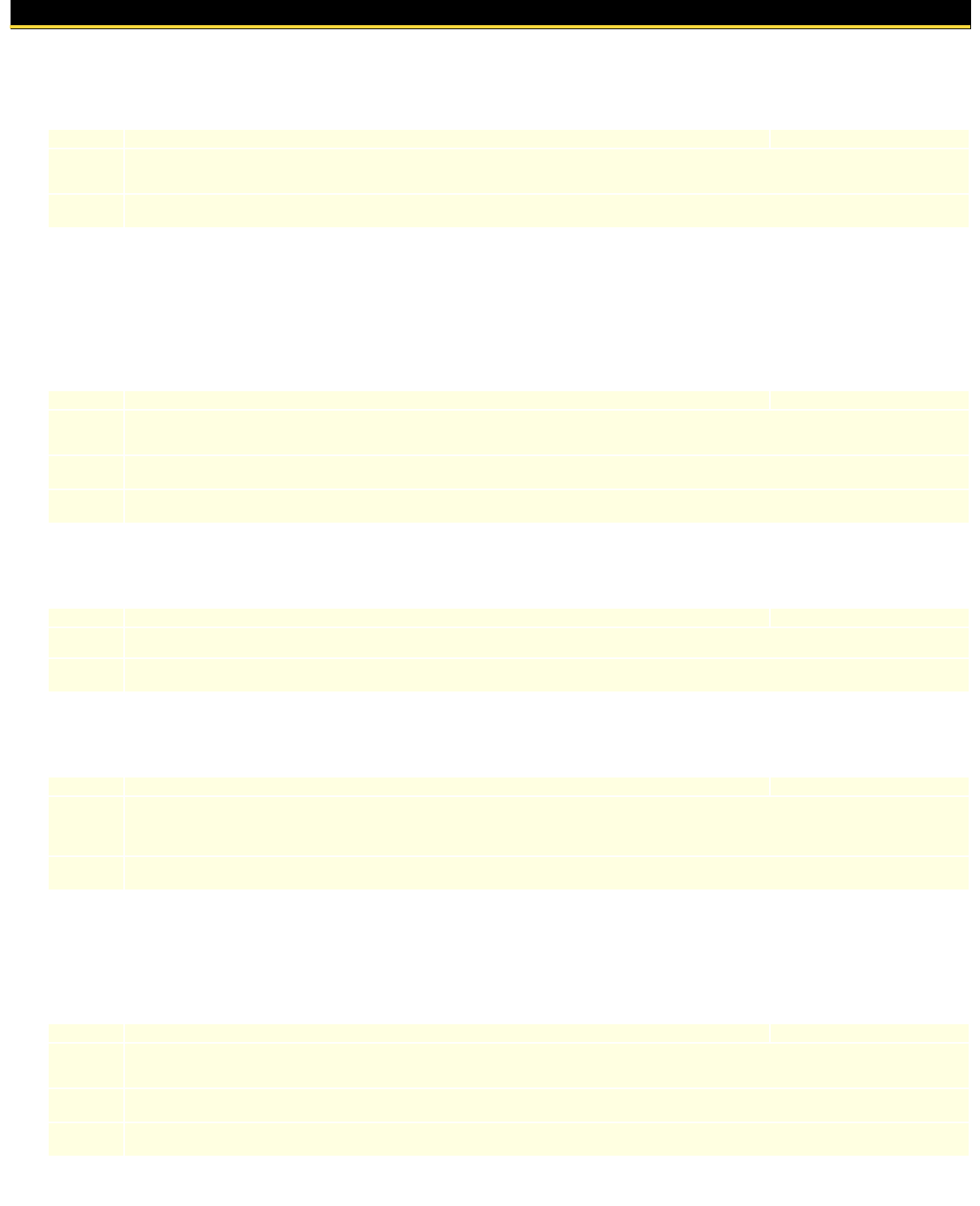
ART 740 Graduate Printmaking 3.00
Advanced studies in printmaking.
Typically Offered:
Fall and Spring Terms
ART 741 Graduate Photography 2 3.00
Advanced studies in photography. Emphasizes concept and process resolution by defining a specific direction through a cohesive body of
photographs. Students have the option of working in film or digital.
Typically Offered:
Fall and Spring Terms
ART 745 Exploring Stigma: Verbal and Visual Narratives 3.00
Social stigma exists. It may be associated with perceptions toward mental illness, socioeconomic status, race, gender identity, body image, and
HIV/AIDS. Stories help humanize issues and are invaluable as educational and awareness-raising tools. Students will examine the existence of
stereotypes, prejudice, and discrimination, and discover through art therapy-based approaches, how narratives play a role in social justice and in
eliminating stigma.
Prerequisites:
Prerequisite: Art Therapy Graduate or instructor consent.
Typically Offered:
Spring Term Only
ART 750 Psychology of Art 3.00
Art as a fundamental human activity on an individual and societal level. Studies theories of creativity and issues of cultural and social diversity as
applicable to art therapy.
Prerequisites:
Prerequisite: Art Therapy Graduate or instructor consent.
Typically Offered:
Spring Term Every Other Year
ART 760 Graduate Sculpture 3.00
Advanced studies in sculpture.
Typically Offered:
Fall Term Only
ART 770 Graduate Ceramics 3.00
Individualized studio problems in ceramics. Work at this level is expected to be specialized and without major technical problems.
Typically Offered:
Fall and Spring Terms
ART 775 Graduate Metalwork 3.00
Advanced in nonferrous metalwork.
Typically Offered:
Spring Term Only
ART 779 Graduate Fibers 3.00
Topic: Loom Weaving - Individually designed series of experiences using the loom in interlocking fibers. Problems planned in consultation with
instructor. Topic: Off-Loom Fibers - Advanced problems in primary structures should include research of primitive expression, materials and
techniques.
Typically Offered:
Fall and Spring Terms
ART 783 Art Therapy Fundamentals 3.00
Survey of the origins, history, and theoretical objectives and trends in art therapy. Ethical, legal issues and standards of good practice will be
covered.
Prerequisites:
Prerequisite: Art Therapy Graduate or instructor consent.
Typically Offered:
Fall Term Only
ART 784 Development of Creative Functioning 3.00
The study of the creative individual; exploration of research related to creativity; techniques for promoting creative thinking and problem-solving in
educational, clinical and business environments.
Prerequisites:
Prerequisite: Art Therapy Graduate or instructor consent.
Typically Offered:
Fall Term Only
ART 785 Art Therapy Techniques 3.00
Theoretical approaches and techniques used in art therapy will be studied. Students will also learn to develop and apply art therapy assessments.
Official 2019-21 Graduate UW-Superior Catalog: Academic Departments: Visual Arts
The Board of Regents of the University of Wisconsin System | 112 of 228
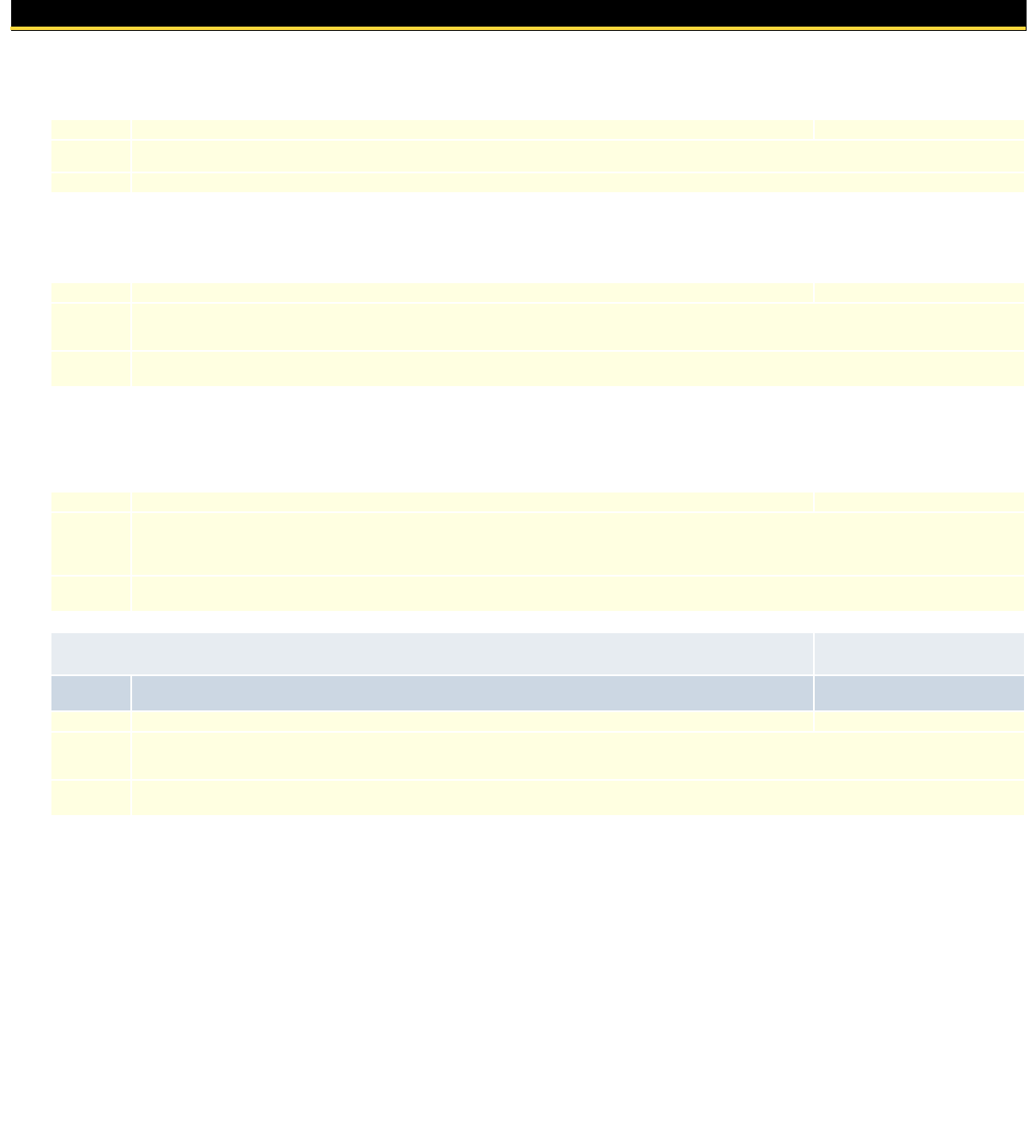
Prerequisites:
Prerequisite: Art Therapy Graduate or instructor consent.
Typically Offered:
Fall Term Only
ART 789 ART Elective 1.00 - 99.00
Transfer credits ONLY from another accredited institution not equivalent to a UW-Superior course.
Typically Offered:
ART 795 Independent Study 1.00 - 5.00
Graduate art students work independently under guidance of an instructor. Students submit a proposal of study during the first week of the course.
Typically Offered:
Fall and Spring Terms
ART 797 Art Field Study 1.00 - 3.00
By special arrangement and permission of the department, a student may enroll for the off-campus study of a problem in art. Documentation
required.
Typically Offered:
Fall and Spring Terms
ART 798 Practicum 1.00 - 7.00
Supervised experience providing practical application in specific disciplines. Integration of the competencies of the individualized focus in contract
form.
Typically Offered:
Fall and Spring Terms
ART 799 Graduate Terminal Project in Art Therapy 1.00 - 3.00
Students will complete a thesis project, which integrates their acquired theoretical knowledge, clinical internship experiences and applied critical
thinking. This is a self-directed course for students who have been approved to pursue a Master’s Terminal Project. Course provides a structured
format for completion of the Master’s Project under the advisement of an instructor.
Typically Offered:
Fall and Spring Terms
ARTED - Art Education
Catalog
Nbr.
Course Title/Course Topics Credits
ARTED 781 Art for Special Education 3.00
Exploration of art concepts, media, and processes with adaptations for the mainstreamed student with special educational needs. A study of
characteristics of students with behavior and/or learning disorders, cognitive delay, physical handicap, and gifted and talented.
Typically Offered:
Spring Term Only
ARTED 782 Art Education for the Gifted and Talented 3.00
Study of current guidelines, trends, and program options that address the special educational needs of gifted and talented students. Areas of
emphasis include: student characteristics, artwork characteristics, identification procedures, and curriculum models.
Typically Offered:
Occasional by Demand
Visual Arts Department Contact Information
Visual Arts Department
University of Wisconsin - Superior
Holden Fine and Applied Arts Center 3101
Belknap and Catlin Ave.
P.O. Box 2000
Superior, WI 54880
Phone: 715-394-8391
Email:
Official 2019-21 Graduate UW-Superior Catalog: Academic Departments: Visual Arts
The Board of Regents of the University of Wisconsin System | 113 of 228
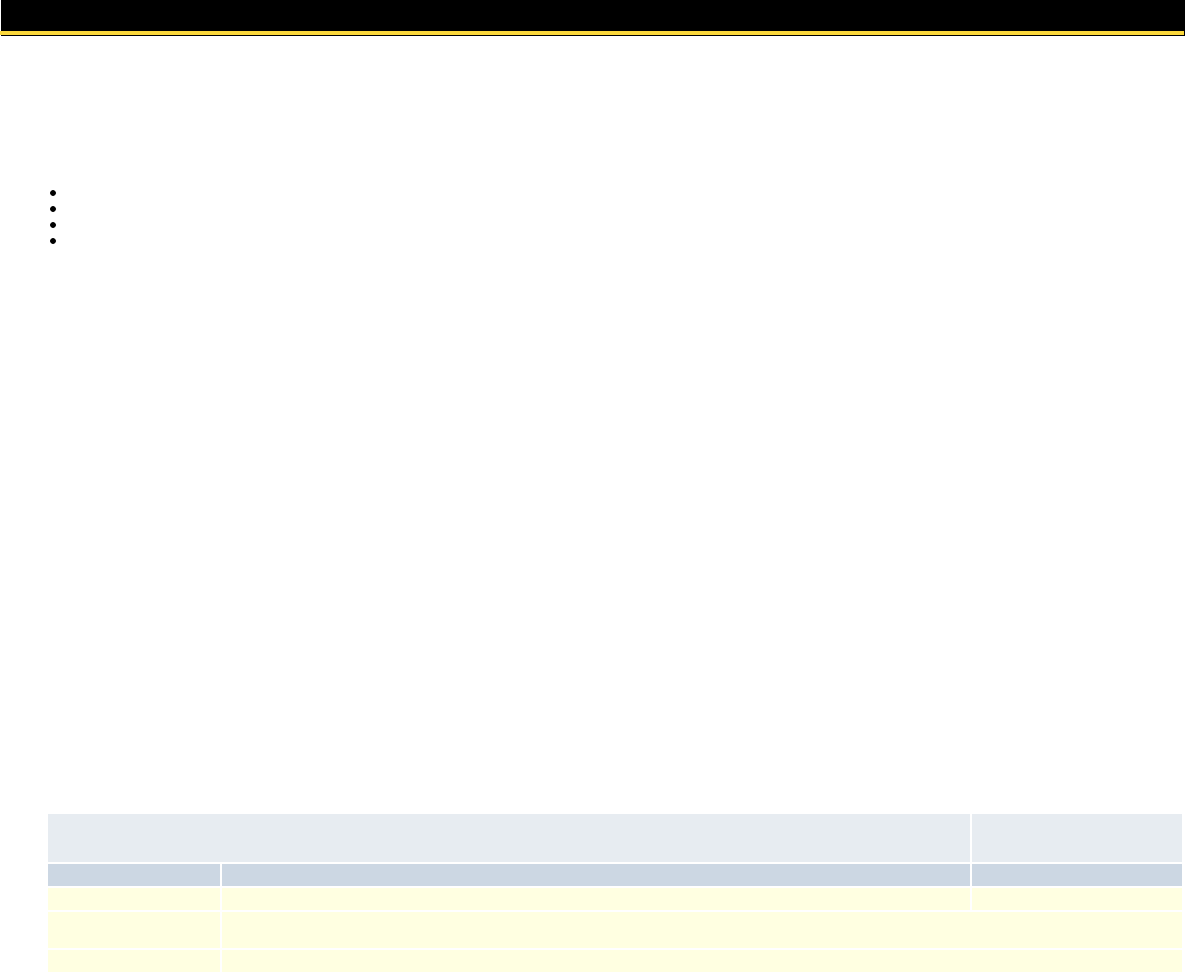
World Languages, Literatures and Cultures
Mission Statement
Faculty and Staff
Course Descriptions
World Languages, Literatures, and Cultures Department Contact Information
Mission Statement
The World Languages, Literatures, and Cultures Department promotes critical thinking, reading, and writing; oral, listening, and cultural competencies; and
strategies for literacy, teaching, and learning across diverse languages, literatures, and cultures within a liberal arts tradition.
Faculty and Staff
Ardren, Rebecca - Sr Lecturer, Language Arts
Crow, Timothy - Professor, German/Spanish
Donovan, Virginia - Asst Professor, French
Fezzey, Hilary - Asst Prof, English
Harrison, Deborah - Asst. Professor, Language Arts
Kortesma, Saundra - Lecturer
Kropid, Wendy - Professor, English Education
Pucheu, Jeanette - Asst Professor, Spanish
Reiff, Raychel - Professor, English
Sloboda, N - Professor, English
Course Descriptions
ENGL - English
Catalog Nbr. Course Title/Course Topics Credits
ENGL 665 Modern American Poetry 3.00
The study of major writers and poetic movements in modern American poetry.
Typically Offered:
World Languages, Literatures, and Cultures Department Contact
Information
World Languages, Literatures, and Cultures Department
University of Wisconsin - Superior
Swenson Hall 3061
Belknap and Catlin Ave.
P.O. Box 2000
Superior, WI 54880
Phone: 715-394-8195
Email:
Official 2019-21 Graduate UW-Superior Catalog: Academic Departments: World Languages, Literatures and Cultures
The Board of Regents of the University of Wisconsin System | 114 of 228
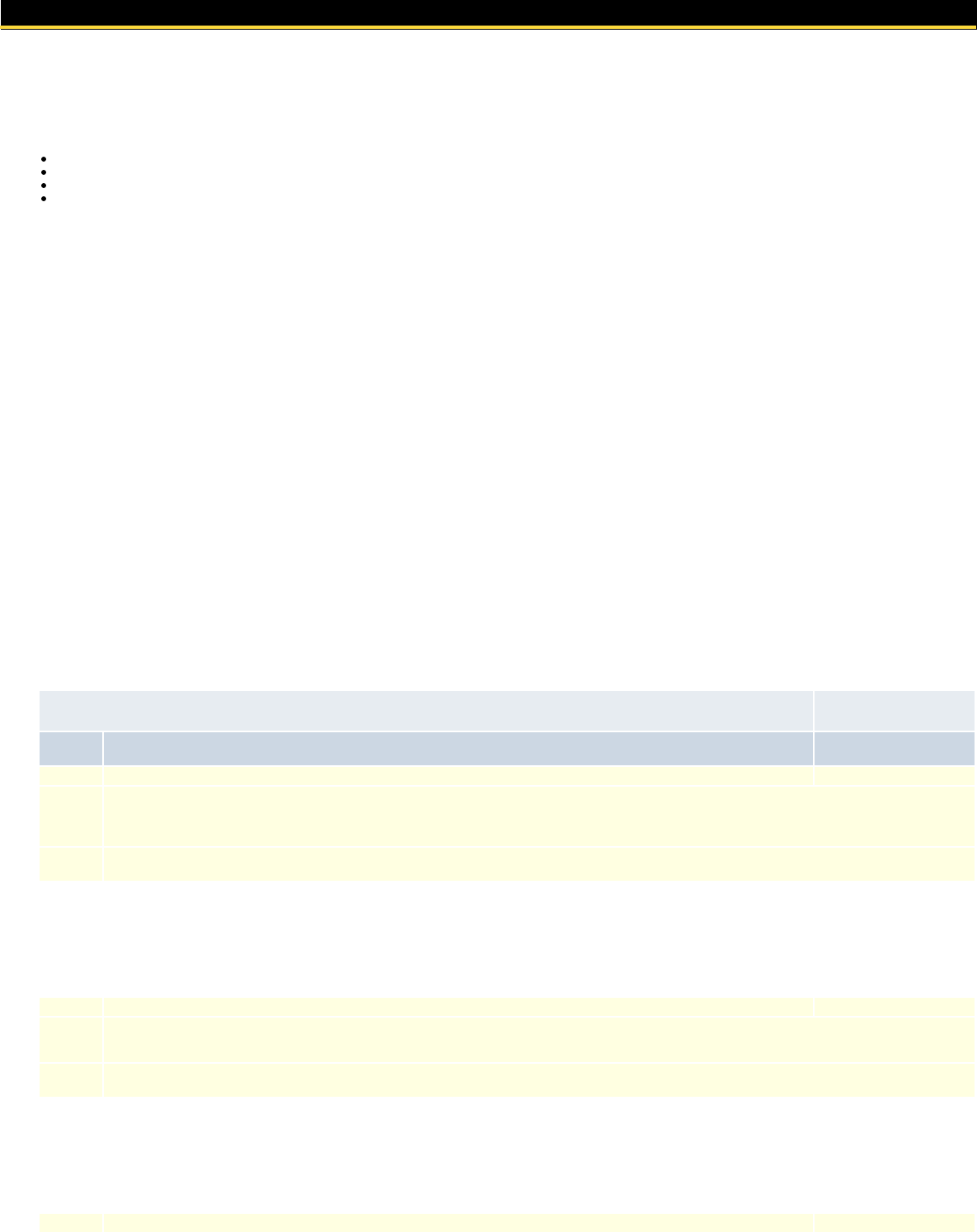
Writing and Library Science
Mission Statement
Faculty and Staff
Course Descriptions
Writing and Library Science Department Contact Information
Mission Statement
The Writing and Library Science Department supports the University of Wisconsin-Superior's liberal arts mission by promoting literacy across disciplines. In
doing so, the Department refines skills in reading, writing, listening, speaking, viewing, and thinking (both critical and creative) for both native and non-native
speakers of English. Moreover, the Department develops in its students, skills in accessing, processing, creating, evaluating, and sharing print and non-print
media including today's technologies.
Faculty and Staff
Carmen Britton - Academic Deptartment Associate
Faculty
Julie Gard - Associate Professor
Jayson Iwen - Associate Professor
Laura Jacobs - Professor
Yvonne Rutford - Associate Professor
Deborah Schlacks - Professor
Jamie White-Farnham - Associate Professor
Course Descriptions
LIBS - Library Science
Catalog
Nbr.
Course Title/Course Topics Credits
LIBS 503 Information Resources and Services 3.00
Principles and philosophies of library reference service, information literacy, reading, listening and viewing guidance, and information resources
with special emphasis on the Application of Wisconsin Model Academic Standards within the school library media center. Knowledge and use of
major reference resources as well as discussions of strategies for effective information services.
Typically Offered:
Fall Term Only
LIBS 507 Selecting and Organizing Library Resources 3.00
Develops the ability to build and maintain resource collections by studying the principles and practices of selection, acquisition, and evaluation for
resources to support the library's goals. Includes the study and application of standardized procedures for classifying and cataloging resources and
maintaining electronics systems of collections.
Typically Offered:
Fall Term Only
LIBS 509 Information Literacy Leadership 3.00
Introduction to information literacy program development in a range of libraries. Examines leadership roles as they relate to information literacy and
the collaborative teaching responsibility of librarians.
Typically Offered:
Spring Term Only
LIBS 510 Young Adult Literature 3.00
Examination of the range of print and mediated literature available to young adults. Criteria for evaluation, selection, and guidance in use to meet
both student and curriculum uses are discussed. An appreciation for the literature is developed through experiences in reading, viewing, and
classroom reporting.
Typically Offered:
Fall Term Only
LIBS 525 Administration of Library Media Programs 3.00
Official 2019-21 Graduate UW-Superior Catalog: Academic Departments: Writing and Library Science
The Board of Regents of the University of Wisconsin System | 115 of 228
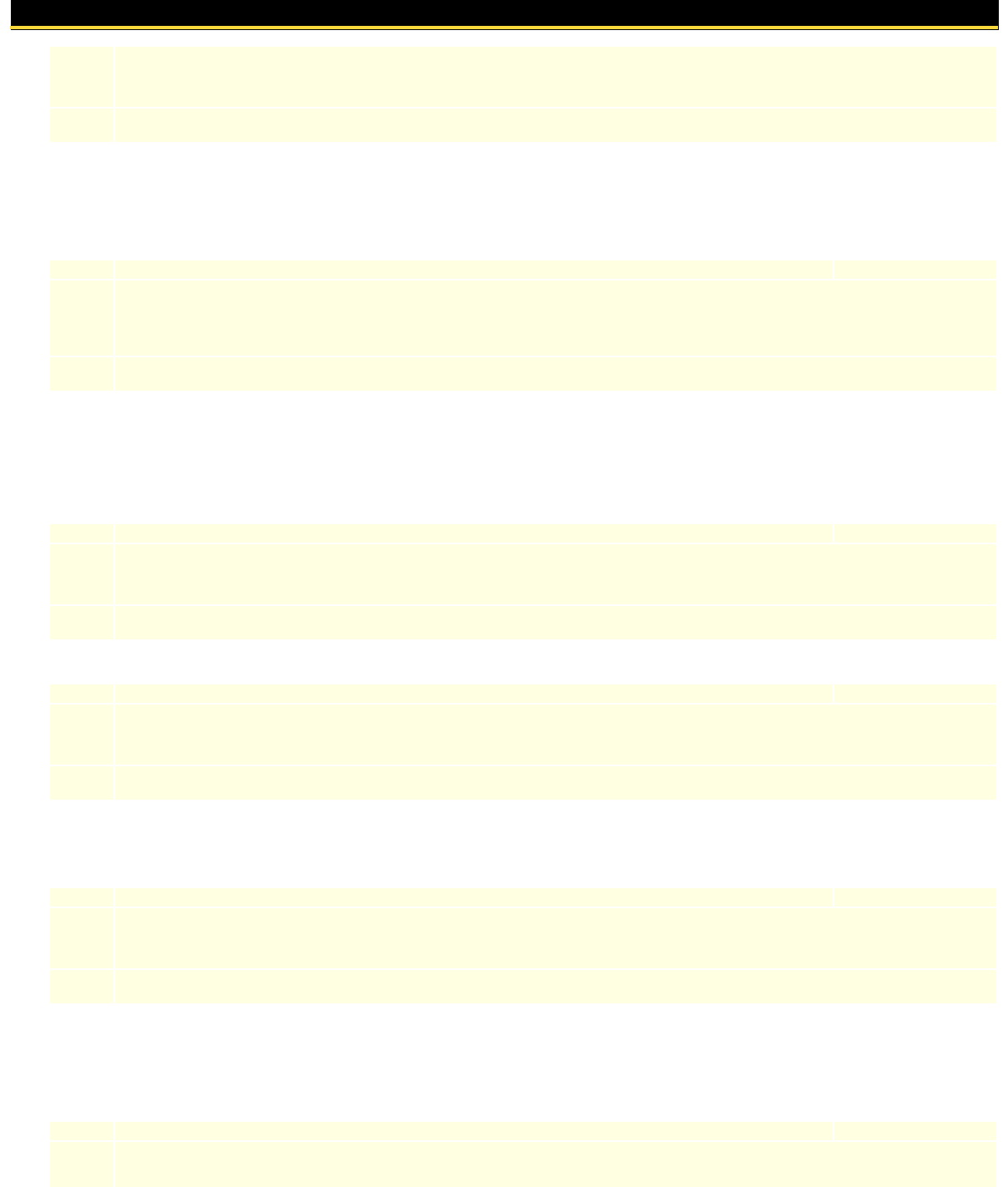
Introduction to administration of library/media programs with emphasis on leadership in the library/media program, the school, and the broader
community of the library/media program and the library/media specialist profession. Examines the state and national guidelines appropriate to
library/ media programs.
Typically Offered:
Spring Term Only
LIBS 606 Children's Literature 3.00
Study of the various types of fiction and nonfiction literatures published for, used with, or selected by children birth to age 12. Emphasis is on using
children's literature across the content area with best practice instruction. Includes the selection, evaluation, appreciation, and use of children's
literature and related media. Explores methods to help develop a child's interest in reading and ability to appreciate quality children's literature.
Typically Offered:
Fall and Spring Terms
LIBS 612 Trends-Issues K-12 Literature 3.00
Examination of literature for children and young adults published within the last 10 years. Includes reading and discussion of the literature and
trends in children's and young adult reading. Also includes examination of current selection aids and other resources for teachers and librarians
serving children and young adults. Topics include current thought on the digital age, internet and intellectual freedom issues, and the teaching of
both children's and young adult literature in the classroom. Summer only.
Typically Offered:
Summer Only
LIBS 616 Advanced Administration of School Library Media Programs 3.00
Focus on advanced preparation for work in the field of school library administration, including building as well as district perspective. Topics to be
included are: the school library media specialist's role in school improvement, collaboration with teachers, and the importance of networking with the
school, within the district, and in the professional field. Emphasis on "real world" issues affecting administration of school libraries, with discussion of
current trends in the field. Summer only.
Typically Offered:
Summer Only
LIBS 635 Technology for Teaching and Learning 3.00
Effective use of technology with students and faculty to facilitate teaching and learning. Educational media selection, design, production, and
instructional delivery to meet Wisconsin and Minnesota information and technology literacy standards. Management and planning concepts for
technology in schools and libraries.
Typically Offered:
Spring Term Only
LIBS 640 Information Literacy 3.00
Typically Offered:
LIBS 645 Integrating Technology in the Library Media Program 3.00
Use of educational theory to select, design, and implement advanced information and instructional technologies in the library media program.
Development of skills in planning and providing organizational professional development, and in appropriate use of intellectual property in teaching
and learning
Typically Offered:
Spring Term Only
LIBS 650 Topics in Library Science 1.00 - 3.00
Concentrated study of current special or advanced topics/issues in librarianship. Topics are selected by library faculty based upon student/library
community interest. Course may be repeated when topics are different. Summer only.
Typically Offered:
LIBS 685 Library Practice 1.00 - 3.00
Supervised practice in library situations providing opportunity for practical application of library principles. Primarily for those in non-teaching areas.
Requires consent of the instructor. (N.B. For prospective teachers the practicum in school library media centers is included in the student teacher's
professional sequence.)
Typically Offered:
Fall and Spring Terms
LIBS 690 Supervised School Library Practicum Combined 3.00
This course provides licensed teachers in the school library program with the opportunity to fully develop, practice, and reflect upon skills acquired
through coursework in a supervised field experience in an elementary and a secondary school library and work in their own schools, as appropriate.
Students create a portfolio demonstrating mastery of program competencies. Prerequisites: Graduate status, consent of instructor, completion of at
least 21 credits at UW-Superior, 3.10 GPA in library media courses taken before entering the library media practicum.
Typically Offered:
LIBS 699 Directed Studies in Librarianship 1.00 - 3.00
Individualized study of a particular area or problem in librarianship. Topic selected requires approval of the instructor within the program who will be
directing the study. May be taken in several units providing a different topic is taken each time.
Official 2019-21 Graduate UW-Superior Catalog: Academic Departments: Writing and Library Science
The Board of Regents of the University of Wisconsin System | 116 of 228

Typically Offered:
Fall and Spring Terms
Writing and Library Science Department Contact Information
Writing and Library Science Department
University of Wisconsin - Superior
Swenson Hall 3061
Belknap and Catlin Ave.
P.O. Box 2000
Superior, WI 54880
Phone: 715-394-8195
Email:
Official 2019-21 Graduate UW-Superior Catalog: Academic Departments: Writing and Library Science
The Board of Regents of the University of Wisconsin System | 117 of 228
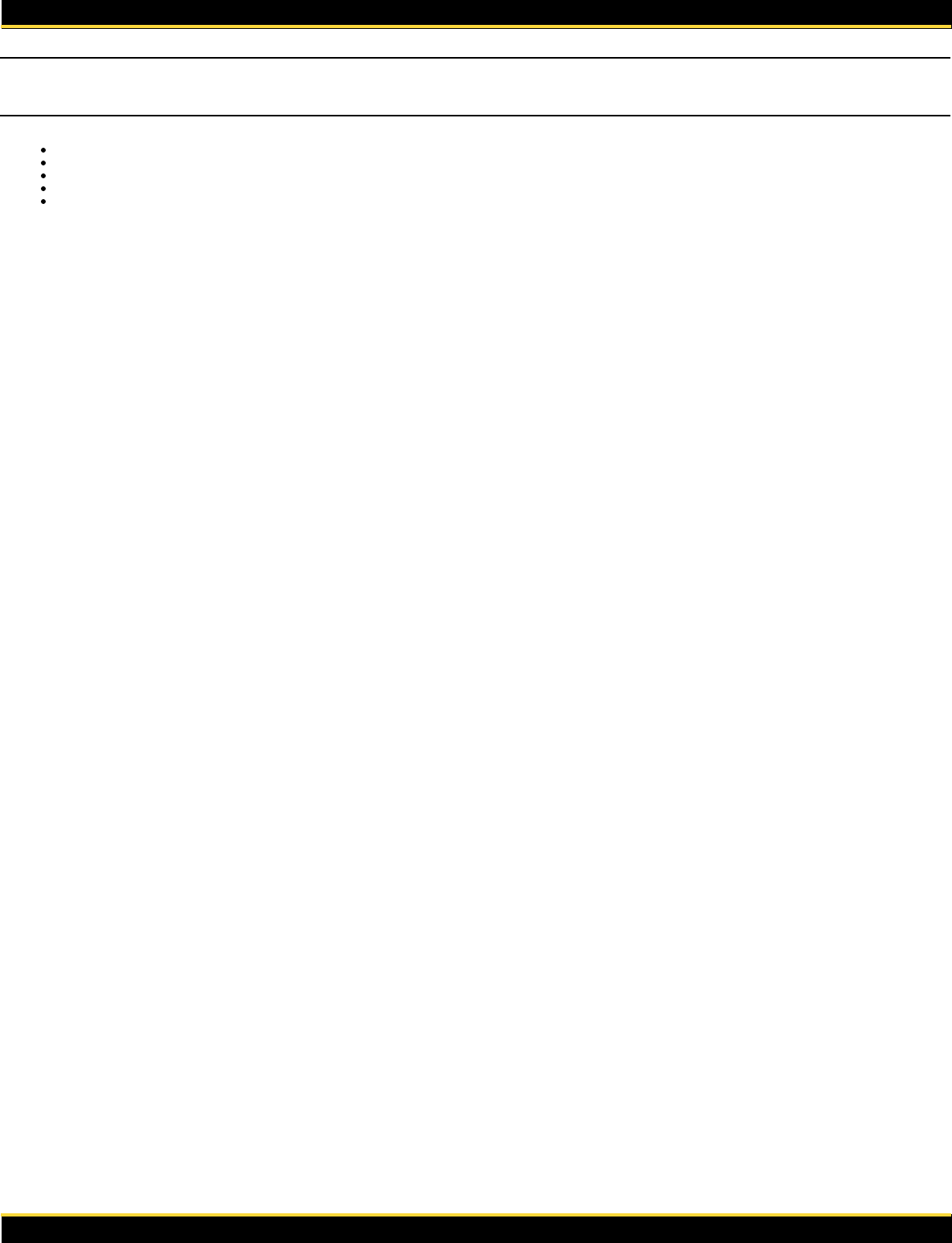
Academic Areas
Center for Continuing Education
First Year Seminar Courses
High Impact Practices
Research
University Studies
© 2023 The Board of Regents of the University of Wisconsin System | 116
Official 2019-21 UW-Superior Catalog: Academic Areas
The Board of Regents of the University of Wisconsin System | 118 of 228
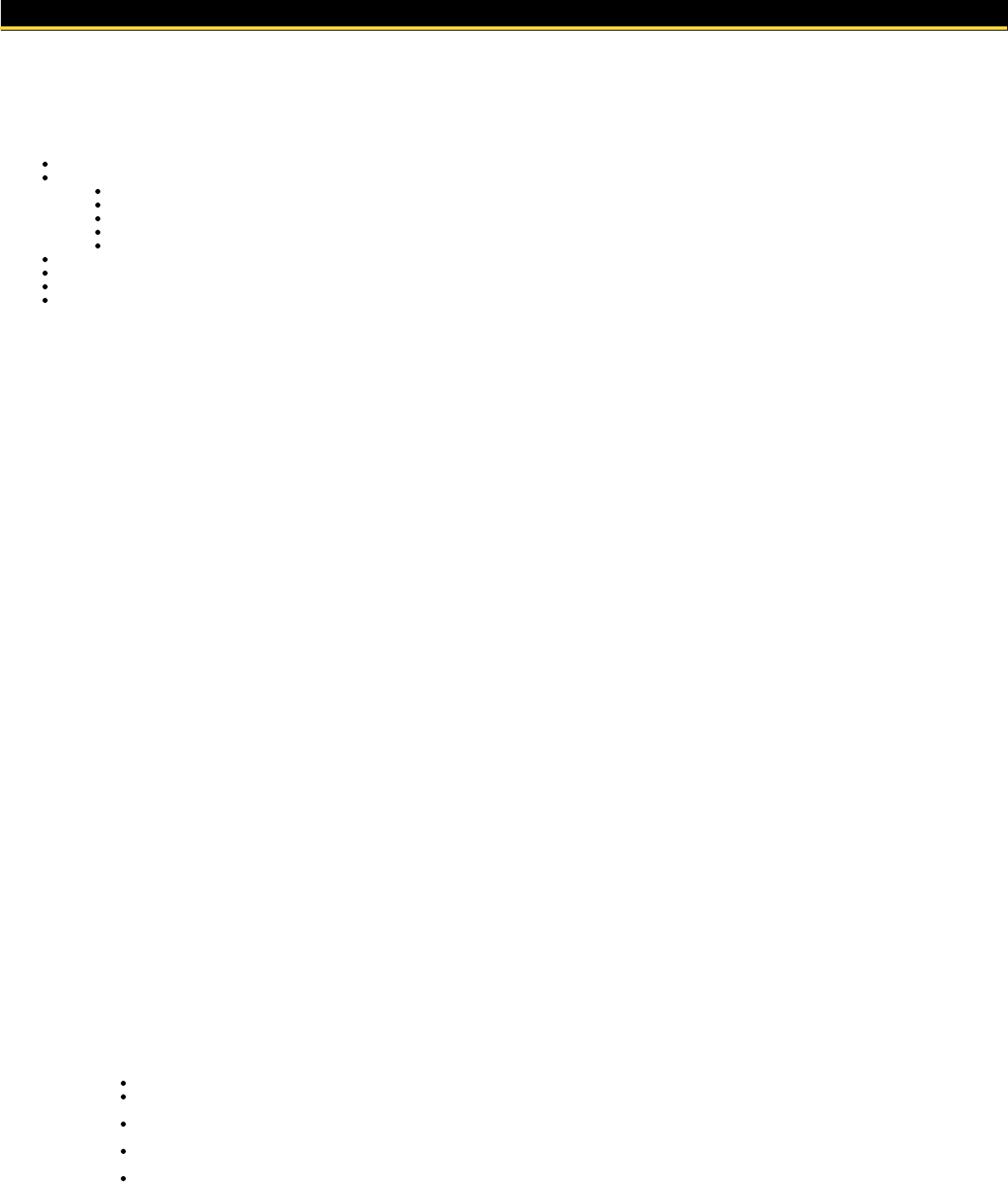
Center for Continuing Education
Center for Continuing Education
Certificate Programs
Human Resource Generalist Certificate Program
Mediation Certificate Program
Paralegal Certificate Program
Criminal Justice Paralegal Certificate Program
Certificate in Ethical Leadership Program
Leadership Superior/Douglas County
Small Business Development Center
Conferences, Workshops and Other Non-Credit Professional Development Programming
Enrolling in Continuing Education Credit Programming
Center for Continuing Education
Vision
Our vision is that northwestern Wisconsin is a thriving community with opportunity for all.
Mission
The Center for Continuing Education at the University of Wisconsin-Superior, provides educational programming to meet the needs of lifelong learners in
northwestern Wisconsin.
At the Center for Continuing Education, we are dedicated to working with our community to serve our community. Our community members are the people who
live, work, and learn in northwestern Wisconsin. We serve students, professionals, small businesses, leaders, and all lifelong learners through academic and
professional development programs. We work with community members, partners, and the University of Wisconsin-Superior to provide relevant and accessible
programs.
We want our northwestern Wisconsin community to have the full range of lifelong learning programs it needs so that our community members can grow
personally and professionally. We believe our work can help the community realize a good quality of life, retain a quality workforce, and provide opportunity for
all its members.
Certificate Programs
Human Resource Generalist Certificate Program
This program is geared to HR professionals and students who wish to gain foundational knowledge and skills in the field of human resources. The
certificate consists of workshops totaling 48 hours of training. Participants seeking academic credit may register for BUS 499, Human Resources
Generalist. Participants may complete the program in one year or two. For more information, call 715-394-8469 .
Mediation Certificate Program
The certificate program includes a total of 6 semester credits consisting of 3 required courses. Courses may also be taken on a noncredit basis. View the
requirements for the Mediation Certificate in the certificate section of this catalog.
Upon completion of the Mediation Certificate, participants will be able to:
Demonstrate an understanding of ethics and ethical issues in mediation.
Demonstrate an understanding of domestic abuse issues, including definition of battery and types of power imbalances; domestic abuse
screening that includes simulation and role-plays; and, legal issues related to domestic abuse cases.
Demonstrate an understanding of conflict resolution and mediation theory, components of the mediation process, mediator conduct, and the
rules, statutes and practices governing mediation.
Demonstrate an understanding of psychological issues related to separation, divorce and family dynamics; issues and needs of children in
divorce; family law; and, family economics.
Demonstrate mediation skills and techniques through experiential learning and role-plays.
In order to successfully complete this certificate for credit, you must earn a GPA of 2.0 for each course. Visit www.uwsuper.edu/mediation for more
information.
Official 2019-21 UW-Superior Catalog: Academic Areas: Center for Continuing Education
The Board of Regents of the University of Wisconsin System | 119 of 228
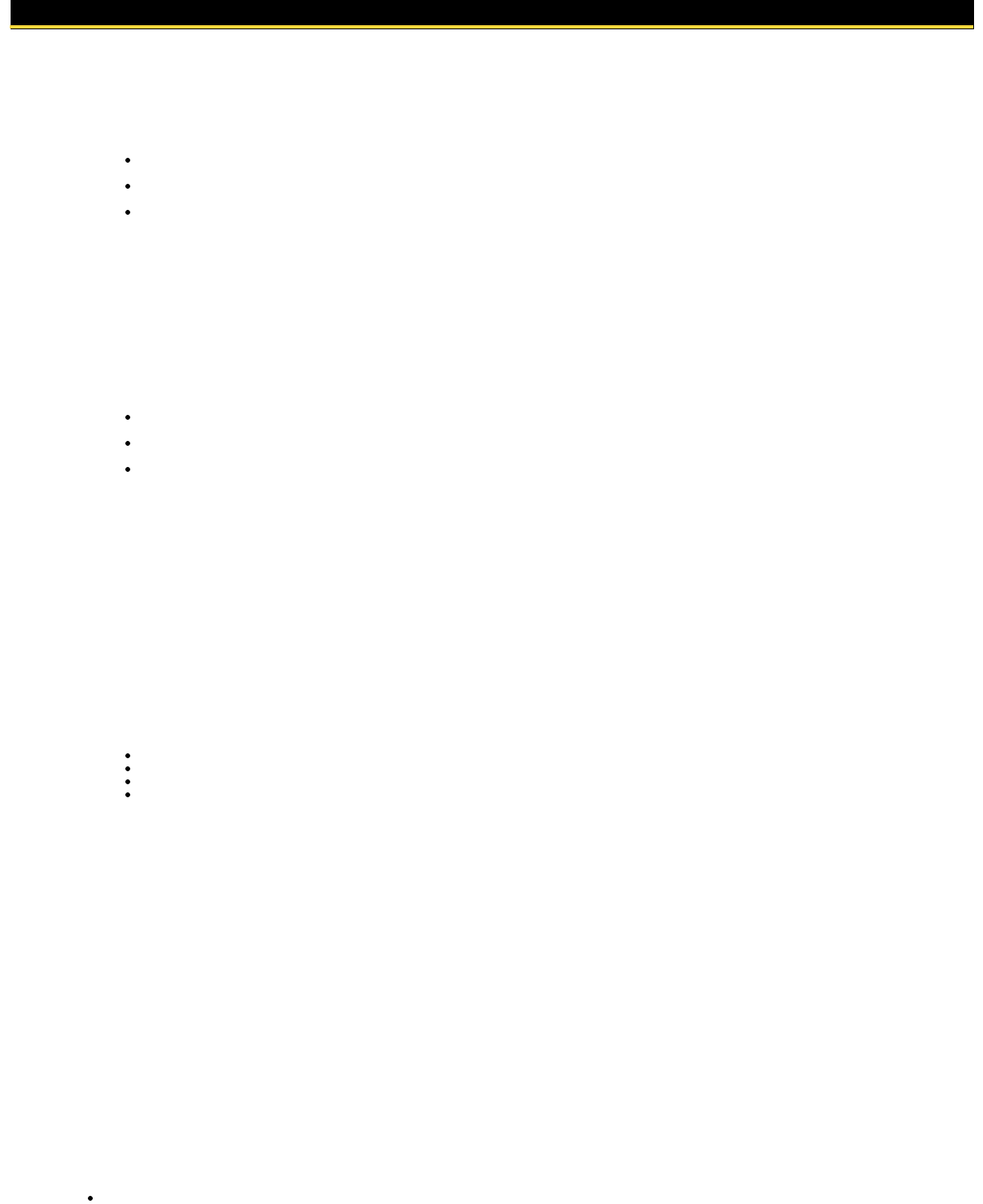
Paralegal Certificate Program
The Paralegal Certificate Program provides training in foundational and substantive legal topics, with an emphasis on both knowledge and practical skills
for those considering legal careers. This 30-credit certificate is usually completed within two years.
Upon completion of the Paralegal Certificate, participants will be able to:
Demonstrate foundational knowledge of the law, including legal processes, reading and analyzing legal texts, legal research and writing, and
criminal and civil legal systems.
Demonstrate foundational knowledge in the field of paralegalism, such as assisting in trial preparation, interviewing clients and witnesses,
preparing comprehensive reports and letters, preparing discovery documents, and the ethical issues surrounding the profession.
Apply legal foundational knowledge to real world settings through internship experiences.
In order to successfully complete this certificate, you must earn a minimum GPA of 2.0 for each course. The Paralegal Certificate is listed on the
University official transcript. Visit: www.uwsuper.edu/paralegal for more information.
Criminal Justice Paralegal Certificate Program
The Criminal Justice Paralegal Program offers those interested in working in criminal law professional settings the opportunity to gain knowledge and skills
relevant to the field. This 29 credit, concentrated certificate will help build your credentials in the field of criminal law. Most students will complete this
certificate in two years.
Upon completion of the Criminal Justice Paralegal Certificate, participants will be able to:
Demonstrate foundational knowledge of the law, including legal processes, reading and analyzing legal texts, and legal research and writing with
additional emphasis on criminal law.
Demonstrate foundational knowledge in the field of paralegalism, such as assisting in trial preparation, interviewing clients and witnesses,
preparing comprehensive reports and letters, preparing discovery documents, and the ethical issues surrounding the profession.
Apply legal foundational knowledge to real world settings through internship experiences.
In order to successfully complete this certificate, you must earn a minimum GPA of 2.0 for each course. The Criminal Justice Paralegal Certificate is
listed on the University official transcript. Visit www.uwsuper.edu/cce for more information.
Certificate in Ethical Leadership Program
This certificate teaches foundational leadership principles and competencies. Students will be able to expand their emotional intelligence, articulate their
moral code, and build ethically grounded leadership skills enhancing successful leadership in any setting. This 6-credit certificate consists of two required
courses:
IDS 220: Emotional Intelligence -- 3.00 credits
IDS 320: Ethical Leadership -- 3.00 credits
Upon completion of the Certificate in Ethical Leadership, students will be able to:
Demonstrate awareness of the roles emotional intelligence and empathy play in effective leadership.
Demonstrate enhanced communication, critical thinking and decision-making skills.
Demonstrate basic understanding of leadership styles, ethical principles, and core values.
Apply ethical decision-making to real world settings.
In order to successfully complete this certificate, students must earn a minimum GPA of 2.0 for each course.
Leadership Superior/Douglas County
The Center for Continuing Education sponsors a regional 10-month program to enhance the progress of northern Wisconsin by training present and future
leaders and helping them to become engaged in their community. Participants are selected through a competitive process. Persons who live and/or work in
Superior or Douglas County are invited to apply for the program each June. For further information contact 715-394-8030 or visit www.uwsuper.edu/leadership.
Small Business Development Center
Located in: Erlanson Hall 108
Phone: 715-394-8352 ;
The Small Business Development Center at UW-Superior is part of a statewide network supporting entrepreneurs and business owners through no-cost,
professional, confidential consulting and targeted educational programs. Regional SBDC experts facilitate improvement and growth for small and emerging
mid-size companies and help launch successful enterprises.
Our consultants work with you to support your success as you START | MANAGE | GROW your business. In addition to in-person appointments at our office or
at a location nearer to you, consulting is available via email, telephone and web or video conference.
Member of Northwest Regional SBDC alongside UW-Eau Claire and UW-River Falls.
Sponsor and collaborator of Superior Entrepreneurs on Tap.
Official 2019-21 UW-Superior Catalog: Academic Areas: Center for Continuing Education
The Board of Regents of the University of Wisconsin System | 120 of 228
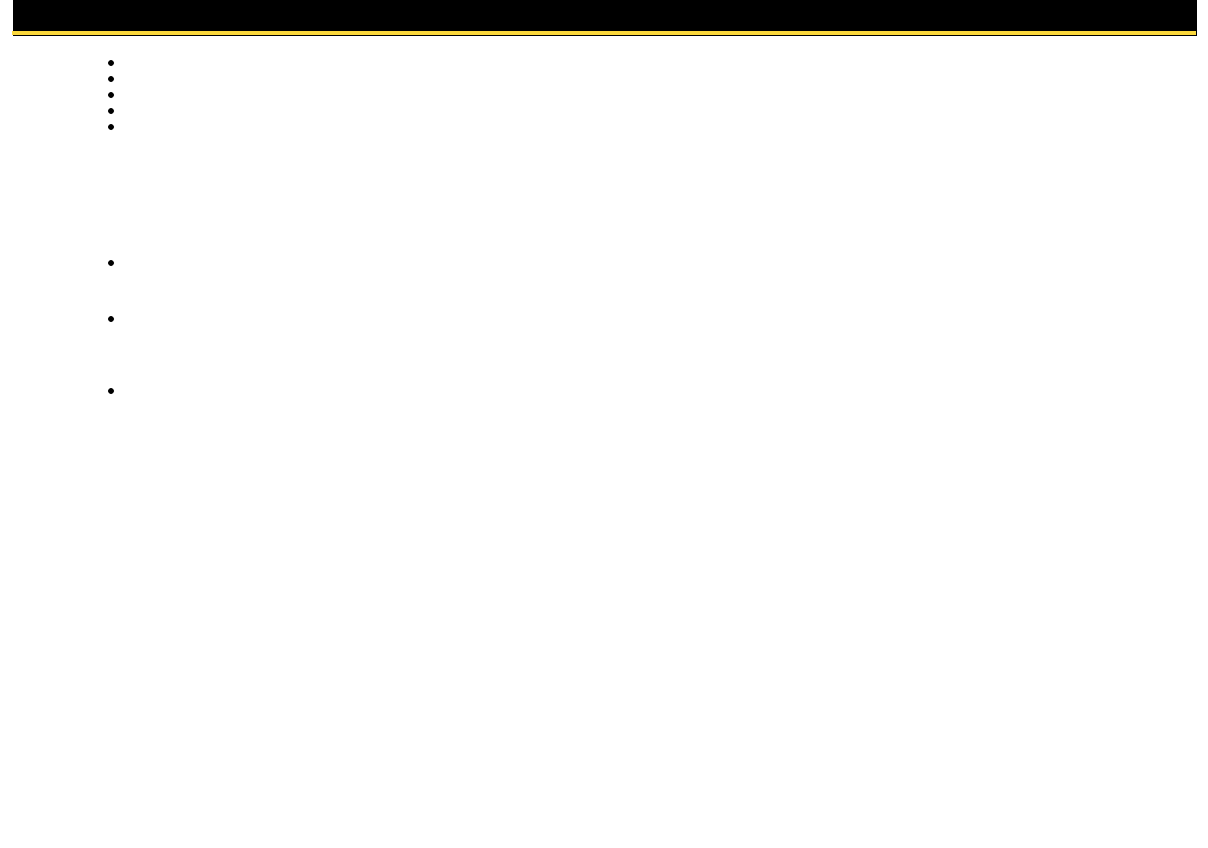
Sponsor and collaborator of Superior Entrepreneurs on Tap.
Regional collaborator of Regional Economic Indicators Forum.
Member of Wisconsin Innovation Network - Lake Superior Chapter.
Generated 800 hours in consulting time to assist new and existing businesses in 2018.
Facilitates the Entrepreneurial Training Program, held in the Spring and Fall.
Training Program Topics
Start-Up Business Solutions
Learn how to launch a strong, successful company though one on one assistance and business education.
Grow Your Business Series
From web marketing and financial management to human resources and internal communication, the Growing Business courses help small business
owners, managers, and staff achieve their full potential.
Small Business Success Series
These series have been developed to provide the tools, concepts, and strategies to create a successful business. The focus of the programming has
been focused on existing small business owners and key management.
Conferences, Workshops and Other Non-Credit Professional
Development Programming
Throughout the year, the Center for Continuing Education offers conferences, workshops, online courses and certificates, and forums related to current issues
in human health and wellbeing, nonprofit management, human resource management, and other areas.
Enrolling in Continuing Education Credit Programming
Current UW-Superior students can enroll in courses via their E-Hive accounts.
Prospective, non-degree seeking students can enroll as "Special Students" in Continuing Education's credit programming by completing the Academic Credit
Class Enrollment form prior to the start of each semester. The forms can be submitted via email to [email protected] or in-person to Old Main 100.
Continuing Education Special Students are not eligible for financial aid. If Continuing Education Special Students request to become degree seeking, they will
be required to formally apply to the university through the UW-Superior Admissions Office .
Official 2019-21 UW-Superior Catalog: Academic Areas: Center for Continuing Education
The Board of Regents of the University of Wisconsin System | 121 of 228

First Year Seminar Courses
Program Goal - to integrate students into a community of higher order learners by engaging their interest and imagination. Each seminar will advance the
Program Goal through the following student Learning Goals.
Students will be more disposed to:
value learning in its own right and see themselves as having the ability and right to invest themselves in this learning;
pursue learning collaboratively, both in formal academic settings and elsewhere;
actively question previous knowledge and examine new ideas and multiple perspectives.
First Year Seminars are encouraged for all entering first year students. These small seminars of 15 first year students are specially chosen each year to offer a
broad array of topics that are either unusual in their focus or in their approach to the topic. Each is designed to challenge and inspire while supporting students in
their transition to this campus, its Liberal Arts focus, and its resources for and expectations of students. Each seminar meets a University Studies or Core
requirement. It should be taken during the first semester on campus and must be taken before sophomore registration.
Official 2019-21 UW-Superior Catalog: Academic Areas: First Year Seminar Courses
The Board of Regents of the University of Wisconsin System | 122 of 228

High Impact Practices
High Impact Practices (HIPs)
Academic Service-Learning (AS-L)
Senior Experience
Undergraduate Research and Scholarship and Creative Activity (URSCA)
Writing Across the Curriculum
Certificate of Writing Excellence
High Impact Practices (HIPs)
Beginning in 2004, the UW-Superior Faculty Senate has endorsed six new Programs designed to further the campus public liberal arts mission. Each Program
has become part of the campus' commitment to providing students with a dynamic engaging learning experience. Each provides or directs activities on campus
and in the community that prepare students for 21st century careers and life-long learning.
Academic Service-Learning (AS-L)
Academic Service-Learning (AS-L) is community-based learning, embedded within a credit-bearing course, enhancing students' understanding of the
course's learning objectives and of their sense of civic responsibility.
Courses with an AS-L designation will provide students an opportunity to have hands-on, real-world experiences by applying knowledge from the course
while simultaneously meeting identified community needs. Research has shown that AS-L experiences provide students with a distinctive advantage for
their career and/or graduate school preparation.
During the 2017-18 academic year, 34 professors incorporated AS-L into 73 course sections. As such, there were 1,039 student experiences with 183
community partners. Students completed 28,125 hours of service; this had a direct economic impact of $675,000.
AS-L is a part of an even larger institutional commitment to community engagement that is directly connected to UW-Superior’s mission. UW-Superior is
leveraging its strengths as an anchor institution—one in which community engagement is deeply ingrained, fully institutionalized and effectively taught
and implemented.
Senior Experience
Each department has a required Senior Year Experience. SYE supports students' integration of their extensive college learning experiences and the deep
knowledge of their major field of study. The SYE is a culminating experience and creates a capstone to the student's UW-Superior education.
Each student is required to share his or her Senior Experience work with the campus and wider community. These public presentations of Senior
Experiences are uniquely designed by each discipline in accordance with expectations of the particular field of study and serve as a celebration of their
achievements.
Undergraduate Research and Scholarship and Creative Activity (URSCA)
The Center for URSCA promotes student involvement in a broad range of research and scholarly work beginning in their first year on campus. It is a
natural fit with the other five High Impact Programs that engage students in taking responsibility for their learning and in finding interesting and dynamic
means of applying. URSCA activities strengthen students' critical thinking, analysis, and problem solving abilities whether it is in science or literature,
psychology or the arts. By learning these abilities in all sorts of courses across the curriculum students enter their Senior Capstone ready to take on their
SYE project.
URSCA is involved in sending students and their research to Posters in the Rotunda (Madison), The UW System Wisconsin Symposium, and to other
state and national conferences as funds allow. In collaboration with the UW Superior Foundation it coordinates the Summer Undergraduate Research
Fellowship Program and every spring it holds a Day of Celebration of students' URSCA projects.
Writing Across the Curriculum
In recognition of the key role writing plays in a liberal education, the Writing across the Curriculum Program aims to promote a culture of writing at UW-Superior.
To this end, it offers students the opportunity to seek a Certificate of Writing Excellence. For faculty and teaching staff, the program provides support through
grants and brown-bag sessions for making student writing a meaningful part of courses and curricula. Finally, the program sponsors a variety of writing events
on campus and beyond.
Certificate of Writing Excellence
Official 2019-21 UW-Superior Catalog: Academic Areas: High Impact Practices
The Board of Regents of the University of Wisconsin System | 123 of 228
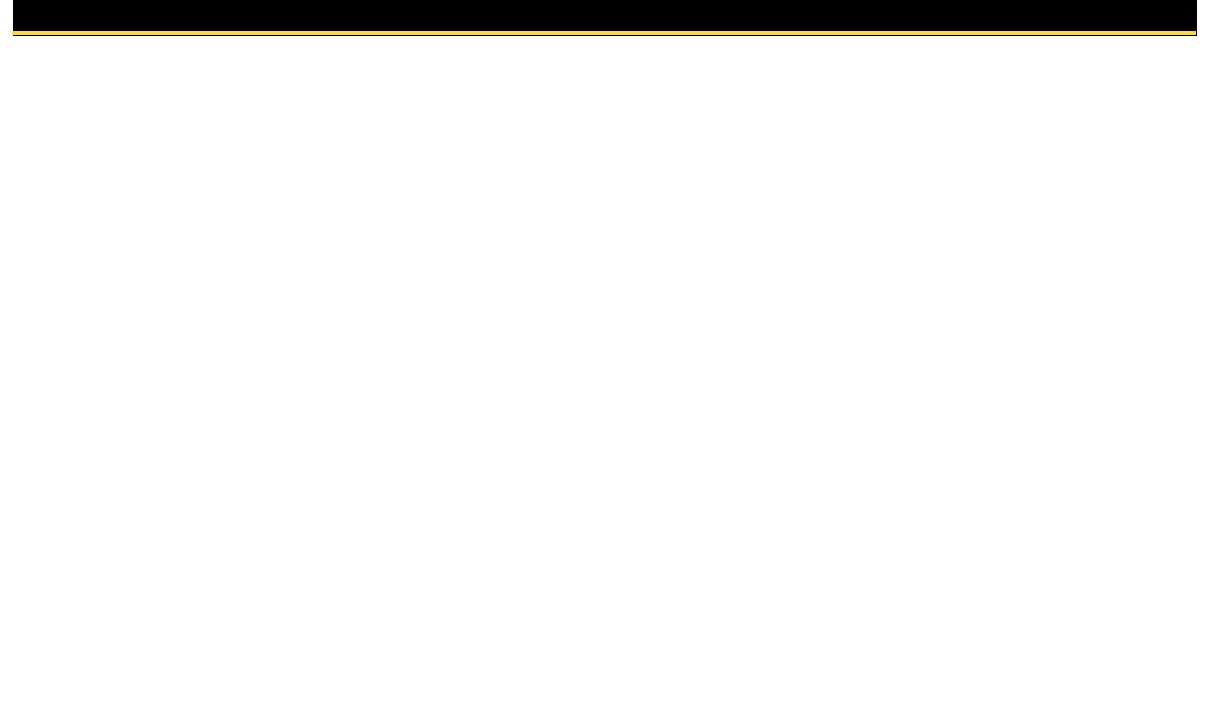
The Certificate of Writing Excellence Program at the University of Wisconsin-Superior enables students to attain and exhibit excellence in writing. The
program is administered through the UW-Superior Writing across the Curriculum (WAC) Program. The Writing across the Curriculum Coordinator advises
certificate-seeking students concerning their progress toward fulfilling the requirements.
The certification is shown on students' transcripts and can be listed on their resumes, thus providing prospective graduate schools and employees with an
indication of their level of attainment in an area--writing--that is important in these arenas.
Requirements:
Application to the program prior to completion of 75 credits: Students are encouraged to apply early in their college careers but must apply prior
to the completion of 75 credits. Students beyond 75 credits may petition for admission by submitting a descriptive and well-supported written
request to the Writing across the Curriculum (WAC) Coordinator.
1.
Successful completion of four writing-certificate-eligible (WCE)
courses (at least two of which are upper-level courses), for a minimum
of 12 credits, receiving a B or higher in each. One WRIT course at the 200-level or above can be included among the four courses; the rest must
be writing-certificate-eligible courses, which will have prefixes other than WRIT or ESL. No more than two of the four courses can have the same
prefix. (View up-to-date list of WCE courses)
2.
Attendance at three (minimum) UW-Superior WAC-coordinated workshops. One must concern learning to construct the portfolio for the
certificate; the others will concern how to improve one's writing.
3.
One specific project involving substantial use or study of writing beyond the classroom (academic service learning project, leadership role on
campus, internship, completion of a digital storytelling project pertaining to writing, participation in writing events such as a writing workshop
[excluding those for Requirement 3], a series of readings, a professional conference, etc.) The student's choice of project must be pre-approved
by the WAC Coordinator.
4.
Successful completion of a portfolio of work, to include:
One sample of the student's written work from each writing-certificate-eligible course, revised and improved upon beyond the draft
graded for the course
a.
A copy of the work produced during the beyond-the-classroom project or proof of participation in a writing-specific event.b.
A reflective essay on the experience/writing process of the beyond the classroom project.c.
A reflective essay on the student's growth as a writer throughout his or her work on the writing for the certificate. This work will make
direct reference to the written works included in the portfolio.
d.
5.
The portfolio must be approved by the WAC Coordinator in order for the student to receive the certificate.
Public presentation of the portfolio at the campus event showcasing WAC projects.
For more information on this certificate visit the Certificate of Writing Excellence webpage.
Official 2019-21 UW-Superior Catalog: Academic Areas: High Impact Practices
The Board of Regents of the University of Wisconsin System | 124 of 228

Research
Lake Superior National Estuarine Research Reserve
Contact Information
Lake Superior Research Institute (LSRI)
McNair Scholars Program
Undergraduate Research, Scholarship and Creative Activity (URSCA)
Transportation & Logistics Research Center
Lake Superior National Estuarine Research Reserve
Staff
Christine Anderson, Financial Specialist
Sarah Congdon, Graphic Designer
Gail Epping Overholt, Coastal Training Program Coordinator
Deanna Erickson, Education Coordinator
Tracey Ledder, Monitoring Coordinator
Kelly Pugh, Administrative Specialist
Patrick Robinson, Co-Director, UWEX Environmental Resources Center
Shon Schooler, Research Coordinator
Erika Washburn, Reserve Manager
Background
The National Estuarine Research system (https://coast.noaa.gov/nerrs/) is a network of 28 Reserves which are administered by the U.S. Department of
Commerce, National Oceanic and Atmospheric Administration (NOAA) and promotes stewardship of the nation's estuaries through science and education using
a system of protected areas. The Lake Superior Reserve System builds federal, state, and community partnerships and promotes management and
stewardship of estuarine and coastal habitats through scientific understanding linked with public education through a combination of research, education and
public outreach.
Lake Superior Reserve Mission and Goals
The Lake Superior Reserve works in partnership to improve the understanding of Lake Superior freshwater estuaries and coastal resources and to address the
issues affecting them through an integrated program of research, education, outreach and stewardship.
Goal 1 -- Conduct applied research and monitoring to increase the understanding of Lake Superior freshwater estuaries and coastal
ecosystems
Goal 2 -- Educate youth, students, community members, and visitors about Lake Superior freshwater estuaries and coastal resources and
improve their ability to address coastal issues
Goal 3 -- Increase the ability of community leaders and other decision makers to address critical Lake Superior coastal management issues
Goal 4 -- Protect and enhance the ecological health of the St. Louis River Watershed and Lake Superior coastal habitats
Information
The Lake Superior National Estuarine Research Reserve (Lake Superior Reserve) is the 28th Research Reserve in the NERR System and is the only NERR
located in Wisconsin within NOAA's Lake Superior Biogeographical Region. Designated in October 2010, Lake Superior Reserve joins Old Woman Creek
Reserve on Lake Erie as the second Great Lakes freshwater estuary in the NERR System. Lake Superior Reserve is situated on the most western tip of Lake
Superior and contains examples of many of the types of habitats associated with the St. Louis River freshwater estuary and its watershed. The St. Louis River is
the largest United States tributary to Lake Superior and flows 179 miles through a 3,634 square mile watershed. The lower 23 miles of the St. Louis River form
the boundary between Wisconsin and Minnesota.
University of Wisconsin and Lake Superior Reserve
The Lake Superior Reserve is a state - federal partnership. The federal partner, NOAA, provides federal funds and guidance to the Reserve, while the state
partner, University of Wisconsin, provides matching funds and is responsible for the management of the Reserve. Two entities within the University of Wisconsin
System have strong ties to the Reserve. Federal funds enter the state through the University of Wisconsin-Extension (UWEX), the State's designated lead
agency for the Lake Superior Reserve, which is the only Reserve in the NERR system to be managed by the Extension arm of a University. The Lake Superior
Reserve is housed within two buildings, owned by the University of Wisconsin-Superior (UW-Superior), on Barkers Island in Superior, Wisconsin. The
administrative offices, laboratory, educational center, and Interpretive Visitors Center are located in these buildings which are part of UW-Superior campus.
Lake Superior Reserve staff members are appointed through either UWEX or University of Wisconsin-Superior.
In addition to the Lake Superior Reserve facilities, the UW-Superior owns a 72 acre parcel of land within the Lake Superior Reserve boundaries that includes
Official 2019-21 UW-Superior Catalog: Academic Areas: Research
The Board of Regents of the University of Wisconsin System | 125 of 228
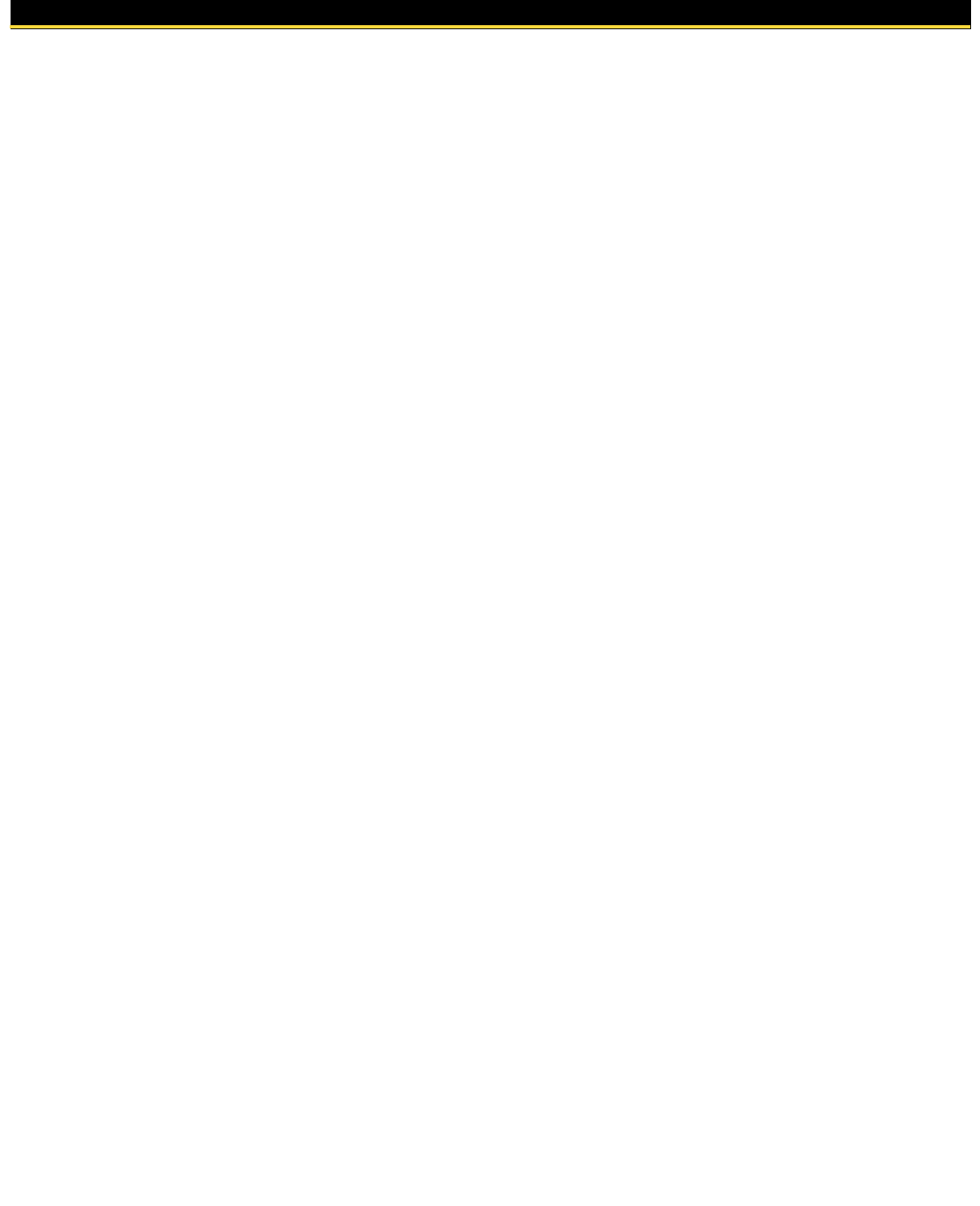
In addition to the Lake Superior Reserve facilities, the UW-Superior owns a 72 acre parcel of land within the Lake Superior Reserve boundaries that includes
Dutchman Creek on the south shore of Lake Superior, which is named the Nelson Outdoor Laboratory.
Projects and Research
There are paid and volunteer student opportunities. Students majoring in natural and social science programs, arts and the humanities have opportunities to
participate in research projects as student research or education assistants, work study, interns, or volunteers.
Areas of interest include: Natural Sciences, Chemistry, Economics, Business, Mathematics, Sociology and Anthropology, Physics, History, Psychology and
Behavior Sciences, Engineering, Education, and Art.
Public Education
National Estuarine Research Reserves serve as "living classrooms" for educators, students and the public in general. Research Reserves take a local approach
in advancing freshwater estuary literacy and generating meaningful experiences for all kinds of people interested in learning about, protecting and restoring
estuaries. Reserves provide adult audiences with training on coastal issues of concern in their local communities; offer classes for K-12 students; support
teachers through professional development programs in coastal and estuary education; and provide public education events.
Contact Information
Lake Superior National Estuarine Research Reserve
14 Marina Drive
Superior, WI 54880
ph. 715-392-3141
Reserve Manager, Dr. Erika Washburn
Lake Superior Research Institute (LSRI)
Staff
Olivia Anders, Research Specialist
Kimberly Beesley, Senior Research Specialist
Amy Eliot, Assistant Director, Associate Scientist
Lana Fanberg, Senior Research Specialist
Steve Gebhard, Research Specialist
Tom Markee, Associate Scientist
Marylee Murphy, Database Administrator
Christine Polkinghorne, Assistant Scientist
Kelsey Prihoda, Researcher
Heidi Saillard, Associate Researcher
Heidi Schaefer, Assistant Researcher, Quality Assurance
Kurt Schmude, Senior Scientist, Professor
Reed Schwarting, Associate Research Specialist
Gerald Shepard, Associate Researcher
Ardeen Stoll, Associate Administrative Program Specialist
Matt TenEyck, Director, Assistant Scientist
History
Founded in 1967 and approved by the Board of Regents in 1969, the Lake Superior Research Institute (LSRI) is the applied environmental research and related
public outreach unit of UW-Superior. Supported almost entirely by extramural funding, the Institute's mission is to conduct environmental research and provide
services that directly benefit the people, industries, and natural resources of the Upper Midwest, the Great Lakes Region, and beyond; provide non-traditional
learning and applied research opportunities for undergraduate students; and foster environmental education and outreach in the Twin Ports and surrounding
communities. Faculty and academic staff associated with the Institute possess training in biology, chemistry, aquatic ecology, ecological modeling, environmental
education, geology, microbiology, plant ecology, statistical analysis, taxonomy, and toxicology.
LSRI has received more than 500 grants and contracts with a combined extramural budget of more than $25 million. More than 45 federal, state, and local
agencies have supported LSRI.
Projects and Research
LSRI is well equipped and staffed to conduct environmental research and monitoring. Facilities include analytical chemistry laboratories, culture rooms for fish
and invertebrates, toxicity testing systems, a microbiology laboratory, and a taxonomy laboratory. LSRI scientists have extensive experience conducting field
sampling on Lake Superior, inland lakes, wetlands, and streams.
Recent research activities include studies on the occurrence and control of exotic species in the Great Lakes, effects of chemicals on aquatic organisms and
ecosystems, biological evaluations of contaminated sediments in the Great Lakes, monitoring and assessing environmental parameters in Lake Superior
coastal wetlands, streams, and nearshore areas, monitoring water and air quality of the Lake Superior region, analysis of trace levels of organic and inorganic
Official 2019-21 UW-Superior Catalog: Academic Areas: Research
The Board of Regents of the University of Wisconsin System | 126 of 228
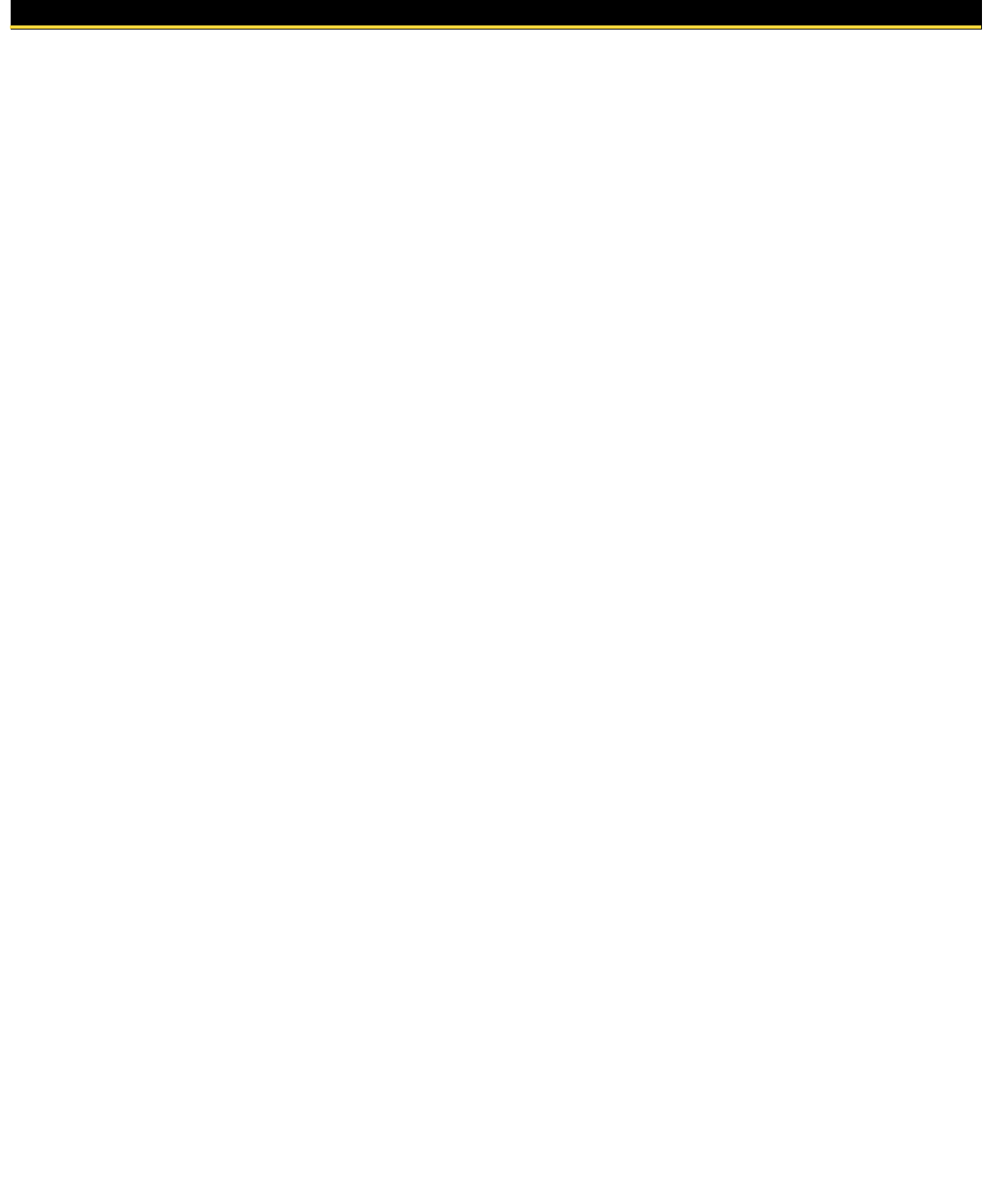
pollutants, and determination of mercury levels in Great Lakes' fish.
In addition to research, the Institute is active in the publication of results. Papers are presented at scientific meetings and published in professional journals.
LSRI scientists have written and published six toxicity research data books that have a worldwide distribution.
Public Education
LSRI has been involved with several public environmental education programs, including the National Science Foundation's Young Scholars program, American
Indian Science and Engineering Society Workshop for teachers, Wisconsin Water Action Volunteer program, Bird Studies Canada volunteer Marsh Monitoring
program and a collaborative effort with the University of Illinois Urbana/Champaign called Envirovet. All programs combine classroom presentations with daily
field and laboratory activities. Participants in the programs range from elementary school students to senior citizens.
Student Research Opportunities
LSRI has employed nearly 600 undergraduate students and provided research experience for countless other students at the University of Wisconsin-Superior.
Many of the students who have participated in research projects have gone on to pursue post-graduate education and/or careers in the sciences. Many students
majoring in the sciences at UW-Superior participate in environmentally oriented research projects under the direction of faculty and staff from the LSRI. Student
participation occurs during the school year through part-time jobs as student research assistants and during the summer through full-time jobs as student
research assistants or student research interns. In this way, students gain valuable research experience and earn money to help finance their education.
Student research opportunities exist primarily in conjunction with research projects funded by state and federal agencies. The types of opportunities vary
according to expertise of staff and availability of funds within those areas.
McNair Scholars Program
Staff
Dr. Marcia S. Francis, Director
Ms. Michelle Vinoski, Academic Coordinator
Ms. Debra Provost, Program Assistant
History
The Ronald E. McNair Postbaccalaureate Achievement Program (McNair Scholars Program) is a graduate school preparation program. It prepares low-income,
first-generation college students and students from groups under-represented in graduate education for doctoral study. Qualifying university students who
demonstrate academic ability can apply to the McNair Program as sophomores, juniors or seniors.
Students take part in an extensive graduate school preparation program which consists of monthly workshops and individual meetings,GRE preparation, and
mentoring by faculty mentors. As juniors and seniors, they conduct research similar to what they would produce as graduate students and participate in a
summer research internship. In the fall of the year students formally present their research projects at a campus-wide research symposium at National McNair
Research Conferences and other conferences within their field of study.
Projects and Research
The McNair Scholars Program began providing services to students nationally in the 1989-1990 academic year. The University of Wisconsin-Superior received
funding through the U.S. Department of Education for the Ronald E. McNair Post-Baccalaureate Achievement Program beginning October 1, 1999. The McNair
Scholars Program at UW-Superior has worked with over 200 students on research projects across all academic disciplines.
Student Research Opportunities
Applications are due in late October each year. Students in all majors are welcome to apply. View more information on qualifications and for applications.
Undergraduate Research, Scholarship and Creative Activity (URSCA)
History
The Undergraduate Research, Scholarship and Creative Activity Committee was established by the Faculty Senate in the spring of 2011. While such activities
have long been established on campus, the committee was created to formalize and celebrate this work. Specifically the committee was charged to promote and
support undergraduate research, creative activity and scholarship. The committee is advisory to the Provost and reports to the Undergraduate Academic Affairs
Council.
Projects
Official 2019-21 UW-Superior Catalog: Academic Areas: Research
The Board of Regents of the University of Wisconsin System | 127 of 228
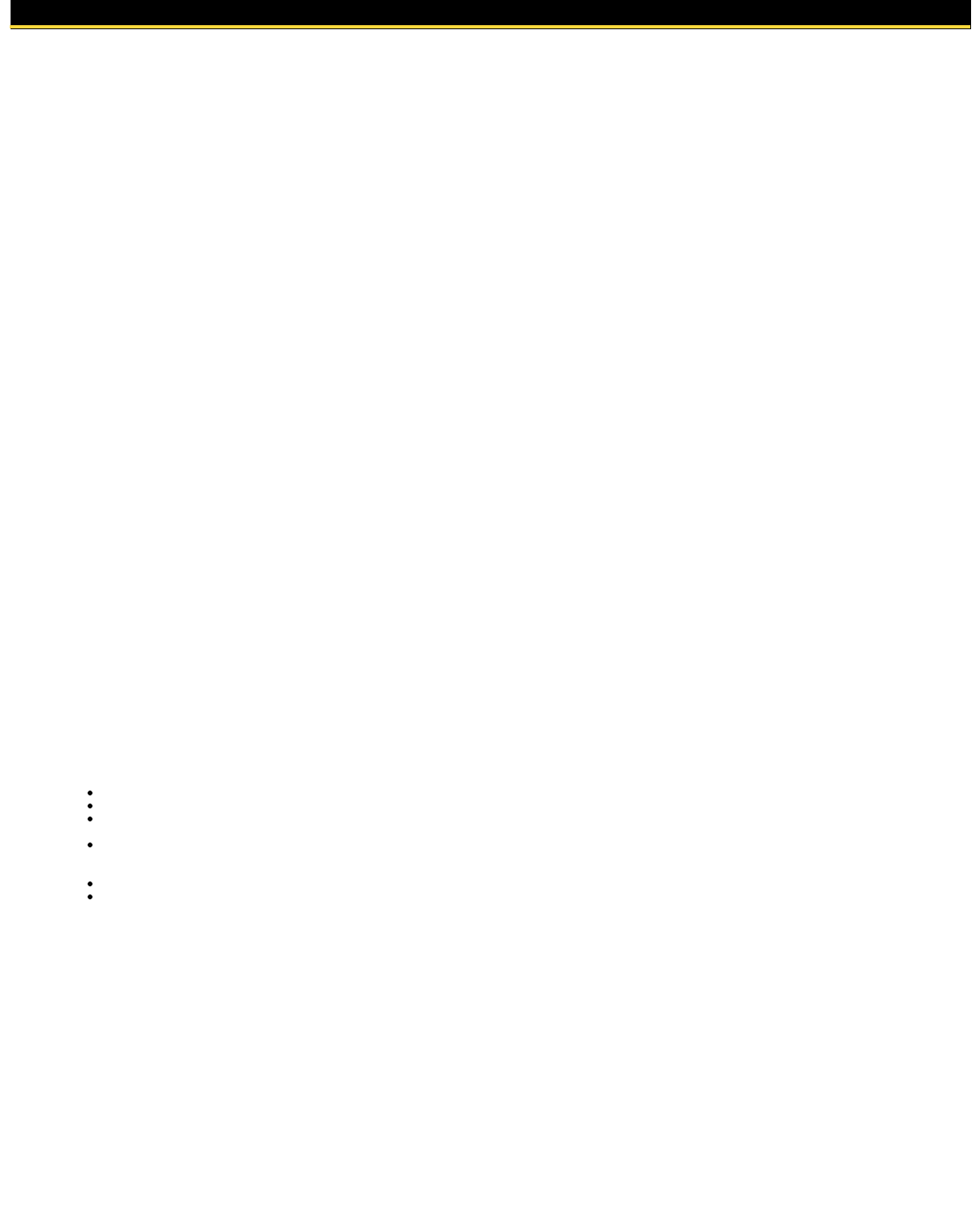
Projects
The URSCA committee serves as a coordinating body to assist students and staff in accessing regional, state and national opportunities for research,
scholarship and creative activities as well as opportunities to showcase these works.
Public Education
The committee organizes at least one all-campus undergraduate research celebration day annually and maintains and publishes a calendar of state and
national undergraduate research opportunities for UW-Superior students.
Transportation & Logistics Research Center
Transportation and Logistics Research Center
University of Wisconsin-Superior
Erlanson Hall Room 105
Belknap and Catlin
P.O. Box 2000
Superior, WI 54880
ph. 715-394-8254
Staff
Richard Stewart, Professor, Director, Researcher
Mei Cao, Professor, Director, School of Business and Economics
Daniel Rust, Assistant Professor
History
The Transportation and Logistics Research Center was founded in 1999 with a mission to provide applied transportation, logistics and supply chain research,
education, and advisory services that benefit the region's economy. The Transportation and Logistics Research Center is continually active in transportation
and logistics research projects. The faculty and academic staff associated with the center have training in economics, accounting, geography, statistics,
transportation, logistics, and various other business disciplines. Since its founding in 1999, the center has received more than $10 million in grants and
endowments. The Transportation and Logistics Research Center is part of the School of Business and Economics and is located in Old Main 135.
The mission of the TLRC is to provide applied transportation and logistics research, education, and advisory services that advance the economy of
the region.
Through its strategic goals (as listed below) the center works to promote and enhance its mission:
Be actively involved in applied research projects that enhance the region's transportation and logistics systems.
Develop and distribute informational publications and presentations to the academic community and general public.
Establish continuing education courses in transportation and logistics to improve the economic effectiveness and safety of the region's transportation
systems.
Accept recommendations from the advisory board of professionals to continuously improve the center's service to the university and the community.
The Transportation and Logistics Advisory Board is composed of representatives from key sectors of the transportation and logistics industry and are
uniquely able to assist in creating excellence in education.
Initiate distinguished speaker series to provide university and community opportunities to learn from and meet leaders in the field.
Organize seminars and workshops that expose the region to new ideas and highlight opportunities.
Projects and Research
The Transportation and Logistics Research Center is continually active in transportation and logistics research projects. The faculty and academic staff
associated with the center have training in economics, accounting, geography, statistics, transportation, logistics, and various other business disciplines. Since its
opening in 1999, the center has received more than $8 million in grants and endowments.
The Transportation and Logistics Research Center partners with many different local and national organizations on research projects, seminars, outreach, and
education. Examples of these companies and organizations include:
CN Railroad
Key Lakes 1, Inc.
BNSF Railroad
Halvor Lines, Inc.
Duluth Port Authority
Dart Transit
Metropolitan Interstate Committee
Official 2019-21 UW-Superior Catalog: Academic Areas: Research
The Board of Regents of the University of Wisconsin System | 128 of 228
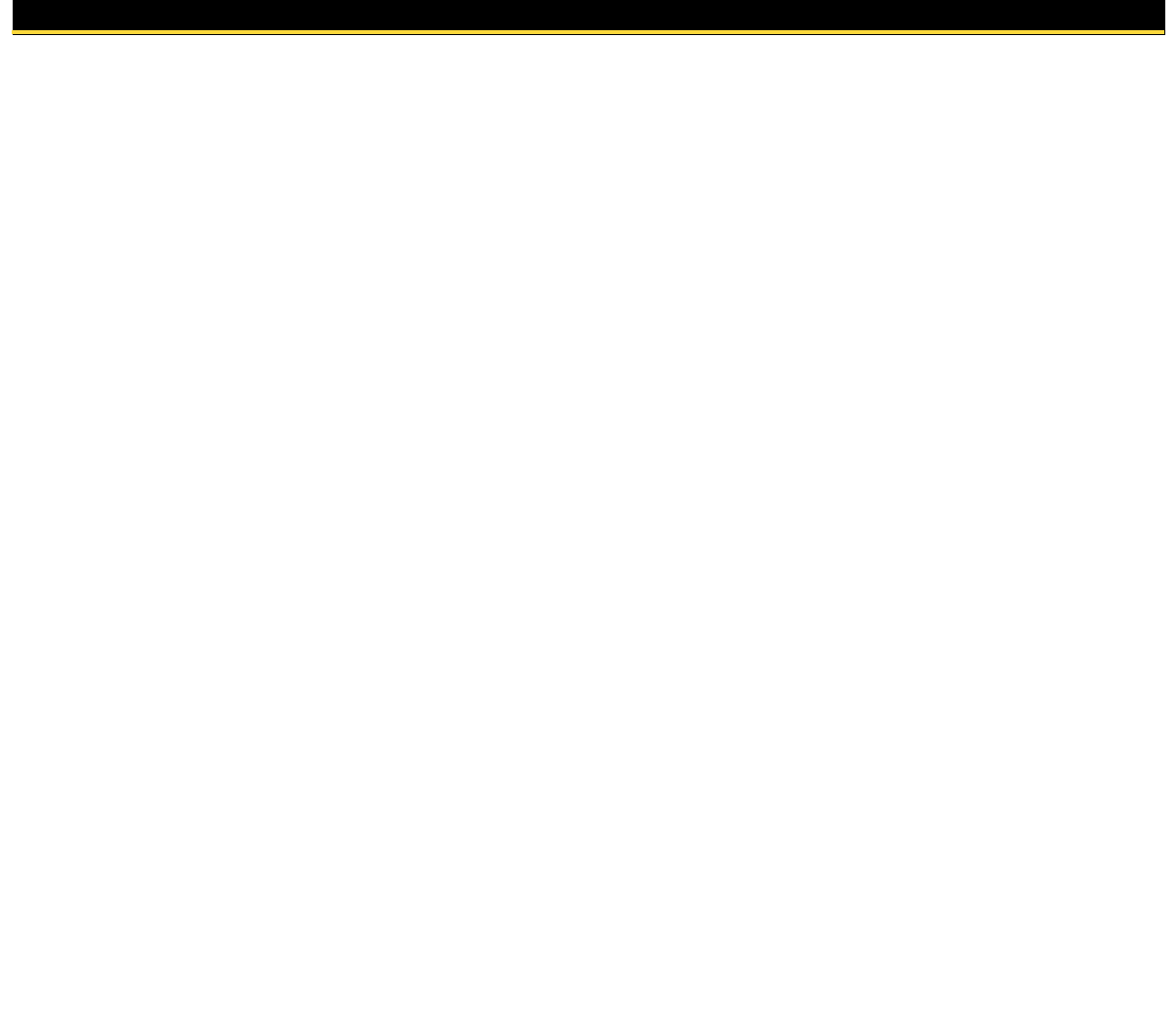
Wisconsin Department of Transportation
Minnesota Department of Transportation
Duluth/Superior Transportation Association
Institute of Supply Management - Lake Superior Chapter
Propeller Club of Duluth-Superior
Council of Supply Chain Management - Twin Cities and North East Wisconsin Roundtables
Transportation Club of Minneapolis and St. Paul
Intermodal Association of North America
Women's Transportation Seminar
U.S. Department of Transportation
U.S. Environmental Protection Agency
U.S. Army Corps of Engineers
U.S. Coast Guard
The Transportation and Logistics Advisory Board is composed of representatives from key sectors of the transportation and logistics industry and are uniquely
able to assist in creating excellence in education.
The Transportation and Logistics Research Center is an active member of the following research organizations.
Great Lakes Maritime Research Institute (GLMRI) -- GLMRI represents a consortium of the University of Wisconsin-Superior Transportation and Logistics
Research Center and the University of Minnesota Duluth Swenson College of Science and Engineering and Labovitz School of Business and Economics.
The GLMRI was established in 2004, and on June 1, 2005 the U.S. Maritime Administration designated GLMRI as a National Maritime Enhancement Institute.
This National Maritime Enhancement institute is dedicated to developing and improving economically and environmentally sustainable maritime commerce on
the Great Lakes through applied research.
The director of the Transportation and Logistics Research Center, Dr. Richard Stewart also serves as a co-director of the GLMRI.
To learn about the latest research efforts in marine transportation, logistics, economics, engineering, environmental planning, and port management, visit
http://www.glmri.org/.
National Center for Freight and Infrastructure Research and Education (CFIRE) This multi-university research center is led by UW-Madison's University
Transportation Research Center. http://www.wistrans.org/cfire CFIRE is a National University Transportation Research Center funded by the U.S. Department
of Transportation. UW-Superior's Transportation and Logistics Research Center has been a CFIRE consortium member since 2006.
Wisconsin Space Grant Consortium - UW-Superior hosted the 17th annual meeting in 2007 and has been awarded student scholarships and faculty grants.
Keller & Associates, Inc., sponsors the Transportation Safety and Compliance Online Study Lab. www.kelleronline.com/education.
Council of University Transportation Centers (CUTC). UW-Superior's Transportation and Logistics Research Center is a member of CUTC. Collectively,
council members have advanced the state of the art in all modes and disciplines of transportation. In doing so, they have made significant and lasting
contributions to the nation's mobility, economy, and defense. In 2014 council's membership consisted of 97 of the leading university-based transportation
research centers. Membership in the council is limited to any organized center, institute, division, unit, or specifically identifiable organization devoted to
transportation research, education and technology transfer that is an integral part of a university or four-year college.
Student Research Opportunities
The Transportation and Logistics Research Center offers the opportunity to qualified students looking to become involved in undergraduate research. Student
research opportunities vary each semester depending on the number of ongoing projects. Opportunities include part-time jobs, student research assistantships,
and internships to help students gain valuable research experience, and further their education goals.
Official 2019-21 UW-Superior Catalog: Academic Areas: Research
The Board of Regents of the University of Wisconsin System | 129 of 228
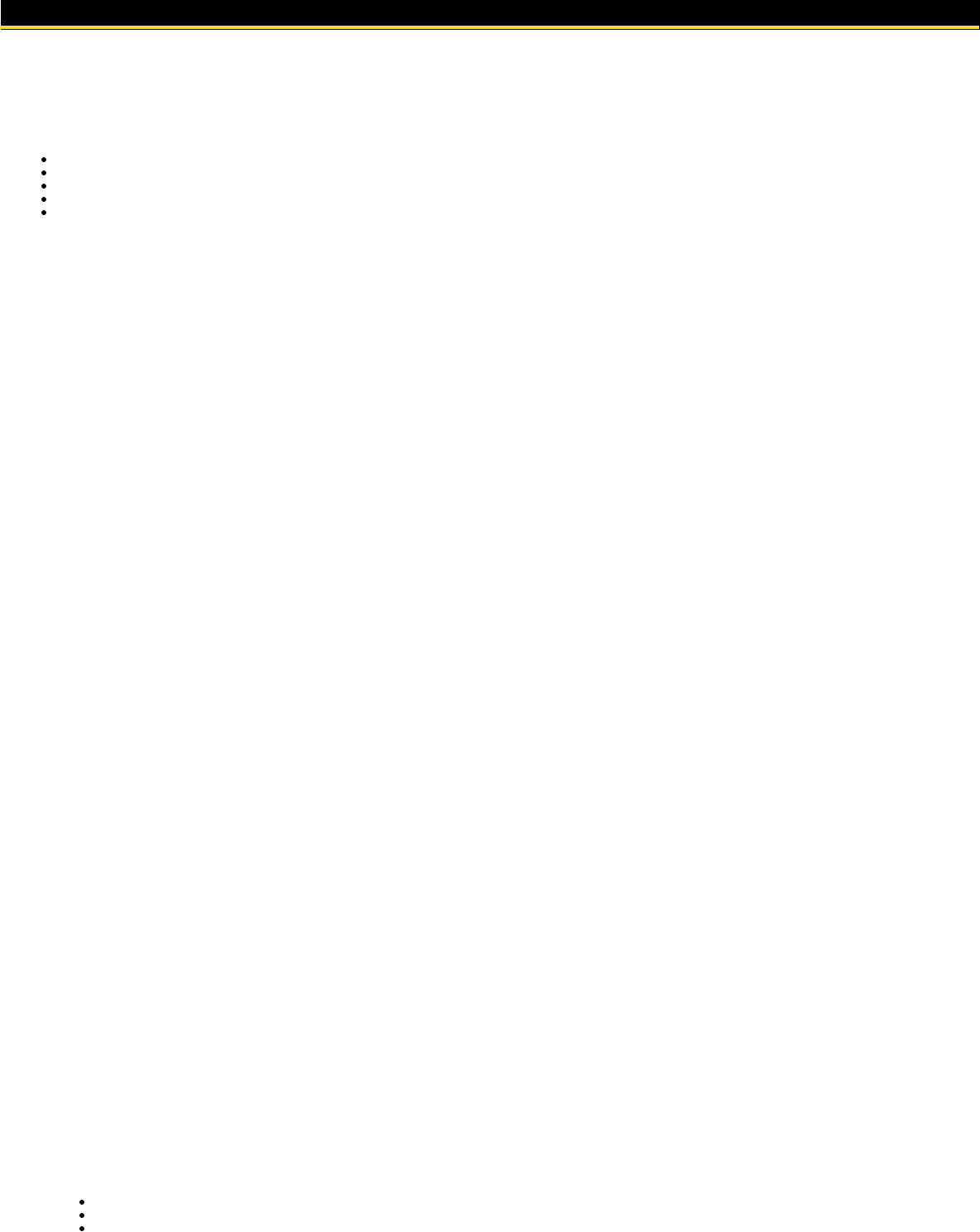
University Studies
Learning Goals for the University Studies Program
Description of University Studies Core Categories
Description of University Studies Knowledge Categories
Description of University Studies Diversity & Global Awareness Categories
University Studies Requirements
Learning Goals for the University Studies Program
University Studies Requirements for 2019-2021
The Learning outcomes of the University Studies Program at the University of Wisconsin-Superior are:
Communication:
Students will understand and be understood by others to share meaning through diverse modes including listening, reading, visualizing, speaking,
performing/presenting, creating, and writing.
a.
Students will apply modes, styles, and conventions of communication appropriate to the students' work and their audience.b.
Students will identify the essential components of a work/presentation and describe their relationship to each other and to the broader context.c.
Students will clearly express themselves to achieve a purpose.d.
Students will civilly engage in an exchange of ideas integrating diverse perspectives.e.
Individual and social responsibility:
Students will engage in personal development, interpersonal competence, and social responsibility through active learning.a.
Students will engage in thoughtful analysis that fosters well-being and holistic self-development.b.
Students will articulate their roles and responsibilities in a global community.c.
Students will practice healthy interdependence and mutual respect for others through teamwork.d.
Students will demonstrate informed civic engagement, including intercultural competence as a dimension of the experience.e.
Students will apply ethical reasoning in the academic and community learning experiences.f.
Creative and Critical Thinking:
Students engage in creative and critical thinking based on multiple forms of evidence, processes, and diverse perspectives.a.
Students will articulate important questions, theories, and creative processes.b.
Students will analyze information to answer specific questions.c.
Students will evaluate assumptions and biases associated with a project, practice, or process.d.
Students will consider multiple, diverse, and global perspectives to answer important questions or produce original work.e.
Students will use evidence to reach and present innovative conclusions or produce original work.f.
Description of University Studies Core Categories
1. Academic and Professional Writing (WRIT 102 and 209)
Improves students' abilities to read critically and write academic arguments with an emphasis on information literacy, elements or persuasion, documentation,
and citation, develops their ability to write in a range of genres related to the rhetorical situations, audiences, technologies, and multicultural environments of the
21st century workplace, with an emphasis on liberal arts career skills.
2. Communicating Arts (COMM 110)
Helps students develop essential interpersonal communication, group communication, and public speaking competencies through practice, analysis, and critical
exploration of diverse human interactions.
3. Mathematics and Computer Science (MATH & CSCI)
Develops the skills necessary for analytical and quantitative problem-solving in all subjects, using central concepts and methods from mathematics and
computer science, including number systems, symbolic representation, formal languages, mathematical modeling, and logical reasoning.
4. Health and Human Performance (HHP 102)
Provides students with a knowledge base, creating a positive attitude and lifelong skills concerning the seven dimensions of wellness:
Physical
Intellectual
Emotional
Official 2019-21 UW-Superior Catalog: Academic Areas: University Studies
The Board of Regents of the University of Wisconsin System | 130 of 228
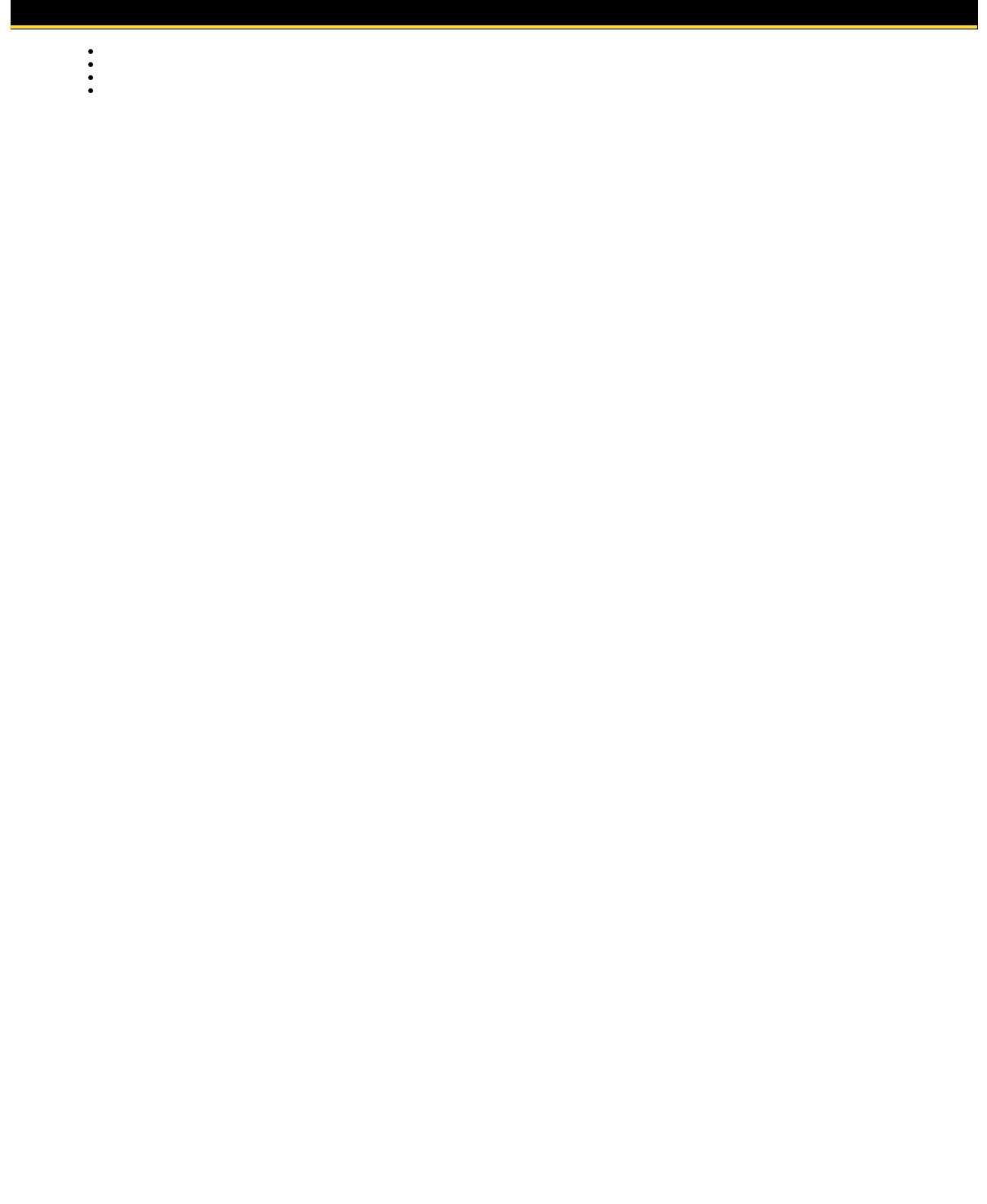
Spiritual
Career
Social
Environmental (personal health)
Description of University Studies Knowledge Categories
HUMANITIES
History
Enables students to recognize that reasoned interpretations of the human past must be consistent with verifiable historical evidence and are, nonetheless,
contested as they are reshaped to serve the concerns of the present; and empowers students to create personal meaning by developing their own reasoned
interpretations of the human past.
Literature
Instills the joy of reading literature; stimulates the power of the imagination; promotes the analysis of various types of literary expression; and explores different
traditions and modes of telling stories.
World Language, Culture, and Philosophy
Encourages students to make connections across all areas of knowledge, different modes of communication, and diverse cultural, linguistic, and conceptual
traditions; and encourages students to develop empathy and understanding for other cultural, linguistic, and conceptual traditions.
SOCIAL SCIENCES
Enables students to examine human behavior or interaction using the methods and assumptions of social science research.
NATURAL AND PHYSICAL SCIENCE
Environmental Course
Enables students to understand our natural environment and the effects of human interactions on it.
Lab Course
Enables students to understand the nature of science and scientific inquiry through hands-on experiences.
FINE AND APPLIED ARTS
Fine Arts History, Criticism, and Appreciation
Helps students to analyze, evaluate, and relate artists, creative artifacts, and artistic productions of diverse cultures from ancient times to the present.
Aesthetic Experience
Gives students practical experience in developing their own creativity in one or more genres of expression, and augments appreciation for the diversity of
creative communication.
Description of University Studies Diversity & Global Awareness
Categories
Diversity Requirement
Promotes understanding of issues arising from diversities such as racial, ethnic, linguistic, class, religious, rural/urban/suburban, gender, sexual orientation,
abilities, and national origin.
Global Awareness Requirement
1) Broadens students' horizons through exposure to perspectives from traditionally lesser studied regions and cultures (i.e., non-Eurocentric), and 2)
Encourages students to see social, economic, cultural, and/or political connections among world regions.
Official 2019-21 UW-Superior Catalog: Academic Areas: University Studies
The Board of Regents of the University of Wisconsin System | 131 of 228
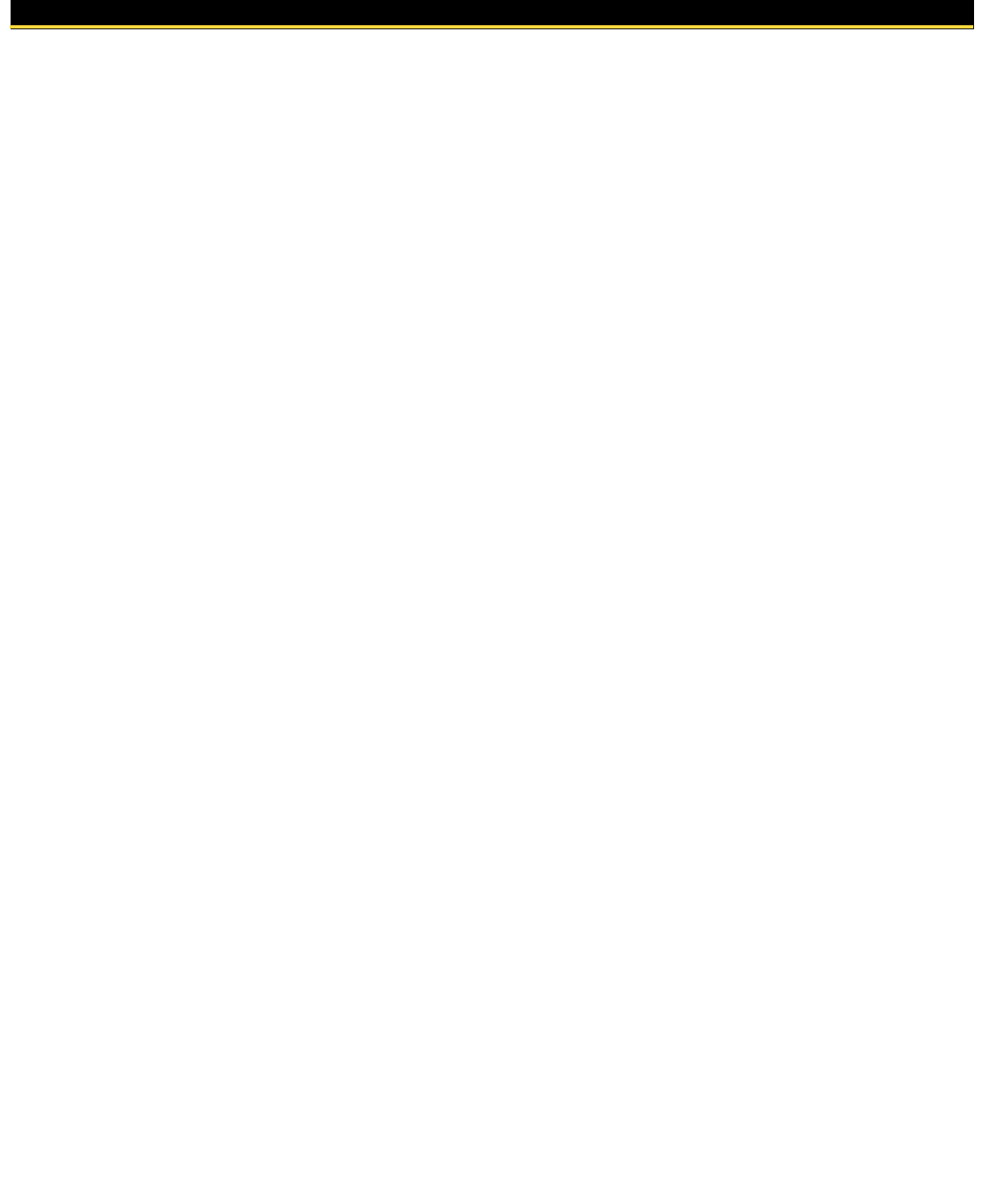
University Studies Requirements
All students entering UW-Superior as freshmen must complete the Core University Studies Requirements of WRIT 102 and 209, COMM 110, HHP 102 and
their choice of MATH or CSCI among their first 60 credits. Failure to complete these courses by that time will result in a hold being placed on an ensuing
registration that does not contain the missing course(s), which may not then be dropped. Students will only be able to register through the Registrar's Office and
enrollment in the missing course(s) must be included.
A. Core Courses
University Studies requirements, especially the core courses, should be taken early. Core courses strengthen reading, writing, public speaking, problem solving,
analytical, and interpersonal skills. Core courses (WRIT 102 and 209, COMM 110, HHP 102, and the MATH or CSCI course) cannot be applied or substituted
for any major or minor requirement.
All core courses should be taken in the freshman and sophomore semesters: WRIT 102 and 209 taken sequentially in the first and second year; COMM 110 in
the first year, MATH or CSCI started during the first year; HHP 102 in the first semester.
WRIT 102 and 209 (each 3 credits)
Core Writing Course Placement
Placement is determined by cut scores on the ACT or SAT as shown on the chart below. In the absence of an ACT or SAT score, students can take the
Wisconsin English Placement Test (WEPT) for placement. Students may also take the WEPT to improve their placement; however, the WEPT is not required if
students earn an ACT or SAT score with which they are satisfied.
Placement into WRIT 099: Fundamentals of Writing. This course prepares students for the challenge of reading and writing at the college level. This course
must be taken within 30 credits. Students must co-enroll in WRIT 102. Transfer students, see Transfer Student Policy below.
Placement into WRIT 102: Intro to Academic Writing. Upon placement, this course should be taken in the freshman year, fall or spring. The course must be
taken within 30 credits. Students must pass this course with a C- or better to continue on to WRIT 209 or else be repeated until a C- is earned. Transfer
students, see Transfer Student Policy below.
Credit for Prior Learning in WRIT 102: Students who earn a 26+ on the ACT (and equivalent cut scores for SAT and/or WEPT) are exempt from WRIT 102
and may seek enrollment in WRIT 209 before they have reached sophomore level by gaining the instructor’s permission. WRIT 209 is recommended for
sophomore-level students.
Regardless of placement, students with an AP Lang/Comp or AP Lit/Comp score of 3 or higher earn 3 credits for WRIT 102. Regardless of placement, students
who earn a 50 or higher on the CLEP College Composition exam earn 3 credits for WRIT 102.
Placement into WRIT 209: Intro to Professional Writing. With the completion of WRIT 102 with a C- or better, this course should be taken in the sophomore
year, fall or spring. The course must be taken within 60 credits. Students must pass this course with a C- or better to complete the Core Writing Courses.
Transfer students, see Transfer Student Policy below.
Transfer Student Policy for Core Writing Placement: Students who arrive at UW-Superior with 6 credits of 100-level college writing completed at a C- or
higher have satisfied the requirements for both WRIT 102 and WRIT 209. Some majors may still require WRIT 209 if a Professional Writing course has not
been completed.
Students who arrive with 3 credits of 100- level writing completed at a C- or higher have satisfied the requirements for WRIT 102. Students may seek enrollment
in WRIT 209 before they have reached sophomore level by gaining the instructor’s permission. WRIT 209 is recommended for sophomore-level students.
Communicating Arts 110 (3 credits)
No student may take COMM 110 on a Pass-Fail basis.
Mathematics and Computer Science (3 credits)
Students must choose a minimum of three credits in MATH and/or CSCI courses from among these courses: MATH 112, 113, 115, 130, 151, 240 or CSCI 101.
MATH 112, 130 and CSCI 101 are recommended. For students with appropriate preparation, MATH 113, 115, 151, and 240 are also recommended. Students
are encouraged to work with a faculty advisor to select a course appropriate to their level of mathematical preparation, interests, and major field of study.
All students entering UW-Superior are required to take the Wisconsin Math Placement Test. Test results are used to determine which Mathematics and
Computer Science courses students are eligible to take at that time. Students with insufficient preparation may become eligible to take more advanced
Mathematics and Computer Science courses by completing one or more lower-level courses as indicated by the Math Placement Test results. Students placing
into the remedial level MATH 090 or MATH 095 are expected to complete the remedial course before earning 30 credits.
Health and Human Performance 102 (3 credits)
All students must successfully complete HHP 102 Health and Wellness or FYS 100. Students with medical restrictions should contact the coordinator of HHP
102 before the first lab session. All Health and Human Performance department majors and minors must earn a grade of C or better in HHP 102.
B. Knowledge Categories
The University Studies courses listed in the Knowledge Categories expose students to a broad array of concepts, perspectives and methodologies. They all
integrate skills from the core courses into their content and require active engagement.
No more than six credits from any one program bearing the same prefix may be applied toward Knowledge Category requirements.
The credits given are the minimum for each category.
GA = Meets Global Awareness requirement
D = Meets diversity requirement
HUMANITIES (9 credits)
History (3 credits): ANTH 104 (GA); FNS 223 (D), 224 (D); HIST 104, 111 (GA), 112, 113 (D, GA),115 (GA), 119 (D), 120 (GA), 125 (GA), 131, 151, 152, 181
(D, GA), 223 (D), 224 (D); POLS 101 (GA), 175 (GA).
Literature (3 credits): ENGL 211, 212, 218, 221, 222, 228 (D), 229 (D), 241 (GA), 242 (GA); FYS 102.
Official 2019-21 UW-Superior Catalog: Academic Areas: University Studies
The Board of Regents of the University of Wisconsin System | 132 of 228
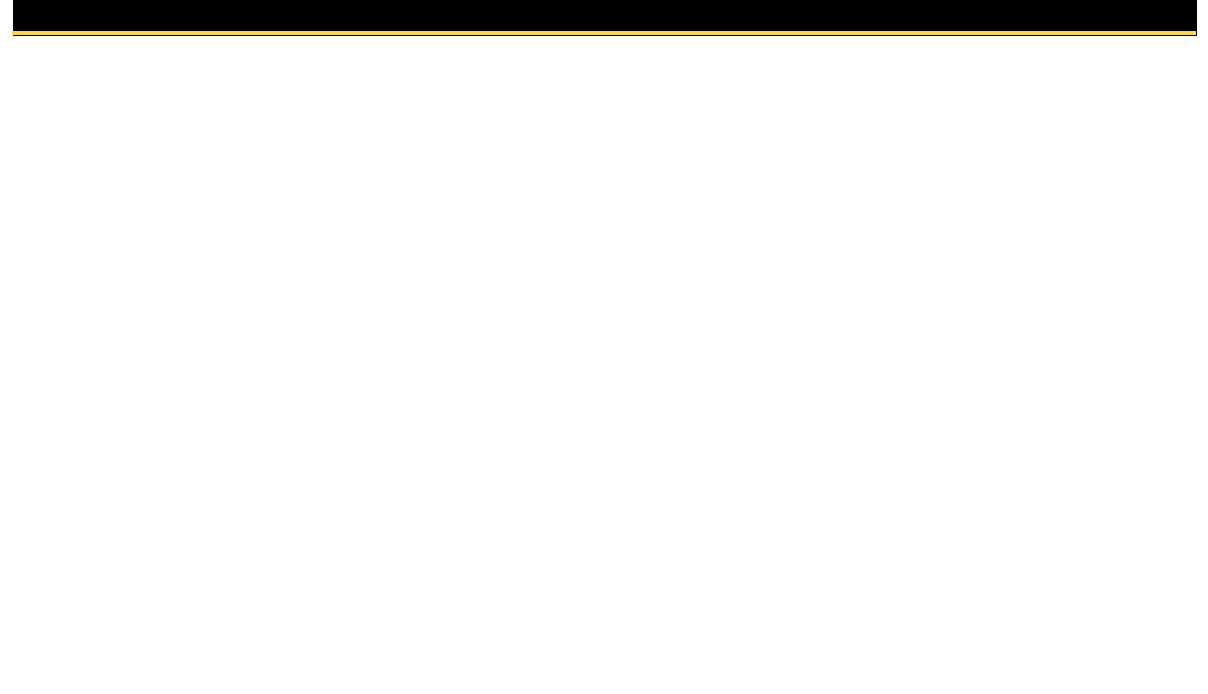
Literature (3 credits): ENGL 211, 212, 218, 221, 222, 228 (D), 229 (D), 241 (GA), 242 (GA); FYS 102.
World Language, Culture, and Philosophy (3 credits): FNS 101, 110 (D); FREN 101; HIST 154 (D); MUSI 161 (GA, D); PHIL 151, 160, 211, 212, 262;
POLS 262, 265; PSYC 212; SPAN 101, 102, 201, 202; WLLC 207
Any foreign language course will meet the Humanities Elective requirement if it is a language proficiency (rather than culture) course and at minimum three
credits.
SOCIAL SCIENCES (6 credits) (Must include two different prefixes)
ANTH 101 (D), 340 (D); CJUS 106; ECON 235, 250, 251; FIN 210; FNS 151; FYS 124 (D); GEOG 100 (D, GA), 102 (D, GA); GST 150 (D), 210 (D); IDS 104,
131; LSTU 115, 261; POLS 100 (GA), 102, 150, 180, 230, 240, 260; PSYC 101, 230; SOCI 101, 201, 210 (D), 273 (D)
NATURAL AND PHYSICAL SCIENCE (6 credits) one environmental and one lab course required
Environmental Course: BIOL 170; CHEM 100; ENSC 100; GEOL 120
Lab Course: BIOL 115, 123, 130; CHEM 102, 105; GEOL 110, 120; PHYS 100, 107, 160, 201
FINE AND APPLIED ARTS (6 credits)
Art History, Criticism, and Appreciation (3 credits): ART 221, 222; COMM 104, 122; MUSI 160, 266 (D).
Aesthetic Experience (3 credits): ART 101; COMM 125, 180, 273; HHP 133; MUSI 104-105, 107-116, 118; WRIT 250, 280
C. Diversity and Global Awareness Requirement
Undergraduate coursework must include a minimum of three credits with a focus on issues of diversity. Courses within the Knowledge Categories that also
satisfy this requirement are indicated with "D." Students must choose separate diversity and global awareness courses.
Diversity (3 credits): ANTH 310, 315, 333, 340; ART 224, 331; CJUS 312; COMM 467; ECON 438; ENGL 228, 229, 328; FNS 110, 223, 224, 242, 304, 333,
386, 480; FYS 124; GEOG 100, 102; GST 150, 210, 255, 258, 270, 310, 312, 322, 365, 374, 393, 459; HIST 113, 115, 119, 154, 181, 223, 224, 322, 333, 393,
395; LSTU 365; MUSI 161, 266; PHIL 330, 365, 459; POLS 374; PSYC 258, 270, 360; SOCI 210, 273; SO W 386; SPAN 315, 350; TED 270; WRIT 255
Undergraduate coursework must include a minimum of three credits with a focus on global awareness issues. Courses within the Knowledge Categories that
also satisfy this requirement are indicated with "GA." Students must choose a separate diversity and global awareness course.
Global Awareness (3 credits): ANTH 101, 104, 310, 320, 333, 368; ART 224, 331; ECON 430, 438; ENGL 241, 242; FNS 333, 368; GEOG 100, 102; GST
310; HIST 104, 111, 113, 115, 120, 125, 181, 333, 368, 385, 394; MUSI 161; POLS 100, 101, 175, 376; SOCI 201; SPAN 303
Official 2019-21 UW-Superior Catalog: Academic Areas: University Studies
The Board of Regents of the University of Wisconsin System | 133 of 228
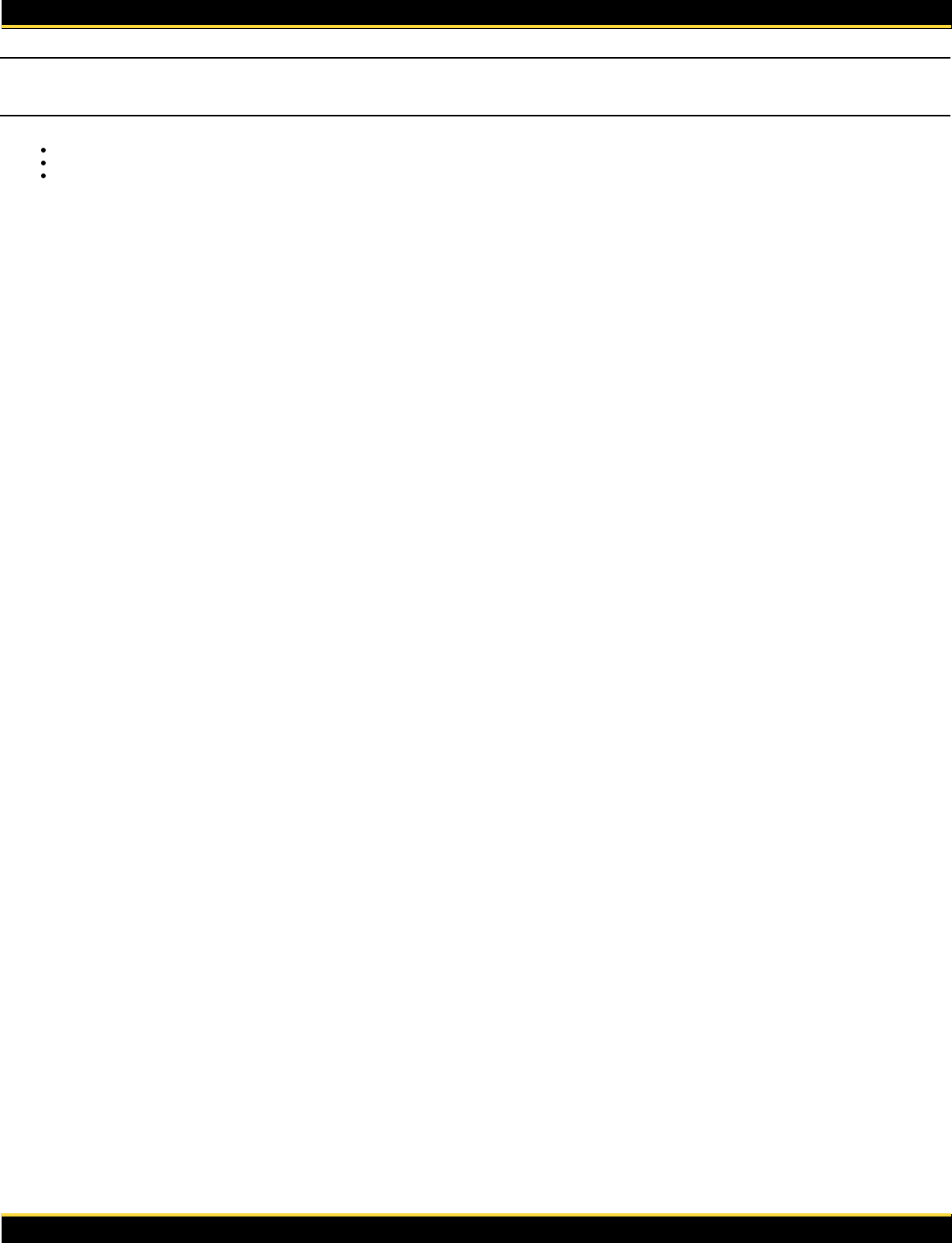
Athletics, Security, Technology
Campus Security
Technology Services
Yellowjacket Athletics
© 2023 The Board of Regents of the University of Wisconsin System | 132
Official 2019-21 UW-Superior Catalog: Athletics, Security, Technology
The Board of Regents of the University of Wisconsin System | 134 of 228

Campus Security
Mission Statement
University Police Department Contact Information
Mission Statement
The University Police Department, is committed to protecting the safety and security of the university and the campus community by providing 24-hour campus
security, responding to disturbances and accidents, developing crime awareness programs, patrolling campus buildings and grounds and providing related
services.
The department is staffed by full-time police and security officers.
University Police Department Contact Information
University Police Department
University of Wisconsin - Superior
Public Safety Building
Belknap and Catlin Ave.
P.O. Box 2000
Superior, WI 54880
Phone: 715-394-8114
Email:
Official 2019-21 UW-Superior Catalog: Athletics, Security, Technology : Campus Security
The Board of Regents of the University of Wisconsin System | 135 of 228
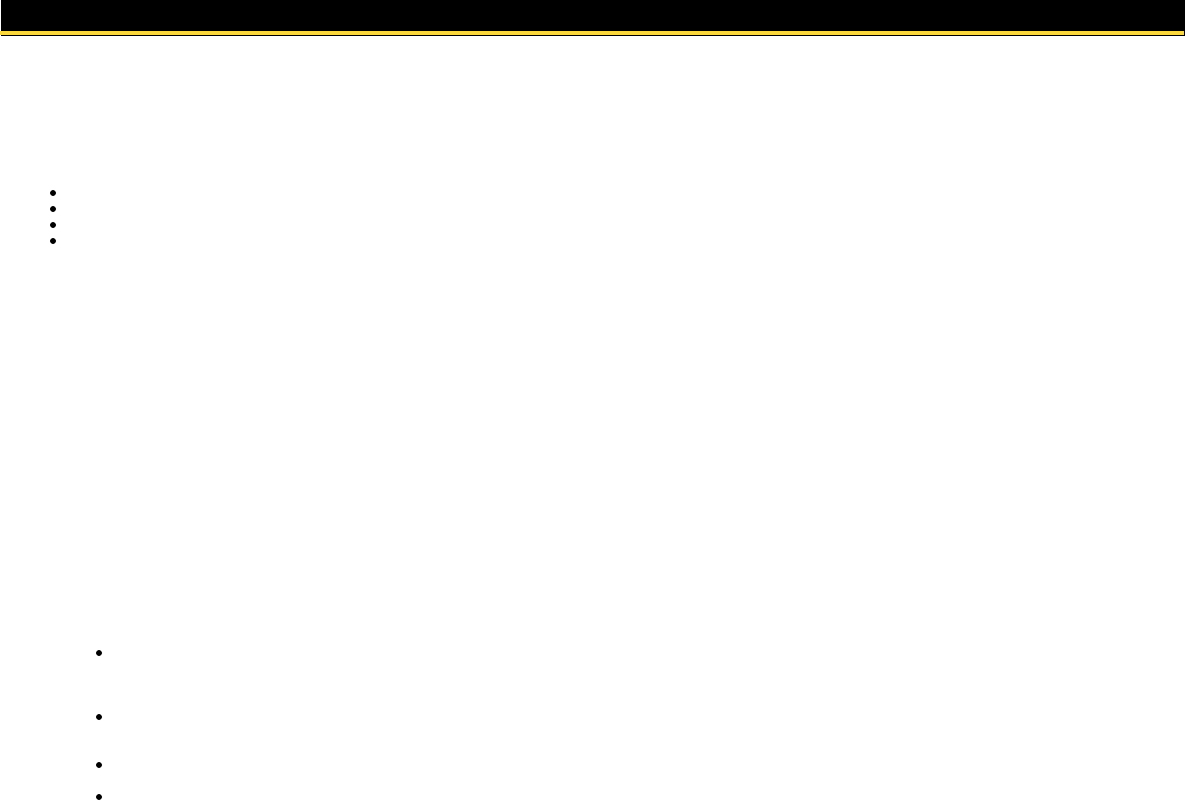
Technology Services
Mission Statement
Organization and Services
Technology Policies
Technology Services Contact Information
Mission Statement
"The mission of Technology Services is to provide technology services that are accessible, reliable, convenient, and secure for the purpose of empowering the
UW-Superior community to use technology in teaching, learning, research, creative activity and service."
Please visit Technology Services for a complete list of the services and systems that are provided or contact the technology helpdesk at 715-394-8300 or email
[email protected] with any technology questions you may have.
Organization and Services
Technology Services consists of three units:
Technology Support Services (a.k.a. the help desk) provides a variety of services and facilities for Students, Faculty and Staff to effectively use current and
emerging technology solutions. This unit supports several functions including:
Help Desk Services - The central contact point for all technology issues and questions. The help desk also consults and processes technology
purchases and they manage and maintain a technology equipment loan service that offers Students, Faculty and Staff the ability to borrow computers
and other technology tools in support of academics. The help desk provides a library of training materials that they make available to Students, Faculty,
and Staff at no charge to further develop technology skills.
Classroom Technology and Multimedia Services - Technology in the class room is supported by the unit including the installation and maintenance
of equipment. Audio/Video production, streaming audio, graphic design and production, and assistance with media conferencing are some of the
services provided in support of instructional development.
Teaching and Learning Systems - The Learning Management system (LEARN@UW-Superior) and other teaching and learning software systems
such as plagiarism detection and survey software are supported by the unit.
Web Support Services - The campus webmaster is a member of the University Marketing and Communications and is responsible for the installation
and maintenance of the content management system. The webmaster also provides consultation to the entire organization and is responsible for the
overall design and functionality of the website.
Infrastructure Services is responsible for providing highly available, high quality access to the University's electronic resources and the internet. This includes
maintaining the systems that support email, access to the internet, wireless coverage and the security systems that protect the campus network and desktop
systems. The unit also provides all technology hardware support including computers, servers, student computing labs and the campus telephone system.
Application Services is responsible for the development and maintenance of the primary administrative information systems essential to the operation of the
University and the integration with those systems. The primary systems include the student information system (E-hive/PeopleSoft) and the campus document
management system (ImageNow). The unit works closely with student support offices to provide administrative tools and applications for both Students and
Faculty.
Technology Policies
Use of technology resources is governed by the policies of the University of Wisconsin, Superior Technology Services, the University of Wisconsin System and
its Board of Regents, and by Federal and State laws. Failure to comply with policies and guidelines can result in loss of access privileges, university disciplinary
action, and/or criminal prosecution. View a complete list of policies and guidelines.
Technology Services Contact Information
Technology Services
University of Wisconsin - Superior
Swenson Hall 2100
Belknap and Catlin Ave.
P.O. Box 2000
Superior, WI 54880
Phone: 715-394-8300
Email:
Office Hours:
Technology Help Desk Hours:
Regular Hours
7:45 a.m. - 6:30 p.m.
Monday - Friday
Official 2019-21 UW-Superior Catalog: Athletics, Security, Technology : Technology Services
The Board of Regents of the University of Wisconsin System | 136 of 228

Break/Summer Hours
7:45 a.m. - 4:30 p.m.
Monday – Friday
Official 2019-21 UW-Superior Catalog: Athletics, Security, Technology : Technology Services
The Board of Regents of the University of Wisconsin System | 137 of 228

Yellowjacket Athletics
Athletic Staff
Sports and Head Coaches
About Yellowjacket Athletics
Affiliations
Facilities
Athletics Eligibility
Athletic Staff
Nick Bursik - Athletic Director
Lynne Deadrick - Assistant Athletic Director, Senior Woman Administrator
Brianna Bosquez - Athletic Trainer
Jon Garver - Athletics Communication and External Relations Manager
Sports and Head Coaches
Athletic Trainer - Essentia Health and Sports Medicine
Baseball - Frank Pufall
Basketball, Men's - Greg Polkowski
Basketball, Women's - Zach Otto-Fisher
Cross Country, Men's - Glen Drexler
Cross Country, Women's - Glen Drexler
Hockey, Men's - Rich McKenna
Hockey, Women's - Dan Laughlin
Golf, Men's - Paul Eberhardt
Golf, Women's - Paul Eberhardt, Interim
Soccer, Men's - Joe Mooney
Soccer, Women's - Allison DeGroot
Softball - Roger Plachta
Tennis, Men's - Kolin Dean
Tennis, Women's - Kolin Dean
Track and Field, Men's - Glen Drexler
Track and Field, Women's - Glen Drexler
Volleyball - Lynne Deadrick
About Yellowjacket Athletics
The University of Wisconsin-Superior provides a variety of opportunities for men and women to participate in intercollegiate athletics at the NCAA Division III
level competing against the finest schools in the nation, thereby enriching the all-around collegiate experience of our student-athletes. Yellowjacket
student-athletes are expected to place a priority on academics while participating in an outstanding athletic program, thus striving for excellence as a student
and as an athlete.
The athletic programs are not scholarship-based, therefore scholarships received by student-athletes are on the basis of academic performance. UW-Superior
intercollegiate athletic programs are intended to enrich both the student-athlete and the university community. Through the athletic programs, the university
strives to provide the following:
A healthy, competitive, and professionally supervised athletic experience for student-athletes.1.
An array of programs that encourage wide involvement of students either as student-athletes or spectators.2.
A co-curricular laboratory for students interested in related areas such as physical education, coaching, officiating, advertising, sports medicine,
broadcasting, and recreation that complements the academic programs of the university.
3.
Equal opportunity for men and women student-athletes to participate in competitive intercollegiate sports in each of the three seasons.4.
Affiliations
UW-Superior competes in NCAA Division III at the national level and is a member of the Upper Midwest Athletic Conference (UMAC) at the conference level.
For the sport of ice hockey, UW-Superior competes as an associated member in the Wisconsin Intercollegiate Athletic Conference (WIAC).
Facilities
Official 2019-21 UW-Superior Catalog: Athletics, Security, Technology : Yellowjacket Athletics
The Board of Regents of the University of Wisconsin System | 138 of 228
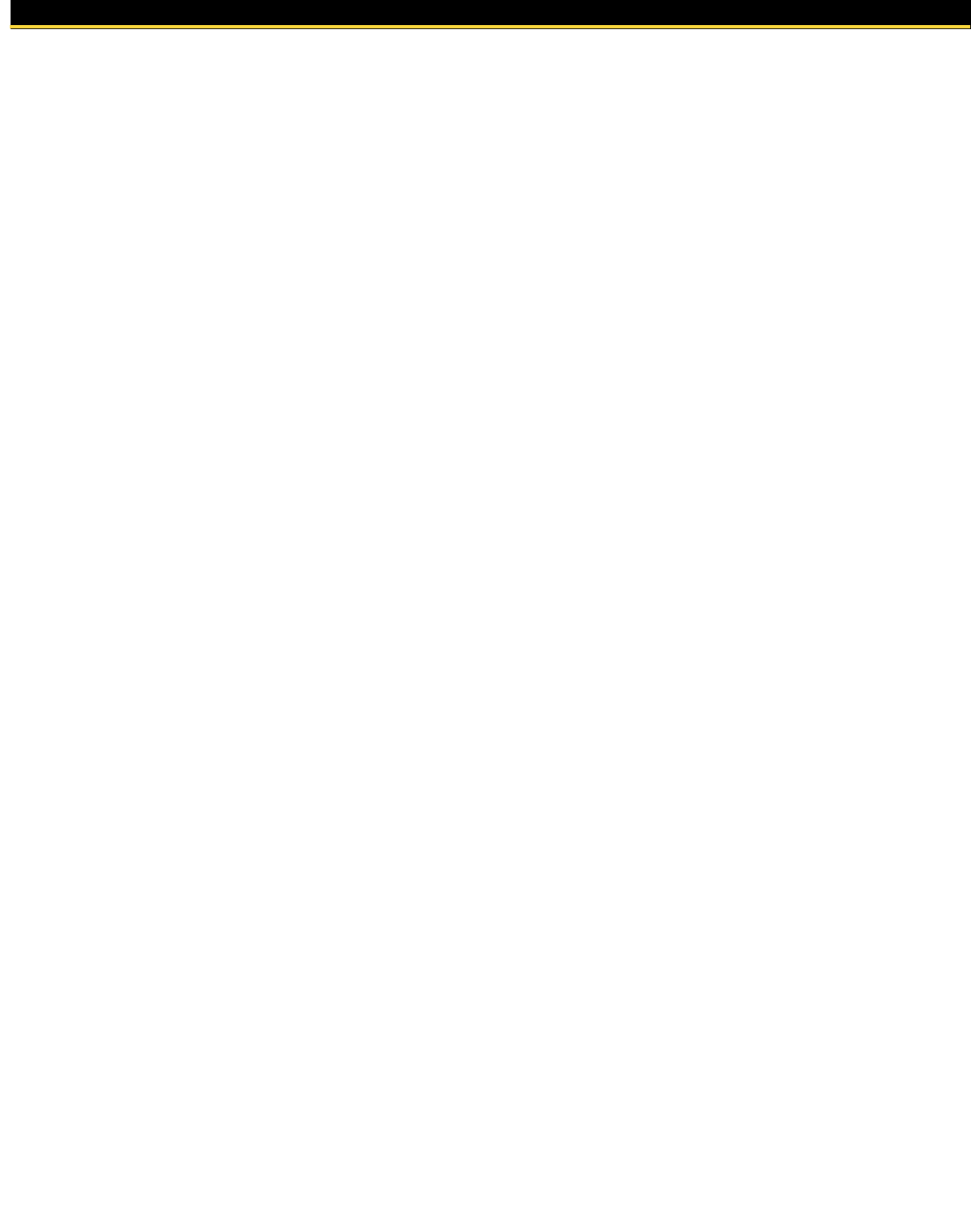
The Marcovich Wellness Center houses the Health and Human Performance Department, athletic programs, and student fitness and recreation facilities. The
building includes the Lydia C. Thering Fieldhouse with an indoor track, 2,500-seat Lydia C. Thering Fieldhouse (home of the Yellowjacket volleyball and men's
and women's basketball teams) , Toby and Sharon Marcovich Fitness Center, Minnesota Power Weight Room, exercise and physiology lab, racquetball courts,
National Bank of Commerce Climbing Wall, Joan Hedrick Swimming Pool, dance studio, faculty and coaches' offices, and offices for the student recreation and
intramural programs.
Other athletic facilities include Siinto S. Wessman Arena, which houses the men's and women's hockey teams; Ted Whereatt Field, home to the baseball team;
and the Yellowjacket Soccer Complex, the practice site of the men's and women's soccer teams. NBC Spartan Sports Complex is home to all men's and
women's soccer games and the primary facility for softball.
Athletics Eligibility
In accordance with the NCAA Handbook and our governing sport conferences, UW-Superior has implemented additional bylaws and definitions as it relates to
the eligibility of student-athletes.
1.1 NCAA Rules. The University of Wisconsin-Superior will abide by the eligibility rules adopted by the Division III membership of the NCAA with the exception
of these institutional rules that are more restrictive as set forth in this document.
1.2 Regular Term. A "regular term" is considered to be the traditional fall and spring terms as listed in the institutional's official catalog, excluding intersessions
(e.g., J-Terms, winter sessions).
1.3 Initial Eligibility. A first-time entering freshman student is eligible to represent the institution in intercollegiate athletics provided the student is admitted to
the institution in accordance with the provisions of NCAA Bylaw 14.1.7.
1.3.1 Academic Year of Residence. To satisfy an academic year of residence, a student-athlete shall:
Be enrolled in and complete a minimum full-time program of studies for two (2) full semesters or three (3) full quarters, ora.
Be enrolled in a minimum full-time program of studies with two (2) full semesters or three (3) full quarters and pass a number of hours that is at least
equal to the sum total of the minimum load of each of the required terms.
b.
1.3.1.1. Summer Term. A summer term shall not be used to satisfy a term of residence, but hours earned at the institution during the summer may be used to
satisfy the requirements of (b) above.
1.3.2 Freshman Credit Rule. A student-athlete must have earned a minimum of nine (9) credit hours from the start of the first-regular term of attendance to the
beginning of the second regular term of attendance to the beginning of the second regular term of attendance to be eligible to compete the second-term of the
first year of initial enrollment.
1.4 Academic Eligibility. A student-athlete is eligible to compete provided the student-athlete meets NCAA eligibility requirements as stipulated in NCAA Bylaw
14. In addition, student-athletes must meet institutional grade point average and credit hour requirements as stipulated within this document.
1.4.1 Grade Point Average Requirement. A student-athlete must achieve a total cumulative grade point average of at least 2.0 (based on a maximum 4.0
scale) if any of the following conditions have been met:
The student-athlete has been charged with one (1) or more seasons of participation;a.
The student-athlete has earned 24 or more credit hours; orb.
The student-athlete has been charged with two (2) or more full-time terms of attendance.c.
1.4.2 Credit Hour Requirements. To be eligible to compete the second season and subsequent seasons in any sport, a student-athlete must earn the
following credit hours:
After the completion of the first season of participation: 24 semester/36 quarter degree credit hours.a.
After the completion of the second season of participation: 48 semester/72 quarter degree credit hours.b.
After the completion of the third season of participation: 72 semester/108 quarter degree credit hours.c.
1.4.3 Regaining Eligibility During a Term. A student-athlete who is not eligible to compete at the beginning of a regular term may not regain his/her eligibility
during that term with the exception of incomplete grades (see 1.4.9) and grade changes, provided the incompletes and grade changes are processed in
accordance with normal institutional policies and practices.
1.4.4 Eligibility Between Terms. A student-athlete who is regaining eligibility at the conclusion of the regular fall term may begin competing at the time his/her
eligibility has been officially certified by the institution, but not sooner than the day after the date of the last scheduled exam listed in the institution's official
catalog for the fall term. If a student-athlete becomes ineligible at the conclusion of the regular fall term (e.g., GPA deficiency), the ineligibility shall become
effective at the time his/her eligibility has been officially certified by the institution, but not later than the first day of classes of the regular spring term. [See also
1.4.13.]
1.4.5 Suspension. A student-athlete suspended by the institution for academic or non-academic reasons is to be rendered ineligible immediately. A
student-athlete under suspension will not be permitted to compete (but may practice assuming he/she is enrolled full time) during an appeal process.
1.4.6 Transfers. To meet the provisions of 1.4.1, the cumulative minimum grade-point average must be achieved in all grades earned at all collegiate institutions
during a transfer's first term of attendance at the certifying institution. In addition, credit hours earned at all collegiate institutions are to be used to meet the credit
hour requirements of 1.4.2 during a transfer's first two (2) terms of attendance [provided they are consecutive terms] at the certifying institution. Thereafter, the
cumulative grade point average should be determined by whatever method is employed by the institution for students generally and only those credit hours
which are accepted toward a degree and appear on the institutional transcript may apply.
1.4.7 Repeat Courses. Repeated courses may be used to satisfy the minimum full-time enrollment requirement for practice and competition provided such
courses are counted toward full-time enrollment for students generally. However, repeated courses (with a previous grade of "D" or better) may be used only
once to satisfy the credit hour requirements of 1.4.2.
1.4.8 Remedial, Tutorial, Noncredit or Distance Learning Courses. In accordance with normal institutional policies, remedial, tutorial, noncredit or distance
learning courses may be used to satisfy the minimum cumulative grade-point average and credit hour requirements of 1.4.
1.4.9 Incomplete Grades. Incomplete grades may be used to satisfy the requirements of 1.4 provided they are removed in accordance with the institution's
regulations applicable to all students.
1.4.10 Academic Forgiveness/Bankruptcy. Student-athletes may avail themselves to academic forgiveness/bankruptcy policies that are applied to students
generally.
1.4.11 Advanced Placement Credit Hours. Advanced placement (AP) credit hours are included in the credit hour and grade point average calculations to
satisfy the requirements of 1.4 in accordance with normal institutional policies pertaining to AP credits.
Official 2019-21 UW-Superior Catalog: Athletics, Security, Technology : Yellowjacket Athletics
The Board of Regents of the University of Wisconsin System | 139 of 228
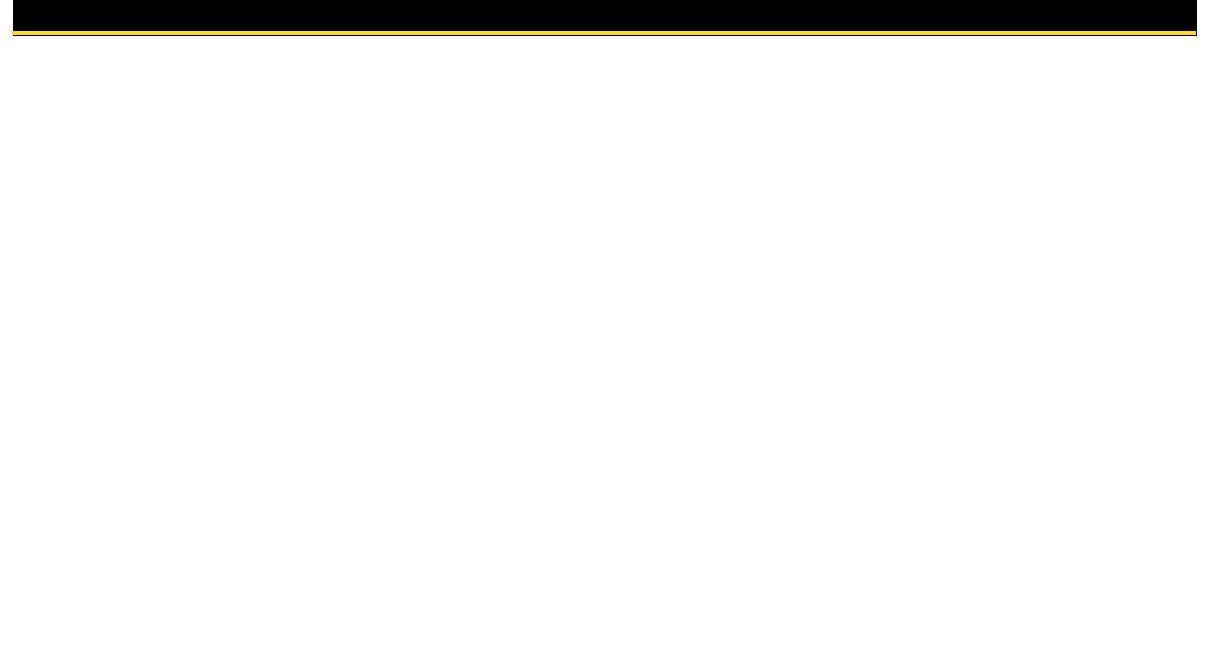
1.4.11.1 Exception for AP Credit Hours. Advancement placement hours are not to be included in the credit hour and grade point average calculations during a
student-athlete's first two (2) terms of attendance.
1.4.12 Medical Hardships. Medical hardship waivers may be granted by the student-athletes governing sport conference if the request meets the NCAA
requirements for a hardship and is submitted on the prescribed form.
1.4.12.1 Calculating Seasons of Participation. Years for which a student-athlete was granted a medical hardship shall be considered as seasons of
participation for purposes of determining the grade-point average and credit hour requirements of Bylaw 1.4.
1.4.13 Certification of First-Time, Mid-Year Enrollees for Subsequent Seasons of Competition. It is permissible to certify at mid-year those
students-athletes who were first-time, mid-year enrollees (this does not apply to transfers or re-enrollees) for purposes of satisfying the credit hour requirements
of Bylaws 1.4.2.
1.4.14 Mid-Term Enrollees. Mid-term enrollees are not eligible for competition until the completion of that term.
1.4.15 Intersessions. Credit hours earned during an intersession (e.g., J-Term) that are used to satisfy the requirements of 1.4 would apply towards whichever
semester/quarter the intersession is applied institutionally. If the intersession is considered to be independent, the credits earned can be applied to either the fall
or spring semester/quarter.
1.4.15.1 Full-Time Enrollment. Hours enrolled during an intersession (e.g., J-Term) can be counted towards full-time enrollment for whichever
semester/quarter the intersession is applied institutionally. If the intersession is considered to be independent term by the institution, those hours cannot be
counted toward full-time enrollment for either the fall or spring semester/quarter.
1.5 Waiver of Eligibility Rules. A waiver request may be submitted on behalf of a student-athlete in cases where, because of special circumstances, the
application of any rule results in an unintended hardship to a student-athlete. The Director of Athletics, in consultation with the Faculty Athletics
Representative(s), Registrar, and Senior Women Administrator, is empowered to grant waivers to the institution's eligibility rules as the facts may warrant in
each individual case. A waiver of one rule does not automatically waive any other rule.
1.5.1 Submission of Eligibility Waivers. A waiver request of an institutional eligibility rule may be submitted on behalf of an enrolled, prospective, or transfer
student-athlete. Waiver requests of eligibility rules must be submitted in writing by an institution's faculty athletics representative(s) on the prescribed waiver
request form. It shall be the responsibility of the faculty athletics representative to determine the facts of the case, and to ensure the completeness and accuracy
of the information submitted with the waiver request. Each filed waiver must include all pertinent supporting information or documentation, including academic
transcripts of all courses taken at any collegiate institution attended by the student-athlete. In the case of a prospective student-athlete, documentation related to
the prospects standardized test score(s), high school GPA, and class rank is required.
1.5.2 Waiver Authority. Copies of a waiver request of an institution eligibility rule (with supporting materials) must be sent to the Director of Athletics, Faculty
Athletics Representative(s), Registrar, and Senior Women Administrator. The Director of Athletics shall determine the means by which the committee will
consider any particular waiver request. In cases in which ample precedent has been established or the facts of the case do not raise disputed issues, the Director
of Athletics has the authority to grant the waiver absent any review by the entire committee.
Official 2019-21 UW-Superior Catalog: Athletics, Security, Technology : Yellowjacket Athletics
The Board of Regents of the University of Wisconsin System | 140 of 228
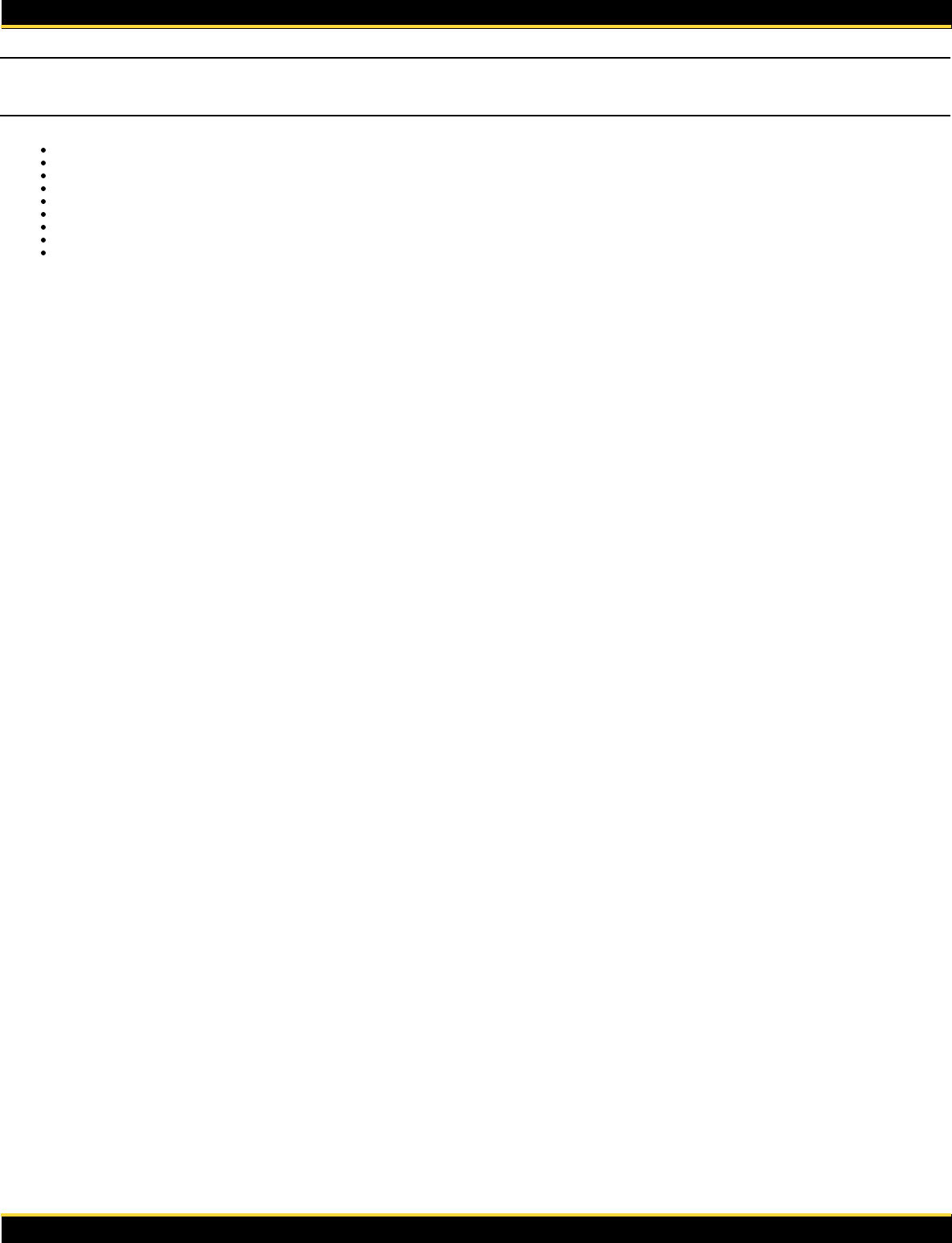
Campus Life
Dean of Students Office
Department of Student Involvement
Equity, Diversity, and Inclusion
New Student and Family Programs
Recreation
Residence Life
Student Government
Well-Being, Health, and Counseling
Yellowjacket Union
© 2023 The Board of Regents of the University of Wisconsin System | 139
Official 2019-21 UW-Superior Catalog: Campus Life
The Board of Regents of the University of Wisconsin System | 141 of 228

Dean of Students Office
Advocacy
Community Standards
Title IX
Dean of Students Office Contact Information
Advocacy
The Dean of Students Office Office plays an important role in helping students navigate the campus environment and in providing programs and services that
enrich students' personal and educational development. The staff in the Dean of Students Office office serve as advocates for students on a wide range of
topics and assist students in making positive connections with staff, faculty, other students and services. Students are encouraged to contact the Dean of
Students Office Office staff if they have question or concerns.
Community Standards
Each student at the University has the right to learn in an environment free from threats, danger, or harassment. Students also have the responsibility to conduct
themselves in a manner that complies with campus policies and procedures. UWS Chapters 17 and 18 of the Wisconsin Administrative Code list the university
policies students are expected to uphold and describes the procedures used when students are accused of misconduct. Chapter 17 also lists the possible
responses the university may apply when a student is found to violate policy.
UW-Superior students are also obligated to complete course work with honesty and academic integrity. They also have the right to expect that all students will
be graded fairly and have the right of due process should they be accused of academic misconduct. UWS Chapter 14 of the Wisconsin Administrative Code
explains the policies and procedures that need to be followed in the case of academic misconduct. Policies related to student conduct can be found at
www.uwsuper.edu/dos. For a physical copy of policies, contact the Dean of Students Office Office directly.
Title IX
The University of Wisconsin-Superior is committed to providing educational programs, activities, and a workplace environment that are inclusive and free from
discrimination, discriminatory harassment (including sexual harassment), sexual misconduct, and retaliation. Furthermore, UW-Superior is committed to the
prompt and equitable investigative and resolution process of all complaints. For more information about Title IX visit www.uwsuper.edu/dos/titleix.
Dean of Students Office Contact Information
Dean of Students Office
University of Wisconsin - Superior
Yellowjacket Union 140
Belknap and Catlin Ave.
P.O. Box 2000
Superior, WI 54880
Phone: 715-394-8244
Email:
Official 2019-21 UW-Superior Catalog: Campus Life: Dean of Students Office
The Board of Regents of the University of Wisconsin System | 142 of 228
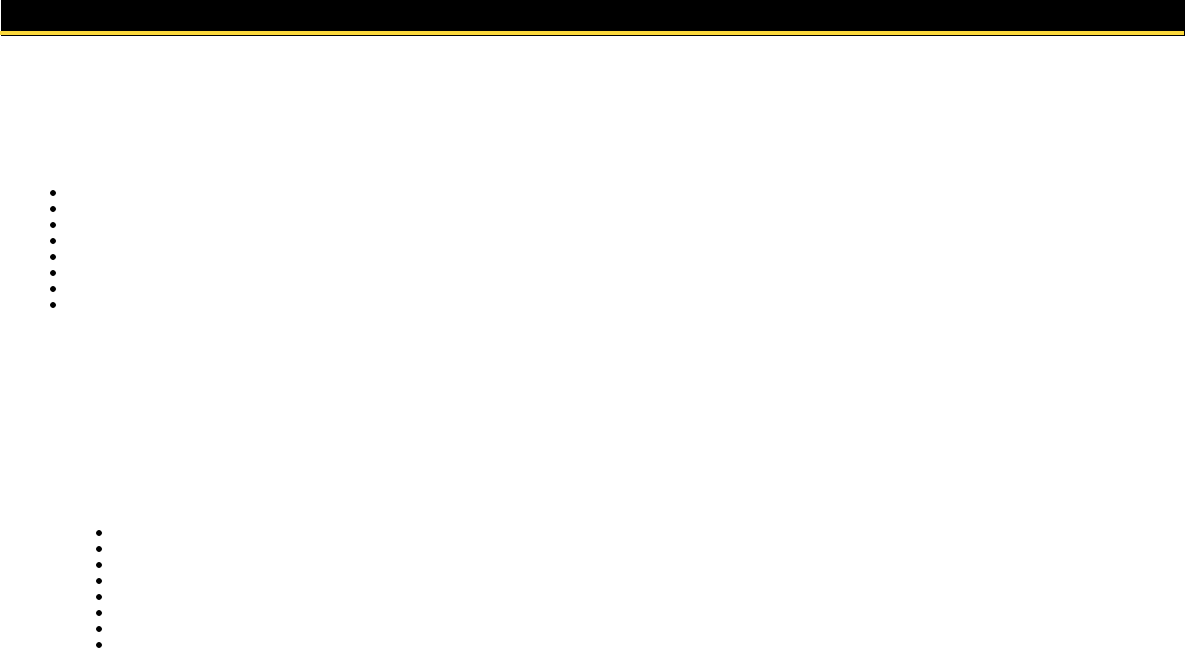
Department of Student Involvement
About Student Involvement
Student Organizations
Leadership
Campus Wide Events
Yellowjacket Activities Crew (YAC)
Yellowjacket Mascot Team
The Buzz 75
Student Involvement Contact Information
About Student Involvement
About Student Involvement
The Department of Student Involvement provides a wide array of learning opportunities that intentionally engage students in the campus community. All
UW-Superior students are highly encouraged to enhance their liberal arts experience by becoming involved in co-curricular activities. There's a lot of learning
that goes on outside the classroom too! Through Department of Student Involvement, you can:
Meet new people that share similar interests
Try something new
Build your resume
Enhance your leadership skills
Make a difference in the community
Entertain and be entertained
Share school spirit
Have fun in a safe and inclusive environment.
Student Organizations
Over 50 recognized student organizations provide a variety of opportunities for student involvement and leadership. For a current listing of recognized student
organizations or for information on forming a new student organization, see the Student Organizations.
Leadership
Leadership resources are accessible to all UW-Superior students at any skill level. Student Involvement offers many ways to strengthen your leadership skills -
attend a workshop, participate in Launching Leaders, or work one-on-one with the Student Involvement staff.
Launching Leaders is a self-paced leadership certificate program that offers all students an introduction to campus and community involvement while providing
pathways to personal growth and development.
Campus Wide Events
UW-Superior hosts a number of annual campus events including:
'JacketFest: Student Involvement and Job Fair
'Jacket Fest is held at the beginning of the fall semester and provides an opportunity for students to engage with a number of student organizations, part-time
employers, and local non-profit agencies.
Friends and Family Weekend
Friends and Family Weekend is an annual fall festival planned especially for UW-Superior students, friends, and their families. The weekend is filled with fun
campus activities for all ages and a great way to experience campus life at UW-Superior.
'Jacket Racket Weekend
Official 2019-21 UW-Superior Catalog: Campus Life: Department of Student Involvement
The Board of Regents of the University of Wisconsin System | 143 of 228
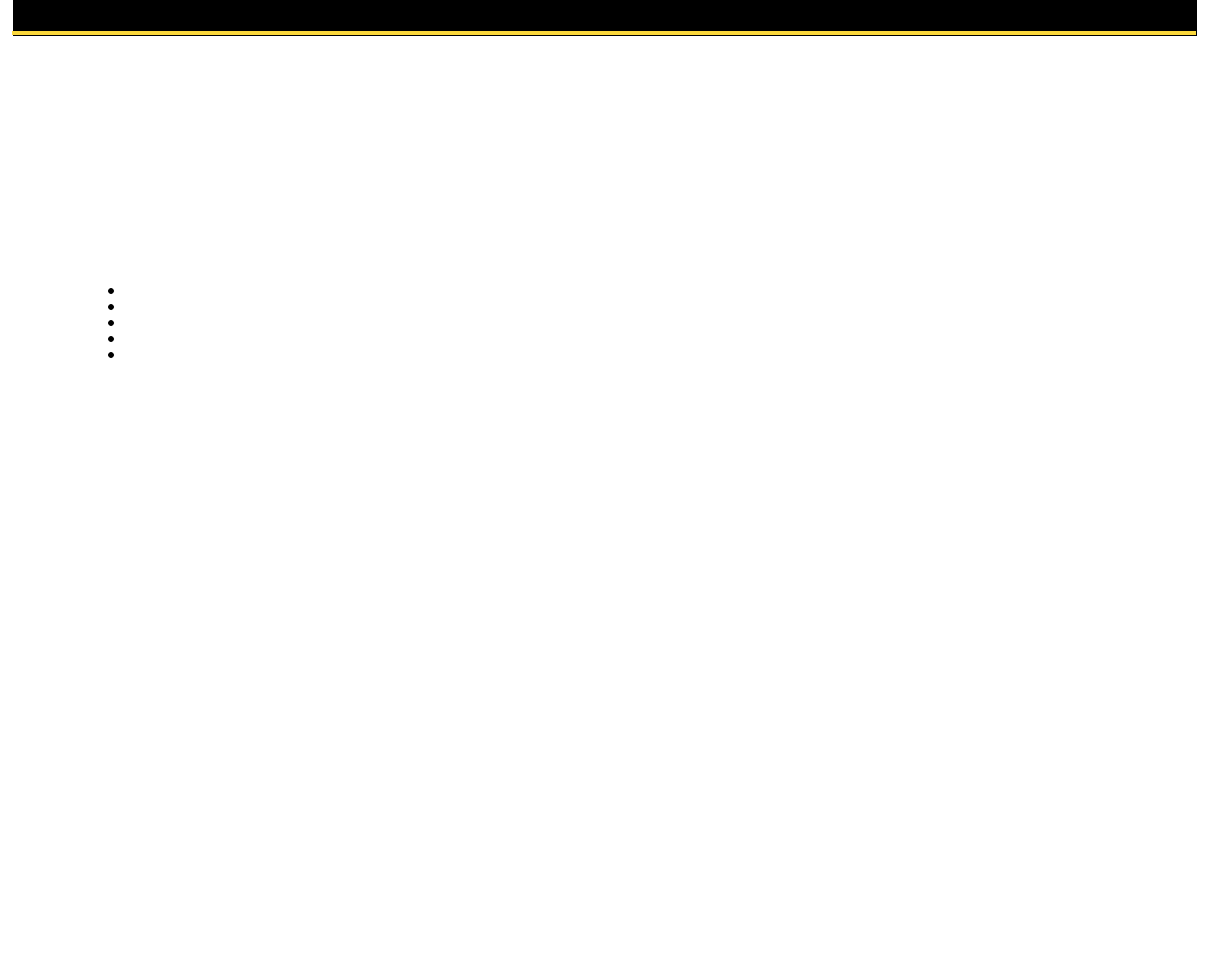
UW-Superior's homecoming weekend is dedicated to honoring Yellowjacket pride. The weekend brings together students for activities such as Yellowjacket
Hockey, Union Bash, and the Spirit Board Competition.
Learn more at www.uwsuper.edu/jacketracket.
Yellowjacket Activities Crew (YAC)
The Yellowjacket Activities Crew (YAC) is an organization of students that plan social and recreational programs for the campus community and the
Yellowjacket Union. Free entertainment events include:
Musicians and Bands
Comedians
Dances
Grocery Bingos
Craft Nights
Keep an eye out for events that are advertised as family-friendly!
Yellowjacket Mascot Team
The Mascot Team is a paid employment opportunity for students interested in promoting campus pride. The mascot makes regular appearances at campus,
community, and athletic events throughout the year.
The Buzz 75
Your campus experience should be an adventure! Explore all that UW-Superior and the Twin Ports have to offer, from campus life to local favorites. Accomplish
40? Earn an exclusive "Buzz 75" t-shirt! What will you check off first?! Learn more at Buzz 75.
Student Involvement Contact Information
Student Involvement
University of Wisconsin - Superior
Yellowjacket Union 155
Belknap and Catlin Ave.
P.O. Box 2000
Superior, WI 54880
Phone: 715-394-8444
Email:
Official 2019-21 UW-Superior Catalog: Campus Life: Department of Student Involvement
The Board of Regents of the University of Wisconsin System | 144 of 228
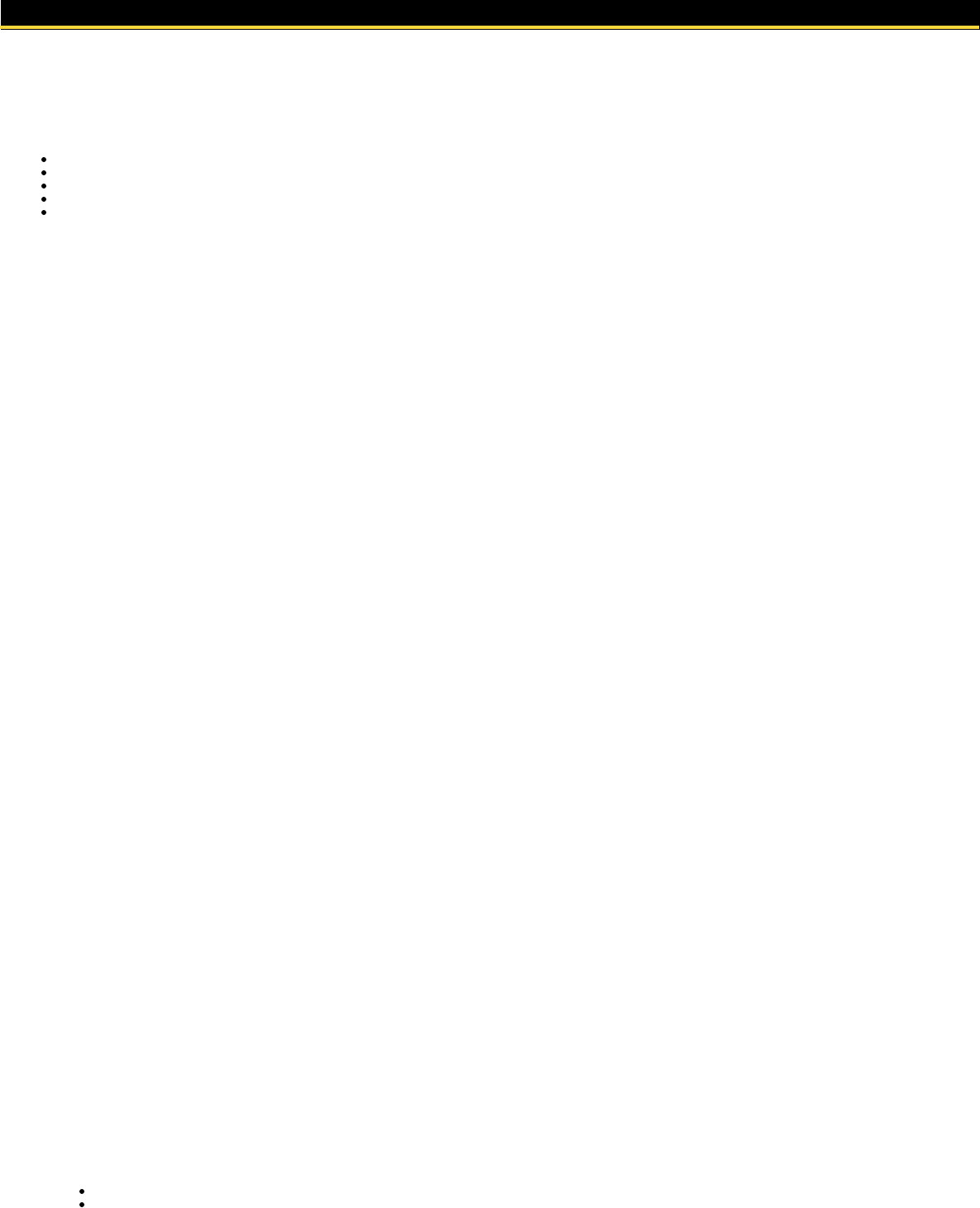
Equity, Diversity, and Inclusion
First Nations Center
Gender Equity Resource Center (GERC)
Office of Multicultural Affairs (OMA)
Veteran and Nontraditional Student Center (VNSC)
Office of International Programs
First Nations Center
The [NAME:FIRSTNATIONSCENTER] , centrally located on the third floor of Swenson Hall (Swenson 2047), provides a space for Native students and other
students interested in Native American culture to gather, study and learn in a positive environment. The FNC staff provide students with advocacy, advisement,
and cultural counseling.
The Center serves as liaisons between the campus and the greater community to assist in raising awareness of Native American culture. As a part of Indian
Country, the First Nations Center works to build an understanding of Native American cultural world view in the region. Collaboratively, the FNC and the Native
student organization work with other departments on campus to provide Native American programs and events. (The university also provides a minor in First
Nations Studies.)
For more information call 715-394-8132 or visit www.uwsuper.edu/firstnationscenter.
Gender Equity Resource Center (GERC)
The Gender Equity Resource Center staff create a safe environment within the campus community for all genders. Services and opportunities include
exploration of diverse gender roles, education about gender and sexuality, and advocacy of equity for people of varying ages, economic statuses, cultural
backgrounds, races, physical abilities, genders, and sexual identities occurs. The program staff collaborate with many departments and student organizations to
provide programs and resources that empower students of all genders and sexual identities to have a successful college experience.
The Gender Equity Resource Center, located Swenson Hall 1031, is a welcoming place where advocates for gender equity, the LGBTQ (lesbian, gay, bi-sexual,
trans+, queer/questioning) community, and allies can provide support and education to the campus about gender equity and sexual identities.
For more information contact 715-394-8091 , [email protected], or www.uwsuper.edu/genderequity.
Office of Multicultural Affairs (OMA)
The Office of Multicultural Affairs (OMA) is dedicated to the academic and social success of African American, American Indian, Asian American, and
Hispanic/Latino students while fostering a climate of respect for all people and cultures. The staff in OMA want students to have help with whatever needs arise;
a home away from home; a broadening of worldviews; experience with people and cultures other than their own.
Programs and Services:
The Office of Multicultural Affairs is proud to sponsor programs and events that enrich and honor the lives of not only American Indian, Asian American, African
American, and Hispanic/Latino American students, but the campus community as a whole. OMA programs and events help students make important
connections within the campus community, gain leadership skills, learn about diverse cultures and issues, and more.
The William 'Pope' Wright Jr. Student Center is located at Old Main, Room 232. It is a great place for students to study, to hold meetings, receptions, socials,
guest lecture, presentations, and so forth.
For more information, contact OMA at 715-394-8084 , [email protected], or www.uwsuper.edu/oma.
Veteran and Nontraditional Student Center (VNSC)
The Veteran and Nontraditional Student Center supports all nontraditional students (including veteran/military students and family members, students who are 25
or older, who have a spouse, and/or who have children) throughout their educational journey at UW-Superior.
The Center offers:
A place where veteran/military and nontraditional students can relax, study, use a computer, or talk with someone.
Programs, events and a culture that foster life-long learning which include an annual Veteran's Day Honoring Ceremony, Veterans Week events, the
annual Veterans Expo, Veterans Club, camping trips, VA and federal work study positions, parenting programs, and other engaging events.
Direct services including information about other campus and community, VA/GI Bill® benefit assistance, career preparation, and other helpful
Official 2019-21 UW-Superior Catalog: Campus Life: Equity, Diversity, and Inclusion
The Board of Regents of the University of Wisconsin System | 145 of 228

Direct services including information about other campus and community, VA/GI Bill® benefit assistance, career preparation, and other helpful
services programs.
Opportunities to bring students together, developing friendships and unity.
Childcare Subsidies to students with children who are enrolled in select childcare centers in Superior. The subsidy reduce the cost of childcare tuition
and is paid directly to the state licensed center. Students interested in a childcare subsidy can apply online.
Contact VNSC staff at 715-394-8406 , [email protected],Old Main Room 118, or www.uwsuper.edu/vnsc.
Office of International Programs
Office of International Programs
Official 2019-21 UW-Superior Catalog: Campus Life: Equity, Diversity, and Inclusion
The Board of Regents of the University of Wisconsin System | 146 of 228

New Student and Family Programs
WoW (Weekend of Welcome)
Dean of Students Office Contact Information
WoW (Weekend of Welcome)
This is students' crash course introduction to all things UW-Superior. During this event, you will find your niche on campus. Through your WoW group, you will
meet new people, make friends and connect with an upper-classmen who will serve as your Peer Leader. These friends will be with you as you find your way
around campus, attend educational sessions, and explore who you are at UW-Superior. All freshmen and transfer students coming in with 21 or fewer post high
school credits are required to attend WoW.
*Students entering in spring semester will attend Winter WoW.
Dean of Students Office Contact Information
Dean of Students Office
University of Wisconsin - Superior
Yellowjacket Union 140
Belknap and Catlin Ave.
P.O. Box 2000
Superior, WI 54880
Phone: 715-394-8244
Email:
Official 2019-21 UW-Superior Catalog: Campus Life: New Student and Family Programs
The Board of Regents of the University of Wisconsin System | 147 of 228
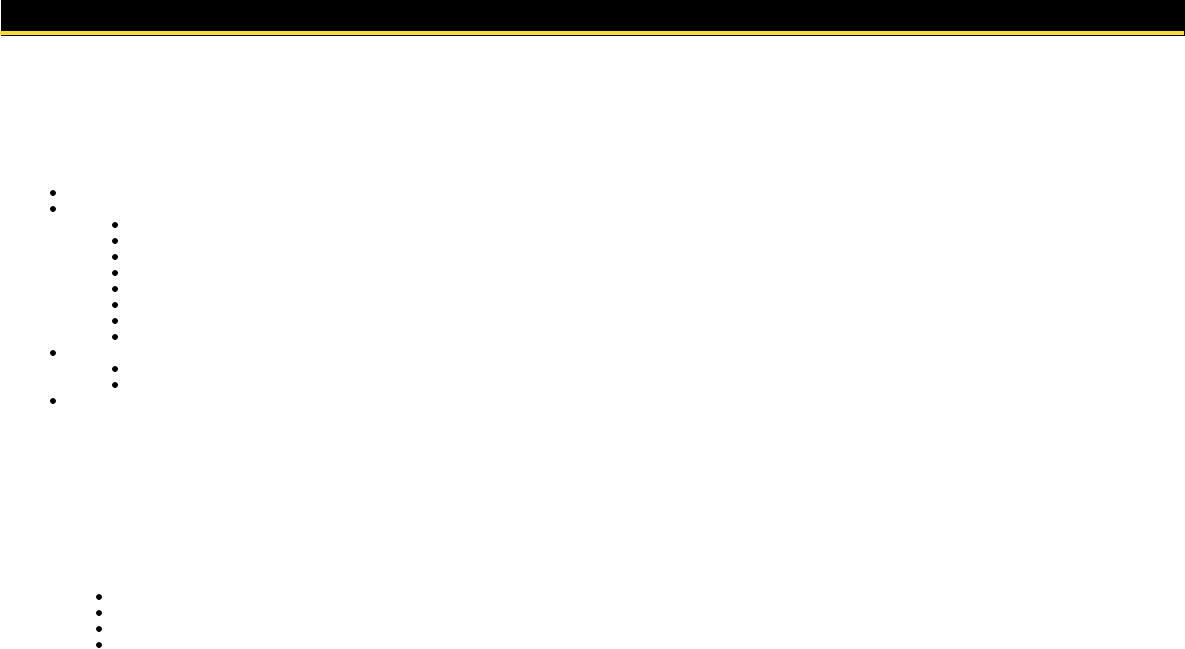
Recreation
Mission Statement
Programs
Aquatics
Challenge Course
Climbing Wall
Fitness/Wellness
Intramurals
Open Recreation
Outdoor Adventure
Sport Clubs
Facilities
Marcovich Wellness Center
Superior Challenge Ropes Courses
Campus Recreation Contact Information
Mission Statement
Through our programs and facilities, we provide an array of recreation and wellness opportunities that foster active and healthy lifestyles.
Through involvement with Campus Recreation students will:
Articulate the importance of physical activity for personal and professional balance and growth.
Communicate effectively and work towards a shared goal.
Apply necessary skills and abilities and be empowered to develop and mature.
Engage with other individuals from diverse backgrounds and perspectives, and learn to appreciate differences.
Programs
Aquatics
Located in the Marcovich Wellness Center, the National Bank of Commerce Climbing Wall is a fully accessible 25-yard pool staffed with friendly,
professional lifeguards who will ensure that you have a safe and positive aquatic experience. The pool is open in the early morning, noon, and in the late
afternoon/early evening for your convenience. Activities such as water basketball, open swimming, water aerobics, and lap swimming is offered.
Challenge Course
The Superior Challenge Ropes Course (SCRC) offers a series of activities designed for individual and group participation regardless of age,
physical/cognitive limitations, or ability. Participants develop skills in problem solving, communication, decision making, trust, as well as gain a strong
sense of self-worth and accomplishment.
The Superior Challenge Ropes Course experience also promotes calculated risk-taking, enhances leadership and management skills, facilitates
organizational change, and builds effective teams. Our outdoor facility at UW-Superior features 15 high elements, 9 low elements and a variety of
initiatives.
Climbing Wall
The National Bank of Commerce Climbing Wall is a 28-foot tall, state-of-the-art structure designed to challenge first-timers or avid climbers. We change
our routes every semester to maintain a high level of fun and challenge. No experience or equipment necessary. The climbing wall staff will outfit you with
all the necessary gear, instruction and encouragement you need.
Fitness/Wellness
The focus of our Fitness and Wellness programs are to serve the fitness needs of our campus community through various programs, including group
fitness and personal training. One of the goals of Campus Recreation is to provide instruction, programming, and training to promote health and fitness
awareness.
Official 2019-21 UW-Superior Catalog: Campus Life: Recreation
The Board of Regents of the University of Wisconsin System | 148 of 228
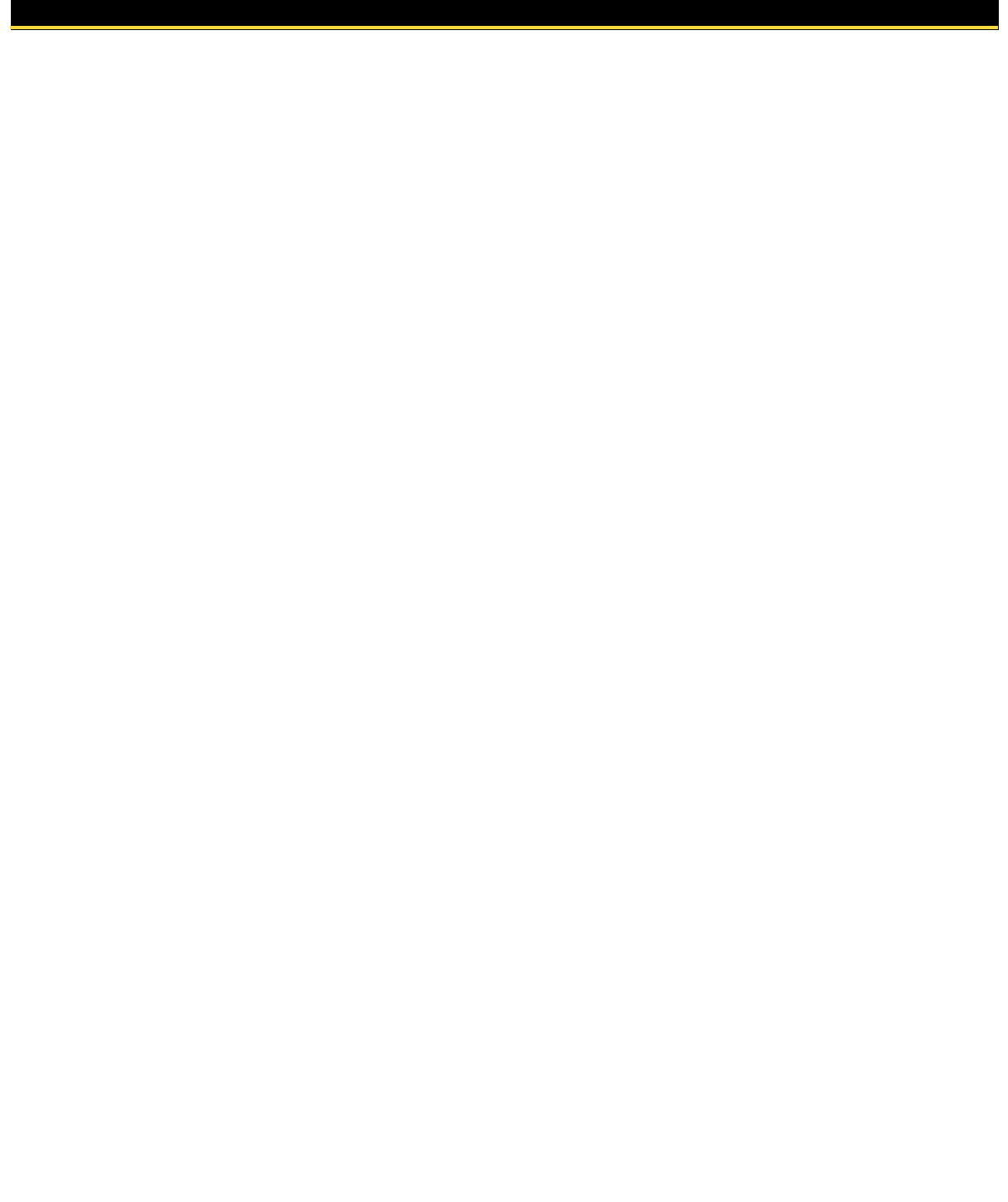
Intramurals
Intramurals provides action packed activities for the entire campus community, featuring team and individual competitions throughout the school year.
Programs are designed to help students, faculty, and staff become more involved in recreational activities regardless of age, gender, skill level, or past
experience. Campus Recreation offers male, female, and co-recreational opportunities organized for various skill levels.
Open Recreation
Open Recreation offers students and Marcovich Wellness Center members the opportunity to participate in less structured, non-tournament recreation.
You must be a student or have an Marcovich Wellness Center membership to participate in open recreation. Open recreation times are subject to change
due to special events and facility maintenance. Throughout the year, space is regularly reserved for drop-in activities.
Outdoor Adventure
The Superior Adventures consists of Outdoor Adventure Trips, Outdoor Equipment Rental, Superior Challenge Ropes Course , and the National Bank of
Commerce Climbing Wall . The intent of Superior Adventures is to provide outdoor and social experiences emphasizing adventure, environmental
awareness, education, experiential learning challenge, personal development, safety, a sense of community and fun.
Sport Clubs
A Sport Club is a recognized student organization under the administration of the Campus Recreation Department. Each club is a student-based group
intended to provide recreational, competitive, and instructional opportunities in addition to those offered by intramurals, physical education programs, or
intercollegiate athletics.
Facilities
Marcovich Wellness Center
The Marcovich Wellness Center (MWC) houses the Health and Human Performance Department, Athletic programs, Student Health and Counseling
Services, and the Department of Campus Recreation. Used for academics, athletics, and recreation, the MWC features the Lydia C. Thering Fieldhouse
with indoor track, 2,000-seat Mertz Mortorelli Gymnasium, Toby and Sharon Marcovich Fitness Center, Minnesota Power Weight Room, exercise and
physiology lab, classrooms, racquetball courts, National Bank of Commerce Climbing Wall, Joan Hedrick Swimming Pool, dance studio, and offices for all
four departments.
Superior Challenge Ropes Courses
The Superior Challenge Ropes Course is located just west of Siinto S. Wessman Arena. It includes high and local ropes elements to accommodate any
skill level. The course offers a series of activities for both individual and group participation regardless of age, physical limitation or ability. This facility is
open by reservation only.
Campus Recreation Contact Information
Campus Recreation
University of Wisconsin - Superior
Marcovich Wellness Center
Belknap and Catlin Ave.
P.O. Box 2000
Superior, WI 54880
Phone: 715-395-4610
Email:
Building Hours:
Academic Year
Monday - Thursday: 6:00am-11:00pm
Friday: 6:00am-10:00pm
Saturday: 10:00am-6:00pm
Sunday: 12:00noon-10:00pm
Official 2019-21 UW-Superior Catalog: Campus Life: Recreation
The Board of Regents of the University of Wisconsin System | 149 of 228
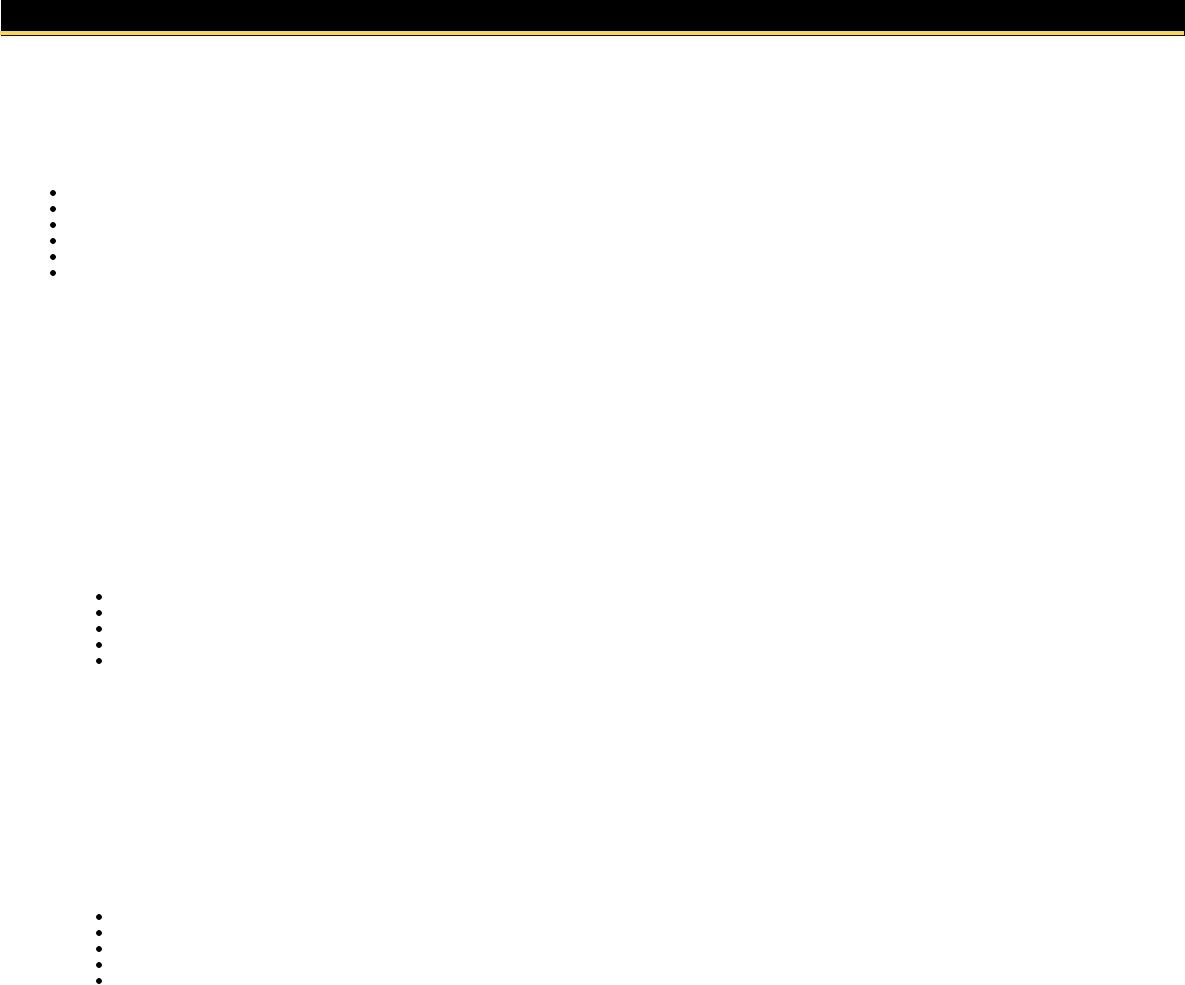
Residence Life
Mission Statement
Student Learning Outcomes
Residence Halls
Application Procedure
Room and Board Costs
Residence Life Contact Information
Mission Statement
Residence Life commits to supporting the liberal arts environment by providing students with an engaging on-campus living experience in a safe, inclusive
community while promoting personal and academic growth through caring stewardship.
Student Learning Outcomes
During your on-campus living experience, you will:
Gain practical life skills
Demonstrate academic success
Become interculturally aware
Exhibit socially responsible behavior
Integrate life and academic experiences
Residence Halls
On-campus living exposes students to new ideas, people and cultures. Residential living also promotes interpersonal development, co-curricular engagement,
student involvement and academic success.
UW-Superior offers a range of options for students living in university residence halls. All rooms are furnished and equipped with cable TV, and have wired and
wireless internet service.
The UW System Board of Regents requires students to live in a university residence hall and to participate in a university meal plan, if the students are:
first-year students or sophomores and are (students who have not earned at least 56 semester credits by the first day of classes in student's first year)
and ARE under the age of 20 by the first day of classes fall semester,
not veterans,
not married and/or legally dependent children,
not living with a parent or guardian within 35 miles of campus (with a commuter card on file with the Residence Life Office).
Application Procedure
Students who complete the admission process will be prompted to complete the online contract, roommate and room selection process in Live@UWS. Please
go to Residence Life for additional information.
Room and Board Costs
See the Residence Life Fees.
Residence Life Contact Information
Residence Life
University of Wisconsin - Superior
Yellowjacket Union 140
Belknap and Catlin Ave.
P.O. Box 2000
Official 2019-21 UW-Superior Catalog: Campus Life: Residence Life
The Board of Regents of the University of Wisconsin System | 150 of 228

Student Government
About Student Government
Student Government Association Contact Information
About Student Government
The Student Government Association (SGA) is the voice of UW-Superior students, representing student interests in the governance of the university. The SGA
works in alliance with the administration, faculty, staff, students, and student organizations in order to provide the best possible university environment and
educational experience at UW-Superior. All UW-Superior students are eligible to participate in SGA through elected or appointed positions or by sitting on
campus committees.
Student Government Association Contact Information
Student Government Association
University of Wisconsin - Superior
Yellowjacket Union 156
Belknap and Catlin Ave.
P.O. Box 2000
Superior, WI 54880
Email:
Official 2019-21 UW-Superior Catalog: Campus Life: Student Government
The Board of Regents of the University of Wisconsin System | 152 of 228
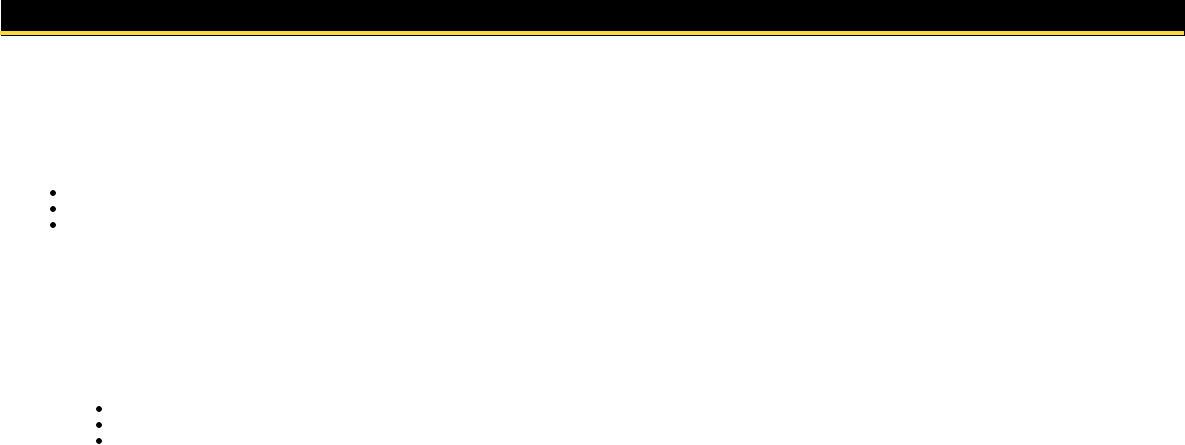
Well-Being, Health, and Counseling
Pruitt Center for Mindfulness and Well-Being
Student Health and Counseling Services
Pruitt Center for Mindfulness and Well-Being Contact Information
Pruitt Center for Mindfulness and Well-Being
The Pruitt Center for Mindfulness and Well-Being is committed to advancing the science and practice of mindfulness and well-being, utilizing a multidimensional
framework that recognizes a diverse population within the UW-Superior campus and surrounding region. The following are offered through the center:
Mindfulness and well-being resources and expertise
Learning projects
Personal/professional development activities
Student Health and Counseling Services
Student Health and Counseling Services operates out of the Marcovich Wellness Center. SHCS offers services both on-campus and off-campus to eligible
UW-Superior students. On campus services include free counseling, health education services and referrals. Off-campus services include medical services at
the UW-Superior contracted medical providers for physical, reproductive and psychiatric care. Please check UW-Superior Student Health and Counseling
Services for the listing of current providers and medical procedures covered.
Pruitt Center for Mindfulness and Well-Being Contact Information
Pruitt Center for Mindfulness and Well-Being
University of Wisconsin - Superior
Swenson Hall 3117
Belknap and Catlin Ave.
P.O. Box 2000
Superior, WI 54880
Phone: 715-394-8094
Email:
Official 2019-21 UW-Superior Catalog: Campus Life: Well-Being, Health, and Counseling
The Board of Regents of the University of Wisconsin System | 153 of 228

Yellowjacket Union
Yellowjacket Union (YU)
Dining Services
Bookstore
Yellowjacket Union Contact Information
Yellowjacket Union (YU)
The Yellowjacket Union (YU) is a vibrant, energetic place where friends meet at UW-Superior to learn, eat, relax and play.
The Yellowjacket Union engages the campus community by providing facilities, services, programs and involvement opportunities that promote student
development, reinforce educational goals and foster inclusiveness.
Dining Services
Mission Statement
Campus dining is an integral part of the University experience. Our mission is to provide fresh, great tasting food and excellent service that offers customers fun
and flexible dining options.
Information
All students, faculty and staff may eat in any of the dining service areas located in the Yellowjacket Union. Students with a meal plan eat most of their meals in
the all-you-can-eat Union Café and may use retail operations according to the terms of their respective meal plan contracts. We accept meal plans, 'Jacket
Cash, U.S. dollars and debit/credit cards at all dining locations. Students who are required to live in the residence halls are also required to sign up for a meal
plan. Contracts are available from Residence Life or at the Yellowjacket Union Desk. A contract must be completed before meal plan services may be used.
Bookstore
Mission Statement
UW-Superior's 'Jacket Book and Supply provides an inviting, collegiate atmosphere offering valuable services and merchandise in a convenient and competitive
manner while promoting growth opportunities for students and enriching campus community.
Hours of Operation
'Jacket Book and Supply is open Monday through Friday 8:00 a.m. - 4:00 p.m. Monday-Friday during the fall and spring terms. During the summer we are open
from 9:00 a.m. - 2:00 p.m. Monday through Friday. We offer extended times during special events on campus. Watch our website for those times.
Products Sold
We are your connection for all your textbook needs along with logo and alumni merchandise, gifts, gift cards, art, school and office supplies and grocery and
snack needs.
Book Costs
We offer used and new textbooks and also a wide selection of required books as a rental option. Students can pay for their textbook and classroom supplies
with cash, check, credit card, or they can be charged directly to their student account. All of our textbook information is posted on our web site prior to the first
day of registration for the upcoming term.
Official 2019-21 UW-Superior Catalog: Campus Life: Yellowjacket Union
The Board of Regents of the University of Wisconsin System | 154 of 228

Yellowjacket Union Contact Information
Yellowjacket Union
University of Wisconsin - Superior
Yellowjacket Union
Belknap and Catlin Ave.
P.O. Box 2000
Superior, WI 54880
Phone: 715-394-8244
Email:
@uwsuper.edu
Official 2019-21 UW-Superior Catalog: Campus Life: Yellowjacket Union
The Board of Regents of the University of Wisconsin System | 155 of 228
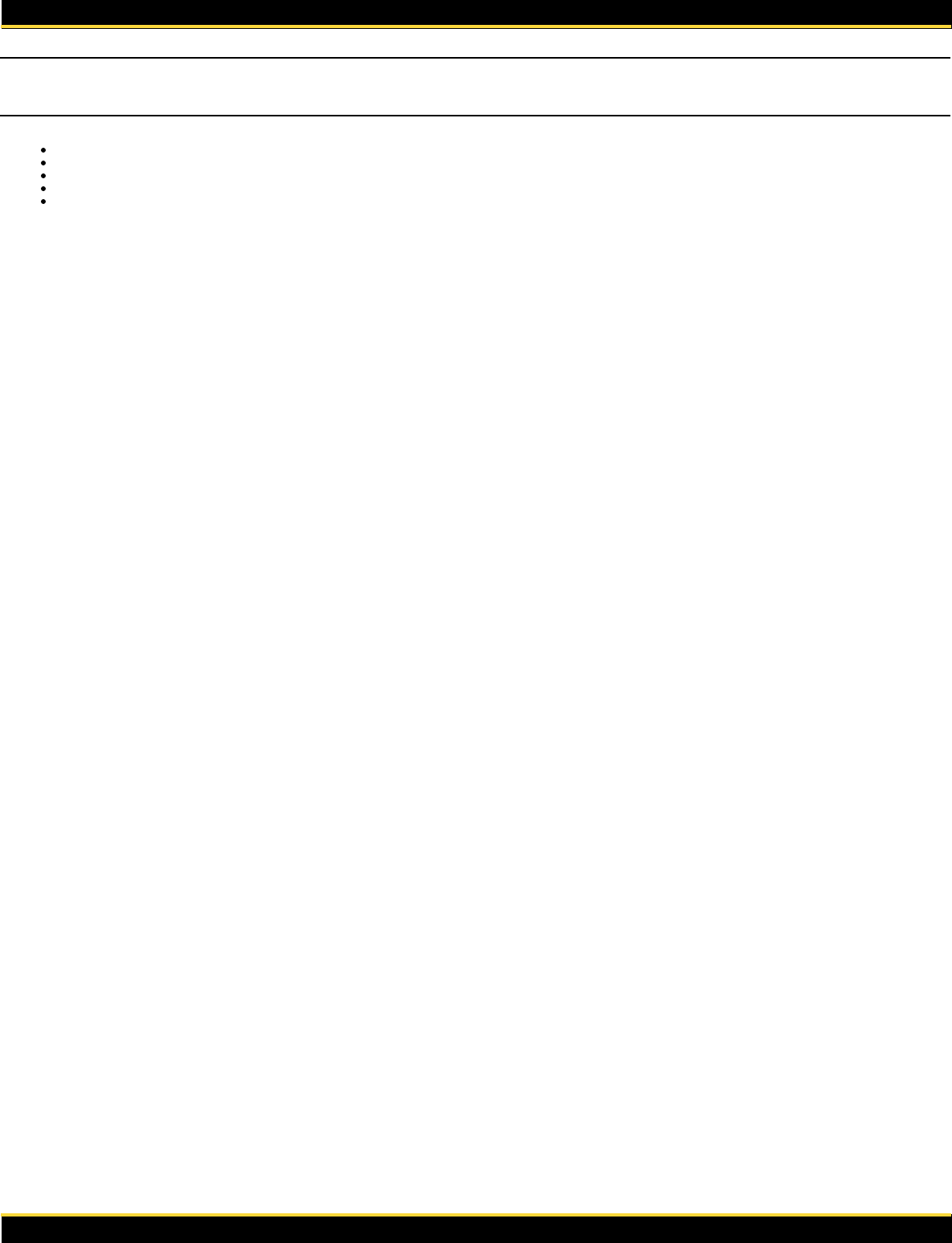
Faculty, Staff, Administration
Alumni Association
Emeriti Faculty and Staff
Faculty and Staff Directory
Foundation
UW System and UW-Superior Administrators
© 2023 The Board of Regents of the University of Wisconsin System | 154
Official 2019-21 UW-Superior Catalog: Faculty, Staff, Administration
The Board of Regents of the University of Wisconsin System | 156 of 228

Alumni Association
UW-Superior Alumni Association
Alumni Association Contact Information
UW-Superior Alumni Association
The UW-Superior Alumni Association offers many ways to stay connected and engaged. From local and national events, to travel opportunities and discounted
insurance, alumni and friends can enjoy the great benefits of being a part of the Yellowjackets community.
For more information, please visit uwsuper.edu/alumni/association – Go 'Jackets!
Alumni Association Contact Information
Alumni Association
University of Wisconsin - Superior
Old Main 237
Belknap and Catlin Ave.
P.O. Box 2000
Superior, WI 54880
Phone: 715-394-8452
Email:
Office Hours:
8:00 a.m. - 4:30 p.m. M-F
Official 2019-21 UW-Superior Catalog: Faculty, Staff, Administration: Alumni Association
The Board of Regents of the University of Wisconsin System | 157 of 228

Emeriti Faculty and Staff
Emeriti Faculty and Staff List
Emeriti Policy
Emeriti Faculty and Staff List
Bernhard Abrahamsson, Ph.D., Economics
Dorothy Anway, Ph.D., Mathematics and Computer Science
Gail Archambault, B.S., Director, Yellowjacket Union
Donald Bahnick, Ph.D., Chemistry
Karen Bahnick, Ph.D., Economics and German
Mary Balcer, Ph.D., Biology
Diane Balko, M.M., Music
Harris L. Balko, M.A., Music
Michael R. Ball, Ph.D., Sociology
Lowell W. Banks, M.E., Registrar, Education
Alvin "Chip" Beal, M.Ed., Director, Multicultural Affairs
Robert Beam, Ph.D., Economics
David Beran, D.A., Mathematics
Hal Bertilson, Ph.D., Psychology
Joan Bischoff, Ph.D., English
Janet Blair, Academic Dept. Associate
Anthony B. Bukoski, Ph.D., English
Thomas A. Bumgardner, D.M.A., Music
Bob Carmack, M.A., Library Science
David W. Carroll, Ph.D., Psychology
Richard D. Carter, Ph.D., Educational Administration
Robert Comstock, M.Ed., Director of Financial Aid
Gail Craig, Ed.D., Teacher Education
Ella Cross, M.L.I.S., University Library
Timothy Crow, PhD., German and Spanish
Donald M. Dailey, M.S., Physics
Rhea S. Das, Ph.D., Psychology
Edmond B. Dennery, Ph.D., Biology
Albert B. Dickas, Ph.D., Geology
Judy Anne Dwyer, M.S.W., Social Work
Julius E. Erlenbach, Ph.D., Chancellor, Music Education
Francis Florey, Ph.D., Mathematics
Noel Francisco, Ph.D., Sociology
Randy Gabrys-Alexson, Ph.D., Biology
Beth Gilbert, Ph.D., Biology
George E. Gott, M.A., English
James R. Grittner, M.F.A., Visual Arts
Barbara Hamann, Ph.D., Health Education
Richard A. Hanson, Ed.D., Teacher Education
Thomas C. Hartman, Ph.D., History and Mediterranean Studies
Richard H. Heim, M.S., Library Science
Jerry Hembd, Ph.D., Business and Economics
James A. Holter, M.S., Education
Joseph W. Horton, Ph.D., Chemistry
Richard H. Hudelson, Ph.D., Philosophy
Bernard O. Hughes, Ed.D., Education
Barbara L. Johnson, Ed.D., Business Administration
Carl C. Johnson, M.S.L.S., Library
Joy Johnson, Chancellor's Office
Marshall Johnson, Ph.D., Social Inquiry
Robert E. Jordan, Ph.D., Accounting
Albert M. Katz, Ph.D., Communicating Arts
Darol L. Kaufmann, Ph.D., Biology
Paul D. Keeney, Ph.D., Educational Administration
Gary Keveles, Ph.D., Criminal Justice and Human Behavior
Robert Kosuth, Director of the Kobe Yamate English Program
Robert D. Krey, Ph.D., Education Administration
Emily Levings, University Services Associate
Susan E. Loonsk, M.A., M.A.T.P., Art Therapy
Paul W. Lukens, Jr., Ph.D., Biology
Peggy V. Marciniec, Ed.D., Writing and Library Science
Joseph Meidt, Music
Mark Merrill, IS Tech Services
Frank H. Meyer, M.A., Physics
Karl Meyer, Ph.D., Chancellor
Nancy M. Minahan, Ph.D., Psychology
Karl T. A. Moravek, M.Ed., Director of Career Planning and Placement
Robert D. Morden, Ph.D., Biology
Steve Nelson, B.S., Athletic Director
Debra Nordgren, M.S.E., Library Science
Peter Nordgren, Ph.D., Educational Policies and Administration
George O. Parker, Ed.D., Business and Economics
Official 2019-21 UW-Superior Catalog: Faculty, Staff, Administration: Emeriti Faculty and Staff
The Board of Regents of the University of Wisconsin System | 158 of 228
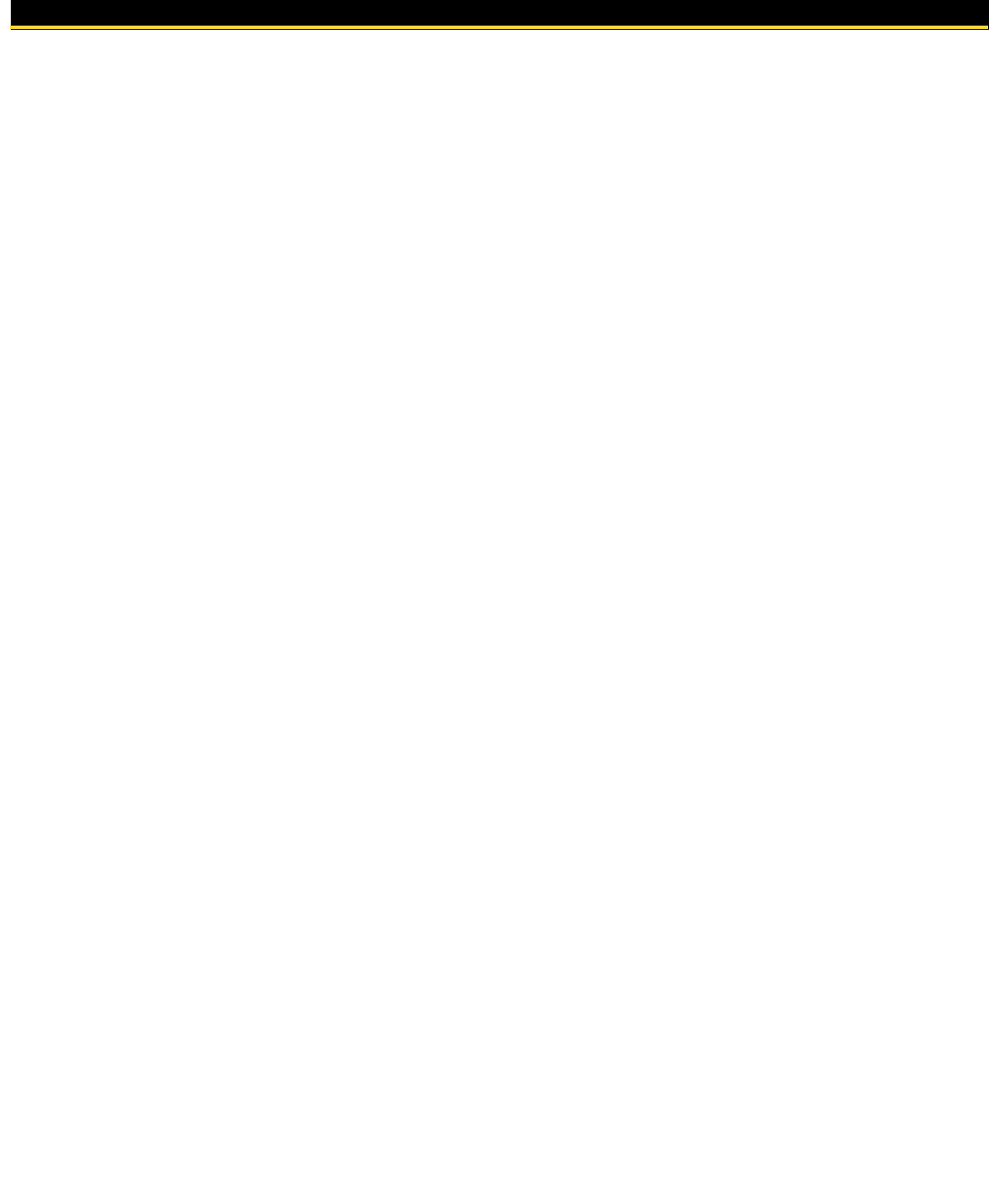
Stewart A. Platner, M.F.A., Communicating Arts
Walter C. Prentice, Ph.D., Teacher Education
Roger L. Prescott, Ph.D., Human Performance and Health Promotion
Mary Pulford, Ph.D., Anthropology
Kenneth Raihala, Facilities
Kenneth L. Redding, Ed.D., Education Administration
Charles J. Reichert, M.S., Accounting
Rhoda Robinson, Ed.D., Educational Leadership
Ronald K. Roubal, Ph.D., Chemistry
John J. Rusch, Ed.D., Teacher Education
Cecilia E. Schrenker, Ph.D., Writing and Library Science
Ralph Seelke, Ph.D., Biology and Natural Sciences
Norma J. Stevlingson, D.M.A., Music
Barton Sutter, M.A., Writing and Library Science
William A. Swenson, Ph.D., Biology
Winnifred J. Taylor, Ph.D., Counselor Education
Lydia C. Thering, Ed.D., Physical Education
Gloria I. Toivola, Ph.D., Political Science
Richard Walker, Ed.D., Education
Michael J. Wallschlaeger, Ph.D., Educational Administration
Donald G. Weyers, M.A., Mathematics
Paul L. Williams, Ph.D., Mathematics
Robert D. Williams, Ph.D., English
Emeriti Policy
University of Wisconsin-Superior Policy
Effective 1-14-2016
DESIGNATION OF EMERITUS/EMERITA STATUS
INTRODUCTION
Emeritus/emerita status is an honor bestowed by the Chancellor in recognition of past contributions to the university. Emeritus/emerita
appointments confer no monetary advantages, and are not granted automatically upon retirement. Emeritus/emerita status is limited to faculty,
academic staff, limited appointees and University Staff permanently retiring from the University of Wisconsin-Superior.
a.
1.
ELIGIBILITY
Emeritus status may be awarded to a retiring person who:
Is retiring permanently and eligible for the University retirement annuity;i.
Has ten years or the full time equivalent of service to the University (ex: IAS who has taught 50% for 20 years; University Staff at 75%
for 14+ years, etc.)
Staff whose classification has changed (e.g. Classified who later becomes University staff, academic staff who becomes
faculty or University Staff who becomes academic staff) may count total years of service, not just the years in the latter
classification.
1.
ii.
a.
Has been nominated by a colleague, unit, department, dean, or director for emeritus/a status in writing.b.
2.
NOMINATION PROCESS
Faculty and/or staff must be nominated for emeritus/emerita status
It is usual that emeritus/a be granted prior to retirement or within three months of the nominees official retirement date.i.
a.
It is incumbent upon the person retiring
to make his or her wish to be considered for emeritus/emerita status known.i.
to request a letter of nomination for the status by a director, unit, department, colleague or dean who knows their work.ii.
b.
Nomination should include:
Name of retiree being nominated, position, department, and their start date at the university.i.
Expected date of retirement (copy of retirement letter).ii.
c.
If the nominee holds double or divided appointment with another department or unit, the nomination can come from either department or unit. It
is not necessary for both departments or units to submit a nomination.
d.
3.
PROCEDURES FOR GRANTING EMERITUS/A STATUS
For Faculty:
Nominations for emeritus/a status are forwarded to the department for review and vote. Approved nominations are submitted to the
Dean of Faculties and Graduate Studies who forwards the nomination, via the Provost, to the Chancellor.
i.
The Chancellor makes the final decision on granting emeritus/a status. Emeritus/a status will begin on the date of official retirement.ii.
a.
For Academic or University Staff:
Nominations for emeritus/a status are forwarded to the Personnel Compensation Committee (academic staff) or the University Staff
Senate (University staff) who forwards the nomination via the Provost, to the Chancellor.
i.
The Chancellor makes the final decision on granting emeritus/a status. Emeritus/a status will begin on the date of official retirement.ii.
b.
4.
PRIVILEGES
Award of emeritus/a status carries with it the faculty or staff members' title code at the time of retirement (e.g. Professor Emeritus/a, Academic
Advisor Emeritus/a, or University Program Associate Emeritus/a). In addition the following privileges are provided:
Each emeritus/a may obtain one "Emeritus/a" staff ID card at no cost. Replacement ID cards will need to be paid for by the individual.i.
Access to JDH Library resources including: borrowing, Universal Borrowing, interlibrary loan, access to data. bases/subscription
resources locally or offsite (proxy access).
ii.
Technology privileges such as continued email and campus wireless access.iii.
Access to campus recreation activities and MWC. memberships at special rates set by Campus Recreation.iv.
Complimentary entrance to University Theater productions.v.
Complimentary entrance to UW-Superior Music concerts.vi.
Complimentary entrance to regular season Athletic events.vii.
Emeriti may apply for parking permits on the same basis as currently employed faculty or staff. Permits for unreserved areas shall be
available at no cost or at a reduced rate (determined by Parking Services).
viii.
Listing with the faculty, academic or University Staff in catalogs and in the university directory.ix.
Invitation to participate in public ceremonies such as commencements, academic processions, and other ceremonies as appropriate.x.
a.
5.
CHANGES TO THIS POLICY
Any changes being proposed to this policy must be forwarded to and approved by each of the governance bodies (faculty, academic staff,
and University Staff) before changes can go into effect.
a.
6.
Official 2019-21 UW-Superior Catalog: Faculty, Staff, Administration: Emeriti Faculty and Staff
The Board of Regents of the University of Wisconsin System | 159 of 228

Faculty and Staff Directory
PLEASE NOTE: Faculty and Staff Directory will be updated July, 2019.
Official 2019-21 UW-Superior Catalog: Faculty, Staff, Administration: Faculty and Staff Directory
The Board of Regents of the University of Wisconsin System | 160 of 228

Foundation
Mission Statement
Board of Directors
Ex-Officio Board Members
UW-Superior Foundation Contact Information
Mission Statement
The mission of the University of Wisconsin-Superior Foundation Inc. is to secure, invest and manage financial resources that support exceptional opportunities
for the University of Wisconsin-Superior and its students, faculty and facilities.
Board of Directors
Louise Alholm, '81, Maple, WI
Dave Anderson, '78, Wausau, WI
Stefan Fletcher, '08, Madison, WI
Beth Gilbert, Superior, WI
Gary Harker, '69 Apple Valley, MN
Oddbjorg (Oddi) Hjellbakk, '89, Duluth, MN
Harold (Hal) Mattson, '68, Mission Viejo, CA
Terry Mattson, ’84, St. Paul, MN
Chad Matushak, '01, Superior, WI
Dean McCall, '80, Superior, WI
Michael Metcalf, '81, Vancouver, WA
Shaye Moris, Duluth, MN
Deborah Olson, '74, Eugene, OR
Ann Rock, '71, Duluth, MN
Avram Segall, New Paltz, NY
Jim Tomczak, Monticello, MN
Gregg Zank, '80, Midland, MI
Emeritus
Lydia Thering, Duluth, MN
Ex-Officio Board Members
Renée Wachter, Chancellor, University of Wisconsin-Superior
Jeanne Thompson, Vice Chancellor for Advancement, University of Wisconsin-Superior
UW-Superior Foundation Contact Information
UW-Superior Foundation
University of Wisconsin - Superior
Old Main 237
Belknap and Catlin Ave.
P.O. Box 2000
Superior, WI 54880
Phone: 715-394-8452
Email:
Office Hours:
8:00 a.m. - 4:30 p.m. M-F
Official 2019-21 UW-Superior Catalog: Faculty, Staff, Administration: Foundation
The Board of Regents of the University of Wisconsin System | 161 of 228

UW System and UW-Superior Administrators
University of Wisconsin System Administrative Officers
University of Wisconsin System Board of Regents Members
UW-Superior Administrators
University of Wisconsin System Administrative Officers
Raymond W. Cross, President
Karen Schmitt, Interim Vice President for Academic and Student Affairs
Ben Passmore, Associate Vice President for Policy Analysis and Research
Carleen Vande Zande, Associate Vice President for Academic Programs and Educational Innovation (APEI)
Vicki C. Washington, Associate Vice President for Inclusivity, Diversity, Equity and Student Success (IDEASS)
Christina Navia, Associate Vice President for Student Success
Kristine Andrews, Associate Vice President for Federal Relations
David Brukardt, Interim Vice President of Corporate Relations and Economic Engagement
Sean Nelson, Vice President for Finance
Renee Stephenson, Assistant Vice President for Budget Development and Planning
Robert G. Cramer, Vice President for Administration
Ruth Anderson, Associate Vice President for Administrative Services
Steven Hopper, Associate Vice President for Learning and Information Technology Services (OLITS) and Chief Information Officer
David Alarie, Chief Technology Officer
Alex Roe, Associate Vice President for Capital Planning and Budget
Shenita Brokenburr, Senior Associate Vice President and Chief Human Resources Officer
Jess Lathrop, Executive Director and Corporate Secretary to the Board of Regents
Lori Stortz, Chief Audit Executive
Quinn Williams, General Counsel
University of Wisconsin System Board of Regents Members
Robert Atwell (May 2017 - May 2024)
John Robert Behling, President (May 2012 - May 2019)
Scott Beightol (November 2018 - May 2023)
José Delgado (May 2014 - May 2021)
Michael M. Grebe (June 2015 - May 2022)
Eve Hall (May 2014 - May 2021)
Mike Jones (May 2017 - May 2024)
Tracey L. Klein (May 2016 - May 2023)
Regina Millner (May 2012 - May 2019)
Janice Mueller (June 2013 - May 2020)
Drew Petersen, Vice President (May 2015 - May 2020
Cris Peterson (May 2018 - May 2025)
Jason R. Plante (March 2018 - May 2020)
Ryan L. Ring (May 2017 - May 2019)
Carolyn Stanford Taylor, Ex Officio Member (State Superintendent; January 2019 – Present)
Torrey Tiedeman (December 2018 – May 2020)
S. Mark Tyler, Ex Officio Member (WTCS Board President; July 2017 – Present)
Gerald Whitburn (May 2018 – May 2025)
Official 2019-21 UW-Superior Catalog: Faculty, Staff, Administration: UW System and UW-Superior Administrators
The Board of Regents of the University of Wisconsin System | 162 of 228
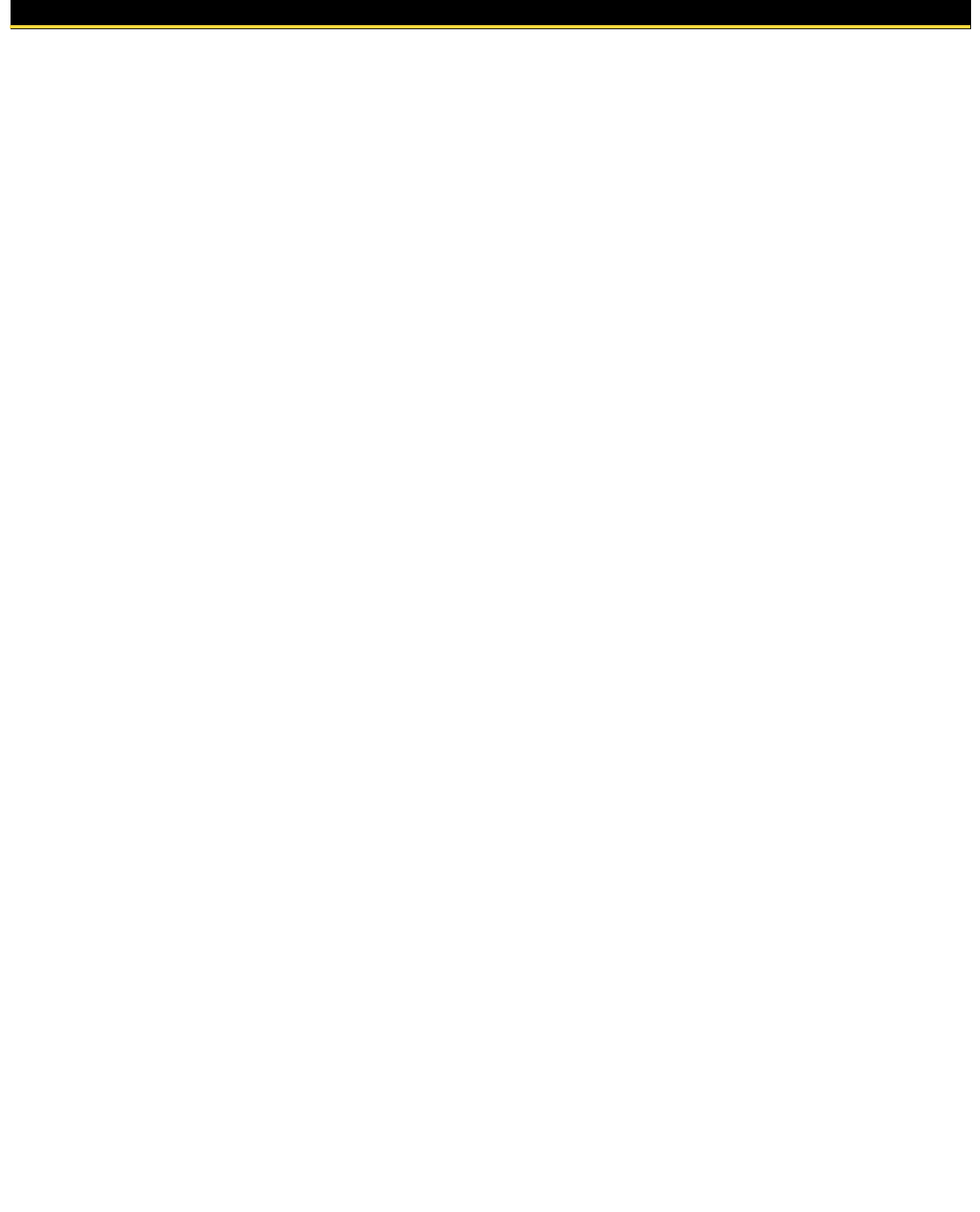
UW-Superior Administrators
Renée Wachter, Ph.D., Chancellor
Jackie Weissenburger, Ph.D., Interim Provost/Vice Chancellor for Academic Affairs
Jayant Anand, Ph.D., Interim Dean of Academic Affairs
Nick Danz, Ph.D., Associate Dean of Academic Affairs
Wendy Kropid, Ph.D., Interim Assistant Dean for Educator Preparation Programs
Michael Bartlett, M.Math., Interim Director of Library and Digital Strategies
Jamie White-Farnham, Ph.D., Director, Center for Excellence in Teaching and Learning (CETL) and Assessment
Kathryn Guimond, M.Ed., Director of Continuing Education
Andrew Donahue, M.B.A. and M.I.M., Director of Small Business Development Center
Emily Neumann, M.Ed., Director of Institutional Research and Sponsored Programs
Jenice Meyer, M.S.Ed., Director, Center of Community Engaged Learning and Academic Planner
Matthew TenEyck, Ph.D., Director of Lake Superior Research Institute
Erika Washburn, Ph.D., Director of Lake Superior Natural Estuarine Research Reserve
Richard Stewart, Ph.D., Director of Transportation and Logistics Research Center and Co-Director of Great Lakes Maritime Research Institute
Jordan Milan, M.B.A., Director of Strategic Communications and Special Assistant to the Chancellor
Brenda Harms, Ph.D., Interim Vice Chancellor for Enrollment Management
Donna Dahlvang, M.B.A., Director, Financial Aid
Jeff Kirschling, M.S.E., Registrar
Tammi Reijo, B.S., Bursar
Cortney Alexander-Doyle, M.S., Director, Academic Advising, Career Services and Educational Success Center
Mickey Fitch-Collins, M.S., Assistant Director, Educational Success Center
Michelle Gutsch, Ph.D., Director of McNair Scholars Program
Nick Bursik, M.B.A., Athletics Director
Lynn Deadrick, M.S. Ed., Assistant Director of Athletics and Head Women’s Volleyball Coach
Kristine Patterson, B.S., Director of Campus Recreation
Nicholas Donahue, M.S., Assistant Director of Campus Recreation
Jeremy Nere, M.B.A., Director of Admissions
Mark MacLean, M.A., Director of International Admissions
Harry Anderson, M.S., Dean of Students
Tammy Fanning, M.S., Associate Dean of Students
Ryan Kreuser, B.S., Director of Residence Life
Jen Bird, M.S.Ed., Director of Student Development
Allison Garver, M.S.Ed., Assistant Director of Student Involvement
Ethan Russom, M.Ed., Assistant Director, Yellowjacket Union
Randy Barker, Interim Director of Mindfulness and Well-being
Jerel Benton, Ed.D., Director of Equity, Diversity, and Inclusivity and Senior Diversity Officer
Kat Werchouski, M.S., Assistant Director of Equity, Diversity and Inclusivity
Jeanne Thompson, M.A., Vice Chancellor for University Advancement
Heather Thompson, B.S., Interim Director of Alumni Relations
Jeff Kahler, M.B.A., Vice Chancellor for Administration and Finance
Tom Janicki, M.S., Interim Chief Information Officer
Robert Waksdahl, B.S., Controller
Dustin Johnson, M.F.A., Director of Facilities Management
Steven Kirk, B.S., Director of Wessman Arena
Gary Gulbrandson, B.S., Director, Public Safety and Parking Services
Lindsey Dahlberg, M.E.H.S., Director, Environmental Health & Safety
Cory Kempf, B.A., Director of Human Resources
Official 2019-21 UW-Superior Catalog: Faculty, Staff, Administration: UW System and UW-Superior Administrators
The Board of Regents of the University of Wisconsin System | 163 of 228

Official 2019-21 UW-Superior Catalog: Faculty, Staff, Administration: UW System and UW-Superior Administrators
The Board of Regents of the University of Wisconsin System | 164 of 228
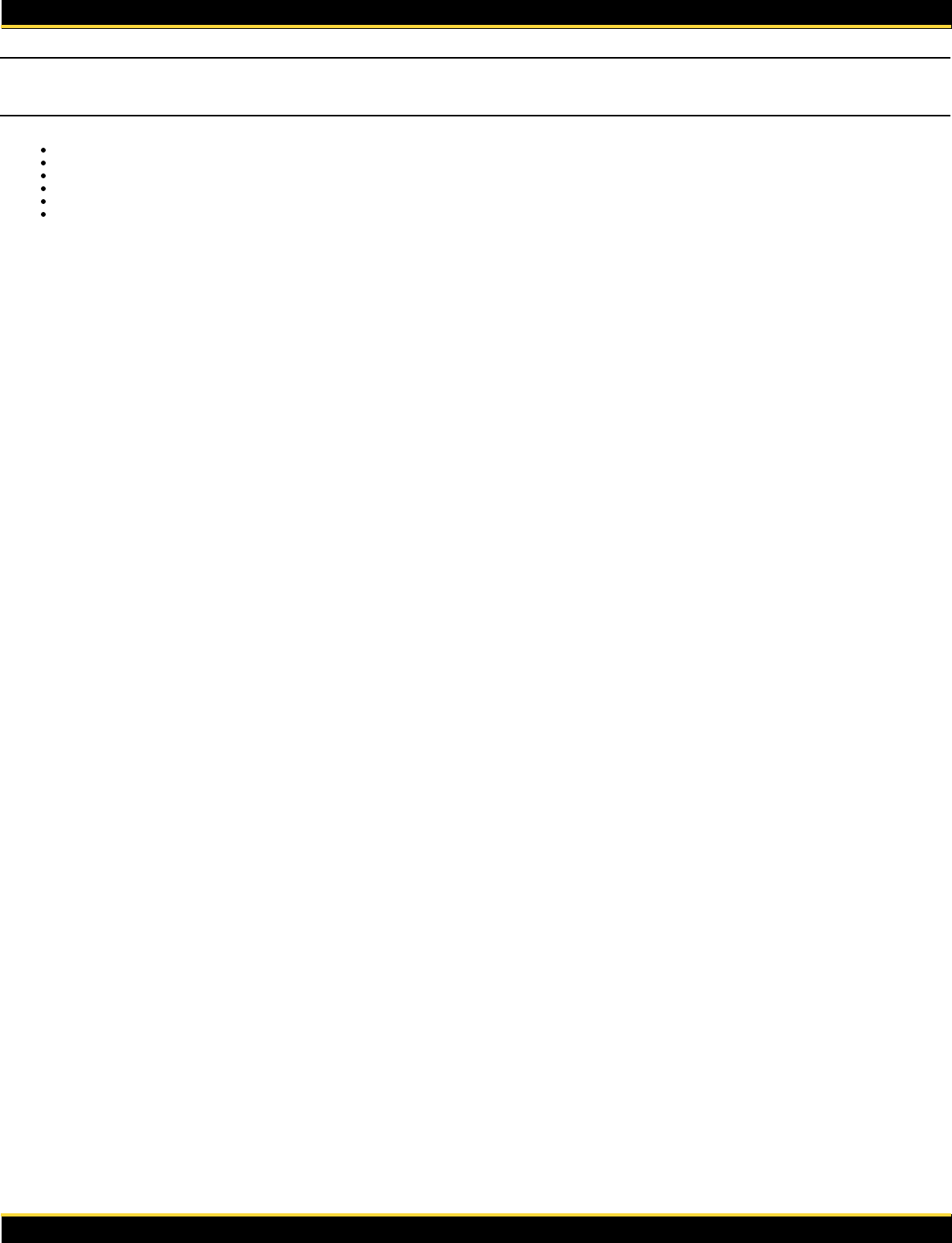
General University Information
Assessment
Education Options
Force of Publication
Graduate Studies Disclaimer
History of UW-Superior
Introduction
© 2023 The Board of Regents of the University of Wisconsin System | 163
Official 2019-21 UW-Superior Catalog: General University Information
The Board of Regents of the University of Wisconsin System | 165 of 228

Assessment
Assessment
Academic Program Assessment
University Studies Assessment
Co-Curricular Assessment
Assessment
UW-Superior is committed to assessing student learning for accreditation compliance and continuing improvement of teaching and learning. Assessment is
based on three Student Learning Goals established in 2014:
Communication1.
Individual and Social Responsibility2.
Creative and Critical Thinking3.
See full explanation of Goals at www.uwsuper.edu/assessment.
The University engages in several best practices for assessment, including:
outcomes-based learning, direct assessment of student work by faculty/staff, and the participation of faculty and staff. All faculty and staff participate in the
assessment of student learning in three educational contexts:
Academic Program (majors and minors)1.
University Studies2.
Co-Curricular Units such as Student Affairs3.
Academic Program Assessment
Assessment of student learning takes place annually in each academic department/program. Faculty and instructional staff are themselves responsible
for assessing their students' learning, analyzing the results, and making changes to the curriculum if deemed necessary. Academic programs may
simultaneously assess a UW-Superior Student Learning Goal and a specialized program goal. Mainly, assessment in academic programs occurs during
students' Senior Capstones.
University Studies Assessment
The University Studies curriculum also delivers the Student Learning Goals, and the categories within the program are assessed annually by the
instructors who teach in the relevant category. The University Studies committee also approves and reviews course materials to ensure they meet the
criteria for inclusion and participation in assessment.
Co-Curricular Assessment
Campus-wide, various units support student learning outside of the classroom, through student employment, programming, and events. These units also
deliver the Student Learning Goals and have begun using surveys to understand their impact on students' learning.
Official 2019-21 UW-Superior Catalog: General University Information: Assessment
The Board of Regents of the University of Wisconsin System | 166 of 228

Education Options
Programs leading to a degree
Academic outreach programs and other learning programs
Pre-college programs
Programs leading to a degree
UW-Superior offers many options to accommodate the education needs of traditional and nontraditional students.
Undergraduate (Bachelor's Degree): Academic programs of at least 120 semester credits leading to a Bachelor's Degree.
Online Learning: Selected academic programs offered through a flexible program of study that does not require on-campus class attendance. Distance
Learning students complete academic work through online and other communication technologies.
Graduate Studies: Academic programs leading to a Master of Arts, Master of Science in Education or Specialist in Education degree.
Associate Degree: A 60-semester-credit program leading to an Associate Degree.
Academic outreach programs and other learning programs
Continuing Education/Extension: Credit and noncredit classes and workshops for people seeking continuing professional education and lifelong learning.
Online Learning: Complete a bachelor's degree from home through the Online Learning or enroll in individual online courses.
Special Adult Students: Anyone taking courses at UW-Superior but not seeking a degree.
Pre-college programs
Youth Options
The Youth Options program enables high school juniors and seniors to enroll in one or more courses at an institution of higher education in Wisconsin.
School districts are required to pay the cost of tuition, books and fees and to determine whether the course satisfies state graduation and high school credit
requirements.
For more information, see the Admissions section of this catalog or contact the UW-Superior Admissions Office at 715-394-8230 or [email protected].
Upward Bound
UW-Superior offers the Upward Bound program for eligible students attending Superior High School who face challenges in pursuing higher education without
additional support.
During the academic year, students receive tutoring, counseling and study skills training to help them improve their grades and self-confidence. They also visit
college campuses, attend plays, concerts and lectures; and build relationships through social, recreational and cultural activities.
During the summer Upward Bound students participate in a six-week residency program on the UW-Superior campus.
Official 2019-21 UW-Superior Catalog: General University Information: Education Options
The Board of Regents of the University of Wisconsin System | 167 of 228

Force of Publication
Force of Publication
Curriculum Changes
Force of Publication
The statements set forth in this catalog are for informational purposes only and should not be construed as the basis of a contract between a student and this
institution.
While the provisions of this catalog will ordinarily be applied as stated, University of Wisconsin-Superior reserves the right to change any provision listed in this
catalog, including but not limited to academic requirements for graduation and schedules for course offerings without actual notice to individual students.
Every effort will be made to keep students advised of any such changes. Information on changes will be made available in the Office of the Chancellor, academic
departments, Registrar's Office and Admissions Office.
It is especially important that students note it is their responsibility to keep themselves apprised of current graduation requirements for their particular degree
program. Degree Progress Reports are available electronically through the E-Hive to help students stay current with degree/major/minor requirements.
This catalog is prepared to enable prospective and enrolled students, and others, to learn about the University of Wisconsin-Superior. It is also intended to
explain policies, requirements, regulations and procedures in a manner that will help the student progress through the university. Faculty, advisors and staff at
the University of Wisconsin-Superior will provide assistance, but ultimately the responsibility for compliance rests with the student.
Curriculum Changes
The new knowledge continually emerging in the field of education, changing concepts in the presentation of this knowledge and consideration of certification
requirements may necessitate certain changes in the curriculum of a given department. However, when such changes are anticipated or made after careful
review and evaluation, full consideration will have been given to the impact these changes might have on the student's overall academic program during her or
his period of matriculation. Consideration will also be given to the impact of any changes on the faculty and the institution as a whole.
Official 2019-21 UW-Superior Catalog: General University Information: Force of Publication
The Board of Regents of the University of Wisconsin System | 168 of 228

Graduate Studies Disclaimer
The policies and procedures in the undergraduate section of the catalog apply to graduate students unless explicitly stated otherwise in the graduate section of
the catalog.
Official 2019-21 UW-Superior Catalog: General University Information: Graduate Studies Disclaimer
The Board of Regents of the University of Wisconsin System | 169 of 228

History of UW-Superior
UW-Superior traces its roots to 1893, when state legislators established Superior Normal School to train teachers. The institution grew steadily, becoming
Superior State Teachers College in 1926 and granting its first bachelor's degree in Education. Graduate programs were added following World War II. In 1951,
the Board of Regents changed the institution's name to Wisconsin State College-Superior to better reflect its broader role.
The college assumed university status in 1964 and was renamed Wisconsin State University-Superior. In 1971 it became part of the University of Wisconsin
System and assumed its present name. In 1998, UW-Superior was designated Wisconsin's Pubic Liberal Arts College by the University of Wisconsin System
Board of Regents.
UW-Superior's enrollment is approximately 2,600 students. Most come from cities throughout Wisconsin and Minnesota, but the campus community also
includes students from many other states as well as countries around the world. They enjoy a student-to-faculty ratio of approximately 1:1 and 18 students is the
average class size, allowing for the opportunity to work closely with faculty who are leaders in their fields.
Along with traditional campus programs, UW-Superior offers a variety of learning programs to meet the varied needs of people in Wisconsin and around the
country. Flexible and affordable online learning options enable people to complete a bachelor's or master's degree from their homes. The Center for Continuing
Education offers a wide array of courses and certificate programs that make university expertise available to people throughout the region.
Official 2019-21 UW-Superior Catalog: General University Information: History of UW-Superior
The Board of Regents of the University of Wisconsin System | 170 of 228

Introduction
Welcome to UW-Superior
Our Mission
Arrange a Campus Visit
Our University
Our Community
Welcome to UW-Superior
The General Catalog 2019-2021 describes the university's undergraduate and graduate academic programs, courses and procedures. It provides information
you need to apply for admission, financial aid and campus housing, pay tuition and fees, and take full advantage of the student services we provide.
Our Mission
The University of Wisconsin-Superior fosters intellectual growth and career preparation within a liberal arts tradition that emphasizes individual attention,
embodies respect for diverse cultures and multiple voices, and engages the community and region. To accomplish these ends, the university will:
Provide students with a carefully articulated and comprehensive foundation in liberal studies as a base for all degree programs.1.
Award associate and baccalaureate degrees in selected fields in education, arts, humanities, sciences, social sciences, business, and pre-professional
programs.
2.
Offer graduate programs in areas associated with its undergraduate emphases and strengths.3.
Extend its undergraduate and graduate resources beyond the boundaries of the campus through alternative delivery of programs.4.
Expect scholarly activity, including research, scholarship and creative endeavor, that supports its programs at the associate and baccalaureate degree
levels, its selected graduate programs, and its special mission.
5.
Maintain an inclusive campus community that challenges students to develop their intellectual, personal, cultural, and social competencies.6.
Engage in appropriate inter-institutional relationships and community partnerships to enhance educational and service opportunities.7.
Foster, with the University of Wisconsin-Extension, the development of cooperative and general outreach programming and the integration of the
Extension function with that of this institution.
8.
Arrange a Campus Visit
If you're considering applying to UW-Superior, we urge you to visit us. An admissions counselor will meet with you and your family to answer all your questions.
You can learn more about financial aid, tour campus, talk to current students, sit in on a class, talk to professors, or meet with an athletic coach.
To arrange a guided campus visit, contact our Admissions Office by calling 715-394-8230 , e-mailing [email protected], or online at
uwsuper.edu/visit. Additional admissions information for undergraduate and graduate students is available online at www.uwsuper.edu/admissions.
Our University
The University of Wisconsin-Superior helps students attain the knowledge, skills and experiences to succeed in their careers and beyond. We do that by
focusing on our strengths: small classes, world-class research facilities, renowned performing arts centers, one-on-one contact with professors, an emphasis on
active learning, and a supportive environment. The university is one of 13 comprehensive universities in the University of Wisconsin System and it shares in the
UW System mission. UW-Superior is designated Wisconsin's Public Liberal Arts College by the University of Wisconsin System's Board of Regents and is a
member of the Council of Public Liberal Arts Colleges.
Our Community
Superior offers the convenience of city living and the year-round recreational opportunities of the Northland.
Situated in the northwest corner of Wisconsin, Superior overlooks the western tip of Lake Superior. This historic city of 27,000 remains an important Great
Lakes port and transportation hub while also providing jobs in manufacturing, retail and education. The city combines with neighboring Duluth, Minnesota, to
provide a rich metro setting with live entertainment and shopping as well as numerous opportunities for internships and careers.
The city is located just five minutes from Duluth and Lake Superior, and just a short drive from fishing, hiking, skiing, biking and other outdoor activities.
Official 2019-21 UW-Superior Catalog: General University Information: Introduction
The Board of Regents of the University of Wisconsin System | 171 of 228
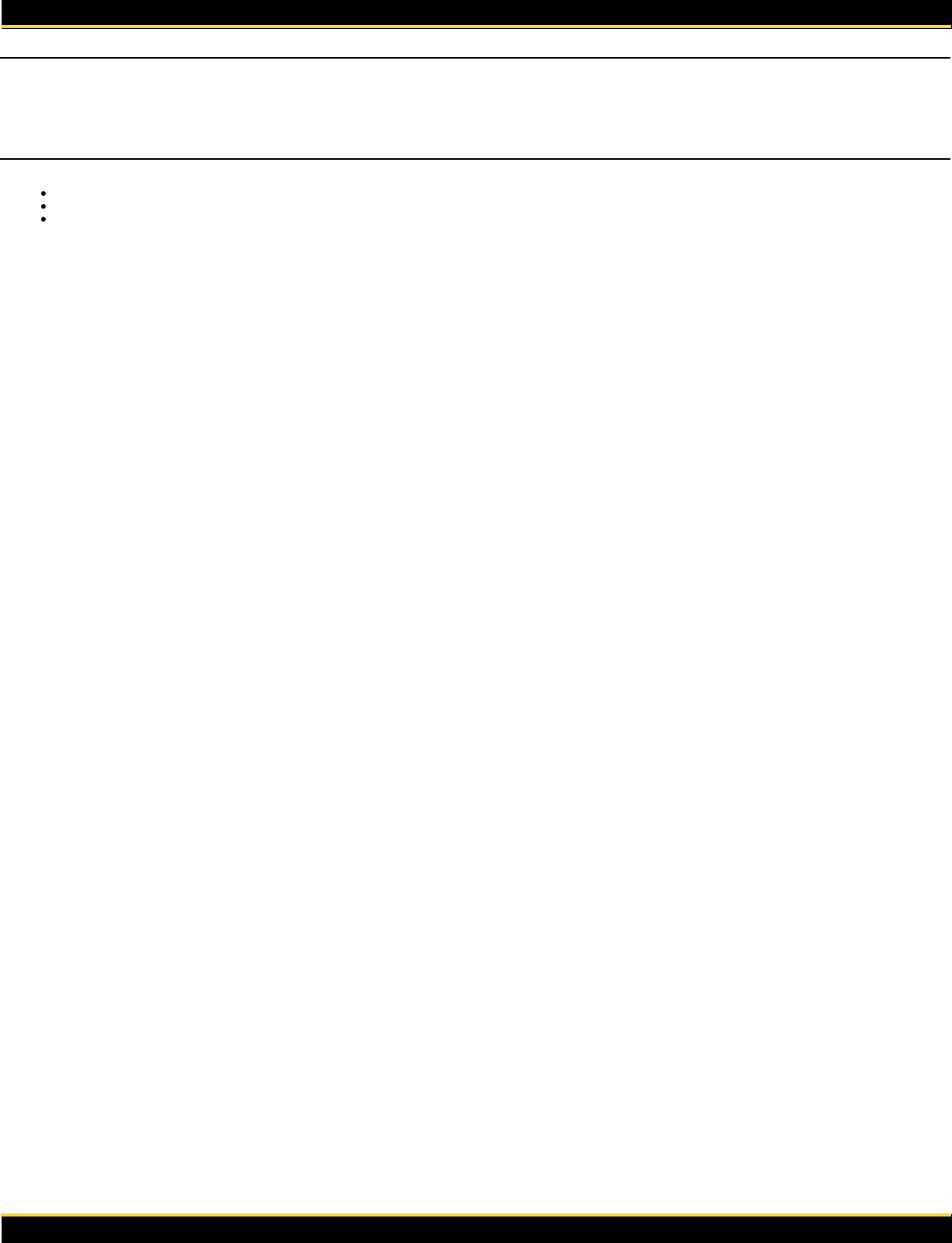
Governance, Accreditation and Approved Programs,
Laws
Accreditations
Laws
UW System
© 2023 The Board of Regents of the University of Wisconsin System | 170
Official 2019-21 UW-Superior Catalog: Governance, Accreditation and Approved Programs, Laws
The Board of Regents of the University of Wisconsin System | 172 of 228
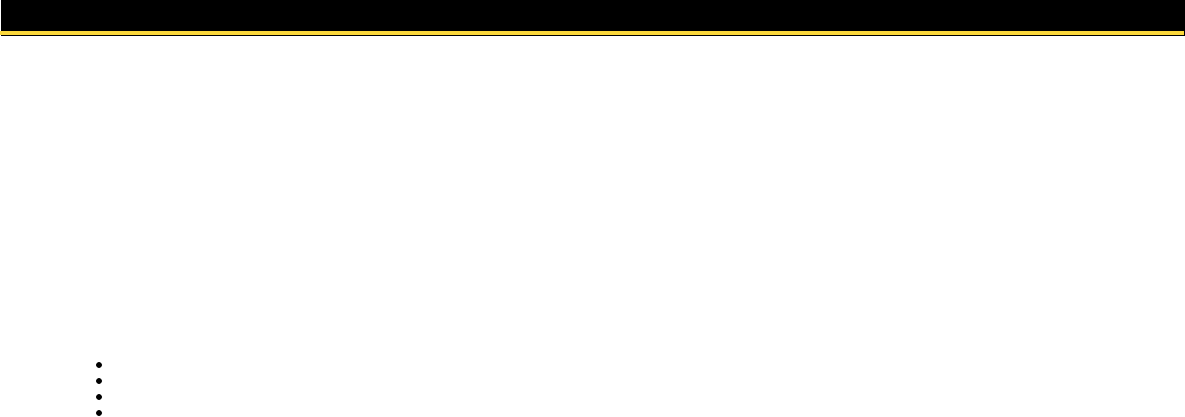
Accreditations
The University of Wisconsin-Superior is accredited by the Higher Learning Commission (HLC), one of six regional accreditation organizations recognized by
the United States Department of Education and the Council for Higher Education Accreditation.
Being accredited by the HLC is a sign of quality to the general public that also allows the university to receive student aid and scholarship money.
UW-Superior has been accredited continuously since 1916.
Accreditation by the HLC and by other nationally recognized agencies assurance to the public, in particular to prospective students, that an institution has
been found to meet the agency's clearly stated requirements and criteria and that there are reasonable grounds for believing that it will continue to meet them.
Individual academic programs and departments are accredited or approved, as noted in respective sections of this catalog by:
Association of Small Business Development Centers
Council on Social Work Education -- Social Work
National Association of Schools of Music -- Music
Wisconsin Department of Public Instruction: Educator Preparation (Teacher, Administrator, Pupil Services) -- Teacher Education
Official 2019-21 UW-Superior Catalog: Governance, Accreditation and Approved Programs, Laws: Accreditations
The Board of Regents of the University of Wisconsin System | 173 of 228

Laws
Equal Opportunities in Education
Use and Disclosure of Social Security Number
Authorization to Enroll International Students
Consumer Information
Privacy of Records
Program Integrity
Equal Opportunities in Education
University of Wisconsin-Superior is an equal opportunity educator in accordance with Wisconsin statute 36.12 governing the University of Wisconsin System,
which states: "No student may be denied admission to, participation in or the benefits of or be discriminated against in any service, program, course or facility of
the system or its institutions or centers because of the student's race, color, creed, religion, sex, national origin, disability, ancestry, age, sexual orientation,
pregnancy marital status or parental status." (89-90 Wis. Stats). The statute further states that if there is a complaint against the institution alleging student
discrimination, the complainant must file the complaint with the institution within 300 days of the alleged violation.
The University offers classroom instruction and educational services in compliance with federal legislation including Title VI of the Civil Rights Act of 1964, Title
IX of the Education Amendments of 1972, Section 504 of the of the Rehabilitation Act of 1973, the Age Discrimination Act of 1975, and the Civil Rights
Restoration Act of 1987.
The University seeks to maintain a positive educational environment and regards sexual harassment of any student by other students or members of the faculty
or staff as unacceptable behavior as defined in the Sexual Harassment Policy approved by the University of Wisconsin System Board of Regents on May 8,
1981.
Complaints regarding alleged discrimination or harassment should be addressed to the Director of Equity, Diversity and Inclusion, Old Main Room 208,
715-394-8015 or [email protected]. The initial contact is confidential and may be limited to requests for information abut discrimination/sexual harassment
policies and procedures, discussion of existing situations and/or options for resolving complaints. These options include resolutions by mutual consent or by
filing a written complaint.
Use and Disclosure of Social Security Number
Federal law allows the UW System to request and use the Social Security number (20 U.S.C., Section 1232g).
Disclosure of that social security number is voluntary. Applications received without it will be processed, and another form of student identifier number will be
assigned. However, failure to provide the social security number may result in denial of services or benefits.
Authorization to Enroll International Students
In compliance with the Immigration and Nationality Act (P.L. 87-195), UW-Superior publishes the following statement: "This school is authorized under federal
law to enroll non-immigrant alien students."
Consumer Information
Information required under the Higher Education Act of 1965, as amended, Title IV parts 668, 674, 675, 676, 682, 690, and 692 regarding, but not limited to,
eligibility and criteria for receiving and availability of financial aid, rights and responsibilities of those receiving financial aid, standards of progress, terms of
payment, repayment schedules for those receiving financial aid, conditions of employment related to financial aid, total educational costs of attending
UW-Superior and refund policies can be obtained from the Financial Aid Office, Old Main 110, 715-394-8220 or [email protected].
UW-Superior veteran enrollment requirements and standards of progress information are available from the Registrar's Office, Old Main Room 139,
715-394-8228 or [email protected].
The University is required through state statute (Assembly Bill 431) to share statistics with current students concerning crimes on campus and reported campus
incidents of sexual assault and date rape. As required by law, this information is distributed annually to students through the UW-Superior website. In addition,
federal laws, Student Right to Know Law and the "Campus Security Act" requires the university to inform prospective as well as current students of similar crime
statistics and information on student graduation rates. This information is distributed annually to students through the UW System Introduction and UW-Superior
website.
The University is required to provide annually to every student and employee information concerning the university's policies on illicit drugs and alcohol. In
compliance with the Drug-Free Schools and Communities Act amendments of 1989, UW-Superior publishes and distributes this information annually. Additional
information is available on the university's website or may be obtained from the Office of the Vice Chancellor for Campus Life/Dean of Students at the
Yellowjacket Union, 715-394-8241 .
Official 2019-21 UW-Superior Catalog: Governance, Accreditation and Approved Programs, Laws: Laws
The Board of Regents of the University of Wisconsin System | 174 of 228
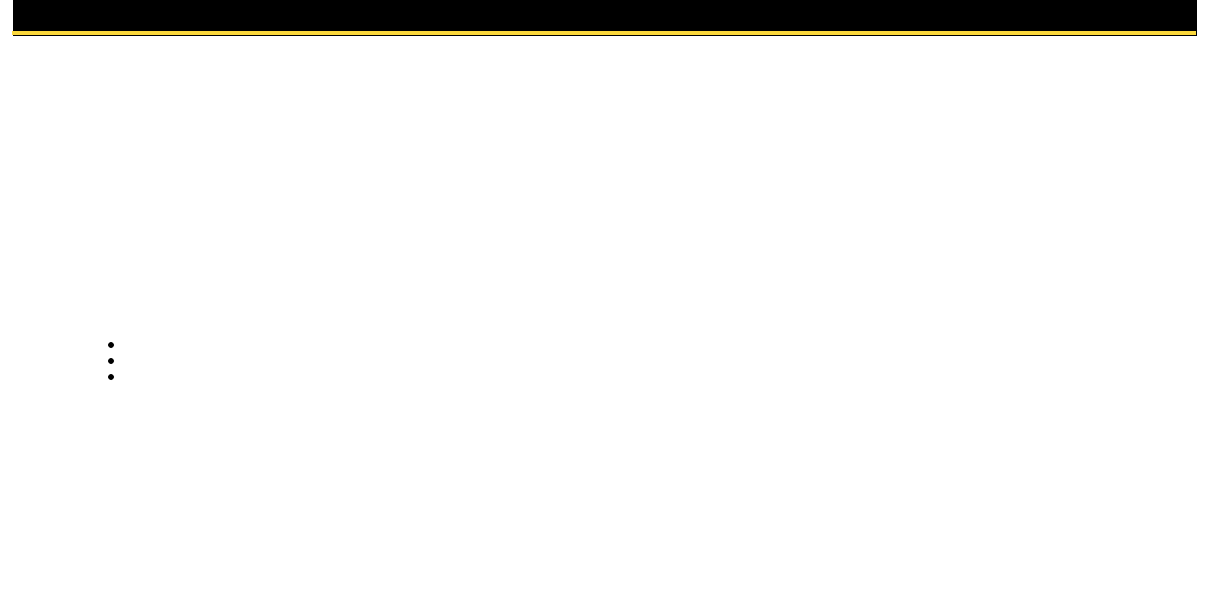
Privacy of Records
The University ensures students access to their official University records and maintains the confidentiality of personally identifiable information in accord with
federal law. The university's privacy policy implementing the requirements of the Family Educational Rights and Privacy Act (FERPA) is available at
www.uwsuper.edu/registrar.
Program Integrity
Pursuant to the United States Department of Education's Program Integrity Rule, an individual may file a complaint against any of University of Wisconsin
System's public institutions alleging a violation of one or more of the following categories with the University of Wisconsin System Administration ("UWSA").
Complaints that allege a violation of state consumer protection laws that include but are not limited to fraud and false advertising;
Complaints that allege a violation of state law or rule relating to the licensure of post secondary institutions; and/or
Complaints relating to the quality of education or other State or accreditation requirements.
Under the UWSA policies and procedures, an individual should utilize the institution's internal complaint or review policies and procedures through the Office of
the Vice Chancellor for Campus Life/Dean of Students at the Yellowjacket Union, 715-394-8241 or [email protected], prior to contacting the UWSA. If a
resolution is not reached at the institution level, or if you believe that the nature of the complaint or its impact on the system as a whole warrants an immediate
review by the University of Wisconsin System Administration, please contact the University of Wisconsin System Administration - Office of Academic, Faculty
and Global Programs (AFGP) [email protected] or call 608-262-5862 .
The university is required to provide all prospective and current students with the contact information of the state agency or agencies that handle complaints
against post secondary education institutions offering distance learning or correspondence education within that state. Students are encouraged to utilize the
institution's internal complaint or review policies and procedures through the Office of the Vice Chancellor for Campus Life/Dean of Students at the Yellowjacket
Union, 715-394-8241 or [email protected], prior to filing a complaint with the state agency or agencies. A list of contacts from each state in which a student
may file a complaint is available at http://www.sheeo.org.
Official 2019-21 UW-Superior Catalog: Governance, Accreditation and Approved Programs, Laws: Laws
The Board of Regents of the University of Wisconsin System | 175 of 228

UW System
The mission of the University of Wisconsin System is to develop human resources, to discover and disseminate knowledge, to extend knowledge and its
application beyond the boundaries of its campuses, and to serve and stimulate society by developing in students heightened intellectual, cultural, and humane
sensitivities, scientific, professional, and technological expertise and a sense of purpose. Inherent in this broad mission are methods of instruction, research,
extended training, and public service designed to educate people and improve the human condition. Basic to every purpose of the system is the search for truth.
Official 2019-21 UW-Superior Catalog: Governance, Accreditation and Approved Programs, Laws: UW System
The Board of Regents of the University of Wisconsin System | 176 of 228
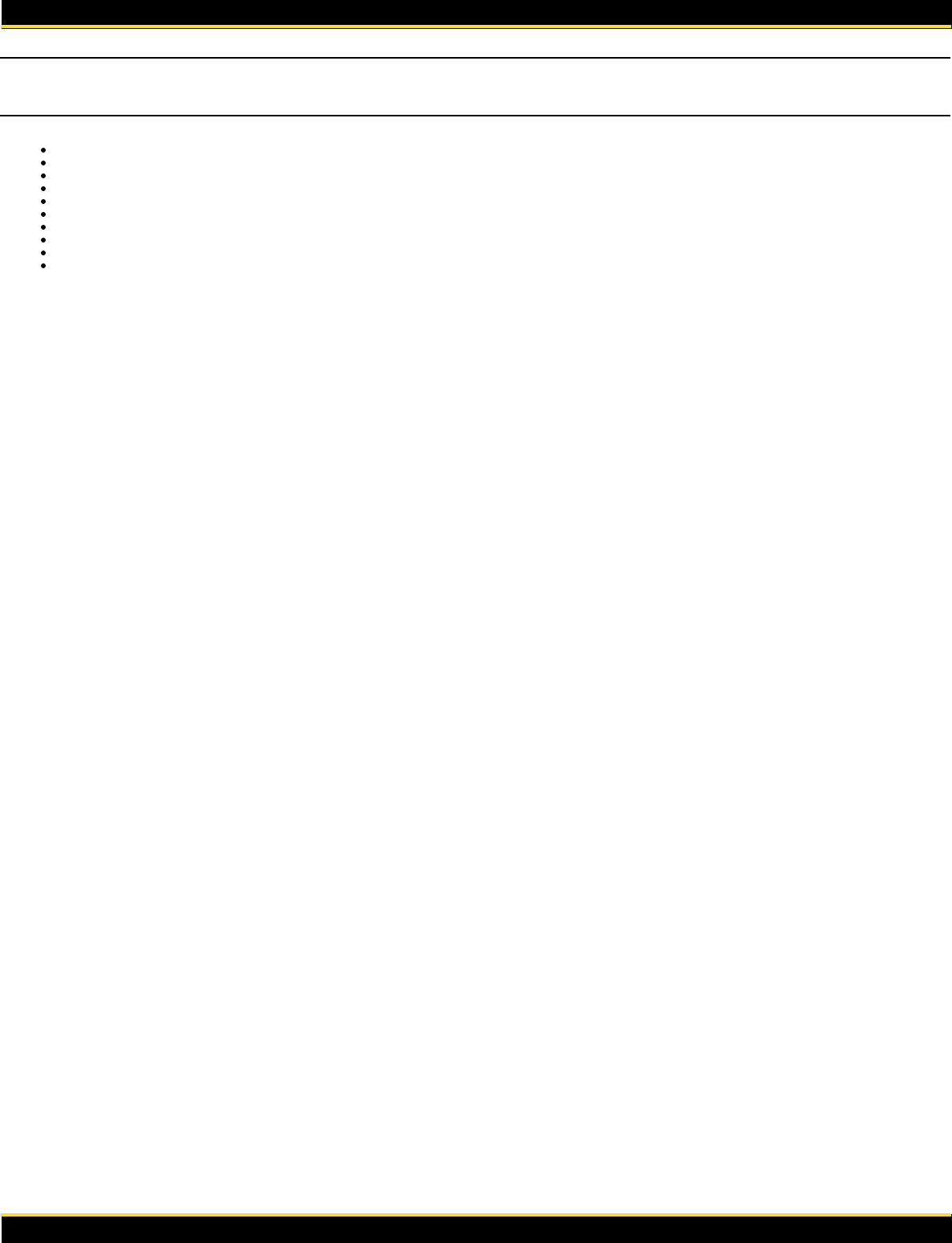
Student Services
Admissions
Career Services
Cashier (Bursar)
Center for Academic Advising
Educational Success Center
Financial Aid
Office of International Programs
Online Learning
Registrar
Writing Center
© 2023 The Board of Regents of the University of Wisconsin System | 175
Official 2019-21 UW-Superior Catalog: Student Services
The Board of Regents of the University of Wisconsin System | 177 of 228

Admissions
Mission Statement
Apply online
Visit our campus
Admissions categories
Freshmen Students
Transfer Students
International Students (Undergraduate)
Special Students
Special Auditing Students
Continuing Education Special Students
Advanced Placement
Project Lead the Way
Mission Statement
The Admissions Office develops and implements outreach, application and selection initiatives to meet the needs of our continuously changing student
populations and support the mission and values of the university.
Apply online
The University of Wisconsin-Superior supports the UW System application for admission. Students may apply online at https://apply.wisconsin.edu.
Visit our campus
We encourage prospective students to visit our campus regardless of what stage in the college search process the student is in. The mission of our office
supports tailoring that visit experience to meet a student’s unique needs and interests.
Admissions categories
Admissions requirements vary for different students. Common student types or admissions categories are defined below:
Freshmen Students: Graduates of high schools in the United States or those who have received a GED or HSED who have not attended another university,
technical college or other school after high school. Students who have earned college credits while in high school are considered Freshmen for admission and
scholarship purposes, despite transferring in college credit.
Transfer Students: Students who have attempted or earned any college-level credit after graduating high school or completing their GED or HSED.
International Students: Any student who is in, or intends to apply for, a nonimmigrant status such as F-1 or J-1.
Special Students: Anyone taking courses who does not wish to earn a degree. Special students are not eligible for financial aid.
Special Students Auditing a Course: Anyone who wished to enroll in a class and not receive credit or a grade. Auditing students are expected to attend class
regularly, but will not be expected to submit assignments or take examinations. Audited courses do not count toward a degree and cannot be converted to credit
after the last day to add classes.
Continuing Education Special Students: Prospective, non-degree seeking students who wish to enroll in Continuing Education credit programming.
High School College Credit: High school students who meet UW-Superior requirements can earn college credit through the Early College Credit Program
(ECCP). To take courses through ECCP you must be a high school student at a public or private high school in Wisconsin. Under ECCP, the costs of the courses
are shared among the institute of higher education, the school district or private school, the state, and in some cases the student's family.
Advanced Placement: High school seniors who have completed college-level courses through the College Board's Advanced Placement Programs. See how
Advanced Placement classes will transfer.
Graduate Students: See the Graduate Studies portion of this catalog.
Freshmen Students
Admissions Requirements
Official 2019-21 UW-Superior Catalog: Student Services: Admissions
The Board of Regents of the University of Wisconsin System | 178 of 228
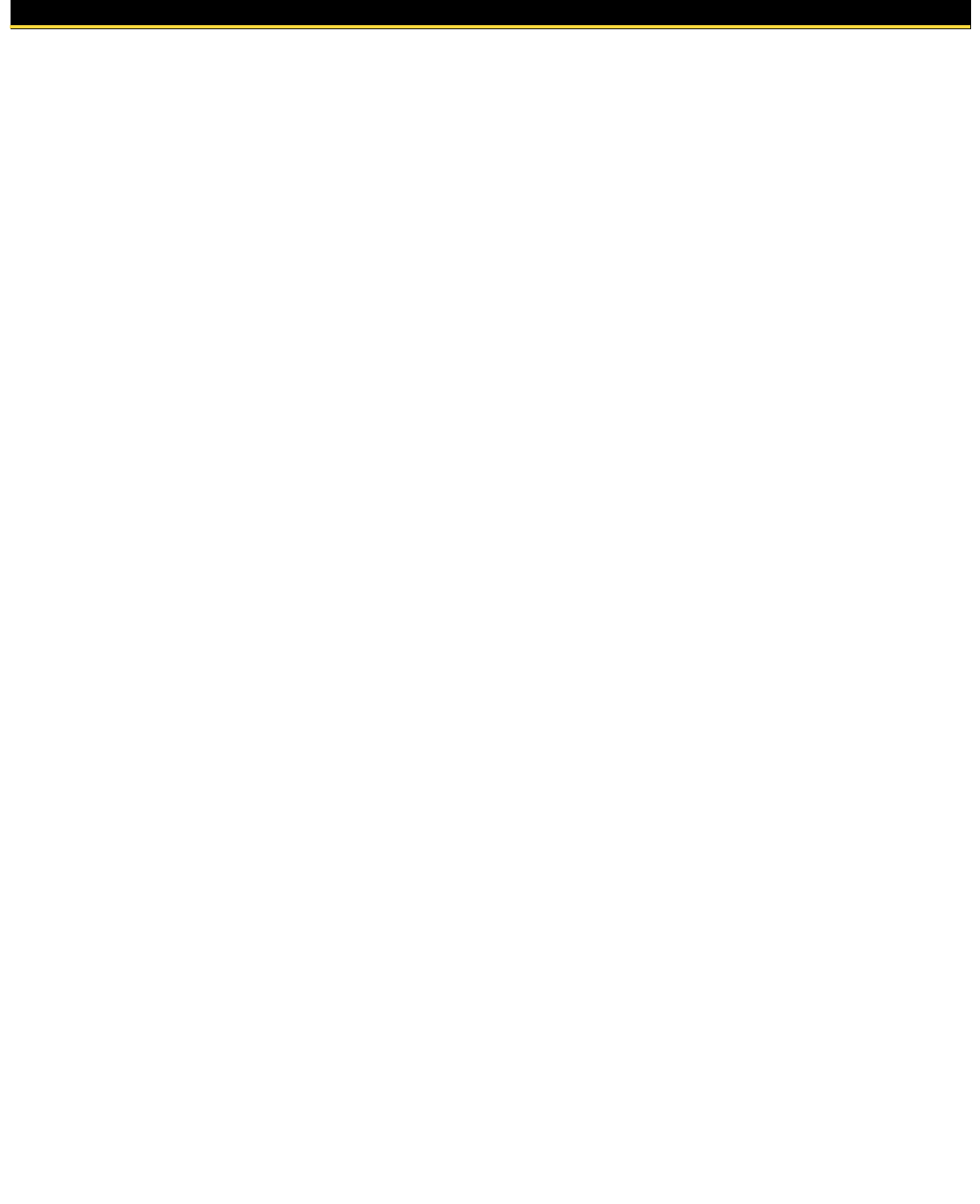
A completed UW System application.1.
Official high school transcript2.
Non-refundable application fee3.
Official ACT or SAT scores sent directly from ACT/SAT4.
Applicants for admission as new first year students must satisfy the following minimum requirements to be considered:
Graduation from a recognized high school or the equivalent.
A recognized high school is
Accredited by a regional accrediting association or state university.1.
Recognized or accredited by a state department of public instruction or its equivalent.2.
1.
1.
An applicant who has not graduated from a recognized high school must provide evidence of satisfactory completion of the requirements for a high school
equivalency certificate or a diploma from a recognized high school, school system, or state department of public instruction based on the GED examination, the
Wisconsin High School Equivalency Diploma, or other established criteria. Applicants from alternative educational backgrounds, including home-schooled
students, should contact the Admissions Office for specific information. Additional documents, testing, and a personal interview may be required. Home-school
students will be considered for admission based on a complete review of their curriculum, test scores and other evidence that can be used to demonstrate their
preparedness for college-level work. Other applicants who have not graduated from a recognized high school must provide evidence of ability to begin college
work. Such evidence may include General Education Development (GED) test scores or a high school equivalency examination (HSED).
Completion of the following 17 high school credits is minimal preparation and is required for admission consideration. Applicants are strongly
recommended to take advanced courses beyond the required 17 high school credits. Students admitted on the basis of a high school equivalency
diploma are considered to have fulfilled these minimum subject matter requirements.
Four credits of English.i.
Three credits of mathematics, specifically algebra I, algebra II, and geometry. Alternative courses may be excepted on a case-by-case basis.ii.
Three credits of natural science with two credits from biology, chemistry, physics, earth science, or advanced courses in these disciplines.iii.
Three credits of social science (i.e., anthropology, economics, history [U.S. or world], political science [civics/government], psychology, or
sociology).
iv.
Four academic credits from the above and/or in the fine arts, computer science, foreign language, or other academic areas.v.
1.
Transfer Students
Admissions Requirements
A completed UW System application.1.
An official high school transcript if applicant has not earned an Associate’s degree or higher from one of their transfer institutions.2.
All official college transcripts sent directly from the institution(s) attended to the UW-Superior Admissions Office. This includes transcripts for credit
earned at the applicant's current institution and any previous institutions (including college credits earned while in high school).
3.
A non-refundable application fee is required for anyone applying as a transfer student unless the student qualifies for an application fee waiver.4.
ACT/SAT scores (not generally required if applicant is at least 20 years old or has completed a minimum of 12 transferable credits).5.
International Students (Undergraduate)
Application Procedures and Requirements
UW-Superior welcomes applications from students from other countries. International students must complete an application for admission, provide evidence of
English proficiency, and submit academic records, examination results and proof of sponsorship. Further information about the application process, required
documents, and international student financial assistance/scholarships is available on the UW-Superior international admissions website (undergraduate
programs) and Graduate Studies website (graduate programs).
Special Students
Admission Requirements
Special Students (Non-degree seeking) may take university courses without being admitted as degree-seeking students. This is useful for high school students
starting early on college coursework and adults seeking specific credits to advance their careers or gain personal enrichment.
To be admitted as a Special Student, an applicant must be a current 9
th
-12
th
grade student, a high school graduate, or the holder of a GED.
Special students should be aware that they:
In most instances, cannot qualify for financial aid.1.
Cannot compete in intercollegiate athletics.2.
Can only earn up to 29 semester credits under this classification. Special exemptions may be made for students seeking certificates requiring more than
29 credits.
3.
Can apply appropriate credits earned toward a degree.4.
Pay the same tuition and fees as a degree-seeking student.5.
Admitted students who wish to enroll must pay a $100 enrollment deposit, as described in their letter of admission. This deposit will be applied to the
costs of the first semester of attendance. High School Special Students and students enrolling through the Center for Continuing Education are exempt
6.
Official 2019-21 UW-Superior Catalog: Student Services: Admissions
The Board of Regents of the University of Wisconsin System | 179 of 228
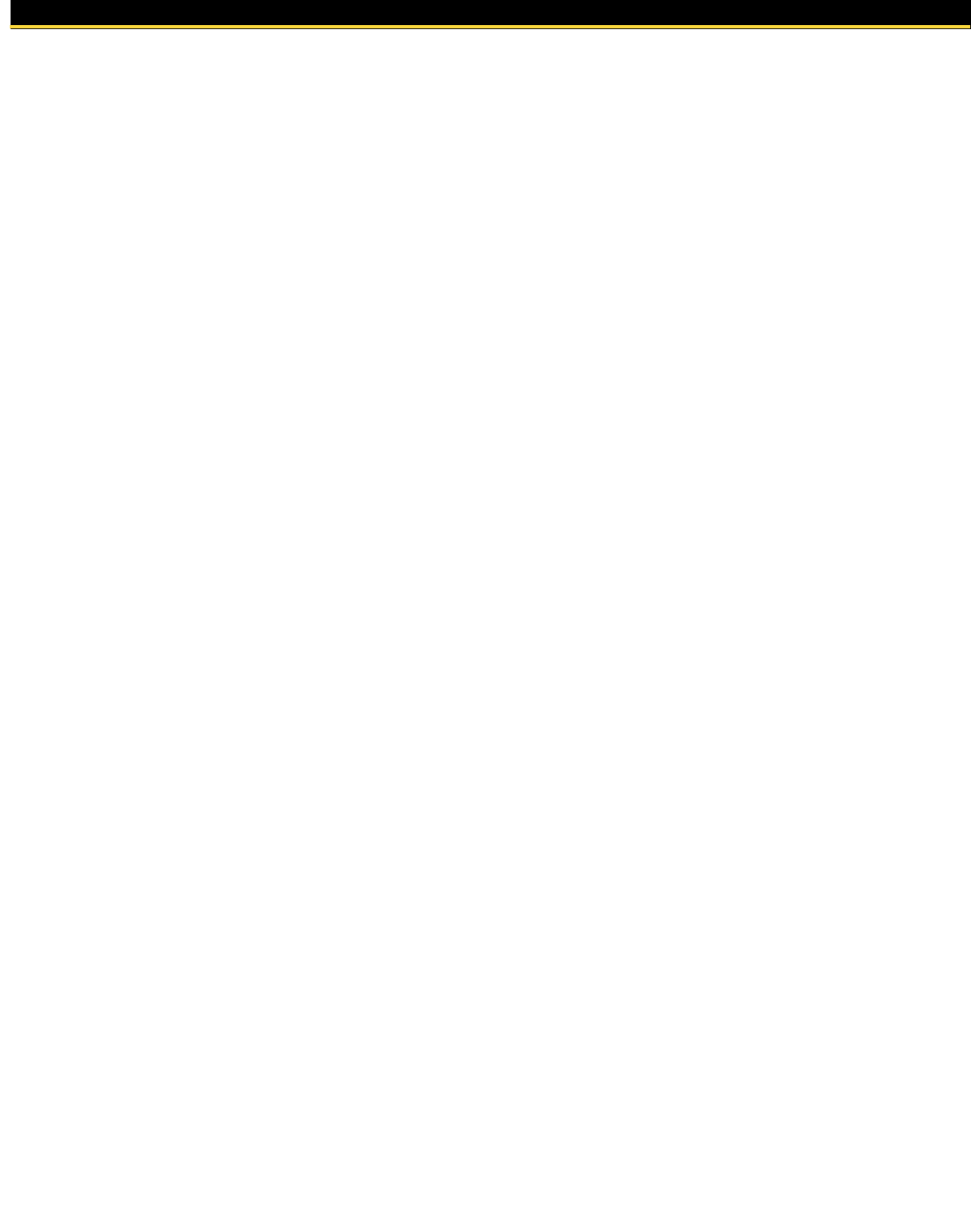
from this.
Application Procedures
High school students must complete a UW System application available online at www.uwsuper.edu/admissions and submit a high school transcript to the
Admissions Office.
Other applicants seeking to enroll as a special adult student must complete the UW System special (non-degree seeking) application available online at
www.uwsuper.edu/admissions. There is no application fee
Changing From Special to Degree-Seeking Status
Special students who elected to enter the institution as non degree-seeking students must follow the admissions criteria and application process outlined by the
Admissions Office for an incoming transfer student. Students are encouraged to contact the Admissions Office for assistance through this process.
Special Auditing Students
Students may audit courses in which they will not receive credit nor a grade. Audited courses do not count toward a degree and cannot be converted to credit
after the last day to add classes. Information regarding costs of auditing courses can be found online at www.uwsuper.edu/bursar/fees.
Application Procedures: Submit UW-Superior Adult Application and indicate wish to audit courses and include registration for the classes they wish to audit.
Auditors who are eligible for Social Security Disability must provide the eligibility documentation to Educational Success Center.
Continuing Education Special Students
Prospective, non-degree seeking students can enroll as "Special Students" in the Center for Continuing Education’s credit programming by completing the
Academic Credit Class Enrollment form prior to the start of each semester. These forms can be submitted via email to [email protected] or in-person.
Continuing Education Special Students are not eligible for financial aid. If Continuing Education Special Students request to become degree seeking, they will be
required to formally apply to the university through the UW-Superior Admissions Office.
High School College Credit Special Students
Admissions Requirements
High school students at public and private high schools in Wisconsin can earn college credit while still in high school through the Early College Credit Program
(ECCP). A student selected for the program may be permitted to enroll at UW-Superior to take one or more courses for which the student may earn high school
credit, post-secondary credit, or both. Under ECCP, the costs of the courses are shared among the institute of higher education, the school district or private
school, the state, and in some cases the student’s family.
High school students who wish to earn college credit outside of the Early College Credit Program will be assessed all tuition and associated fees.
UW-Superior welcomes high school students and will attempt to accommodate them if they meet admission requirements and if there is space available in the
desired courses. School district approval as an ECCP student will not guarantee admission to UW-Superior or enrollment in desired courses.
Application Procedures
To be considered for admission as a high school student, applicants must submit to the Admissions Office the following:
A completed UW System application for admission which is available online at www.uwsuper.edu/apply.1.
An official transcript of all high school credit completed as of the end of the prior semester. This transcript should indicate current class rank if available.
A transcript is only considered official if received in a sealed envelope from the high school or sent electronically directly to UW-Superior through an
official electronic exchange platform.
2.
Results of the ACT are desirable, but not mandatory.3.
Admission to UW-Superior as a high school student is subject to course, program and institutional enrollment limits, and to admission requirements as
authorized by the Board of Regents. Generally, a high school student should have a GPA of 3.0 to be considered for admission.
High school special students should be aware of the following:
Course enrollment priority will be given to UW-Superior's degree-seeking students.1.
If admitted to UW-Superior, the Center for Continuing Education will inform high school students the procedures for registering for classes. Before
registering for university courses, ECCP students must submit proof that the proposed coursework has been approved by the school administration.
2.
High school students will be subject to UW-Superior codes of conduct and academic policies.3.
All coursework taken by high school students will be recorded and transcribed as post-secondary credit. It is the responsibility of the student and the
school board to determine whether the coursework may also satisfy high school credit requirements.
4.
Course selection is dependent upon appropriate high school preparation, course prerequisites and, in some cases, consent of the instructor.5.
Advanced Placement
High School seniors who have completed college-level courses through the College Board's Advanced Placement Programs may take the appropriate
Official 2019-21 UW-Superior Catalog: Student Services: Admissions
The Board of Regents of the University of Wisconsin System | 180 of 228

examination administered by the Educational Testing Service and have their scores, test papers and reports sent to UW-Superior. The university has approved
the granting of credit for Advanced Placement in a number of areas. Further information is available by contacting the Admissions Office.
Project Lead the Way
High school students who have completed Project Lead the Way courses may be eligible for college credit.
Official 2019-21 UW-Superior Catalog: Student Services: Admissions
The Board of Regents of the University of Wisconsin System | 181 of 228
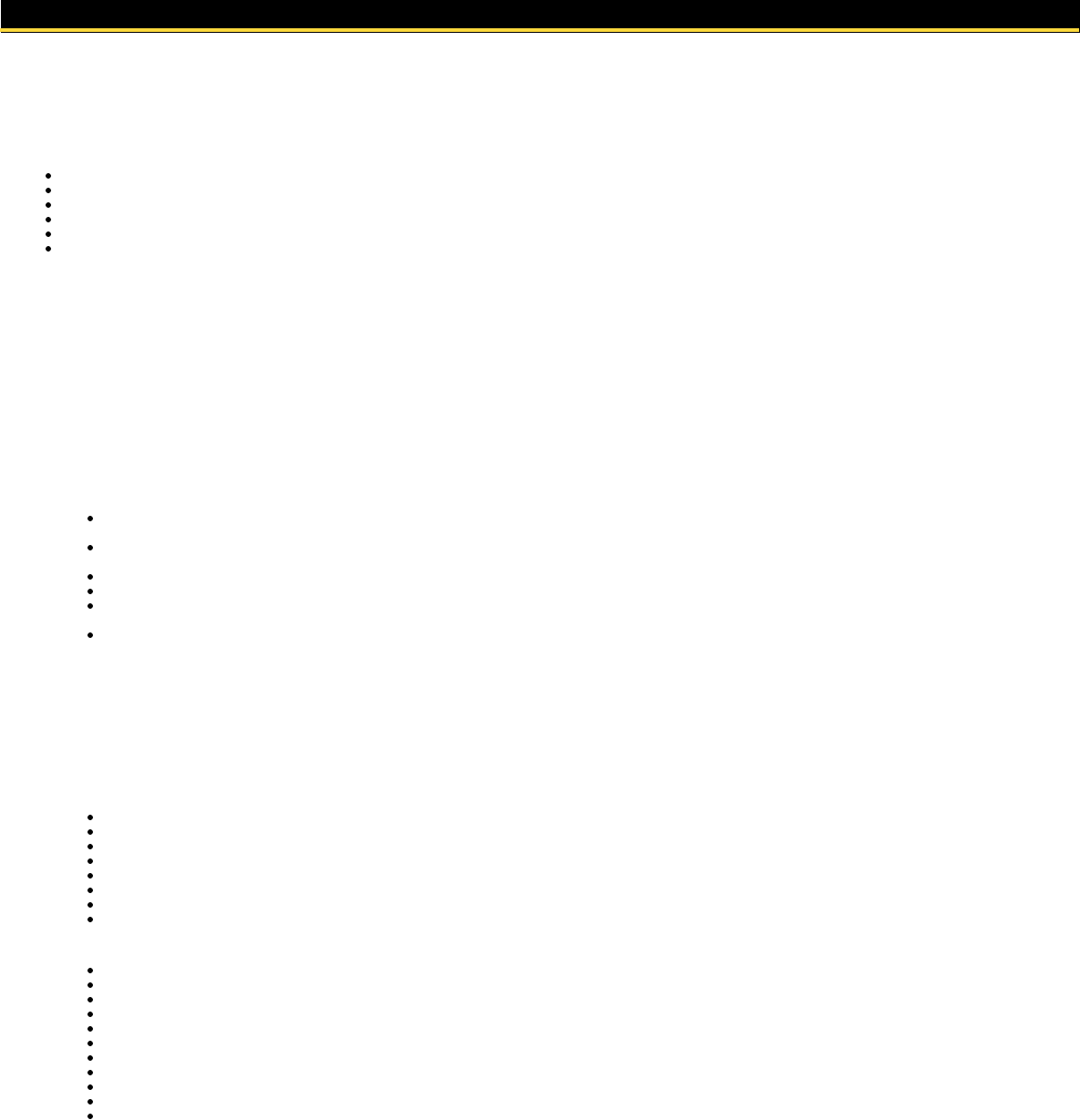
Career Services
Mission Statement
What We Do
Events
Handshake
Career Closet
Career Services Contact Information
Mission Statement
Career Services, in partnership with faculty, staff, community organizations, and employers, provides students and alumni with opportunities and resources to
identify career goals and develop life-long career development skills.
What We Do
Counsel students in the exploration, development, and implementation of their major and career plans. (Career plans can include graduate and
professional school, academic and volunteer services, and/or employment activities).
Provide Career Assessments to students and alumni to help them identify their strengths, interests, skills, values, and personality traits in order to
make educated career and life choices.
Teach career success strategies for successful transition from college to career.
Provide and Maintain Online Resources to serve online and on-campus students.
Connect students and alumni to the community and employers by providing a web-based recruiting system of postings for internship, volunteer,
part-time, and full-time opportunities.
Provide a Network of Professionals to students and alumni by coordinating programming, resources, and events which offer opportunities for alumni
and friends to connect with the university.
Events
Career Services offers a variety of professional events throughout the year to provide students with opportunities and resources to identify and develop life-long
career management skills and assist in the transition from college to career. These events include, but are not limited to:
Networking Socials
Mock Interviews
Head of the Lakes Job and Internship Fair
'Jacket Fest
On-campus Recruiting
Career Development Presentations
Etiquette Dinners
Majors & Minors Fair
One-On-One appointments with a Career Services staff member include, but are not limited to:
Career Counseling
Resume, Cover Letter, and Personal Statement Review
Job & Internship Search Assistance
Career and Major Exploration
Interview Preparation
Handshake Assistance
Graduate School Counseling
Networking and LinkedIn Support
Career Closet
Job Fair Preparation
Career and Personality Assessments
Handshake
Handshake is a repository of job, internship, and volunteer opportunities, as well as a portal where students can upload and manage job search materials. This
specialized search program is catered to the degree programs at UW-Superior. Students and alumni have access to tens of thousands of on and off-campus
jobs, internships, and volunteer opportunities from UW-Superior to around the world. Handshake also allows students and alumni to network, find and register
for career events, and schedule appointments with campus offices.
Official 2019-21 UW-Superior Catalog: Student Services: Career Services
The Board of Regents of the University of Wisconsin System | 182 of 228
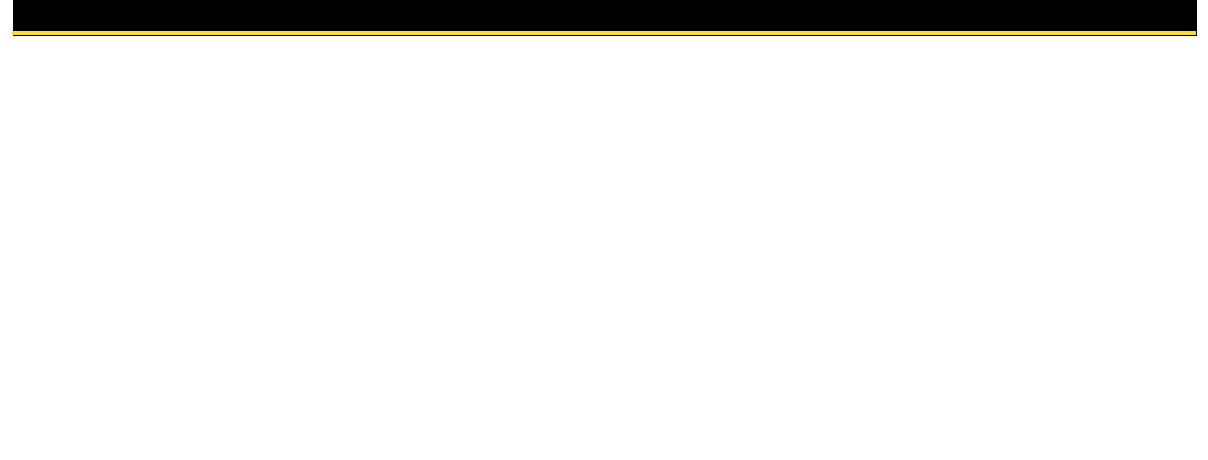
Career Closet
Career Services provides a closet of professional and business clothing donated by community members and local businesses. This service is available to
students at no charge, and students may keep the clothing they choose.
Career Services Contact Information
Career Services
University of Wisconsin - Superior
Swenson Hall 1061
Belknap and Catlin Ave.
P.O. Box 2000
Superior, WI 54880
Phone: 715-394-8024
Email:
Office Hours:
M-F 7:45am - 4:30pm
Official 2019-21 UW-Superior Catalog: Student Services: Career Services
The Board of Regents of the University of Wisconsin System | 183 of 228
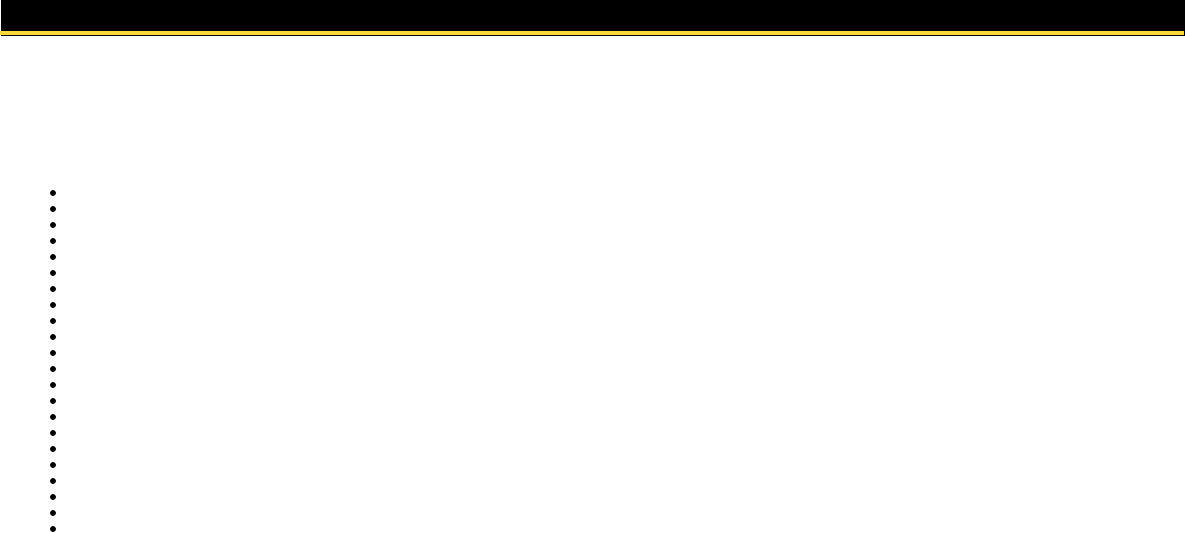
Cashier (Bursar)
Mission Statement
Semester Costs
Online Courses
Residency Status
Minnesota Students
Fees
Lab Fees
Paying Fees
Payment Location
Deadline
Billing and Payment
Terms and Conditions of Fee Payment
Fee Payment Options for Fall and Spring Terms*
Late Payment Fees
Refund of Fees
Miscellaneous Fees
Tuition
Room and Board, Residence Hall Deposit
Returned Checks and Delinquent Accounts
Extenuating Circumstance Petitions
Tuition Plateau
Bursar/Cashier's Office Contact Information
Mission Statement
The Bursar/Cashier's Office provides a centralized, automated revenue receipting system that includes collection of payments for tuition, fees, books, room,
board and miscellaneous charges, and acts as a deposit service for campus department revenue. The Bursar/Cashier's Office also posts all financial aid loans,
grants and scholarships, and disburses refunds. They are committed to satisfying their customer's needs to the best of their ability. They will respond to all
requests with courtesy, accuracy, and prompt service.
Semester Costs
Undergraduate and graduate fees are set by the University of Wisconsin System Board of Regents and are subject to change without notice. The amount
includes tuition and segregated fees. However, it does not include meals, housing, lab and material fees charged in some courses, or the miscellaneous fees
listed elsewhere in this section of the catalog.
The fees listed below are for one semester, full-time undergraduate students. They are for comparison purposes only because we must prepare this catalog in
advance. All tuition, fees and other charges are expected to change yearly. For current tuition and fee listings, please visit the Bursar/Cashier's Office.
Tuition and Fee Estimate for Fall Semester 2019
WI Resident: $4,066
Minnesota Resident: $4,446
Non-resident: $7,853
Online Courses
Tuition for online (Internet-based) classes vary by program. Online classes are charged separately from "traditional" classes; therefore, they are not included in
the undergraduate 12-18 credit tuition plateau.
For current semester costs, prospective students should refer to the Fee Schedule, Payment Information and Due Dates available on the Bursar/Cashier's Office.
Residency Status
Wisconsin requires payment of nonresident tuition by students who are residents of states other than Wisconsin. For undergraduate students, residency status
is determined at the time of admission. Residency status of graduate students is determined during the admission process to the Graduate Studies program.
A student's original resident status remains in effect unless the student requests and is granted reclassification. To learn more about residency and
reclassification, see the Registrar's Office section of this catalog.
Official 2019-21 UW-Superior Catalog: Student Services: Cashier (Bursar)
The Board of Regents of the University of Wisconsin System | 184 of 228
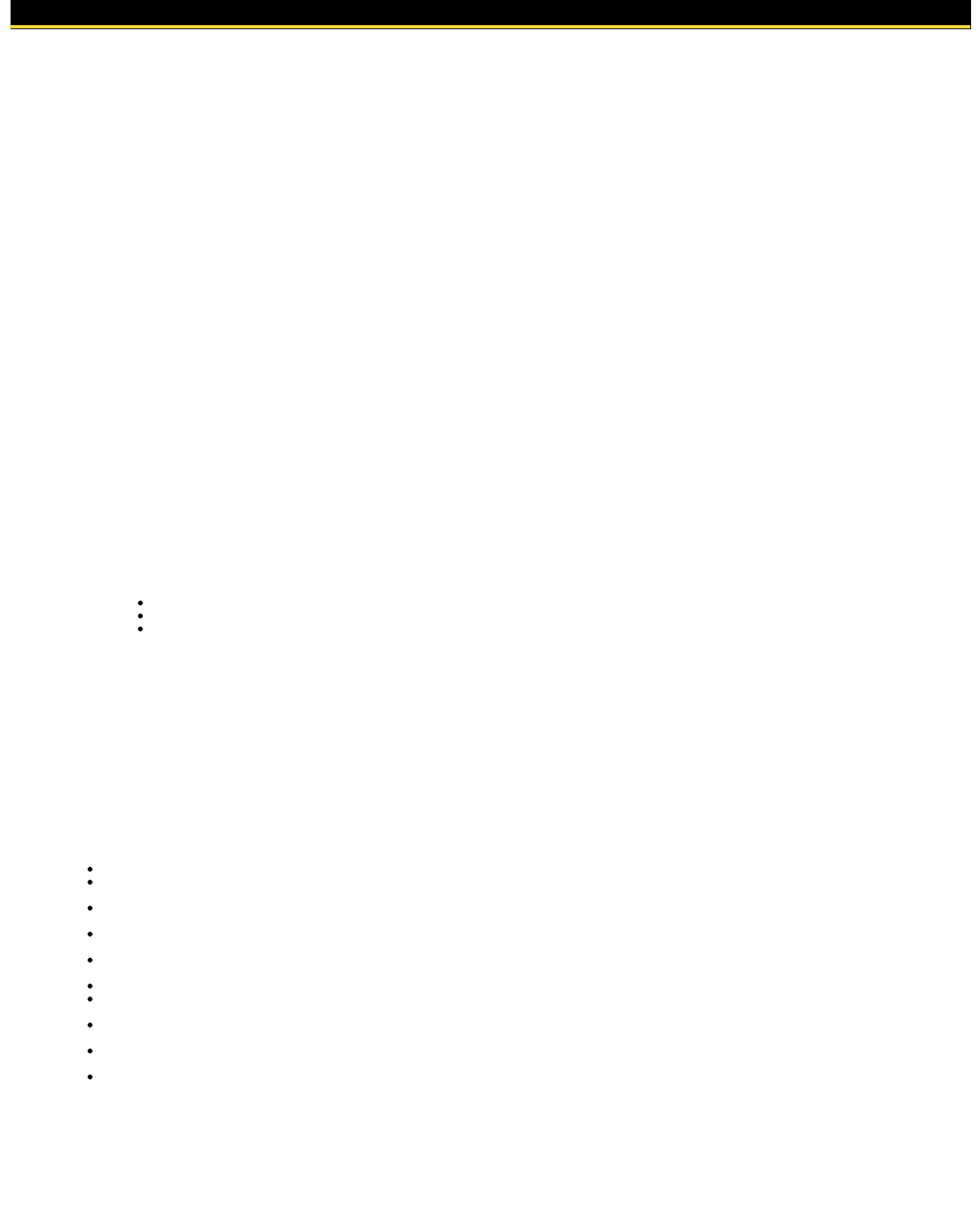
Minnesota Students
The Minnesota-Wisconsin Reciprocity Agreement enables Minnesota residents attending UW-Superior to pay the same tuition rate they would pay at a similar
state institution in Minnesota. This offers a substantial savings over the nonresident fee.
To take part in this program, Minnesota students must file for and receive reciprocity before the end of their first semester of enrollment. We recommend
students file for reciprocity before the semester starts or as early as possible. It is the student's responsibility to apply for reciprocity. Failure to apply for and
receive reciprocity will cause the student to be liable for paying nonresident tuition and fees.
The Minnesota Higher Education Services Office requests that students apply for Minnesota Reciprocity online from any internet access computer
at: https://www.ohe.state.mn.us/
Questions about eligibility, the application process, or technical assistance should be directed to the Minnesota Education Services Office at 800-657-3866 .
Fees
Auditing Classes Credit Fee Policy
Any course fees or field trip expenses are the responsibility of each student.
Wisconsin residents age 60 or older (as of the first day of classes) will have the normal academic fees waived. All other senior citizens will pay a
percentage of the per-credit academic fee based on residency (see #6 below).
1.
Disabled Wisconsin residents who are receiving disability benefits under either Supplemental Security Income (SSI) program or federal Social Security
Disability Insurance (SSDI) program will have the normal academic fees waived.
2.
Students taking courses for credit who are also auditing a course will pay full academic fees, just as if all courses were for credit. For example, a
student who is taking two three-credit courses for credit and auditing another three-credit course will pay the fees for nine credits, including segregated
fees.
3.
Audit-only students have the option to pay segregated fees if access to segregated fee-funded services is desired. If segregated fees are not paid,
access for audit-only students is limited to the library and non-segregated fee-funded activities of the student union.
4.
All auditing students will be charged lab fees and any special course fees.5.
Audit-only students will pay a percentage of the per-credit academic fee based on residency:
Wisconsin residents under age 60 pay 30 percent of academic fees (rounded).
Nonresidents pay 50 percent of academic fees and nonresident tuition (rounded).
Minnesota residents pay 30 percent of academic fees and reciprocity fee (rounded). Minnesota residents must apply for and receive
reciprocity from the State of Minnesota. If they do not receive reciprocity, they will be considered the same as nonresidents and will pay
according to that schedule.
6.
Lab Fees
Lab fees and where they must be paid are listed in the Class Schedule. Some lab fees are added to the student's academic fee bill and are payable at the
Bursar/Cashier's Office. Other lab fees require payment at the first class meeting and are paid directly to the vendor conducting the class.
Miscellaneous Fees
Add Fee - A $20 fee must accompany any late add that occurs during the last week of classes or thereafter.
Admission Fee - A $50 fee must accompany each application for admission to an undergraduate program. A $56 must accompany each application
for admission to a graduate program.
Senior Fee - A $50 senior fee will be assessed to all degree-seeking undergraduate students who are senior status (84 or more credits). This fee is
assessed one time per student, per degree.
Graduation Fee - A $50 graduation fee will be assessed to all degree-seeking graduate students once 22 graduate-level credits have been earned.
This fee is assessed one time per student, per degree.
Parking Permit - A parking permit is required to park in university lots. Permits may be purchased at Parking Services located at Catlin Avenue and
Belknap Street.
Drop Fee - A drop fee of $20 will be assessed for each transaction (independent of number of credits) processed after the second week of classes.
Withdrawal Fee - A withdrawal fee of $50 will be charged to students who withdraw after the semester begins and during the refund period. Students
who are de-registered for nonpayment after the semester begins also will be charged $50.
Re-registration Fee - A $25 re-registration fee will be charged to all students who are de-registered for nonpayment, petition for re-admittance, and are
allowed back into classes.
Late Payments Fees - A $75 late payment fee will be charged if the required down payment is not made by the end of the first week of school. This will
be pro-rated for part-time students.
New Student Orientation Fee - An orientation fee will be assessed to all new freshmen and transfer students.
All fees are subject to change.
Paying Fees
Official 2019-21 UW-Superior Catalog: Student Services: Cashier (Bursar)
The Board of Regents of the University of Wisconsin System | 185 of 228
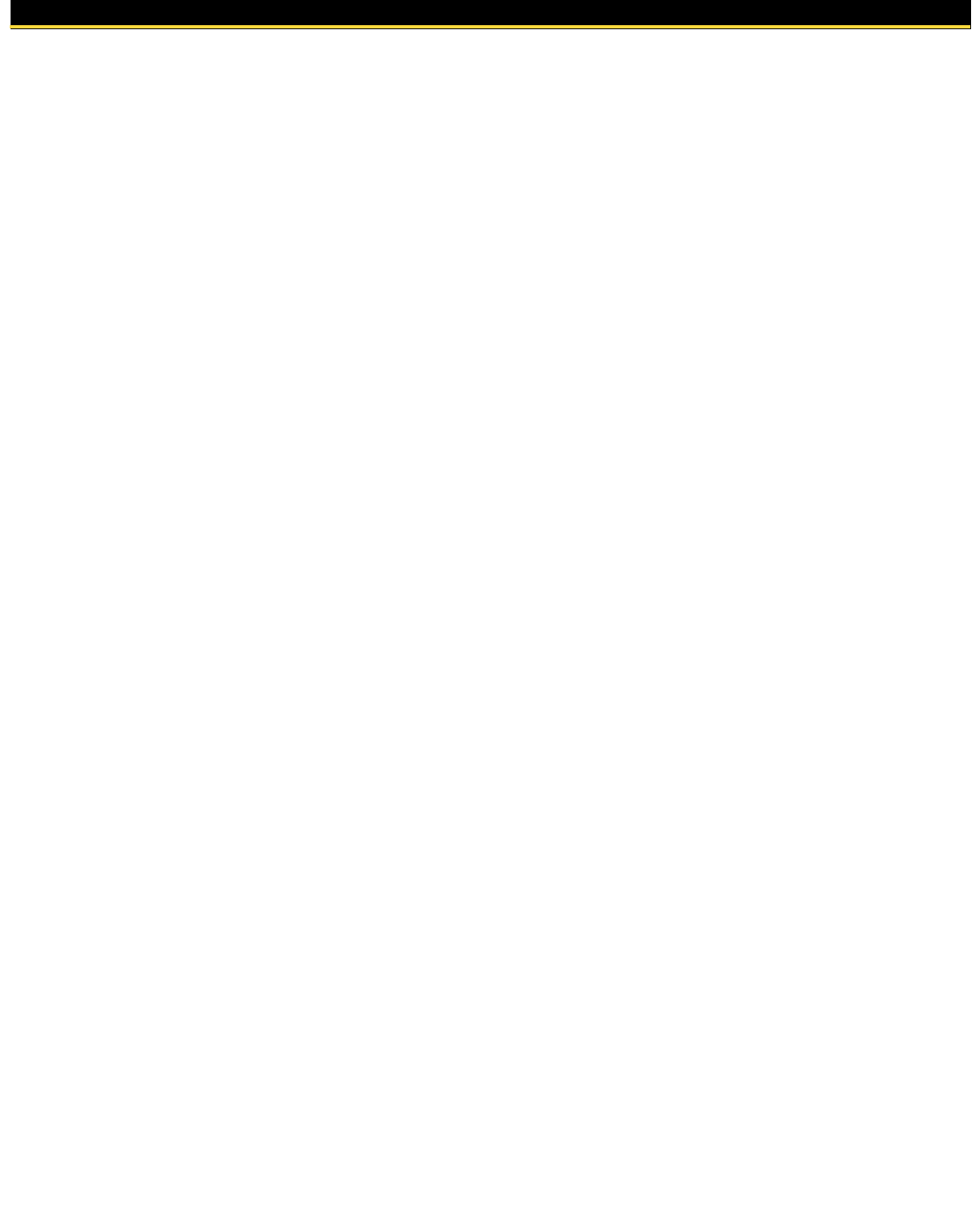
Current information should be obtained by referring to the Fee Schedule and Payment Information and Due Dates published each semester. A Schedule of
Student Fees is also available in the Bursar/Cashier's Office, Old Main, Room 136, before each semester begins.
Payment Location
Fees can be paid at the Bursar/Cashier's Office, Old Main, Room 136. Fees can also be paid by mail or dropped in the Night Depository slot outside Old Main,
Room 136.
Deadline
The exact due dates can be found in the Fee Payment Information published each semester. Failure to comply with these due dates may cause registration to
be canceled. This includes students receiving financial aid.
Financial aid may be used to meet the minimum payment due as long as financial aid recipients have completed all necessary requirements to have the aid
disbursed by the payment deadline.
Billing and Payment
The university has adopted electronic billing, therefore, no billing statements will be mailed to students. Billing statements for Fall Semester will be available for
viewing or printing through My E-Hive on or shortly after August 1 and for Spring Semester after January 1. Students unable to access the My E-Hive portal
should contact the Technology Help Desk at 715-394-8300 or 1-800-806-2890 for login and password assistance. The Bursar/Cashier's Office will send an
e-mail reminder to all registered students' university e-mail accounts informing them to view their bills prior to the payment due date. Failure to access bills
online will not excuse any payment due dates or late payment fees.
Terms and Conditions of Fee Payment
Before class registration new students will review and accept the terms and conditions of fee payment. This is our confirmation that you actually plan to attend
and agree to the terms and conditions of fee payment. Failure to agree to the terms and conditions of fee payment will prevent registration.
Fee Payment Options for Fall and Spring Terms*
The following options are being reviewed and are subject to change. Please visit the Bursar/Cashier's Office for up-to-date payment options.
Tuition is due in full on or before the fifth day of classes. UW-Superior, at its discretion, will extend credit to students unable to pay the tuition in full by the fifth
day of classes. Students are not required to sign up for the installment plan. If you plan on participation in the installment plan, make a $100 minimum down
payment by the fifth day of classes. Failure to pay the minimum $100 by the fifth day will result in a $75 late payment fee and may result in deregistration from
classes.
The installment plan has two options:
Option 1:
Partial Payment Without a Service Charge
Make a $100 down payment on or before the fifth day of classes and pay the balance before the twenty fifth day of the term. This date is published on the
Bursar/Cashier's Office Calendar as the first installment date.
Option 2: Partial Payment With a Service Charge
Make a $100 down payment on or before the fifth day of classes and pay balance in two installments; half by the twenty fifth day of the term and the balance by
the forty fifth day of the term. A service fee of 1.5% will be assessed on the unpaid balance after this date.
All students are assumed to be on the partial payment plan when they sign the terms and conditions form and until all fees are paid in full.
Failure to pay the balance by the forty fifth day of the term will result in a registration hold.
Financial aid recipients must complete the necessary requirements for the Financial Aid Office by the due dates set in order to use financial aid for the $100
down payment. Billing dates for the remaining payments will be published on the Bursar/Cashier's Office Calendar.
Use of the partial payment plan does not imply that a student can withdraw from school and be excused from the remaining payment for the semester. This plan
merely defers portions of the fees to be paid later in the term. If a student withdraws after the refund period ends in the fourth week, fees must be paid in full. A
withdrawal fee of $50 will be charged all students who withdraw after the semester begins and during the refund period. Students who are deregistered for
non-payment after the semester begins will also be charged $50. Terms and conditions are subject to change without notice.
Late Payment Fees
Official 2019-21 UW-Superior Catalog: Student Services: Cashier (Bursar)
The Board of Regents of the University of Wisconsin System | 186 of 228
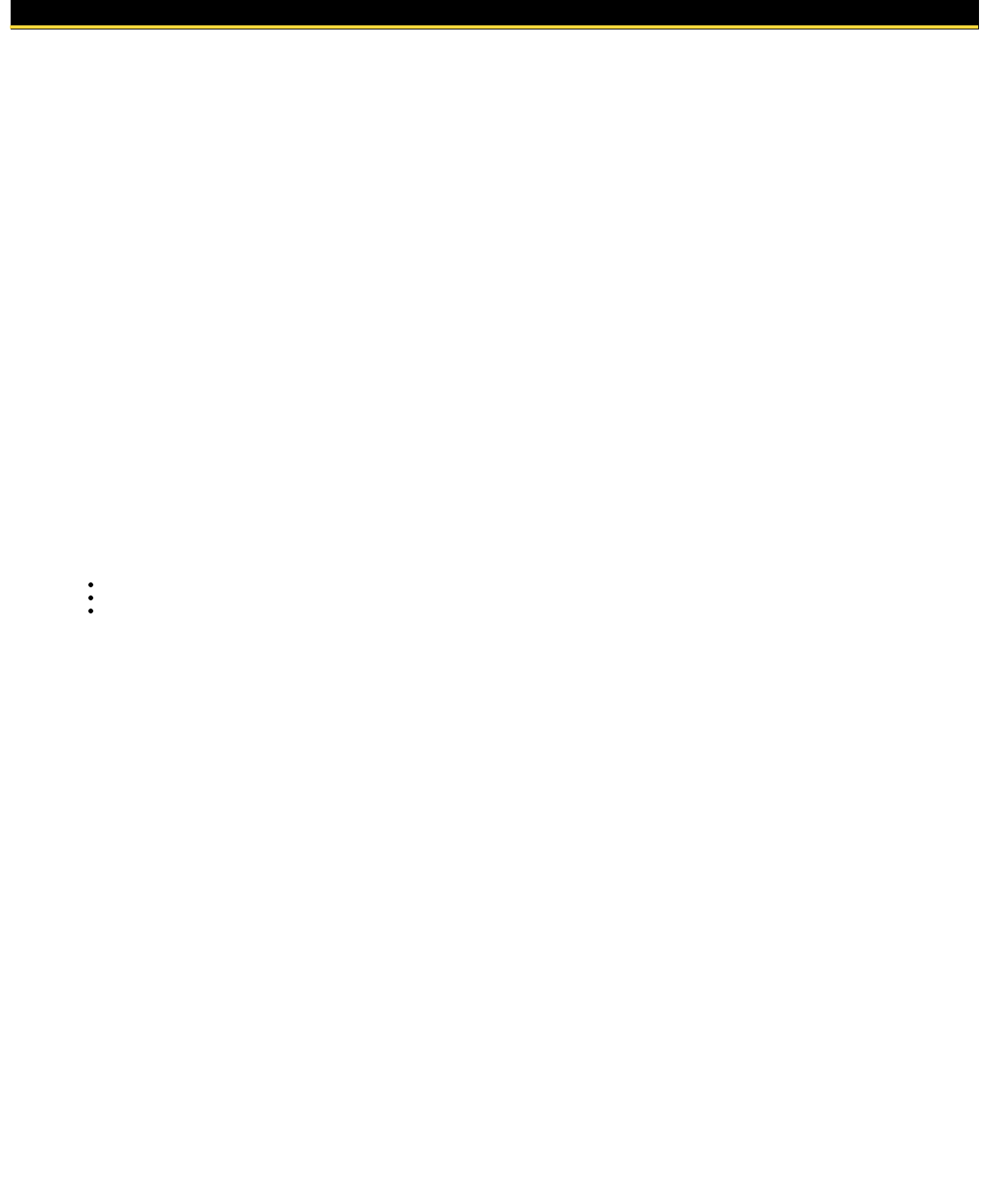
All students are required to make the down payment by the end of the first week of classes. After that, a late payment fee of $75 will be assessed to full-time
students (prorated for part-time students) in the second session week and thereafter. Deregistration may be considered in the fourth session week for students
who have not made payment.
Refund of Fees
UW-Superior has partnered with BankMobile to deliver your financial aid or fee refunds.
View more information about BankMobile.
Refunds result from financial aid disbursements in excess of the balance due and withdrawals during the refund period in excess of payments.
Refunds of less than $5 will not be processed.
For detailed refund process information, please visit the Bursar/Cashier's Office website.
Miscellaneous Fees
Miscellaneous refunds are made if the department assessing the fee requests the Bursar/Cashier's Office to process a refund. If you believe you are entitled to
a refund of a miscellaneous fee, check with the department assessing the fee.
Tuition
Tuition refunds may be made as a result of withdrawal from the university or reduction in the number of enrolled credits. Refunds are pro-rated according to the
following schedule:
Fee refund schedule for withdrawals and class drops below full time for full-term courses (excluding summer session):
First and second week 100 percent refund
Third and fourth week 50 percent refund
Thereafter 0 percent refund
Students who withdraw or drop are often required to repay a portion of their financial aid. Please check with the Financial Aid Office for advisement if you are
withdrawing.
Official withdrawal forms are available in the Registrar's Office, Old Main, Room 139. Students are considered enrolled unless an official withdrawal card is on
file. Refunds are based on the date of withdrawal. The date of withdrawal is determined by the Registrar's Office when the proper withdrawal form is filed in the
Registrar's Office.
Official Drop/Add forms are available in the Registrar's Office - Forms, Old Main, Room 139. During the 100-percent refund period, a student who adds and
drops credits shall be assessed additional fees or receive a refund based on the net result of those adds and drops. After the 100-percent refund period (starting
with the third week), students will be assessed for all adds and drops. A drop fee of $20 will be assessed for each transaction (independent of number of credits
dropped) processed after the second week of classes.
Room and Board, Residence Hall Deposit
Housing and meal plan refunds are made on a weekly pro-rated basis. A session week is defined to end as of 11:59 p.m. each Saturday. Refunds are made in
accordance with provisions found in the Housing Contract.
Returned Checks and Delinquent Accounts
A $20 Non-Sufficient Funds charge will be added to all accounts for returned checks.
Extenuating Circumstance Petitions
This petition form is for students requesting waiver or refund of tuition and segregated fees. The members of the decision making Committee are appointed by
the Chancellor according to the guidelines in FPPP44.
Any actions affecting academic record (transcript) must be petitioned through the Credits and Reinstatement Committee.
Official 2019-21 UW-Superior Catalog: Student Services: Cashier (Bursar)
The Board of Regents of the University of Wisconsin System | 187 of 228
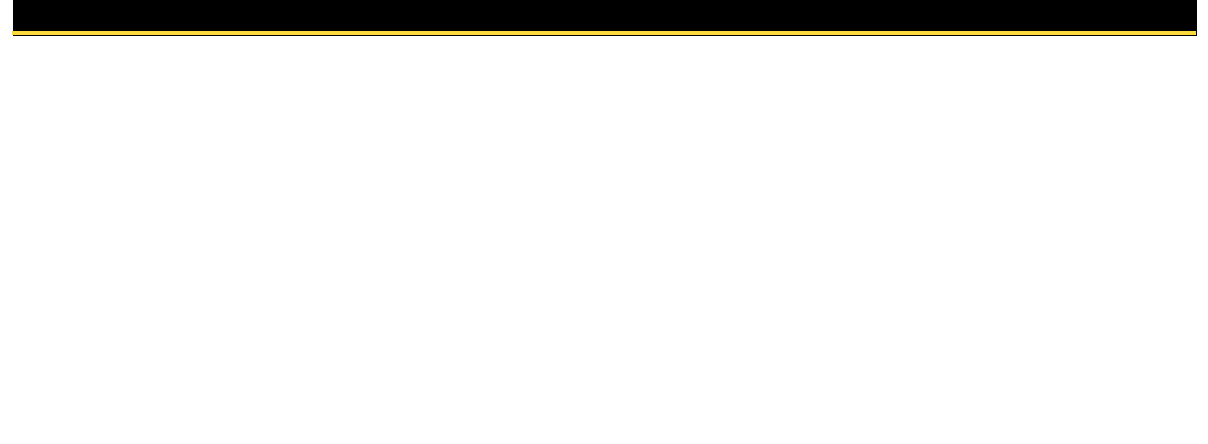
Tuition Plateau
In the fall and spring terms, undergraduate students enrolled between 12 and 18 credits and graduate students enrolled between 9 and 15 credits will not incur
any additional tuition charges. In the summer term undergraduates enrolled between 6 and 9 credits will not incur any additional tuition charges. Lab and
program fees are still assessed.
Bursar/Cashier's Office Contact Information
Bursar/Cashier's Office
University of Wisconsin - Superior
Old Main 136
Belknap and Catlin Ave.
P.O. Box 2000
Superior, WI 54880
Phone: 715-394-8505
Email:
Official 2019-21 UW-Superior Catalog: Student Services: Cashier (Bursar)
The Board of Regents of the University of Wisconsin System | 188 of 228
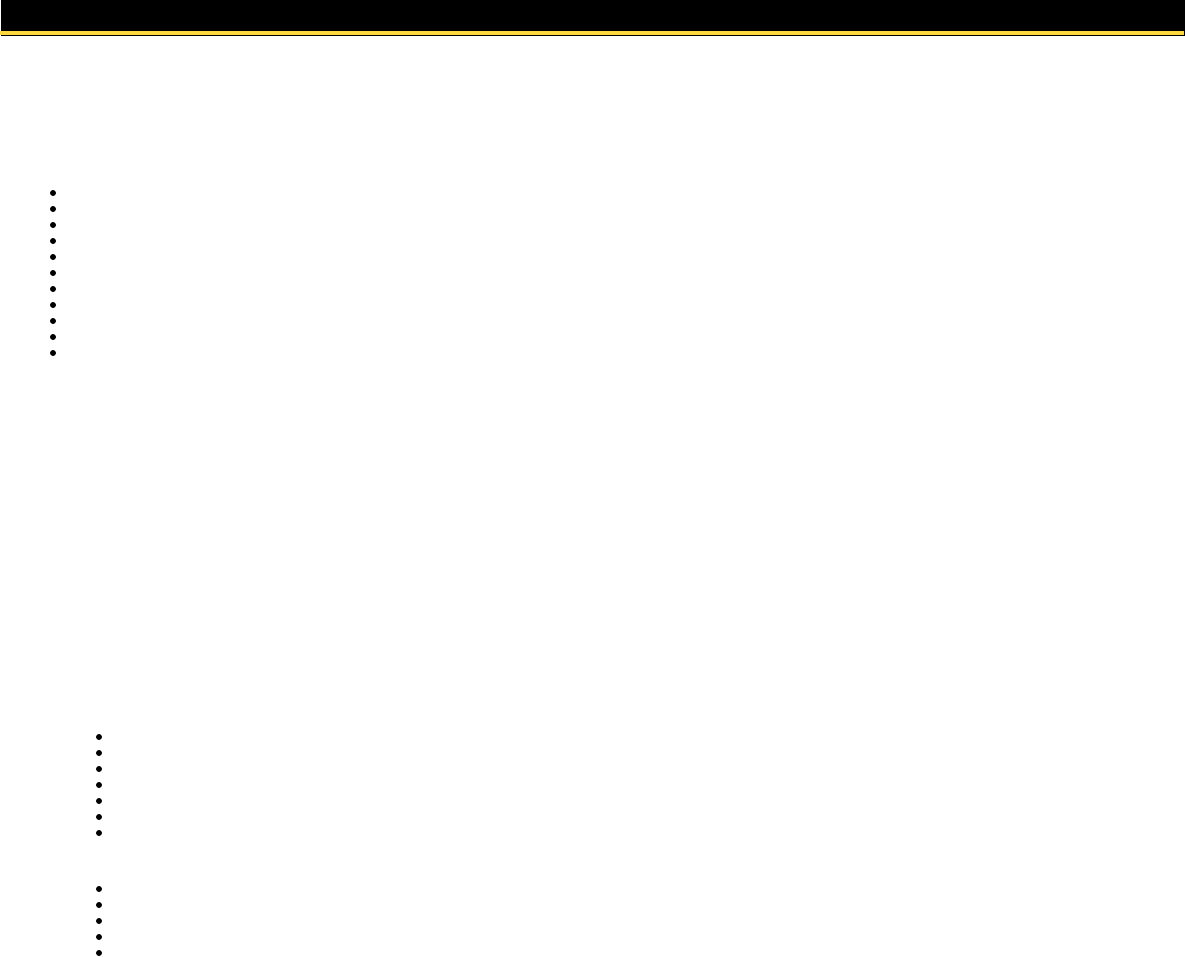
Center for Academic Advising
Mission Statement
Services Offered
Shared Advising Structure
Declaring or Changing a Major or Minor
Vision Statement
Academic Advising Definition
Functions of the Center for Academic Advising
Learning Outcomes
Return to Superior: Degree Completion at UW-Superior
ASSIST Program
Center for Academic Advising Contact Information
Mission Statement
The purpose of the Center for Academic Advising (the Center) is to contribute to student satisfaction, and thereby increase campus retention rates, through the
offering of comprehensive advising services for undergraduate students.
The UW-Superior Center for Academic Advising's mission is to advocate for, support, and empower students to be successful and achieve their educational
goals. It is also the Center's mission to collaborate with campus partners to ensure continuity of service and to provide the best educational experience for
students.
Services Offered
The Center for Academic Advising provides comprehensive academic advising services to:
Freshmen or sophomores in all majors
Undeclared students regardless of year
Students considering changing majors
Students who are readmitted after suspension
Individually designed majors and interdisciplinary studies majors
Associate degree seeking students
Non-degree seeking students
Additional services offered by the Center for Academic Advising include:
Goal setting
Course selection
Policy clarification
Academic success planning
Individualized degree planning
The Center also serves as an academic advising information clearinghouse, general referral source, academic advisor training and development center, and
academic policies and procedures consultant for UW-Superior faculty and departmental advisors and administrators.
Shared Advising Structure
UW-Superior utilizes a total intake advising model called the Shared Advising Model (SAM). All students are assigned two advisors who shift between primary
and secondary roles. Generally, freshmen and sophomores are assigned to a primary, professional advisor in the Center for Academic Advising and a
secondary, faculty advisor in their academic department (undeclared students will only have one primary, professional advisor until they declare). Specific
relationships between the Center for Academic Advising and the academic departments are outlined in individual agreements held in the Center and the
departments.
Professional advisors in the Center also serve students planning to change their majors, students with Interdisciplinary Studies (IDS) or Individually Designed
Majors and Minors (IDM), new transfer students, and students readmitted after suspension. The Center assigns and re-assigns advisors, processes change of
major and/or minor forms, and maintains advising data for the campus.
In addition to providing advising services to students, the Center for Academic Advising plays an essential role in campus-wide retention initiatives and advisor
training and development. All new faculty and professional advisors participate in training hosted by the Center. The Center houses advising resources available
to all campus advisors and hosts professional development events throughout the year.
UW-Superior subscribes to an appreciative advising philosophy and uses case management to ensure close, pro-active relationships with students. Advisors are
expected to become partners on their advisees’ academic journey, developing advisees’ decision making skills, comfort level and abilities as a college student.
Declaring or Changing a Major or Minor
Official 2019-21 UW-Superior Catalog: Student Services: Center for Academic Advising
The Board of Regents of the University of Wisconsin System | 189 of 228
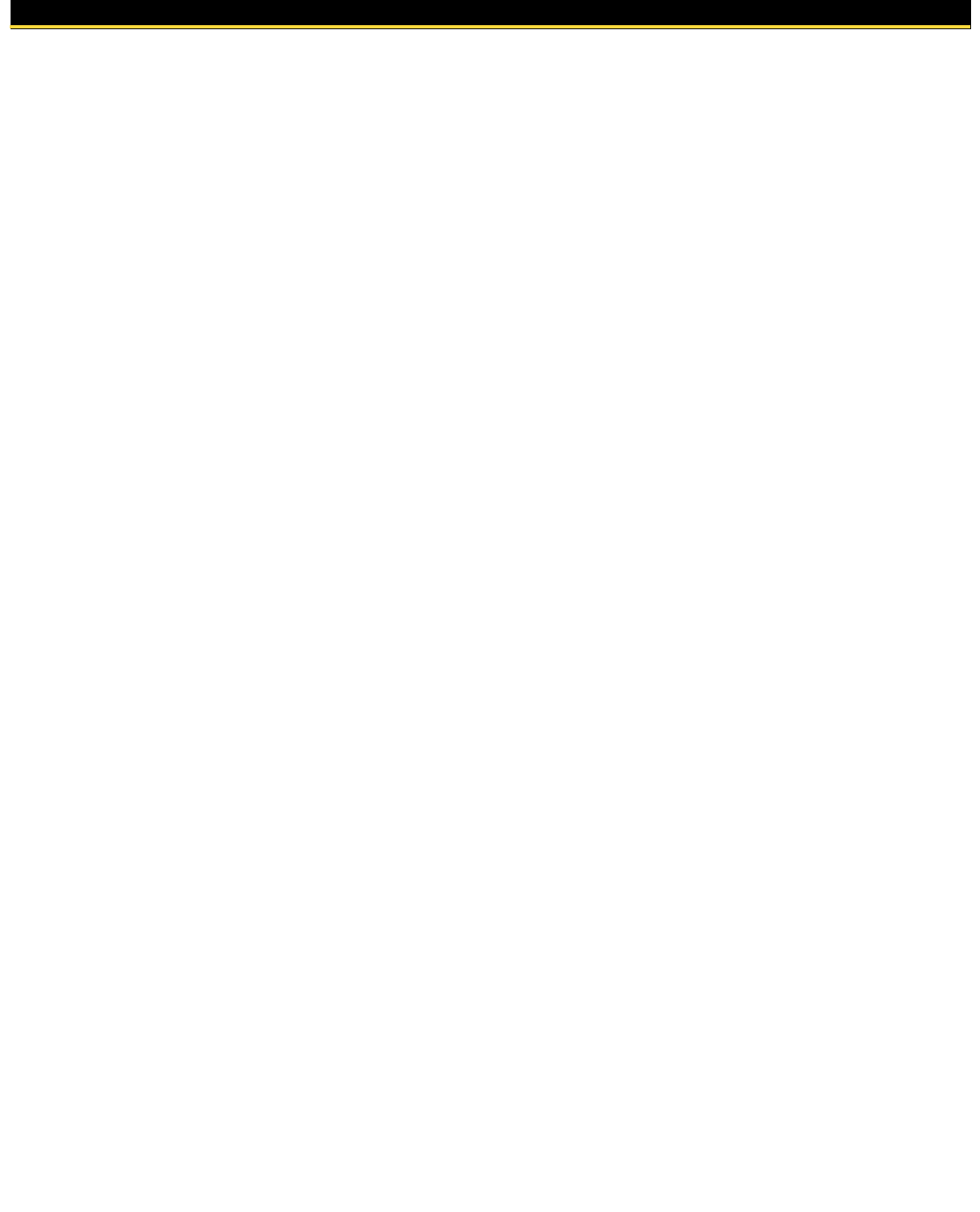
Each year, up to 1/3 of the new students arriving on campus enter the university as "undeclared." Other students declare a major and later change it - some
change majors more than once. At UW-Superior that's OK! The undeclared major is the ideal place to explore topics, new ideas, and professions all while
earning credits toward your degree and being connected to the campus community. As your knowledge and experience grows, you will find a major that fits your
needs and interests. Your professional academic advisor is available to assist you if you need help making the decision. When you are ready to declare your
major, or if you wish to change your major, you may do so online at www.uwsuper.edu/advise/forms.
Vision Statement
The vision of the Center for Academic Advising is to ensure that academic advising is a full partner in integrated, collaborative, comprehensive, and systemic
campus-wide retention initiatives.
Academic Advising Definition
Academic advising is an educational process that, by intention and design, facilitates students' understanding of the meaning and purpose of higher education
and fosters their intellectual and personal development toward academic success and lifelong learning (NACADA, 2004)
Academic advising is a collaborative experience in which students and their advisors are partners in meeting the essential learning outcomes, ensuring student
academic success, and outlining the steps to achieve students' personal, academic, and professional goals. This partnership requires the participation and
engagement of both the advisor and the student throughout the duration of the student's educational experience at the university. Both the student and the
advisor have clear responsibilities for ensuring the advising partnership is successful (NACADA, 2004).
NACADA. (2004). NACADA statement of core values of academic advising.
Functions of the Center for Academic Advising
Individual student appointments
Professional academic advisors in the Center work with online and on-campus freshmen, sophomores, undeclared, readmitted, transfer, and special students to
explore their interests, skills, and values as they complete their university studies coursework, program admission requirements, prerequisites, and declare a
major.
Advisor assignments
The Center manages primary and secondary advisor assignments for all undergraduate students. Students can find their advisor assignment in their E-Hive
Student Center. Students who see "Assigned, Staff" for their advisor assignment should contact the Center.
Primary advisors are notified via e-mail when a new student has been added to their roster. Advisors are asked to reach out to their new advisee(s) to introduce
themselves and provide instructions for setting up an appointment.
Administering major, minor, degree, catalog year, and advisor changes
The Center processes requests for major, minor, degree, catalog year, and advisor changes from undergraduate students. Forms to request a change can be
found on the Center for Academic Advising website under “Advising Forms.” Requests are processed within three to five business days and a confirmation
e-mail is sent to students when the request has been processed.
Consultation and professional development for advisors across campus
The Center staff are available to departments for consultation and to provide orientation and development opportunities and resources regarding advising best
practices and policies.
Advising holds
The University places enrollment holds on student accounts each semester to ensure that all undergraduate students discuss their course selections with their
advisors prior to registration. Once the student has met with the advisor and had the course selections approved, the advisor will lift the enrollment hold. This
allows the student to register for classes on or after their enrollment appointment.
Who advises?
Faculty Advisors are central to UW-Superior's academic advising structure. All faculty who have one year of service at the University and who have completed
Official 2019-21 UW-Superior Catalog: Student Services: Center for Academic Advising
The Board of Regents of the University of Wisconsin System | 190 of 228
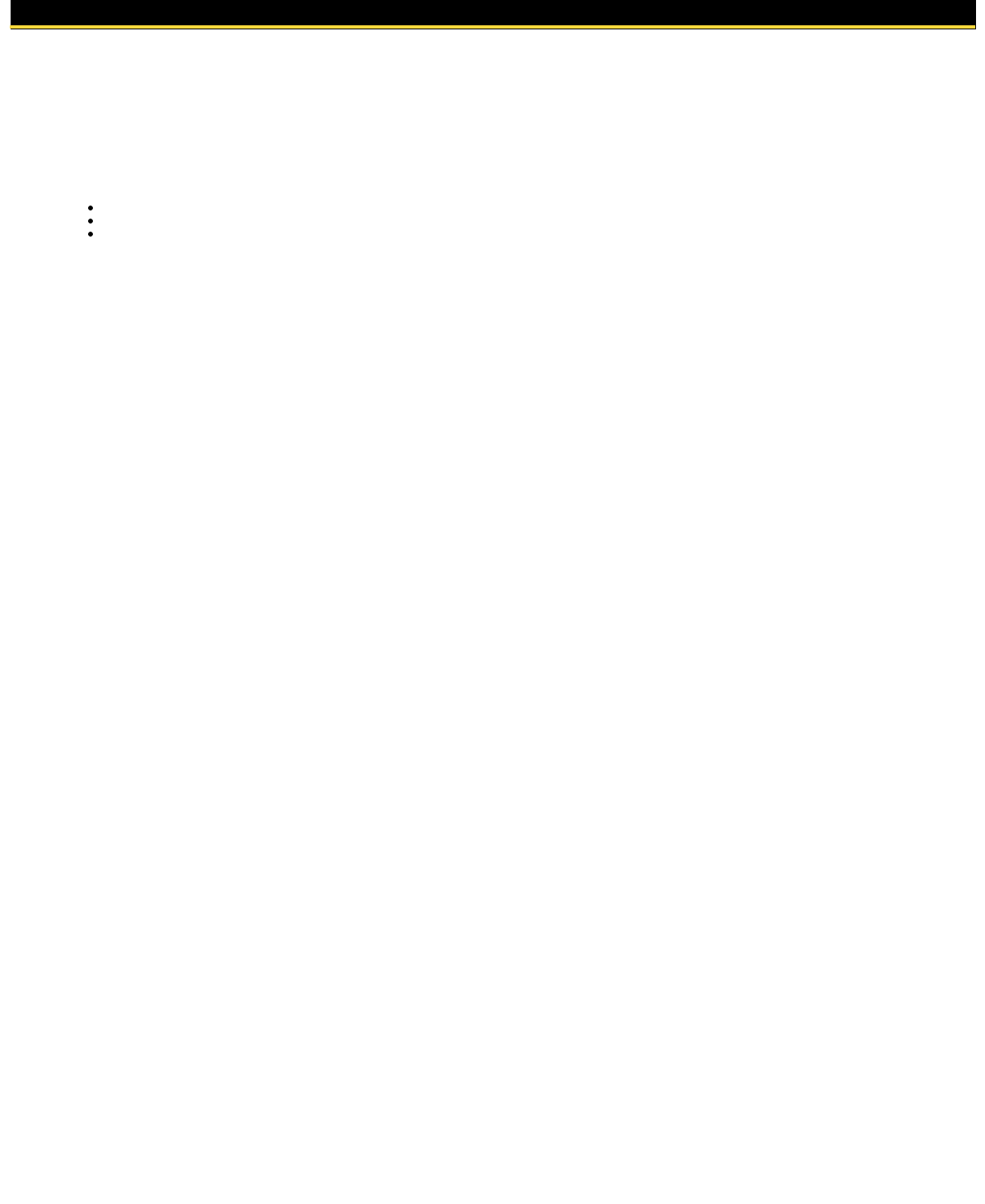
the new advisor training assume academic advising responsibilities. Faculty primarily advise juniors, seniors, and students admitted to specific academic
programs. Faculty advisors also act as mentors and secondary advisors for freshmen and sophomores.
Professional Academic Advisors in the Center for Academic Advising work primarily with freshmen, sophomore, undeclared, readmitted, transfer, and
non-degree seeking students. Additionally, the Center serves as a support resource to faculty advisors, facilitates advisor training and development, and plays a
vital role in University retention efforts.
Key Academic Staff in departments such as the Educational Success Center, Center for Continuing Education, Department of Education, and the Department
of Equity, Diversity and Inclusion also advise special student populations, and are listed as co-advisors in addition to the professional and faculty advisors for
the students that they serve.
You should always see your advisor ASAP for:
Course troubles
Dropping courses or withdrawing from the University
Changing or declaring a major or minor
Learning Outcomes
The Center for Academic Advising’s learning outcomes align with the University of Wisconsin’s learning outcomes.
Communication
UW-Superior Learning Outcomes
Apply modes, styles, and conventions of communication appropriate to the students’ work and their audience1.
Identify the essential components of a work/presentation and describe their relationship to each other and to the broader context2.
Clearly express themselves to achieve a purpose3.
Civilly engage in an exchange of ideas integrating diverse perspectives4.
Advising Learning Outcomes
Knowledge of technological resources and campus learning systems
Ability to find information and register for courses in E-Hivea.
Ability to login and find course information in Learn@UW-Superiorb.
Ability to login to student email accountc.
Understanding of the importance of email as the official communication system of the Center for Academic Advising and
UW-Superior
d.
1.
Individual and Social Responsibility
UW-Superior Learning Outcomes
Engage in thoughtful analysis that fosters well-being and holistic self-development1.
Articulate their roles and responsibilities in a global community2.
Practice healthy interdependence and mutual respect for others through teamwork3.
Demonstrate informed civic engagement, including intercultural competence as a dimension of the experience4.
Apply ethical reasoning in their academic and community learning experiences5.
Advising Learning Outcomes
Ability to set realistic personal, academic, and professional goals1.
Knowledge and understanding of university policy and procedures2.
Understanding of the purpose of higher education, liberal arts, and university studies requirements3.
Knowledge of campus resources and how to effectively utilize them to achieve personal, academic, and professional goals4.
Creative and Critical Thinking
UW-Superior Learning Outcomes
Articulate important theories, questions, theories, and creative processes1.
Analyze information to answer specific questions2.
Evaluate assumptions and biases associated with a project, practice, or process3.
Consider multiple, diverse, and global perspectives to answer important questions or produce original work4.
Use evidence to reach and present innovative conclusions or produce original work5.
Advising Learning Outcomes
Understanding of degree progress using advising reports in E-Hive1.
Ability to make effective decisions in regard to academic and career goals2.
Ability to accept responsibility for personal and academic decisions3.
Official 2019-21 UW-Superior Catalog: Student Services: Center for Academic Advising
The Board of Regents of the University of Wisconsin System | 191 of 228
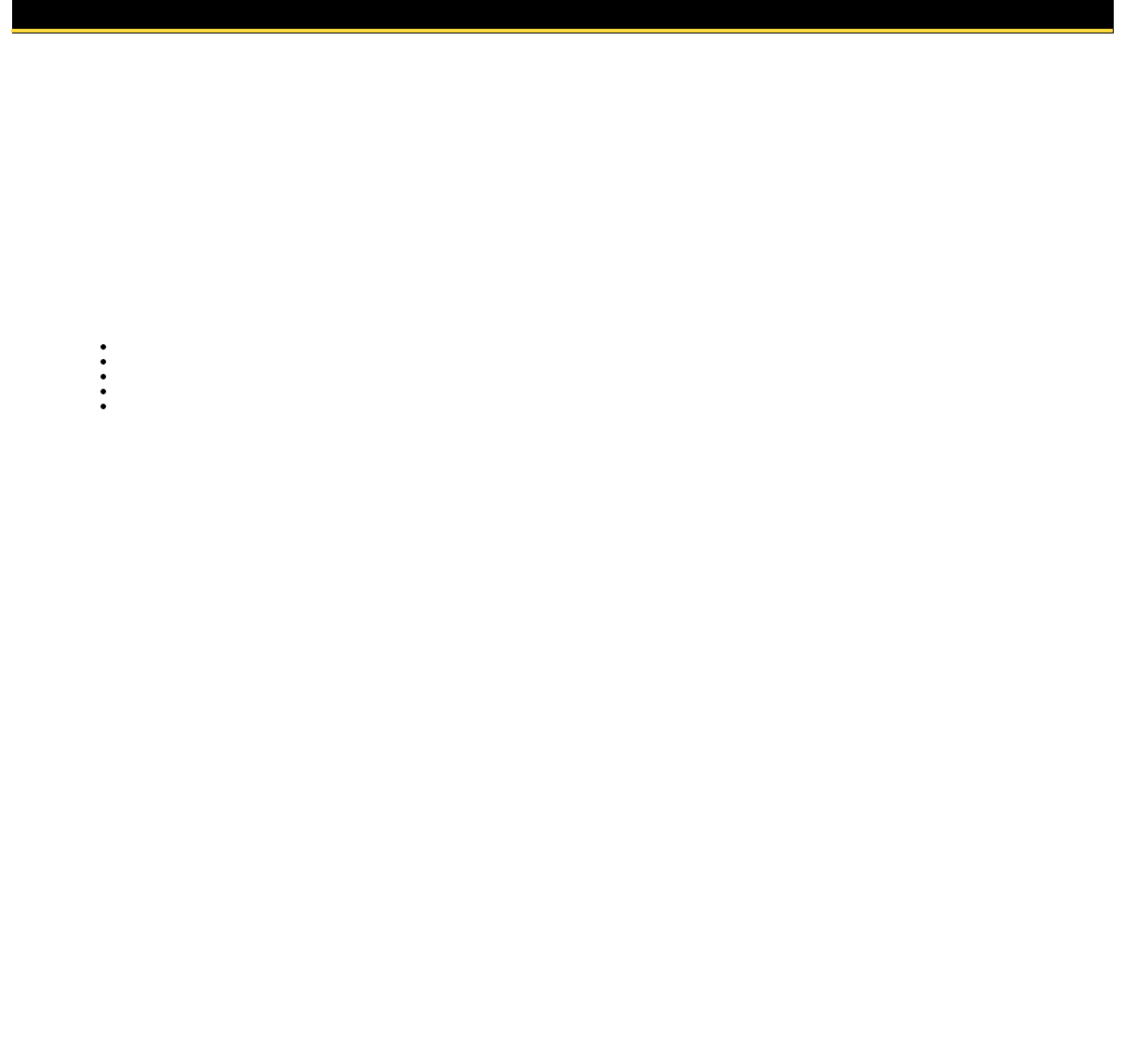
Return to Superior: Degree Completion at UW-Superior
Return to Superior: Degree Completion at UW-Superior
Research shows* that college graduates earn more money and are more satisfied with their jobs compared to those without a college education. That's been
especially true throughout the Great Recession and the recovery: those with the most education have the lowest unemployment rates and the highest income,
but it's not just about the money. It's about expanding your mind and your horizons. It's about finishing something you started. It's about showing the world, and
yourself, what you can do. No matter what led you to pause your education, what matters most now is your desire to move forward. So take the next step: Return
to UW-Superior.
Return to UW-Superior is a program designed to help students who wish to complete a degree after an extended period of time away from school. Students
work with a professional academic advisor to develop a degree plan that incorporates previously earned credits into a path to graduation.
Here's how to get started:
Contact your Return to Superior Coordinator
Decide your field of study, and whether you'll enroll on-campus or online
Submit a Reentry Application**
Send your official transcripts, if you completed any course work outside of UW-Superior
Register for classes with an advisor
*Research by Georgetown University's Center on Education and the Workforce
**Students who left UW-Superior on academic suspension will also need to file for reinstatement if planning on returning for Fall or Spring semesters. Complete
a Petition for Reinstatement and return to the Registrar's Office.
ASSIST Program
ASSIST (Academic Student Support Intervention for Success and Transition) is designed to be a collaborative tool that enables seamless communication
between students, academic advisors, and faculty. ASSIST is used by faculty, instructional staff, and other teaching staff to inform professional academic
advisors about students who may need additonal support. Faculty, instructional staff, adjunct, and other teaching staff may access this tool by logging in to
E-Hive, opening their course roster, and clicking on the yellow yield sign with an exclamation point in the center next to the name of the student they are
concerned about. This will open a new page where information about student progress may be submitted. This generates an alert that will be received by the
students' professional academic advisor. Professional advisors in the Center for Academic Advising or in academic departments (Teacher Education, for
instance) follow up on these alerts by reaching out to students, discussions options, and offering additional support.
Professional Academic Advisors: Respond to alerts for primary and secondary advisees,
Faculty, Instructional Staff, Adjuncts, and other teaching professionals: Create alerts for students who require intervention.
Center for Academic Advising Contact Information
Center for Academic Advising
University of Wisconsin - Superior
Old Main 134/135
Belknap and Catlin Ave.
P.O. Box 2000
Superior, WI 54880
Phone: 715-394-8515
Email:
Office Hours:
M-F 7:45am - 4:30pm
Official 2019-21 UW-Superior Catalog: Student Services: Center for Academic Advising
The Board of Regents of the University of Wisconsin System | 192 of 228
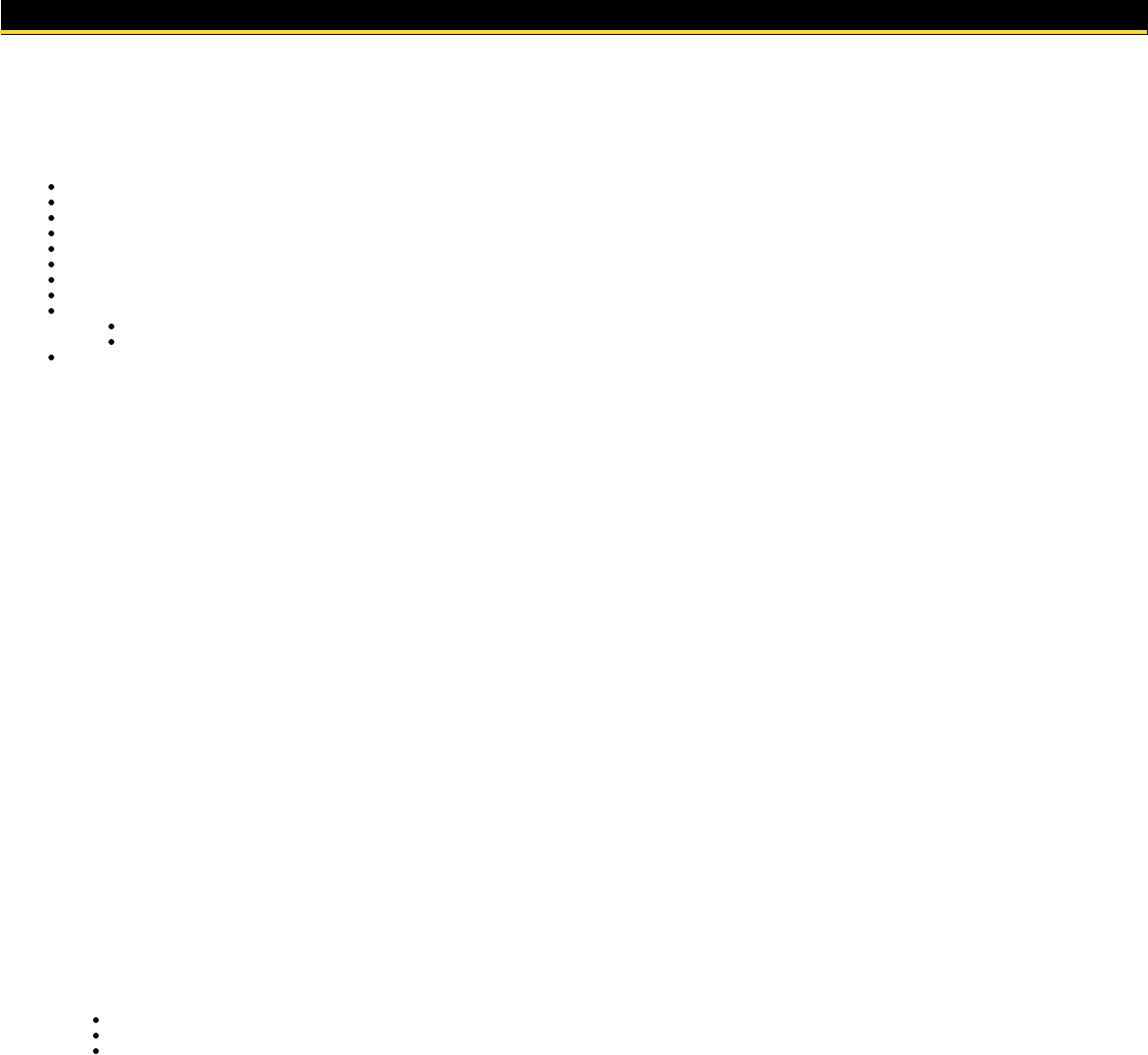
Educational Success Center
Mission Statement
Student Support Services
Bridge Program
Tutoring Services
Disability Support Services
Testing Services
Developmental Education and Instruction
Specialty Services
TRiO Programs
Upward Bound
McNair Scholars Program
Educational Success Center Contact Information
Mission Statement
The mission of the Educational Success Center (ESC) is to support UW-Superior students by providing resources and advocacy to foster academic success,
enhance student retention, and promote graduation.
The Educational Success Center (ESC) upholds this mission by supporting students in acquiring the knowledge, skills, and mindset necessary for achieving
their educational goals. ESC assists students in the following ways: making a successful transition into, through, and out of the university; developing the
academic skills needed to take full advantage of educational opportunities; cultivating the mindset and habits that promote commitment and perseverance; and
encouraging every student to develop the commitment and motivation to learn.
ESC provides all UW-Superior students FREE academic services and programs. However, some programs, e.g. Student Support Services, Disability Support
Services and the Bridge Program have eligibility requirements (as described below) and additional services will be provided within those programs. The
Educational Success Center is located in Swenson Hall 1024/1025.
Student Support Services
TRIO Student Support Services (SSS) is a federally funded program by the Department of Education designed to serve students who meet federal family
income guidelines, who are first generation college students (neither parent(s) nor guardian(s) has earned a four-year college degree), and/or who have
documented disabilities. View the Eligibility Requirements.
In order to participate in the TRIO SSS Program, students MUST meet one or more of the three eligibility criteria outlined above. Some of the additional services
TRIO SSS provides to eligible participants are academic advisement, educational workshops and seminars, graduate school preparation, grand aid
scholarships, mentoring program, and various social and cultural events.
The goal of TRIO Student Support Services is to increase the college retention and graduation rates of its participants and facilitate the process of transition
from one level of higher education to the next. TRIO SSS provides opportunities for academic development, assist students with basic college requirements,
and serves to motivate students to successfully complete their postsecondary education.
TRIO Student Support Services Grant Aid/Scholarship
Each year TRIO SSS awards over $30,000 in Grant-Aid/Scholarships to its eligible participants to help with education costs at UW-Superior. Priority will be given
to:
Students who are enrolled and remained active in the TRIO SSS program.
Students who have demonstrated progressive academic achievement toward graduation.
Students who receive Federal Pell Grants, determined by the Financial Aid Office .
To apply, please visit the TRIO Student Support Services website for more information, www.uwsuper.edu/sss.
Bridge Program
The Bridge Program at UW-Superior is offered annually. Participating students enroll in a full-time load of courses (12-15 credits) with relevant courses that meet
university requirements, but with additional resources to support their academic success. In this program students have the advantage of a supportive learning
community that includes structured academic support services. All Bridge students are required to enroll in a Collegiate Study Skills course and to attend
regularly-scheduled tutoring and study sessions that support their coursework.
The mission of the Bridge program at UW-Superior serves students who would benefit from additional academic support during their first semester of enrollment
at UW-Superior. The program provides additional structure and resources to participating students in order to facilitate or "bridge" their successful transition to
the college academic environment.
Tutoring Services
Official 2019-21 UW-Superior Catalog: Student Services: Educational Success Center
The Board of Regents of the University of Wisconsin System | 193 of 228
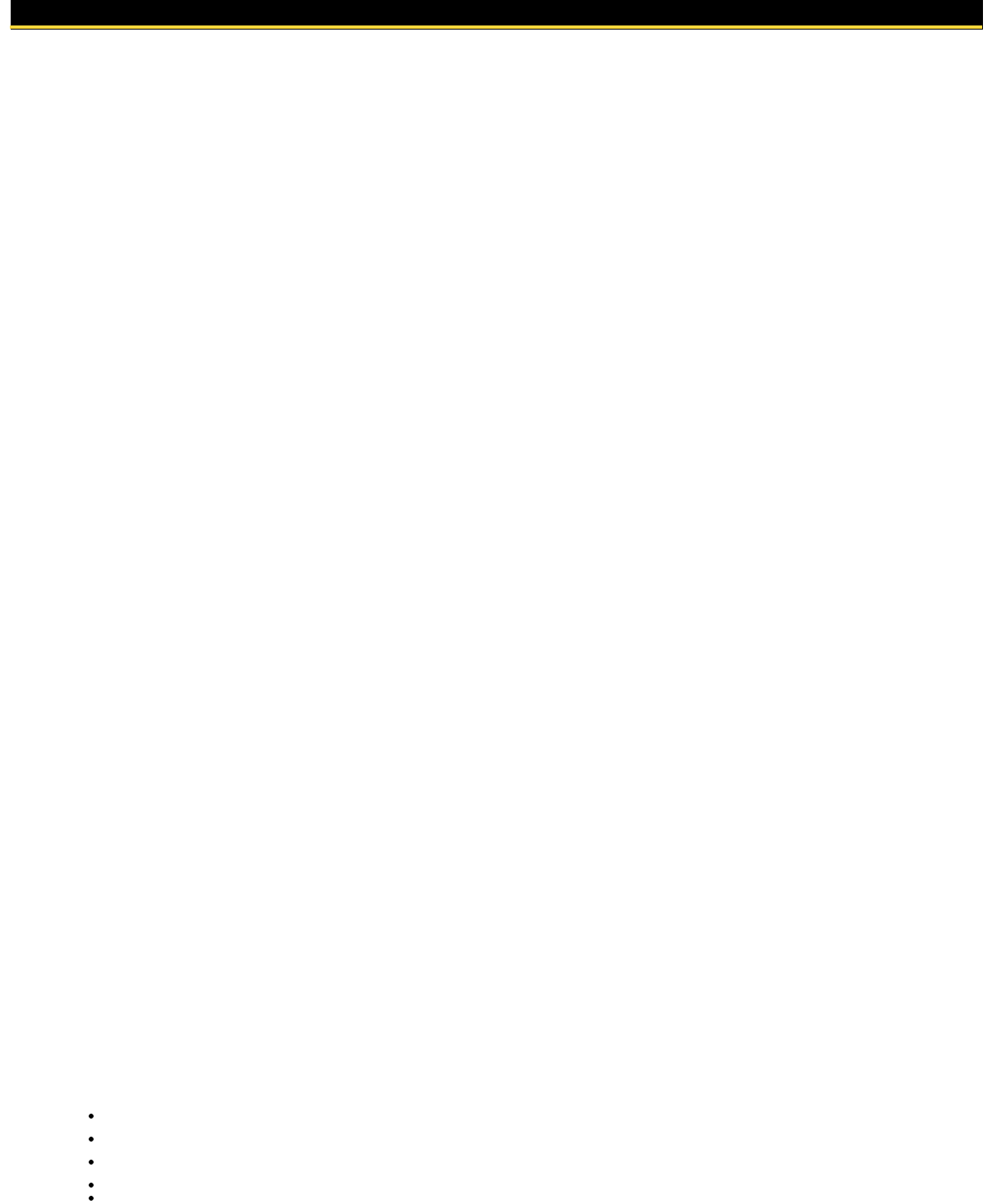
The Academic Support Center and Math Lab are located in the Educational Success Center in Swenson Hall 1024/1025. We also offer 24/7 online tutoring. All
tutoring services are FREE to currently enrolled UW-Superior students. The Educational Success Center employs nearly 40 students per semester as tutors in
our labs. Tutors provide one-on-one group tutoring in math, study skill strategies, and other content areas.
Both the ASC and Math Lab are staffed by student tutors who receive extensive training. Student tutors also have opportunities to further refine their skills
through enrollment in tutoring practicums (IDS 305 or MTHED 305).
Academic Support Center: Swenson Hall 1025
TheAcademic Support Center (ASC) is a content area tutoring lab that offers students the opportunity to work with talented students who know what it takes to
succeed in the classroom. Trained peer tutors offer day and evening assistance in a host of student-to-student services including one-on-one tutoring.
The ASC offers a quiet study area and 14 computers for student-use. All ASC services are FREE to current UW-Superior students. If we don't have a content
area tutor you are looking for, just ask us! We can find a tutor for almost any subject.
The ASC is open 8:00 a.m.- 6:00 p.m. Monday to Thursday and 8:00 a.m.- 4:00 p.m. on Fridays. The ASC has evening hours; please check signs for more
details.
Math Lab: Swenson Hall 1024
The Math Lab provides students with free math tutoring in subjects ranging from MATH 090 (Fundamentals of Mathematics) to Math 240 (Calculus I).
Assistance for other higher-level math courses, as well as computer science courses, may also be available. Students are welcome during open hours to stop
by and work with peer tutors individually or as a group to obtain clarification on important math concepts.
The Math Lab offers day and evening assistance through trained peer tutors, One-on-One math tutor, a quiet study area, textbooks from every math course
through Calculus I available for student use in the lab, and daily calculator rentals.
The Math Lab is open 8:00 a.m.- 4:30 p.m. Monday to Thursday and 8:00 a.m.- 4:00 p.m. on Fridays.
24/7 Online Tutoring
Online tutoring services are available to both on campus and distance learning students through Brainfuse. Students can log on free of charge with their
UW-Superior credentials online at www.uwsuper.edu/support. For more information about online tutoring services, please call 715-394-8090 or email
*Please
contact us about Summer Tutoring Services Hours.
Disability Support Services
Disability Support Services (DSS) staff are committed to provide reasonable accommodations for students covered by the Americans with Disabilities Act.
Section 504 of the Rehabilitation Act of 1973 prohibits discrimination on the basis of disability against persons in any program or activity receiving or benefiting
from federal funds. Section 504 and the Americans with Disabilities Act also require these institutions to make reasonable accommodations for students with
disabilities. These mandates apply to documented learning, physical, sensory, and psychiatric disabilities.
The Disability Support Services Coordinator serves as a liaison for students with disabilities, and coordinates reasonable accommodation requests. To become
eligible for accommodations, interested students must:
Complete the intake form available for first-time users at uwsuper.edu/dr1.
Send Medical and/or Mental Health Provider form (which comes via an automated email after completing step #1) to your provider.2.
You will complete a semester-specific request form since accommodations are often linked to your academics.3.
Once steps 1 & 2 are complete, DSS will send notification letters to you and your semester faculty.4.
Testing Services
The UW-Superior Testing Services is located in Swenson Hall 1025. It offers UW Placement exams, Disability Testing Accommodation, and ACT/SAT Exams.
Please visit the Testing Center for additional information, call 715-394-8110 .
Placement Testing
View information on placement testing.
Students and prospective students can schedule a placement test online by reading through instructions.
Developmental Education and Instruction
ESC offers a variety of fundamental courses to help students with their transition to UW-Superior. These courses teach study skills, time management skills, and
prepare students for success in higher level courses. These courses include:
IDS 095: Collegiate Study Skills -- 1.00 - 3.00 credits
IDS 305: Tutoring Practicum -- 1.00 - 3.00 credits
MATH 090: Fundamentals of Mathematics -- 3.00 credits
Educational Workshops and Seminars
Supplemental Instruction (SI)*
Official 2019-21 UW-Superior Catalog: Student Services: Educational Success Center
The Board of Regents of the University of Wisconsin System | 194 of 228

Supplemental Instruction
*Supplemental Instruction (SI) is a FREE service offered to students in a select number of courses each semester. Participation is voluntary, but all students
enrolled in the applicable courses are strongly encouraged to attend SI sessions. SI provides regularly scheduled review sessions of course material outside of
the classrooms. SI review sessions are peer-led, informal seminars in which students compare notes, discuss readings, predict test items, and develop tools for
effective organization.
Specialty Services
The Educational Success Center is here to assist all UW-Superior students in cases of homelessness and to help coordinate confidentially the resources you
need. If you, as a student, are currently without a safe place to live or are in danger of losing your housing, please contact the Educational Success
Center immediately.
If you have any questions about these or other services or know of other resources that should be listed or corrected, please contact us.
TRiO Programs
Upward Bound
Upward Bound is a federally funded program created in 1964 to identify and assist promising high school students who face barriers to completing high
school and enrolling in a post-secondary institution. Over the past 50 years, more than 818 Upward Bound programs across the nation have helped
hundreds of thousands of young people. The University of Wisconsin-Superior is one of 14 Upward Bound programs in Wisconsin providing support
services to high potential students who would be unlikely to pursue higher education without extra support. Upward Bound provides that support at no
cost to the families or the school district.
McNair Scholars Program
The McNair Scholars Program prepares income eligible, first generation college students and students from groups underrepresented in graduate
education for doctoral study. Each year, 25 students are chosen to participate in the program's activities, which include seminars, cultural events,
graduate school visits, and more. During the summer, 12 scholars participate in a paid individual research experience, working collaboratively with a
faculty mentor on a project of interest to the student. Program participants also receive GRE preparation instruction and help in the graduate school
application process.
Educational Success Center Contact Information
Educational Success Center
University of Wisconsin - Superior
Swenson Hall 1025
Belknap and Catlin Ave.
P.O. Box 2000
Superior, WI 54880
Phone: 715-394-8090
Email:
Official 2019-21 UW-Superior Catalog: Student Services: Educational Success Center
The Board of Regents of the University of Wisconsin System | 195 of 228
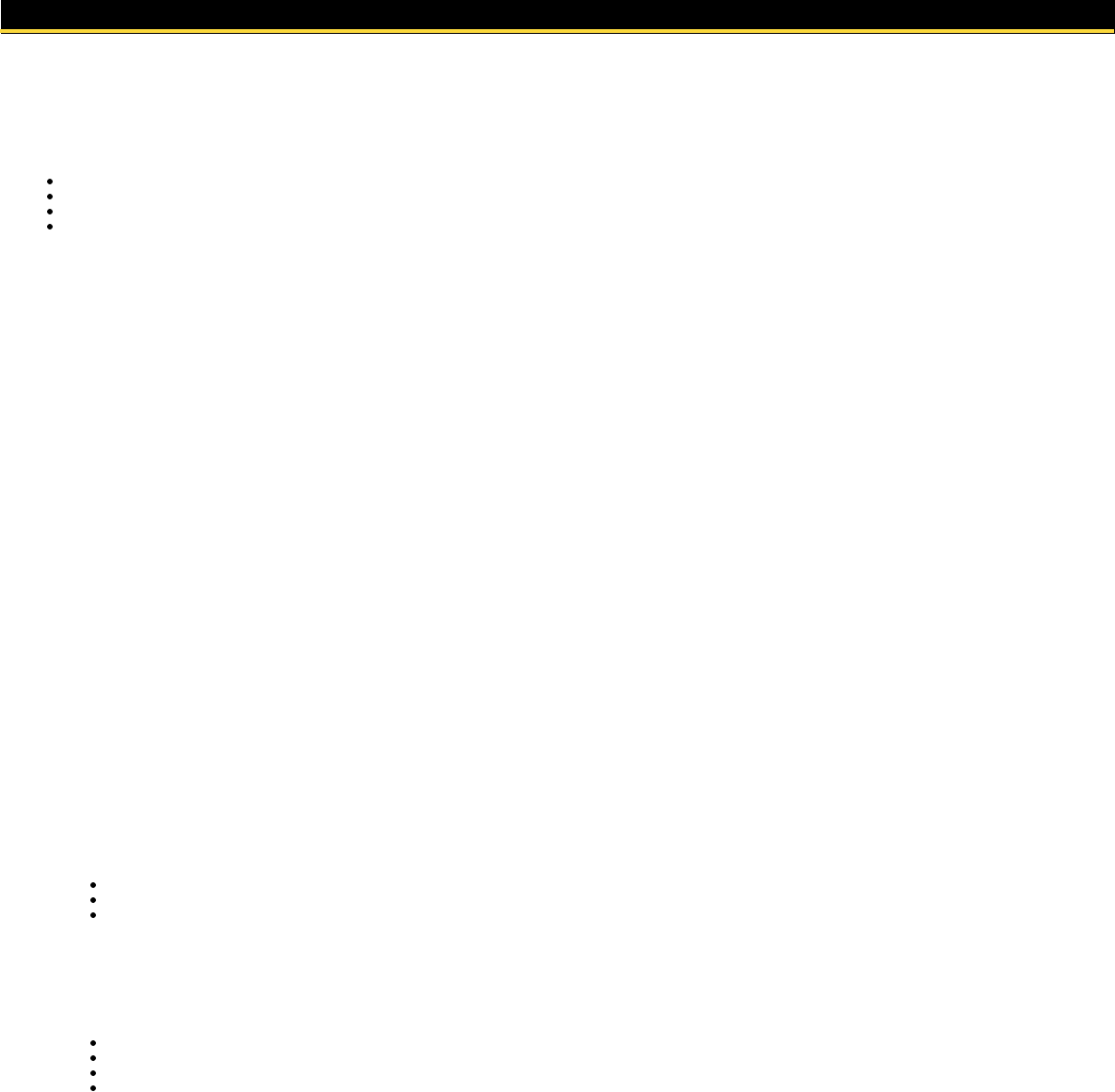
Financial Aid
About Financial Aid
Educational Costs
Satisfactory Academic Progress Policy
Financial Aid Office Contact Information
About Financial Aid
UW-Superior offers a variety of financial aid programs to assist students with their educational goals. During the 2017-2018 aid year approximately $19.7 million
was awarded through federal, state and university sources to provide scholarships, grants, loans, and waivers,along with work study earned, to undergraduate
students. Specific information can be found at www.uwsuper.edu/finaid
Financial aid is available to most students and limited to educational costs. These costs include fees, tuition, books and supplies, room and board,
transportation, and miscellaneous personal expenses. To receive financial aid, a student must complete the Free Application for Federal Student Aid,
commonly called FAFSA, at www.fafsa.ed.gov.
Students whose aid applications are finalized by the financial aid priority date will receive the first consideration for aid. Aid applications completed after the
priority date will receive aid packages as funds are available. Students must re-apply each year.
To be eligible for most financial aid, students must be enrolled as a degree-seeking or teacher certification student at least half time; this is six credits per
semester for undergraduates. They also must maintain satisfactory academic progress and comply with Selective Service registration, among other requirements.
Students enrolled less than half time may be eligible for financial aid on a limited basis according to current regulations. Students should be aware that
satisfactory academic progress for financial aid differs from academic standards for enrollment in the university.
Grants, scholarships and fellowships that exceed the cost of tuition, fees, books and required educational equipment and supplies are considered to be taxable
income and you may be required to pay taxes on it. For additional information contact a tax advisor.
Educational Costs
These are estimated costs used by the Financial Aid Office to determine financial need for each academic year. Actual current costs are available from the
UW-Superior Bursar/Cashier's Office located in Old Main, Room 136. Estimated tuition, fees, housing and meals costs for 2019-2020.
Tuition and Fees
(Based on full-time, on-campus enrollment September-May):
Wisconsin Resident Tuition and Fees: $8,132
Minnesota Reciprocity Tuition and Fees: $8,892
Nonresident Tuition and Fees: $15,706
Indirect Educational Costs
(Individual circumstances affect these costs. Contact the Financial Aid Office):
Books and Supplies: $970
Off or On-Campus Room/Board: $7,280
Travel: $1,280
Miscellaneous Personal: $1,800
Satisfactory Academic Progress Policy
All students must maintain Satisfactory Academic Progress (SAP) toward a degree to receive financial aid, including loans. Failure to maintain satisfactory
progress will result in the student having his/her financial aid suspended. All periods of enrollment, including those in which a student does not receive financial
aid, are assessed. A student who has been suspended by the financial aid office may file a petition to have his/her financial aid reinstated (see Appeal
Procedure below).
The UW-Superior SAP Policy has two components, Grade Point Average (GPA) and Pace of Completion. Both GPA and Pace of Completion are reviewed at
the end of Summer College for the purpose of Title IV aid and if the student does not meet both components at that time, they are placed on Financial Aid
Suspension. The Financial Aid Office monitors SAP annually, at the end of Summer College only. The Financial Aid Office will notify students if they have not
met SAP. Those students may file a Petition for Financial Aid Reinstatement with the Financial Aid Office.
Transfer students are assumed to be making satisfactory progress upon entering UW-Superior(i.e., financial aid suspension at another institution does not carry
forward).
Official 2019-21 UW-Superior Catalog: Student Services: Financial Aid
The Board of Regents of the University of Wisconsin System | 196 of 228
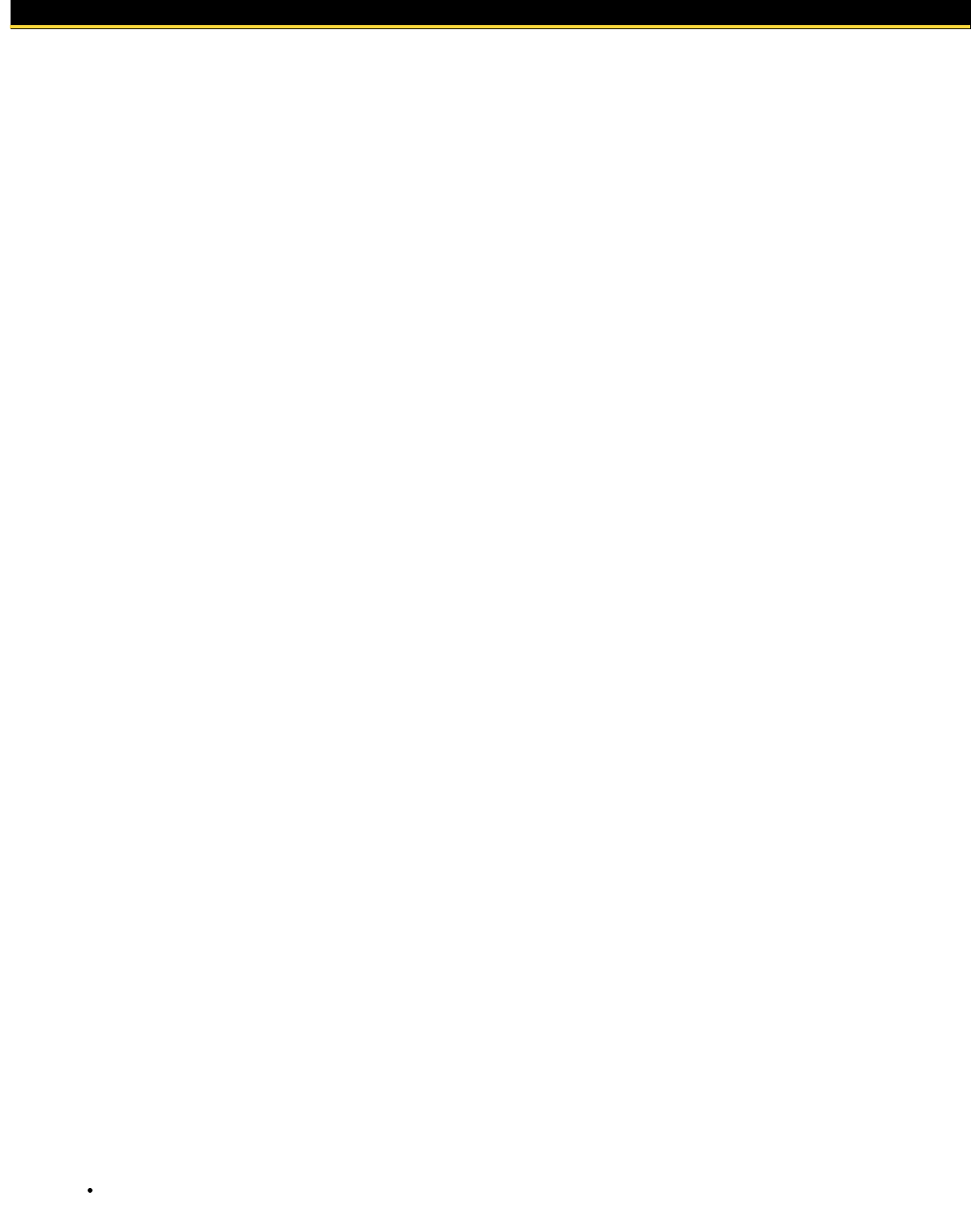
The obtaining of a degree, with the exception of an associate degree, automatically reinstates the student’s eligibility for financial aid.
Grade Point Average Standards
Students are placed on financial aid suspension whenever their cumulative grade point average drops below 2.0 for undergraduates; 3.0 for
graduates.
For SAP purposes, a repeated course grade does NOT replace the prior grade. ALL classes taken at UW-Superior are included when calculating cumulative
GPA for SAP. Transfer credits included for GPA by the Registrar's Office are also included when calculating cumulative GPA for SAP.
Pace of Completion Standards
There are two components to Pace of Completion: Credits Attempted vs. Credits Earned, and Progression through Program.
Credits Attempted vs. Credits Earned
Attempted credits are: credits enrolled in on the census date, credits added after the census date, and posted transfer credits. Incompletes and drops with
Withdraw (W) grades after the census date are counted as attempted credits. Remedial credits are counted as attempted credits. Financial aid may be received
for remedial coursework only if it is required for degree. Repeated courses are counted as attempted credits as many times as the course is repeated. Only the
most recent repeat of the course is counted as earned credits. Example: A student repeats a previously failed three credit class with a passing grade. Thus, the
student has attempted six credits and earned three. If both attempts of the class result in two grades of “F”, then the student has attempted six credits but
earned zero credits. Financial aid may be received for repeat coursework as many times as necessary to pass the course, if SAP is met. Financial aid is allowed
for only one repeat for a course in which a passing grade has previously been earned.
Credits attempted successfully are credits earned. The successful completion of credits attempted is credit for which a grade of A, A-, B+, B, B-, C+, C, C-, D+,
D, D-, P, or IP is received, and all posted transfer credits. Unsuccessful completion of credits attempted is credit for which a grade of F or I is received. If an I is
converted to a passing grade, it then counts as successful completion.
Suspension will occur when credits attempted vs. credits earned falls below 67%
Ex. Credits Earned/Credits Attempted = Pace of Completion (must be at or above 67%)
Progression Through Program (Maximum Timeframe)
Students may receive financial aid for no more than 150% of the published length of their currently enrolled academic program, measured in credits. For
example, a student’s current academic program is 120 credits. Financial aid may be received for no more than 180 credits, including transfer credits and
regardless of changes in major or degree. When pursuing a second bachelor’s degree, 60 credits will be disregarded from the calculation. When pursuing a
second master’s degree, 9 credits will be disregarded from the calculation.
A student who completes the academic requirements for a program but does not yet have the degree or certificate is not eligible for further financial aid for that
program.
Appeal Procedure
Students who do not meet the above standards for GPA or Pace of Completion may appeal, due to mitigating circumstances including but not limited to: the
death of a relative of the student, an injury or illness of the student, or other circumstances. A student has the right to submit a petition to the Financial Aid
Reinstatement Committee explaining the circumstances that prevented the student from meeting the standards of the SAP Policy, why that will change, and how
the student will again meet SAP. If the first petition is denied, the student may submit a second petition. If a second petition is denied, or a student chooses not to
petition, they may regain eligibility by raising their cumulative percentage rate above 67, raising their GPA to the requirement, or by following the
recommendation of the committee, if one is offered. There are no personal appeals and the decision of the Financial Aid Reinstatement Committee is final.
Students who successfully petition for financial aid reinstatement will be reinstated on Financial Aid Probation and given an Academic Plan, which will be
monitored at the end of each enrollment period. If the Academic Plan is not met, Financial Aid Suspension will once again occur. Students who meet the
conditions of their Academic Plan will remain on that plan until the required completion rate and/or GPA is met.
The Committee generally meets the week prior to the start of classes each term. Other meetings are scheduled on an as-needed basis. Students may contact
the Financial Aid Office for current information on meeting times. The results from actions of the committee will be emailed to the student following the meeting.
It is possible that the Committee may recommend a more aggressive Academic Plan for the student, which must be in place before aid will be reinstated.
Refunds and the "Return of Title IV Funds" Policy
According to Federal Regulation 34 CFR 668.22, when a recipient of Title IV grant or loan assistance withdraws from an institution during a payment period or
period of enrollment in which the recipient began attendance, the institution must determine the amount of Title IV grant or loan assistance that the student
earned as of the student's withdrawal date. There are two types of withdrawals: Official and Unofficial.
Official withdrawal dates are determined by the Registrar's Office based on the date the student submits their withdrawal.
An unofficial withdrawal occurs when a student receives an “XF” grade for the semester. The XF grade means the student did not complete the coursework and
quit attending class during the semester but did not officially withdraw from the class. The last date of attendance is determined by the instructors and reported
when they submit grades. If a last day of attendance cannot be otherwise determined, the student is assumed to have attended 50% of the enrollment period
and Return of Title IV Funds is calculated based on that date.
Calculation 1:
The Financial Aid Office (FAO) determines the amount of Title IV financial aid that has been disbursed to the student versus the amount of Title IV
financial aid that could have been disbursed to the student. In most cases the full amount of aid will have disbursed. In the instance that aid has not
Official 2019-21 UW-Superior Catalog: Student Services: Financial Aid
The Board of Regents of the University of Wisconsin System | 197 of 228
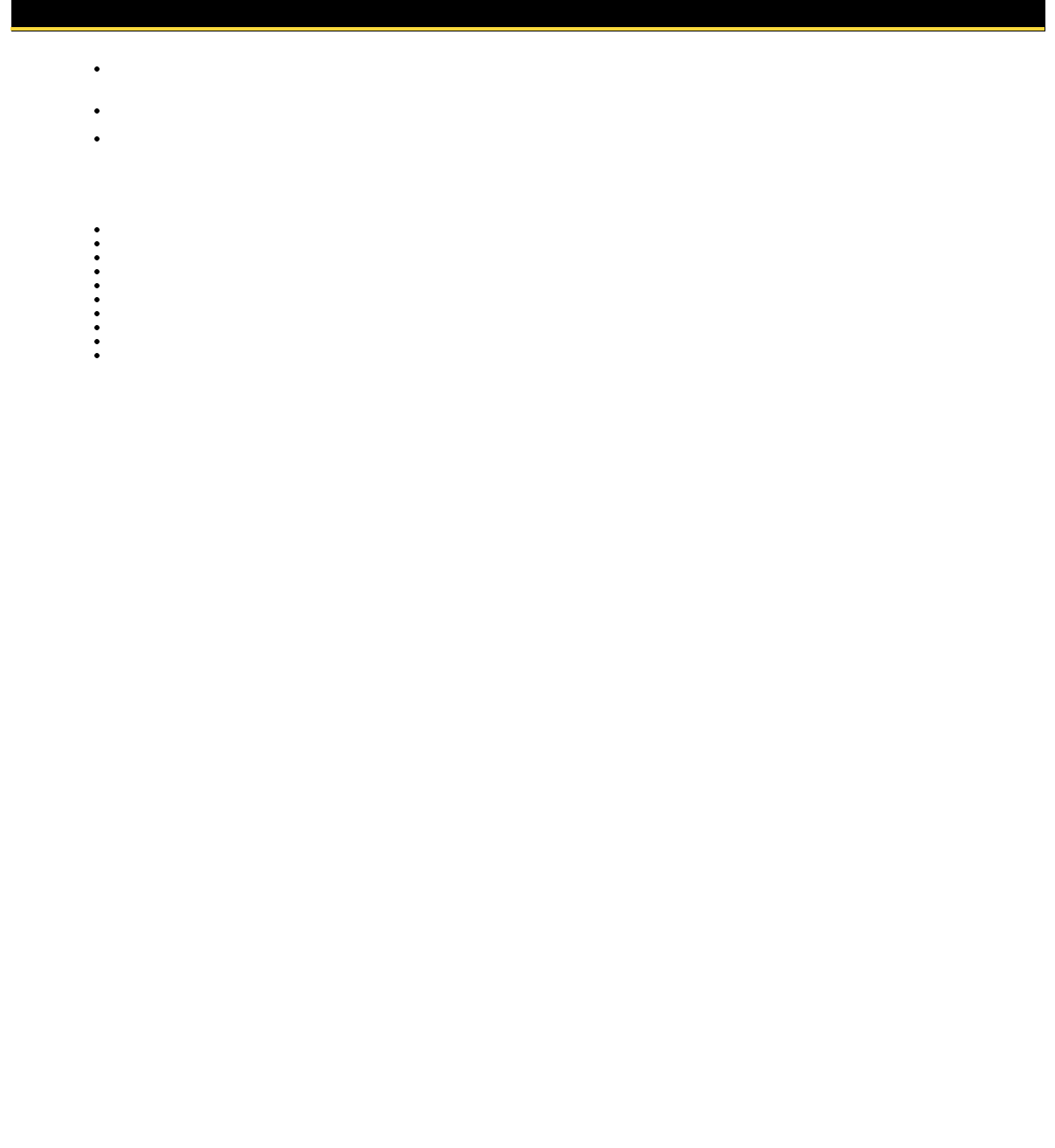
been disbursed, the student may be eligible for a post- withdrawal disbursement*.
The FAO determines the amount of time the student attended versus the total days of the semester. Breaks of five or more days during the semester
are removed from the total days of the semester. The calculation is represented as a percentage of aid the student has earned. This is multiplied by the
amount of Title IV aid disbursed and that could have disbursed. This is the amount of aid the student has earned.
The FAO then takes the amount of aid the student has earned and subtracts it from the total aid disbursed for the student. This is the amount of aid the
student has not earned.
The FAO also determines the amount of institutional charges that the student has incurred during their time of attendance. This amount is multiplied by
the percentage of unearned aid and represents the amount of unearned institutional charges.
The school reviews the amount of unearned aid versus the amount of unearned institutional charges, which is done within 30 days from the date the school
determined the student withdrew (officially or unofficially). The lesser of the amounts is the aid that is returned. The school has 45 days from the date the school
determined the student withdrew (officially or unofficially) to return this amount. Aid is return in the following order:
Direct Unsubsidized Loan
Direct Subsidized Loan
Perkins Loan
Grad PLUS Loan
Parent PLUS Loan
Pell Grant
Supplemental Educational Opportunity Grant (FSEOG)
TEACH Grant
Iraq and Afghanistan Service Grant
Other Federal, State, or Institutional Aid
A similar calculation will be done for State aid, and Institutional aid to determine the amount to be returned. A return of state and/or institutional funds will never
result in a balance owing for the student.
Calculation 2:
The Cashier’s Office will calculate the refund of institutional charges due the student per the University of Wisconsin refund policy mandated by the
State. Financial aid recipients are encouraged to contact the Financial Aid Office and the Cashier’s Office to be advised of the impact of withdrawing from the
university prior to initiating the process.
*Post-withdrawal disbursement (PWD)
If the student did not receive all of the funds that were earned prior to withdrawing, a PWD may be due. Once the Return to Title IV Funds is calculated, the
student will be issued a revised award letter indicating the change in aid, including the PWD if appropriate. PWD grant funds will disburse at the next scheduled
disbursement and first apply to any authorized charges at the institution before refunding to the student. If the PWD includes loan funds, the student must
give permission before the loan funds can be disbursed. Students will be notified of post- withdrawal loan disbursement eligibility within 30 days of the date of
withdrawal determination.
Consumer Information
Information required under the Higher Education Act of 1965, as amended, Title IV parts 668, 674, 675, 676, 682, 690, and 692 regarding, but not limited to,
eligibility and criteria for receiving and availability of financial aid, total educational costs of attending UW-Superior and refund policies can be obtained from the
Financial Aid Office, Old Main Room 110, 715-394-8200 or [email protected].
UW-Superior veteran enrollment requirements and standards of progress information are available from the Registrar's Office, Old Main Room 139,
715-394-8228 or [email protected].
The University is required through state statute (Assembly Bill 431) to share statistics with current students concerning crimes on campus and reported campus
incidents of sexual assault and date rape. As required by law, this information is distributed annually to students through the UW-Superior website (University
Police Department Daily Crime Report). In addition, federal laws, Student Right to Know Law and the "Campus Security Act" requires the university to inform
prospective as well as current students of similar crime statistics and information on student graduation rates. Students and the campus community are notified
of its availability through email and are provided a link to its location on the UW-Superior website.
The University is required to provide annually to every student and employee information concerning the university's policies on illicit drugs and alcohol. In
compliance with the Drug-Free Schools and Communities Act amendments of 1989, UW-Superior publishes and distributes this information annually. Additional
information is available on the university's website or may be obtained from the Office of the Dean of Students Office at the Yellowjacket Union, 715-394-8244 or
Financial Aid Office Contact Information
Financial Aid Office
University of Wisconsin - Superior
Old Main 110
Belknap and Catlin Ave.
P.O. Box 2000
Superior, WI 54880
Phone: 715-394-8200
Email:
Official 2019-21 UW-Superior Catalog: Student Services: Financial Aid
The Board of Regents of the University of Wisconsin System | 198 of 228

Office of International Programs
Mission Statement
Immigration Procedures
Insurance Requirements
Study Away
Financial Aid for Study Away
Faculty Led Programs
Wisconsin in Scotland
Other Study Abroad Programs
National Student Exchange
Contact Information
Mission Statement
The [NAME:OIP] provides assistance and services to current international students at UW-Superior. (International students are defined as students who are in
nonimmigrant status, such as an F-1 or J1 status. International students can get help with issues such as: adjusting to campus and community life; maintaining
U.S. immigration status; employment and internships; medical insurance; taxes; and personal, cultural or academic issues.
The office also conducts new international student orientation, hosts cultural events, and advises the World Student Association.
The office also manages all study away programs including faculty-led short-term programs, semester and academic year programs abroad, and the National
Student Exchange.
Immigration Procedures
Advisors trained in immigration regulations assist students in maintenance of lawful F-1 Student Status including such matters as full-time enrollment and good
academic standing, obtaining Social Security cards, and authorization for off-campus employment including both Curricular and Optional Practical Training.
Insurance Requirements
The University of Wisconsin System requires all F-1 students to have illness and accident insurance coverage. This requirement is for their protection
because medical care in the United States is very expensive. If a student does not have adequate insurance coverage, one serious illness, injury or catastrophic
medical emergency could mean financial ruin. In such a case a student would almost surely have to return home, which would mean the end of his/her
educational dreams in the United States. UW-Superior offers an affordable international student accident and sickness insurance policy underwritten by AIU.
With few exceptions, all international students are required to enroll in the UW-Superior international student health insurance program. Please
contact
[email protected] before purchasing any other insurance. Otherwise, a student may end up having to pay for two plans.
Please note that the UW-Superior policy covers illness and accidents only. It does not cover routine physical examinations, sports examinations, routine
vision or dental care. We strongly recommend that students take care of these needs in their home country before coming to UW-Superior, or while they are
home during University breaks.
The requirement to purchase our UW-Superior insurance policy can be waived ONLY for students who provide proof of national health insurance from their
home country that meets or exceeds the policy offered through UW-Superior. We cannot accept coverage from other U.S.-based insurance providers.
If you believe that your policy meets or exceeds the university coverage, you must complete and sign a waiver form and give us a copy of your valid policy
enrollment card NO LATER THAN THE END OF THE FIRST WEEK OF CLASSES. We will not read through your policy searching for the required
information. It is your responsibility to study your policy to determine the coverage level.
Study Away
Study Away is experiential learning at its best! Time spent overseas, or on another National Student Exchange (NSE) campus in the US, will open a window to
the world that broadens students' international and intercultural awareness. To function effectively in the increasingly global economy, U.S. students need to
acquire new perspectives, knowledge and skills to succeed. Study Away brings a fresh perspective to career choice and human relationships. Each student
returns home a changed person able to see the world through new lenses.
UW-Superior offers numerous short-term and semester/academic year opportunities for students to study in other countries or on other NSE campuses while
receiving course credit at the University. Information about Study Away programs is available from at www.uwsuper.edu/studyaway.
All credits earned through any Study Away program are listed on the official UW-Superior transcript and are used to calculate UW-Superior cumulative GPA.
Financial Aid for Study Away
Official 2019-21 UW-Superior Catalog: Student Services: Office of International Programs
The Board of Regents of the University of Wisconsin System | 199 of 228
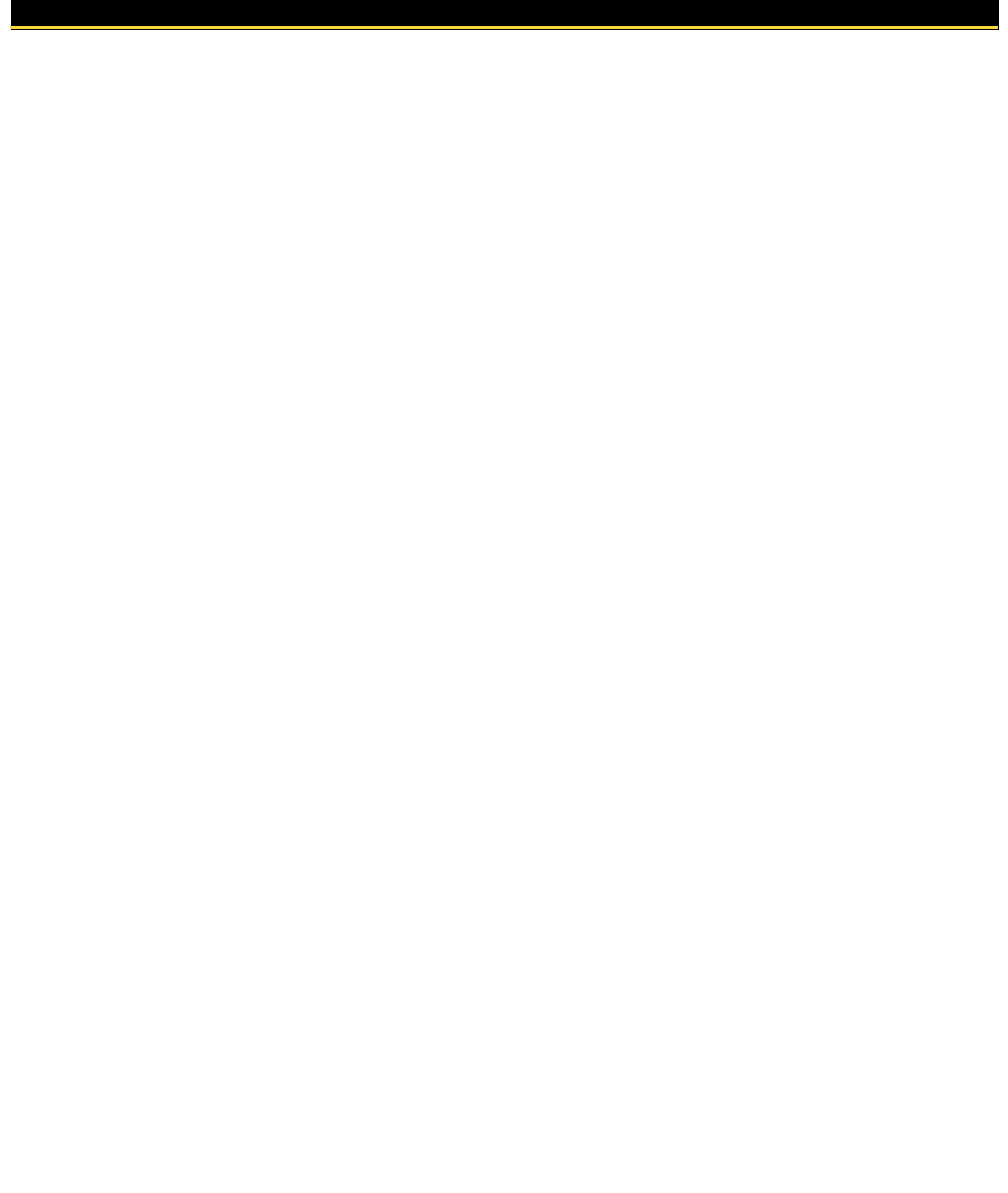
In nearly all cases, students' financial aid eligibility will transfer for study abroad, and they may be eligible for additional funding through grants,
scholarships, and loans. Our staff provides coaching in applying for scholarships such as the Benjamin Gilman.
Faculty Led Programs
Short-term programs led by faculty members are offered to a variety of destinations including Bali, Bosnia, China, France, Ghana, India, Mexico, Scotland
and Spain. New programs are developed on a regular basis. These programs which travel in January or May range from 3 to 9 credits and all include a
pre-course during the semester before departure. Requirements and program fees vary so please check with the program staff at
[email protected] for more information.
Wisconsin in Scotland
The Wisconsin in Scotland (WIS) aka Experience Scotland, program is an amazing experience that offers virtually limitless opportunities for educational
and personal growth. It is an opportunity full of challenges, new experiences, and great rewards and a chance to live in a Scottish castle/palace!
The Wisconsin in Scotland program is a facet of the West Central Wisconsin Consortium (WCWC), under the authority granted by the UW Board of
Regents. UW-River Falls, UW-Stout, UW-Superior, UW-Parkside, UW-Whitewater, UW-Colleges and Normandale Community College offer participation
in the WIS program to their students and faculty members. Students can participate for either one semester or for the summer program.
Courses are taught by faculty from the participating universities. There are also courses offered by British adjunct faculty during the fall and spring
semesters. All courses are designed to take advantage of the Scottish setting. Fall and spring semester students are required to enroll for a minimum of
15 or 12 credits, respectively. Summer participants are required to enroll for a minimum of 3 credits. During the semester program, there is the
opportunity for independent study/directed study courses and/or internships with home campus approval. The semester program allows time for
independent travel with a 10-day break and several long weekends. The summer program allows three days of travel/exploration most weekends. Many
cultural activities are included in each program. Information is at http://www.uwrf.edu/wisconsininscotland.
Other Study Abroad Programs
UW-Superior has bi-lateral exchange agreements with the Global Village Program at Yonsei University, Wonju, South Korea Carl von Ossietzky
University, Oldenburg, Germany; and participates in the Wisconsin-Hessen Exchange with several institutions in Germany.
A semester long experience Experience China set in beautiful Hangzhou provides a rich, cultural immersion with the comfort and safety of an organized
and well-staffed international learning community. As a student in the Experience China (ExC) program you will participate in a directed study of Chinese
culture alongside your general education courses. The relationship between the United States and China has been described as important not only for
the citizens of our two countries, but also for a new era of global development. Position yourself on the leading edge of this new era by immersing
yourself in the historic, diverse, and complex culture of China with the ExC program.
Students desiring an immersion experience in Spanish study at the Center for Interdisciplinary Education, CIME, in Costa Rica where a variety of
internship experiences are also possible and host-family homestays provide terrific opportunities for language practice.
Art majors will find a special niche at SRISA, the Santa Reparata International School of Art in Florence, Italy.
Teacher Education majors enjoy the many opportunities to student teach abroad or in other parts of the U.S. through the Educators Abroad Program.
In addition to programs sponsored by UW-Superior, UW-Superior students can participate in programs offered by sister institutions within the University of
Wisconsin System.
National Student Exchange
Spread your wings and fly away on The National Student Exchange, a consortium of over 180 universities in the United States, our territories and
Canada! To date, UW-Superior students have exchanged to campuses in 22 states, Puerto Rico and 5 Canadian provinces.
The NSE Program has been compared to a domestic study abroad program. Instead of crossing oceans, however, NSE students cross state, regional,
provincial, and cultural borders to take courses not available on their home campuses, expand their academic program options, reside in a different
region, be exposed to diverse cultural settings, seek out graduate and professional schools, and explore career options. The changes seen in student
attitudes, understanding of other people in other settings, maturity, risk-taking, and decision-making are similar to the experiences of students who study
internationally.
NSE is an unbelievable bargain! Our campus participates under Plan B in which a participating student pays tuition and fees at UW-Superior just as if he
or she were here, but all housing, meals, and other costs are paid at the host university. Most scholarships and financial aid will apply as usual.
Contact Information
University of Wisconsin - Superior
Belknap and Catlin Ave.
P.O. Box 2000
Superior, WI 54880
Official 2019-21 UW-Superior Catalog: Student Services: Office of International Programs
The Board of Regents of the University of Wisconsin System | 200 of 228

Online Learning
Mission Statement
Undergraduate Degree Programs Available to Online Learning Students
Communicating Arts Major
Elementary Education Major
Exercise Science Major
Health and Wellness Management Major
Interdisciplinary Studies Major
Individually Designed Major
Physical Education Major-Community/Public Health Promotion
Sustainable Management Major
Writing Major
Graduate Degree Programs Available to Distance Learning Students
Online Learning Contact Information
Mission Statement
The Online Learning program provides access to selected UW-Superior academic programs for learners who need a flexible study schedule or learning
opportunities regardless of location. Students may select enrollment through the Distance Learning Center when applying for university admission. The Center
offers online courses on a term basis that parallels the on-campus program. Students may complete a degree, enroll in individual courses, or earn credit through
prior learning. Financial Aid is available to qualified students, and designated scholarships for Online Learning students are offered by the UW-Superior
Foundation.
Undergraduate Degree Programs Available to Online Learning Students
Eight different undergraduate majors may be completed through the Online Learning:
Communicating Arts Major
The Communicating Arts major with a concentration in Speech Communication prepares students for opportunities in management, human resources,
sales, professional development, training, not-for-profit and community development, other business or organizational communication careers, as well as
graduate study. The major consists of 33 credits and requires a minor. For information about courses and requirements of this major, please refer to the
Communicating Arts section in the Undergraduate Academic Programs portion of this catalog.
Elementary Education Major
The Elementary Education major is available for Wisconsin licensure at Early Childhood through Middle Childhood (EC-MC, PreK-6th Grade) or Middle
Childhood through Early Adolescence (MC-EA, 1st Grade-7th/8th Grades) levels. Students must be able to complete a semester of student teaching in a
Wisconsin school. One three-week summer session in Superior and attendance at several one-day seminars/meetings in Superior are required.
For additional information about courses and requirements of this major, please refer to the Elementary Teacher Education section in the Undergraduate
Academic Programs portion of this catalog.
Exercise Science Major
The Physical Education major with a concentration in Exercise Science provides the knowledge and skills for career in areas such as adult fitness,
cardiac rehabilitation, or related fields. Students gain knowledge in human body structure, nutrition, and clinical exercise physiology. They also learn
about teaching, leadership, organization and administration, and safety and emergency responsibility skills.
For additional information about courses and requirements for this major, refer to the Physical Education Program of this catalog.
Health and Wellness Management Major
The Health and Wellness Management major is designed to equip students with the skills necessary to design, develop, implement, and maintain health
and wellness programs in the workplace. The 63-credit major incorporates coursework in human and population health, healthcare information
technology, marketing, leadership, and related subjects. For additional information about courses and requirements of this major, visit the website
hwm.wisconsin.edu and the Health and Wellness Management program section of this catalog.
Official 2019-21 UW-Superior Catalog: Student Services: Online Learning
The Board of Regents of the University of Wisconsin System | 201 of 228
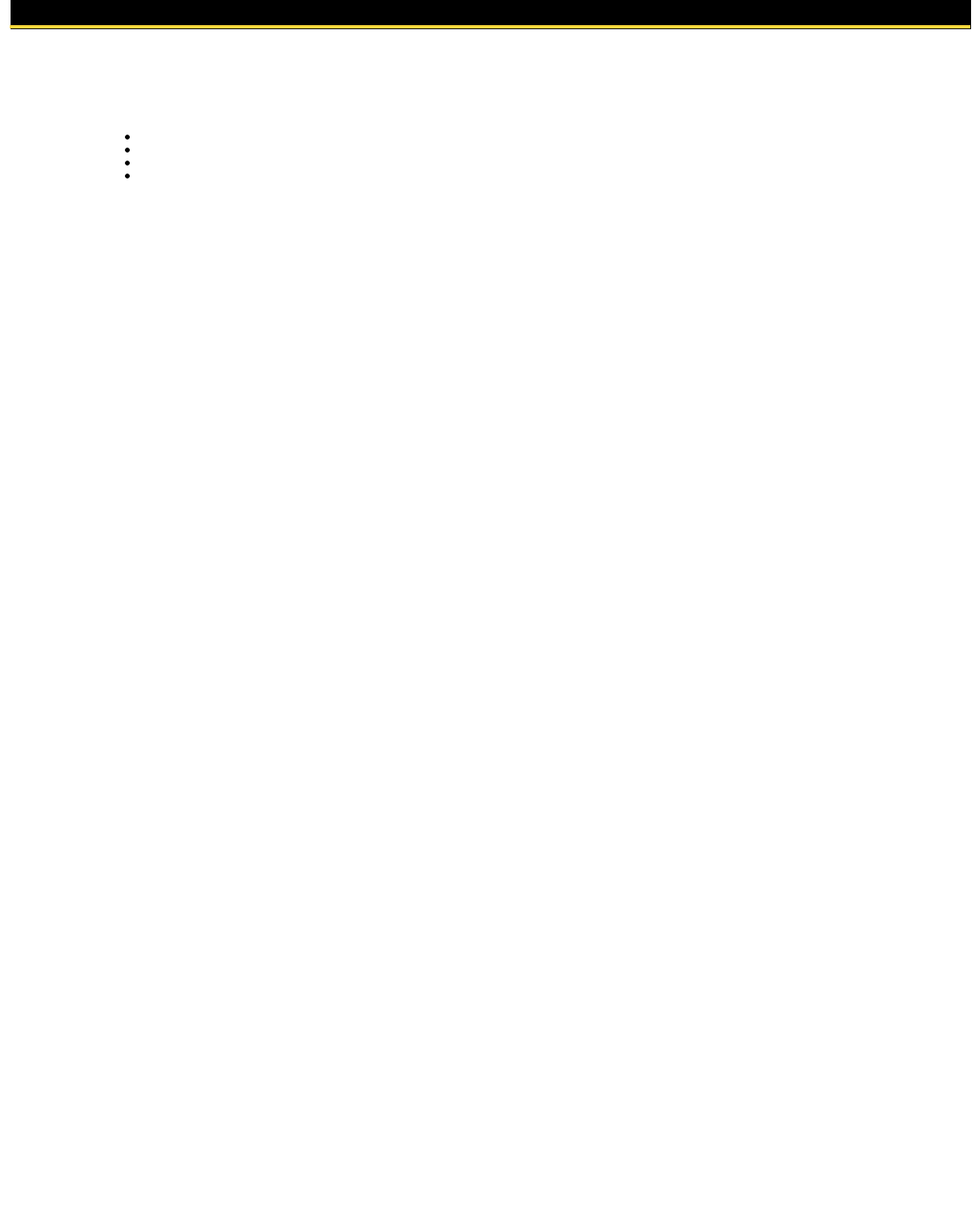
Interdisciplinary Studies Major
The Interdisciplinary Studies major is an individually designed liberal arts academic program which can be designed to meet educational, career or
personal goals. The Interdisciplinary Studies major:
requires a minimum of 51 credits (comprehensive major) or 33 credits with a minor
includes a minimum of three academic areas of study
must have a purpose, a theme, a rationale
includes a capstone experience
The major is designed by the student in consultation with an academic advisor and selected faculty. The approval process for the major includes the
advisor, faculty panel members from the selected academic areas of study, and the University Credits Committee.
For additional information about courses and requirements for this program, refer to the Interdisciplinary Studies Program of this catalog.
Individually Designed Major
Students who have a unique need for a major, and whose needs cannot be met by an existing major, have the option of developing an Individually
Designed Major (non-comprehensive). Working with their academic advisor, the student constructs a major course of study. The individually designed
major proposal must be signed by the student, his/her academic advisor, and the department chair representing the primary emphasis of the major. Once
required signatures are obtained, the student submits a petition to the Credits and Reinstatement Committee for review and final approval. The petition
may not be submitted before the second semester of the student's sophomore year, but must be submitted before the end of the student's junior year.
For additional information about courses and requirements for this program, refer to the Individually Designed Major section of this catalog.
Physical Education Major-Community/Public Health Promotion
The Community/Public Health Promotion concentration provides a solid foundational curriculum combined with practical experience through internship.
Students majoring in community/public health promotion may seek jobs in health fields including public health educators/coordinators, human resource
services, employee wellness, community wellness/fitness/education, county health departments, federal government agencies, as well as many other
health and wellness related areas. The Community/Public Health Promotion curriculum has been aligned with the Council on Education for Public Health
(CEPH) national standards.
For information about courses and requirements of this major, please refer to the Physical Education-Community/Public Health Promotion section in the
Undergraduate Academic Programs portion of this catalog.
Sustainable Management Major
The Sustainable Management Major is an interdisciplinary business management program that helps students gain a broad understanding of the ways in
which business systems, natural systems, and social systems intersect. The 63-credit major incorporates coursework in business management,
environmental science, natural resources, information systems, and logistics, all with a focus on sustainable practices. For additional information about
courses and requirements of this major, visit the website sustain.wisconsin.edu and the Sustainable Management Program of this catalog.
Writing Major
The Bachelor of Arts degree in Writing offers students depth of study in writing process and craft, creative and professional writing, and theories of
languages and rhetoric. Practice in diverse writing genres prepares students for a wide range of academic and professional goals. The degree program
will prepare students for many types of careeers in writing, including freelance work, technical writing, grant writing, editing, copywriting, and creative
writing. Our faculty and staff include many practicing and published writers and scholars.
For additional information about courses and requirements for this program, refer to the Writing Major section of this catalog.
Graduate Degree Programs Available to Distance Learning Students
Six different graduate degrees may be completed through the Online Learning:
Online Learning Contact Information
Online Learning
University of Wisconsin - Superior
Swenson Hall 3061
Belknap and Catlin Ave.
P.O. Box 2000
Superior, WI 54880
Email:
@uwsuper.edu
Official 2019-21 UW-Superior Catalog: Student Services: Online Learning
The Board of Regents of the University of Wisconsin System | 202 of 228

Official 2019-21 UW-Superior Catalog: Student Services: Online Learning
The Board of Regents of the University of Wisconsin System | 203 of 228
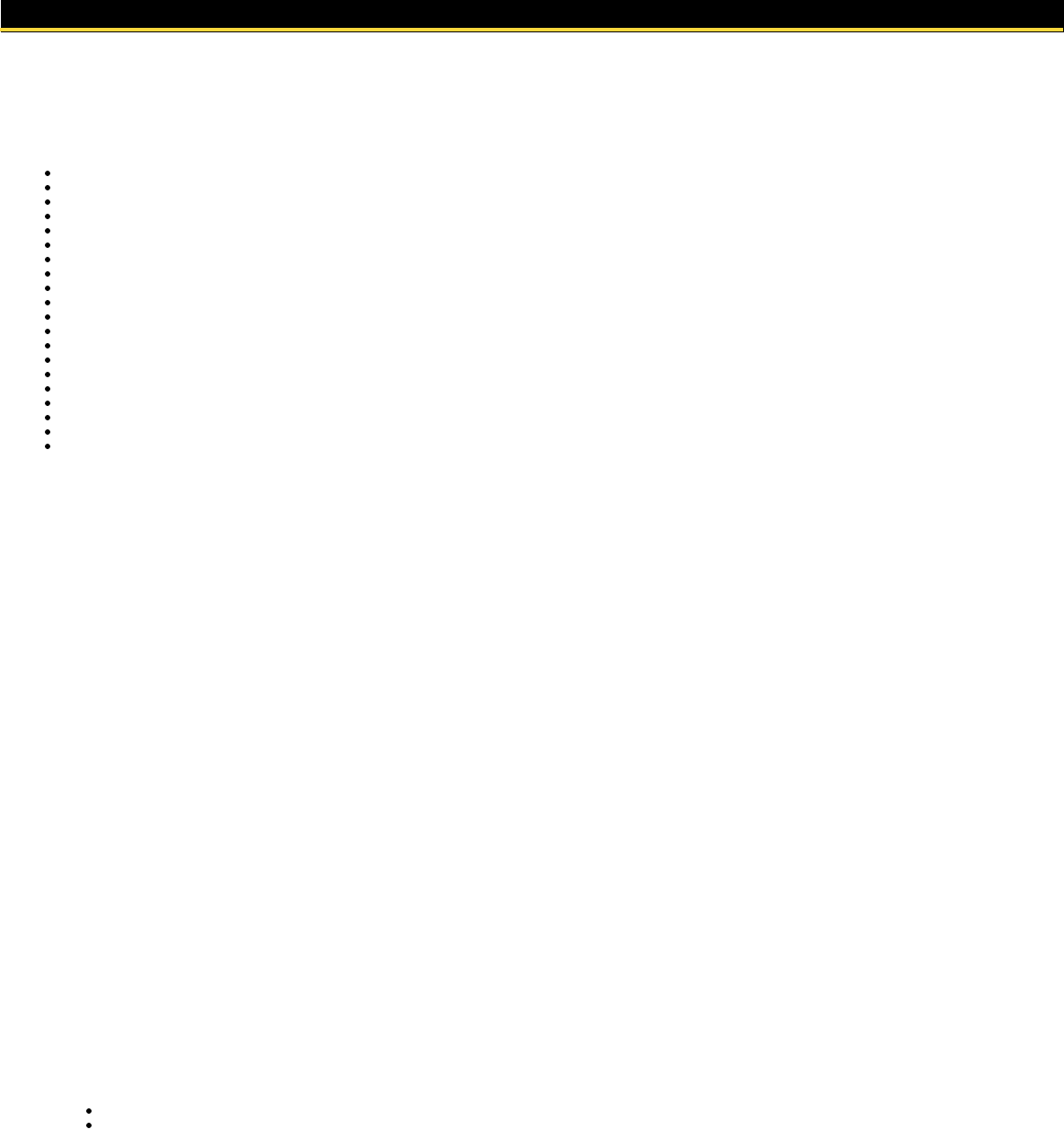
Registrar
Mission Statement
Academic Standing (Probation/Suspension)
Attendance
Commencement
Change in Catalog Requirements
Credit and Class Information
Data Privacy (FERPA)
Degrees Awarded: Definition and Requirements of Each
Grades
Name/Address Changes
Petition Appeals
Policies
Cross Registration
Registration and Registration Changes
Student Preferred Name Policy
Residency
Transfer Policy
Transcripts
Veteran Students
Registrar's Office Contact Information
Mission Statement
The Registrar's Office maintains and secures the official academic student record and coordinates all processes involved with the registration of classes and
processing of all curriculum changes. The office offers a variety of services including transcript evaluation and disbursement, enrollment verification, grade
changes, degree confirmation and graduation, official catalog, academic standing determination, residency appeals, athletic eligibility and serves as the
university compliance office for the Family Educational Rights and Privacy Act (FERPA).
Academic Standing (Probation/Suspension)
Successful movement towards goals combined with adequate acquisition of academic competence is a responsibility of the student. Students should choose the
academic pace that best meets their personal goals. The following standards have been defined for undergraduate students classified as freshmen,
sophomores, juniors, seniors, or undergraduate specials.
The policies and regulations listed below define the minimum academic standards of the University. A separate set of standards exist for financial aid and
athletic eligibility.
Academic standing is calculated after grades are processed for Fall, Spring, and Summer terms. Students whose semester or cumulative grade point average
falls below 2.0 are notified via email within two weeks of the end of the Fall, Spring, and Summer terms. Students should contact their advisor before the
beginning of the next semester to discuss potential modifications to the next semester's schedule.
Good Academic Standing
To be eligible to enroll for classes, a student must be considered to be in good academic standing. Students who have been suspended are not considered to
be in academic good standing and will be eligible to enroll for classes only after approved reinstatement. An exception to this policy is for summer college
enrollment. See the following section titled Academic Suspension.
Academic Probation
Students are placed on academic probation whenever one of the following occurs:
Cumulative grade point average drops below 2.0, OR
Semester grade point average is less than 1.66 regardless of the cumulative grade point average.
Students on probation must earn a 2.0 semester grade point average the following semester to move good standing. Good Academic Standing occurs once the
cumulative grade point average improves to 2.0 or higher. If students fail to earn a 2.0 semester grade point average, while on probation, they will be suspended.
Transfer students accepted with less than a 2.0 cumulative grade point average, from all previously attended institutions, are admitted on academic probation.
Suspended students readmitted by the Credits and Reinstatement Committee are readmitted on academic probation.
Academic Suspension
Students previously on probation whose semester grade point average fall below 2.0 are notified via email within two weeks of the end of Fall, Spring and
Summer terms that they have been suspended for the subsequent term. If students are enrolled in classes for the subsequent term, these classes are dropped
Official 2019-21 UW-Superior Catalog: Student Services: Registrar
The Board of Regents of the University of Wisconsin System | 204 of 228
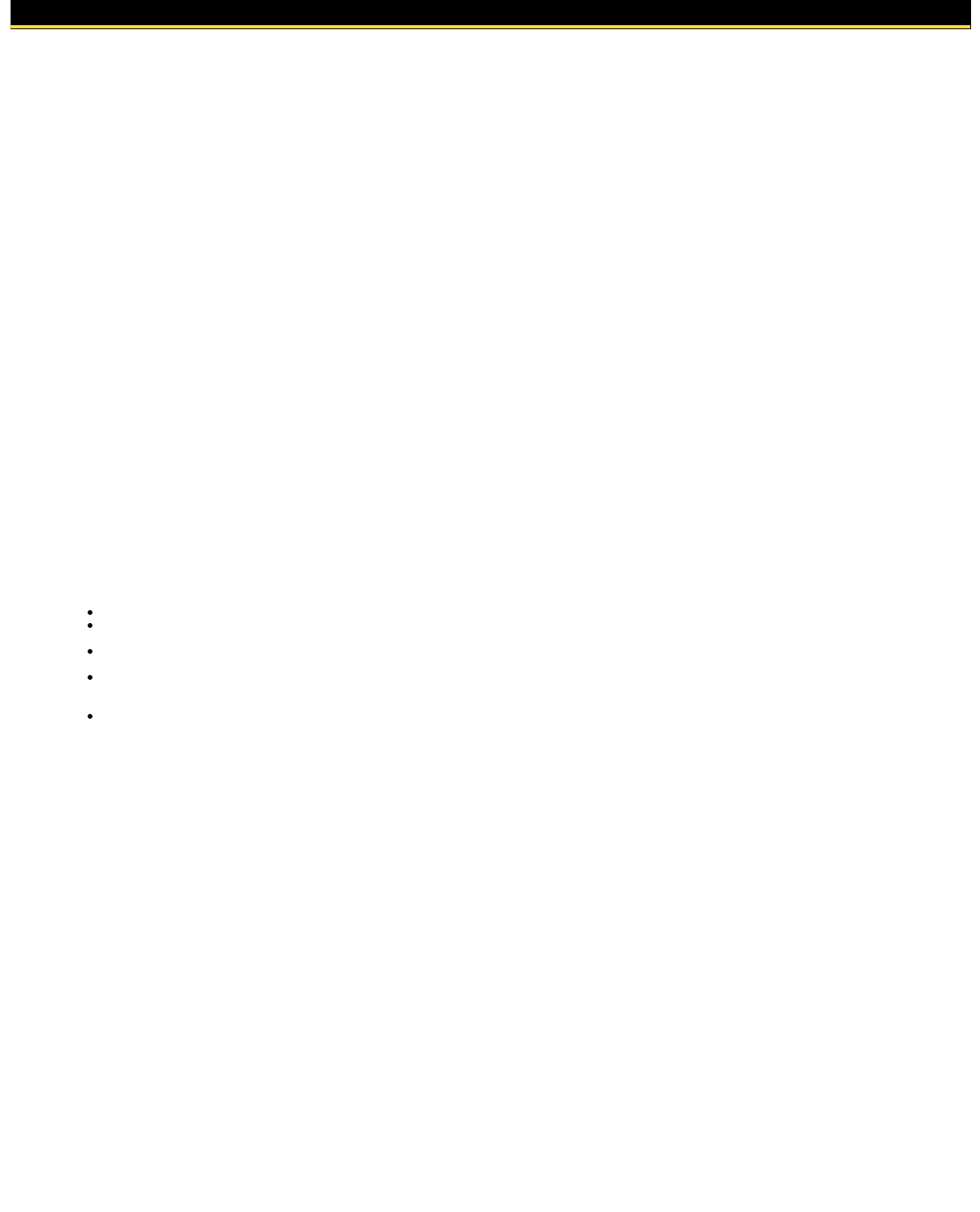
by the Registrar's Office.
Reinstatement
A student who has been suspended is ineligible to continue at the University for a specified period of time. Students allowed to return after suspension will be
readmitted on academic probation.
First suspension-A first suspension is for the period of one semester. Students who wish to return to the University after one semester of non-enrollment must
apply for re-admittance through the Admissions Office. A petition for reinstatement is not necessary after a first suspension, however students will be required to
seek advisement through the Academic Advising Center and their assigned primary advisor before registering for classes when returning. Students may petition
for reinstatement before the lapse of at least one semester if it can be demonstrated to the Credits and Reinstatement Committee that the academic suspension
was due to factors beyond the students' control and that the cause for the suspension has been removed.
Second or Following Suspensions-A second (or more) suspension is for a period of one year. Students who have been previously suspended must petition for
reinstatement through the Credits and Reinstatement Committee after one year of non-enrollment. Suspended students are required to petition for readmission
regardless of how long ago the suspension occurred, unless they have raised their cumulative grade point average over 2.0. Students are allowed to submit
reinstatement petitions at any time to the Registrar's Office. The last possible time to submit a reinstatement petition is three weeks prior to the beginning of the
term in which the student wishes to re-enter. Students may petition for reinstatement before the lapse of one year if they can satisfactorily demonstrate that the
cause for suspension has been removed. Students allowed to return will be required to seek advisement through the Academic Advising Center and their
assigned primary advisor before registering for classes when returning. Returning students must also meet any conditions the Credits and Reinstatement
Committee placed on approval reinstatements.
Re-entry transfer students must furnish official transcripts. Admission, even after the above waiting periods, is not guaranteed. It will be necessary for the
students to demonstrate that their studies can be successfully completed.
Personal Appeal
If a student's written Petition for Reinstatement is denied, the student may request a personal appeal requiring the student to meet with the Credits and
Reinstatement Committee personally. Students should be aware that a personal appeal must be supported by information and/or documentation over and
above what was provided on the written petition, if the appeal is to have a chance to succeed.
Academic Forgiveness
There are individuals, who for a variety of reasons have poor previous academic records. UW-Superior allows students who have not earned a baccalaureate
degree to submit a petition requesting academic forgiveness for up to two consecutive semesters if the following requirements are met:
A minimum of three years must have lapsed between when the student last attended UW-Superior and the date of the submitted petition request.
The student must have completed at least 24 credits at the 100 level or above (pass/fail credits do not count) at UW-Superior with a GPA of 2.30. These
24 credits must be completed following the semester(s) to be forgiven.
The student must submit with their petition form, a written letter explaining why academic forgiveness should be awarded, including the student's current
academic plan.
The semester(s) to be forgiven must contain at least one D or F grade in each semester. An entire semester (not individual courses) must be
considered for forgiveness. This means all courses within the forgiven terms, regardless of the grade earned, will no longer count toward fulfilling
major/minor/graduation requirements.
Students must petition for forgiveness at least one term prior to the term a degree/certificate is to be awarded. Students may choose up to two
consecutive terms to be forgiven. Students can request Academic Forgiveness only one time in their academic career.
Transcript Notation
When forgiveness has been granted, the student's transcript will be annotated to indicate the term(s) has been forgiven. The previous earned grades will still
show on the transcript to reflect the true academic history of the student; however, grade points and credits will be removed so that prior grades are excluded
from the computation of the student's official cumulative GPA.
This policy does not apply to graduate students. The Graduate Academic Standing Policy is AP1112G.
Attendance
Students are expected to attend all classes. Individual absences from class may be excused only by the instructor. Consult the course syllabus for proper
procedures for notifying the instructor in case of emergency.
Group absences for both off- and on-campus activities, such as field trips, music clinics, and athletic trips, must be cleared with the appropriate administrator
and a list of students participating be made available for publication. The list of students should be posted on the faculty/staff digest by the sponsoring authority.
Students absent for University-approved activities will be excused from class and allowed to make up missed course work. Instructors may require students to
complete a supplementary assignment in lieu of class attendance. It is the student's responsibility to directly notify instructors prior to the absence.
Accommodations for Pregnancy, Religious Beliefs
The Faculty Senate of UW-Superior reaffirms the obligation of the institution and its employees to make appropriate physical and academic accommodations for
students who are pregnant and who give birth during the academic semester; this includes the parent supporting those who are pregnant or giving birth. It is the
institution's obligation to provide appropriate accommodations for pregnancy and childbirth and should be clearly indicated in course syllabi, the UW-Superior
catalog, and all other locations that list University accommodation policies.
It is the policy of the Board of Regents that students' sincerely held religious beliefs shall be reasonably accommodated with respect to scheduling all
examinations and other academic requirements.
UWS 22.03 Accommodation of Religious Beliefs
Official 2019-21 UW-Superior Catalog: Student Services: Registrar
The Board of Regents of the University of Wisconsin System | 205 of 228
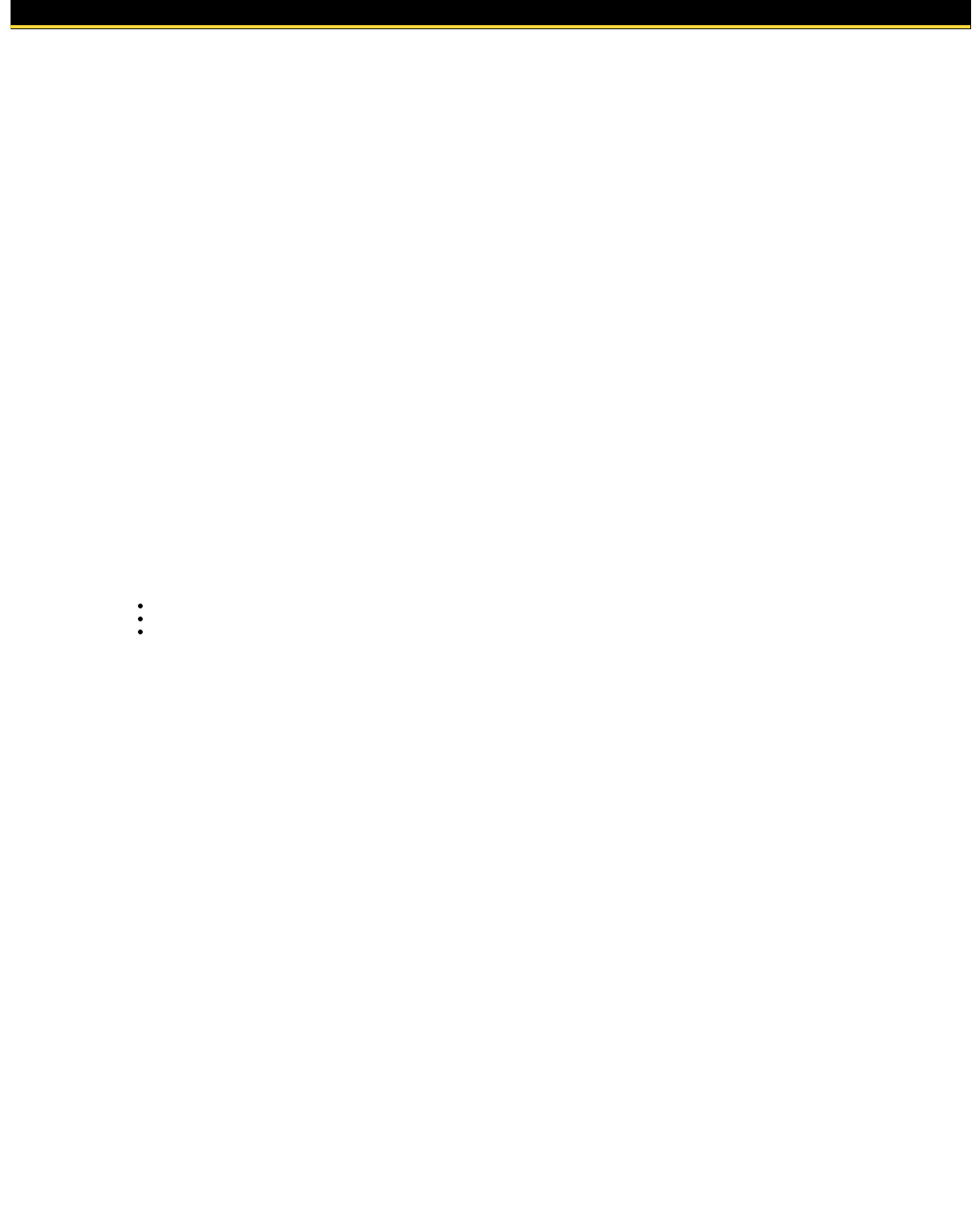
A student shall be permitted to make up an examination or other academic requirement at another time or by an alternative method, without any
prejudicial effect, where:
There is a scheduling conflict between the student's sincerely held religious beliefs and taking the examination or meeting the academic
requirements; and
a.
The student has notified the instructor, within the first three weeks of the beginning of classes (within the first week of summer session and
short courses) of the specific days or dates on which he or she will request relief from an examination or academic requirement.
b.
1.
Instructors may schedule a make-up examination or course requirement before or after their regularly scheduled examination or other academic
requirement.
2.
Instructors shall accept, at face value, the sincerity of students' religious beliefs.3.
Commencement
Application for Degree
Students planning to graduate must pay the $50 graduation fee and make application for a degree on or before the deadline date listed in the University's
Academic Calendar during their last term of attendance. The graduation fee does not include the cap and gown, which is purchased separately in the University
Bookstore. Students can apply online through their E-Hive account using the Application for Graduation link.
A senior will not placed on the list of candidates for a degree if the student begins the last term in residence (coursework must be UW-Superior credits) with a
grade point average lower than the minimum required for graduation. The last term must be spent in residence. Students who attempt to complete the
baccalaureate degree in absentia must have the approval of the University Credits Committee and complete the degree within one year.
All coursework must be completed and all grades that apply toward a degree must be received in the Registrar's Office within four weeks after the end of a
student's last term of attendance. If this deadline is not met, the student's name will be removed from the term's graduation list and the student will be required to
reapply for graduation. The Registrar's Office will not place a student's name on any future graduation lists unless a new degree application is received from the
student. If re-application is necessary, the application fee will be assessed again.
A student is not officially graduated until all grades have been received in the Registrar's Office and the student's record has been reviewed and cleared for
graduation. This process takes four to six weeks after the end of the term.
After the graduate has been cleared, the degree granted will be included on the transcript. An official transcript and diploma will be sent to the student's
permanent dress. If a replacement diploma is requested, the charge is $25.
Graduation Latin Honors Designations for Undergraduates
At UW-Superior there are two Graduation honors notes on the official transcript.
Graduation Honors are calculated using both the resident and transfer grade points for students who have earned a minimum of 30 semester credits in
residence, with at least 27 of those credits graded with letter grades. Graduating students must earn the minimum GPA at each of the levels of
distinction listed below:
Summa Cum Laude 3.850 and above
Magna Cum Laude 3.60 to 3.849
Cum Laude 3.4 to 3.599
1.
Major Honors are calculated using both the resident and transfer grade points from the courses that are required for the major. Graduating students
must earn the minimum GPA at each of the levels of distinction listed above.
2.
Change in Catalog Requirements
Students may choose to graduate from the catalog in which they were admitted, or a more recent catalog, as long as the student attended during the time period
of the catalog used; provided the catalog is not more than seven years old at the time of graduation. Transfer students may select the pertinent catalog of entry
which corresponds with the academic year they started at the previous institution or the UW-Superior catalog in effect at the time of transfer, or a more recent
catalog as long as the transfer student attended during the time period of the catalog used; provided the catalog is not more than seven years old at the time of
graduation. Mandatory legal changes may provide exceptions to these requirements.
Students may only graduate under one catalog; requirements for the degree, major, minor and University Studies must all be met using one catalog only.
Requests to graduation using a split catalog (major or minor or University Studies requirements from more one catalog) must be submitted on a student petition
form submitted to the Credits and Reinstatement Committee.
Students who do not complete course work for the degree within seven years must be graduated under the provisions of the current catalog. Any exceptions
regarding major or minor requirements must be approved by the academic department and submitted to the Registrar's Office via a course substitution form.
Any student who plans to graduate with course requirements or the required courses for any major offered by all academic departments that will be seven years
old at the time of graduation should be aware that the department retains the option to require the student to repeat any such courses. This policy applies to any
courses used to satisfy major requirements, regardless of the college or university that granted the credit initially.
The statements set forth in this catalog are for informational purposes only and should not be construed as the basis of a contract between a student and this
institution.
While the provisions of this catalog will ordinarily be applied as stated, UW-Superior reserves the right to change any provision listed in this catalog, including but
not limited to academic requirements for graduation and schedules for course offerings without actual notice to individual students. Every effort will be made to
keep students advised of any such changes. It is the students' responsibility to keep apprised of current graduation requirements for their particular degree
program by reviewing their Degree Progress Report (DPR) via their E-Hive account.
Credit and Class Information
Class Level Standing
Official 2019-21 UW-Superior Catalog: Student Services: Registrar
The Board of Regents of the University of Wisconsin System | 206 of 228
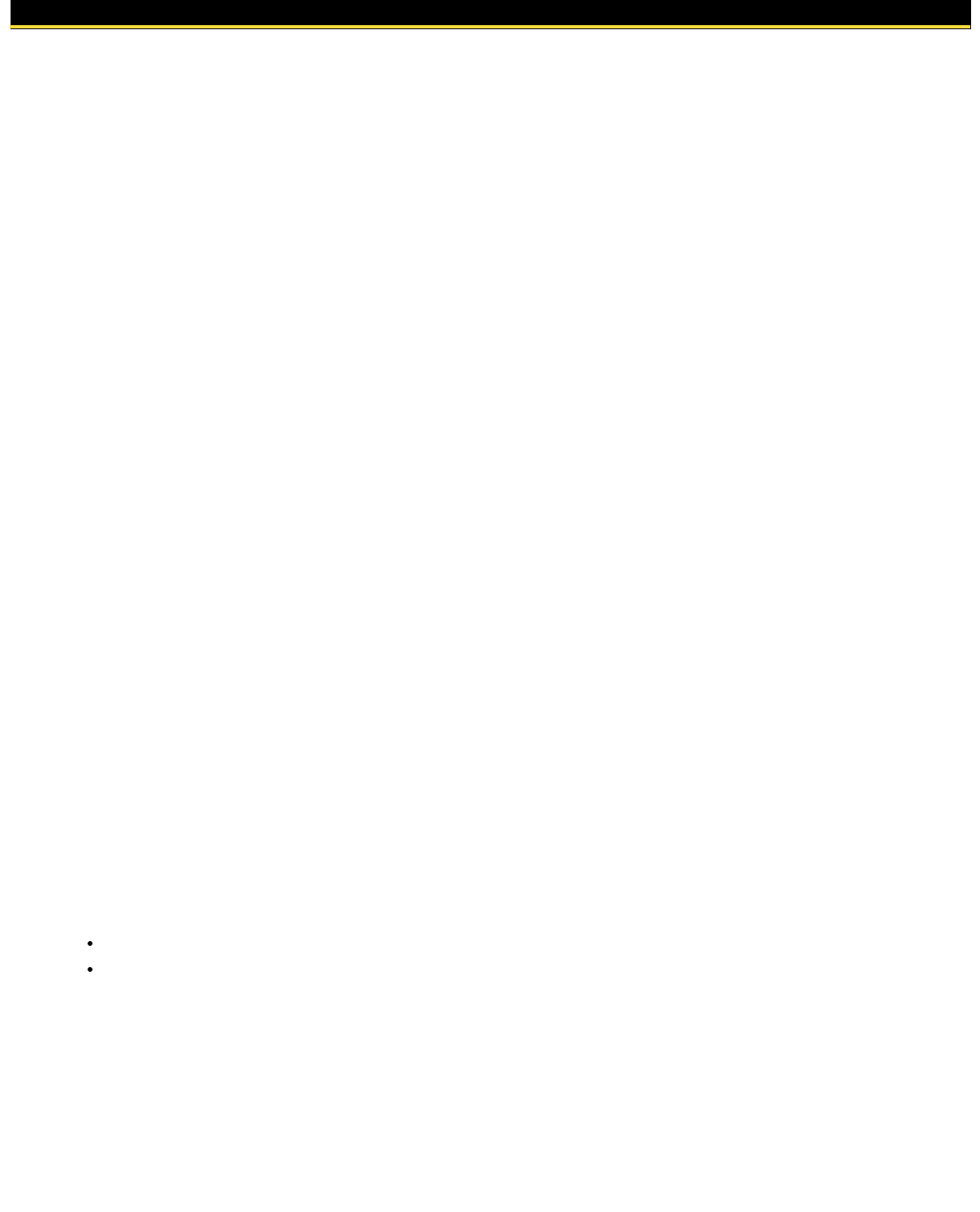
0 - 27 earned credits = freshman
28 - 55 earned credits = sophomore
56 - 83 earned credits = junior
84+ earned credits = senior
Course Numbering
Courses numbered 99 and below are considered non-college level and are referred to as remedial courses. These courses are not used to satisfy graduation or
degree requirements. However, the grades earned in remedial classes are used in calculating term and cumulative grade point average. Remedial credits are
also used in computing financial aid and athletic eligibility.
Courses numbered 100-299 are classified as lower-division courses. Faculty must assign D or F mid-term grades for all lower-division courses.
Courses numbered 300 to 499 are classified as upper division courses. A minimum of 36 upper-division credits are required for every bachelor's degree.
Courses numbered 500 and above are considered graduate-level courses. Students (in most cases) must be admitted as a graduate student to enroll in these
courses.
The first digit of the course number generally indicates class level for which the course is intended. Students are not encouraged to enroll in more than one year
above their class standing.
Credit Definition Credit Load
A class hour is defined as 50 minutes. The following definitions refer to number of class hours during a semester that is approximately fifteen weeks long, or an
equivalent amount of time for terms of longer or shorter duration.
One on-campus class credit is defined as 1 class hour of classroom or direct faculty instruction per week and an expectation of 2 class hours of out-of-class
student work each week.
One distance learning or hybrid class credit is defined as an equivalent amount of instruction and student work leading to equivalent learning outcomes, as
required for an on-campus class as defined above.
One laboratory credit is defined as a minimum of 2 class hours of work each week in a laboratory under the supervision of a lab supervisor/instructor and an
expectation of 1 class hour of additional out-of-class student work each week.
One studio credit hour is defined as a minimum of 2 class hours of studio work each week under the direct supervision of an instructor and a minimum of 2
class hours of individual studio work each week.
One ensemble music credit is defined as a minimum of 1 class hour of supervised rehearsal each week and a minimum of 2 class hours of individual student
work each week.
One internship or practicum credit is defined as at least 45 hours of supervised work in a field placement each semester.
One individualized study credit (e.g. thesis, independent and applied music) is defined as a minimum of 3 class hours of direct instruction and/or individual work
each week.
Credit Load
Full-time status is 12-18 semester credits for undergraduate students. Additional fees will be charged for credits over 18 and for Online Learning courses. Class
standing is determined by the number of credits earned, not by number of credits attempted. Students who are in academic difficulty or employed may find it
beneficial to take fewer credits than the maximum load. This load could be prescribed by the student's advisor or by the Credits and Reinstatement Committee.
Remedial Students: Students required to enroll in MATH 090 or 095 or WRIT 099 are considered remedial students. They are limited to 15 credits per term.
Students carrying credits in UW-Extension must include these credits in computing total load.
Semester Credit Load for Undergraduate Students
When enrolling in MATH 090, MATH 095, or WRIT 099: students may enroll for the semester in a total of 15 semester credits.
Freshmen (0-27 earned credits): may enroll in 17 credits; and 1 additional credit with advisor approval resulting in a total of 18 semester credits.
Sophomores (28-55 earned credits), Juniors (56-83 earned credits, and Seniors (84+ earned credits): regular load is 18 credits, and may enroll in 1
additional credit with advisor approval for a total of 19 semester credits.
If Sophomore, Junior, or Senior students' GPA is 3.0-3.49; regular load is 19 credits, and may enroll in 1 additional credit with advisor approval for a
total of 20 semester credits.
If Sophomore, Junior, or Senior students' GPA is 3.5-4.00; regular load is 20 credits, and may enroll in 2 additional credits with advisor approval for a
total of 22 semester credits.
Summer College Enrollment
Students enrolled in Summer College are limited to 14 credits per term. Full-time status for summer school is twelve credits for undergraduate students.
Undergraduates pay per credit for 1 to 5 credits. A block amount of tuition is paid for 6 to 9 credits and Undergraduates enrolled for 10 or more must pay a per
credit incremental rate.
The maximum load for Graduate students during the summer session is one credit per week of attendance or nine semester credits for a nine-week session.
Graduate students pay per credit.
Foreign Language Retroactive Credit
Official 2019-21 UW-Superior Catalog: Student Services: Registrar
The Board of Regents of the University of Wisconsin System | 207 of 228
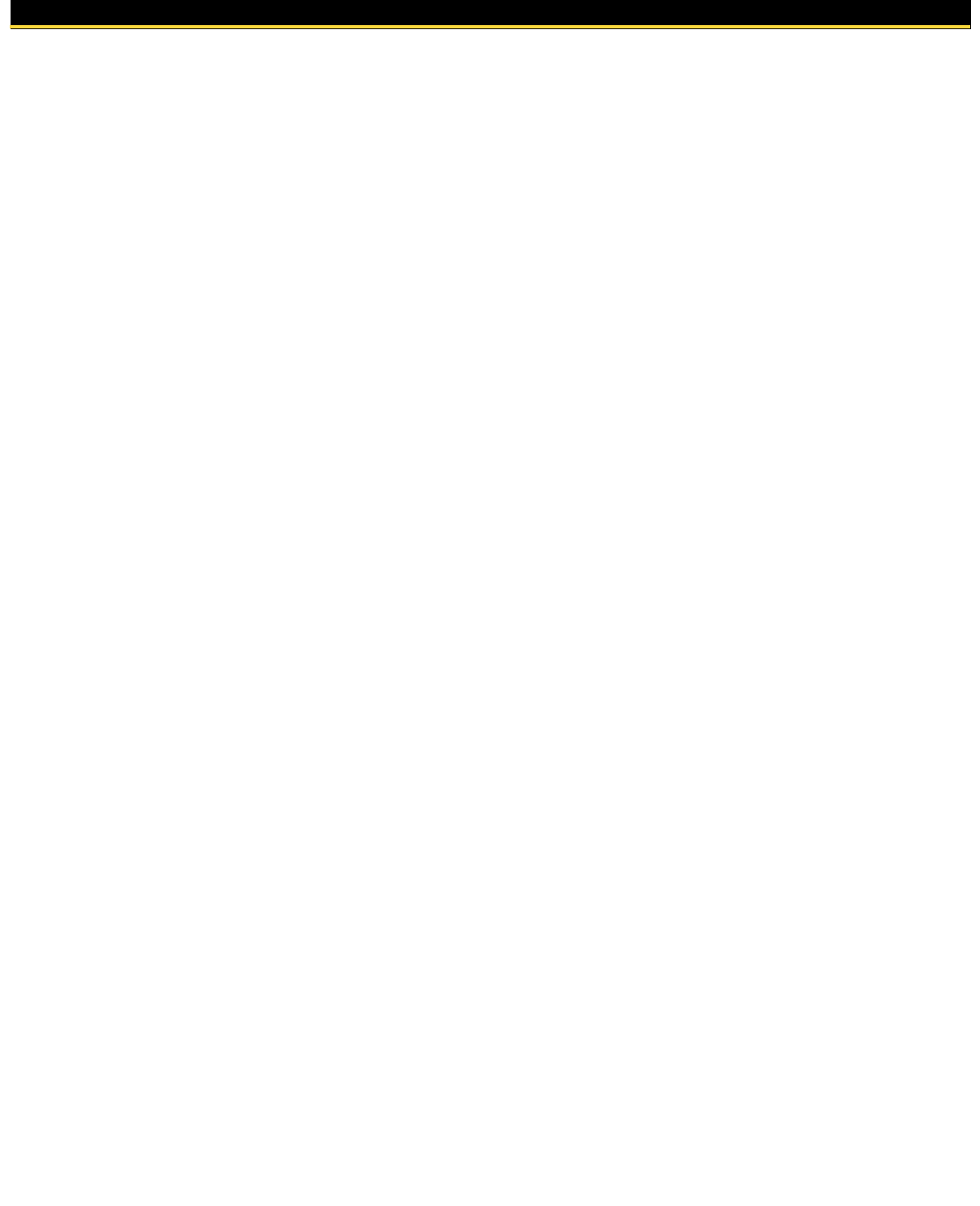
Retroactive Credit is transcripted for students who acquire learning in vertical content courses in which higher levels are dependent on skill and knowledge
learned at lower levels. If lower level learning can be demonstrated to the satisfaction of faculty who offer vertical content course such as foreign languages,
students may request to enroll in the higher level course. Students who earn a grade of B- or higher in the higher level course will be awarded retro-credit posted
on the official transcript in the term in which the higher level course was completed.
Retroactive credits for lower level language courses are only awarded for completing courses numbered 102, 201 or 202, or a 300- level course with a grade of
B- or higher. For example, if students place into a 300- level foreign language course and earn a B- or higher, they would receive retroactive credit for 101, 102,
201 and 202 in that foreign language, and it would be posted to the official transcript. Retroactive credits are not awarded for upper division language courses.
Students should ensure the faculty teaching the higher level course complete and send the Retroactive Credit form to the Registrar requesting the posting of
retro-credit.
Credit for Prior Learning
Students may acquire knowledge and skills through and by experiences which are not necessarily tied to the traditional coursework. It is the philosophy of this
University to allow students to demonstrate their learning and pursue credit through several options:
Departmental Examinations1.
CLEP or DANTES Exams2.
Advanced Placement exams3.
International Baccalaureate4.
Faculty Assessment5.
Students transferring to UW-Superior may transfer up to 48 semester credits acquired through credit by examination in those courses and disciplines for which
credit by examination opportunities are provided at UW-Superior; this includes CLEP/DANTES exams. Because credit for prior learning is awarded rather than
earned at UW-Superior, credits awarded through prior learning methods will not count toward the 30 resident credits required for graduation.
A. Departmental Examinations: Departmental examination opportunities may be available in courses offered for undergraduate credit based on departmental
decision. Accordingly, academic departments will designate those courses eligible for departmental examination and will determine the standards, methods, and
procedures for course content and credits.
Procedure:
Students must make arrangements with the appropriate academic department.a.
Submit the Departmental Credit by Examination form to the Cashier along with the $100 per course administration fee before taking the
examination.
b.
A receipt showing payment of this fee will be verified by examiners at the time the examination is scheduled.c.
Submit the completed and signed form to the Registrar's Office so that the course is entered on the official transcript.d.
1.
Where departmental examination credit is awarded, a grade of P/pass will be assigned as determined by the faculty in the department. Credit earned
through examination will be so noted as such on the student's transcript. Courses completed by departmental examination will not be computed in
determining students' grade point averages. Grades of F/fail will not be transcripted.
2.
Students will not be allowed to earn credit by departmental examination in courses in which they already have earned a grade.3.
Students will not be allowed to repeat an examination for credit in a course in which they have previously attempted to gain credit by examination.4.
Academic departments will provide opportunities for departmental examinations during the registration period and the first three weeks of each
semester or summer school session. Departmental examination credits must be received in the Registrar's Office no later than the end of the fifth week
of the semester to be recorded for that semester.
5.
B. CLEP-DANTES (DSST) Examinations: Students at UW-Superior may receive college credit for passing scores on certain examinations offered by the
College Level Examination Program (CLEP) and the Defense Activity for Nontraditional Educational Support (DANTES or DSST). CLEP and DANTES tests are
offered online only. The following policies and procedures must be followed to earn credit for CLEP or DANTES:
CLEP or DANTES Only students enrolled at UW-Superior may receive credit for CLEP or DANTES examination credit is awarded only for course
exams approved by UW-Superior faculty. Learn more about CLEP Tests.
1.
Only students enrolled at UW-Superior may receive credit for CLEP or DANTES examinations. Students who take examinations before actual
enrollment at UW-Superior will receive college credit only after enrolling.
2.
Students who complete CLEP or DANTES exams at other institutions, will have to request the official CLEP or DANTES transcript be sent to
UW-Superior to have credit awarded.
3.
Credits awarded at UW-Superior for CLEP/DANTES may, or may not be, transferable to other institutions. Transfer of credit is at the discretion of the
institution to which students are transferring.
4.
When successful on a particular examination, students are awarded credit for the course (no grades are awarded). Failure on an exam is not recorded
on student records. Students can repeat the examinations six months after the initial examination.
5.
Normally, students will not be allowed to gain credit by examination for courses in which they already have earned a grade.6.
C. Secondary school students who have participated in the Advanced Placement (AP) Program in high school may have college credit awarded based on AP
exam scores.
Credit may be awarded for a score of 3 or above on appropriate examination.1.
Determine scores that equate to UW-Superior courses.2.
D. Secondary school students who have participated in the International Baccalaureate (IB) Program in high school may have college credit awarded based on
IB exam scores.
Determine scores that equate to UW-Superior courses.1.
E. Credit for Prior Learning through Faculty Assessment. Students may pursue credit based on documentation and/or prior learning through two methods:
Based on previous certification1.
Through portfolio2.
1. Pursuing credit based on previous certification: Students who have completed outside coursework, professional certification, or technical college courses
outside of existing articulation agreements may have appropriate faculty review the coursework for transcription into credits. Examples include CPT, American
Sign Language, Pilot Licensure, or other professional certifications or exams. Documentation such as but not limited to a license, certificate, or official test score
must be submitted for credits to be considered.
Procedures:
The student makes arrangements with appropriate academic department.a.
Submit the Credit for Prior Learning Through Faculty Assessment form with documentation for faculty assessment.b.
Upon receipt of signed form for any credits awarded, submit the administrative fee of $100 to the Cashier.c.
Submit the receipt and signed form to the Registrar for credit transcription.d.
1.
Pursuing credit through Portfolio: A written portfolio is created by the student that articulates his/her knowledge gained through extensive work and life
experiences that equate to learning outcomes for a particular course. The portfolio will contain Learning Outcome Essays and documentation.
Documentation should be included in the portfolio to support claims made in the Learning Outcome Essays. Documentation can include but is
not limited to such items as writing samples, certificates, licenses, photographs, and letters of support.
a.
Evaluation will be on a P/pass or F/fail basis.b.
2.
Transfer of Portfolio credits: 3.
Official 2019-21 UW-Superior Catalog: Student Services: Registrar
The Board of Regents of the University of Wisconsin System | 208 of 228
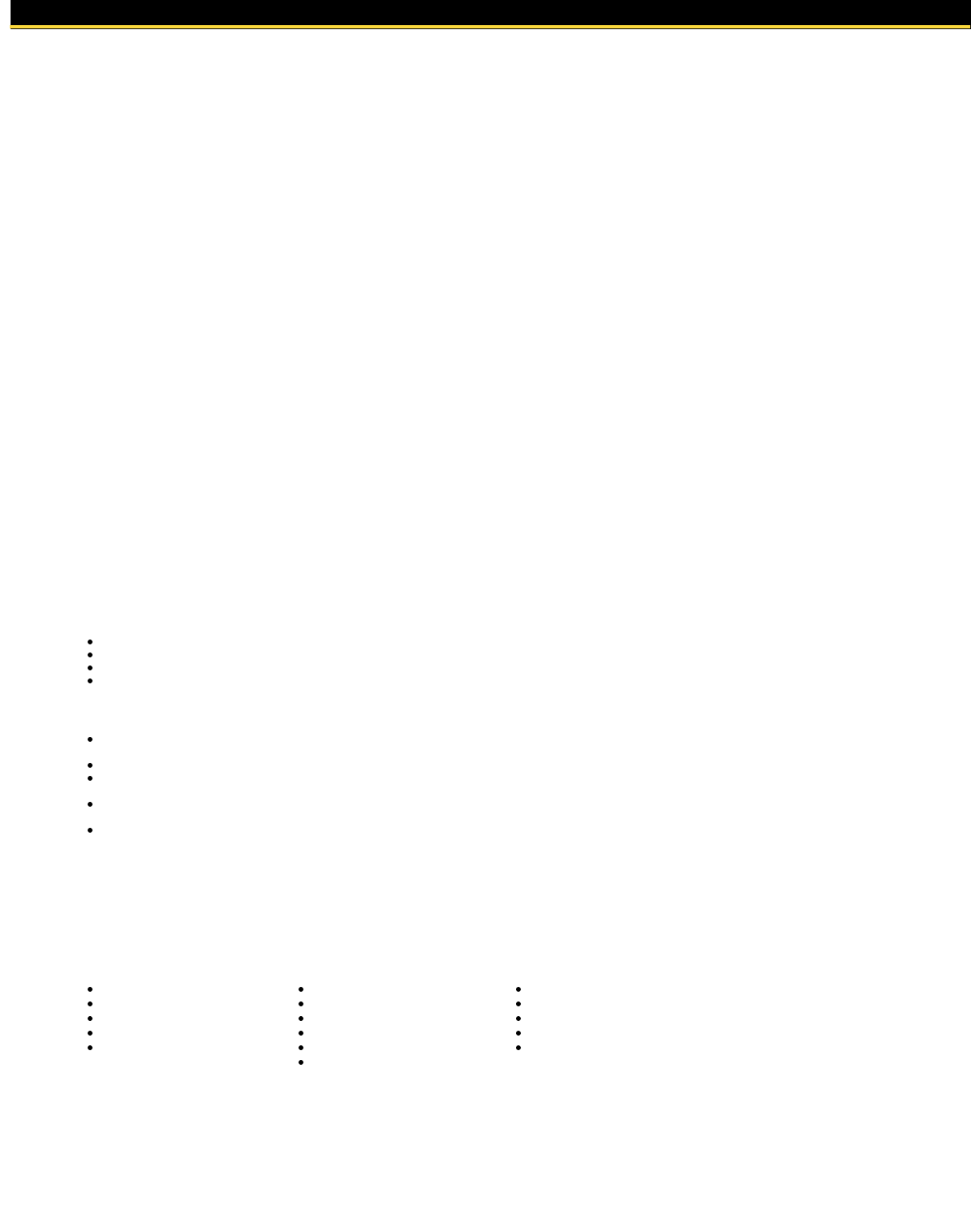
Portfolio credits usually do not transfer to another institution. Whether or not to accept credits earned through portfolio at the discretion of the
institution to which a student is transferring.
a.
The university accepts credit awarded for prior learning through portfolio assessment by other regionally accredited colleges and universities,
through the same process used to award transfer credit.
b.
Fees are assessed thusly: $100 administrative fee plus tuition of $75 per each 3 credits pursued. Fees are paid upon submission of the portfolio for
assessment.
4.
Students may enroll in WRIT 298, a 1-credit course that offers guided help and feedback during the portfolio process. This is not required.5.
Procedures:
Students must make arrangements with the appropriate academic departments.a.
Enroll in WRIT 298 if desired.b.
Submit the Credit for Prior Learning Through Faculty Assessment form and portfolio to the appropriate academic department/s. For
assessment within the same academic semester, portfolios should be submitted 4 weeks before the last day of finals in a given semester.
c.
Submit administrative fee plus tuition to the Cashier. Tuition and fees must be paid when the portfolio is submitted, before assessment.d.
Faculty will assess the portfolio, determine any credits awarded, and sign the form with a deadline of the last day of finals in the semester in
which the portfolio is submitted.
e.
Students will collect the portfolio and signed form with any credits awarded and submit it to the Registrar's office for transcription.f.
6.
Excess Credit Policy
Students accumulating more than 165 credits (or 30 more than required for a baccalaureate major, whichever is greater) toward their first undergraduate degree
will pay the full cost of instruction (which is double the amount of tuition only). This covers all resident undergraduate students including students pursuing a
double major. Exceptions include undergraduate special students, students pursuing post-baccalaureate certification or licensure, and Minnesota reciprocity
students (until such time that Minnesota adopts a similar surcharge).
The policy applies to all UW System-earned credits and WTCS transfer credits accepted toward a degree. Credits transferred from other institutions as well as
other types of credit or coursework for which credit may be awarded (such as advanced placement, retroactive credits, credits by examination, remedial credits,
etc.) are not included in the credit limit.
The additional cost is applied to students in the semester following the one in which they reached the earned the credit limit. The Registrar's Office notifies
students in advance, via a mailed letter, when they have reached 145 credits.
Appeals for exceptions, because of extenuating circumstances, may be made to the Excess Credit Appeals Committee, which is comprised of the Registrar, the
Bursar, and the Financial Aid Office Director.
Data Privacy (FERPA)
The Family Educational Rights and Privacy Act of 1974 (FERPA) as amended: Sets forth requirements regarding the privacy of student records. Specifically,
FERPA governs:
The disclosure of education records maintained by an educational institution; and
Access to these records
Notification by the institution to students of their FERPA rights
Learn more about the Family Policy Compliance Office
Education records: Records, handwritten or in any media, (including conduct records) that are directly related to a student and maintained by the University of
Wisconsin-Superior (UW-Superior) or by a party acting for the institution. Records NOT protected by FERPA include:
records of instructional, administrative, and educational personnel which are the sole possession of the maker and are not accessible or revealed to
any individual except a temporary substitute
records maintained by UW-Superior security/law enforcement unit
records of employment which relate exclusively to individuals in their capacity as employees (records of students employed by the UW-Superior as a
result of their status as students are education records, e.g. work-study)
records created, or maintained by a physician, psychiatrist or other recognized professional acting in his or her professional capacity (including
counseling and health records)
Alumni records which contain information about a student after s/he is no longer in attendance at UW-Superior and which do not relate to the person as
a student.
Student: A person, who attains the age of 18, or who attends an institution of higher education regardless of age, who is enrolled in a UW-Superior credit or
non-credit course.
Directory Information
UW-Superior considers the following Directory Information and WILL release this information WITHOUT the written consent of the student.
Full Name
Major or Program
Previous Colleges Attended
Full or Part-Time Status
Home Town
Academic Honors
Email Address
Athletic Achievements
Athlete Height & Weight
Class Level (Fr., So., Jr., Sr.)
Address (campus & home)
Withdrawal Date
Dates/Terms Enrolled
Degrees/Certificates Awarded and Date Conferred
Phone number(s)
Photographs
Students may submit a "Directory Information Restriction Request" form to the Registrar's Office to prevent directory or non-directory information from being
released. This Restriction form is valid for one year and must be re-submitted if the student intends for the restriction to be in effect for a longer period of time.
The Solomon Amendment
This law requires universities to release the information listed below regarding enrolled students to the military for recruitment purposes. Students may restrict
this disclosure to the military only by restricting all disclosure of Directory Information.
Official 2019-21 UW-Superior Catalog: Student Services: Registrar
The Board of Regents of the University of Wisconsin System | 209 of 228
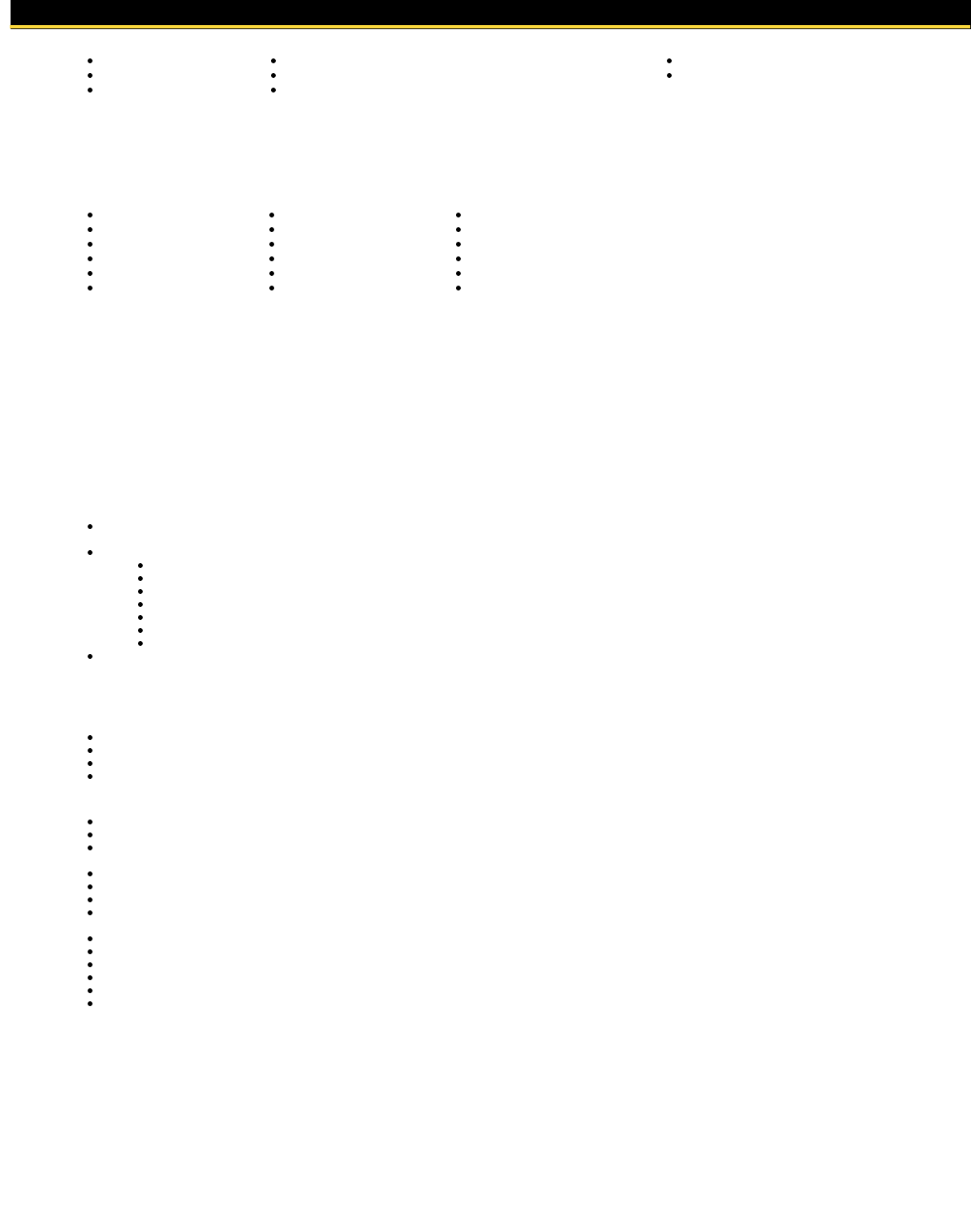
Name
Date and Place of Birth
Degrees Received
Address
Levels of Education
Most recent educational institution enrolled in by the student
Telephone Listings
Academic Majors
Non-Directory Information
UW-Superior considers Non-Directory Information to include, but not to be limited to the following, and therefore will NOT release this personally identifiable
information without the student's written consent, or as specified in this policy.
Date of Birth
Class Schedule/Roster
Age
Transcript
Gender
Citizenship
Academic Standing
Social Security Number
Student ID Number
Parent Address(es)
Race/Ethnicity
Country of origin
Entrance Exam Results
Grades
Semester Grade Point Average
Cumulative Grade Point Average
Student Account Information
Financial Aid Information
Upon request, UW-Superior discloses education records without consent to officials of another institution that a student seeks or intends to enroll, or where the
student is already enrolled so long as the disclosure is for the purposes related to the student's enrollment or transfer.
Disclosure of Non-Directory Information
UW-Superior may disclose non-directory information from students' education records, without student's written consent, to school officials who have a
legitimate educational interest in the records, or to certain other individuals or organizations, as specified below. The release of information to those described
below does not constitute authorization to those individuals or organizations to share that information with a third party without the student's written consent.
A school official is
A person, organization, or company who is employed by, contracting with, or properly authorized by the Board of Regents, UW-Superior, or state law to
perform administrative, supervisory, academic, research, or support functions for UW-Superior.
This definition includes, but is not limited to:
law enforcement personnel;
health staff;
certain appropriate students;
field supervisors;
contractors, such as attorneys, auditors, or collection agents;
those properly authorized to serve as official board or committee members; or
any others properly authorized to assist another school official in performing his or her professional responsibilities for UW-Superior.
A school official must abide by all applicable policies and procedures regarding confidentiality of education records.
A school official has a legitimate educational interest if:
The official needs to review an education record in order to fulfill his or her professional responsibility. Those professional responsibilities may include, but are
not limited to:
Performing a task that is specified in his/her position description or by a contract agreement
Performing a task related to a students' education
Performing a task related to the academic or behavioral conduct of a student
Conducting research that benefits students and/or the University.
Other permissible recipients of such disclosures are:
The US Department of Education, the Comptroller General, state or local educational authorities
Organizations conducting certain studies for, or on behalf of UW-Superior
Organizations conducting research for educational agencies or institutions for developing, validating or administering predictive tests; administering
student aid programs; and improving instruction.
Accrediting organizations
Comply with a judicial order or lawfully issued subpoena, including ex parte orders under the US Patriot Act.
Appropriate parties in a health or safety emergency
A victim of a crime of violence or nonforcible sex offense when the information is related to the final results of the disciplinary preceding conducted by
UW-Superior
Those who seek sex offender registry information required from those required to register as sex offenders under state or federal law
Officials at other institutions in which the student has already enrolled or seeks to enroll in
International sponsors
State and local officials to whom information is specifically required to be reported by a state law as permitted by FERPA
Parents of a dependent student, as identified on federal tax forms
Parents of students, under the age of 18 at the time of the disclosure, who have violated any law or any institutional policy governing the use or
possession of alcohol or a controlled substance
The Registrar shall decide the legitimacy of requests for permissible disclosures of student information.
Valid Subpoenas
If the Registrar is served with a valid subpoena requesting student information, the Registrar must comply with the request. Before doing so, the Registrar shall
attempt to notify the student of the subpoena in advance of compliance so the student may seek protective action, unless the disclosure is in compliance with a
subpoena issued by an agency that has ordered the contents of the subpoena, or the information furnished in response to the subpoena, not be disclosed.
Student Class Schedules
Official 2019-21 UW-Superior Catalog: Student Services: Registrar
The Board of Regents of the University of Wisconsin System | 210 of 228
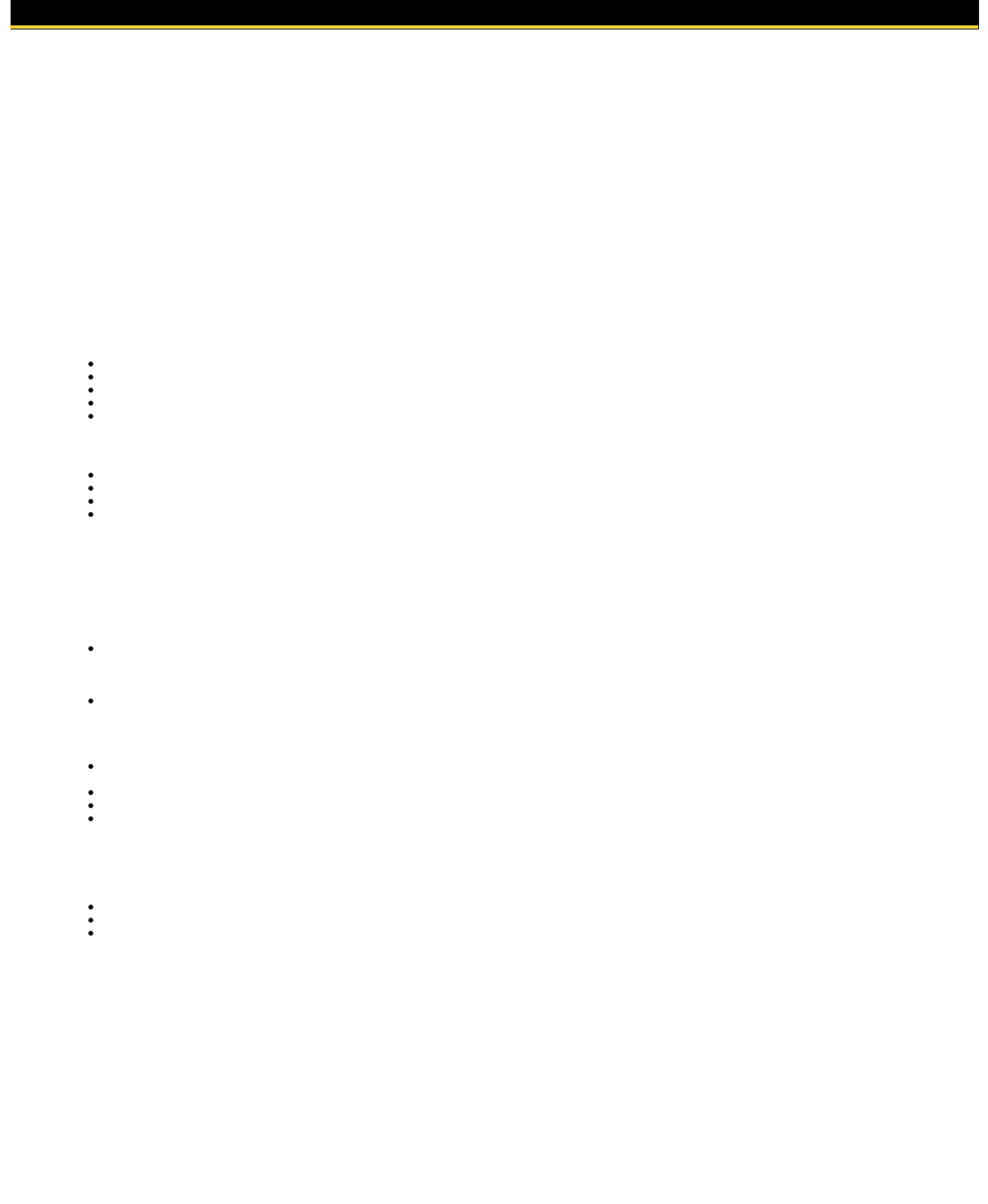
The Registrar's Office will not release current class schedules or locations for any student, unless that information is requested pursuant to a valid subpoena, as
described above. In the event of an emergency that involves the health and/or safety of an individual, UW-Superior will deliver a message to a student.
Otherwise, it is the responsibility of all students to make available their whereabouts to parents, children, spouses or anyone else they deem appropriate.
Deceased Students
Information on deceased students may be made available to survivors or third parties via a request to the Registrar. An individual student's rights under FERPA
are no longer valid upon death of that student.
Record of Requests for Disclosure
UW-Superior must maintain a record of each request, with the exceptions listed below, for access to, and disclosure of, personally identifiable information from
education records. The record of each request for access and each disclosure must contain the name of the parties who have requested or receive information
and the legitimate interest the parties had in requesting or obtaining the information.
A record does not have to be kept if the request was made by or disclosure was made to:
An eligible student
A school official who has been determined to have a legitimate educational interest
A party with written consent from the eligible student
A party seeking directory information only
A student serving on an official committee or assisting another school official
Thus requests for, or disclosure of education record information without a student's written consent, which UW-Superior is required to record, would include, but
is not limited to:
Disclosure to the parent (either custodial or noncustodial) of an eligible student
Disclosure in response to a lawfully issued court order or subpoena
Disclosure for external research purposes where individual students have been identified
Disclosure in response to an emergency
These records must be maintained with the education records of the student as long as the records are maintained by UW-Superior.
Student Rights Under FERPA
FERPA affords students certain rights with respect to their education records. These rights include:
The right to inspect and review educational records; requests will be complied with no later than 45 days from the date of the student's written request,
which is to be directed to the Registrar's Office. Students do not have the right to receive a copy of their record unless failure to do so would prevent
them from inspecting and reviewing their record, such as when the student no longer lives within commuting distance. The Registrar may arrange for
these students to inspect the requested records at a college or university located closer to the student.
The right to request the amendment of education records, which the student believes are inaccurate, misleading or otherwise in violation of the student's
rights of privacy. If the Registrar does not agree with the student's request to amend his/her education records, the student may submit a written
request to the Dean of Students Office Office asking for a formal hearing on his/her request. The Dean shall make the final decision regarding the
student's request. If the student disagrees with the decision of the Dean, he/she may submit a written statement which will be placed in his/her official
record commenting on the disputed information.
The right to give or to withhold consent to disclosure of personally identifiable information contained in the student's education records, except to the
extent that FERPA authorizes disclosure without consent;
The right to file with the US Department of Education a complaint regarding UW-Superior's compliance with the requirements of FERPA;
Records relating to individuals who apply for admission but are not admitted or do not enroll are not protected by FERPA; and
The right to receive notification of rights granted by FERPA.
Student Notification
New and continuing students are notified of their FERPA rights each semester via message on the Student Digest.
New students are notified of FERPA rights at all SOAR (summer orientation and registration) events.
Everyone can access UW-Superior's Student Data Privacy (FERPA) policy.
The Registrar's Office is the primary contact for all student information inquiries.
Access to Public Records
The archivist has been designated by the chancellor as the custodian of all public records maintained at UW-Superior. Requests for records should be made
directly to the designated custodian during normal office hours or by mail addressed to Jim Dan Hill Library, University of Wisconsin-Superior, 715-394-8343 .
Records which are readily available will be provided promptly.
If an extensive search is required, the person making the request will be notified of costs when they reach a level of $50 or more. Copying charges are 5¢ per
page. If copies of records are to be mailed mailing, processing and copying charges will be made. Should the total charge exceed $5, the charges must be
prepaid.
Degrees Awarded: Definition and Requirements of Each
Official 2019-21 UW-Superior Catalog: Student Services: Registrar
The Board of Regents of the University of Wisconsin System | 211 of 228
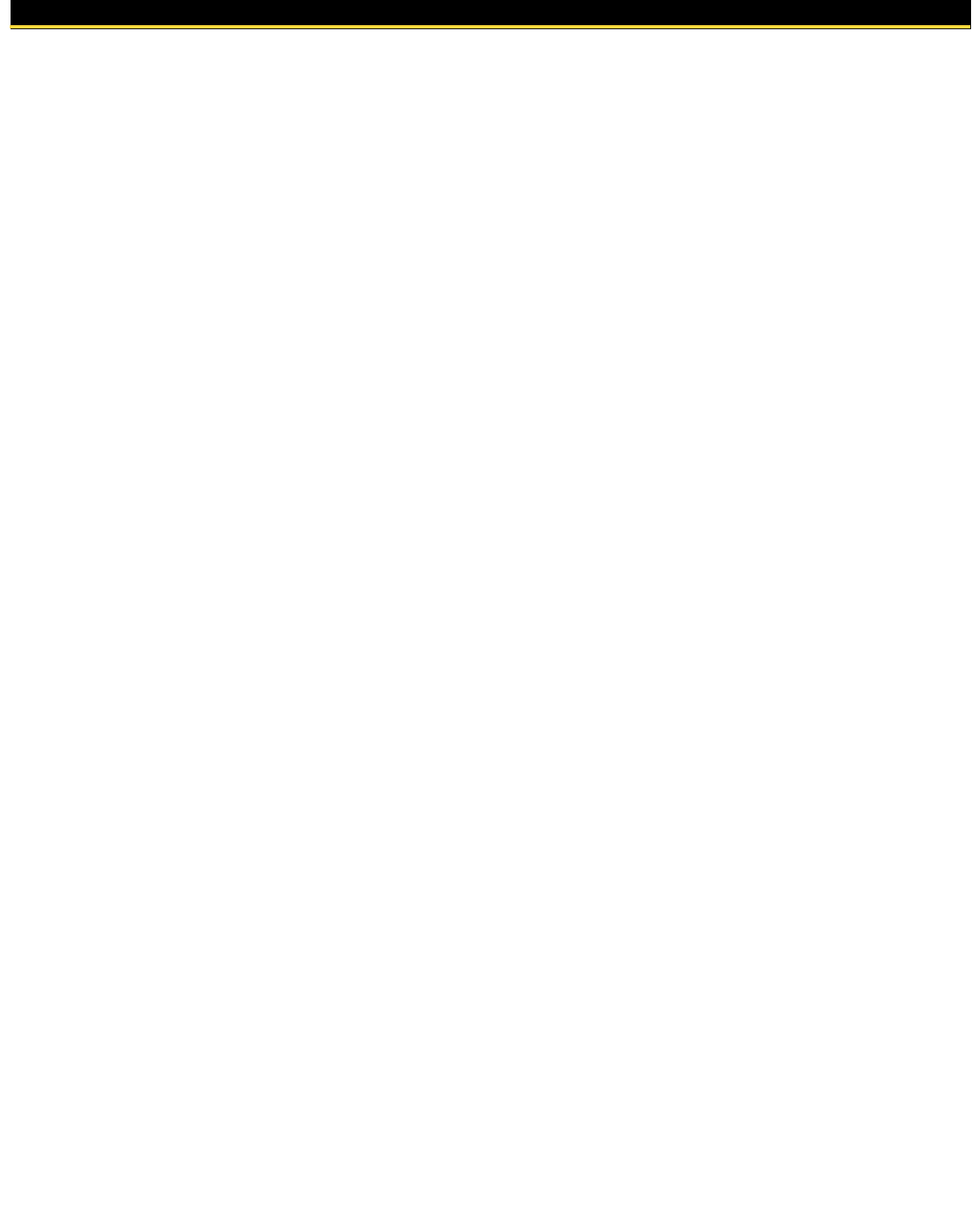
Degrees awarded at UW-Superior include: Associate Degree, Associate of Science, Bachelor of Arts (BA), Bachelor of Fine Arts (BFA), Bachelor of Music (BM),
Bachelor of Music Education (BME) and Bachelor of Science (BS).
Associate Degree
The associate degree (a two-year degree) is primarily intended to provide a broad liberal arts background and is designed to be the foundation for, and satisfy
the University Studies requirements, for most bachelor degree programs. Students who intend to transfer to another institution should earn an Associate degree
prior to leaving UW-Superior. Latin honors are not awarded for associate degrees.
Overall Associate Degree Requirements
Earn a resident (UW-Superior) cumulative grade point average of 2.0.1.
Earn at least 24 credits from UW-Superior.2.
The last 12 credits of the degree must be earned at UW-Superior, or through University approved Study Abroad or National Student Exchange.3.
Complete General, Core and Knowledge Category requirements.4.
Complete the Diversity and Global Awareness Requirements.5.
Submit an electronic application for graduation via E-hive.6.
Pay a $50 graduation fee to the Bursar/Cashier's Office prior to the diploma being sent. The graduation fee does not include the cap and gown, which
is purchased separately in the University Bookstore.
7.
Degrees are not posted to transcripts with outstanding Incomplete or In-Progress grades.8.
Student may not use more than one catalog; student may not satisfy the University Studies requirements from one catalog, while satisfying the major
requirements of another catalog.
9.
Degrees are posted in the term in which a graduation application is submitted for the respective degree.10.
Degrees are not posted when a student has been academically suspended.11.
Additional Associate Degree Requirements
Complete of a minimum of 60 credit hours (numbered 100 or above); at least 24 credits must be earned at UW-Superior.1.
Complete an additional three credits in the Natural Sciences: courses in Biology, Chemistry, Geology or Physics.2.
Complete an additional three credits in the Social Sciences: courses in Economics, Political Science, Sociology, Psychology or Anthropology.3.
Complete an additional four credits drawn from any of the following disciplines: Anthropology, Art History, Biology, Chemistry, Computer Science,
Economics, English, Film/Theatre, Gender Studies, History, Foreign Languages, Geology, Geography, First Nations Studies, Music, Philosophy,
Physics, Political Science, Psychology, Sociology or Writing (with the exception of 099, 101, or 102).
4.
Complete at least two courses, excluding core requirements, in a single discipline.5.
Bachelor Degrees
Bachelor degrees are four-year degrees that include all University Studies requirements plus a minimum of additional credits toward a specific major(s)/minor
so that a minimum of 120 credits are earned. Latin honors are awarded for bachelor degrees.
Overall Bachelor Degree Requirements
Note: See other sections of the catalog for additional or specific requirements for Bachelor of Arts, Bachelor of Fine Arts, Bachelor of Music, and Bachelor of
Science degrees. Other sections of the catalog should also be consulted for the specific requirements for University Studies, academic major and minor
programs of study, and professional preparation such as teacher education.
A. Overall requirements (Note that credits are semester credits.)
120 or more total undergraduate credits, i.e. in courses numbered 100-499.1.
36 or more undergraduate credits in upper-division courses, i.e. courses numbered 300-499.2.
A resident grade point average of 2.0 or above for all undergraduate credits.3.
30 or more undergraduate credits earned at UW-Superior.4.
The last 12 undergraduate credits earned at UW-Superior, or through University approved Study Abroad or National Student Exchange.5.
B. Completion of the University Studies requirements (See the University Studies section of the catalog.)
Core courses.1.
Global Awareness and Diversity requirement.2.
Knowledge categories.3.
Corequisites.4.
C. Completion of the requirements for major, minor, and/or comprehensive major programs in different disciplines (See the Academic Programs section of the
catalog.)
At least one major and one minor in a different discipline; two majors in different disciplines; or a comprehensive major.
A major is 30 or more credits, half or more of which are in upper division courses.a.
A minor is 21 or more credits, one third or more of which are in upper division courses.b.
A comprehensive major is 51 or more credits, 22 or more of which are in upper division courses.c.
1.
A resident grade point average of 2.0 or above in the courses satisfying the requirements for each major, minor, or comprehensive major. (i.e. separate
grade point average for each program.) A student cannot graduate while on academic suspension.
2.
Distinct credits in major, minor, and comprehensive major programs, (i.e. credits counted only once.)
51 or more total distinct credits.a.
22 or more distinct upper-division credits.b.
In the event that one or more courses satisfy requirements in more than one major and/or minor program, additional credits will be required inc.
3.
Official 2019-21 UW-Superior Catalog: Student Services: Registrar
The Board of Regents of the University of Wisconsin System | 212 of 228
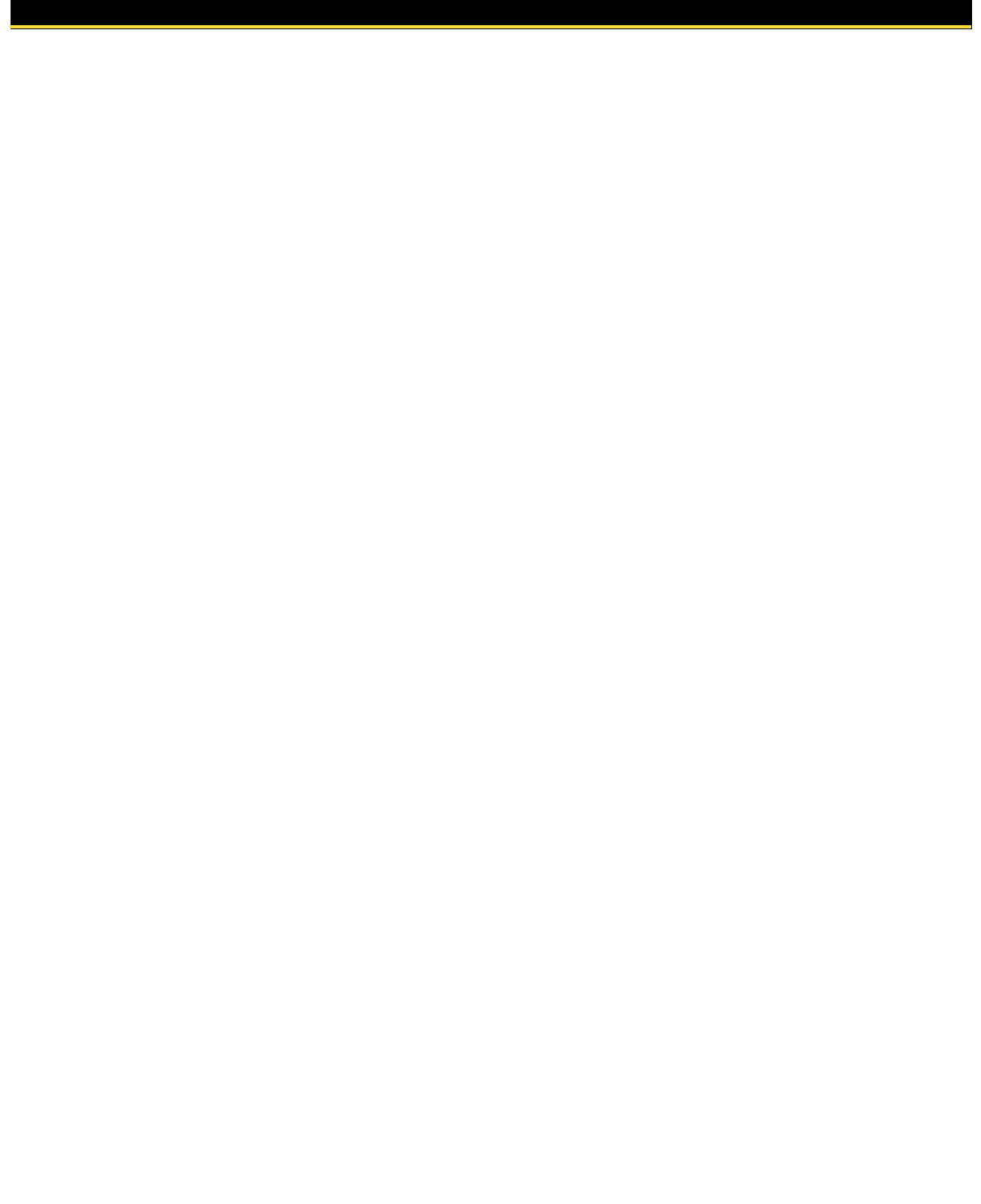
one or more of the programs up to the total credits and/or the total upper-division credits required for the programs.
The major and minor programs should be in different disciplines, i.e. half or more of the credits and/or upper division credits applied to one
program should be distinct from those for another. Additional credits in one or more of the programs may be permitted to satisfy the distinction.
d.
Note: Items c and d above do not apply to comprehensive major programs.
D. Variations from these requirements.
Individual programs, departments or certification groups may have additional or higher requirements.1.
A petition process for variations from these or other requirements and policies is published in this catalog.2.
Bachelor of Arts (BA)
Students must complete a minimum of 6 credits in one foreign or indigenous language.1.
Students must complete at least one foreign or indigenous language course at UW-Superior.2.
Students who have successfully completed high school language courses must complete a language placement exam to determine their level of
language proficiency.
3.
Students who place above the 202 level are not required to enroll in one UW-Superior foreign or indigenous language course.4.
Students are awarded retro-credits for lower level language courses after successfully completing 102,201 or 202 with a grade of B- or higher. For
example, if students place into SPAN 202, they would receive retro-credit for SPAN 101, 102 and 201 and it would be posted to the official transcript.
5.
Complete a comprehensive major, or a non-comprehensive major with another major or minor.6.
Bachelor of Fine Art (BFA)
Complete the foundation art requirements.1.
Decide upon a studio focus during the first two years in the major.2.
Complete a minimum of 18 credits in sequence taken in one studio area. A minimum of 60 credits is required including the foundation courses plus
three credits of drawing beyond ART 105.
3.
No minor or second major is required for this comprehensive BFA degree.4.
Bachelor of Music (BM)
Choose one of the following:
Bachelor of Music in Performance: Instrumental (Non-Keyboard)1.
Bachelor of Music in Performance: Keyboard2.
Bachelor of Music in Performance: Voice3.
1.
Complete a minimum of 72 to 83 credits in music consisting of music theory, ear training theory, music history and other specific courses within the
chosen performance area.
2.
No minor or second major is required for this comprehensive Bachelor of Music degree.3.
Bachelor of Music Education (BME)
Choose one of the following, in preparation for EC-A licensure in the state of Wisconsin in either Choral and General Music or Instrumental and
General Music:
Bachelor of Music Education: Choral/General1.
Bachelor of Music Education: Instrumental/General2.
1.
Complete MUSI 161 for the World Language, Culture and Philosophy Humanities Knowledge Category University Studies requirement.2.
Complete either ART 222 or COMM 122 for the Art History, Criticism and Appreciation Fine and Applied Arts Knowledge Category University Studies
requirement.
3.
Compete 68 credits of specific MUSI/MUSED courses for the Bachelor of Music Education: Choral/General major.4.
Complete 69 credits of specific MUSI/MUSED courses for the Bachelor of Music Education: Instrumental major.5.
Complete 30 credits of specific Teacher Education (T ED) courses.6.
Complete a minimum of 134 total credits for the Choral/General major.7.
Complete a minimum of 135 total credits for the Instrumental major.8.
Bachelor of Science (BS)
See above under degree requirements.
Certificate (CERT)
Certificates are awarded for short programs consisting of 9 to 30 credits. To be awarded a certificate for completion of a credit-bearing certificate program,
students must: complete a certificate application form, and submit it to the Registrar's Office for the certificate to be posted to the student's transcript.
Students earning certificates do not participate in Commencement and Latin honors are not awarded for certificates.
Certificates are not awarded to students with academic suspension status.
University Studies Program
Masters Degrees
Master degrees are graduate-level degrees. The catalog requirements in effect upon the student's term of entry define the graduation requirements for the
degree sought. Application for the graduate degree must be made online at the beginning of the final term of attendance.
For a graduate degree to be posted, all requirements and course work must be completed within four weeks of the final day of the student's last term of
Official 2019-21 UW-Superior Catalog: Student Services: Registrar
The Board of Regents of the University of Wisconsin System | 213 of 228
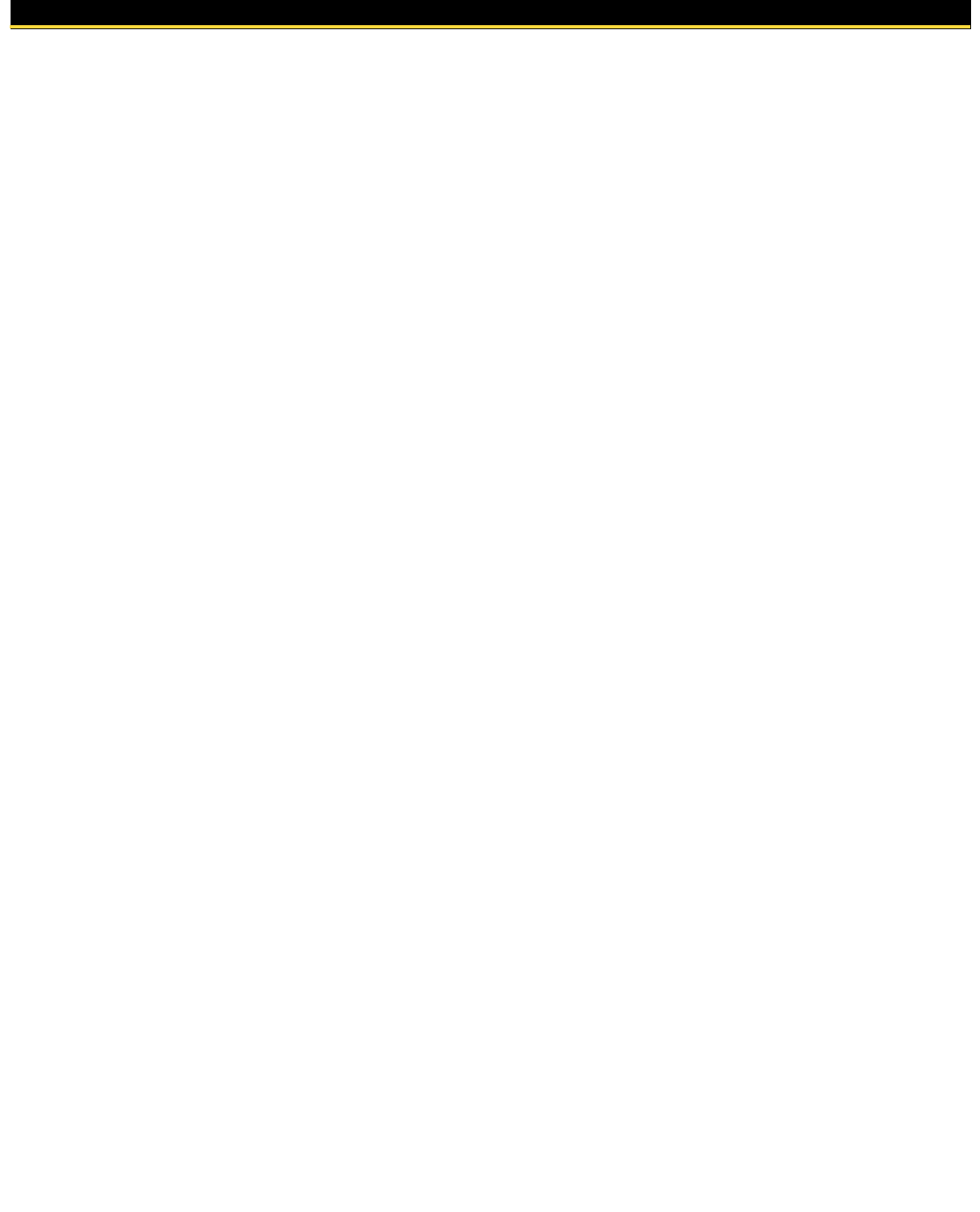
For a graduate degree to be posted, all requirements and course work must be completed within four weeks of the final day of the student's last term of
attendance. Students who have applied, but do not graduate must reapply for graduation.
All credits used in meeting the requirements of a graduate degree or certification in professional education must be earned within a period of not more than 10
consecutive years, commencing with the enrollment date in courses applicable to the degree (or certification program) rather than the completion date of
applicable courses.
All master's degree candidates are required to complete a thesis or culminating project as prescribed by the graduate program and approved by the faculty
advisor. Evidence of completion of this requirement must be verified by the advisor as indicated on the student's Plan of Study.
UW-Superior awards two master degrees: Master of Arts (MA) and Master of Science in Education (MSE).
Overall Graduate degree requirements
Master of Arts (MA)
UW-Superior offers MA degrees in:
See specific requirements in the Graduate Studies section of this catalog.
Master of Science in Education (MSE)
UW-Superior offers MSE degrees from the following departments in the following majors with minimum requirements listed:
See specific requirements in the Graduate Studies section of this catalog.
Specialist in Education (EdS)
UW-Superior offers an EdS in Educational Administration with specializations in:
Requirements are:
See specific requirements in the Graduate Studies section of this catalog.
Certification Programs
UW-Superior offers courses that lead to certifications for licensure in:
See specific requirements in the Graduate Studies section of this catalog.
Minor Awarded after Bachelor Degree Earned
Students, who have already earned a baccalaureate degree, and wish to earn a subsequent minor, must complete all requirements of the minor including a
minimum of 21 distinct additional semester undergraduate credits that are not applied to the first degree.
This means that students seeking a subsequent minor from UW-Superior must have a minimum of 141 earned degree-seeking credits. Students must apply for
and pay the graduation application fee for a subsequent minor.
Students MAY use the same credits to satisfy requirements for a major and minor (double-dipping IS allowed).
The subsequent minor shall be listed separately on the official transcript with the date awarded.
Transfer Students earning a Minor after being awarded a transfer baccalaureate degree.
Students with a baccalaureate degree from any other regionally accredited institution who wish to earn a subsequent minor from UW-Superior must complete a
minimum of 21 distinct additional semester undergraduate credits from UW-Superior, subsequent to the awarding of the first degree.
Students MAY use the same credits to satisfy requirements for a major and minor (double-dipping IS allowed).
The subsequent minor IS NOT LISTED on a UW-Superior official transcript and students do NOT apply for graduation.
Second Degree
UW-Superior Alum who wish to earn a second UW-Superior degree who have earned a baccalaureate degree from UW-Superior, may not return to
UW-Superior to seek a second major that will be attached to the UW-Superior degree already earned; rather students will be required to earn a second degree.
Students, who have earned a baccalaureate degree from UW-Superior, and who wish to earn a second, distinct undergraduate degree from UW-Superior, must
complete a minimum of 30 additional semester undergraduate credits from UW-Superior, subsequent to the awarding of the first degree. Requirements for a
second major must be completed AS WELL AS requirements for a third major or a minor (if the second major sought is not a comprehensive major). This means
students seeking a second baccalaureate degree from UW-Superior must have a minimum of 150 earned degree-seeking credits. Students must apply for and
pay the graduation application fee for a second degree.
For example, a student can be awarded a BS degree in biology and a BS degree in chemistry, assuming s/he has met the requirements of both majors and
have earned at least 150 credits from UW-Superior. Students MAY use the same credits to satisfy requirements for more than one major or for a major and
minor (double-dipping IS allowed).
Transfer Students
Students with a baccalaureate degree from any other accredited institution who wish to earn a second baccalaureate degree from UW-Superior must complete a
minimum of 30 additional semester undergraduate credits from UW-Superior. These 30 credits cannot be from the original degree (from the transfer institution).
Transfer students must complete the requirements of a UW-Superior major AND a UW-Superior minor or third major (if not a comprehensive major). This means
students, who already hold a baccalaureate degree, seeking a second baccalaureate degree from UW-Superior, must have a minimum of 150 earned
degree-seeking credits. Students must apply for and pay the graduation application fee.
Second Master's Degree
Additional master's degrees are permissible but each degree requires 30 to 60 semester credits (as per the catalog requirements) beyond the credits earned for
the previous master's degree(s). Courses taken as part of a prior master's degree may not count toward the credit requirement for a subsequent master's
Official 2019-21 UW-Superior Catalog: Student Services: Registrar
The Board of Regents of the University of Wisconsin System | 214 of 228
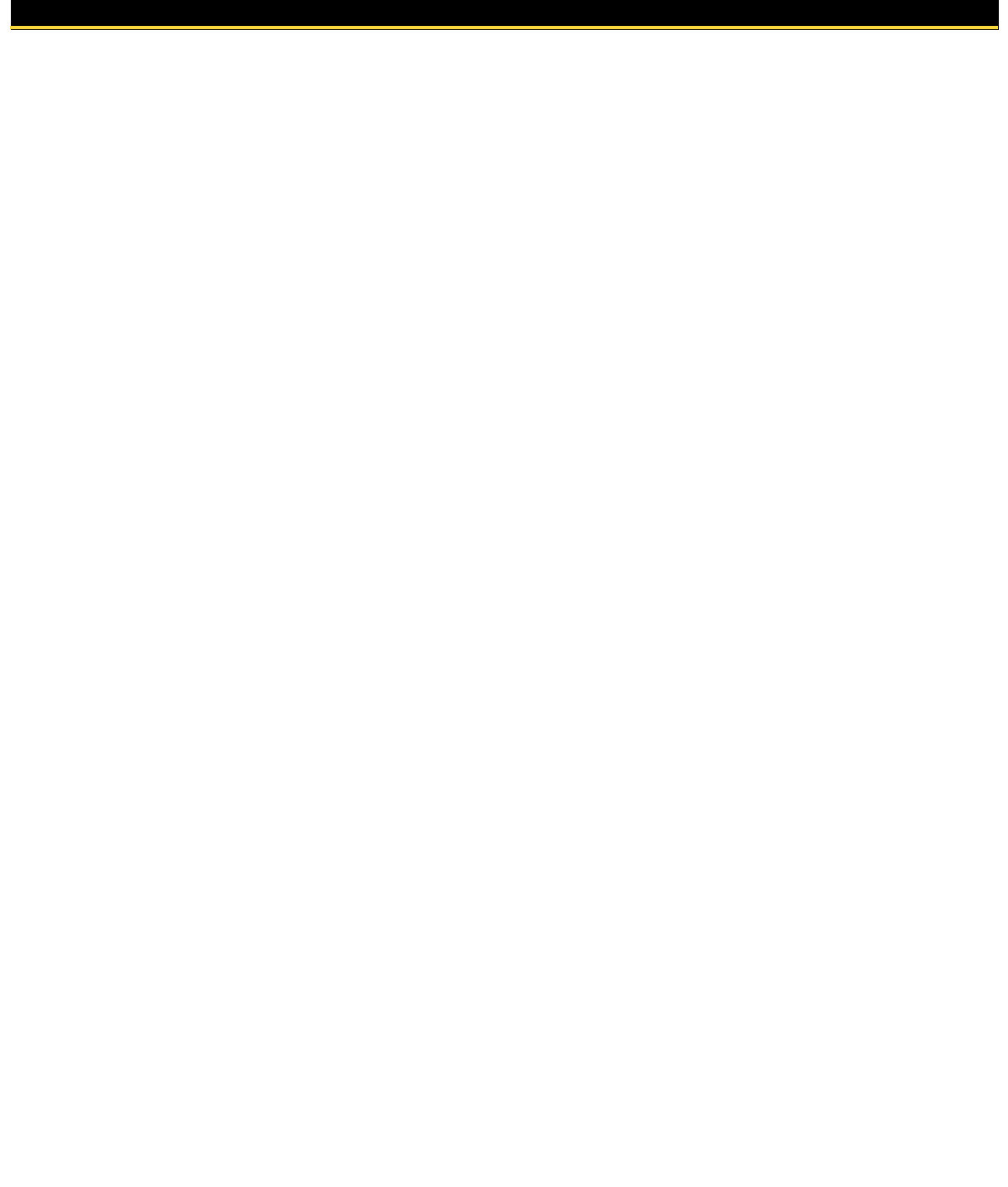
degree. Students who have completed a master's degree program at UW-Superior who wish to re-enter for a second master's degree must use a re-entry
application to begin a subsequent master's degree.
Concurrent Degree Policy
Students may be awarded two undergraduate degrees concurrently provided that the degree programs have substantial differences or entitlements. Students
may be awarded concurrent degrees including the BM, BME, BFA, BA and BS degrees provided they have different comprehensive majors or
non-comprehensive majors with either an additional major/minor. Each degree must be distinct. For example, two of the same degree cannot be awarded
concurrently such as two Bachelor of Arts degrees. Students must complete all requirements for both programs, including degree, major, and unique
requirements including certification requirements for teachable majors/minors. The major from either degree may not be used in place of any minor required in
the other degree (e.g., the music major from the BME degree may not replace the minor required in the BA degree).
The student must complete a minimum of 150 credits to be awarded two degrees either concurrently or by returning to add an additional degree which requires
30 additional credits beyond the first degree. Please refer to the Second Baccalaureate Degree Policy.
Students will be assigned an advisor from each program that is being pursued.
The duplicate credit rule applied between the majors and/or minors of both degrees pursued.
The University Studies requirements for the University only need to be met once; however, students must meet any specific University Studies requirements for
the academic program(s).
Students who elect to pursue concurrent degrees are not exempt from the UW System Excess Credits surcharge.
Posthumous Degree
A request for a posthumous degree is initiated by a person, or persons associated with the deceased to the Registrar. This is usually a family member, but the
academic department of the student can initiate it in accordance to the wishes/support of the family.
The deceased student must have completed at least 7/8 of the degree requirements of his/her major. If the deceased student was not close to meeting
graduation requirements, the academic department may recommend that a "Certificate of Accomplishment" or other similar acknowledgement be issued.
The request must be approved by the academic department and the Provost. The Registrar may also suggest a posthumous Associate degree, if the deceased
had completed 7/8 of an Associate degree.
Grades
Below are listed the official grades of UW-Superior. Grades listed below are used to calculate term and cumulative grade point average (GPA) unless noted with
an asterisk. Grade points are assigned for each grade (including zero grade points) used to calculate GPA.
Faculty electronically assign final grades students have earned at the end of each term or Summer College session. Students access grades via their unofficial
transcript in E-Hive.
Below are listed grade points assigned for each grade.
Letter Grade Grade Points per Credit Credit Earned?
A 4.000 Yes
A- 3.667 Yes
B+ 3.333 Yes
B 3.000 Yes
B- 2.667 Yes
C+ 2.333 Yes
C 2.000 Yes
C- 1.667 Yes
D+ 1.333 Yes
D 1.000 Yes
D- 0.667 Yes
F 0.000 No
AUD (Audit) * N/A No
I (Incomplete) * N/A No
IP (In-Progress-only assigned
for specific courses) *
N/A No
NC (No Credit) * N/A No
NR (Not Reported)* N/A No
P (Pass)* N/A Yes
W (Withdraw) * N/A No
XF (Last Date of Attendance) N/A No
Official 2019-21 UW-Superior Catalog: Student Services: Registrar
The Board of Regents of the University of Wisconsin System | 215 of 228
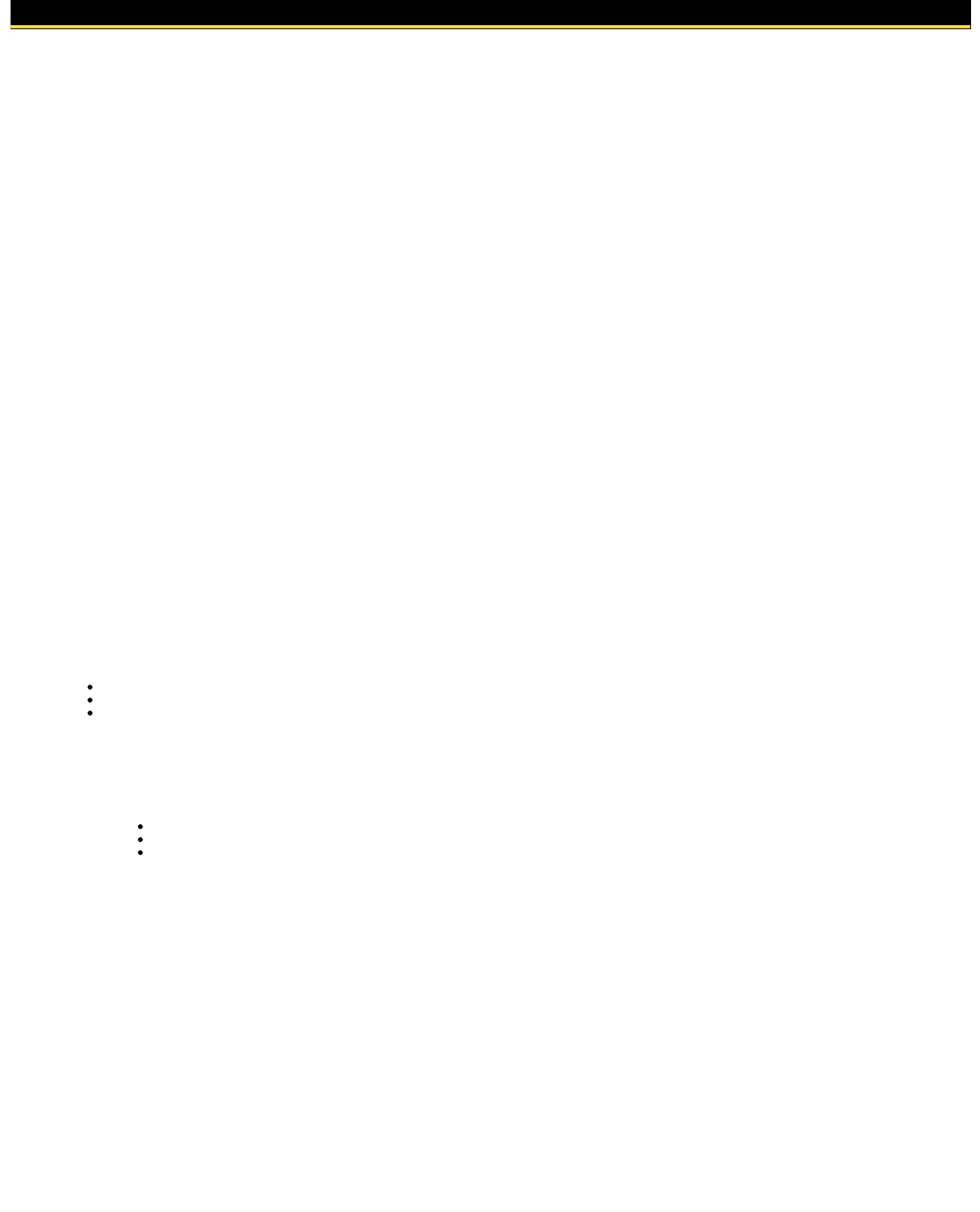
Grade Point Average
The cumulative grade point average (GPA) is based on the grade point system and is computed by dividing the total number of points earned per credit by the
total number of credits attempted. Grades of Aud, I, IP, NC, NR, P, and W and not counted as credits attempted in computing GPA.
The cumulative grade point average for a straight A letter grade in six three-credit courses is computed by diving the total number of grade points (A=Four grade
points multiplied by 18 credits=72 grade points) by the number of attempted credits (18), which would give the student a cumulative average of 4.000.
Major/Minor GPA Calculation
Major and minor grade point average (GPA) calculation shall be based on all coursework attempted (this excludes "I", "IP", "NC" and "W" grades) in residence
that applies to the respective major or minor. There is no limitation placed on the number of credits that are used in this calculation.
The University of Wisconsin-Superior's Repeated Coursework Policy (AP 1206) will be enforced for this calculation. For example, if a student repeats a required
course within a major, it will be the most recent grade that is used in the major GPA calculation.
The major/minor GPA only includes pre-requisite coursework when it has been included in the major/minor as a requirement. This also applies to coursework
required to get into the major/minor. Departments may apply additional coursework to the major/minor by notifying the Registrar's Office. Department chair
approval is required.
This is the GPA that will be used for graduation eligibility (2.00, while in residence) within the major or minor. A given major or minor may require a higher GPA
for graduation eligibility as specified in the catalog.
Dean's List Honors
To be eligible for Dean's List honors, students must earn a semester grade point average of at least 3.50, while carrying a minimum of twelve (12) semester
college level (courses above 100) credits on the A/F grading system.
Courses graded with a Pass (P) grade and courses numbered below 100 do NOT count toward the 12 semester credits required to calculate Dean's List honors.
Dean's list honors are printed on the official transcript.
Grade Appeal
Instructors are expected to evaluate students regularly and consistently by criteria and guidelines provided to the students at the beginning of the semester in
the course syllabus. If a student has reason to believe that a grade is incorrect, the student may act on that concern through the following process.
A student may seek to appeal the grade based on one or more of the following factors:
An error was made in grade computation;
The grade was based on factors contrary to those stated in the course syllabus;
The grade involved some breach of federal or state constitutional protections, federal laws, Regents' Rules, or UW-Superior policies.
Student Appeal Process
Student must present rationale for changing the grade to the instructor. This consultation must occur no later than the fourth week of the following
semester.
Fall Semester grade appeals must be submitted by the fourth week of Spring Semester
Spring Semester grade appeals must be submitted by the fourth week of the following Fall Semester
Summer College grade appeals must be submitted by the fourth week of the following Fall Semester
1.
If the results are not satisfactory and the student wishes to continue the appeal process, the student shall make an appointment to speak with the
department chair explaining the grade concern.
2.
The department chair can offer to facilitate a meeting between the student and the instructor.3.
If the results are not satisfactory and the student wishes to continue the appeal process, the student has the right to contact the provost and submit a
written request for review of the contested grade.
4.
The provost can appoint an individual or group to review the student's grade concern and report back to the provost.5.
The provost, after hearing the results of the report in listed above, can suggest an instructor change a grade or that no action be taken to change a
grade. The provost, as chief academic officer, has the final determination in establishing cause.
The instructor is the only person who can change a grade (unless the instructor is no longer on campus and/or available to make a grade change-at
which point the department chair may change the grade). If there is cause to request a grade change and the instructor declines to make the change,
the provost has the right to submit a written description of the complaint to be inserted into the instructor's personnel file. Likewise, the instructor can
submit a letter of explanation regarding the grade. If the provost determines that there is no cause to request a change in grade, the matter is closed
with no record in the instructor's personnel file.
6.
The provost will convey the findings and actions to the student, the instructor, and the department chair.7.
Grade Changes
It is the student's responsibility to call the instructor's attention to any perceived error in grading as soon as possible after grades are reported. It is the
instructor's responsibility to correct grading errors as soon as they are noted, if warranted.
The instructor authorizes a grade change by signing a Change of Grade form. The department chair approves this form and then submits it to the Registrar's
Office, where the record will be changed and the student notified of the change of grade.
A change of grade can result in a student's change in academic standing (good standing/probation/suspension).
Official 2019-21 UW-Superior Catalog: Student Services: Registrar
The Board of Regents of the University of Wisconsin System | 216 of 228
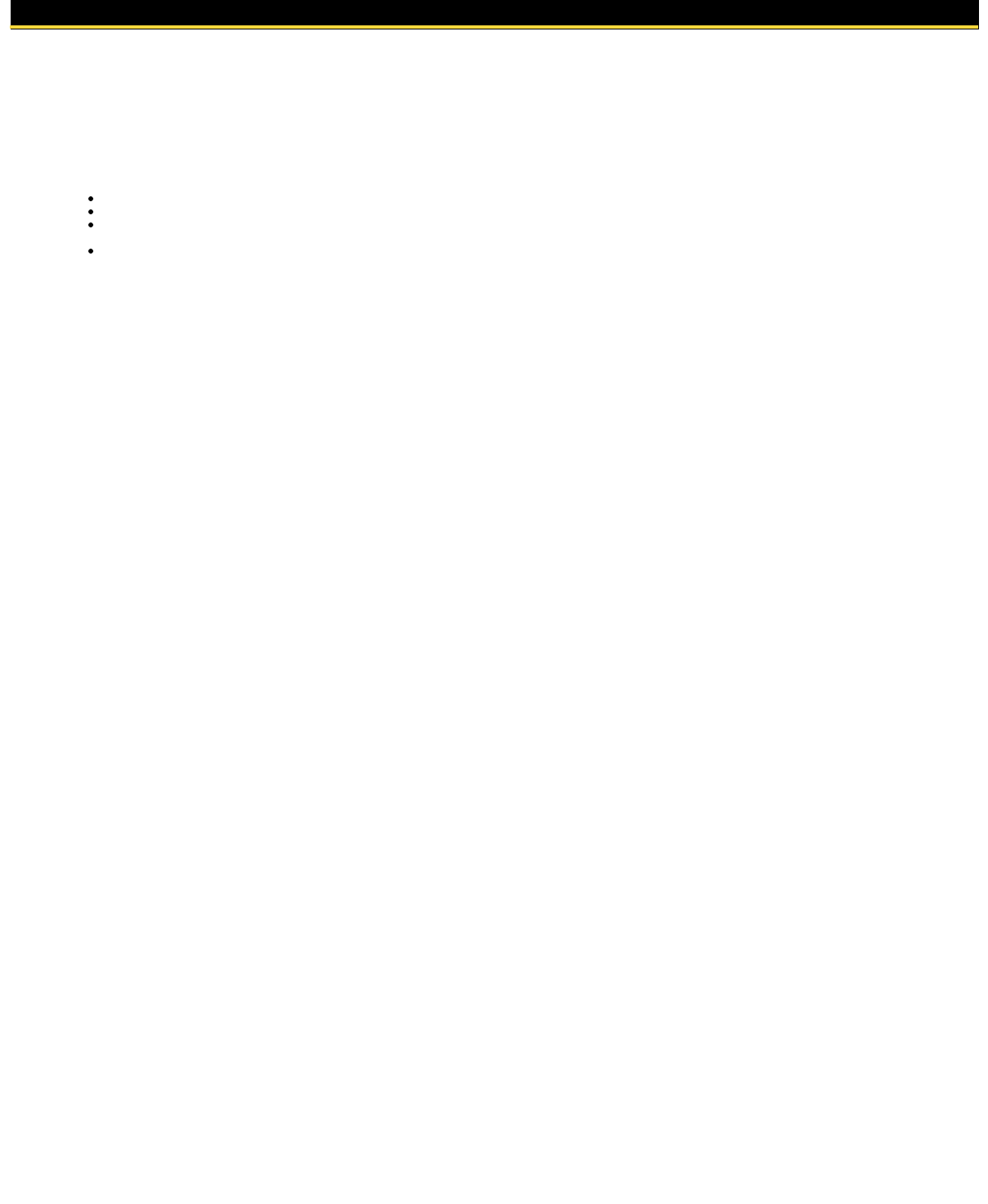
Instructors have the purview to change grades at anytime, (regardless when the grade was assigned) providing they have department chair approval.
Final Exams
Final examinations are scheduled during the last week of each semester. The final exam schedule for each term is listed at www.uwsuper.edu/registrar/finals. In
the event that final examinations on a given day have to be cancelled due to inclement weather or other emergency circumstances, the following procedures
shall apply:
The examinations scheduled for that day will be moved to the day immediately following the last scheduled examination day.
If the cancellations happen during the first part of a split examination week, the make-up day will be the Saturday within the exam week.
If instructors can determine an alternate time for their examination outside of the above, they are permitted to do so. It is their responsibility to
communicate this to members of the class.
If instructors can determine an alternate examination format (i.e. take home exam, web exam) they are permitted to do so. It is their responsibility to
communicate this to members of the class.
Incomplete Grade Lapse
A grade of Incomplete (I) may be given by an instructor when a student has been engaged for at least two-thirds of the class, but has been prevented by
emergency circumstances from completing the course. There should be, in the judgment of the instructor, a reasonable probability that the student can complete
the course successfully without again attending regular class sessions or needing extensive instructor supervision.
Instructors who assign an I grade must submit a change of grade form (requesting the I be replaced by a regular grade A-F or P) by the end of the next Fall or
Spring term. I grades for Summer lapse after Fall term.
If a grade change is not submitted by the last day of the subsequent term, by the instructor who assigned the Incomplete grade, the Registrar's Office will lapse
the Incomplete grade to a Failing (F) grade the day after the last day of the term (last day of final exams).
Degrees will not be posted to transcripts if there are any I grades listed on a transcript. The Registrar will request faculty to change any I grades, for courses not
required for graduation with NC (no-credit) grades prior to posting a degree. Ultimately, it is the student's responsibility to ensure all I grades have been
replaced with regular grades prior to applying for a degree.
In-Progress (IP) Grades
A grade of In-Progress (IP) may be assigned by an instructor in specially designated courses where the expectation is that students cannot finish the course
within a traditional term. There should be, in the judgment of the instructor, a reasonable probability that the student can complete the course successfully within
one calendar year without attending regular class sessions or needing extensive instructor supervision.
Courses meeting this requirement are student teaching, internships, senior capstones, practicums or theses. ONLY the specific courses listed below can be
assigned IP grades:
ANTH 301
ART 435, 497, 498, 635, 697, 698, 735, 797, 798, 799
BIOL 181, 281, 481, 491, 492, 496
CHEM 181, 281, 381, 481, 491, 496, 497
CHIN 399
CJUS 160, 301, 320, 491, 492, 498, 499
COAC 250
COMM 698, 798, 775, 780
COUN 750, 756, 758
CSCI 399, 498
ECON 301
EDAD 704, 705, 706, 707, 724, 725, 726, 727, 734, 735, 736, 737, 760, 761, 762, 763, 860, 861, 862, 863, 864, 867
ENGED 752
FNS 486, 490
FREN 399
GEOG 281, 298, 450, 481, 491, 491, 496, 498, 681
GEOL 281, 281, 491, 496, 681
GST 301
HHP 188, 339, 422, 423, 424, 435, 458, 471, 490, 491, 492, 494, 495, 496
HIST 301, 490, 495, 695
LSTU 301, 485, 488, 497, 499
MATH 498
PHIL 301
PHYS 281, 381, 481, 681
POLS 301, 485, 499
PSYC
SOCI 301, 497, 498, 499, 699
SO W 422, 427
SPAN 399
SPED 775, 776
TED 470, 752
Instructors who assign an IP grade must submit a change of grade form (requesting the IP be replaced by a regular grade A-F or P) within one calendar year of
date the IP grade was assigned. If a grade change form is not submitted by the end of one calendar year, by the instructor who assigned the IP grade, the
Registrar's Office will lapse the IP grade to a Failing (F) grade.
Degrees will not be posted to transcripts with Incomplete (I) or In-Progress (IP) grades listed on the transcript. The Registrar will request faculty to change any IP
grades, for courses not required for graduation with NC (no-credit) grades prior to posting a degree. Ultimately, it is the student's responsibility to ensure all IP
grades have been replaced with regular grades prior to applying for a degree.
Official 2019-21 UW-Superior Catalog: Student Services: Registrar
The Board of Regents of the University of Wisconsin System | 217 of 228
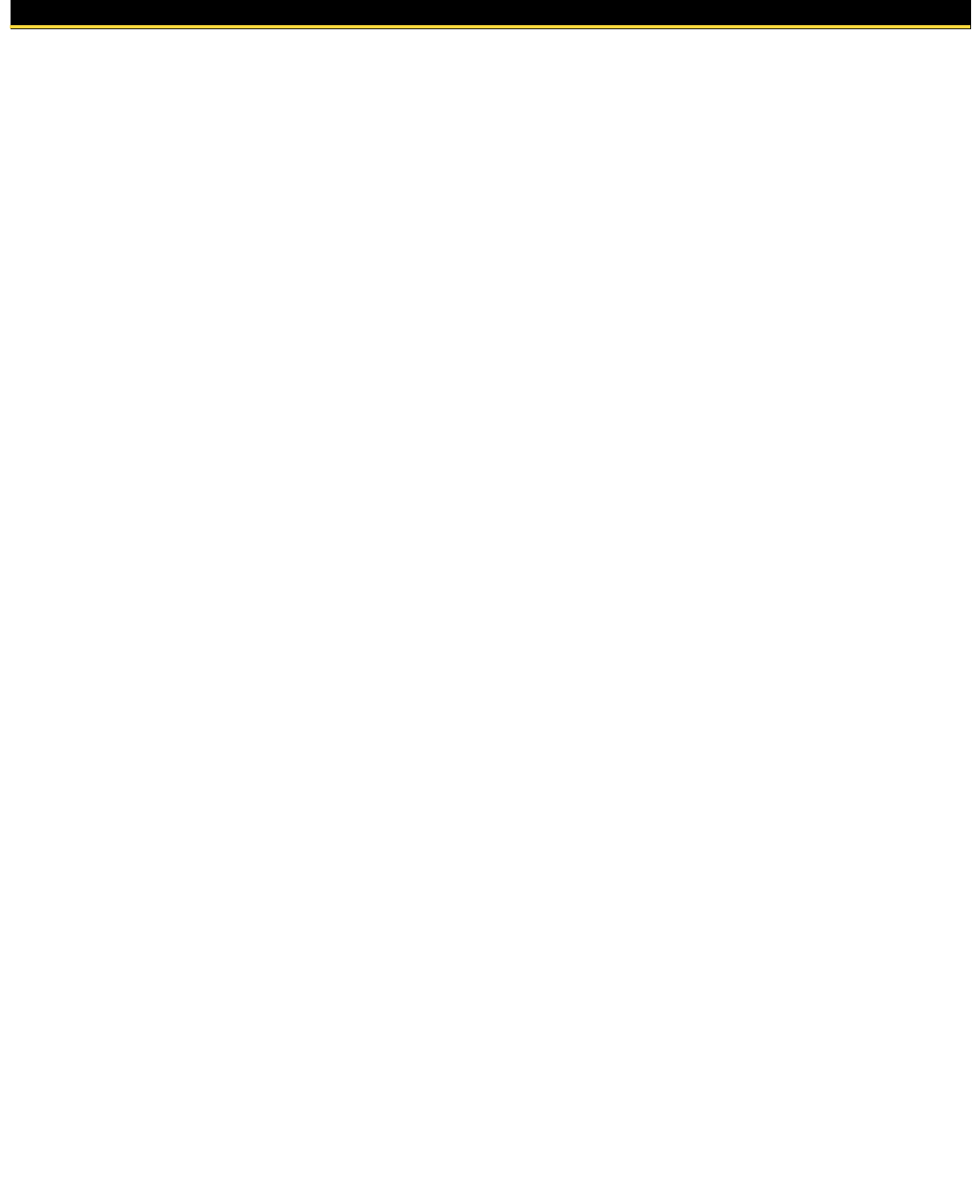
Mid-Term Grades
Students earning a D or F in 100- to 200-level semester-long courses through the middle of the term will receive a mid-semester grade email. Mid-term grades
are not issued during summer session. Mid-term grades are not calculated in the grade point average and do not appear on students' transcripts. Mid-term
grades are valuable for both students and faculty as progress checks and advising tools. Students are encouraged to discuss their academic performance with
the instructor and/or adviser to determine ways to improve course performance so that academic standing is not negatively affected when final term grades are
posted.
Mid-term grades are not issued during Summer College.
Pass/Fail Grades
Students are allowed a total of 15 elective Pass/Fail (P/F) credits, with the exclusion of WRIT 101 and WRIT 102.
Specific courses, identified by the various departments and in the student's major, may not be taken P/F. Degree-seeking students cannot take COMM 110 as
P/F. Students in Business and Economics programs, and other students who wish to enroll in 300- or 400-level Business or Economics courses, may not include
courses taken as P/F as pre-requisites. Details are specified in the Business and Economics section of this catalog.
Students who choose the P/F grading option should do so upon enrollment in a course, but they are allowed to change to P/F grading up through the tenth day
of Fall or Spring term (or the last day to drop/add for Summer College/J-Term courses).
Students who wish to change to P/F grading after the tenth day of term may do so WITH the approving signature of the course instructor and advisor (primary or
secondary) or chair of student's major department on a Pass/Fail Request form obtained from the Registrar's Office (or www.uwsuper.edu/registrar).
Students are allowed to submit this form to the Registrar's Office prior to the start of first day of Final Exams for Fall and Spring, 3 days prior to the last day for
J-Term, all other sessions one week prior to the last day of the session. Once a "P" grade is issues, a student cannot subsequently repeat this same course for
an A-F letter grade.
Students should be aware that it may be difficult to transfer P/F graded courses to other institutions of higher education.
Name/Address Changes
The Registrar's Office should be notified as soon as possible of a student's change in name or address. Each student is expected to maintain his or her mailing
address through his or her E-Hive account or through a change of address form submitted to the Registrar's Office. The mailing address represents the address
to which official university mail will be sent during the student's career.
Students who wish to have their billing statements mailed to an address different than their mailing address should contact the Bursar/Cashier's Office.
Graduate students may request a business address be entered by the Graduate Studies Office.
Petition Appeals
Exceptions to established undergraduate policies may be requested by submitting a petition to the Credits and Reinstatement Committee. Petitions are
available in the Registrar's Office or at www.uwsuper.edu/registrar/forms . Students are encouraged to read the full directions (as listed on the reverse side of the
petition form) as well as the Rules for Petition Decisions attached to the form. Petition forms submitted without the required signatures will not be considered by
the committee.
If students' written petitions are denied, they may request to attend a Credits and Reinstatement Committee meeting in person for a subsequent decision IF the
student is able to provide additional documentation not submitted with the written petition request.
Exceptions to graduate policies may be requested by submitting a petition to the Graduate Council. Petitions are available in the Graduate Studies Office or at
www.uwsuper.edu/graduate/forms.
Policies
Undergraduate Academic Policies
Cross Registration
Cross Registration (with University of Minnesota-Duluth and College of St. Scholastica) Full-time undergraduate students (12 credits or more on campus)
at UW-Superior can cross-register for two classes per term, except summer, at either the University of Minnesota-Duluth UMD) or the College of St. Scholastica
(CSS). Students taking online courses at UW-Superior as part of their 12 credits or more will be responsible for additional tuition charges. Online courses are not
available from CSS for cross registration. Registration forms are available in the Registrar's Office, Old Main 139 and under the Forms at
www.uwsuper.edu/registrar/forms. Conditions of cross-registration include the provisions that the course requested must have an available seat for the student
and that the chair of the department in which the course is offered has given permission for the student to enroll in the course. Students must be enrolled at the
home institution as full-time students and maintain those credits for at least the first four weeks of the term. Cross-registered courses are counted in the plateau
(total credit load), provided all courses in the plateau are on campus courses. Additional fees will be charged for credits over 18 and for students electing on line
courses as part of their course load at UW-Superior. Students wishing to use a cross-registered course to fulfill a degree requirement should get confirmation
that the course is acceptable prior to enrollment. Repeating a course taken previously at UW-Superior through cross-registration will not remove the initial
Official 2019-21 UW-Superior Catalog: Student Services: Registrar
The Board of Regents of the University of Wisconsin System | 218 of 228
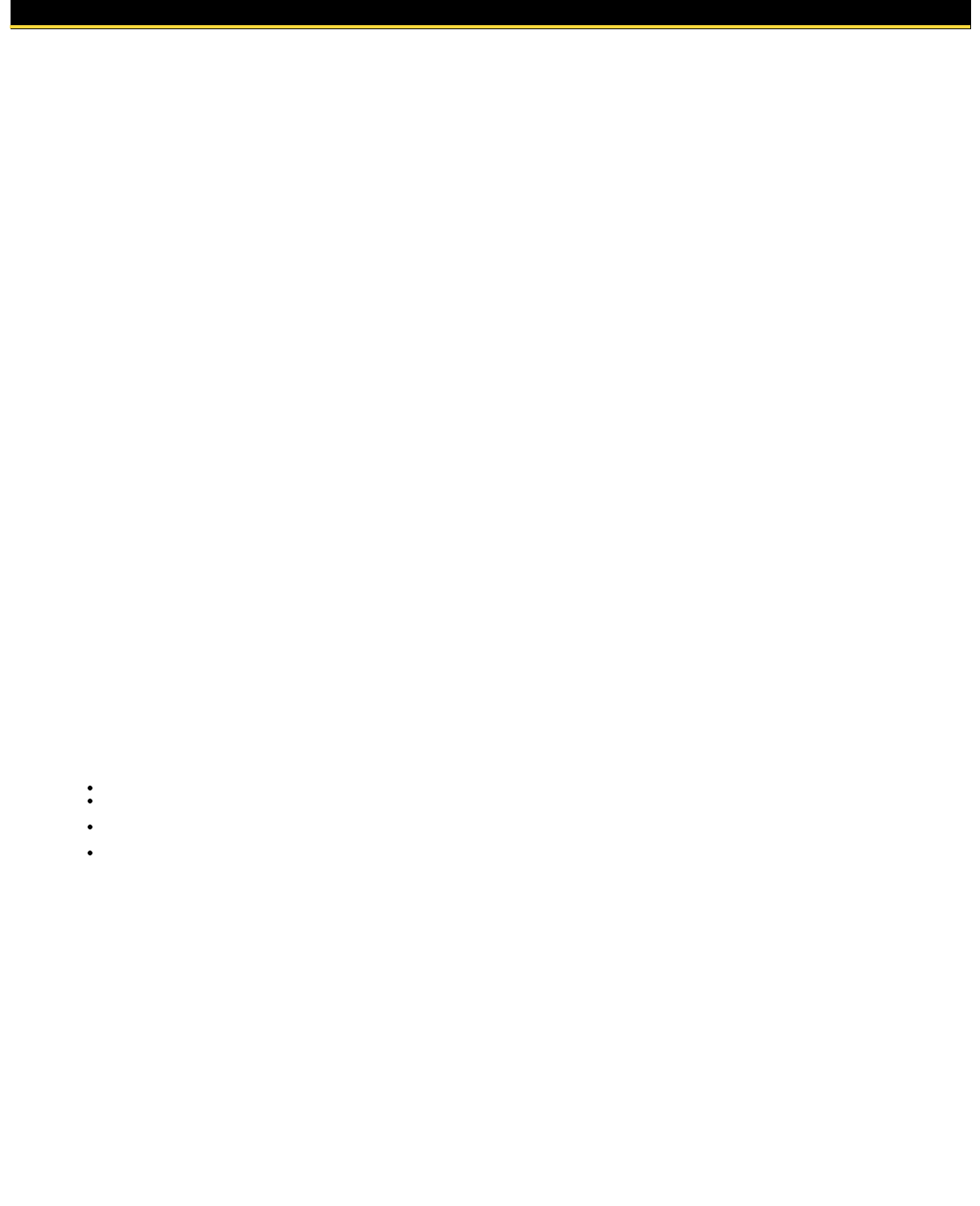
UW-Superior grade from the record. For courses in a major, the advisor and department chair must authorize the substitution. For University Studies courses,
the advisor and department chair, where the course is offered, must authorize the substitution.
Registration and Registration Changes
Web registration for Fall term and Summer College begins on Monday of the first full week in April. Web registration for Spring term and J-term begins on
Monday of the first full week of November.
Students are emailed specific assigned appointment times when they can begin the registration process via their E-Hive account. Students must have met with
their advisor and have the advisor registration hold removed prior to being able to register through E-Hive.
Students with negative holds on their account will not be allowed to register for classes.
In-Person registration (where students register in-person with a hard-copy registration form) begins on Tuesday of each registration week. Beginning on this
same day students may also bring signed Drop/Add forms to the Registrar's Office for processing, providing the form has his/her advisors signature.
Add/Drop
Students may add classes via their E-Hive account, or at the Registrar's Office, without instructor permission, through the fifth class day of each term (pro-rated
for Summer College). From the sixth through the tenth class day of each term, students are required to have permission from their instructor(s) before they are
allowed to enroll. This requires either a permission number to add a course via E-Hive, or signatures on a Drop/Add form submitted to the Registrar's Office for
processing.
After the eleventh class day of each term, students may add a class with signatures from the instructor, their advisor and department chair on a Petition form
which is submitted to the Registrar's Office for consideration by the Credits and Student Reinstatement Committee.
Students who wish to add a class during the last two weeks of the term, or thereafter, are required to pay a $20 fee.
Dropping Classes During a Regular Term
Students may drop classes via their E-Hive account, or by submitting a signed Drop form to the Registrar's Office, through the tenth class day of each term
(pro-rated for Summer College). No additional signatures are required on the drop form during this period. Individual classes dropped during this period are not
recorded on official transcripts.
If all classes are dropped a single notation of "withdrawn" and the date the student initiated the process is noted for the respective term on the official transcript.
There is a $50 fee to drop all classes from the first day of the term through the tenth day of the term.
From the eleventh class day of each term through the 60% calendar day of each term (does not include 9 days of Spring Break week), students may drop
classes vis their E-Hive or by completing a drop form that is submitted to the Registrar's Office. There is a $20 fee that is automatically assessed to student
accounts by the Cashier's Office. This $20 fee is regardless of the number of classes being dropped. Classes dropped during this period are recorded on
students' official transcripts with a grade of W (withdrawal).
Students seeking to drop classes after the 60% day of each term must submit such requests to the Credits and Student Reinstatement Committee for
consideration with all required signatures and documentation (see the Petition section of this catalog). If the Committee approves the petition, W grades will be
entered on the student's transcript for each course approved to drop late. If the Committee denies the petition, the course will remain on the official transcript for
faculty to assign the grade the student earned.
Adding Classes During Summer College or Shorter Periods
Students enrolled in classes that are two weeks in length are allowed the first two class days of the session to add a class without instructor permission.
Students enrolled in classes that are three weeks in length are allowed the first three class days of the session to add a class without instructor
permission.
Students enrolled in classes that are four weeks in length are allowed the four class days of the session to add a class without additional instructor
permission.
Classes five weeks in length or longer, will follow the same procedure listed above for adding regular-term classes.
After the specific class day of the session listed above, students may add a class with signatures from the instructor, their advisor and department chair on a
Petition form which is submitted to the Registrar's Office for consideration by the University Petition Committee.
Dropping Classes During Summer College or Shorter Periods
Two Week Classes
The last day to drop without permission is the second day of classes for the session. From the third class day of the session to the 60% calendar day of the
session, students may drop classes by completing a drop form that is submitted to the Registrar's Office. There is a $20 fee that must first be paid at the
Bursar/Cashier's Office. This $20 fee is regardless of the number of classes being dropped. Classes dropped during this period are recorded on students' official
transcripts with a grade of W (withdrawal). Students seeking to drop classes after the 60% calendar day of the session must submit such requests to the Credits
and Student Reinstatement Committee for consideration. If the Committee approves the petition, W grades will be entered on the student's transcript for each
course approved to drop late. If the Committee denies the petition, the course will remain on the official transcript for faculty to assign the grade the student
earned.
Three Week Classes
The last day to drop without permission is the third day of classes for the session. From the fourth class day of the session to the 60% calendar day of the
session, students may drop classes by completing a drop form that is submitted to the Registrar's Office. There is a $20 fee that must first be paid at the
Cashier's Office. This $20 fee is regardless of the number of classes being dropped. Classes dropped during this period are recorded on students' official
transcripts with a grade of W (withdrawal). Students seeking to drop classes after the 60% calendar day of the session must submit such requests to the Credits
and Student Reinstatement Committee for consideration. If the Committee approves the petition, W grades will be entered on the student's transcript for each
course approved to drop late. If the Committee denies the petition, the course will remain on the official transcript for faculty to assign the grade the student
earned.
Official 2019-21 UW-Superior Catalog: Student Services: Registrar
The Board of Regents of the University of Wisconsin System | 219 of 228
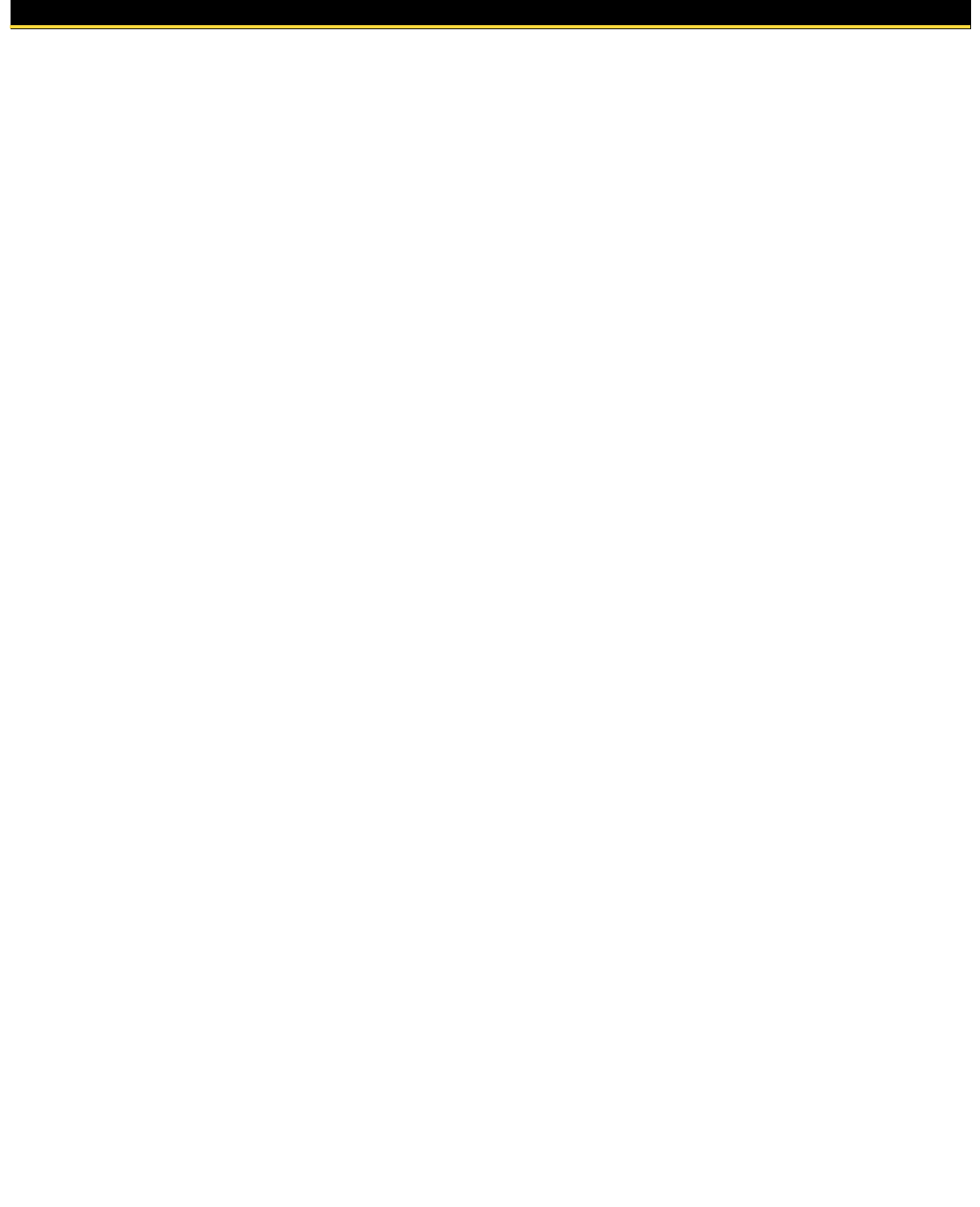
Four Week Classes
The last day to drop without permission is the fourth day of classes for the session. From the fifth class day of the session to the 60% calendar day of the
session, students may drop classes by completing a drop form that is submitted to the Registrar's Office. There is a $20 fee that must first be paid at the
Bursar/Cashier's Office. This $20 fee is regardless of the number of classes being dropped. Classes dropped during this period are recorded on students' official
transcripts with a grade of W (withdrawal). Students seeking to drop classes after the 60% calendar day of the session must submit such requests to the Credits
and Student Reinstatement Committee for consideration. If the Committee approves the petition, W grades will be entered on the student's transcript for each
course approved to drop late. If the Committee denies the petition, the course will remain on the official transcript for faculty to assign the grade the student
earned.
Fives Week (or longer) Classes
Classes five weeks in length or longer, will follow the same procedure listed above for dropping regular-term classes.
Cancelling Classes Before a Regular Term/Summer College/Shorter Period
Students may cancel classes via their E-Hive account, or by submitting a signed Cancellation form to the Registrar's Office, BEFORE the first day of each term.
No additional signatures are required on the Cancellation form. Cancelled classes are not recorded on students' official transcripts.
Administrative Drop
Students who do not attend the first class meeting of a course, or who do not participate in a designated course related activity in an on-line course, or who do
not notify the instructor that they will be absent for special reasons, will be dropped from the course.
Designated course activites are defined by the inidividual instructor to include but not limited to: submitting an Assignment, Quiz or Discussion on current
UW-Superior learning management system which possesses a due date.
Students should not assume that a course will be dropped automatically. It is still the students' responsibility to verify official enrollment through their class
schedule.
Auditing Classes
An auditor may enroll in a course, with the instructor's consent, for which the auditor will receive neither grade nor credit. The student is expected to attend class
regularly but will not be expected to submit assignments or take examinations. Audited courses do not count toward a degree and cannot be converted to credit
after the last day to add classes. Audited courses do not count in determining credit load. A student's transcript will indicate "Aud" as the grade earned for
auditing a course. When registering for an audit, indicate Aud credits on the signed course registration form. Charges for auditing a class are located in the
Cashier's section of this catalog.
Cancelling Classes
Students may cancel classes by submitting a signed Cancellation form to the Registrar's Office, BEFORE the first day of each term. No additional signatures are
required on the Cancellation for. Cancelled classes are not recorded on students' official transcripts.
Online Learning Registration
Coursework through the Online Learning (OL) is normally open only to students enrolled in the program. However, on-campus students, with the support of their
advisor, the instructor and the department chair of the instructor, and the DLC director, may enroll in coursework through OL.
View the form Petition for On-campus Student to take a DLC Course
Enrollment in Courses Numbered 001-099
Students enrolled in English and Mathematics courses numbered 099 or lower will normally not be permitted to enroll for more than 15 credits during that term.
Courses numbered 099 or lower are considered remedial courses and do not count toward the 120 credits needed for graduation. (New freshman required to
take WRIT 099 or MATH 090/095 must successfully complete remedial coursework before completing 30 semester credits.)
Internship Policy
Many of the academic programs at UW-Superior encourage or require their students to participate in an internship.
First, to be eligible to enter an internship, each student must complete all requirements to enter the internship as established by the department in which the
internships offered.
Second, departments offering internships must have a signed affiliation/partnership agreement in place with each agency, school, or site in which it intends to
place its interns. No intern may be placed in an internship site until such an agreement is signed by both parties. These agreements are to articulate the roles
and responsibilities of each party and establish responsibility for liability coverage.
Copies of the signed and approved affiliation or partnership agreement must be filed both with the department granting credit (or supervising it in the case of
zero credit) and with the vice chancellor for administration and finance. The contract must be on file and the student must be registered for the course prior to
beginning the hours involved.
Official Enrollment
Students are officially enrolled only in those courses which appear on their class schedule on Student Center in E-Hive. Faculty will record a grade for each
course listed in E-Hive even if the student does not attend. Students who are not officially enrolled for courses in E-Hive will not receive grades.
Repeated Coursework
Official 2019-21 UW-Superior Catalog: Student Services: Registrar
The Board of Regents of the University of Wisconsin System | 220 of 228
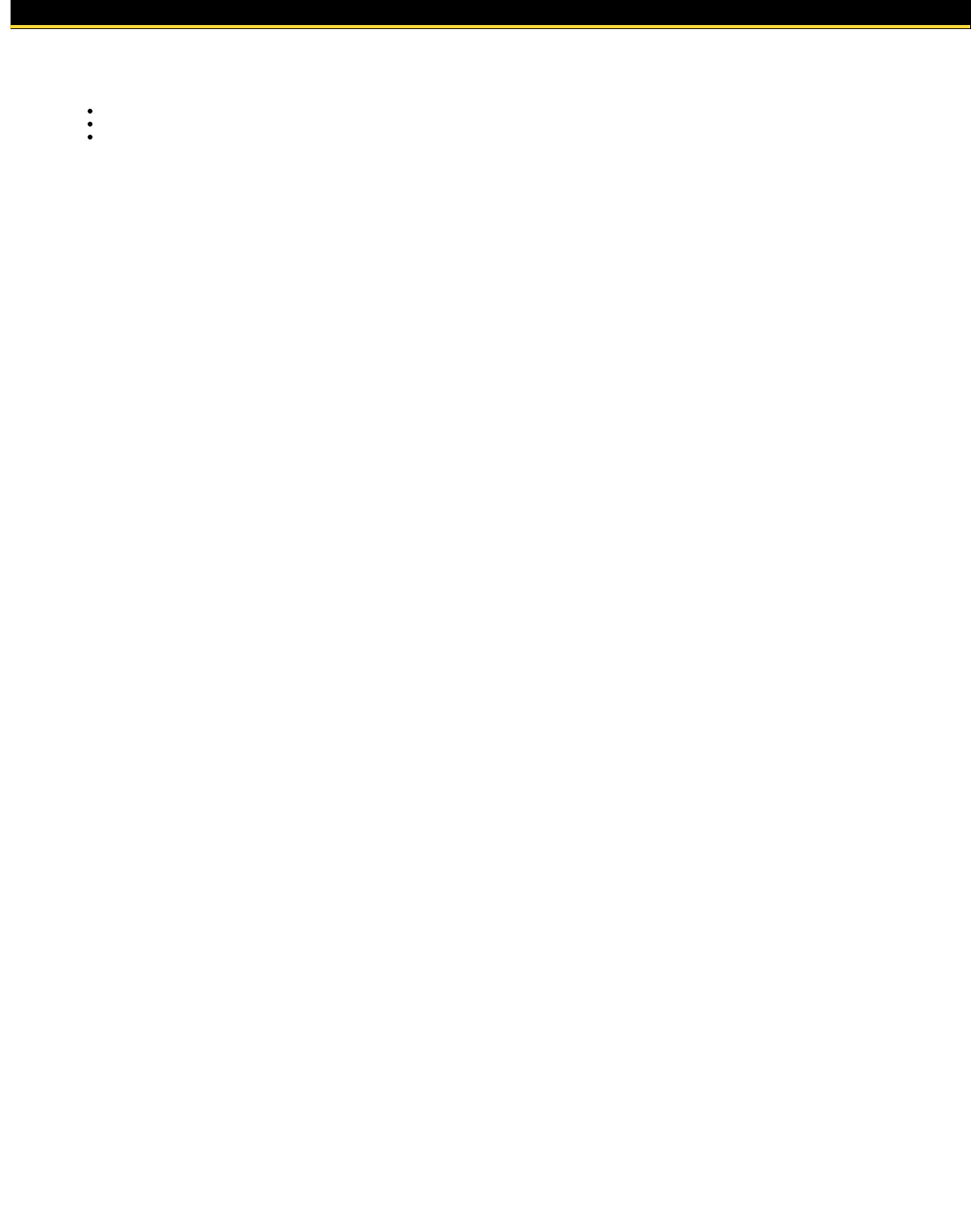
Students are allowed to repeat a course previously passed only one time. This means a student can enroll two times maximum for any course. Exceptions to
this are:
Repeated courses required for major/minor.
Repeated course numbers, but different course titles (special topics courses)
Repeatable courses as noted in course description
Each time a student attempts to enroll in a previously passed course, s/he will receive a message indicating past enrollment in the course. Students will earn
credit only one time for repeated courses, (exceptions listed above). The Registrar's Office will email students notice if they are enrolled in a previously passed
course; however, it is the student's obligation to drop the course.
By repeating courses students may raise their grade point averages. The grade of record is the grade earned the last time a course is attempted. Repeating a
course will not remove the initial grade from the transcript; however, it will change the cumulative GPA.
Students who believe they have a valid reason to repeat a previously passed course more than one time are required to submit a petition form requesting to do
so.
There is no limit on the number of times students can repeat failed courses.
Requirement to Repeat Courses Over Seven Years Old at Time of Graduation
Any student who plans to graduate with course requirements or the required courses for any major offered by all academic departments that will be seven years
old at the time of graduation should be aware that the department retains the option to require the student to repeat any such courses. This policy applies to any
courses used to satisfy major requirements, regardless of the college or university that granted the credit initially.
Senior Students Enrolling in Graduate Courses
Second-semester UW-Superior seniors, with approval of the Graduate Council, may take a maximum of six graduate semester credits in courses numbered
500-699 during their final semester, subject to certain provisions. The graduate credits must be beyond those required for the baccalaureate degree, and cannot
count toward the baccalaureate degree. Permission to enroll for the graduate credits requires approval of the Graduate Council, obtained by means of a petition
during the prior semester. Seniors seeking this privilege must meet the grade point average required for unconditional admission to Graduate Studies.
Undergraduate academic fees will be charged for these six graduate credits. After completion of an undergraduate degree, these graduate credits will be
entered on the student's graduate transcripts. The student will have to pay the differential between undergraduate and graduate fees for the process to be
completed.
Withdraw
Dropping all classes for a term is considered a Total Withdrawal. Students must complete a Total Withdrawal form, at www.uwsuper.edu/registrar/forms, secure
all required signatures on the form and then return the form to the Registrar's Office for processing.
Total Withdrawal from All Classes for a Term/Summer College/Shorter Period
First Ten Days of Term
Students must complete a Total Withdraw form, securing all required signatures. The final signature on the form is the Registrar's. Withdraws are not listed on
the official transcript prior to the eleventh day of the term; however a notation of "withdrawn" and the date the student initiated the process does appear on the
transcript for the term the student withdrew from. There is a $50 fee for totally withdrawing prior to the eleventh day of a term. This fee must be paid to the
Cashier's Office before the form is submitted to the Registrar's Office
Eleventh Day to 60% Day of Term
The last day to totally withdraw from all courses, whereby students earn a W on his/her transcript for each course, is the 60% calendar day of each term or
Summer College session/shorter period classes. Students must complete a Total Withdraw form, securing all required signatures. The final signature on the
form is the Registrar's. There is no charge. Withdrawal from all classes after this date requires a petition appeal to the Credits and Reinstatement Committee.
There are specific requirements for this request as listed on the Petition form.
60% Day to End of Term
Students seeking to withdraw from courses after the 60% calendar day of the term (through the petition process), must secure a signature from each faculty
member for each course, as well as the department chair for each course, on the petition form located at www.uwsuper.edu/registrar/forms. The petition form is
then submitted to the Registrar's Office for consideration by the Credits and Reinstatement Committee. If the Committee approves the petition, W grades will be
entered on the student's transcript for each course and notation of "withdrawn" and the date the student initiated the process. If the Committee denies the
petition, the course will remain on the official transcript for faculty to assign the grade the student earned. Students who fail to complete the official withdrawal
process will be considered enrolled and will be graded accordingly. Student may not totally withdraw from all courses in a term if any of the classes in the
respective term, or Summer College session have been graded. Students, who have totally withdrawn from all courses for a term, will not be allowed to register
for any subsequent classes in the same term. Neither UW-Superior faculty nor staff will normally initiate the withdrawal of a student on the basis of
non-attendance.
Incapacitated Student Total Withdrawal
When a University official is made aware that a currently enrolled student has become incapacitated due to injury or illness and the Registrar receives written
confirmation of such from a medical doctor, the Registrar and Dean of Students may initiate a total withdrawal on the student's behalf.
Student Preferred Name Policy
Official 2019-21 UW-Superior Catalog: Student Services: Registrar
The Board of Regents of the University of Wisconsin System | 221 of 228
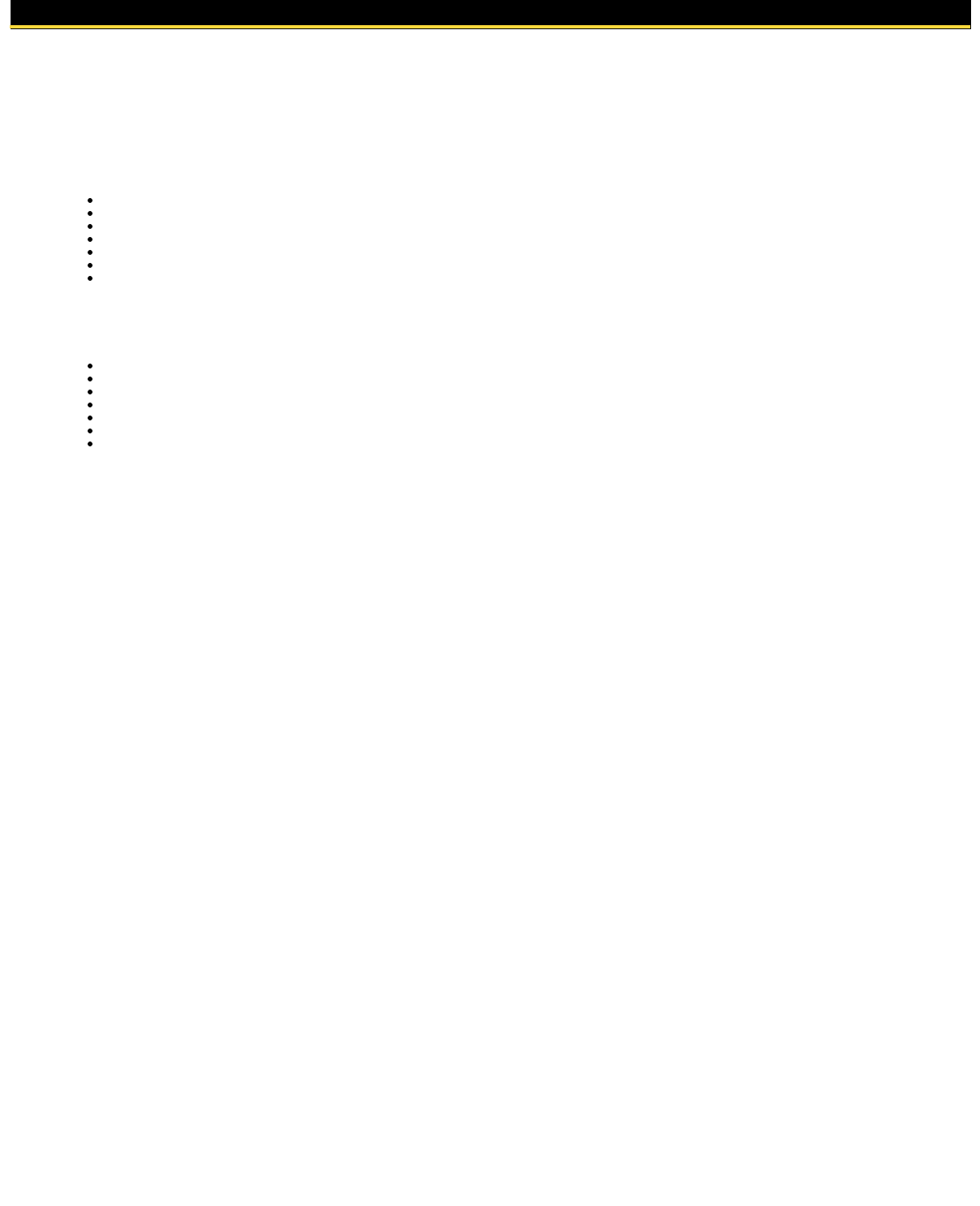
The University of Wisconsin-Superior recognizes that students may choose to identify themselves within the university community with a preferred first and/or
middle name that differs from their legal name. The goal of the Student Preferred Name option at UW-Superior is to provide a consistent preferred name
experience across University systems and use of one's preferred name wherever legal name is not absolutely necessary.
As long as the use of the preferred first and/or middle name is not for the purpose of misrepresentation, it will appear instead of the legal name in select
university systems and documents except where the use of the legal name is required by university business or legal need.
Places Where Preferred Name Will Appear:
Unofficial Transcript
Student Center
Class Roster
Grade Roster
Student Services Center (UW-Superior Staff)
Online Advising Report
Learning Management System (Learn@UW-Superior)
Places Where Preferred Name Will NOT Appear (Legal Name Required):
Official UW-Superior Transcript
UW-Superior Diploma
Enrollment Verifications
Student Financial Accounts
Financial Aid
Human Resources (Student Employment)
Immigration and Visa-Related Documentation
Please note that a preferred name is used solely within UW-Superior internal systems. All external systems such as home-town newspapers, official
transcripts, enrollment verifications, etc will continue to use your legal first name.
Requesting a Preferred Name
Enrolled students can use the Preferred Name Request Form to indicate a preferred first and/or middle name. This form also can be used to alter or remove an
existing preferred name. Newly admitted students should not submit the request form until they enroll in classes to ensure their account is connected to all
applicable campus systems. It may take up to 1-3 business days for a preferred name to appear in all locations. Any questions about the processing of a
preferred name request can be directed to the Registrar's Office at 715-394-8228 or [email protected].
Student Gender Identity
The University of Wisconsin-Superior creates an inclusive environment for all individuals regardless of sex, sexual orientation, gender identity, gender
expression, age race, national origin, ethnicity, ability, physical condition, developmental disability [Wis. Stat. § 51.01(5)], military status, marital status, parental
status, or any other category protected by law in the execution of its educational programs, activities, employment, daily operations, and admission practices.
The University of Wisconsin-Superior is committed to meeting the needs of the diverse populations listed above. In order to continuously improve programs and
services which meet the needs of these populations, it is necessary for the university to collect specific information about the populations.
As part of the UW System Common Application for Admission, prospective students are asked to provide their "gender" and "gender identity." Currently
enrolled UW-Superior students are also provided functionality to allow them to maintain gender identity data through their SIS self-service access to their
personal record. Only the most recently declared gender data identified by the student is stores in the SIS. Historic records are not kept. Campus and UW
System records retention policies dictate how long data is stored both locally and at UW System.
Individual gender identity data is not classified as "directory information" as defined by FERPA Guidelines and as such, can only be released to outside entities
if the student has provided written permission for its release or if valid exceptions apply. The FERPA guidelines also define that data is only accessible to
individuals who have an "Institutional need to know."
For the purposes of individual gender identity data, read only access will be provided to campus staff who have been identified by the Registrar as having
Institutional need. These requests will be processed with a security change request ticket submitted to the SIS security officer. (NOTE: Admissions does not
have access to gender or gender identify information during the admissions decision process. Also, faculty and other staff do not have access to students'
gender or gender identity.) Aggregate gender identity data is available to the Institutional Research office for administrative, compliance, and analysis
reporting. Gender ifentity data may only be disseminated in aggregate form to external entities with prior approval from the Chancellor or a Chancellor's
designee. See the University of Wisconsin-Superior Gender Identity Policy for more information.
How to Declare Gender Identity in E-Hive:
Login to E-Hive1.
Select Student Center2.
Choose Gender Identity from drop down list under Personal Information3.
Select preferred Gender Identity from drop down list4.
Click Save5.
Residency
Residency for tuition purposes is based upon standards set forth in Wisconsin Statues 36.27(2), which govern resident status for tuition purposes. Students are
urged to contact the Registrar's Office at UW-Superior for further explanation of the policy and process for applying for an exemption.
Wisconsin requires payment of nonresident tuition by students who are residents of states other than Wisconsin.
Official 2019-21 UW-Superior Catalog: Student Services: Registrar
The Board of Regents of the University of Wisconsin System | 222 of 228
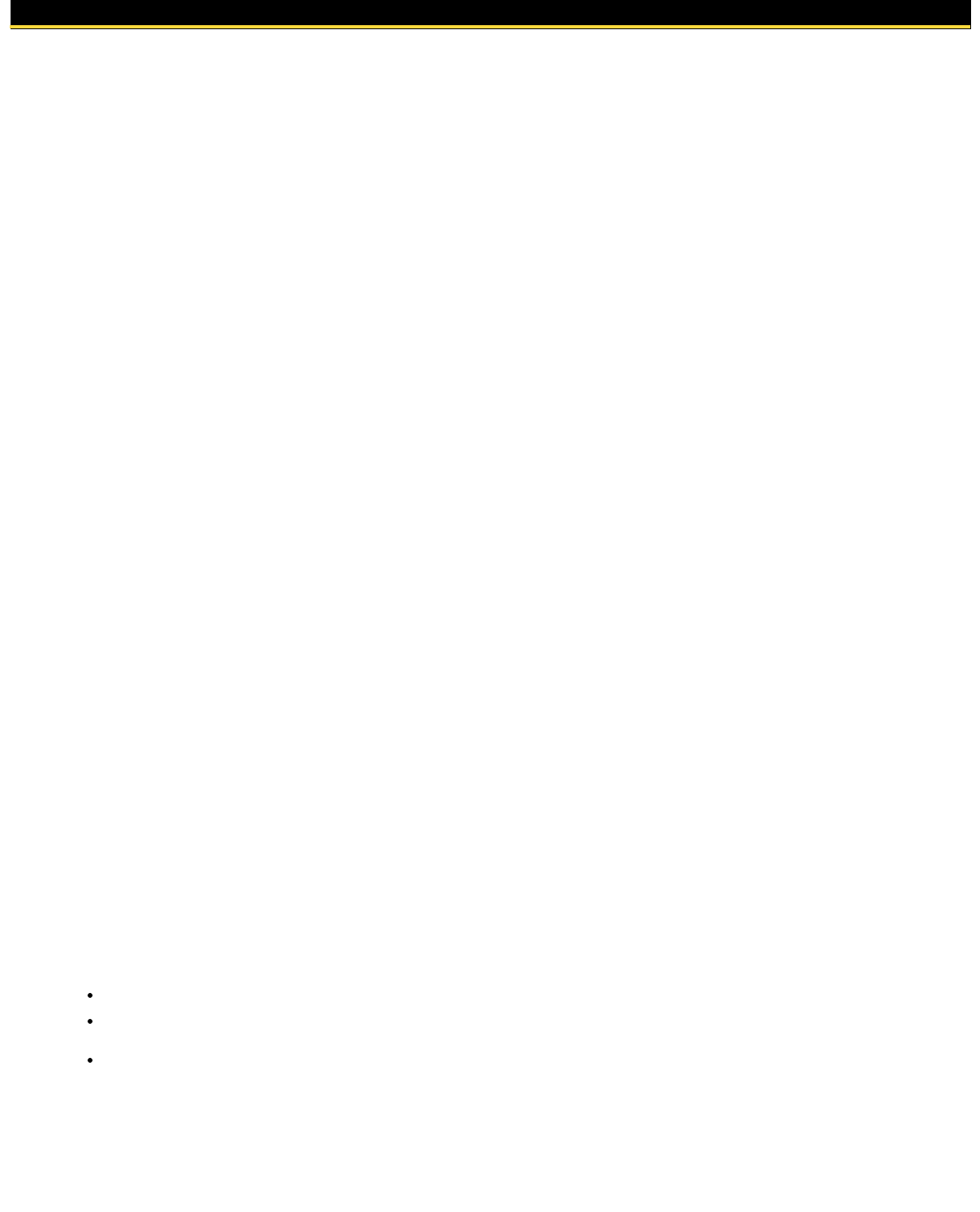
For undergraduate students, residency status is determined at the time of admission. Residency status of graduate students is determined during the admission
process to the Graduate Studies program.
A student's original resident status remains in effect unless the student requests and is granted reclassification. Such requests must be submitted to the
Registrar's Office before the tenth day the semester in which reclassification is to take effect. To do this, submit the Residency Change Form.
Full and Partial waivers of the nonresident portion of tuition are available on a limited basis to those who qualify. The Non-resident Tuition Waiver (NTW)
Program offers financial assistance to non-Wisconsin and non-Minnesota students who enroll at UW-Superior. Non-resident students who are interested in
attending UW-Superior and wish to be considered for the NTW Program are encouraged to complete the on-line form and apply for admission as early as
possible prior to their intended term of enrollment. Note that awards through the NTW Program apply only to the non-resident portion of tuition and do not apply
to the resident portion of tuition.
To qualify for exemption from paying nonresident tuition, students must be able to prove number 1 or 2 below.
Must have resided in Wisconsin at least 12 months prior to the beginning of the term seeking to enroll in.1.
Must have moved to Wisconsin for purposes other than education.
The state presumes that if a student attended UW-Superior during the 12 months they are initially in the state, they moved here for educational
purposes and therefore Wisconsin residency should not be approved.
a.
If a student enrolls immediately upon arrival in Wisconsin, they can overcome the state's presumption if they can prove that attending
UW-Superior is a secondary factor and they would have been present in Wisconsin regardless of their enrollment
b.
2.
If a student is able to answer yes to number 1 and 2 above, then they must prove they are a bona fide Wisconsin resident; meaning they have established and
plan to maintain a residence in Wisconsin. A student who enters and remains in Wisconsin mainly to obtain an education, is presumed to continue to reside
outside Wisconsin and such presumption continues in effect until rebutted by clear and convincing evidence of bona fide residence.
Intent to become a bona fide resident of Wisconsin may be demonstrated or proved by several factors, including but not limited to: filing Wisconsin income tax
returns; eligibility to vote in Wisconsin; motor vehicle registration in Wisconsin; possession of a Wisconsin driver's license; place of employment; and self support
(all items and documentation required are listed on the residency appeal form.
Students can qualify for an exemption from non-resident tuition if they meet one of the qualifications listed below:
Has established a bona fide residence in Wisconsin for 12 months preceding the first day of the term in which they are seeking a residency change.1.
Is a MINOR student and has parent(s) or legal guardian who has established a bona fide Wisconsin residence for at least 12 month preceding the term
in which they are seeking a residency change.
2.
Is an ADULT student who is dependent on his/her parents who has established a bona fide Wisconsin residence for at least 12 month preceding the
term in which they are seeking a residency change.
3.
Is a MINOR student who has substantially resided in Wisconsin during the years of minority, at least 12 month preceding the term in which they are
seeking a residency change.
4.
Is an ADULT student who has been employed in Wisconsin as a migrant worker for at least 2 months each year for 3 of the 5 years preceding the first
day of the term in which they are seeking a residency change.
5.
Are a refugee6.
Is a non-resident member of the armed forces stationed in Wisconsin (with 90 miles of the border of Wisconsin) on military orders.7.
a. Spouses of #7
b. Children of #7
8.
Has graduated from a Wisconsin high school and whose parent(s) have established a bona fide Wisconsin residence for at least 12 month preceding
the term in which they are seeking a residency change.
9.
Is employed in Wisconsin full-time and was relocated by his/her employer.10.
The UW-Superior Residency Appeals Committee will review residency appeals and determine if they qualify as bona fide Wisconsin residents.
Transfer Policy
Credit is awarded for college-level course work completed at institutions accredited by a regional or national accrediting organization recognized by the Council
for Higher Education Accreditation (CHEA).Foreign institutions must be recognized by the Ministry of Education in that country. Courses must be similar in
nature, level and content to a course in our undergrad curriculum and applicable to an academic program. Courses that are remedial (usually numbered below
100); technical, vocational, or doctrinal in nature are generally not transferable. Transfer analysis will be based only on the evaluation of an official transcripts
received either directly from the transfer institution or in a sealed envelope from the student. A transcript must be received from each previous institution
attended.
International transfer students are required to submit original grade reports/transcripts for all post-secondary institutions and courses attended and original
academic diplomas, certificates, and national or other major exam results. Official records must be submitted in their native language and must be accompanied
by an official English translation. Official records should be sent directly from the institution or examining board. Transfer credit evaluation may require
submission of course syllabi (official explanation of course content) from the institution. Transfer students who have attended non-US institutions may be
required to submit their transcripts to an external agency for credit evaluation. A list of acceptable agencies is available at https://www.naces.org/members.
Students who have attended a Chinese college or university must arrange for a verification report of their college/university transcript with the China Academic
Degree and Graduate Education Development Center (CDGDC; Email: [email protected]; Website: www.cdgdc.edu.cn). The report must be mailed
directly to UW-Superior by the CDGDC, rather than by the student or any third party.
Transfer courses with descriptions that closely match the descriptions of courses taught at UW-Superior will generally transfer as direct course equivalent
credits. For example:
An introductory macroeconomics course at the previous institution will transfer as v's ECON 251 Principles of Macroeconomics. Transfer courses that
do not have direct course equivalents at UW-Superior will transfer as elective credits within the appropriate academic department.
A course on the geology of Minnesota would transfer as geology elective credits because UW-Superior does not offer a course with this particular
content. Elective credits may need further evaluation by the major department to determine applicability to a UW-Superior degree program and might
be redirected for a University Studies course, major/minor or degree requirement.
A course that carries more credit than the corresponding UW-Superior course is transferred to meet the credit hours of the UW-Superior course; the
additional hours are counted as elective credit. Credits that do not apply toward specific requirements will be applied toward the minimum number of
total credits required for graduation.
If a student is awarded transfer credit for a course and then repeats the course at UW-Superior, the transferred credits will be removed from the student's record.
Grades earned at previous institution(s) are not calculated into the UW-Superior cumulative grade point average; however, transfer grades are used when
calculating degree grade point average used for graduation honors. Grades received for transfer work will not replace a grade for a course taken at
UW-Superior.
Course substitutions in a particular University Studies, core or knowledge category may be appropriate when a transfer course is similar but not equal to a
UW-Superior course. A course transferred as elective credit is eligible to be redirected for a University Studies, major, minor, or degree requirement. It is the
responsibility of the student to provide the appropriate documentation such as a course description or syllabus from the previous institution to support her/his
Official 2019-21 UW-Superior Catalog: Student Services: Registrar
The Board of Regents of the University of Wisconsin System | 223 of 228
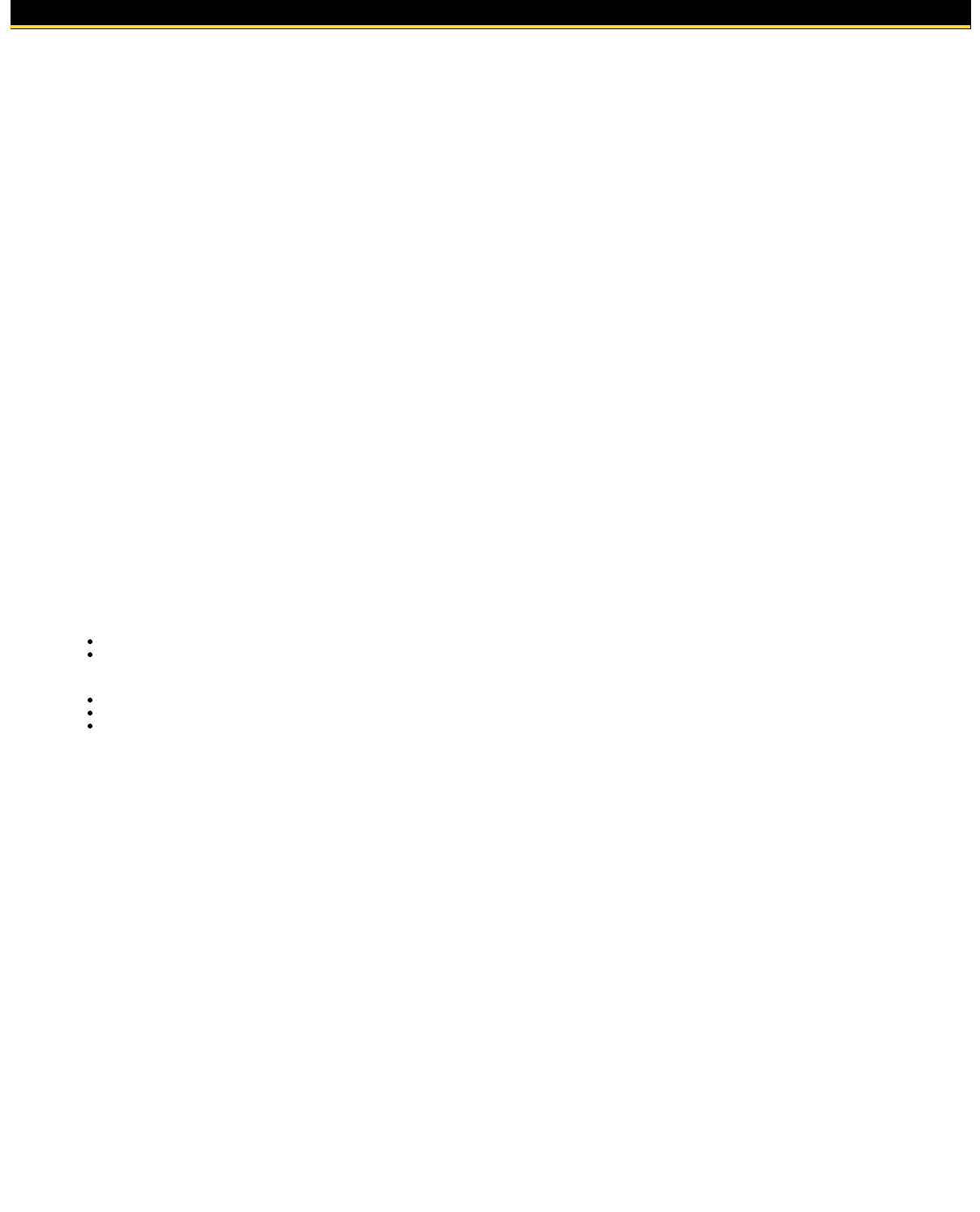
request. Course substitutions should be broadly interpreted according to the Principles of Accommodation. University Studies requirements will be accepted in
the broad academic areas of non-Western and diversity, humanities, social sciences, natural and physical sciences, and fine and applied arts.
A course designated as fulfilling a University Studies, diversity, or non-western requirement at another UW institution will transfer as the same at UW-Superior;
whether or not UW-Superior has a direct course equivalent. In general the Transfer Specialist will award the appropriate credit earned from the transfer
institution. Courses completed by UW System transfer students will transfer in accordance with the course equivalency in effect when the course was taken.
Transfer credit received from an institution that uses quarter credits will be converted from quarter credits/units to semester credits. A quarter credit is equated
to .666 or 2/3 of a semester credit. Thus a course for 4 quarter credits would be changed to 2.67 semester credits when transferred to UW-Superior. Those
courses that transfer converted from quarter credits will satisfy course requirements provided they fulfill 2/3 of the requirement. For example, if a course transfers
in as 2.67 credits and the University Studies requirement is 3 semester credits, the transfer course will satisfy the requirement. Transfer courses from other types
of systems that meet at least two thirds of the required credits of a course will meet the requirement. Transfer courses that do not meet 2/3 of the credit
requirement must be approved through the Credits and Reinstatement Committee to satisfy the requirement. Any course used in this way will meet only the
course requirement. Overall credit requirements for majors/minors must still be fulfilled.
Academic credits with a grade of D- or higher will transfer to UW-Superior. Certification or programmatic requirements may require a higher level of proficiency in
core courses. Two semesters of college writing courses must be completed with a grade of C- or higher to be accepted for transfer. Some degree programs
require at least a "C" or higher in order to fulfill a CORE or program requirement.
The maximum number of combined transferable semester credits from a two-year college is 72. There is no credit limit on transferable credits from a four-year
university. Regardless of the number of credits transferred, students still must earn 30 resident credits from UW-Superior.
UW-Superior lower-division University Studies requirements are considered satisfied for those students who have earned an associate of arts (AA), associate of
science (AS), associate of arts and sciences (AA&S) degree from a University of Wisconsin System institution. Students who have earned an Associate of Art
(AA), Associate of Science (AS), or an Associate of Arts & Science (AA&S) degree or the designated Minnesota Transfer Curriculum (MnTC), will have satisfied
UW-Superior's University Studies requirements. UW-Superior has program-to-program articulation agreements for students who have graduated from many
programs within the Wisconsin Technical College System, UW Colleges and the MnSCU system. A transfer student who has earned an Associate of Arts (A.A.)
degree from a regionally accredited college or university may be determined to have satisfied the University of Wisconsin-Superior University Studies
requirements, provided the A.A. degree program includes at least forty-two (42) semester credits of comparable University Studies requirements. In addition, the
A.A. program must include a minimum of sixty (60) semester (or ninety [90] quarter credits) of completed course work defined as college level and designated
to constitute the foundation of a baccalaureate degree. This policy does not change or nullify any existing Articulation or Transfer Agreement already formally
recognized by UW-Superior. Remedial courses numbered less than 100 (1000 at some institutions) will not be recognized in transfer.
Courses that have grade, prerequisite or professional accrediting association requirements may not be satisfied by an Associate Degree. Refer to program
requirements regarding specific requirements.
If a student has a previous baccalaureate degree from an accredited college or university within the United States, the student will be awarded 120 hours of
transfer credit and have all University Studies requirements met. If a student has an international baccalaureate degree the student will be awarded 120 credits
and may have all University Studies requirements met pending an evaluation of breath of coursework and language assessment.
Transfer students may select the pertinent catalog of entry at v which corresponds with the start of the academic year at their previous institution, or students can
choose the current UW-Superior catalog at time of transfer. The catalog used cannot be more than seven years old.
Active-duty or veteran students must request their military transcript be sent to UW-Superior for evaluation for appropriate transfer credit. Depending on the
branch of the military, credit may be accepted for basic training. In addition, military transcripts are evaluated for academic credit that is similar in nature to
UW-Superior undergraduate curriculum and applicable to an academic program. Credit may be awarded for military experience and/or education. In awarding
credit for such technical or specialized training, the recommendations of the American Council on Education are followed:
Students whose length of service was one year or more are allowed up to six semester credits.
A maximum of 32 semester credits may be allowed for military experience and education.
College courses taken prior to high school graduation will be accepted at UW-Superior as long as the credit is:
Transferable
Earned at an accredited college
Listed on an official transcript received directly from the college.
Students who wish to discuss a transfer analysis or the manner in which a course transfers/transferred to UW-Superior may contact the Transfer Specialist,
Registrar's Office.
Transcripts
A University of Wisconsin-Superior official transcript is a complete record of a student's enrollment at the university and is maintained by the Registrar's Office.
An official transcript includes all undergraduate and graduate courses and includes the University seal and Registrar signature. Partial transcripts are not
available.
This permanent record is considered confidential between the student and the university. No transcripts are released, except to authorized representatives within
the university, without the written permission of the student. Third party requests will not be accepted. Official transcripts will be sent to the address indicated on
the request.
Students can obtain an "unofficial" transcript through their E-Hive account if enrolled Fall Semester 2000 or later. For assistance with an E-Hive log-in and
Not all institutions (colleges, employers, scholarship funds, etc.) will accept unofficial transcripts. It is up to you to verify with the receiving institution if official
transcripts need to be sent directly from UW-Superior.
Electronic Transcript Request Procedure
Transcripts are ordered on line 24/7 through the National Student Clearinghouse. You can place as many orders as you like in one session using any major
credit card. Your card will only be charged after your order has been completed. Order updates will be emailed to you. You can also track your order online
using your email address and order number.
Your signed consent may be required to fulfill your transcript order. For your convenience, a consent form will be generated for your order that you can return to
the Clearinghouse via fax, mail or as a scanned email attachment.
Orders placed after 9:30 a.m. Central Time will be processed the following business day by the University Registrar's Office. To continue and place your order
online, please visit the Clearinghouse Secure Site.
Official 2019-21 UW-Superior Catalog: Student Services: Registrar
The Board of Regents of the University of Wisconsin System | 224 of 228
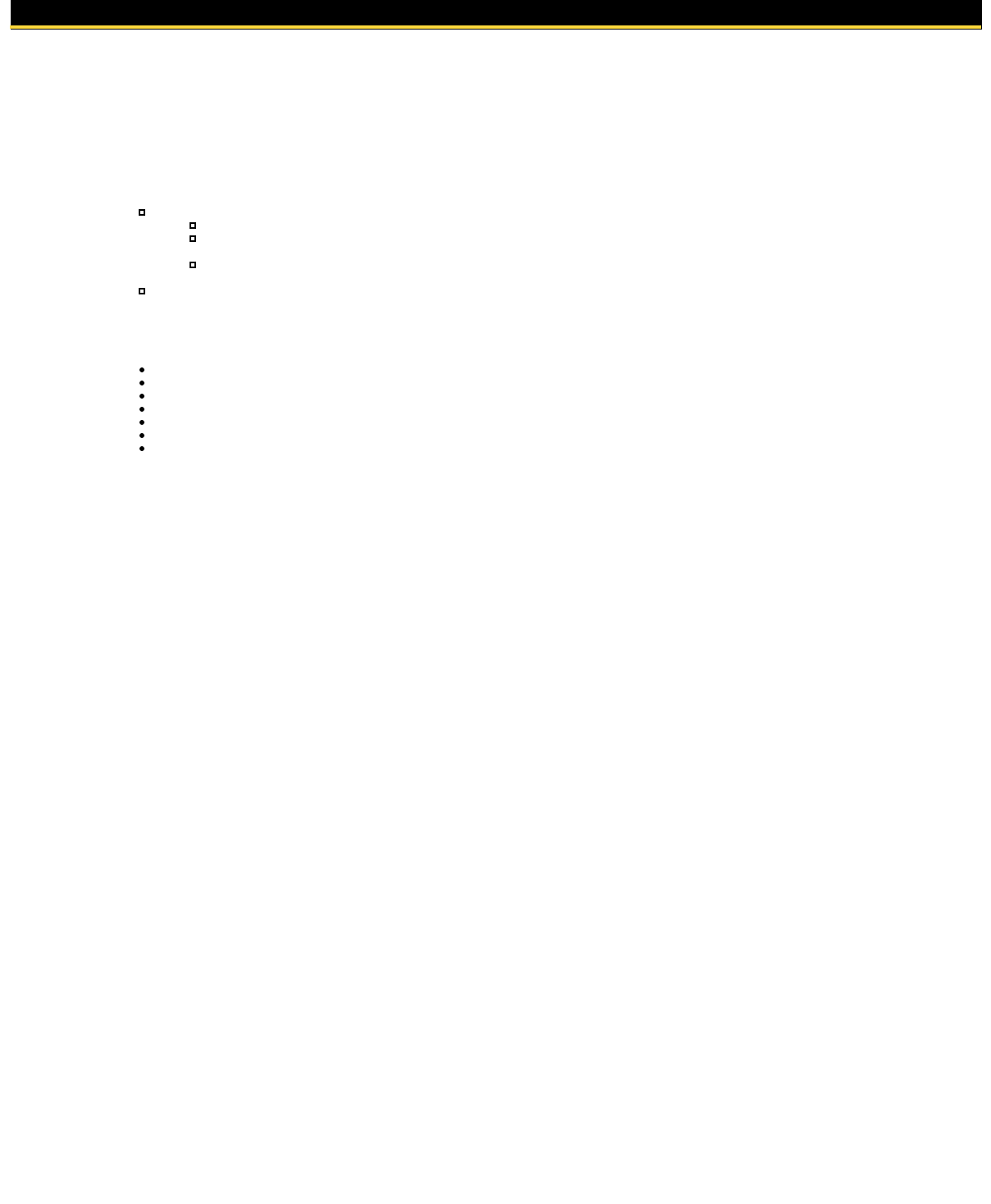
If you have further questions regarding the National Student Clearinghouse order process feel free to contact them at (703) 742-4200 or via email at transcripts
@studentclearinghouse.org.
Paper Transcript Request Procedure
There are two methods that can be used via paper to request a transcript.
Transcripts can be ordered by completing the paper Transcript Request Form or by coming to the Registrar's Office in Old Main 139 and completing
the Transcript Request Form.
Transcript fees:
$10 Standard Processing within three business days and may be sent electronically or mailed to the recipient;
$15 Rush Processing is sent the same day requested, or it may be picked up from the Registrar's Office, or sent electronically or
mailed to the recipient.
$25 Express Processing within the U.S. and $50 for sending international. Orders are processed the same day requested and
delivered FedEx.
Mail the Transcript Request form along with the proper fee to the Registrar's Office:
UW-Superior, Registrar's Office
Belknap & Catlin
P.O. Box 2000
Superior, WI 54880-4500
1.
Send us a letter requesting a copy of your transcript and include the following information.
Name (include any other last name(s) you may have used while in attendance)
Social Security Number or Student Identification Number
Approximate dates of attendance
Graduate or undergraduate transcript being requested
Name and address of person or organization where the transcript is to be sent
Your signature at the bottom of the letter
Make check or money order payable to UW-Superior
2.
If you have questions about transcripts, call 715-394-8227 , or email
Note: Transcripts are sent in the time described above except for the first two weeks at the beginning or end of a semester.
Note: Paper transcripts are sent in sealed envelopes to recipients. If the seal is broken, most institutions no longer consider the transcript as official.
Note: All paper transcripts sent directly to students and alumni are stamped "issued to student". Not all institutions (colleges, employers, scholarships, etc.) will
accept these transcripts as official even if they are in a sealed envelope. It is the student's responsibility to verify with the receiving institution if transcripts need
to be sent directly from UW-Superior. Most institutions require transcripts be sent directly from UW-Superior to their institution to be considered official
Veteran Students
UW-Superior strives to make the transition from veteran to student as easy as possible. The university's Veteran and Nontraditional Student Center (VNSC)
Coordinator, located in Old Main will assist veteran and active duty military students with requirements to be admitted and to receive veteran benefits. For
information regarding the veteran's student organization, advocacy and other services, contact the Coordinator, Veteran and Nontraditional Student Center,
715-394-8406 , in Old Main, Suite 118.
UW-Superior is an institutional member of the Service members Opportunity College (SOC), a group of more than 400 colleges and universities providing
voluntary post-secondary education to members of the military throughout the world. As a SOC member, UW-Superior recognizes the unique nature of the
military lifestyle and has committed itself to easing the transfer of relevant course credits, providing flexible academic residency requirements, and crediting
learning from appropriate military training and experiences.
Information and applications for federal veteran's benefits may be obtained online at the U.S. Department of Veterans Affairs site or through the Registrar's
Office, Old Main, Room 139, 715-394-8250 . Veterans leaving active duty, if not applying online, must provide UW-Superior a certified copy of their discharge
papers (DD214). Reservists and National Guard veterans must provide UW-Superior with an original of DD-2384 Notice of Basic Eligibility (NOBE), and, if
eligible for "kicker" monies, a copy of the kicker agreement. The commanding officer of a student's unit initiates these forms.
Students who have served in the armed services MUST have an official military transcript sent to UW-Superior prior to being admitted to the institution. All
enlisted officers and warrant officers, both active and veterans from all Army components, Coast Guard, Marine Corps and Navy must request an official
military transcript from JST be sent to the University. Questions? E-mail [email protected]. Air Force personnel should contact CCAF to received transcripts.
Veteran students may receive transfer credit for education and some certain specialized training programs completed while in military. To determine the course
equivalency for education and training, the recommendations of the American Council on Education are followed. The American Council for Education (ACE)
evaluates military training and education, and translates courses and occupations held by service members into college credit recommendations. Descriptions
of the courses and occupations evaluated by ACE, along with recommended numbers of credits, are published in the Guide to the Evaluation of Educational
Experiences in the Armed Services (also known as the Guide), distributed every two years to military education offices, colleges, and universities. The actual
type and amount of credit awarded depends on the policies of the college or university and your academic goals. Students whose length of service was of one
year or more are allowed up to six semester credits to transfer to UW-Superior. A maximum of 32 semester credits may be transferred for military experience
and education.
Joint Services Transcript (JST) is an academically accepted document approved by the American Council on Education (ACE) to validate a service member's
military occupational experience and training along with the corresponding ACE college credit recommendations.
Military Student Policy
The policy below is to assist Veteran students who must begin classes late, leave/return to classes in mid-term or leave classes early as a result to military
deployment or training.
Late Start
Official 2019-21 UW-Superior Catalog: Student Services: Registrar
The Board of Regents of the University of Wisconsin System | 225 of 228
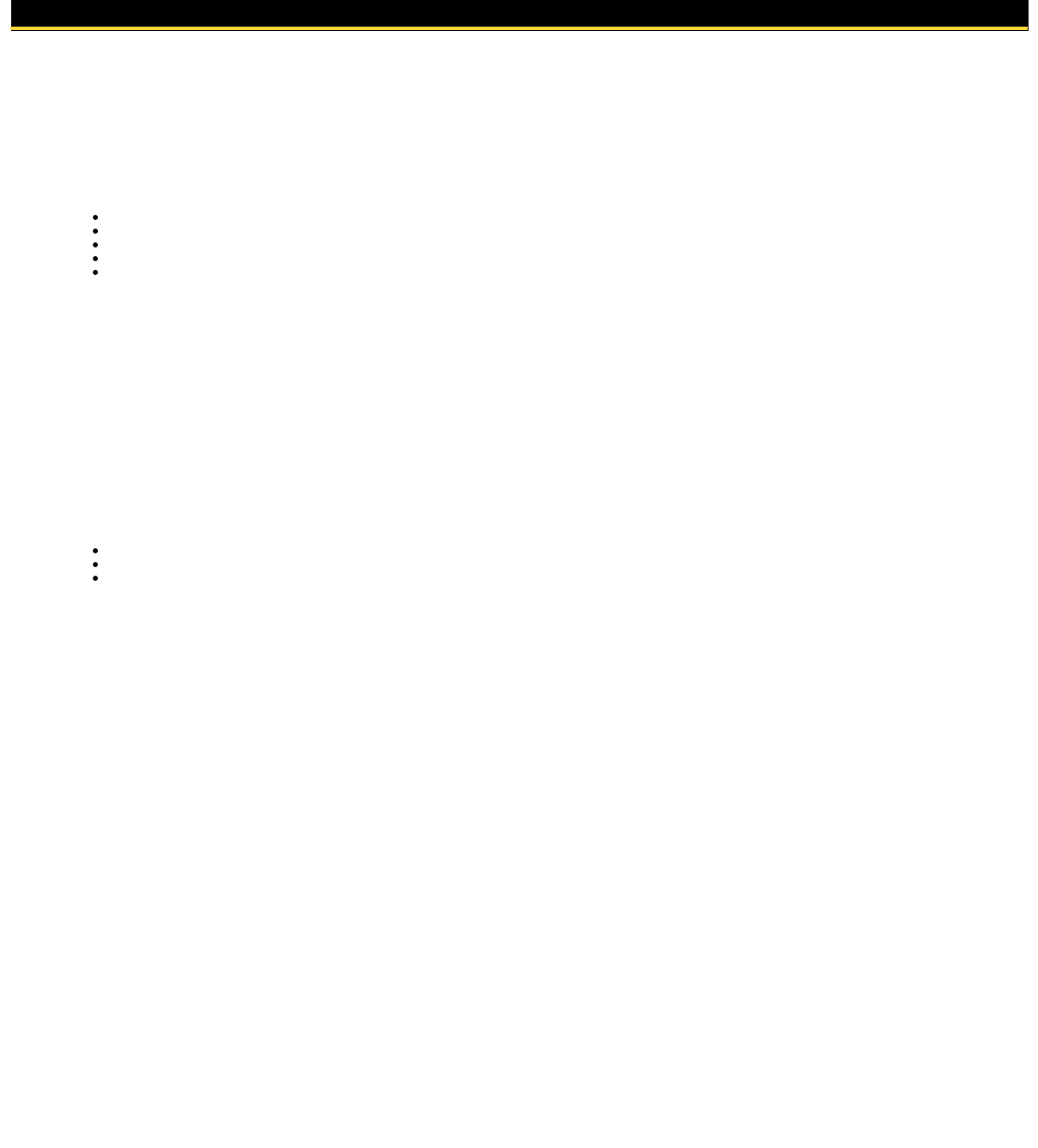
Veteran students, or children, or spouse of a veteran student, (already enrolled) who notify the Registrar that s/he must begin attending classes after the first day
of a term, due to a military assignment, will be allowed to do so up through the 15th class day of the semester.
Late fees will not be charged to the veteran student, his/her children or spouse who make this request.
The veteran student, his/her children or spouse must provide a copy of the veteran's military orders to the Registrar and state in writing when the veteran will be
released and able to attend classes.
The Registrar will send email notices to the following, notifying them of the first day the veteran student, or child or spouse, plans on attending classes for the
respective term:
Dean of Students Office
Bursar/Cashier's Office
Financial Aid Office
Residence Life Office
Faculty for all classes in which the veteran student, child or spouse, is currently enrolled
The Registrar will place an Advising hold (negative service indicator) on the veteran student, child or spouse's record to ensure s/he meets with the Veteran's
Official in the Registrar's Office upon return to UW-Superior.
The veteran student, child or spouse returning from military duty shall report to the Veteran Benefits Associate in the Registrar's Office upon her/his return to
discuss starting classes late and the problems associated with late enrollment. The Veteran's Official shall release the hold (upon meeting with the student).
The Bursar shall withhold any funds to the veteran student, child or spouse, until the Veteran Official has released the Advising hold.
Faculty will make every attempt to accommodate students for whom this policy applies.
Students are responsible for completing all course requirements (including any portion they may have missed).
Leave During and Return Prior to End of Term
A veteran student who receives verified military orders (copy of military orders is required) requiring him/her to stop-out for a short duration within a term may
request to continue enrollment and participate in the course if:
The student is currently passing the course
The student has a cumulative GPA of at least 2.5
The student will miss less than 25% of the total class days for the entire class. The student must consult with the instructor of the course to ensure all
required work is completed prior to the end of the term.
Leave Before End of Term
A veteran student, child or spouse, initiating a Total Withdrawal due to verified military activation (copy of military orders) shall be given a choice to either
Withdraw from all classes or receive Incomplete grades.
Withdraw from all classes and be given a full tuition refund of monies paid by the student. Students, who receive the WI GI Bill® Waiver, will not receive a refund
because their tuition is waived. Students who qualify for Chapter 33 benefits will not receive a refund because their tuition and fees is paid by the Department of
Veterans Affairs.
Students seeking a total withdrawal will receive W grades on their transcript, regardless of the date of withdrawal. If the military activation date is within three
weeks from the end of a term, veteran students, child or spouse are allowed to request Incomplete grades. Students should seek written procedures, from each
faculty member assigning an Incomplete grade, for completing any coursework in which he/she is doing satisfactory work. Incomplete grades lapse to Failing
grades after one term. If a veteran student should need longer than one semester, following the semester in which the Incomplete was given, to complete the
work; sh/e should consult with the faculty member who assigned in the Incomplete grade. If the student and the faculty member agree to extend the Incomplete
deadline for another semester, the faculty member shall notify the Registrar of the extension.
In the event of immediate deployment, the Dean of Students will be empowered to act on behalf of the veteran student, child or spouse for purposes of
completing withdraw procedures.
Students are responsible for completing all course requirements (including any portion they may have missed).
Registrar's Office Contact Information
Registrar's Office
University of Wisconsin - Superior
Old Main 139
Belknap and Catlin Ave.
P.O. Box 2000
Superior, WI 54880
Phone: 715-394-8228
Email:
Official 2019-21 UW-Superior Catalog: Student Services: Registrar
The Board of Regents of the University of Wisconsin System | 226 of 228

Writing Center
Mission Statement
Philosophy and Approach
Services
Writing Center Contact Information
Mission Statement
Writing is an important part of many UW-Superior classes, with students regularly called upon to write essays, research papers, reports, and various other
genres. UW-Superior offers a Writing Center to support students as they seek to become better writers. The Writing Center's mission is to engage students in
conversations about ideas at any stage of their writing processes to help them become more thoughtful and engaged learners and writers.
Philosophy and Approach
The Writing Center is a place where student writers can feel comfortable trying out ideas, where their writing is not judged, and where a process of inquiry is
encouraged. In a relaxed and informal atmosphere, peer consultants offer support to less experienced writers. The Writing Center sees writing as a form of
problem solving in which consultants can offer strategies and suggestions that will enable students to better accomplish their work as writers. Ownership of the
writing remains always with the writer.
Services
The Center welcomes student writers from all courses and disciplines, undergraduate and graduate students alike, to meet with its trained peer writing
consultants to discuss ideas and to find support as they plan, develop, and revise their writing. The meetings can take place in person or online. In these free
consultations, which last from 30 minutes to an hour each, consultants work with student writers on many different parts of the process of producing an effective
piece of writing: searching for a topic, getting a draft started, looking for a method of organization, establishing a thesis (main point), developing clear examples
to support one's points, using and documenting sources properly, revising an early draft, reconsidering the direction of a piece of writing, eliminating errors, and
more.
Writing Center Contact Information
Writing Center
University of Wisconsin - Superior
Swenson Hall 1024
Belknap and Catlin Ave.
P.O. Box 2000
Superior, WI 54880
Phone: 715-394-8095
Email:
Official 2019-21 UW-Superior Catalog: Student Services: Writing Center
The Board of Regents of the University of Wisconsin System | 227 of 228

Addendum
Official 2019-21 Graduate UW-Superior Catalog: Addendum: Addendum
The Board of Regents of the University of Wisconsin System | 228 of 228


